SaaS, which stands for Software as a Service, is now an inseparable part of business life, facilitating convenience and efficiency. On the one hand, this is convenient, while on the other, it imposes the duty of providing reliable security measures. SaaS security is needed to protect confidential information, meet compliance standards, and resist cyber-attacks. This blog explores the significance of SaaS security and the key aspects to consider when choosing a saas security company. It highlights top SaaS application security companies that are frontline businesses in mitigating emerging cyber risks.
SaaS Security and Its Importance
Software-as-the-service (SaaS) security implies varying measures to safeguard the data, applications, and infrastructures associated with SaaS solutions. SaaS is a cloud computing model where the software resides at a third-party provider and is accessed by customers over the internet, generally on a subscription basis. It encompasses tools like Gmail for emails, Salesforce for customer relationship management, and Office 365 for ease of productivity. SaaS security is crucial for several reasons:
1. Data Protection:
SaaS applications frequently deal with data that can be classified as sensitive, e.g., personal data, banking records, or intellectual property. Providing strong security is key to avoiding unauthorized access, copyright violation, or data loss.
2. Compliance Requirements:
A common case for companies to implement data protection mechanisms is industry regulations involving the protection and handling of specific types of data (e.g., HIPAA security rules for healthcare data). Therefore, SaaS security allows companies to meet the standards of these regulations when they provide adequate pre-emptive measures and protections.
3. Preventing Unauthorized Access:
SaaS apps can expose a company to various security issues, from an unauthorized person’s account takeover to malicious activity. By using robust authentication mechanisms, access control, and encryption, it is possible to defend the gateway and prevent unauthorized entry.
4. Ensuring Availability:
SaaS apps should be on-demand/available and usable for users whenever they need them. Security practices for availability include redundancy, backups, and DDoS protection, thus ensuring that SaaS services continue to be available even when there is an attack or a failure·
5. Protecting Against Malware and Threats:
The security tools used in the SaaS are antivirus software, intrusion detection systems, and malware protection that can analyze and mitigate malicious activities such as malware infection, phishing attacks, and ransomware.
6. Securing Communication:
Encrypting data sent between users and SaaS applications, as well as between different SaaS infrastructure components, is important because it helps prevent interception and eavesdropping by attackers, which can be harmful to the system.
7. Monitoring and Auditing:
The unremitting monitoring and auditing of SaaS environments allows for the detection and response to security incidents. Identifying weak security spots and adhering to security policies and regulations. Without being subjected to huge financial implications from frequent failure in routine tasks, businesses will have ample time to focus on other essential services within their jurisdiction.
Security in a SaaS system is paramount for protecting sensitive information, meeting regulators’ standards, avoiding unauthorized access, guaranteeing the availability of services, and defending against the security threats that spring up in a cloud computing environment.
Key Factors When Choosing a SaaS Security Provider
The factors to consider while deciding on the best (Software as a Service) SaaS application security service provider should include choosing a provider who will sufficiently keep your data and all systems safe from any possible threats. Here are some key factors to consider:
1. Security Features and Capabilities:
The key challenge here is the need for a SaaS application security service provider designed to cover a broad spectrum of security features and capabilities and fit the organization’s needs. Such mechanisms may include encryption, multi-factor authentication, access controls, data loss prevention, and threat detection and response.
2. Compliance and Certifications:
Make the SaaS security company able to fulfill regulations in the sector and standards such as HIPAA, SOC 2, and ISO 27001, among others. In addition, the certification is a sign of the security best practices that the provider is dedicated to and also provides guarantees on the provider’s security concerns.
3. Performance and Reliability:
Assess the efficiency of the SaaS security solution by considering its high availability promises, its ability to accommodate different project sizes, and its response capability. Downtimes or problems in performance affect the organization’s efficiency and security posture.
4. Integration and Compatibility:
Consider reviewing how the selected SaaS security solution integrates with the current IT infrastructure and other SaaS applications; this can impact the overall network security. Compatibility with the organization’s systems and operational procedures is paramount to avoid frustrating problems in deployment or supervision.
5. Scalability and Flexibility:
Additionally, companies should choose a SaaS security provider that can grow along with their organization and meet its changing security needs. The ability to offer adaptive licensing schemes and personalization possibilities can satisfy the shifting requirements over a longer period.
6. Provider Reputation and Track Record:
Find out the SaaS security company’s reputation and track record, including customer reviews, case studies, and recognition on the part of the company’s industry. Successful history and contented customers may build trust in the ability to apply the provider to resolve security issues.
7. Future Roadmap and Innovation:
Explore the SaaS security provider’s focus on constant innovation as well as building new features and support services. The reference to the roadmap for new additions may suggest an innovative strategy for tackling evolving security threats and obstacles.
8. Report
After selecting SaaS application security companies, you can ask for a detailed security assessment report from the selected supplier. This report will provide a general overview of your organization’s current security position, point out any possible weaknesses or loopholes, and offer practical solutions to strengthen security. Regularly monitoring the findings in reports can support compliance, risk management, and continuous improvement in SaaS security strategy.
Have a look at how the detailed and comprehensive report looks. Click and download a sample report!
Latest Penetration Testing Report
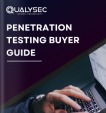
Best SaaS Application Security Companies
Getting a state-of-the-art SaaS application security service provider known for its experience in secure data assets must be your priority. These companies use the latest technologies and holistic methodologies to guarantee that businesses are now well-protected against cyber risks, thus removing uncertainties across the globe.
Here is a list of the most popular SaaS Application security companies:-
1. Qualysec
Qualysec, a cybersecurity company founded in 2020, is the leading SaaS application security service provider. Furthermore, Qualysec’s cutting-edge technology and superior cybersecurity evaluations have reached prominence. Along with the proficient employees, they provide a wide range of services, including vulnerability assessments and penetration testing.
Qualysec’s advantage lies in the fact that it adheres to the latest cybersecurity trends involving advanced ethical hacking skills and future threats. They utilize the latest techniques and technologies to conduct complete and accurate examinations. Qualysec’s crew of proficient experts adds to the company’s knowledge base and provides a human element to their engagements. In doing so, collaboration is encouraged, and insights are made actionable.
The testers at Qualysec can identify loopholes used by hackers to commit fraud. Once these problems are found, Qualysec works with the company to put together a plan to eliminate them and improve the organization’s security posture. Additionally, they offer various services such as:
-
- Web App Pen testing
- Mobile App Pen testing
- API Pen testing
- Cloud Security Pen testing
- IoT Device Pen testing
- AI ML Pen testing
Thus, opt for Qualysec for a compact and reliable SaaS Cloud Security Service in India. Furthermore, their pen test guide will help you make intelligent decisions and will give you an understanding of how different factors contribute to the cost. Therefore, protect your assets and ensure your security by engaging us.
Talk to our Cybersecurity Expert to discuss your specific needs and how we can help your business.
2. AppSierra
AppSierra offers one-of-a-kind SaaS cybersecurity services and solutions. They have years of business experience providing highly effective solutions to support the company’s development.
With a good team of security experts, it provides clients with advanced SaaS security solutions geared to walk many miles to provide maximum value to their business. Furthermore, the company provides services, which include cloud migration, application development, enterprise security, and quality engineering.
3. Cipher
Cipher, a cloud security firm, is currently part of Prosegur, an international and publicly traded physical security company with operations in 26 countries. Cipher Solutions comes with a team of experienced cybersecurity consultants to improve your organization’s security status. They provide a range of services, including incident response management, risk assessments, data governance, and compliance. Cipher’s company stands out in SaaS security and cloud security because it is highly trusted.
Cipher also provides a red teaming service, which includes penetration testing, ethical hacking, and vulnerability assessment.
4. Fidelis
Fidelis has acquired CloudPassage, a recognized cloud security service provider, and integrated its services. Fidelis possesses a robust application security platform designed for cloud-hosted services.
Thus, Fidelis pays a lot of attention to the promptness, fidelity, and accuracy of security vulnerabilities, which has helped it become one of the top SaaS security companies.
5. Sprinto
Sprinto is best known for its application in automated compliance and ongoing threat detection. One of the greatest SaaS security technologies available in the IT stack is Sprinto. Although it can appear to be just another compliance automation tool at first, underneath, it could be the greatest ally in the fight against dangerous threats around the clock.
Additionally, Sprinto enables managing all compliance efforts from a single, easy-to-use dashboard. It monitors operations continuously and automatically and provides actionable information without interfering with your business.
6. 4Armed
4Armed is aimed at the development of cloud security solutions for applications. Their offerings include:
- Application penetration testing
- Stable movement into the cloud
- Code deployment under the guide of DevSecOps.
- PCI-DSS compliance
7. Palo Alto Networks
Palo Alto Networks offers a security platform that strengthens your defenses against online attacks. Specializing in complex firewalls, the solution can be extended to cover numerous security elements with cloud-based products, making it a one-stop shop for safeguarding your digital assets. It is among the top providers of cloud services and offers incredible solutions.
8. Tenable, Inc.
Tenable, Inc. protects growing networks and prevents breaches; Vulnerability Management is the cloud-based platform of choice. It provides an accurate snapshot of the network’s resources and weaknesses, including malware detection, through ongoing vulnerability assessments.
9. Trend Micro
Leading the way in hybrid cloud security globally, Trend Micro offers an automated and comprehensive solution to safeguard users, data, and apps. This harmonizes policies between deployments in public clouds and on-premises. Advanced security features like network security, file storage protection, application security, cloud workload protection, and open-source security are all included. They give you visibility into and authority over the whole IT system.
10. Zscaler
Zscaler is a cloud-based security provider that guards against assaults on people, data, and apps. Its services encompass a range of security requirements, from zero trust and DLP to secure access for remote users and industry compliance. They include advanced network security, web application firewalls, intrusion prevention, malware protection, and zero trust. Zscaler offers cloud sandboxing, advanced threat protection (ATP), secure web gateway (SWG), and CASB services.
These companies have been embracing cloud-based technology heavily to transform business across industries, make digitization, and help businesses succeed in fierce competition. Looking ahead, these SaaS application security companies will continue to take a leading role because they will be responsible for transforming the processes whereby organizations operate and deliver their software to end users.
Conclusion
Ensuring SaaS application security is essential for preventing data leakage, achieving compliance, and maintaining service continuity. The selection process for a reliable SaaS application security service provider includes assessing features, compliance, performance, integration, scalability, reputation, and innovation.
Companies such as Qualysec differentiate themselves for their best-in-class technology and depth of cybersecurity knowledge. Thus, through collaboration with these established organizations, businesses can efficiently build security defenses against cyber threats, reassure customers, and accelerate digital transformation confidently. With the advancement of technology, these SaaS pioneers in security will remain at the center of evolving the landscape of cloud computing security.
Frequently Asked Questions
1. What is SaaS application security?
SaaS app security involves implementing protective mechanisms and protocols to protect software-as-a-service (SaaS) applications from unauthorized access, data breaches, and other cyber threats to ensure the service’s integrity, confidentiality, and availability for users.
2. What are the 5 key security elements of the SaaS model?
A SaaS model’s five key security features are data encryption, access controls, authentication mechanisms, regular security audits, and compliance certifications. They maintain data confidentiality, integrity, and availability while adhering to regulatory norms and avoiding unauthorized access.
3. What is SaaS in cyber security?
SaaS (Software as a Service) in cybersecurity implies a cloud-based security solution offered as a subscription. It provides scalability and accessibility to defend against cyber threats. Customers can access “these” services remotely through the internet, thereby reducing the need for on-site hardware and maintenance.









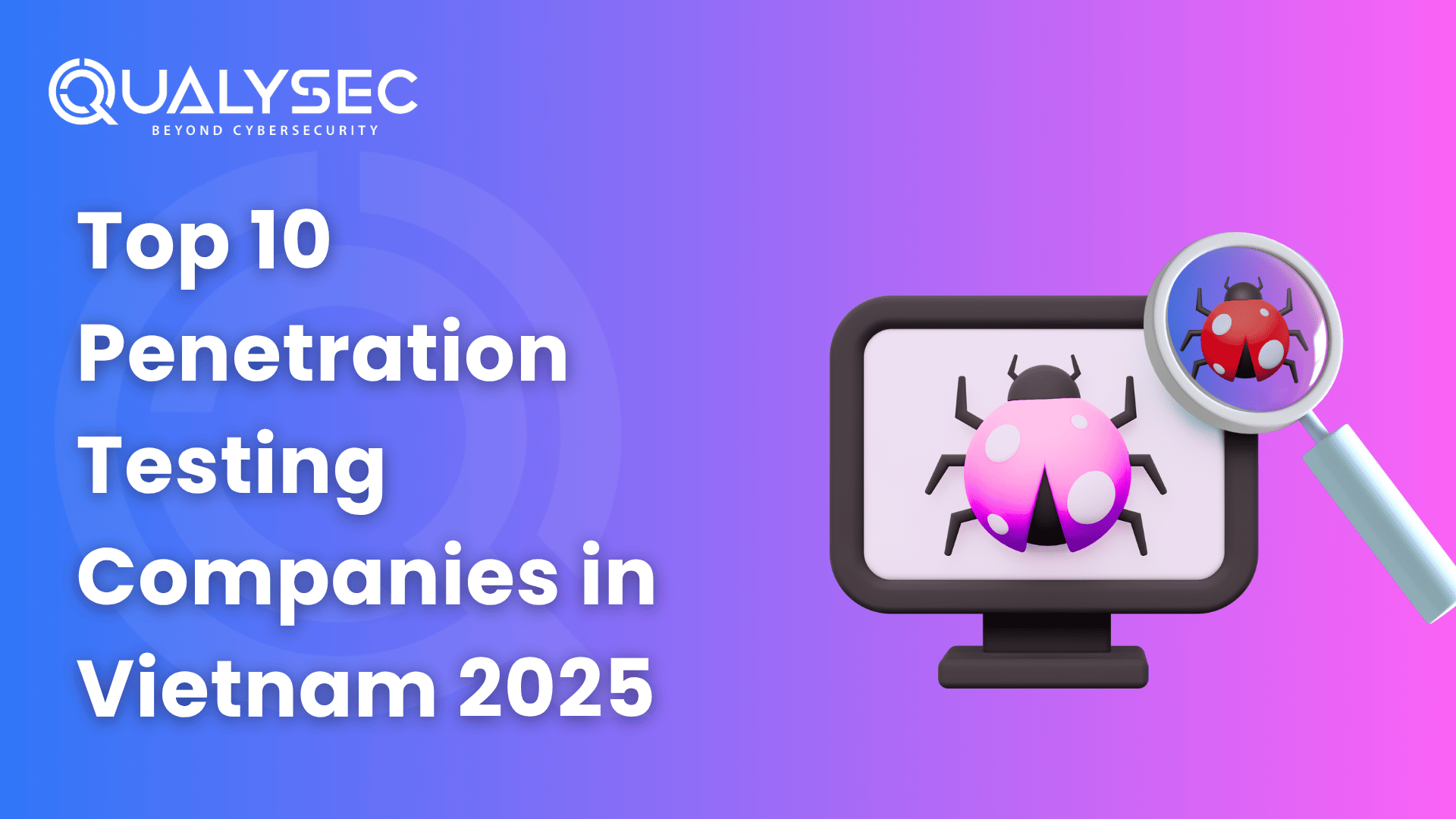
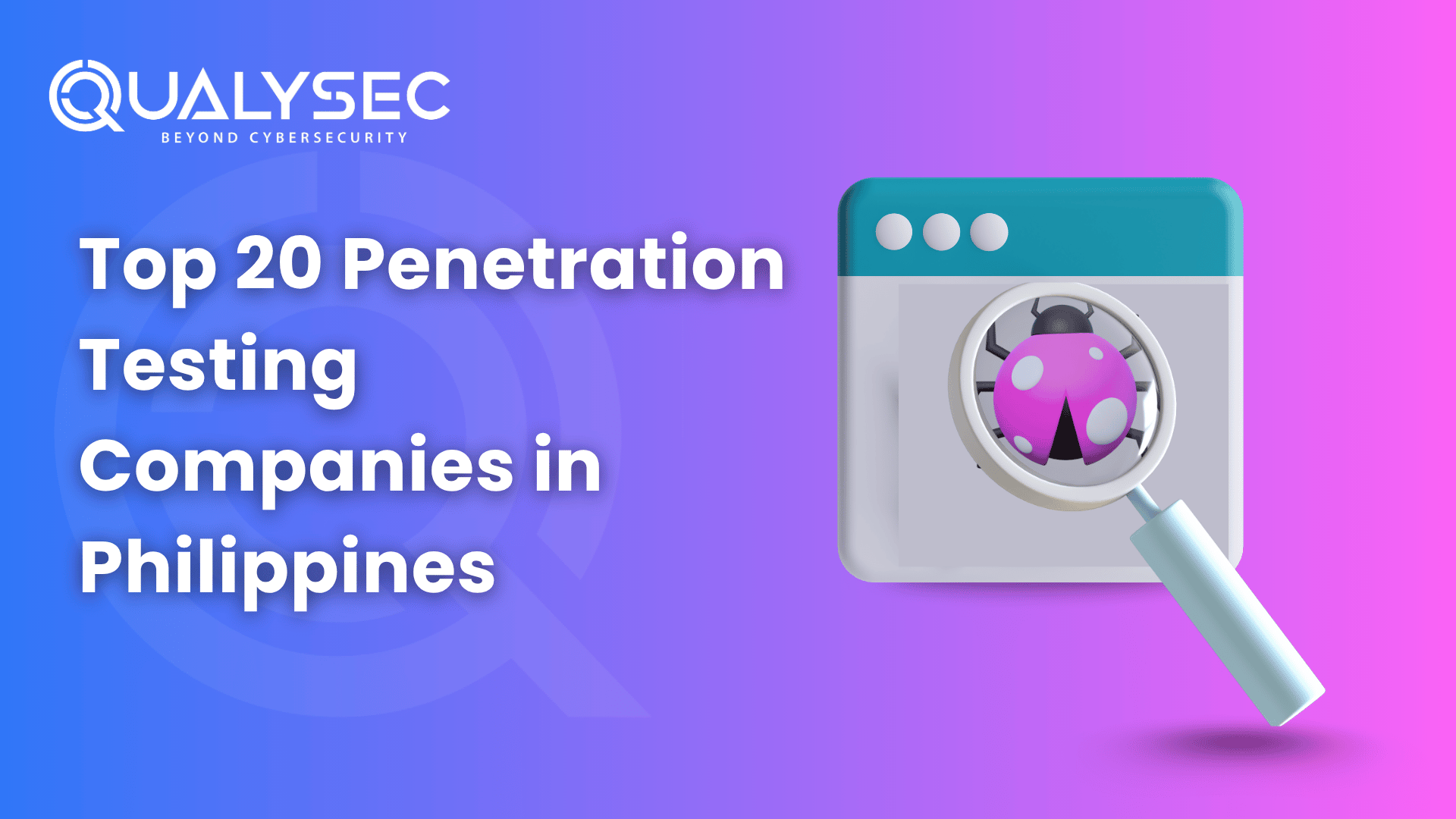
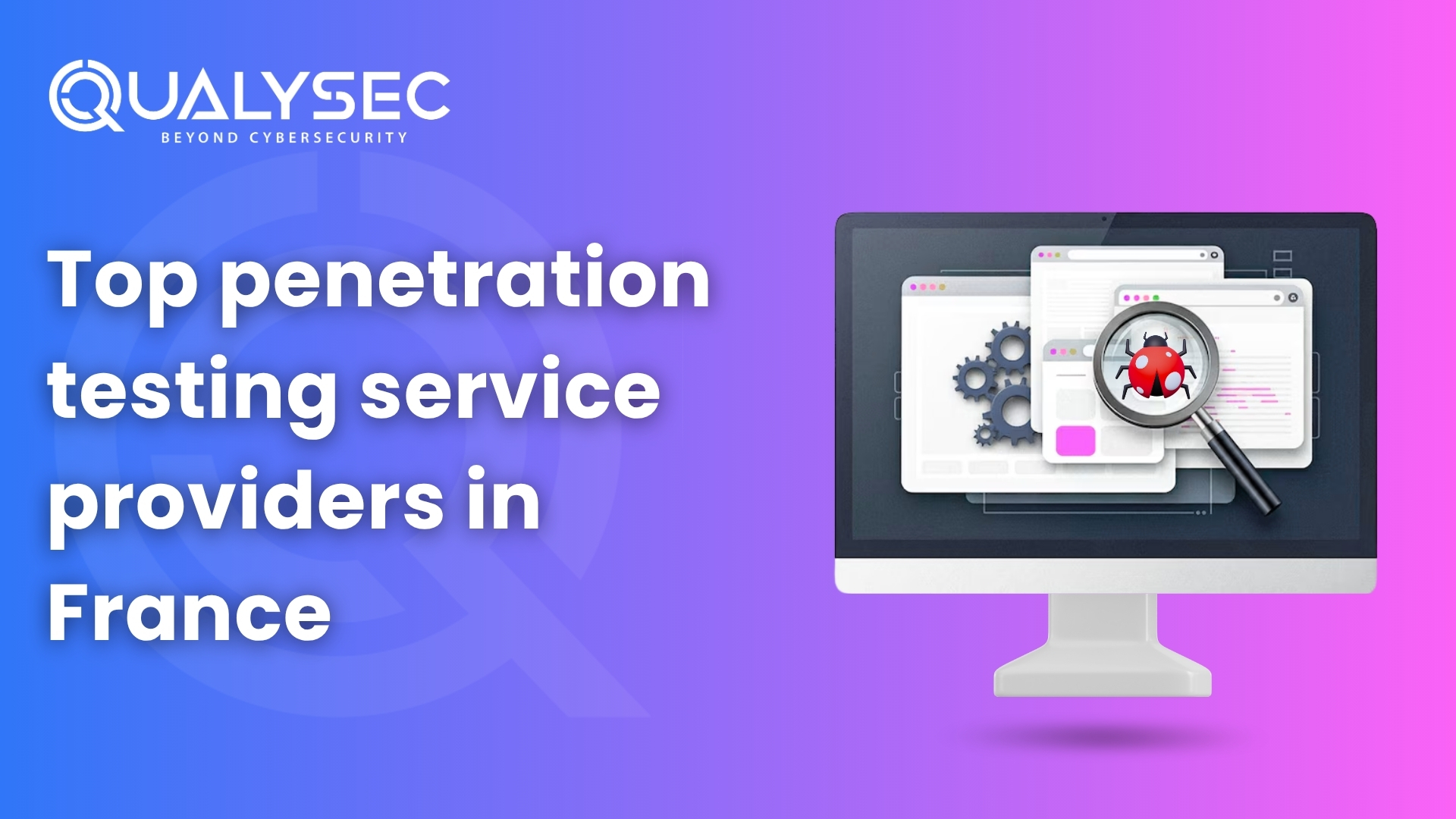
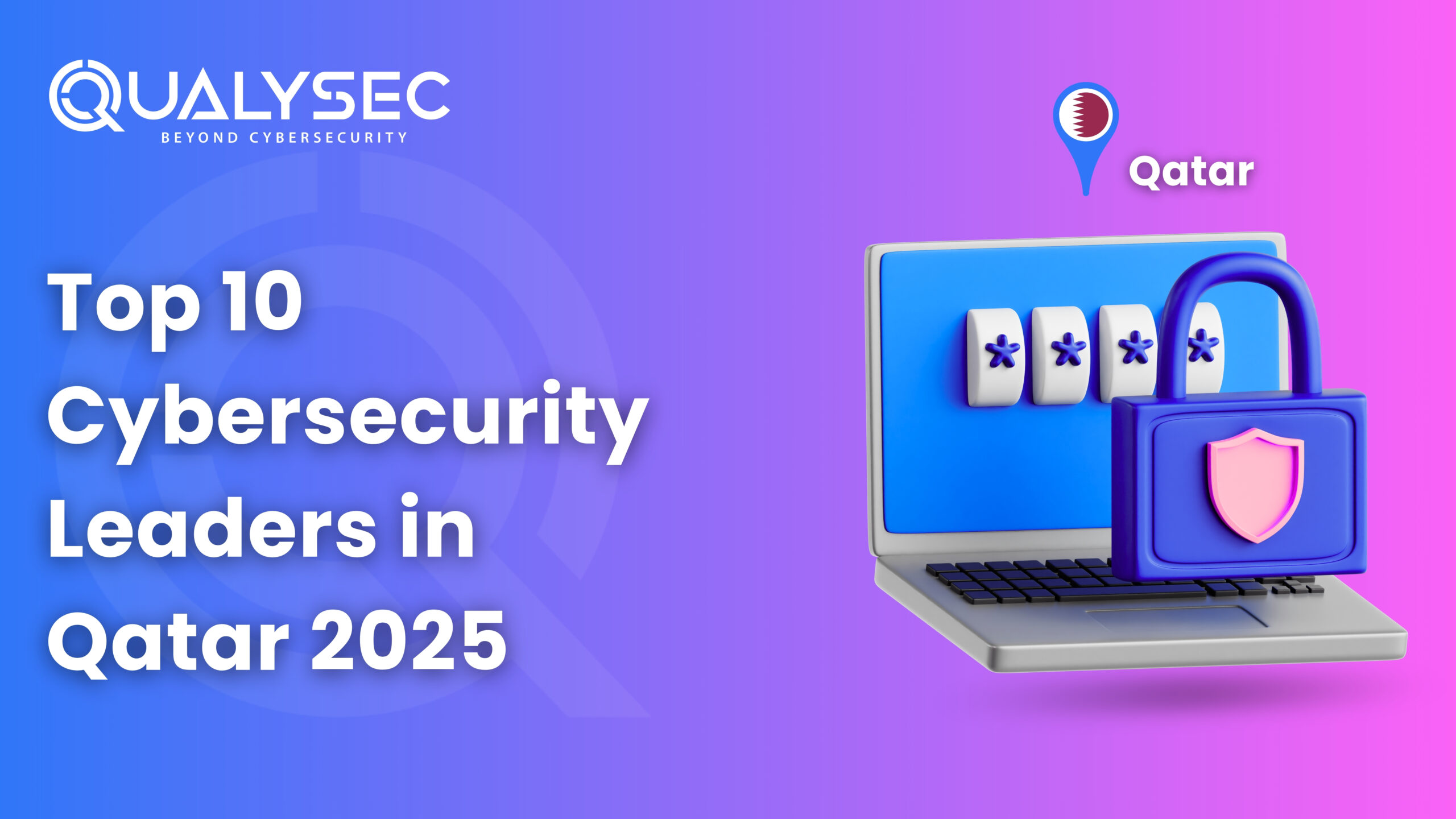
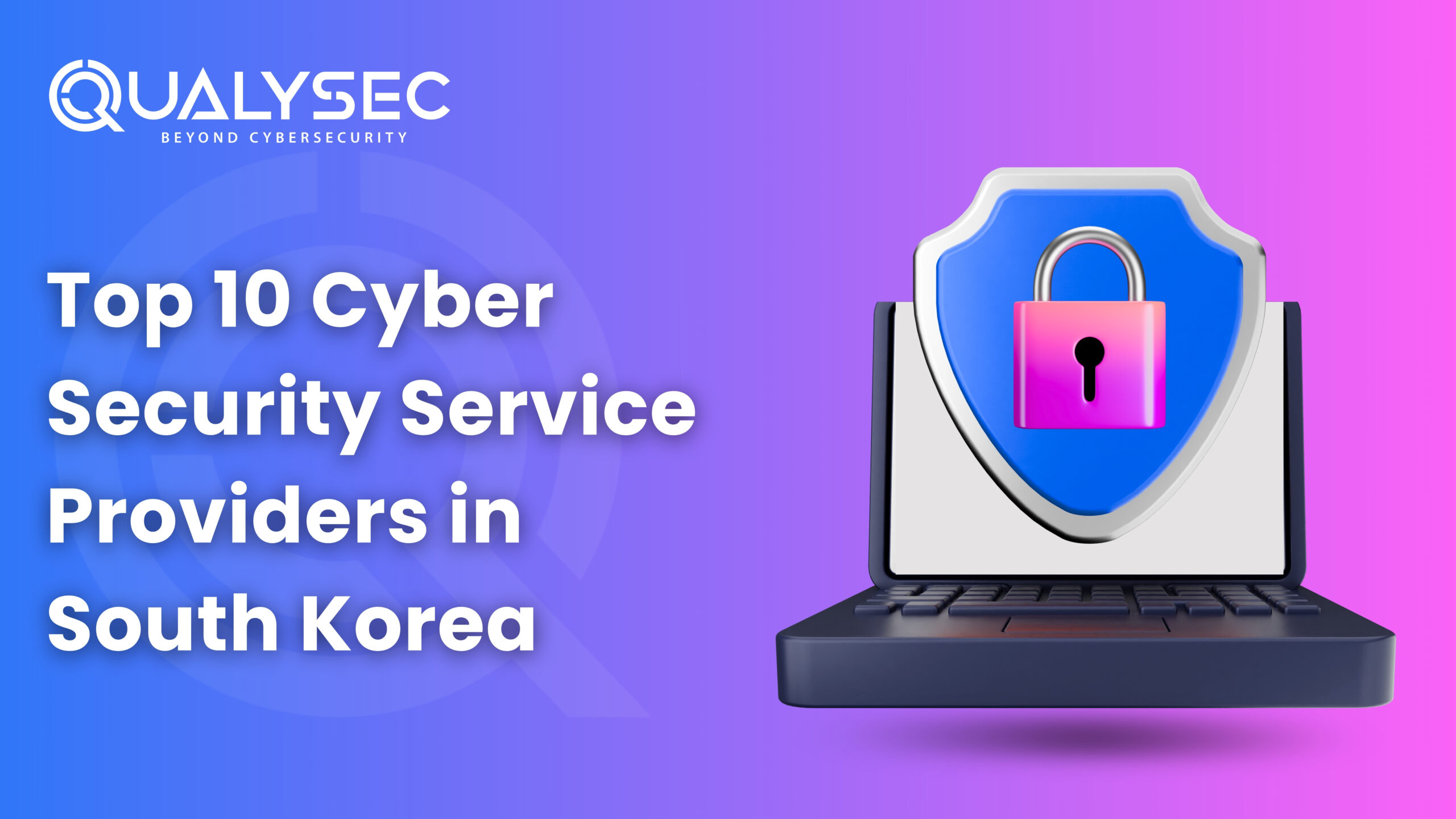
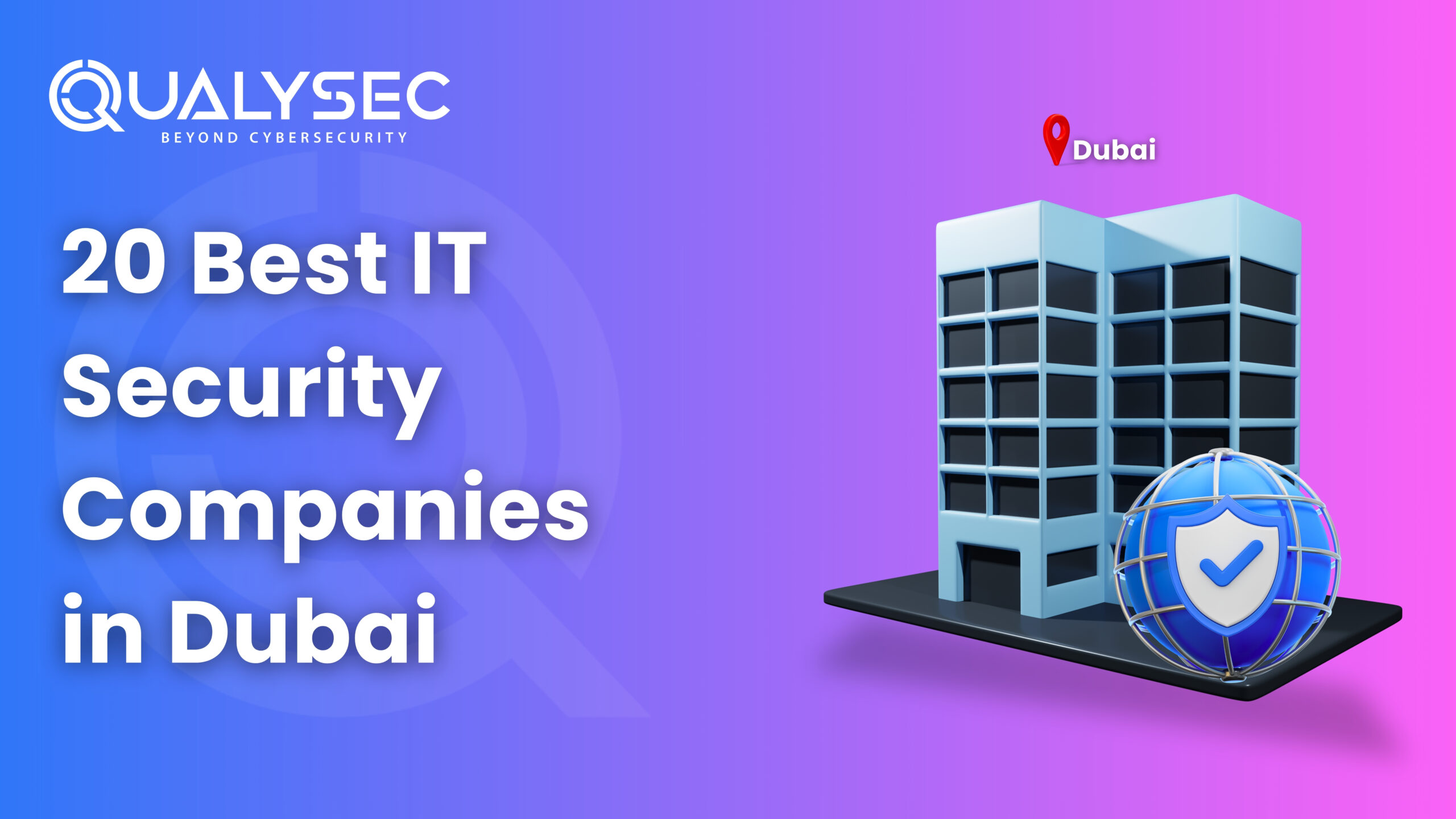
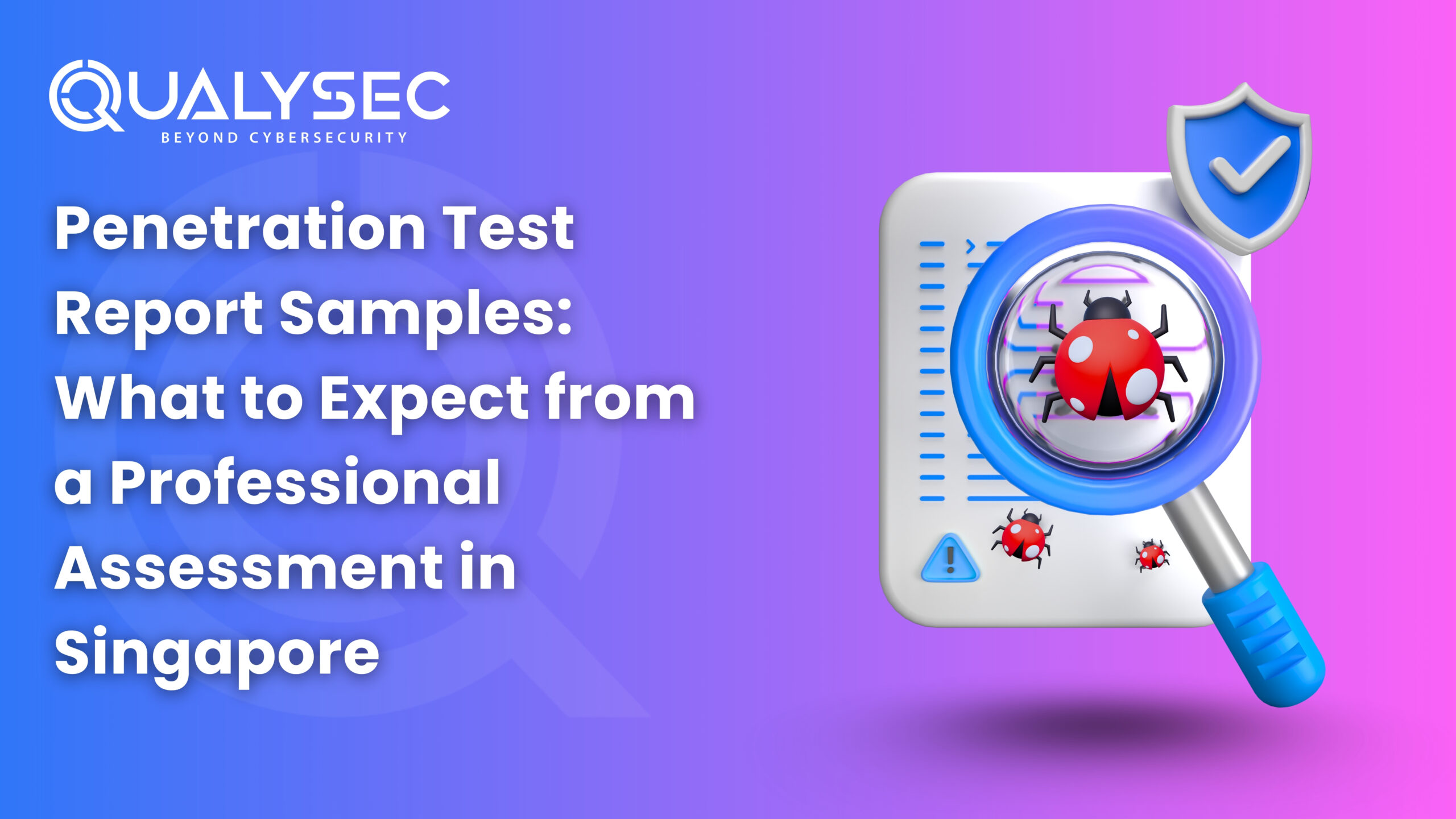
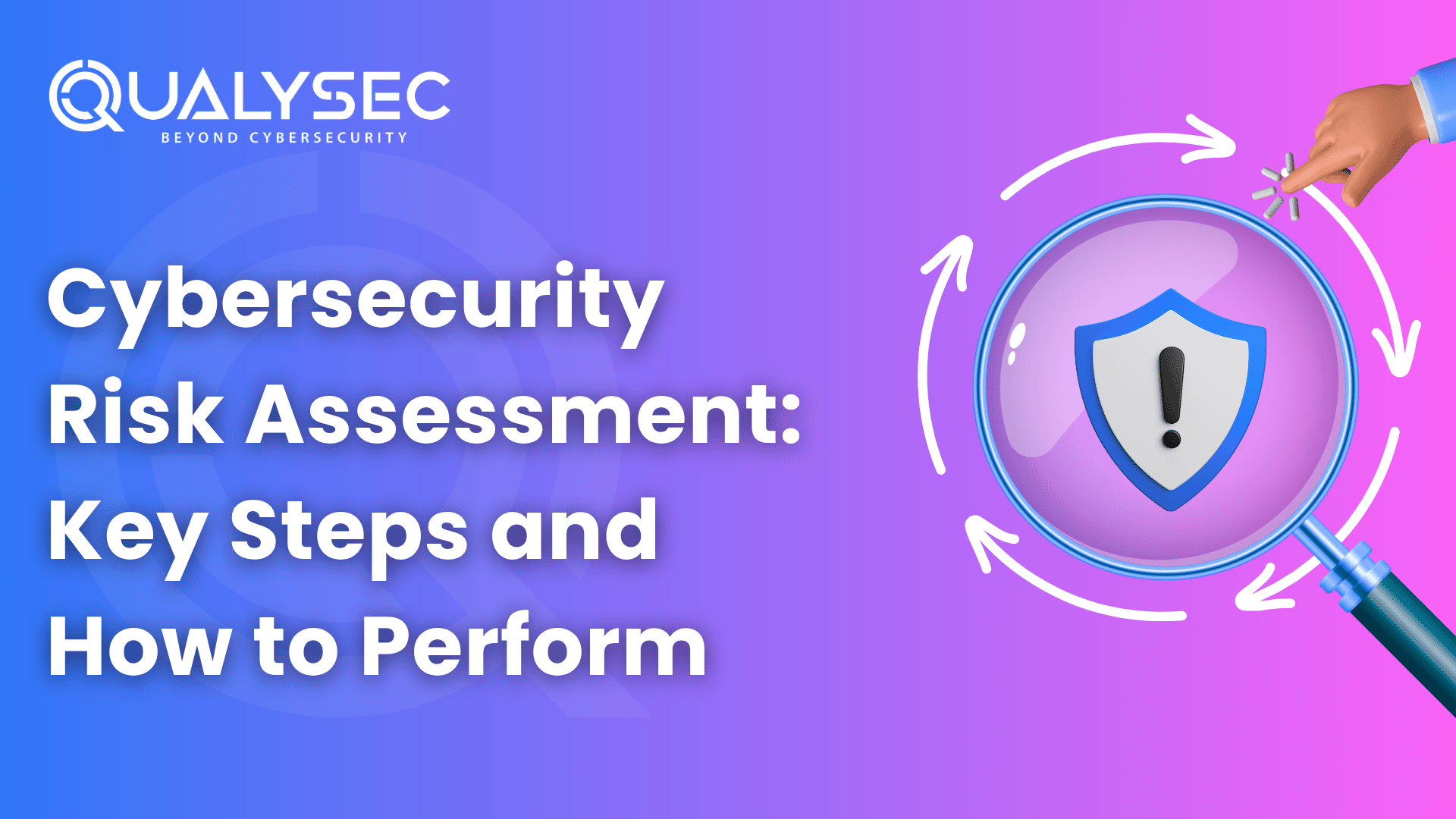
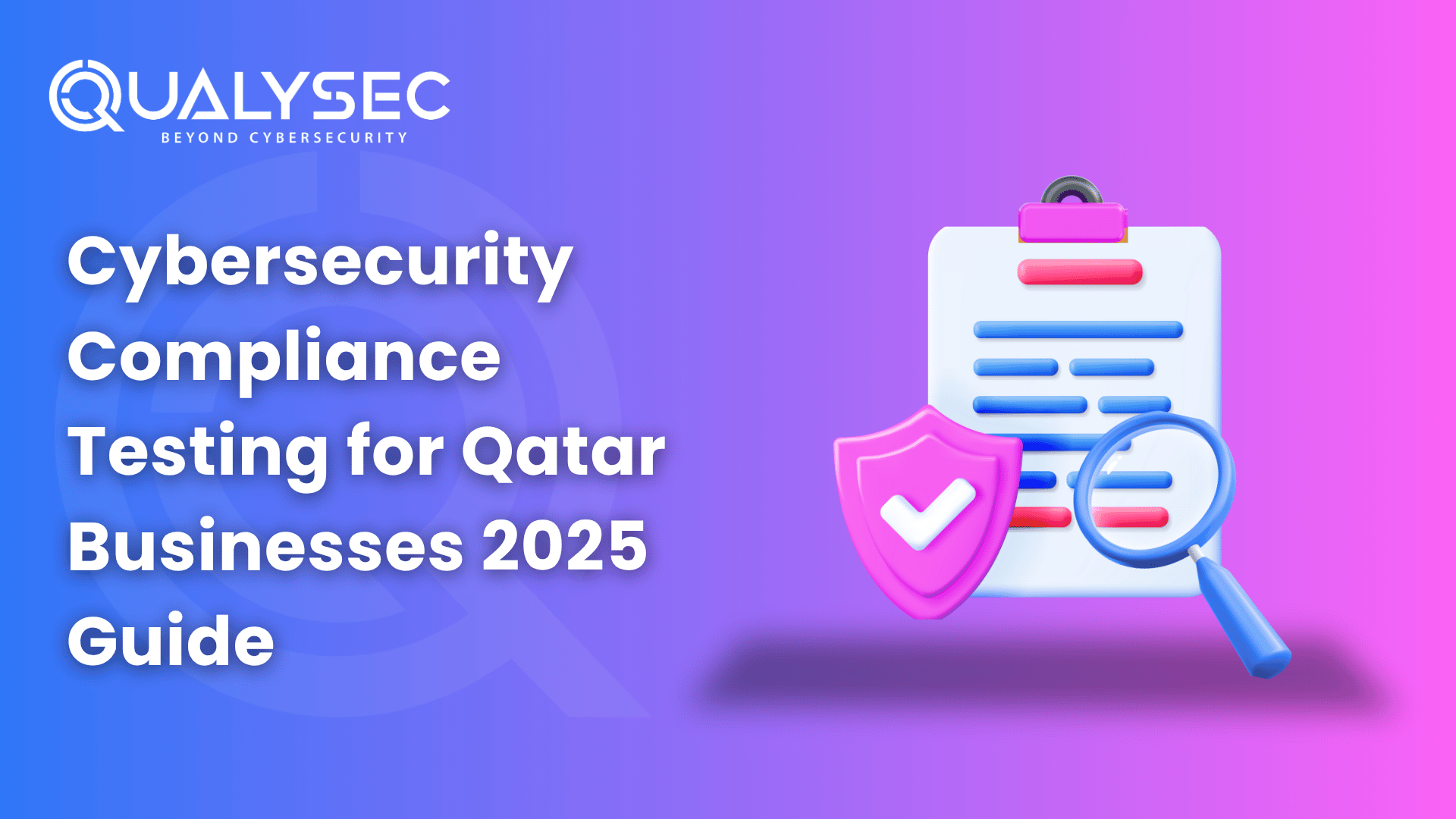
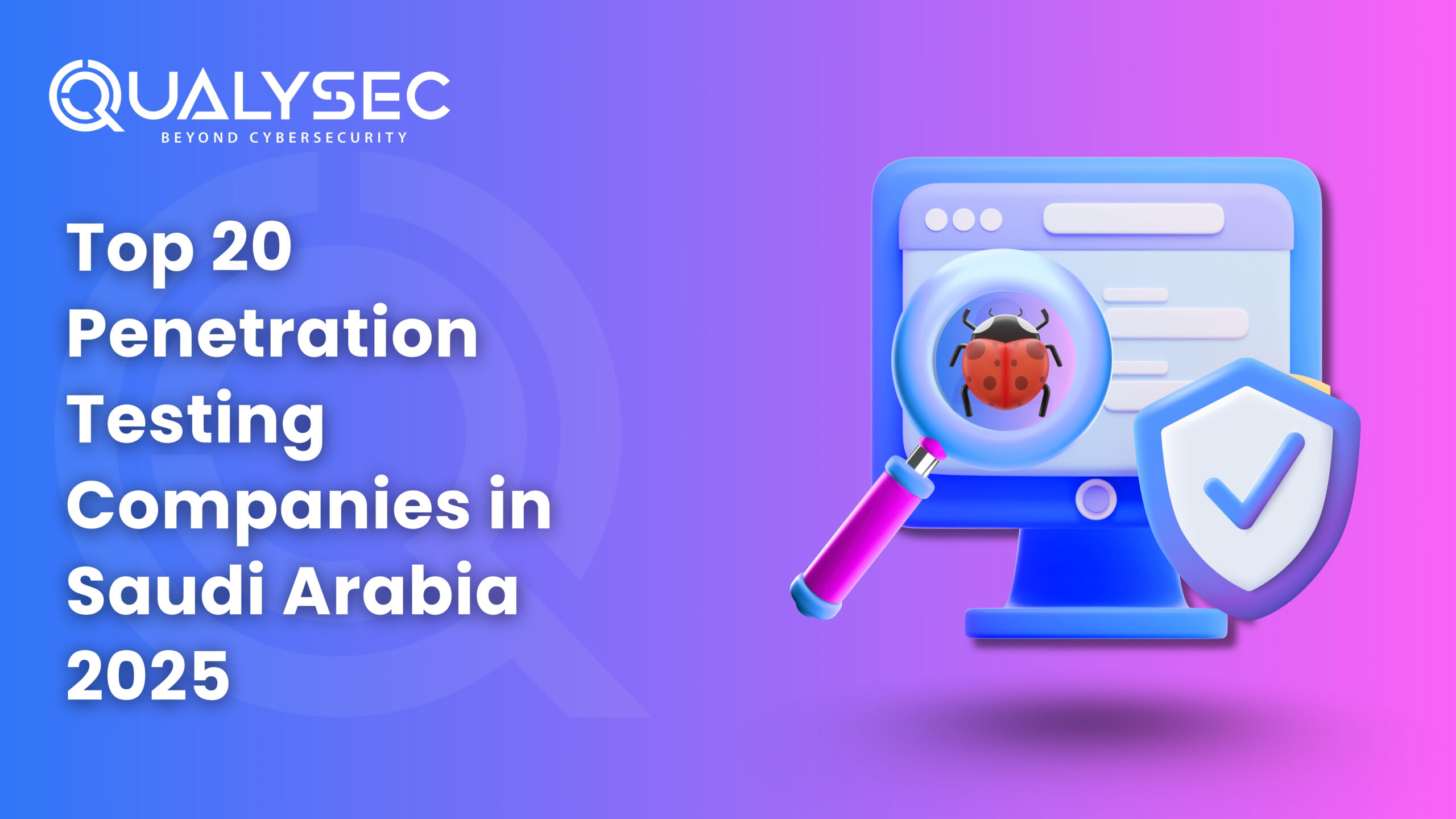
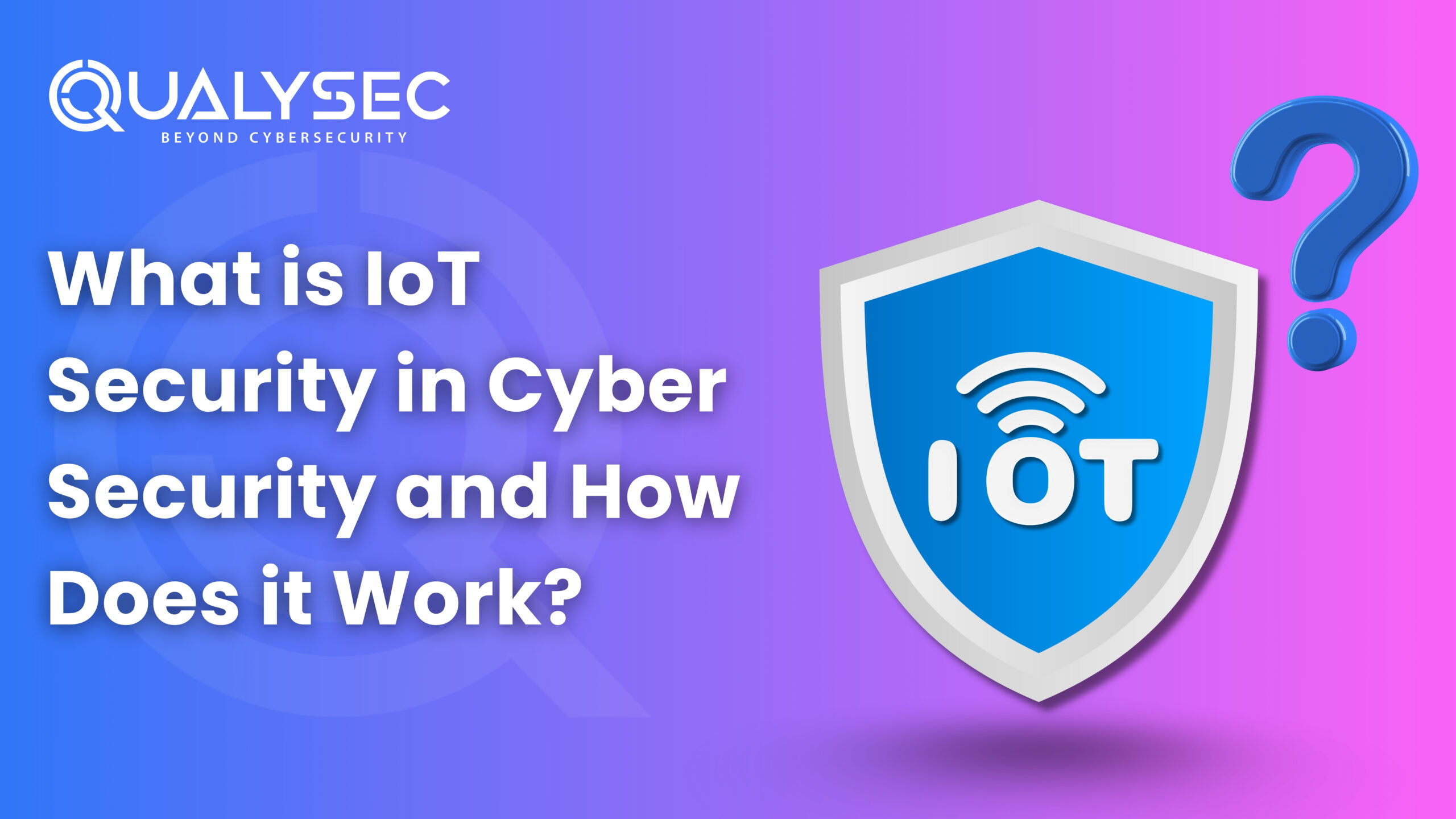
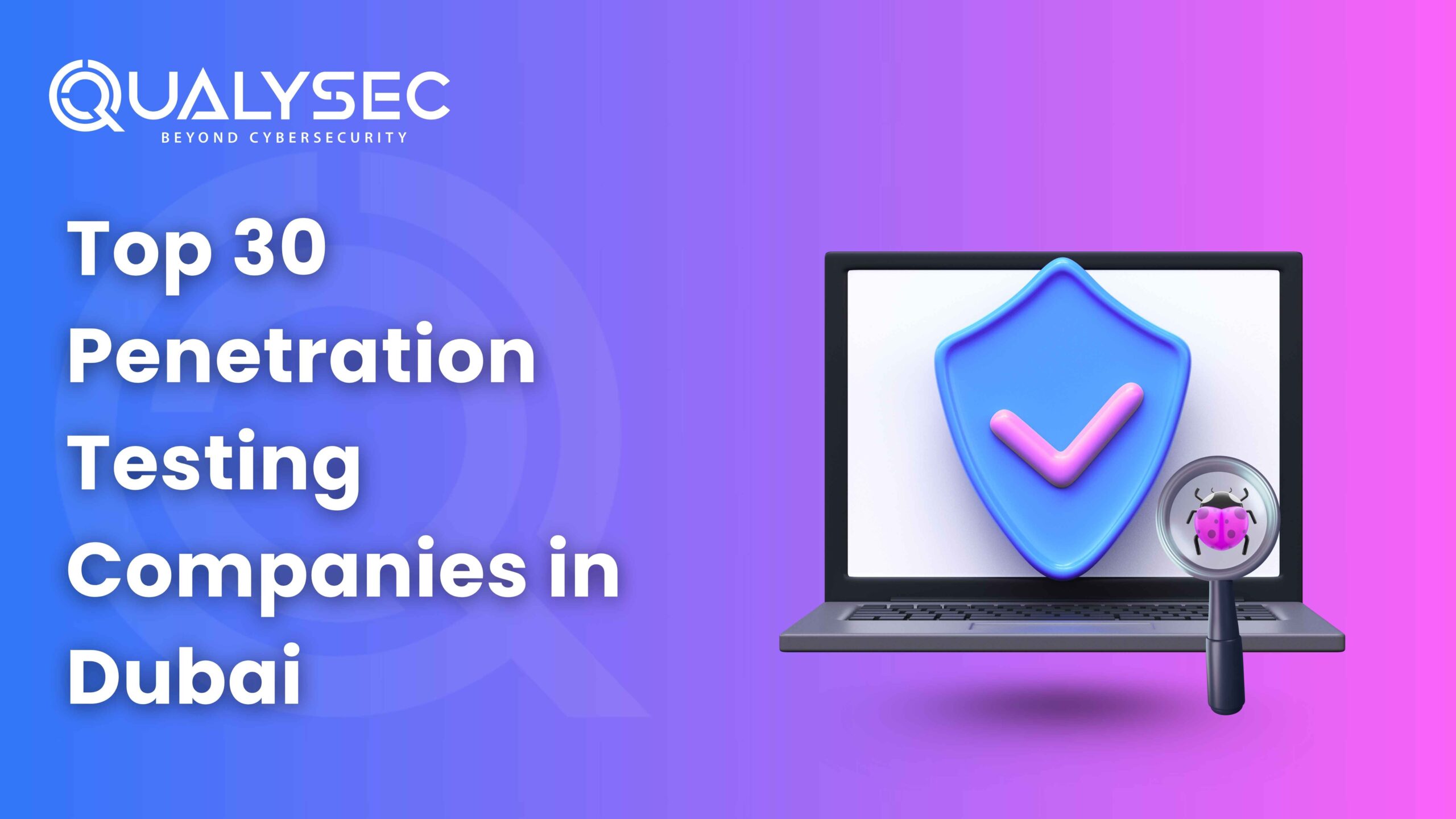

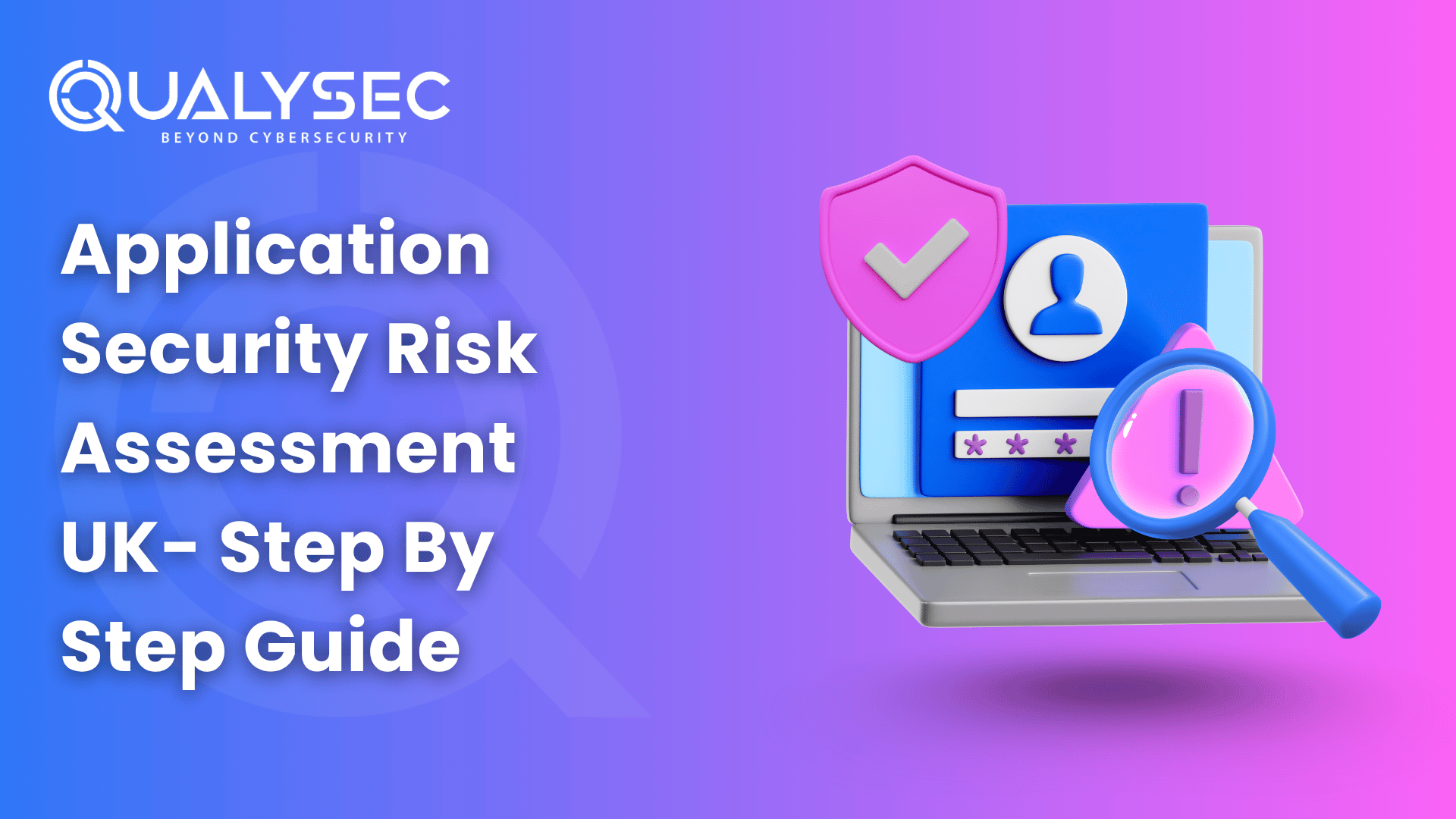
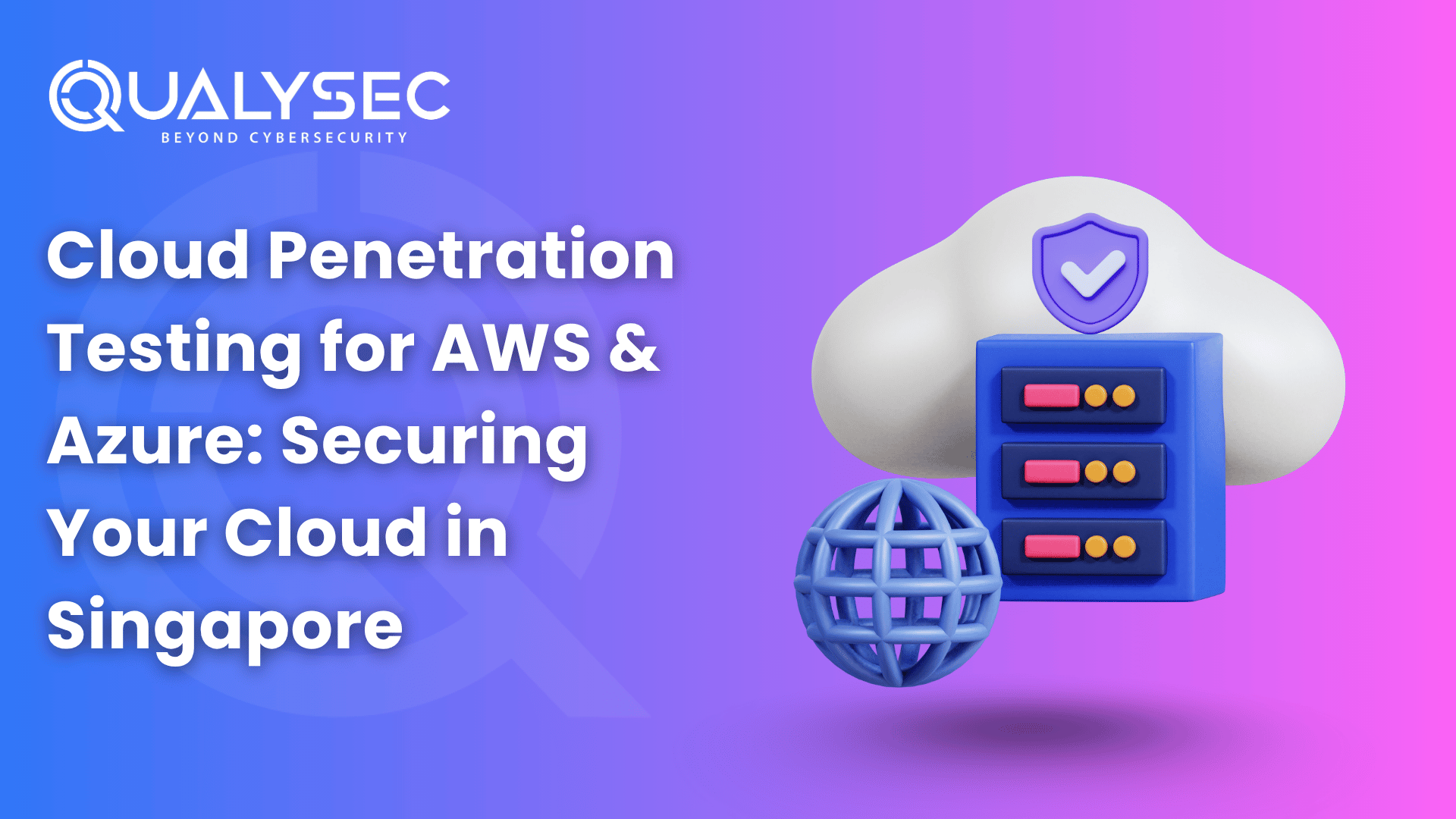
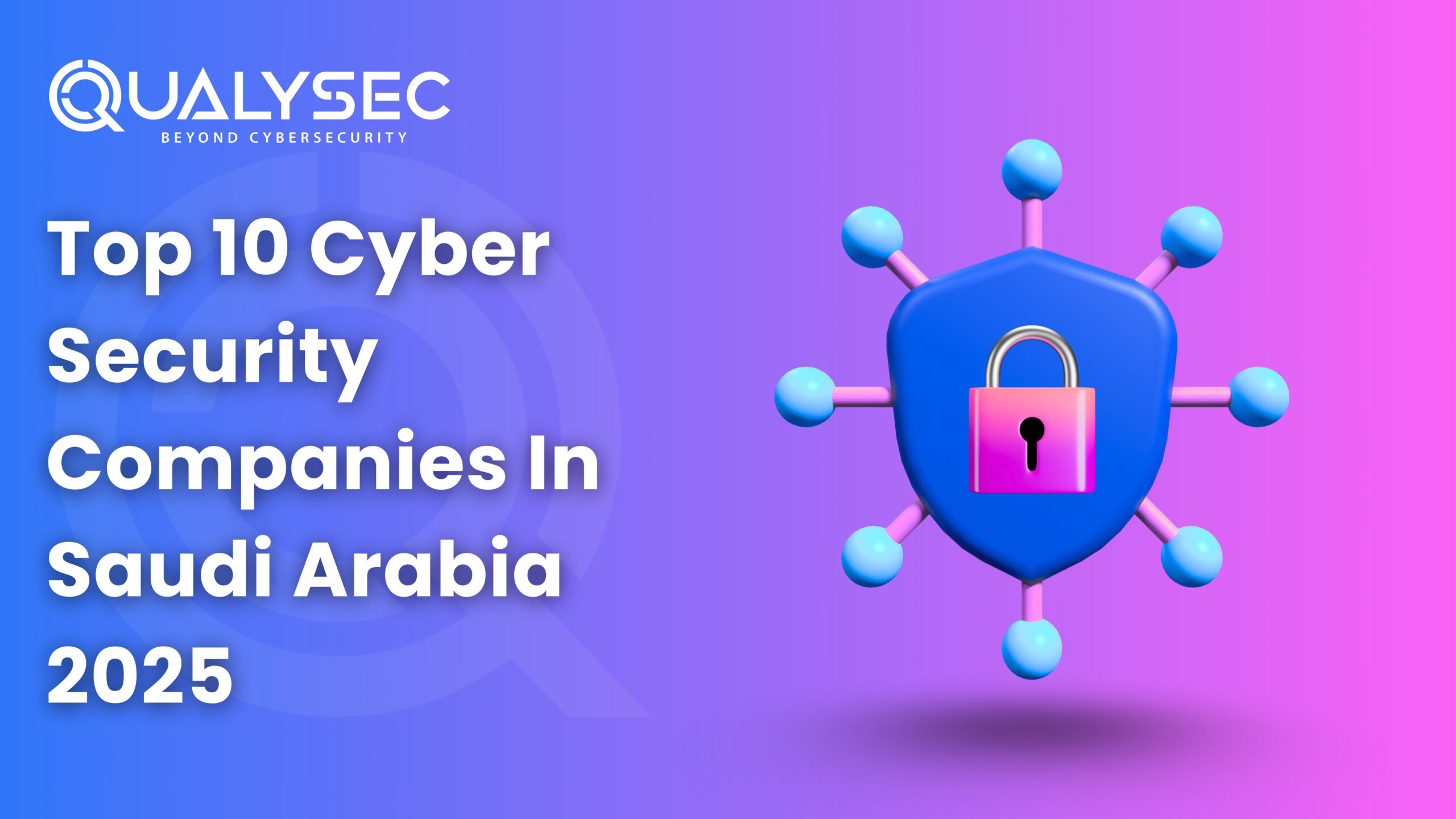
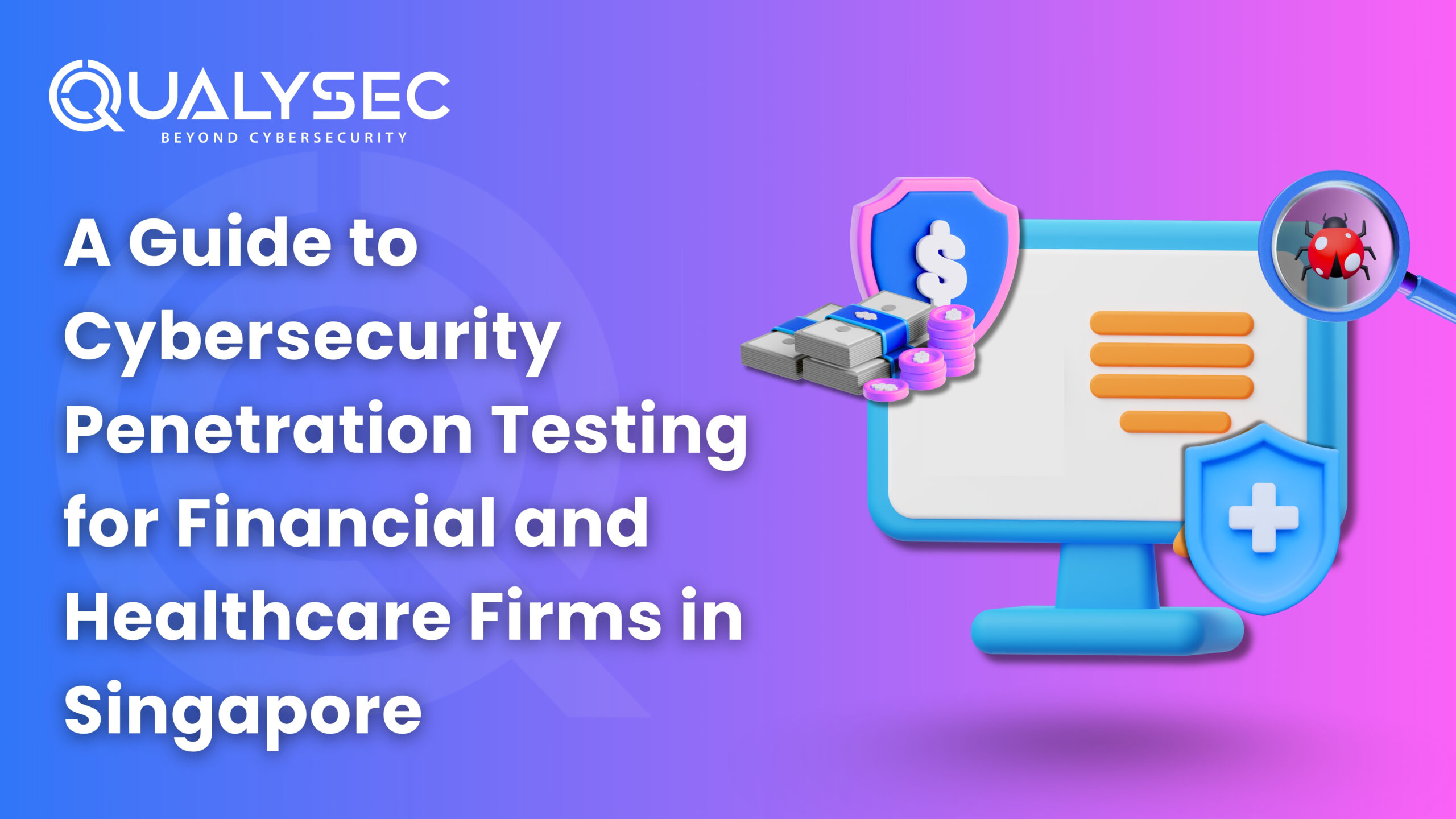

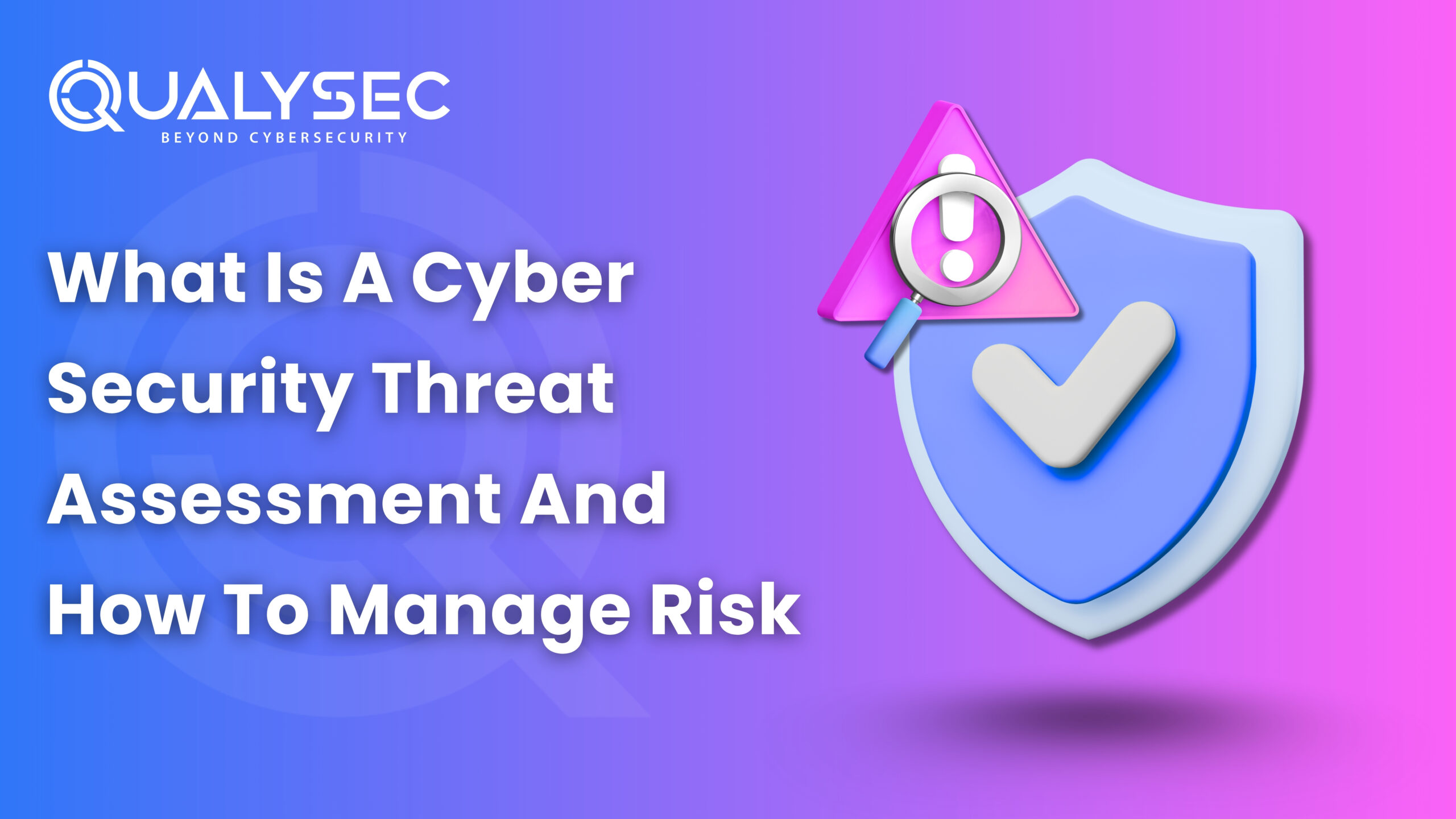

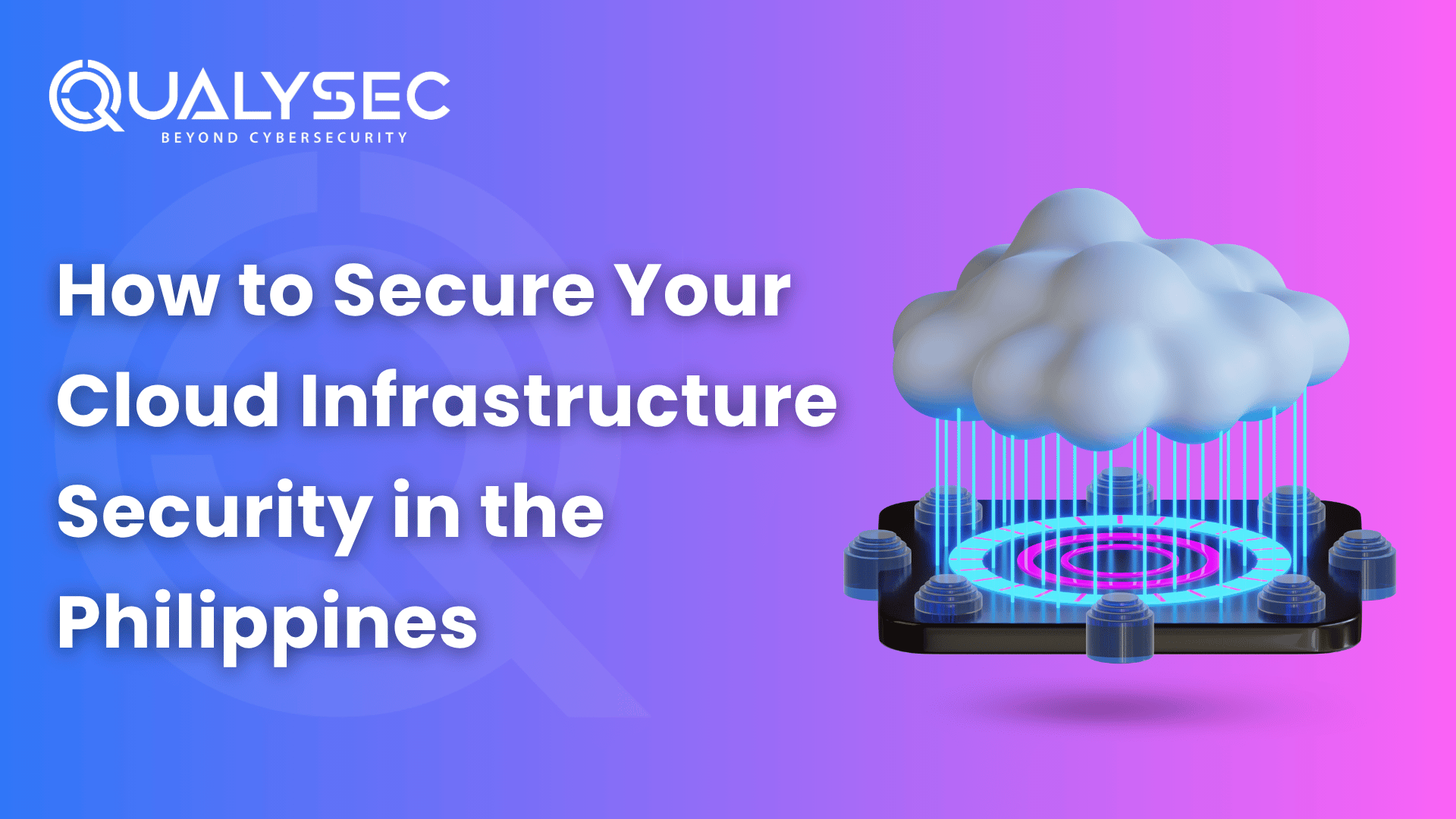
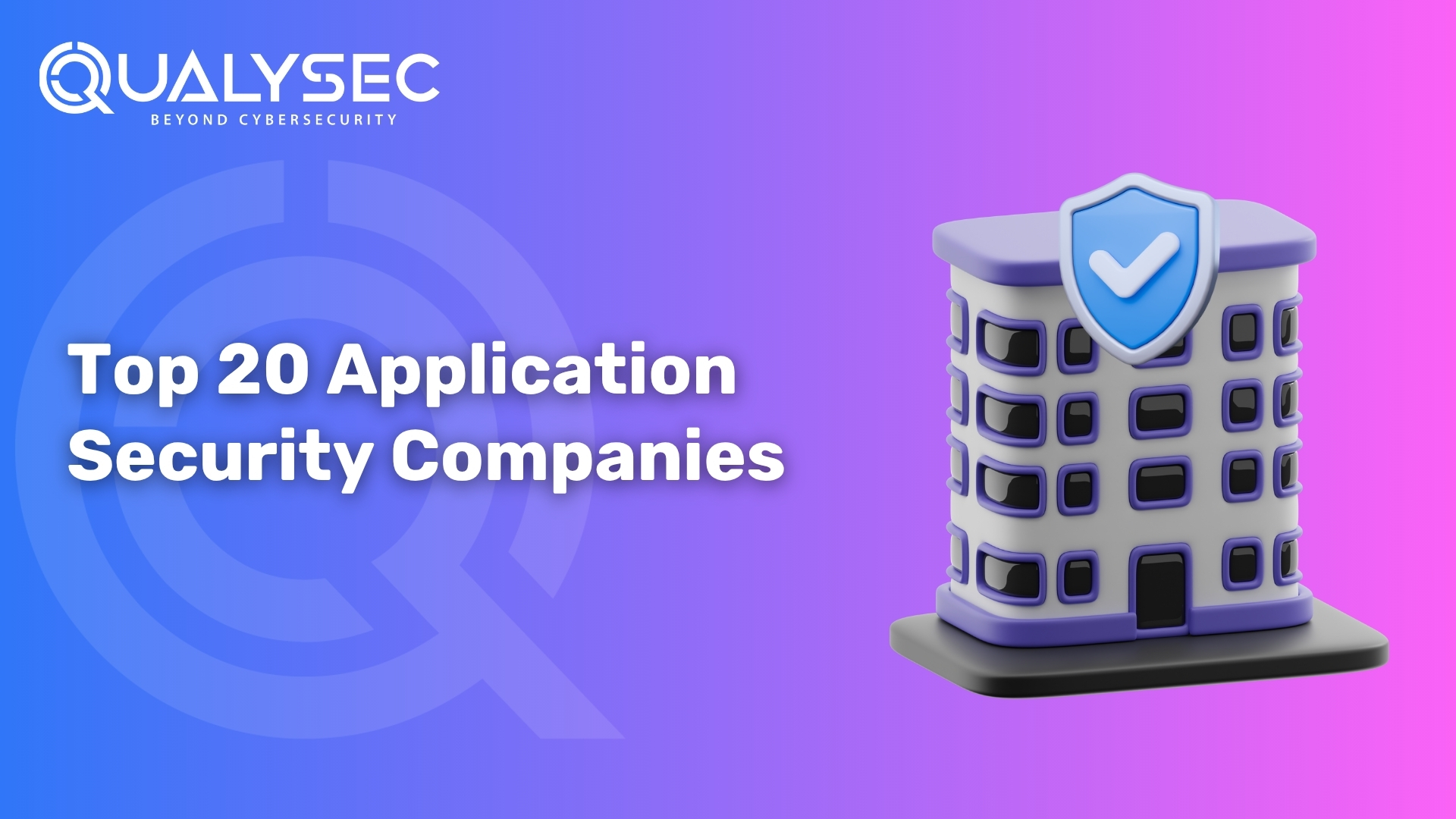
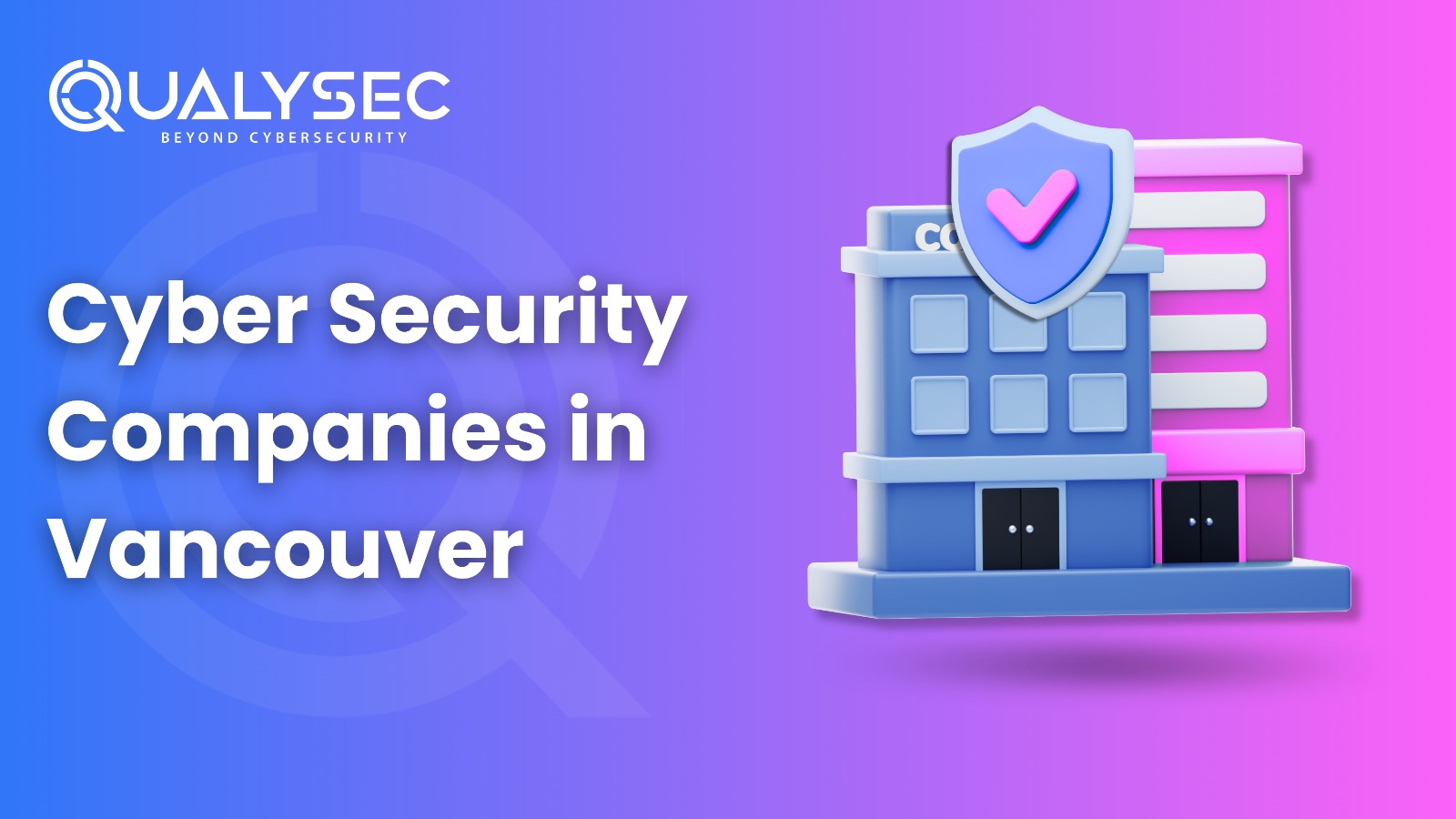
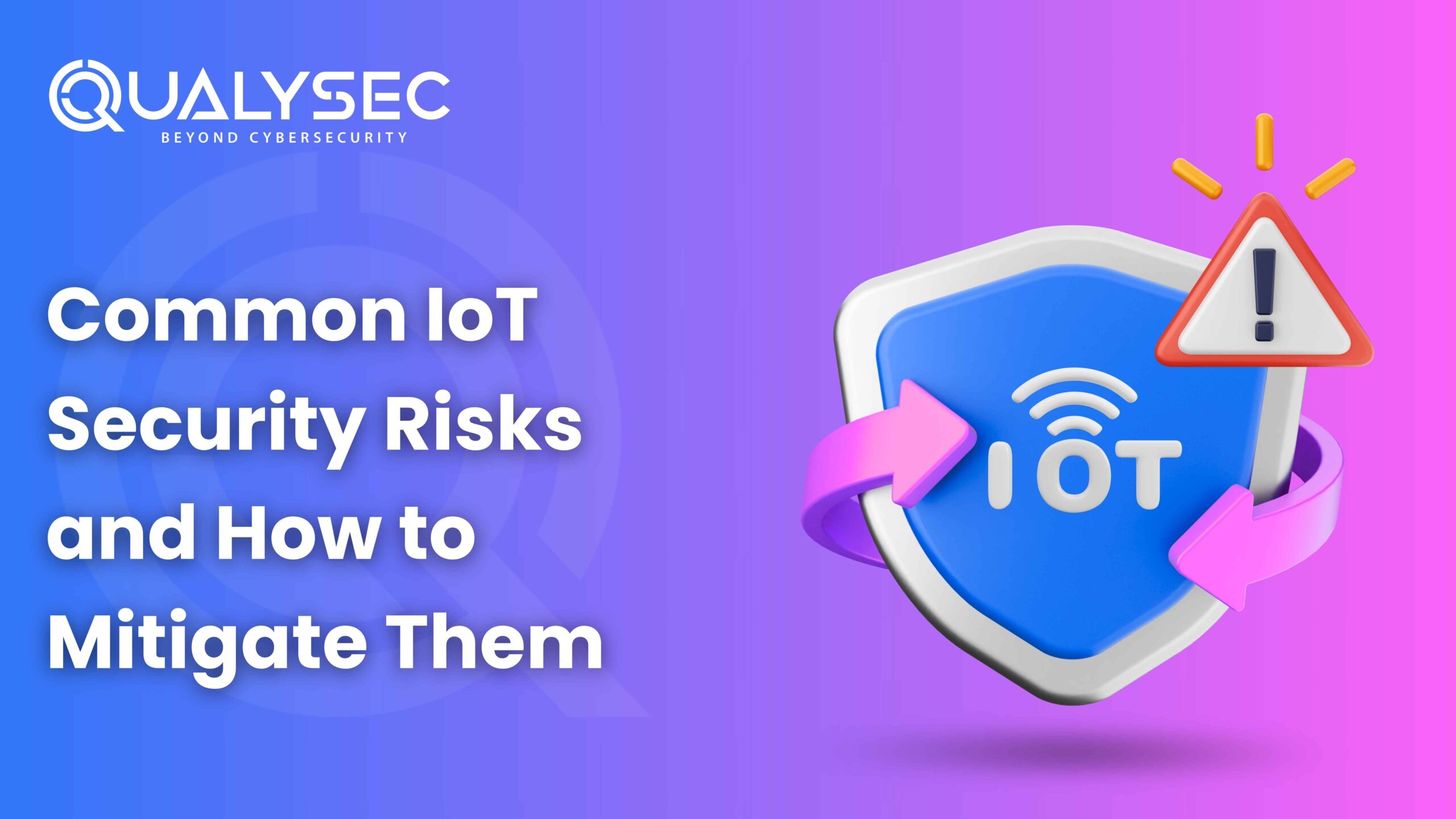
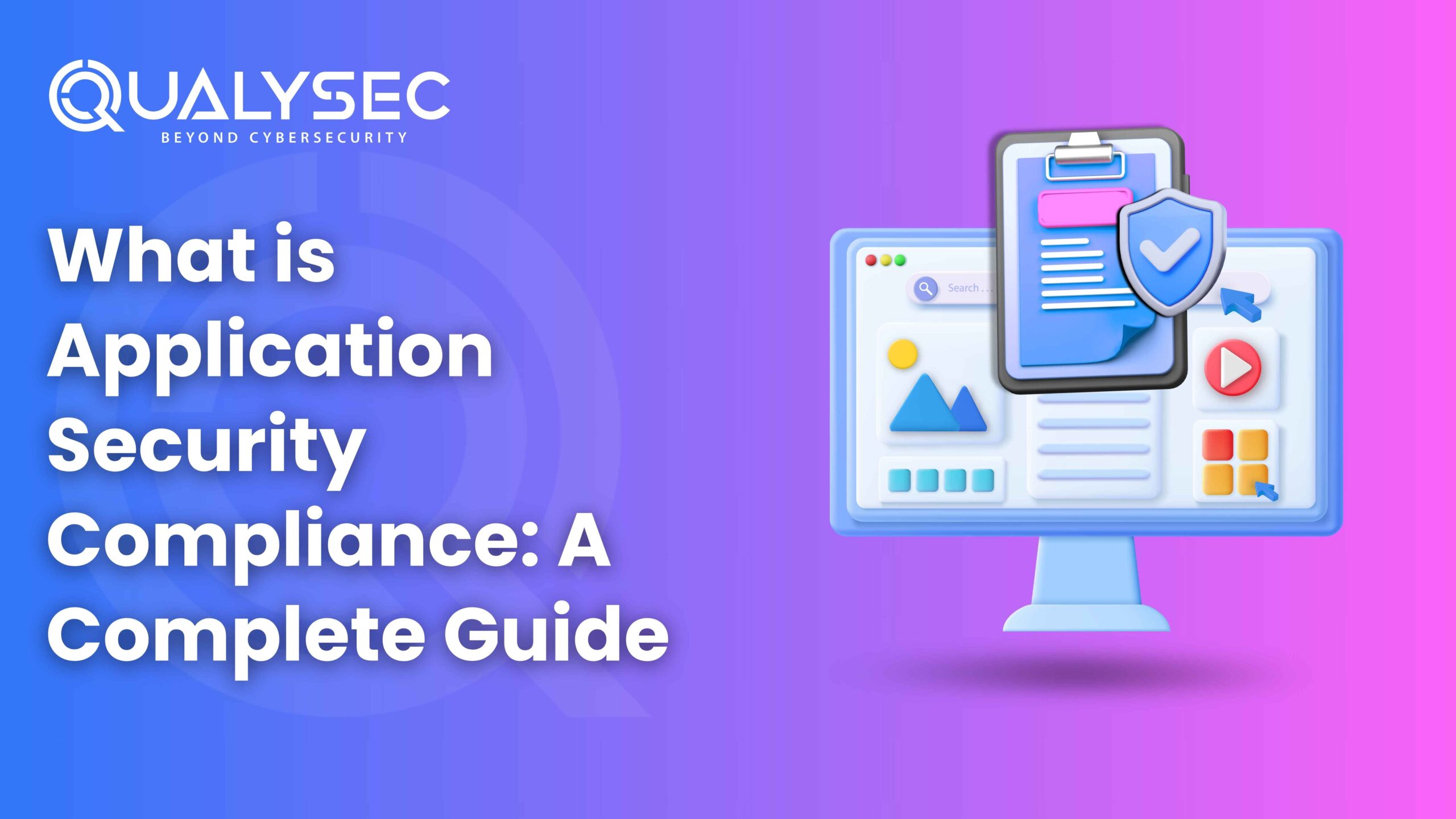
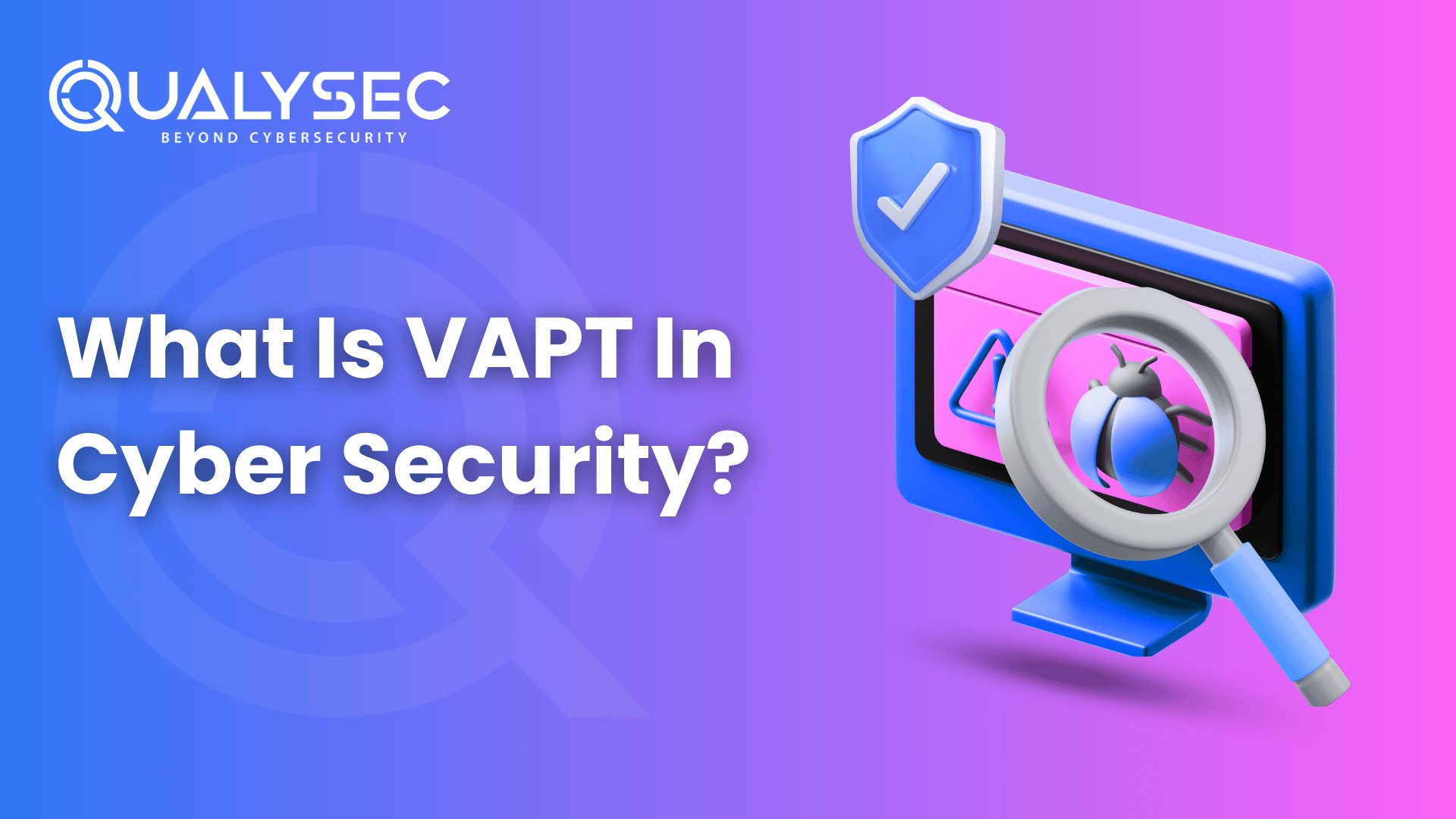
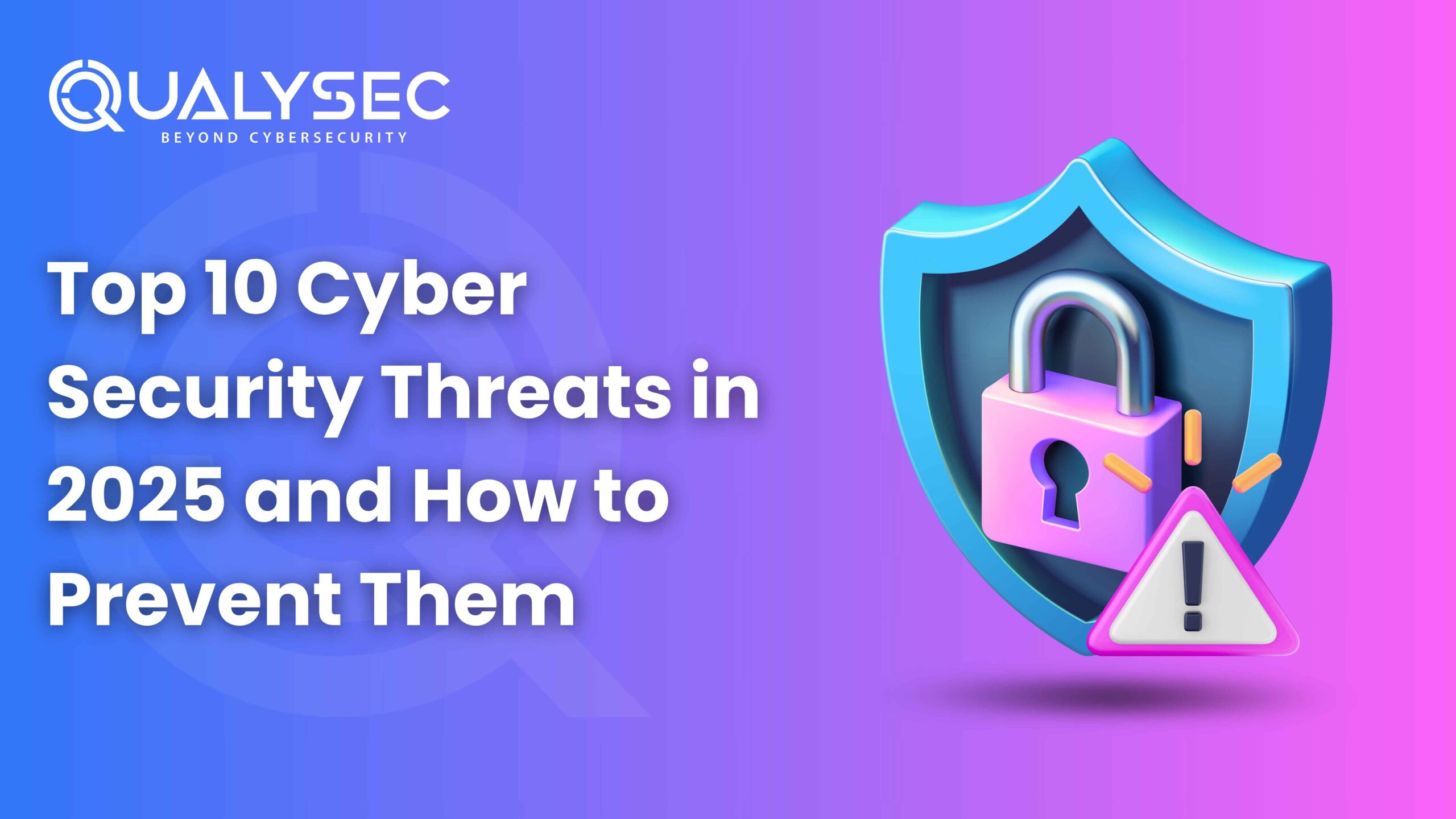
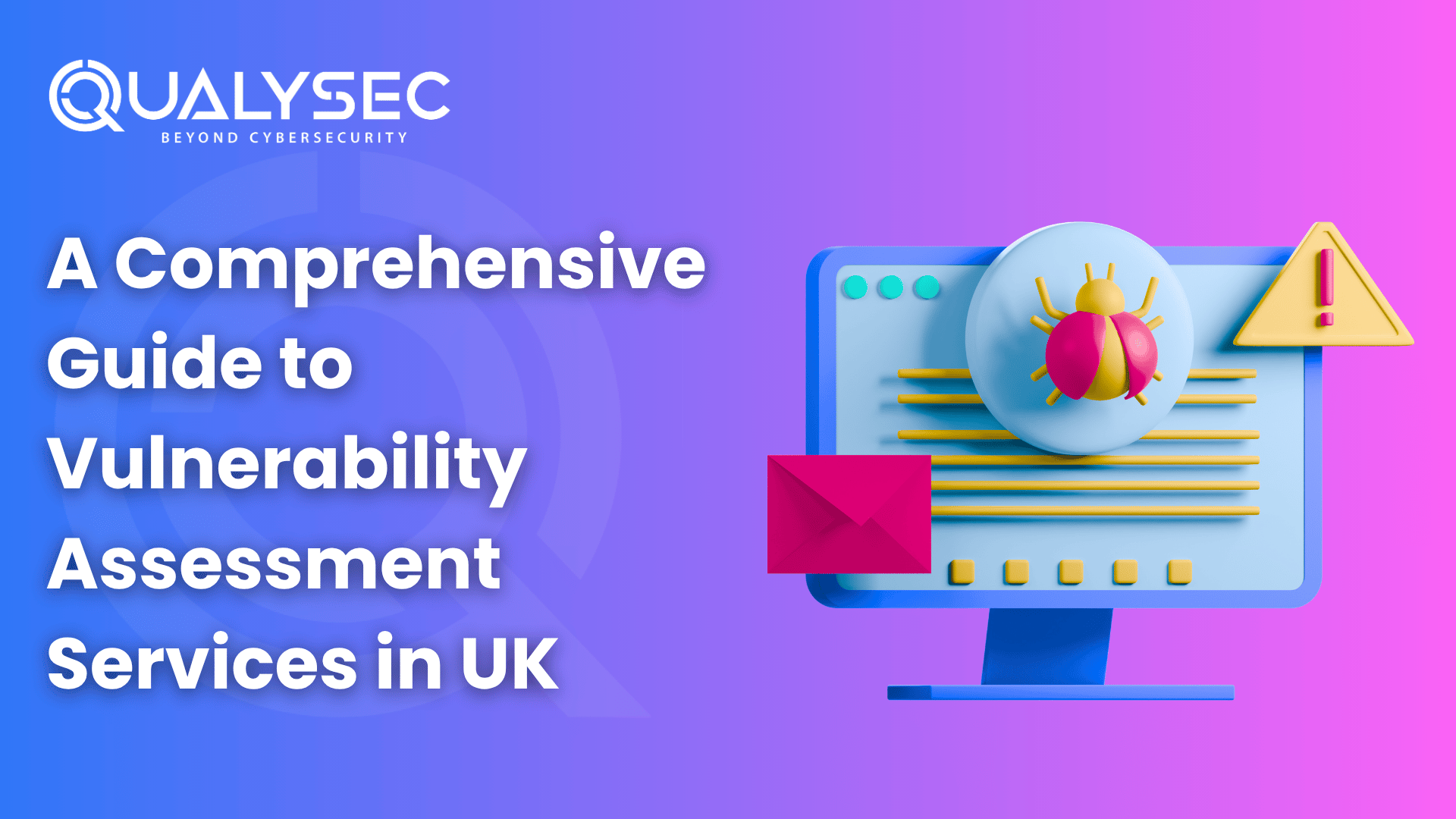
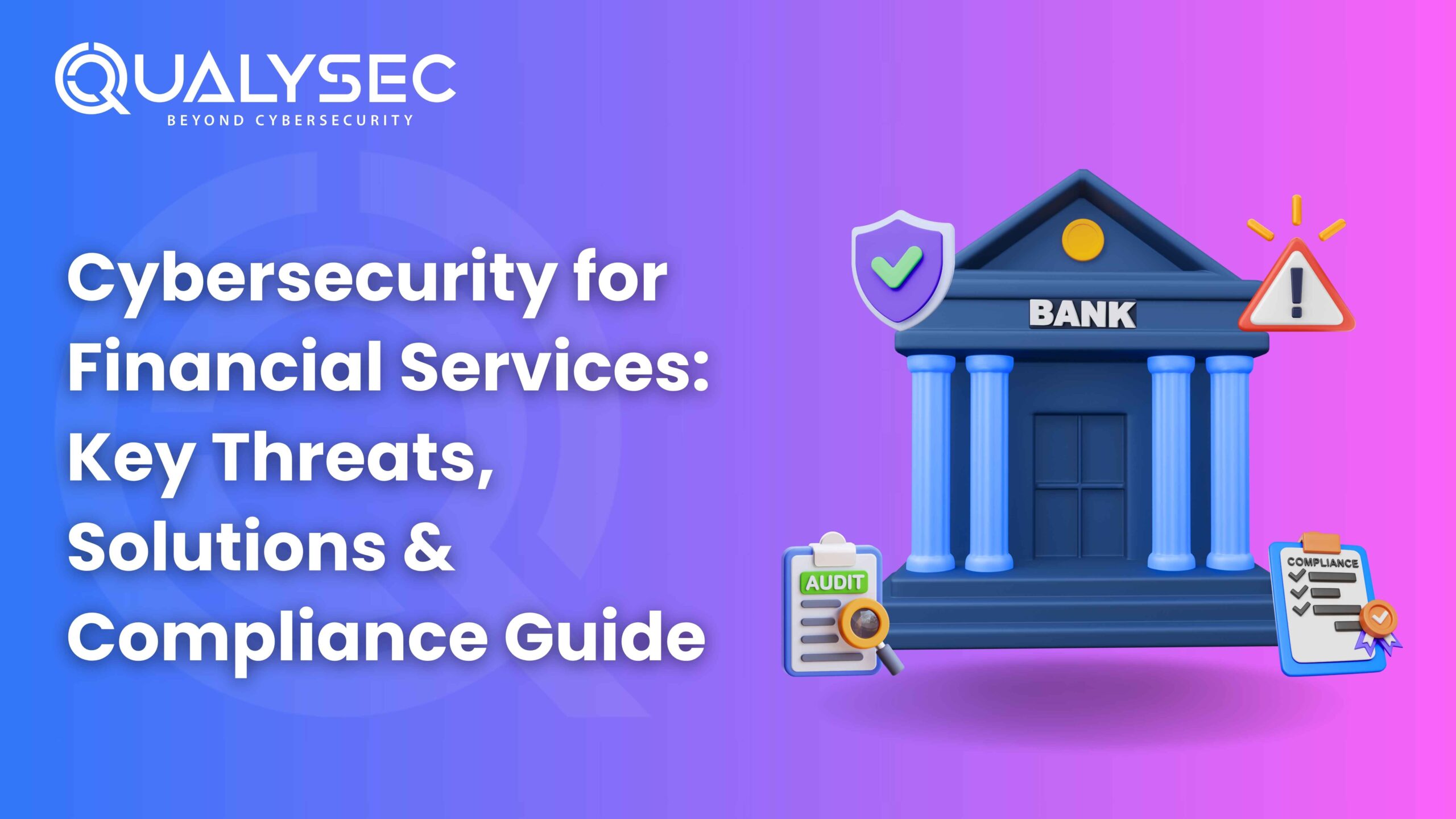
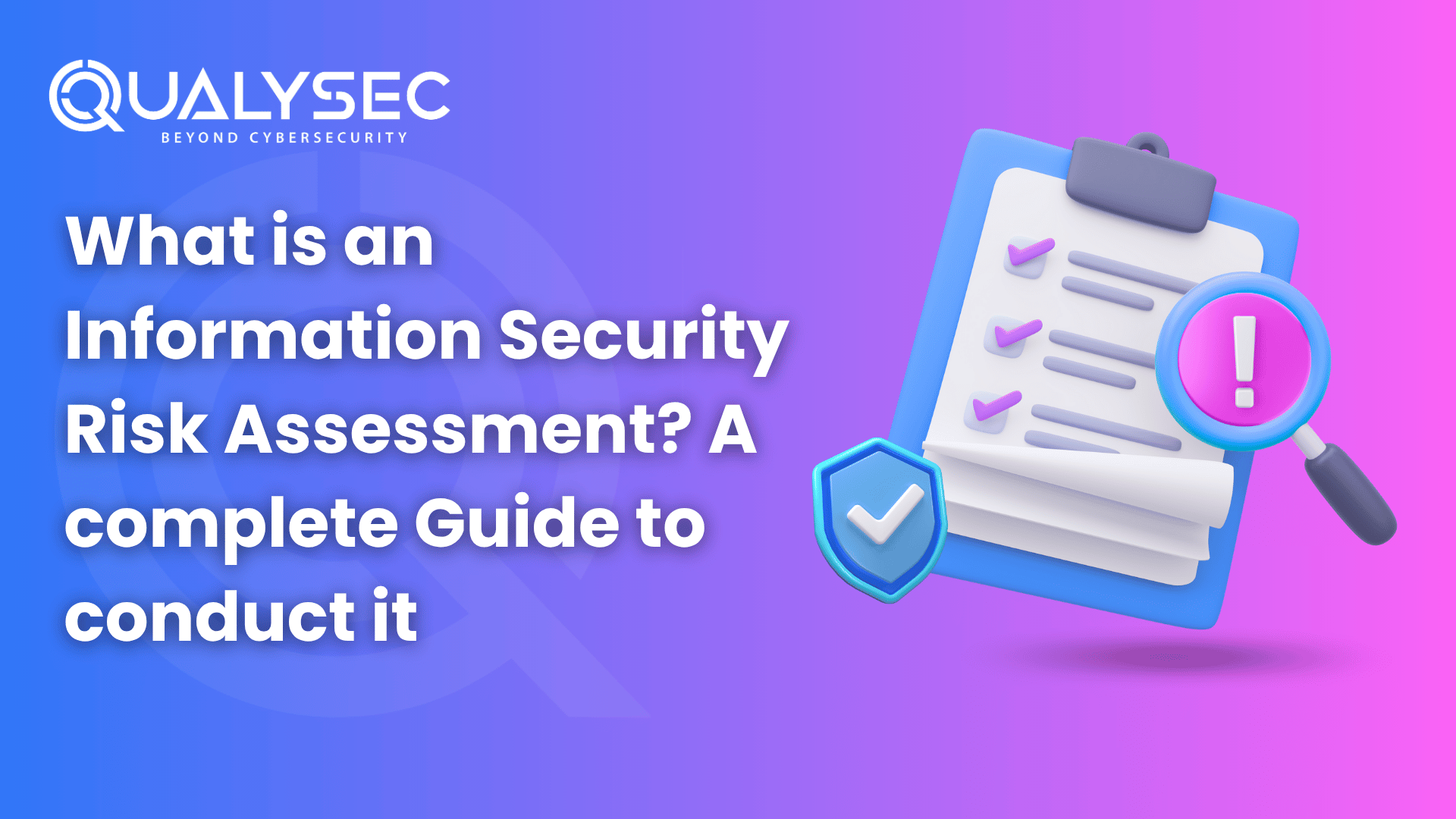
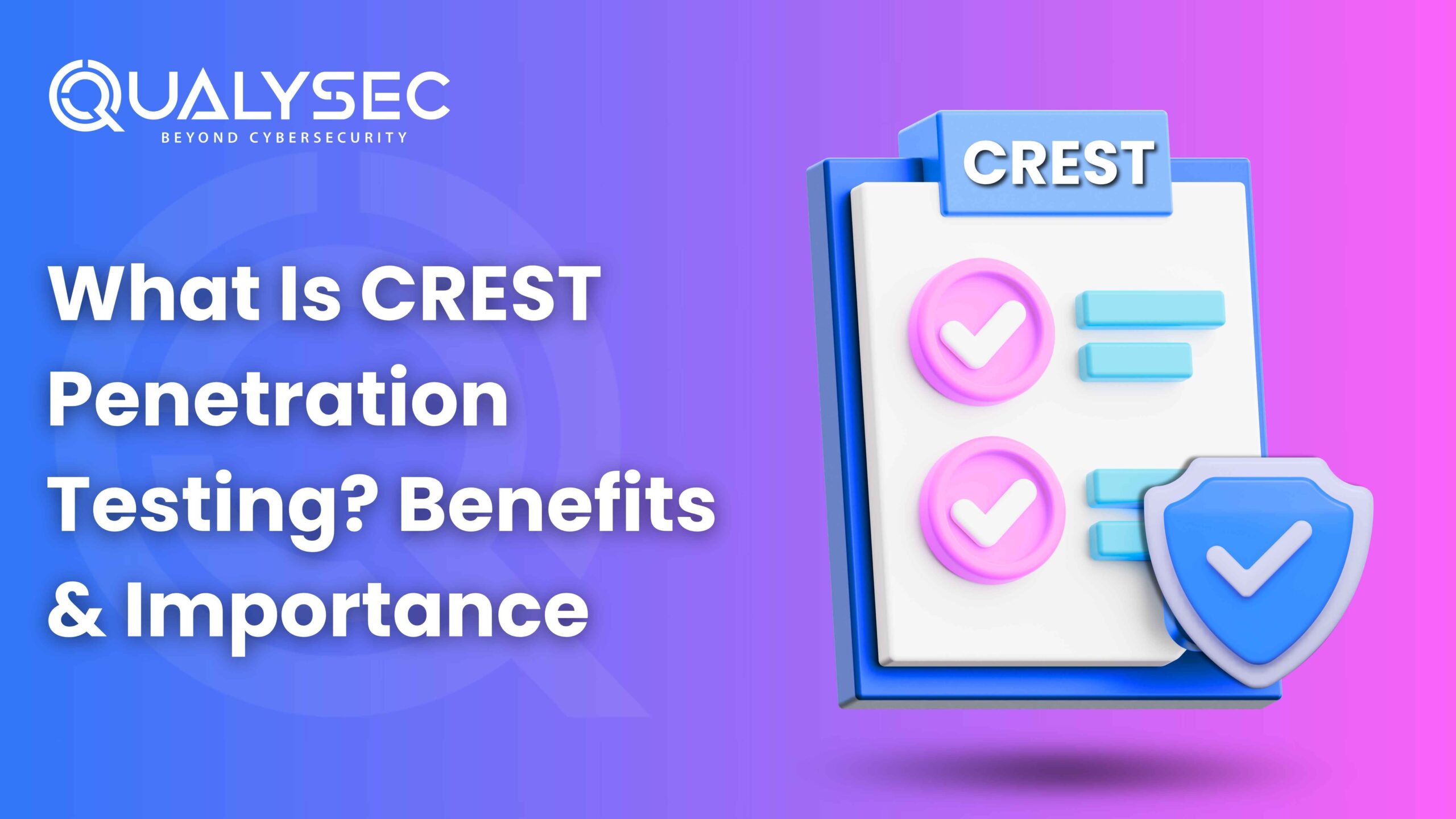
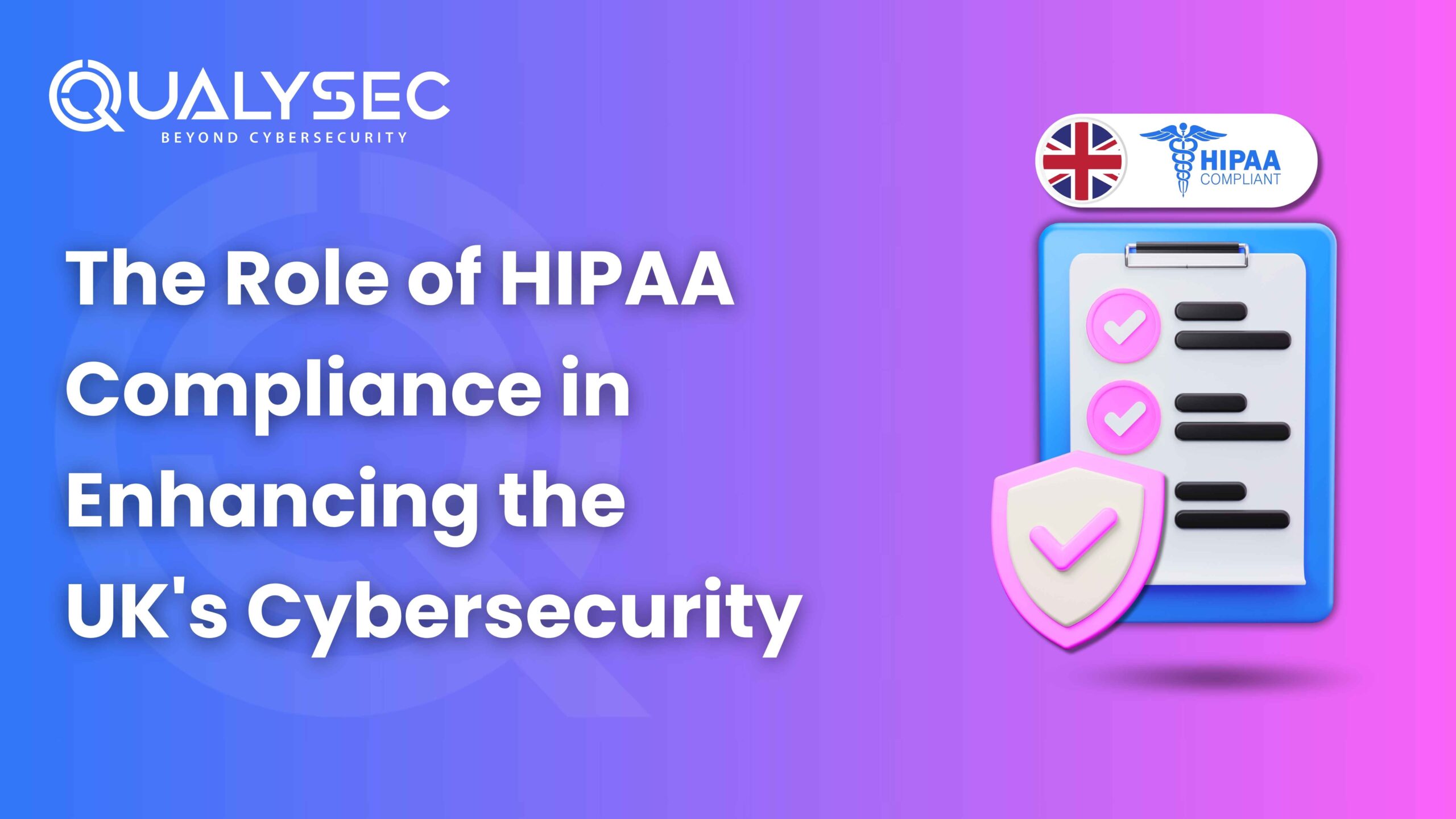
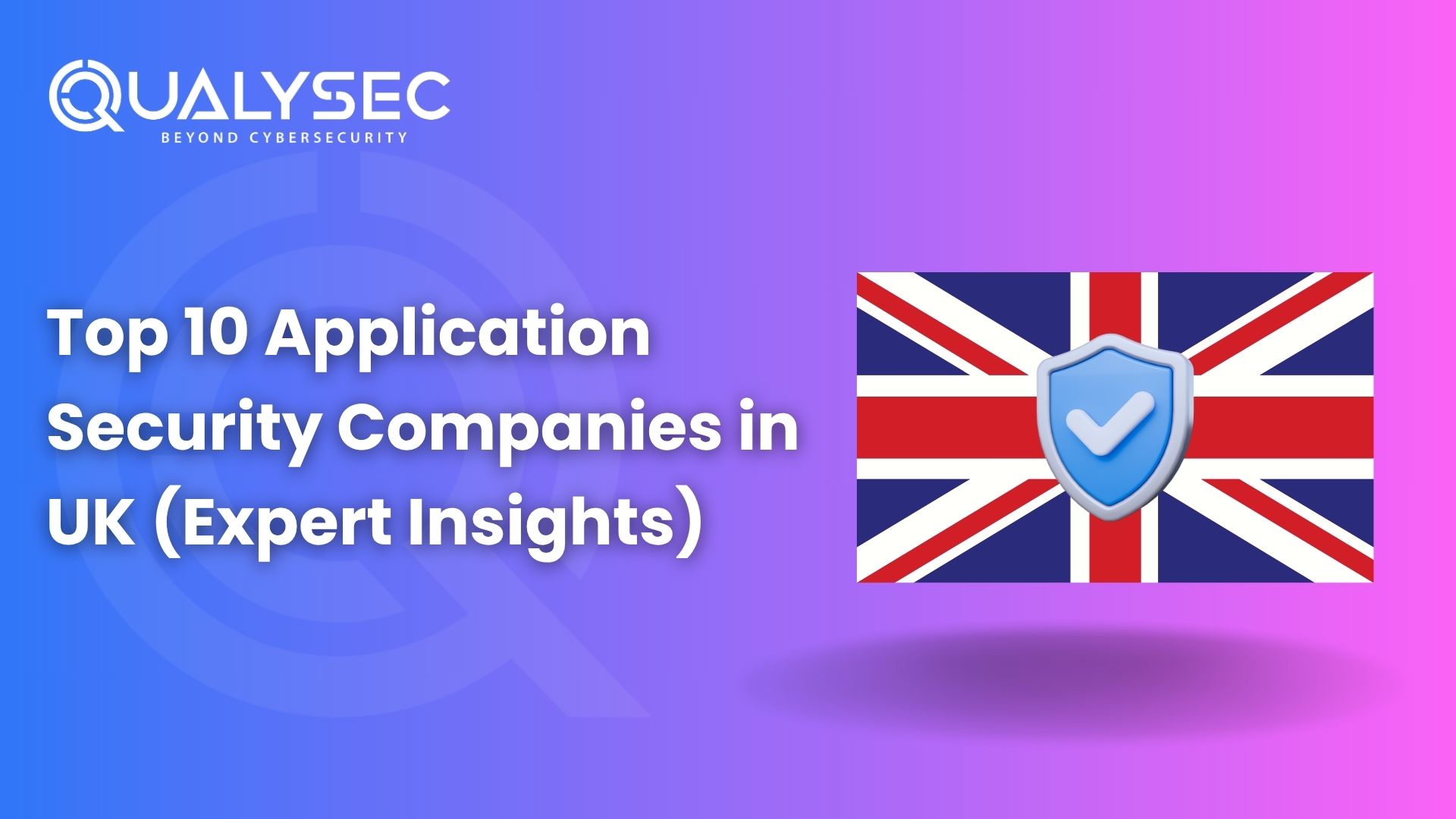
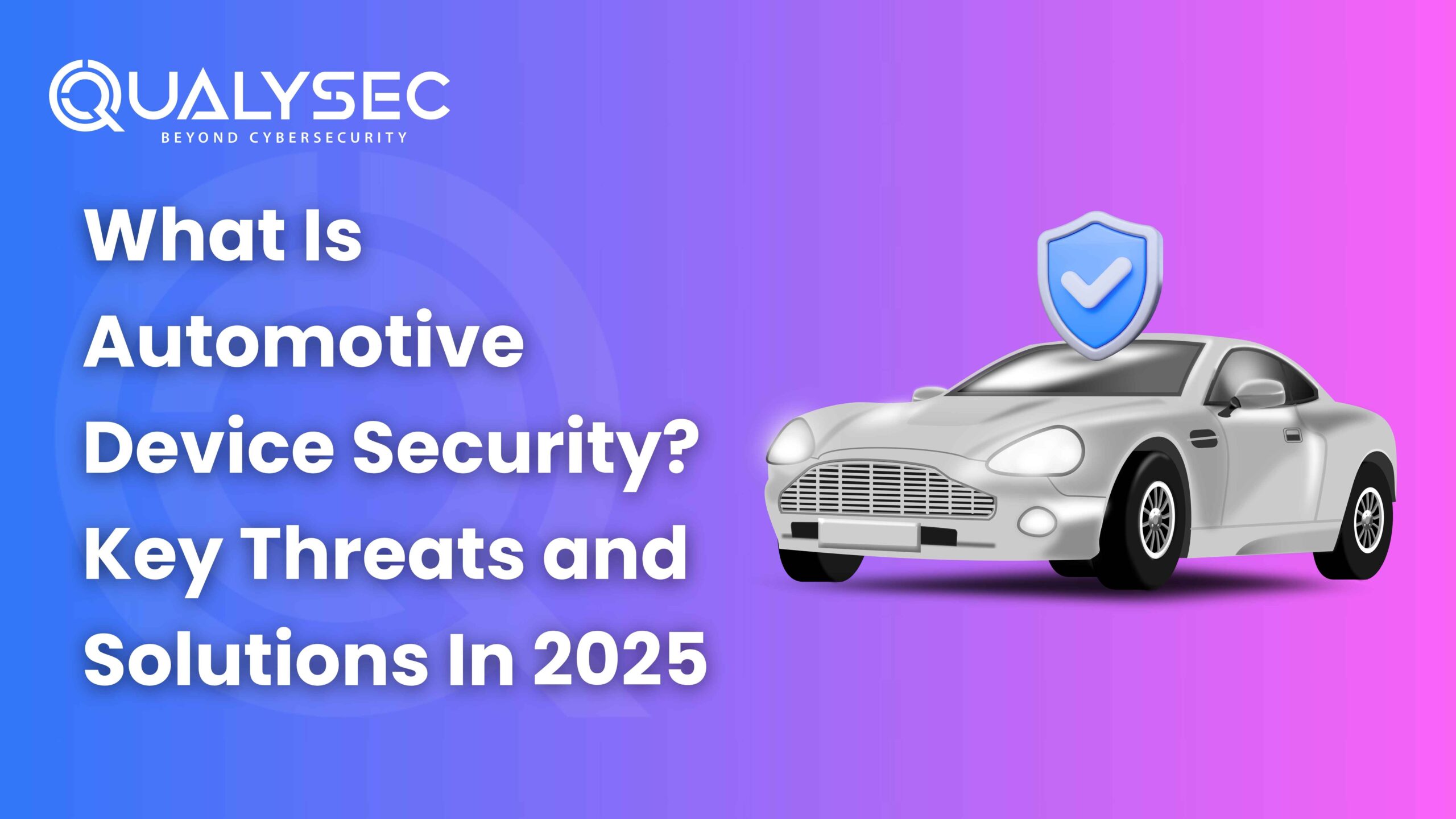
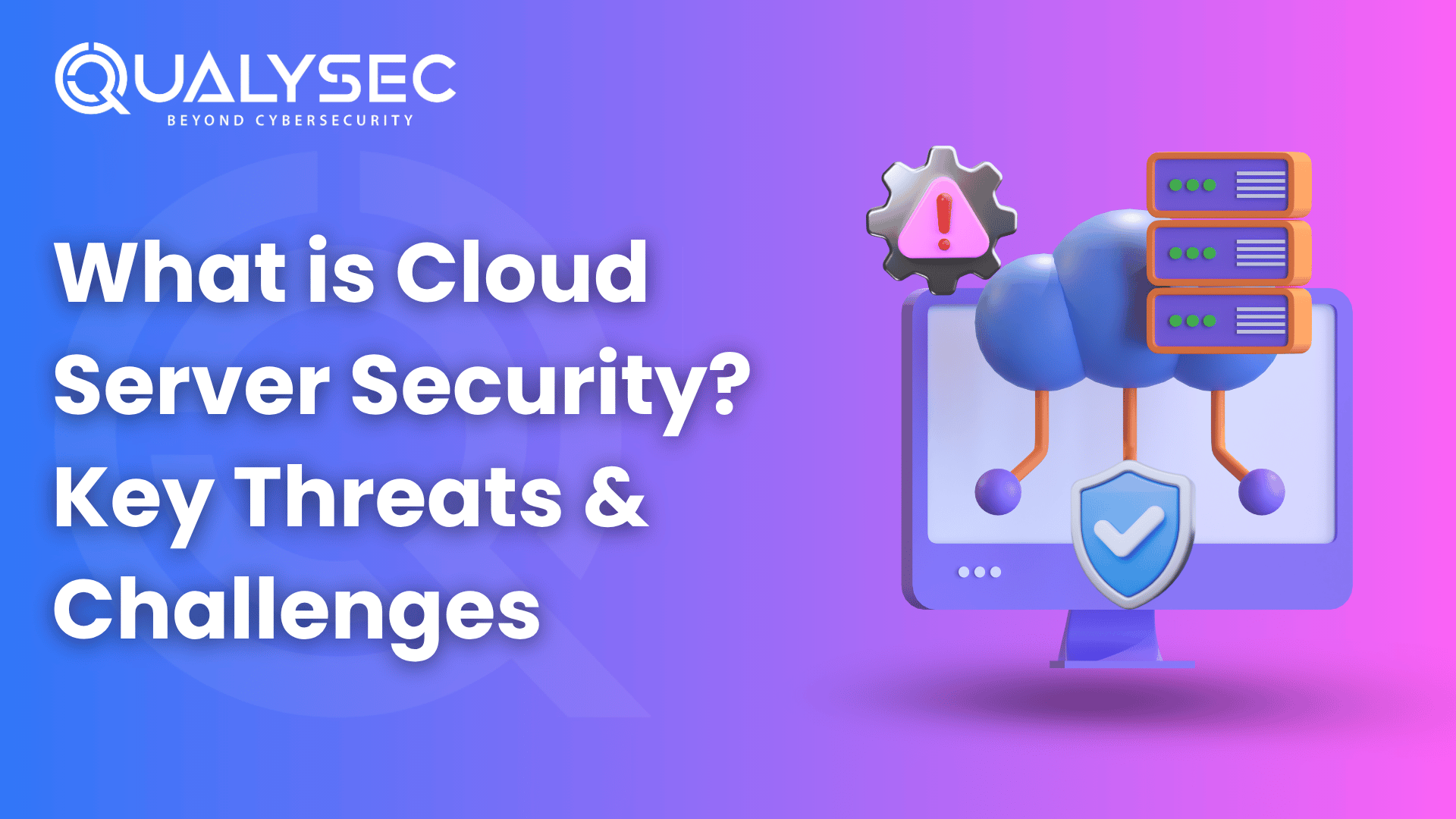
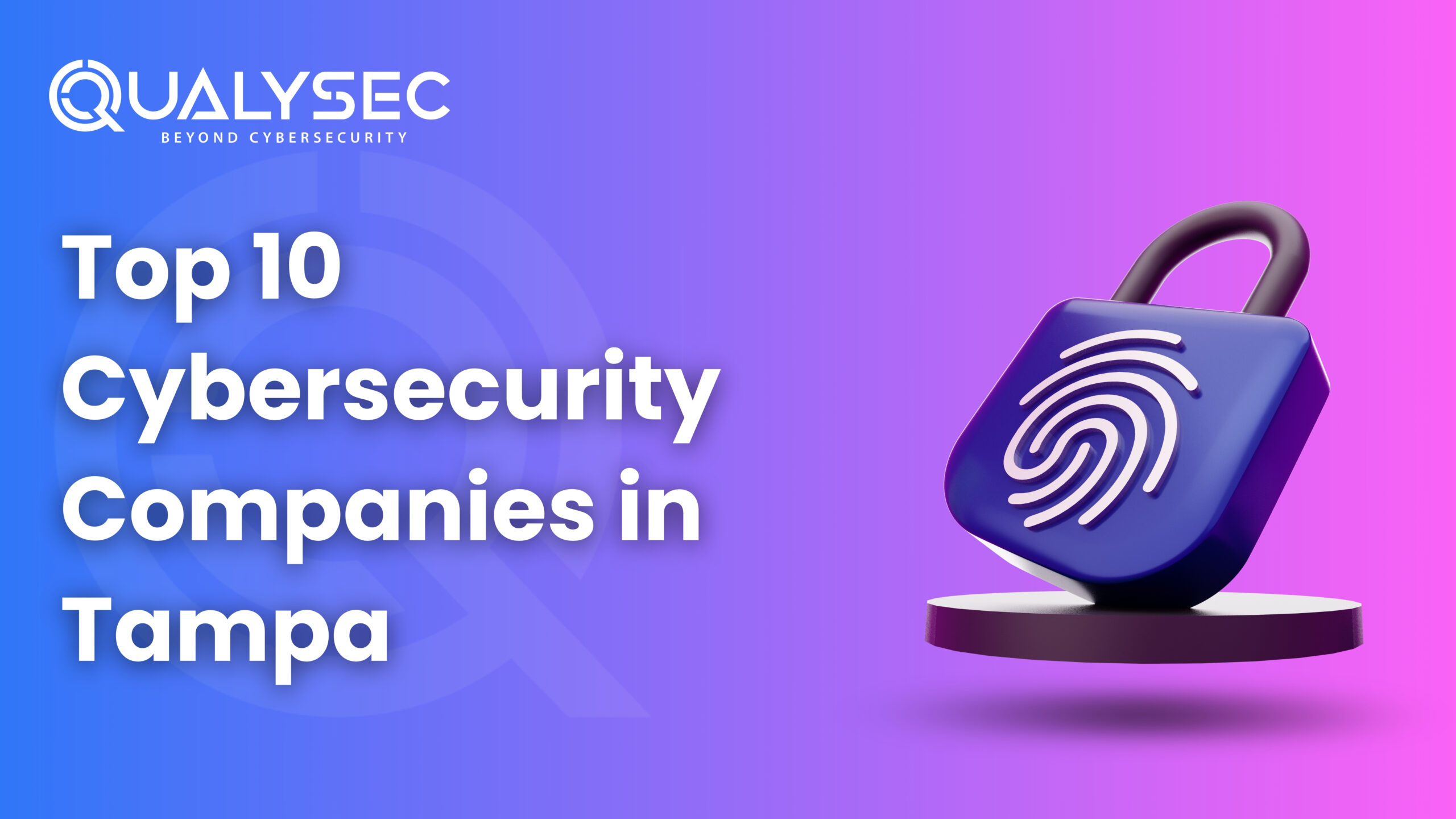
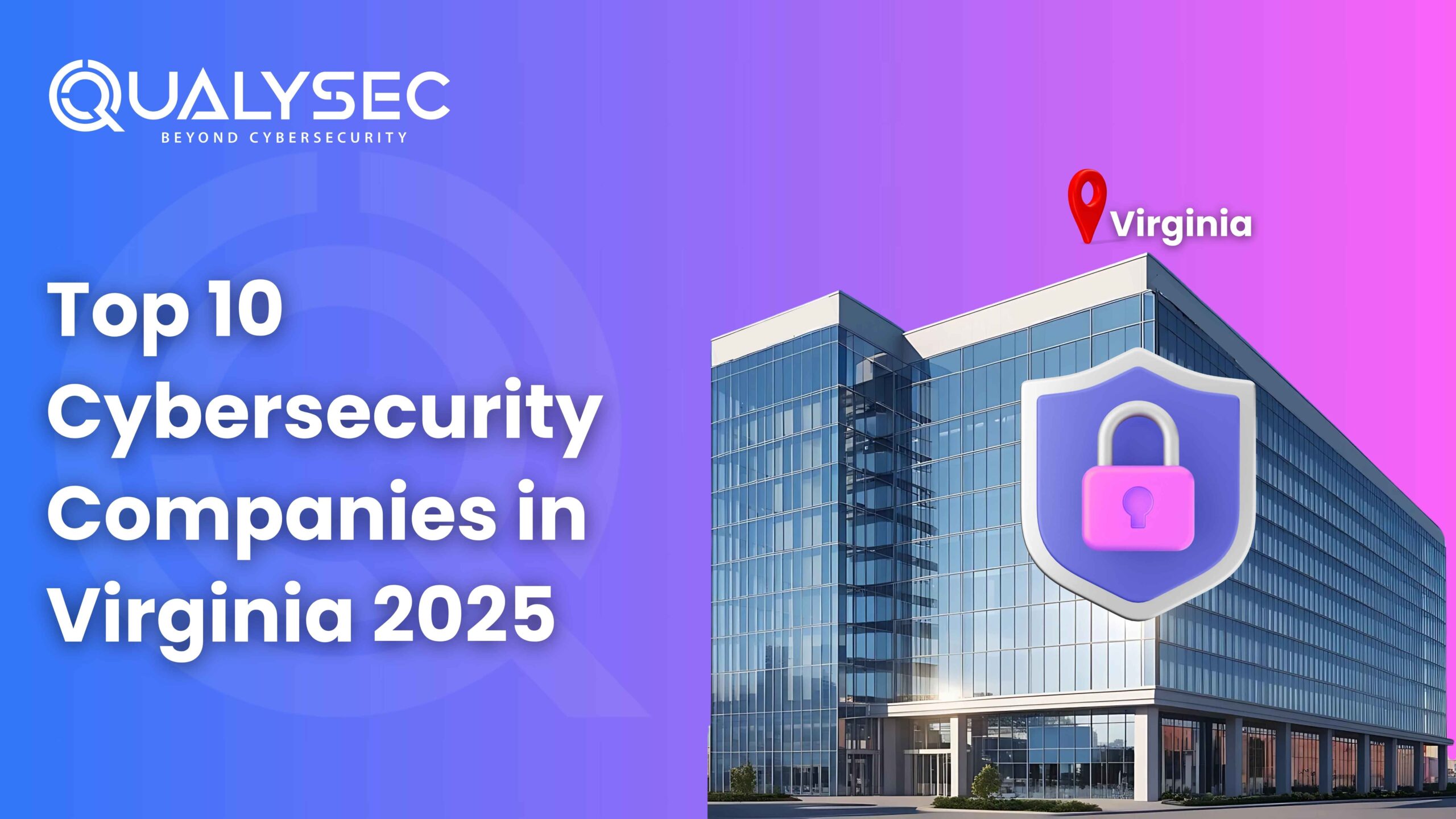
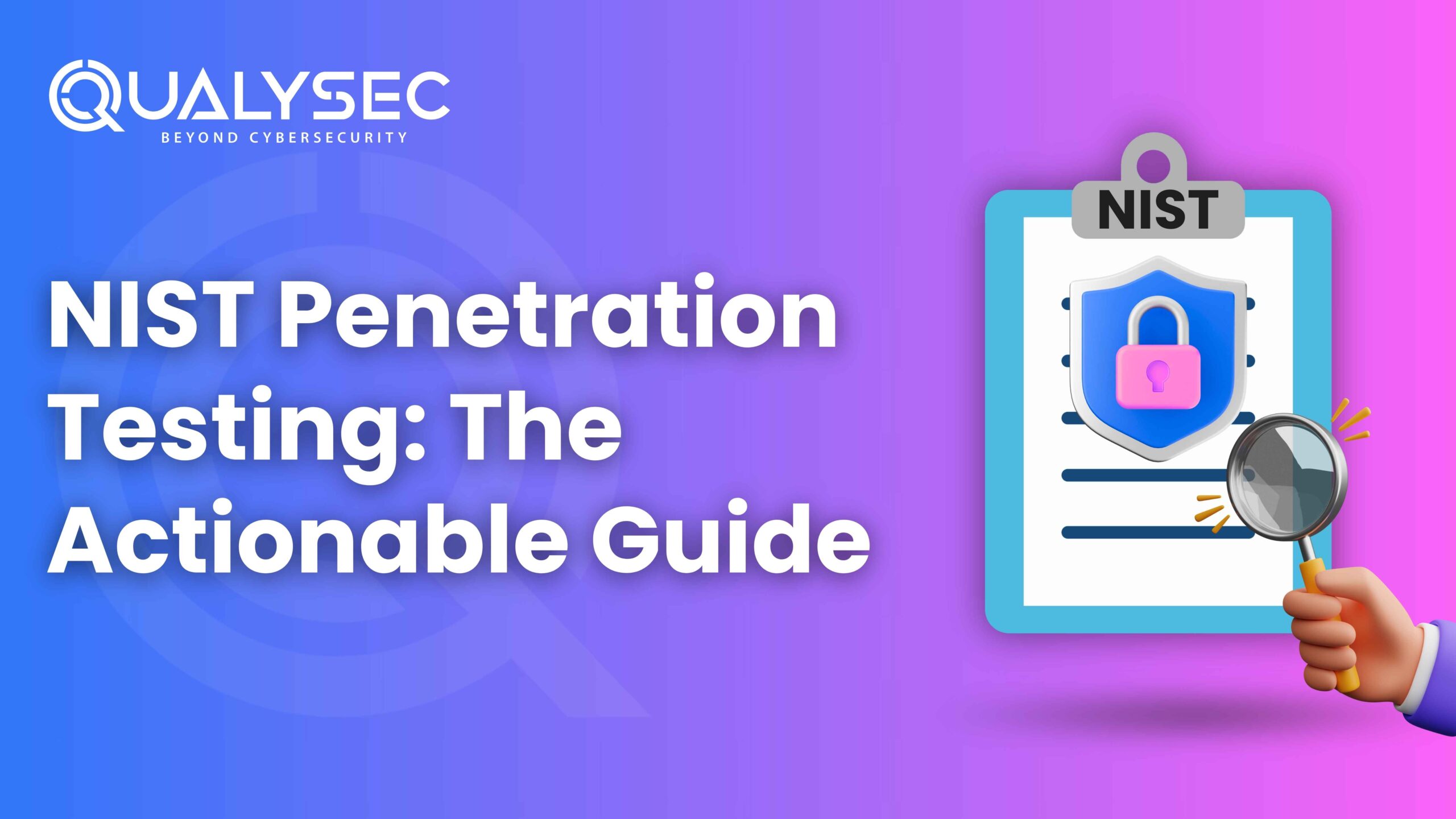
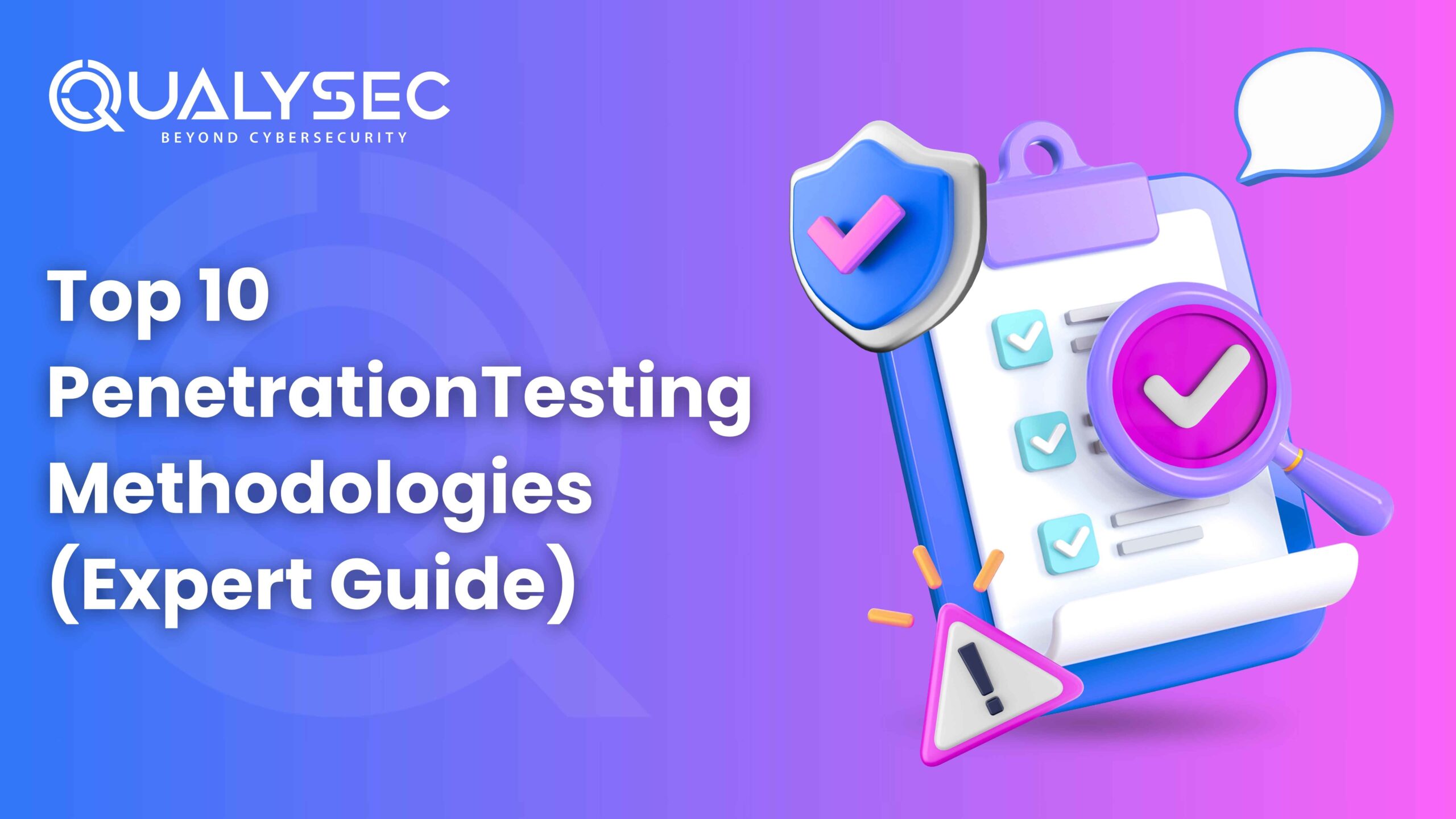
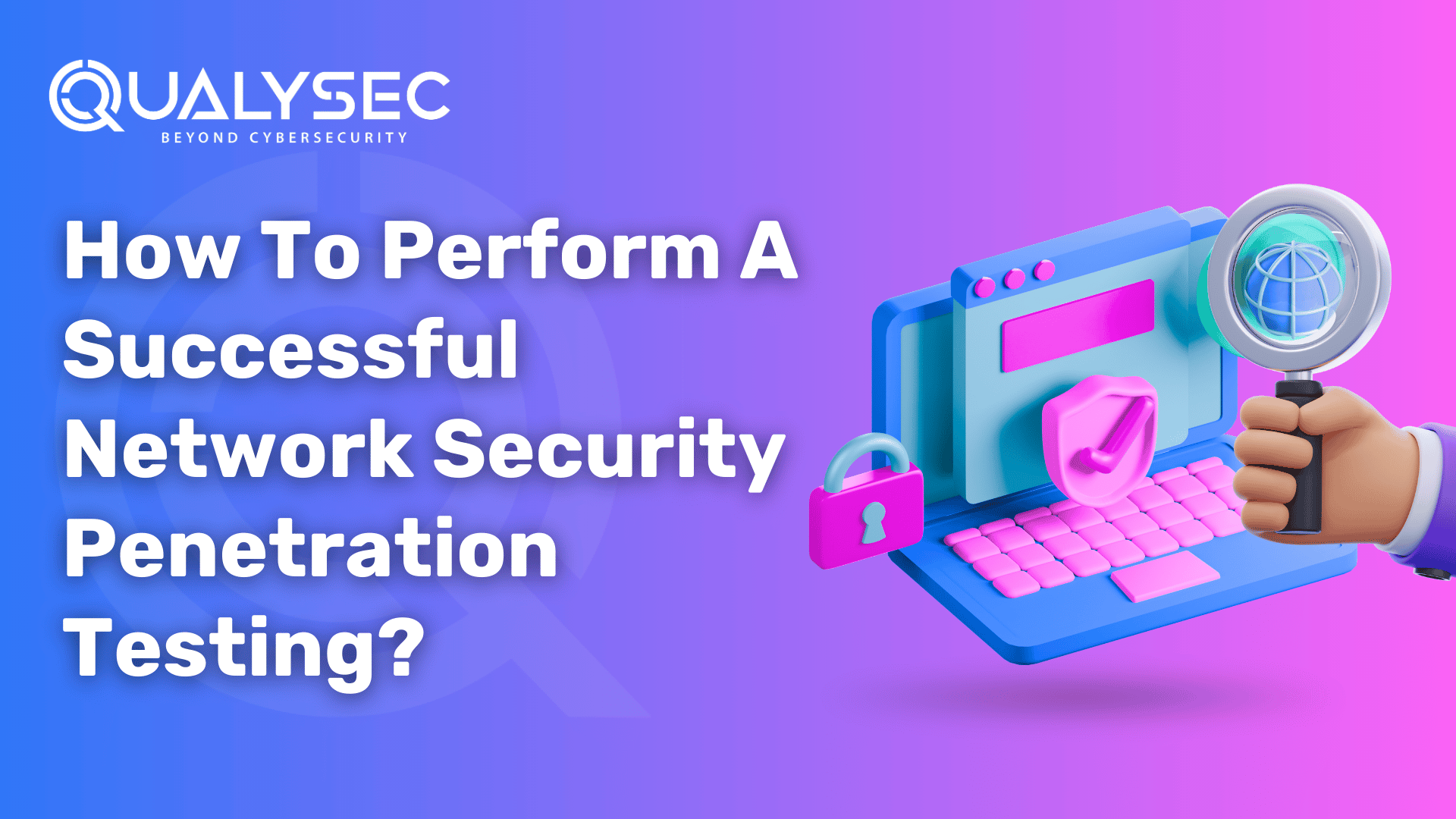
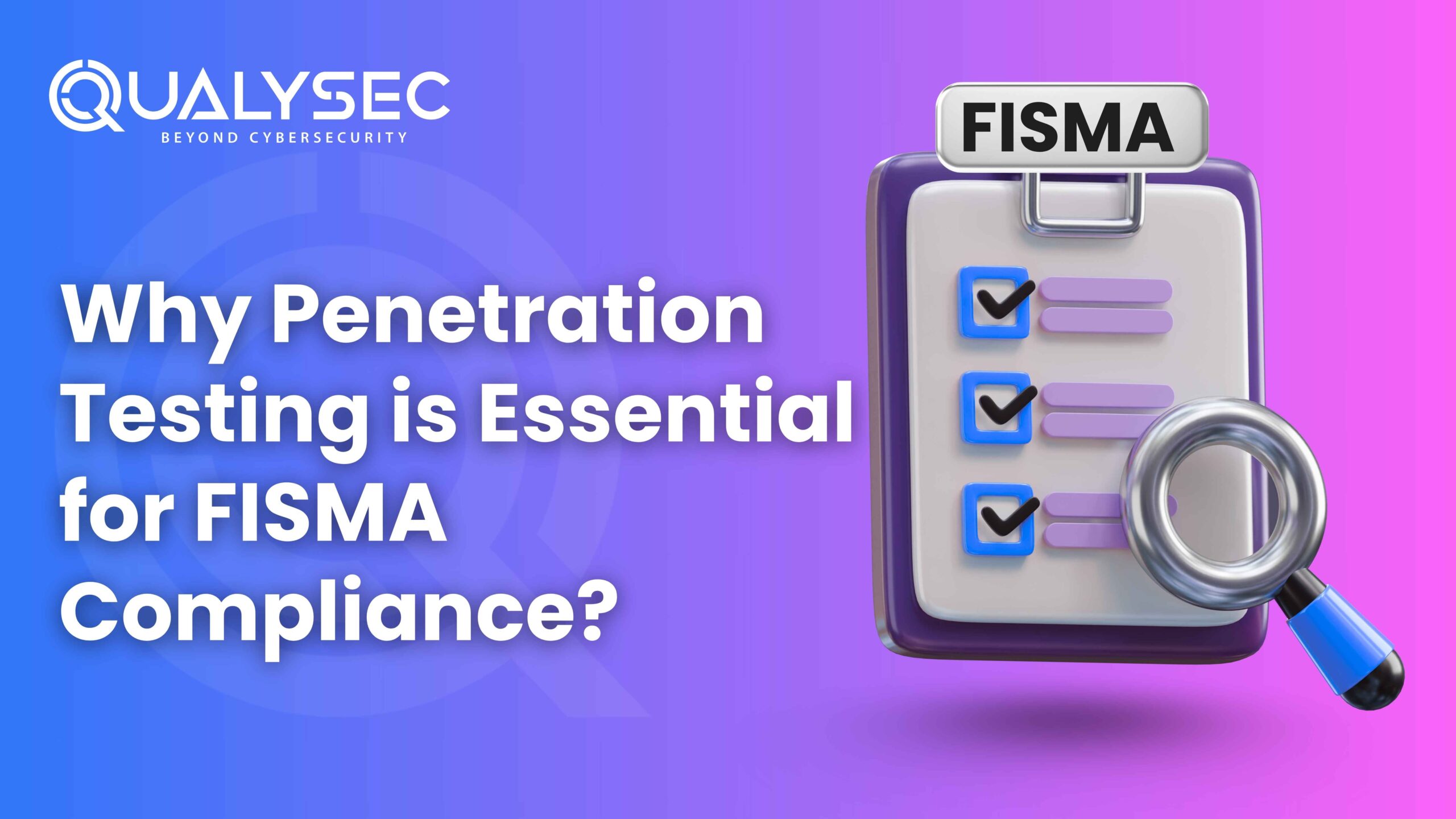
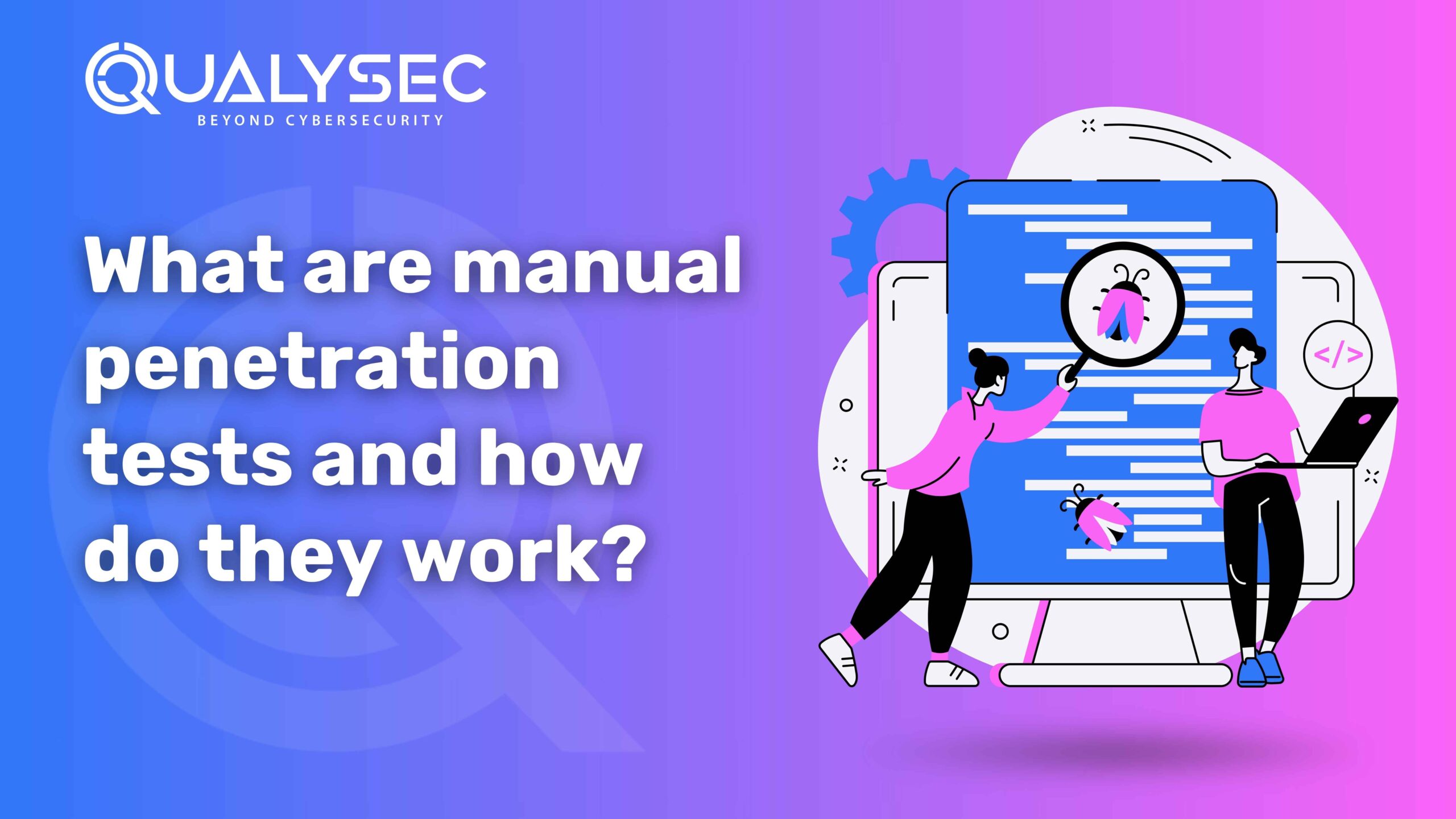
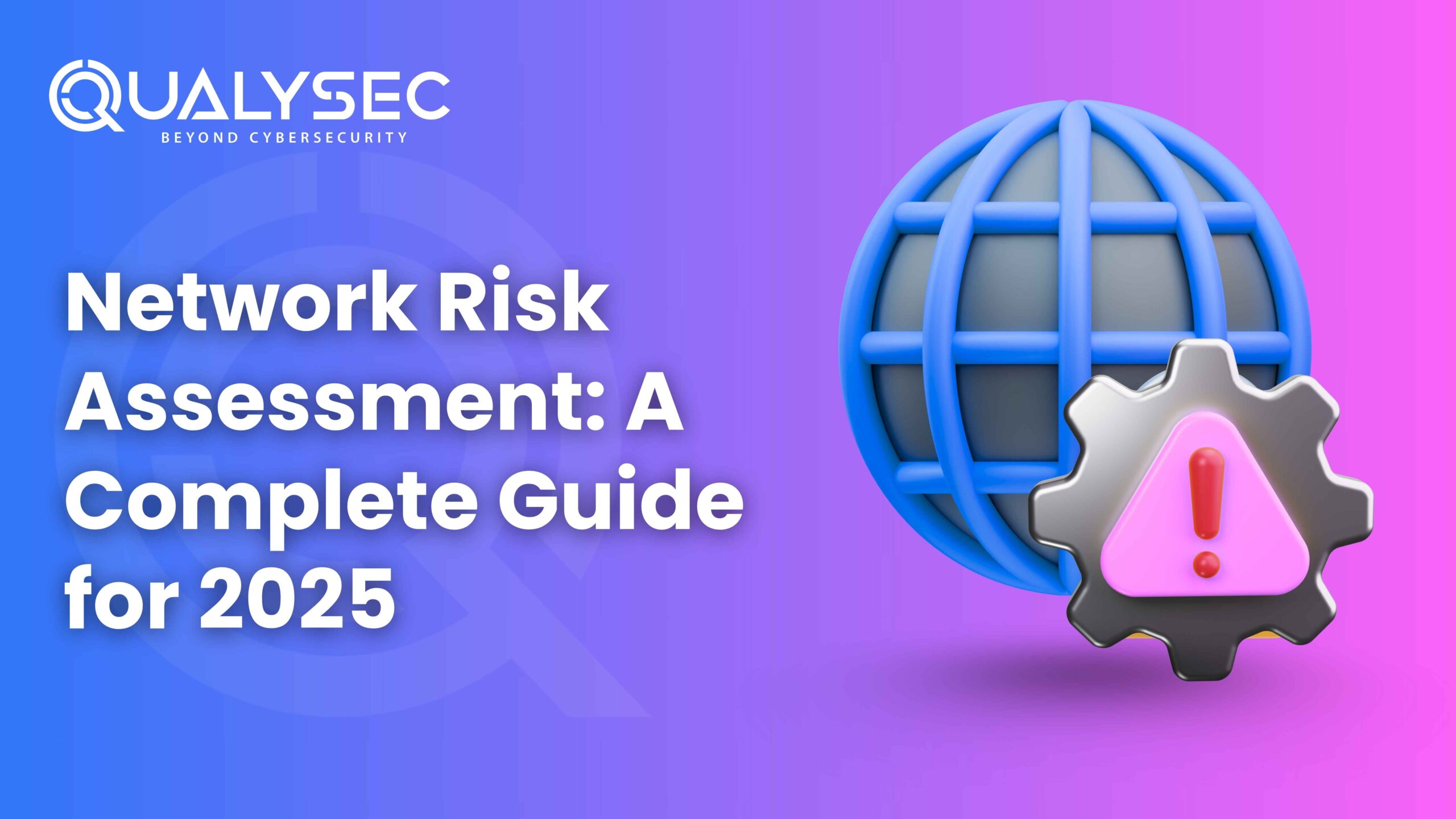
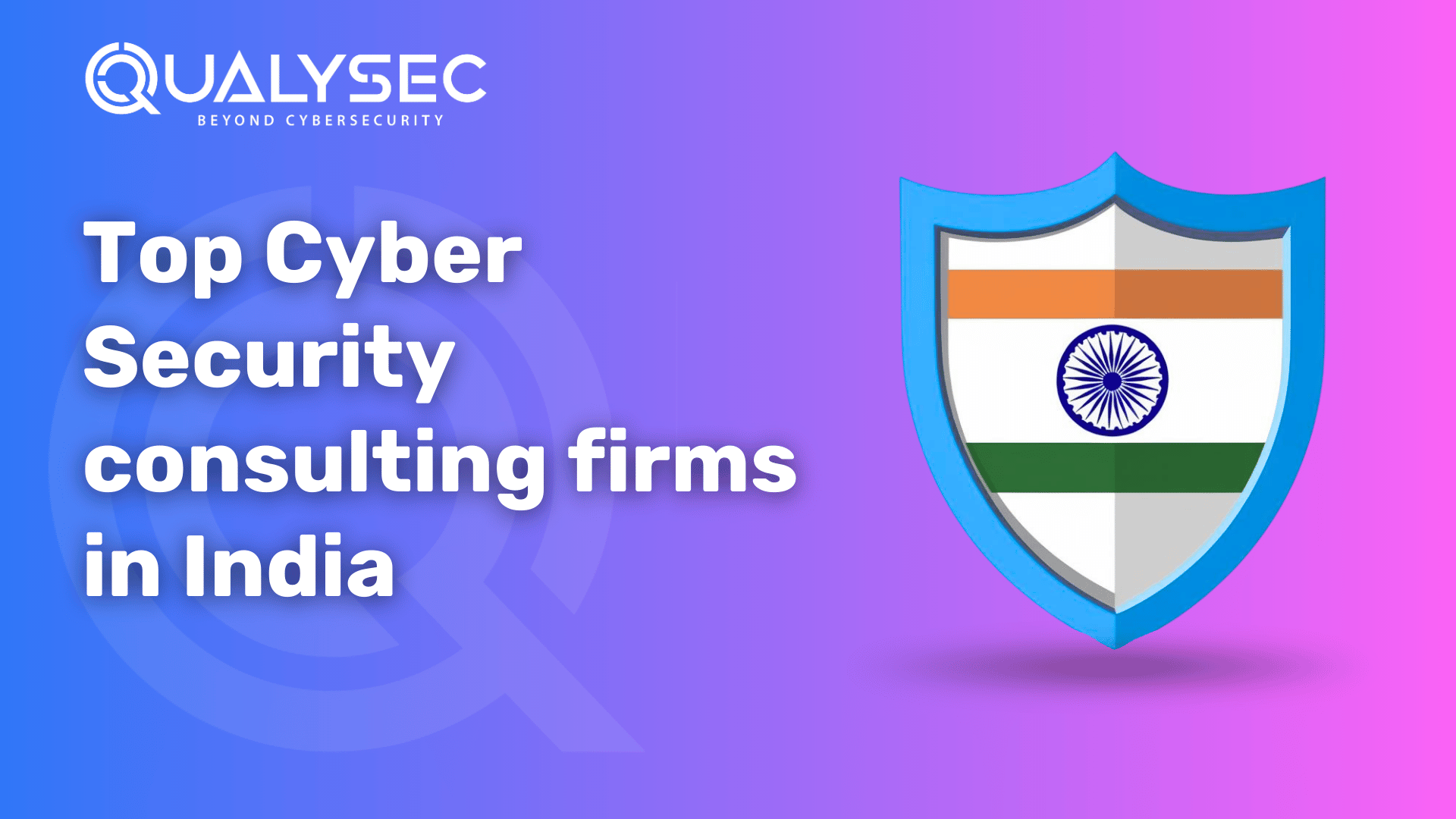
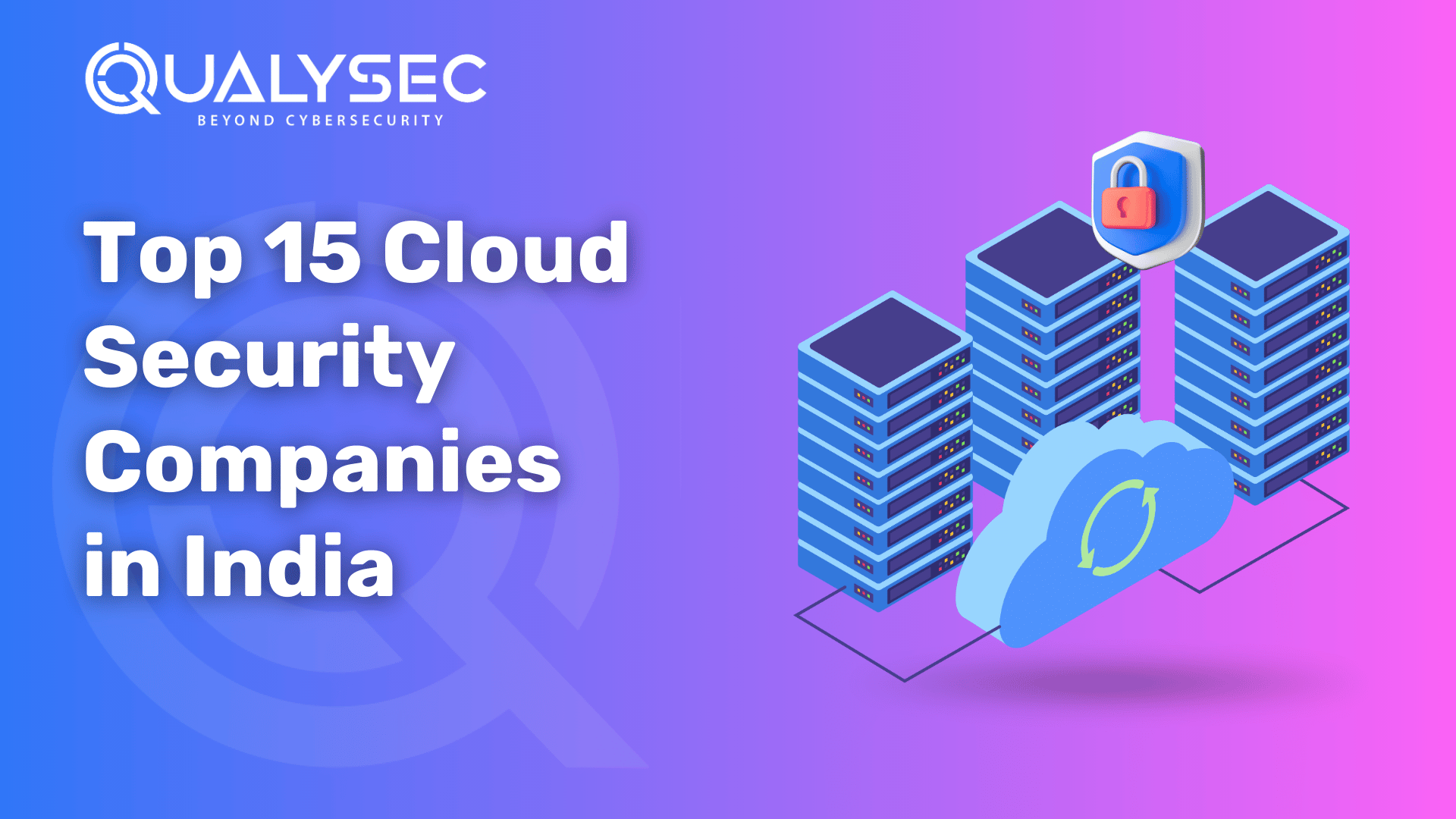
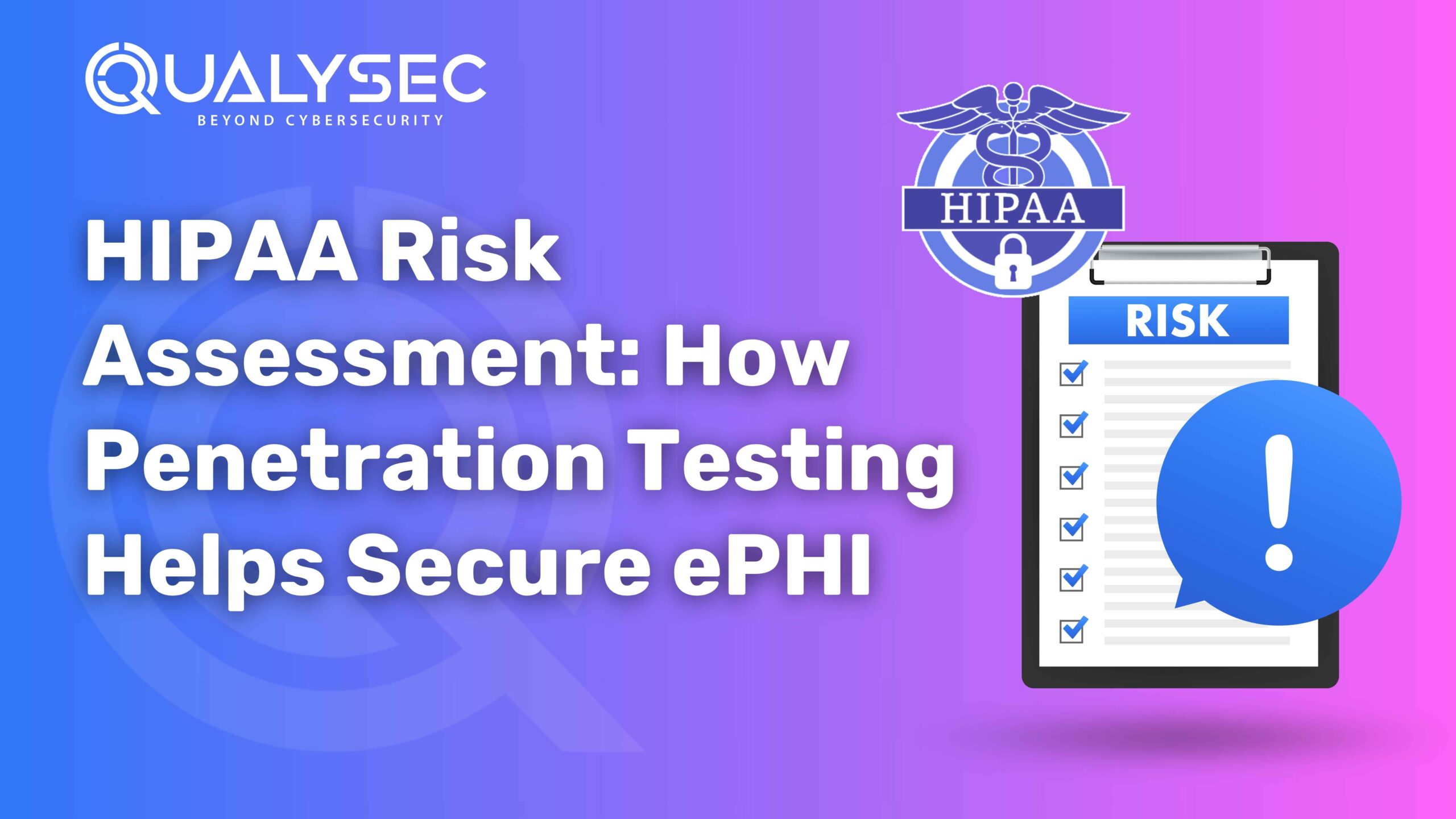
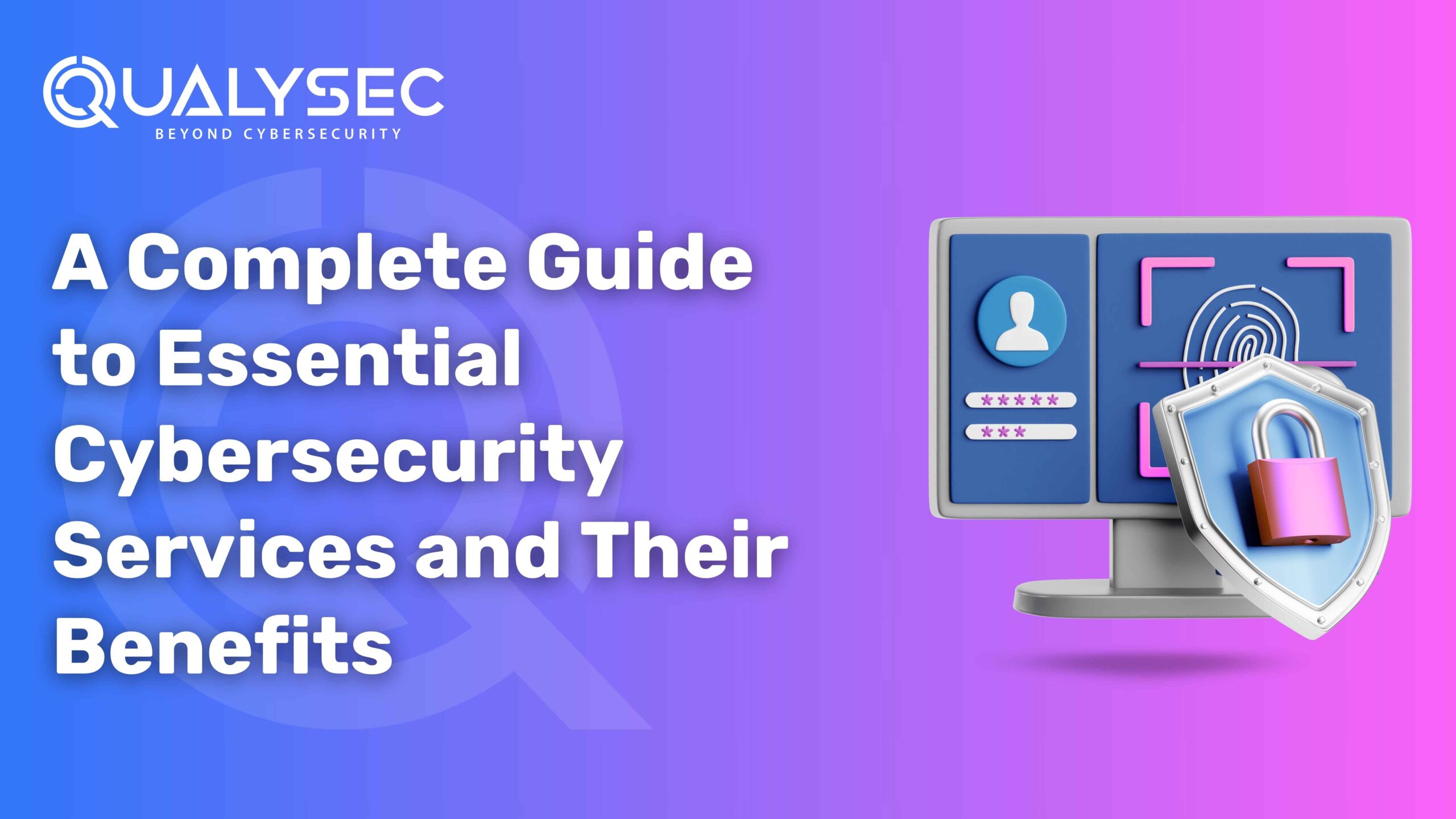
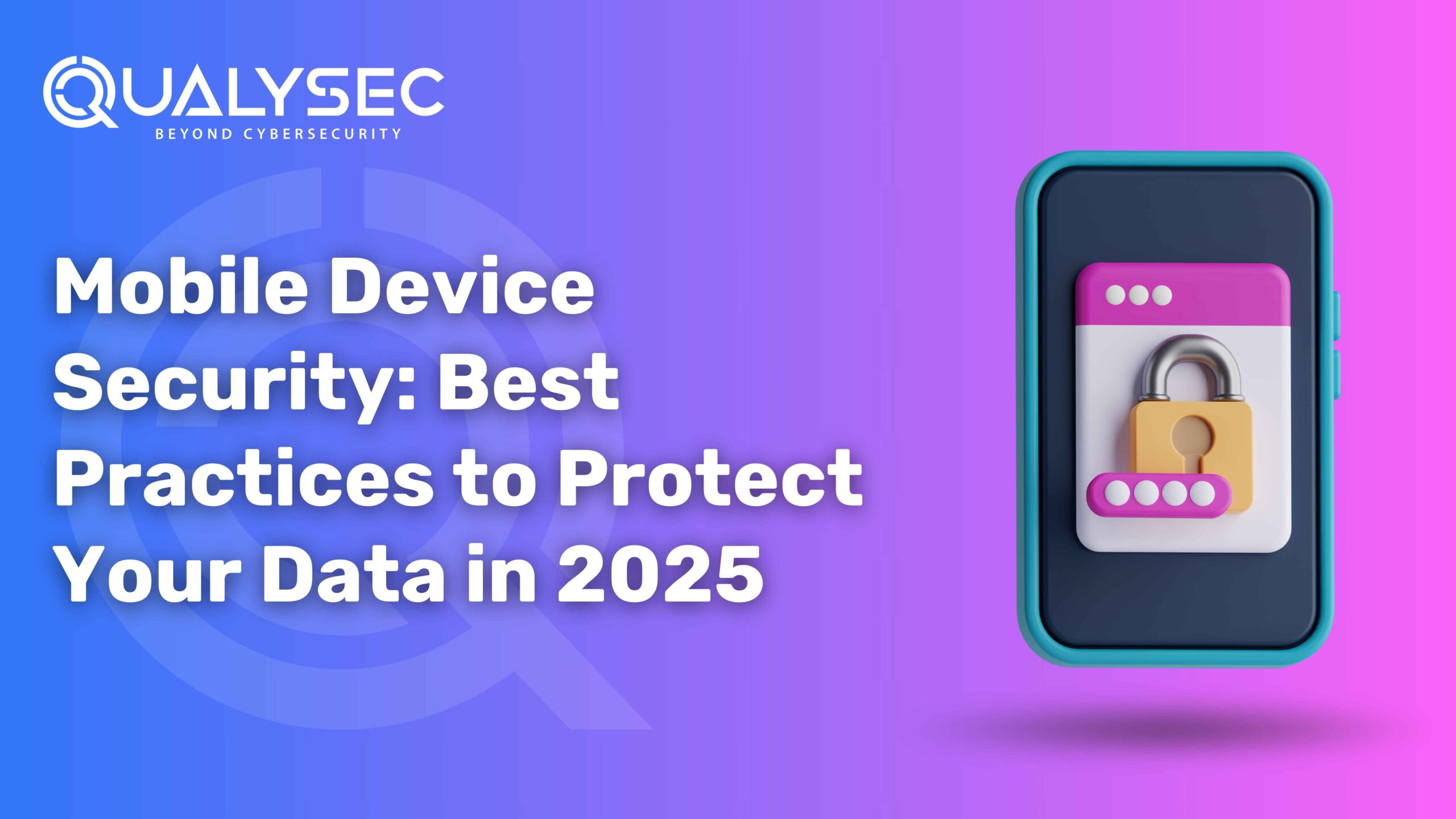
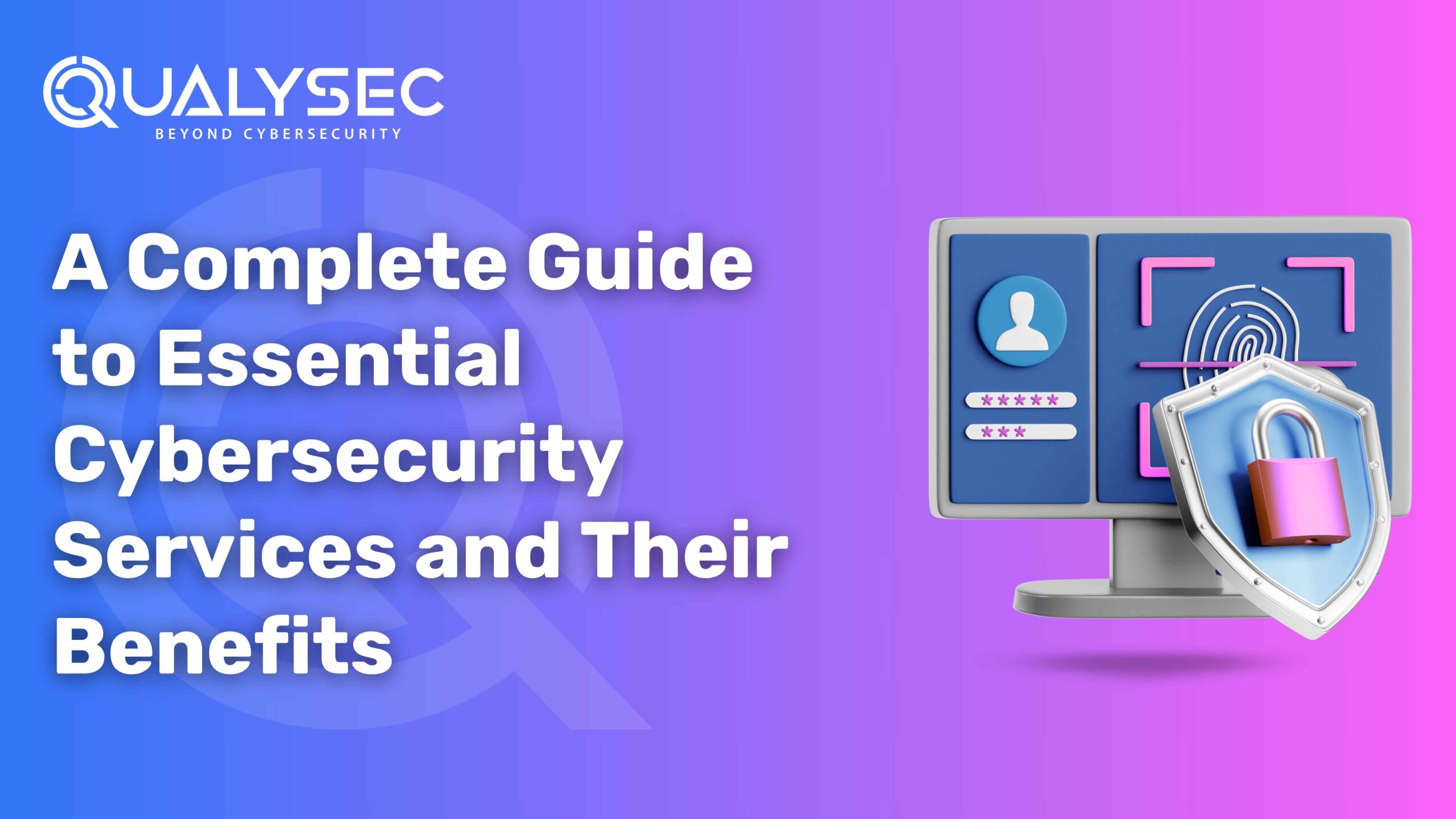
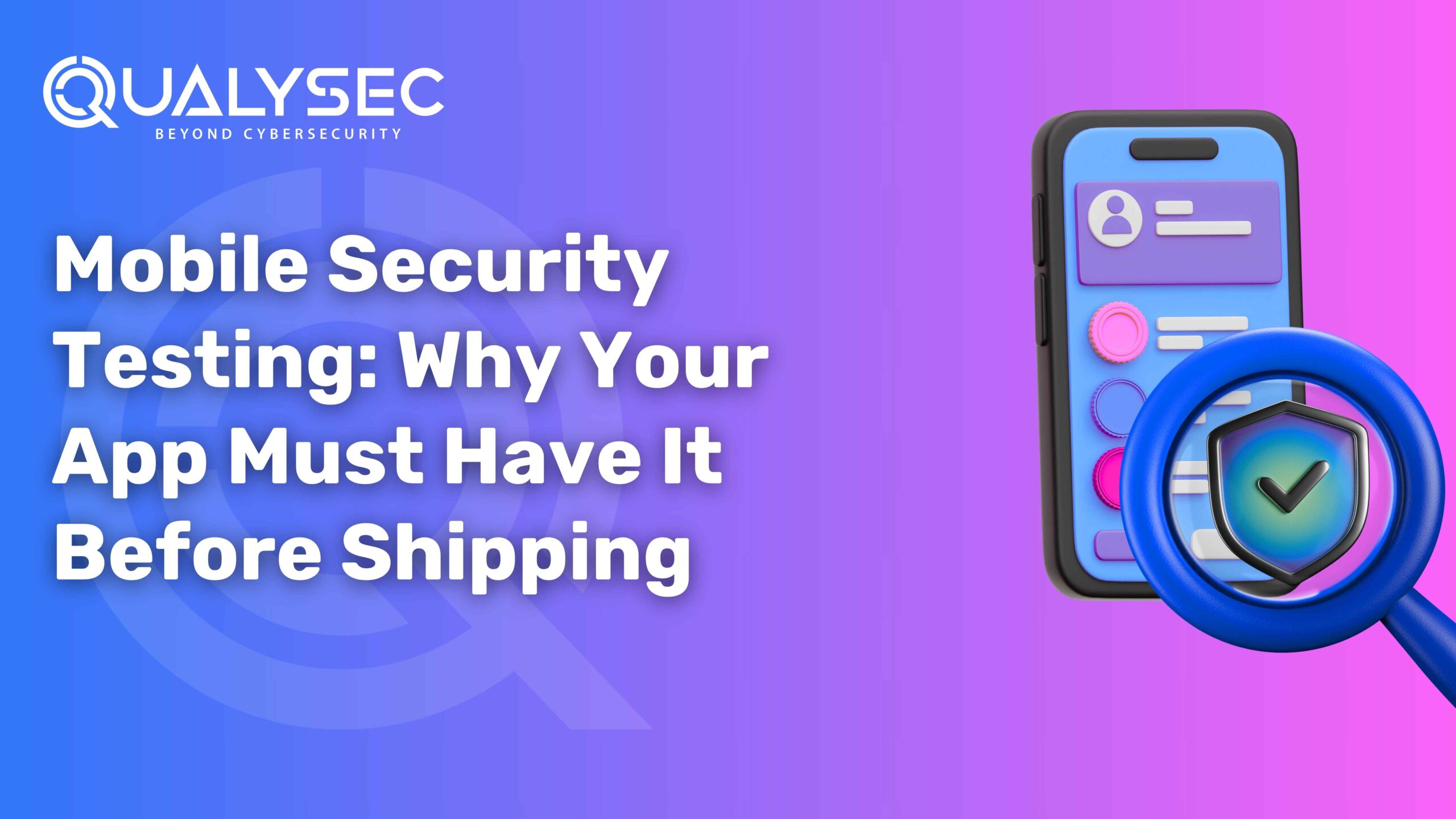
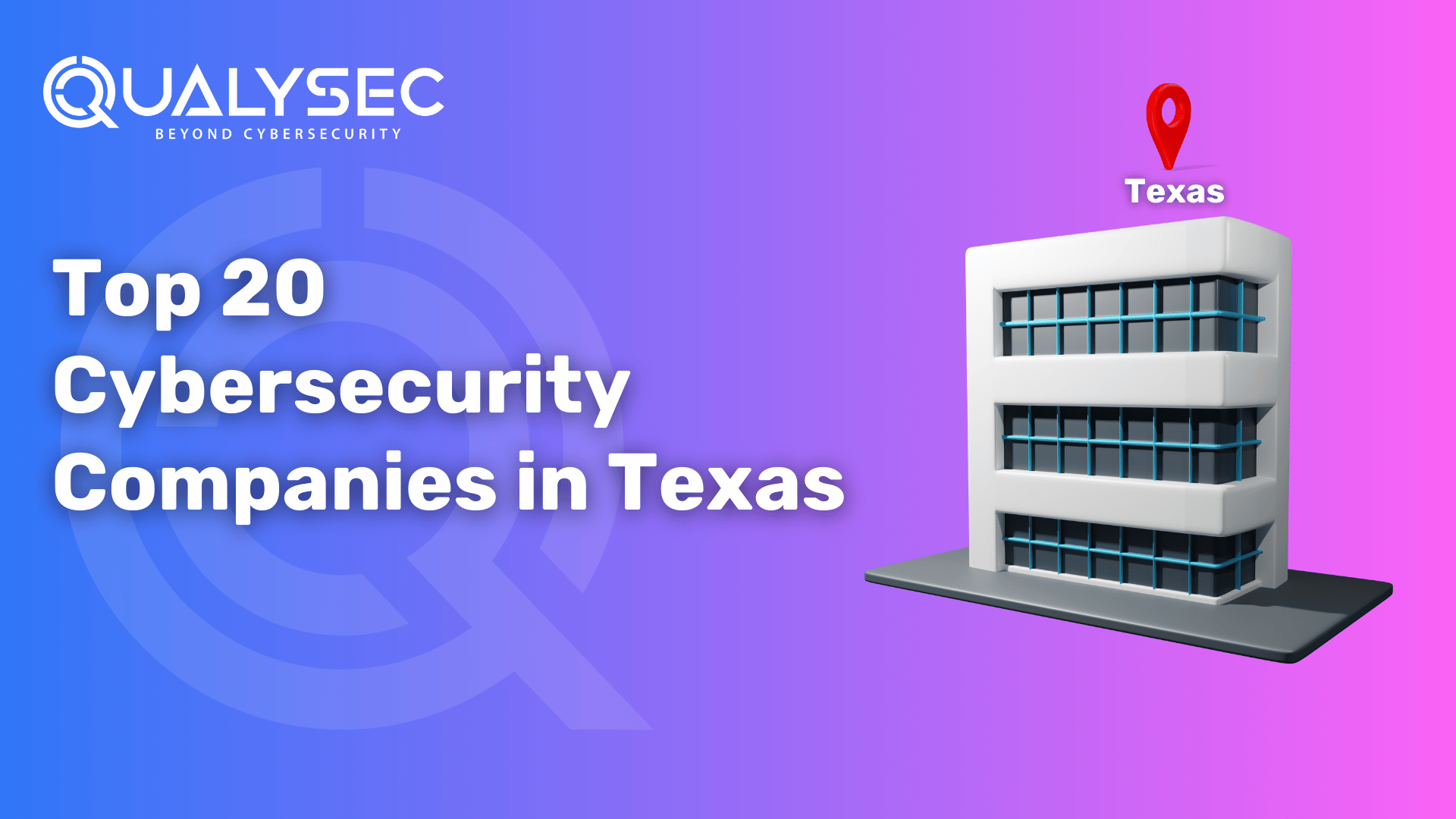

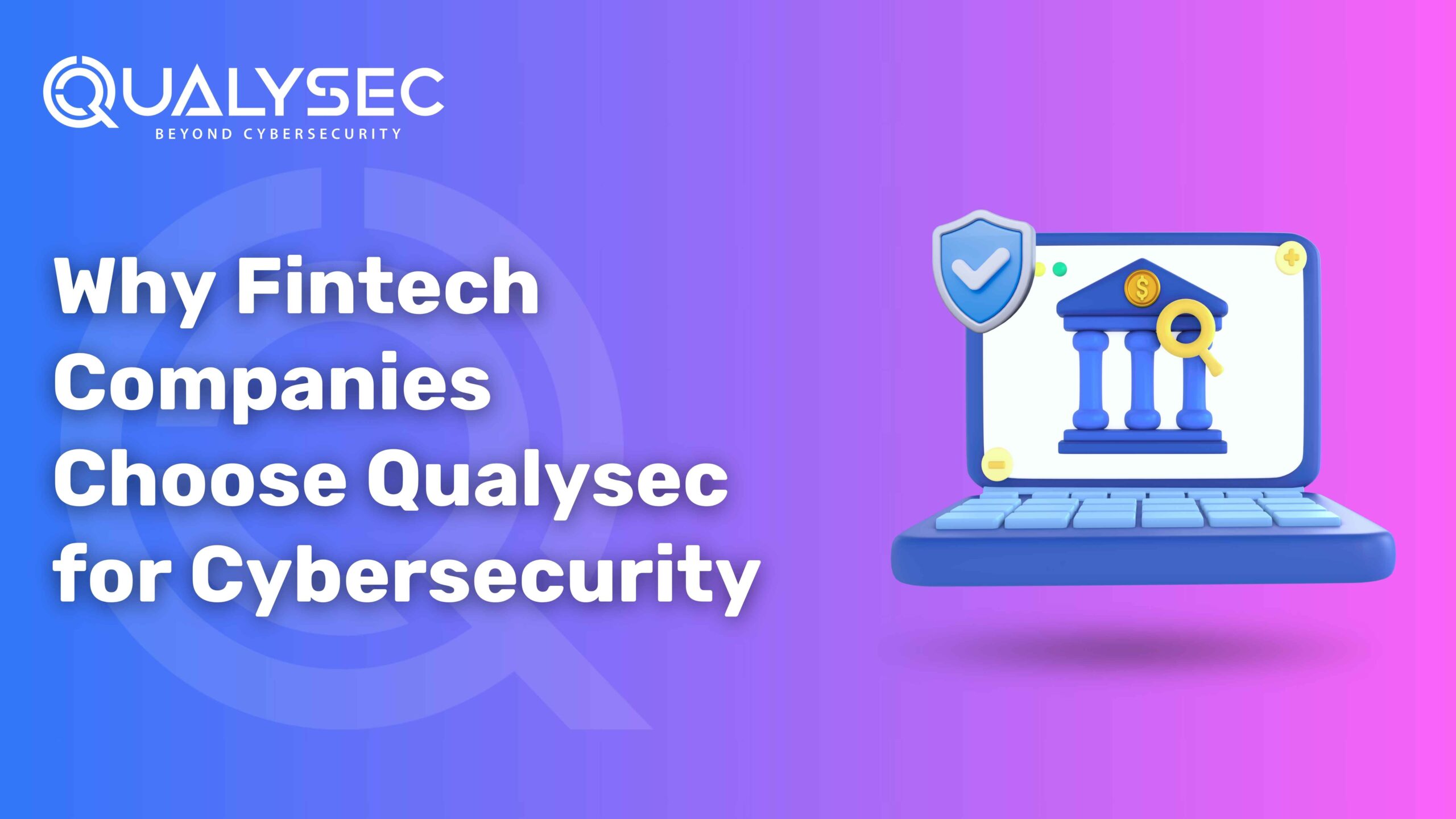
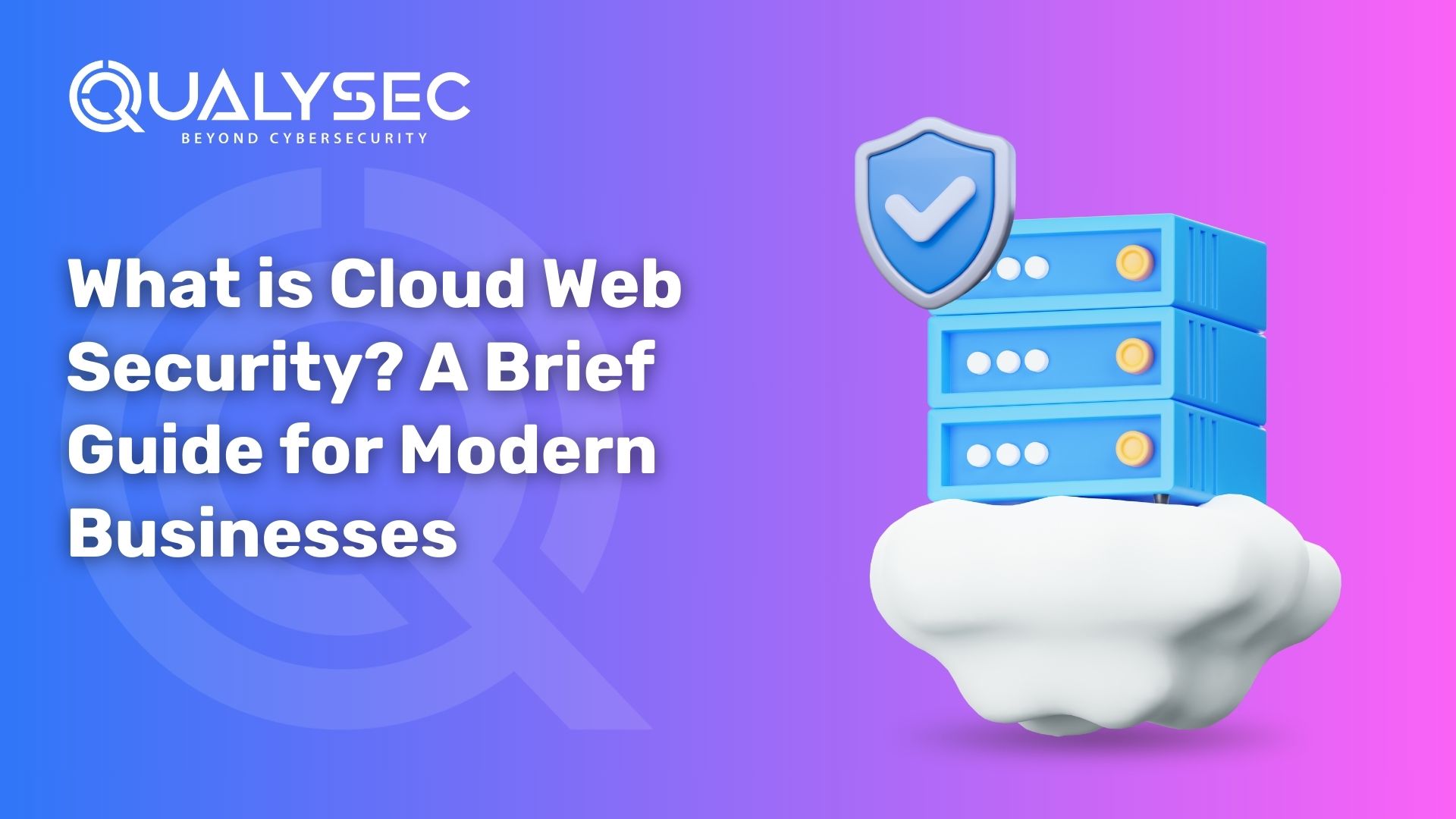
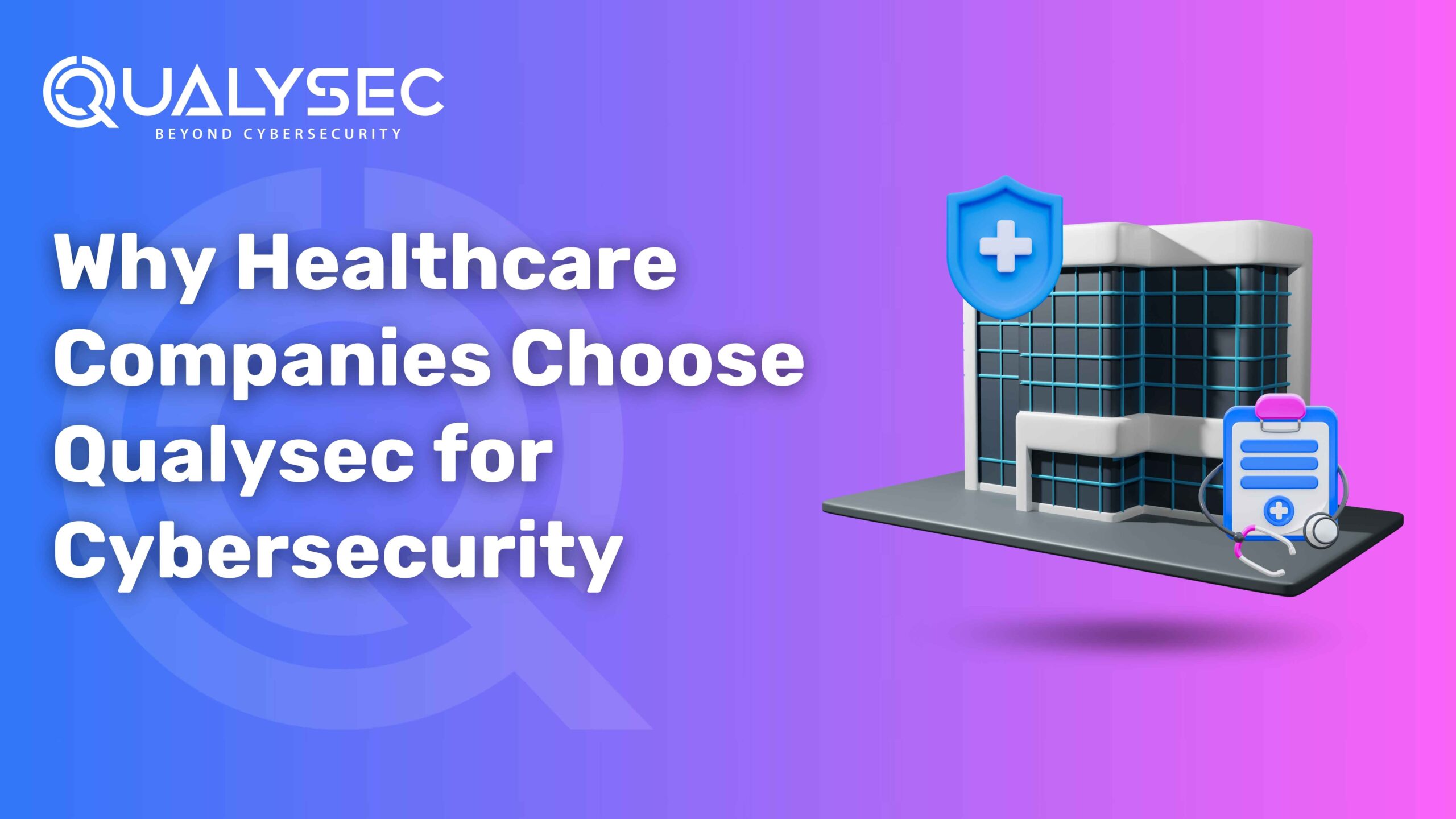
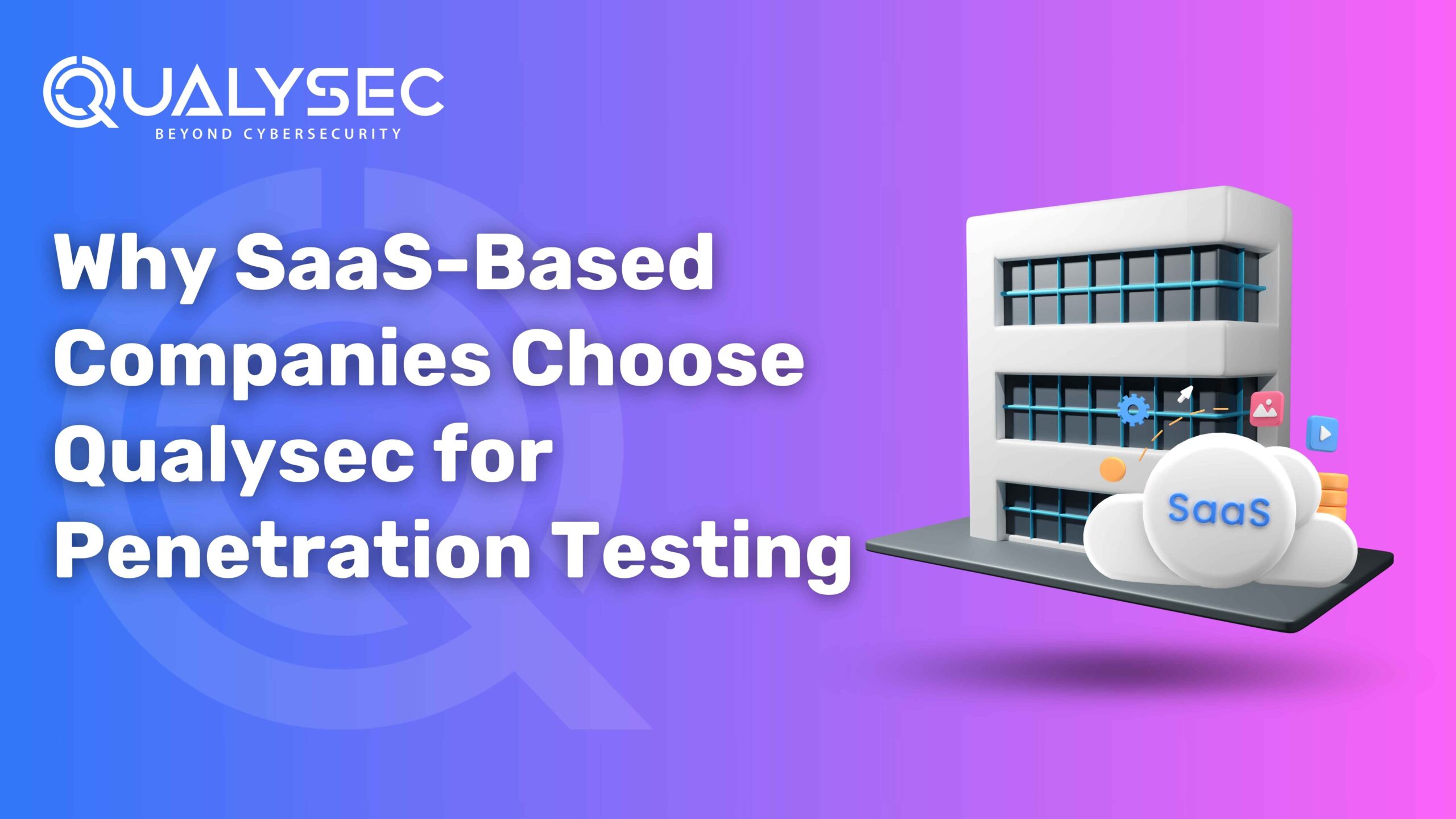

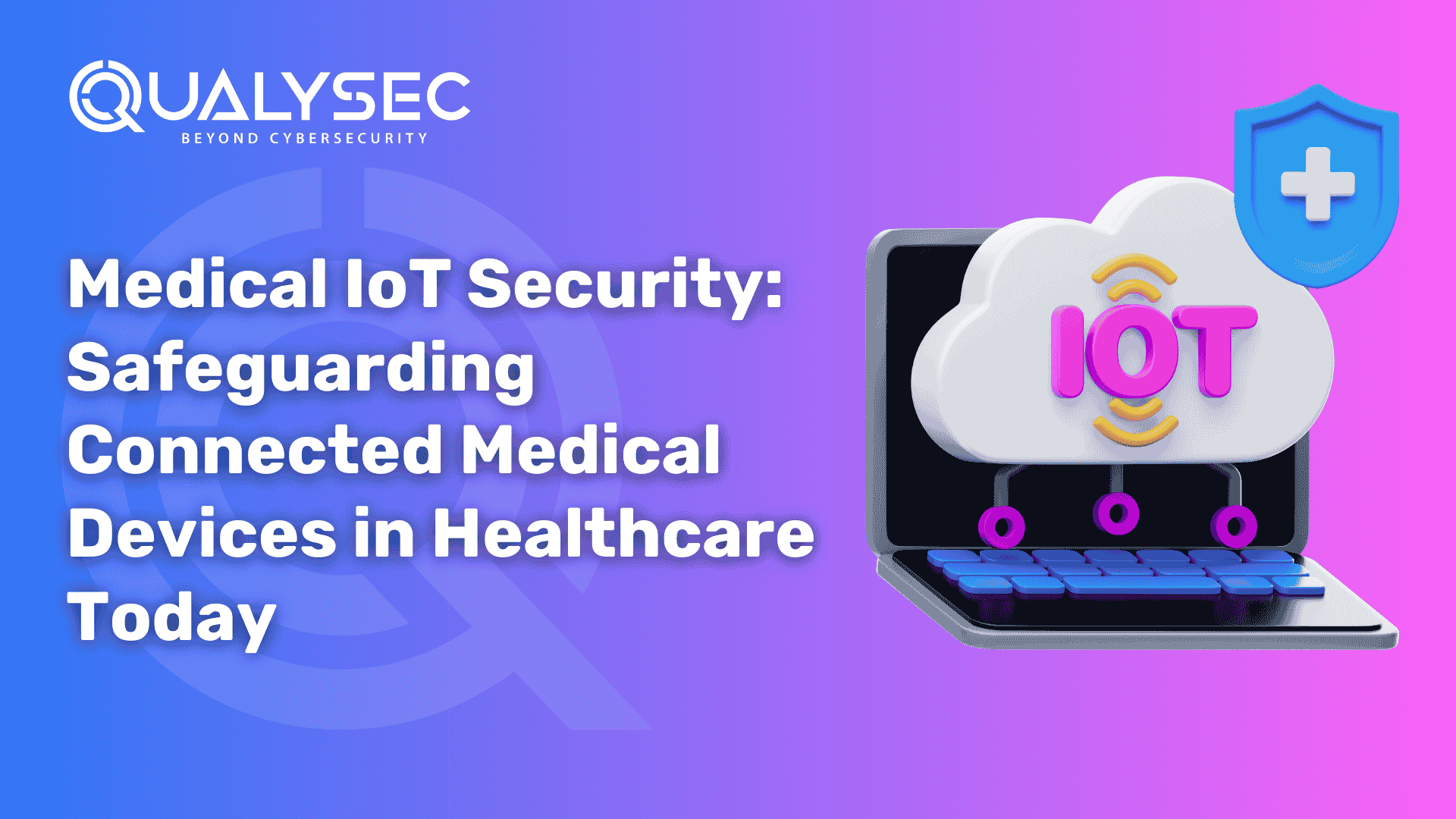

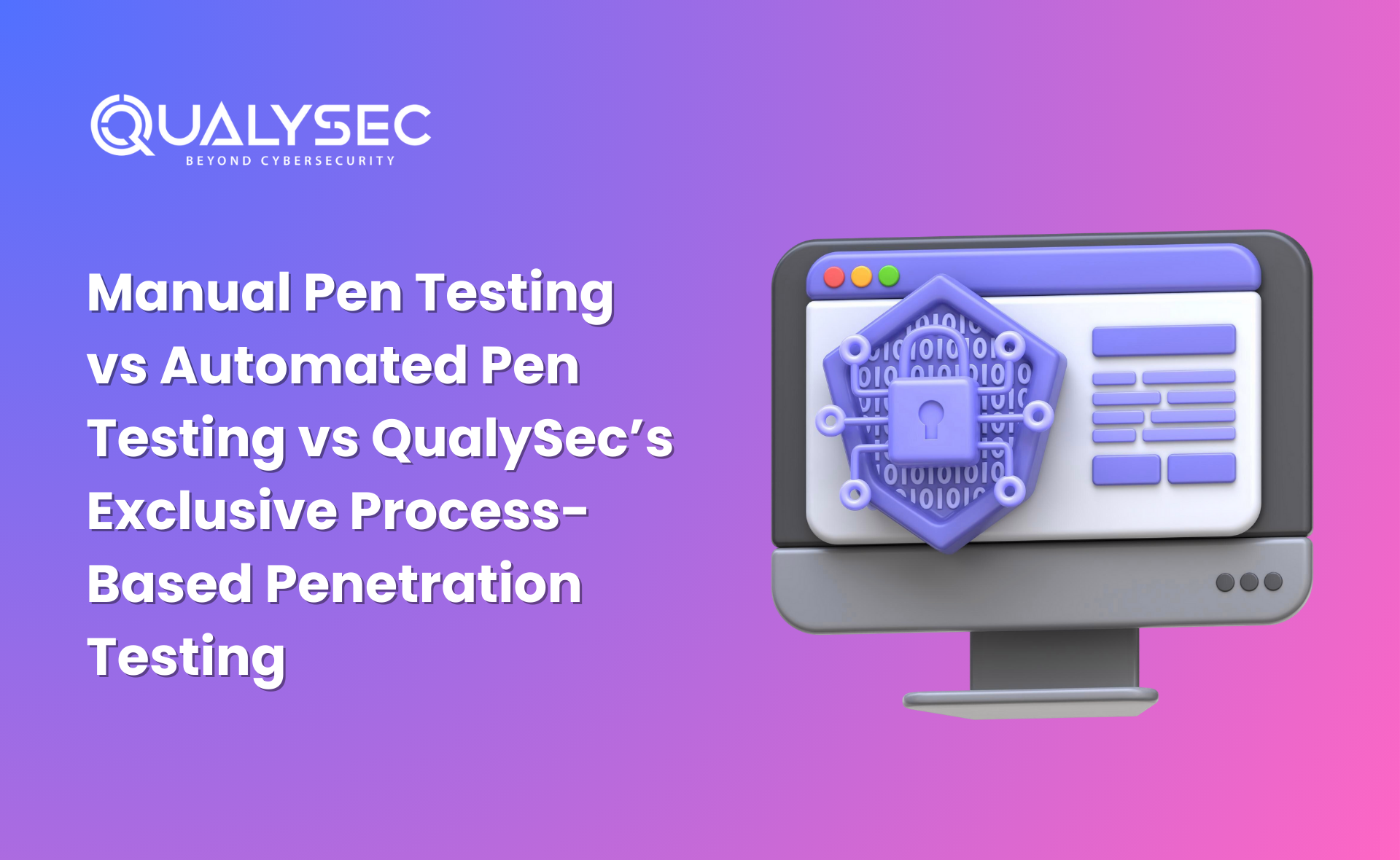
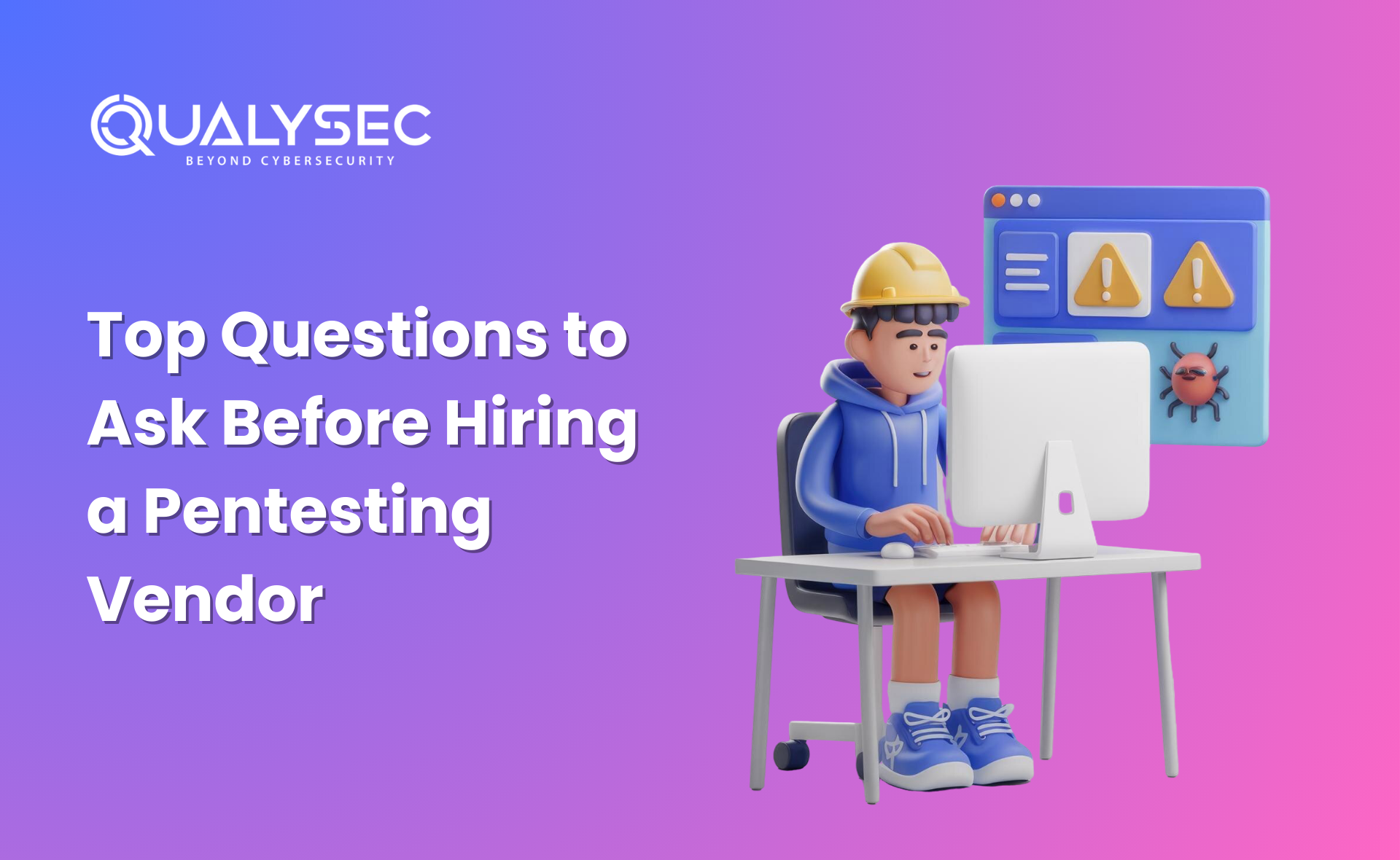
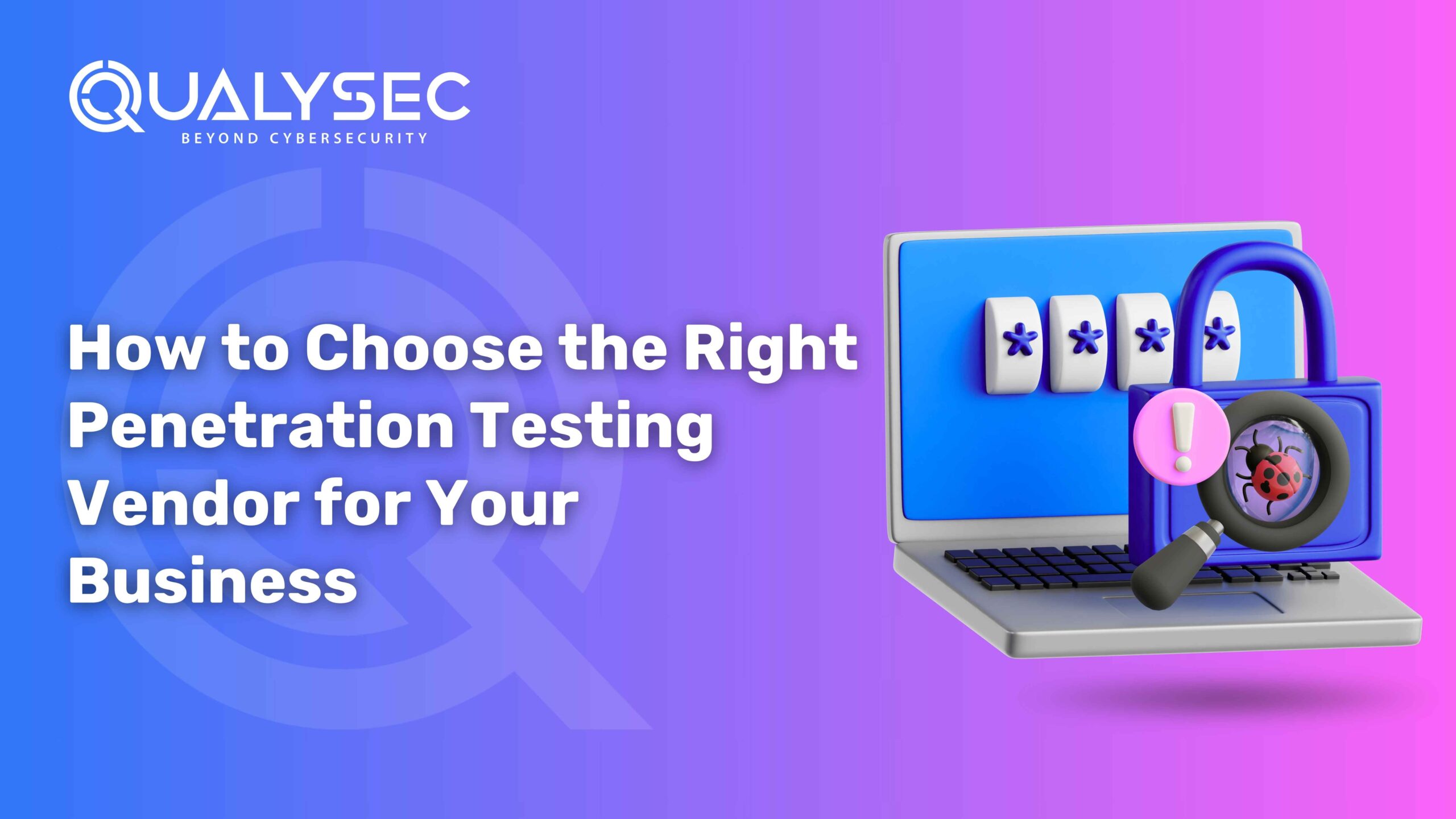
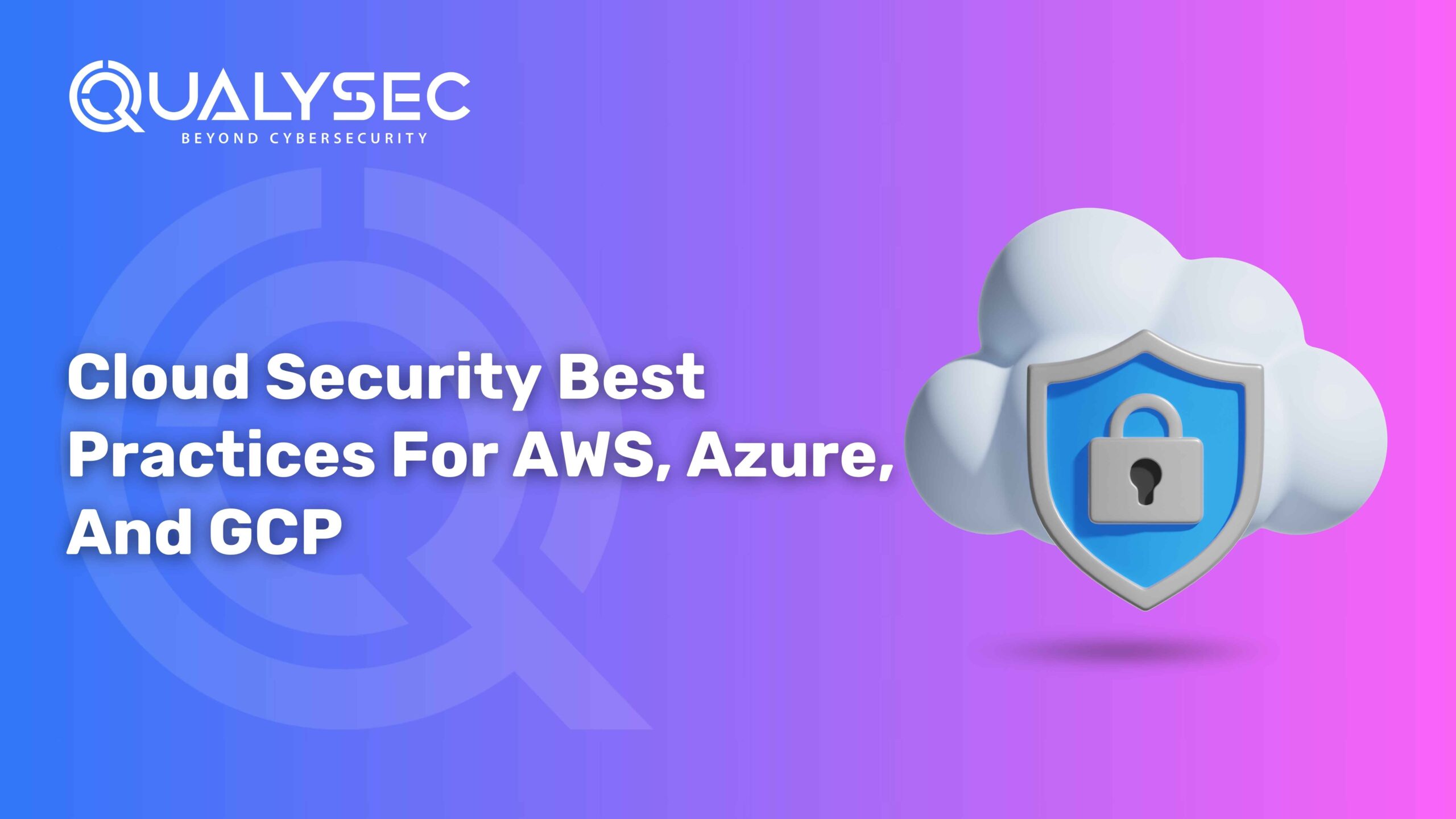
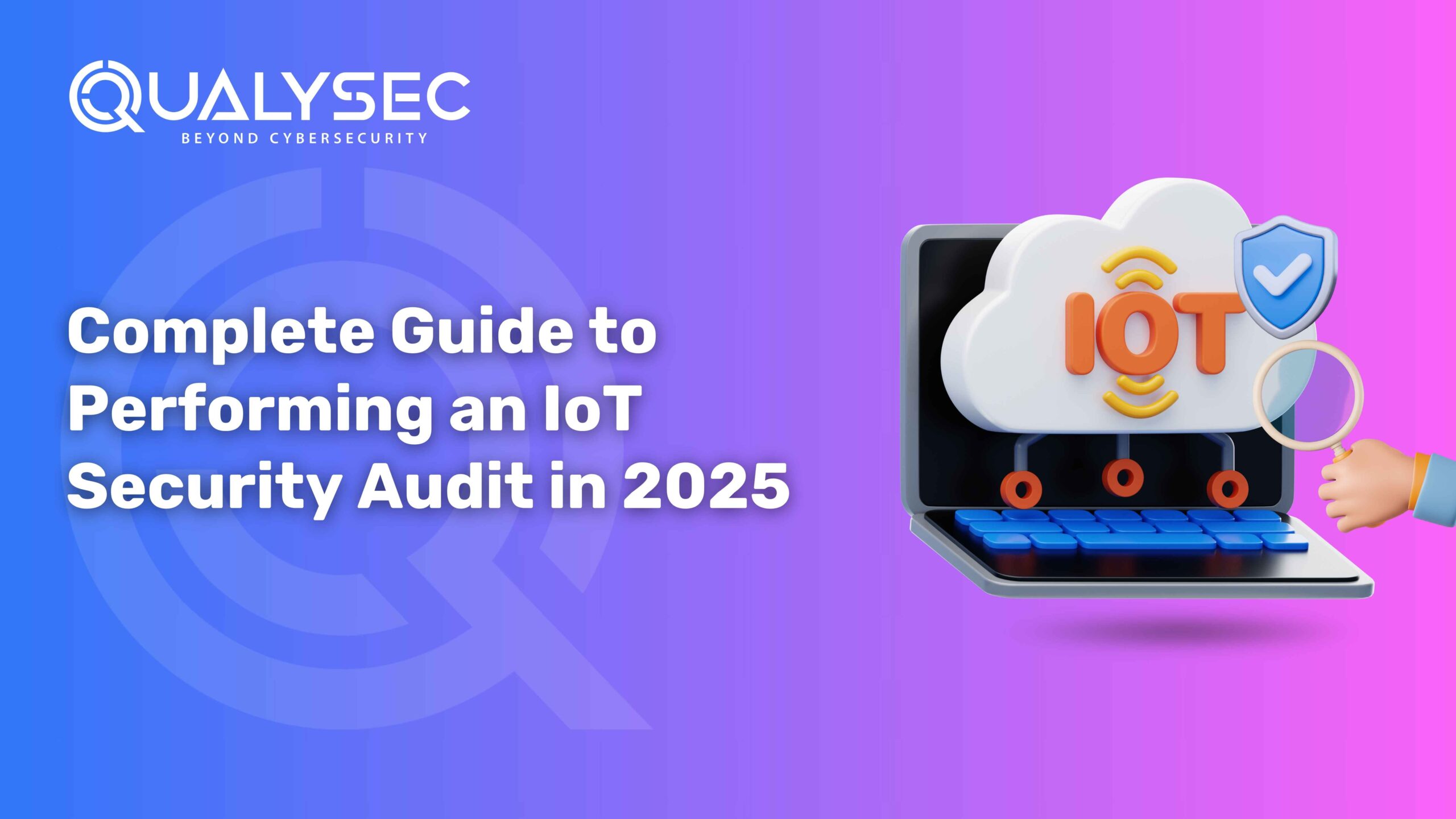
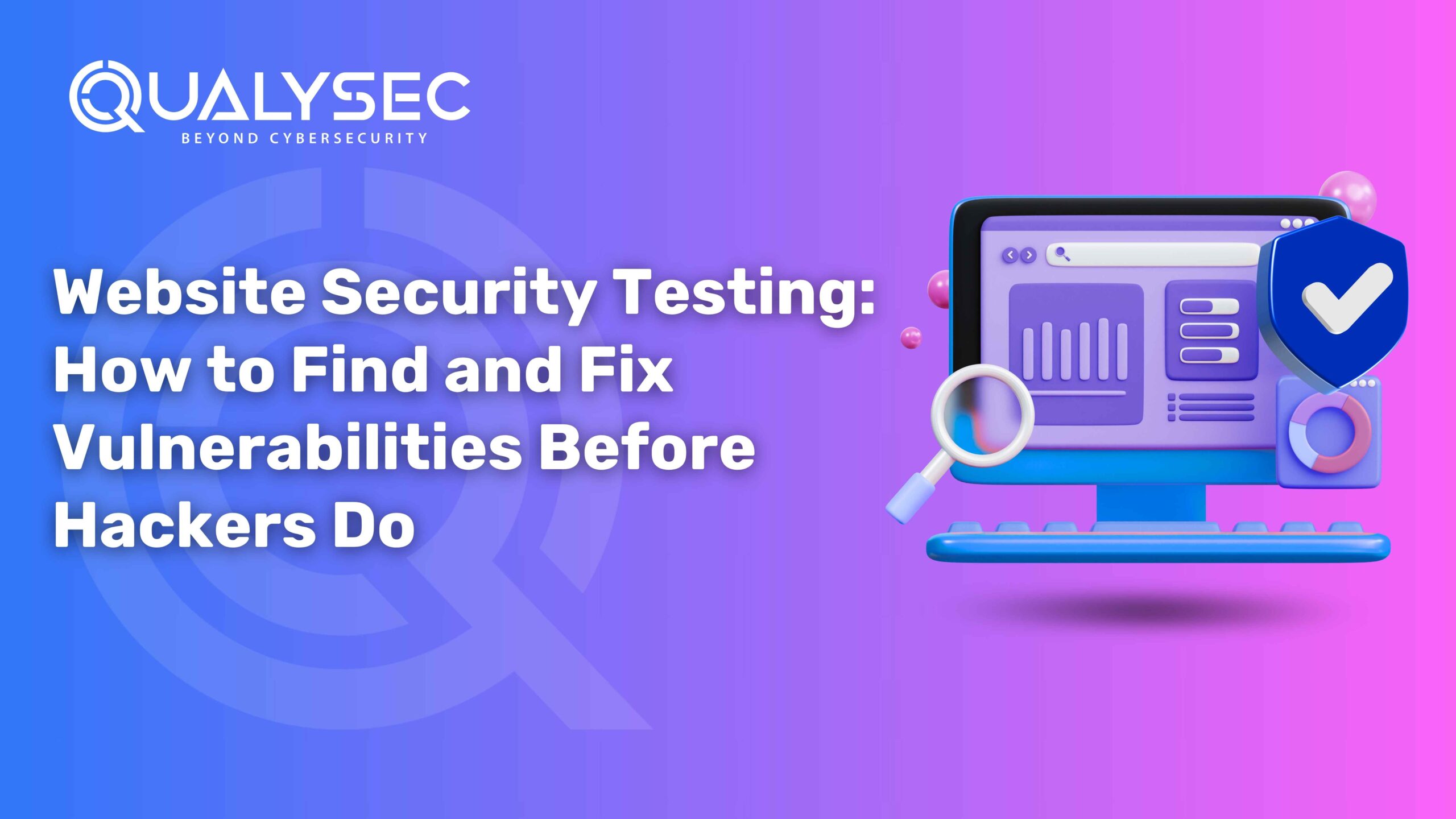
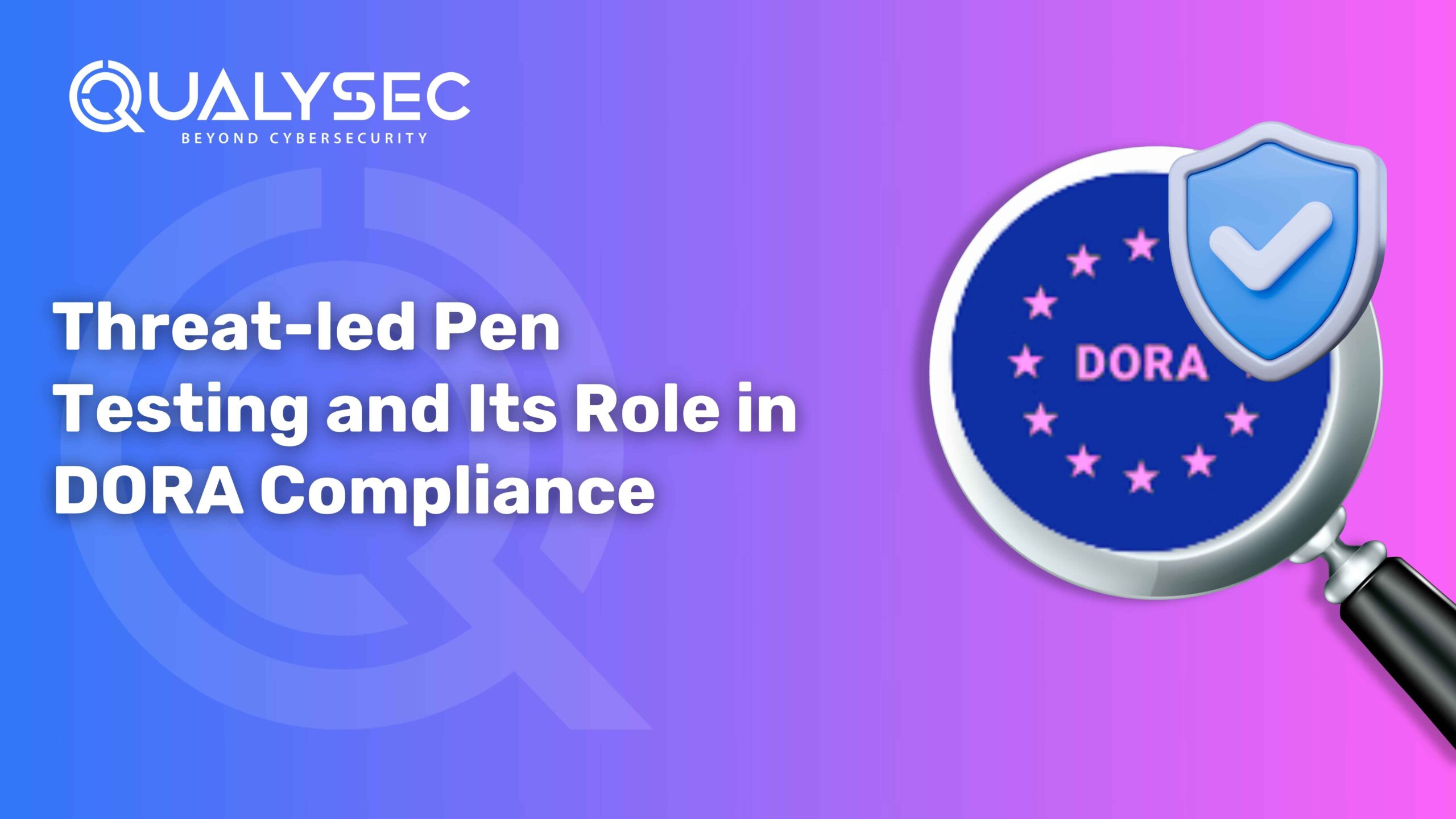
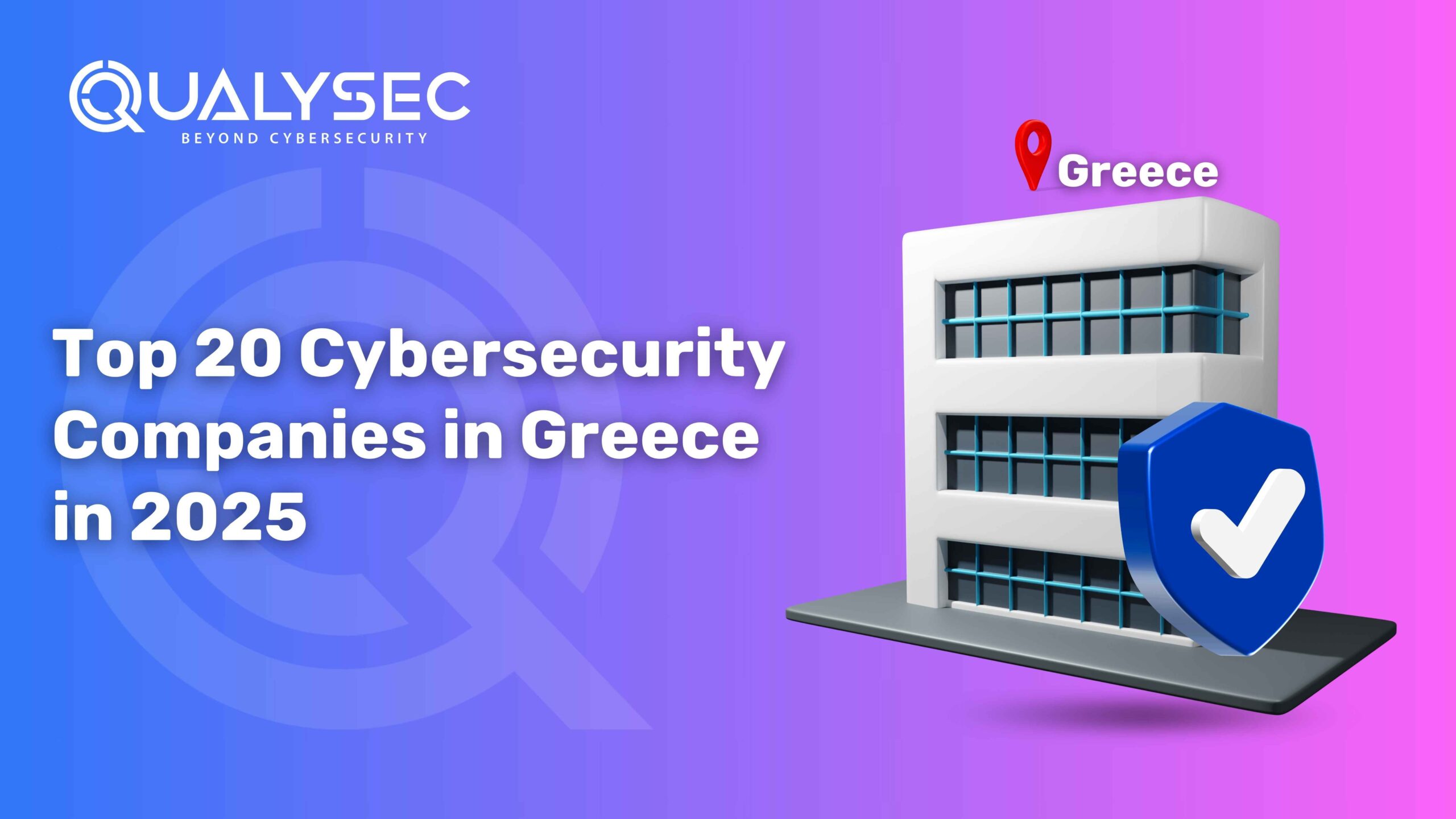
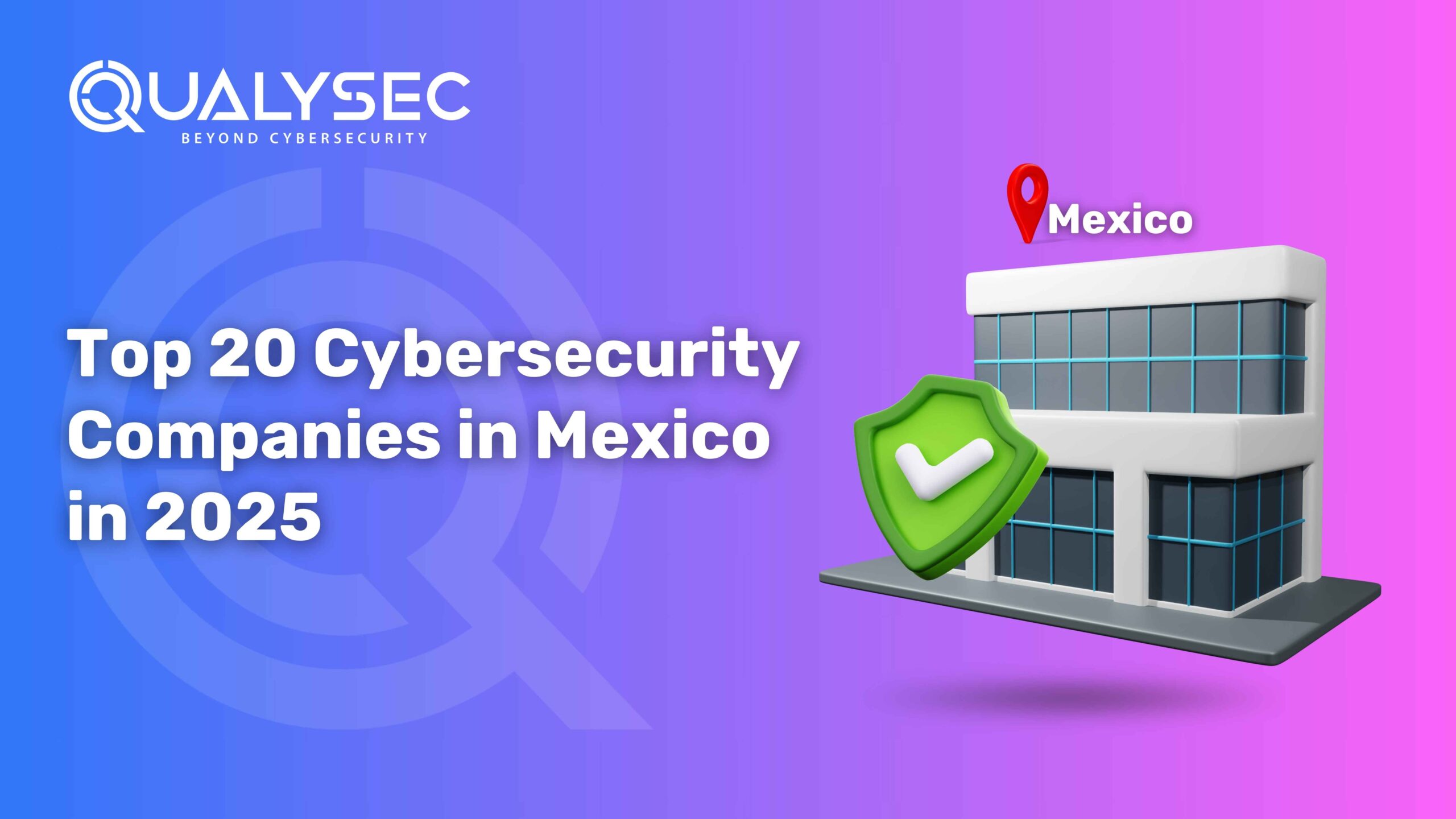
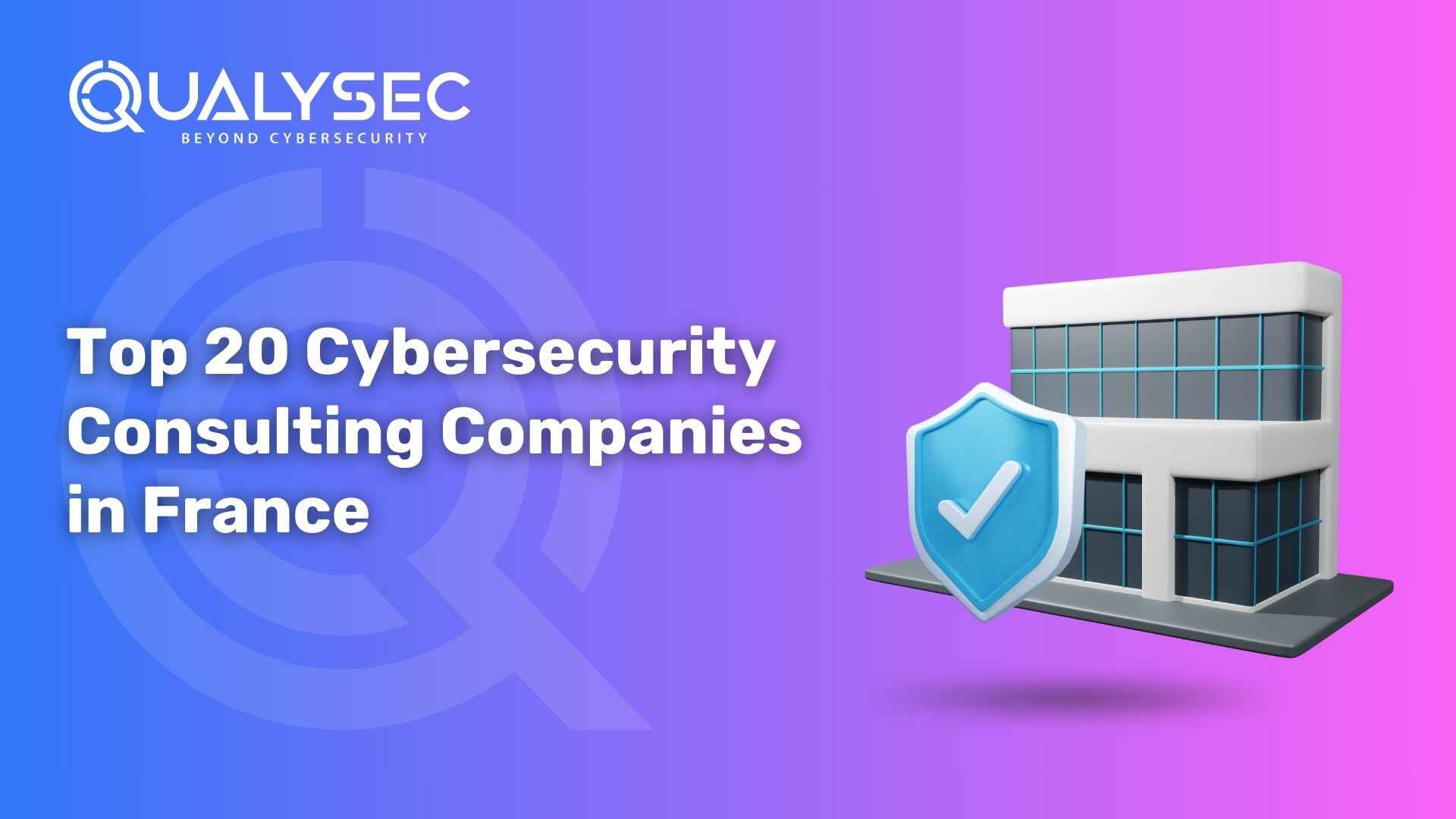
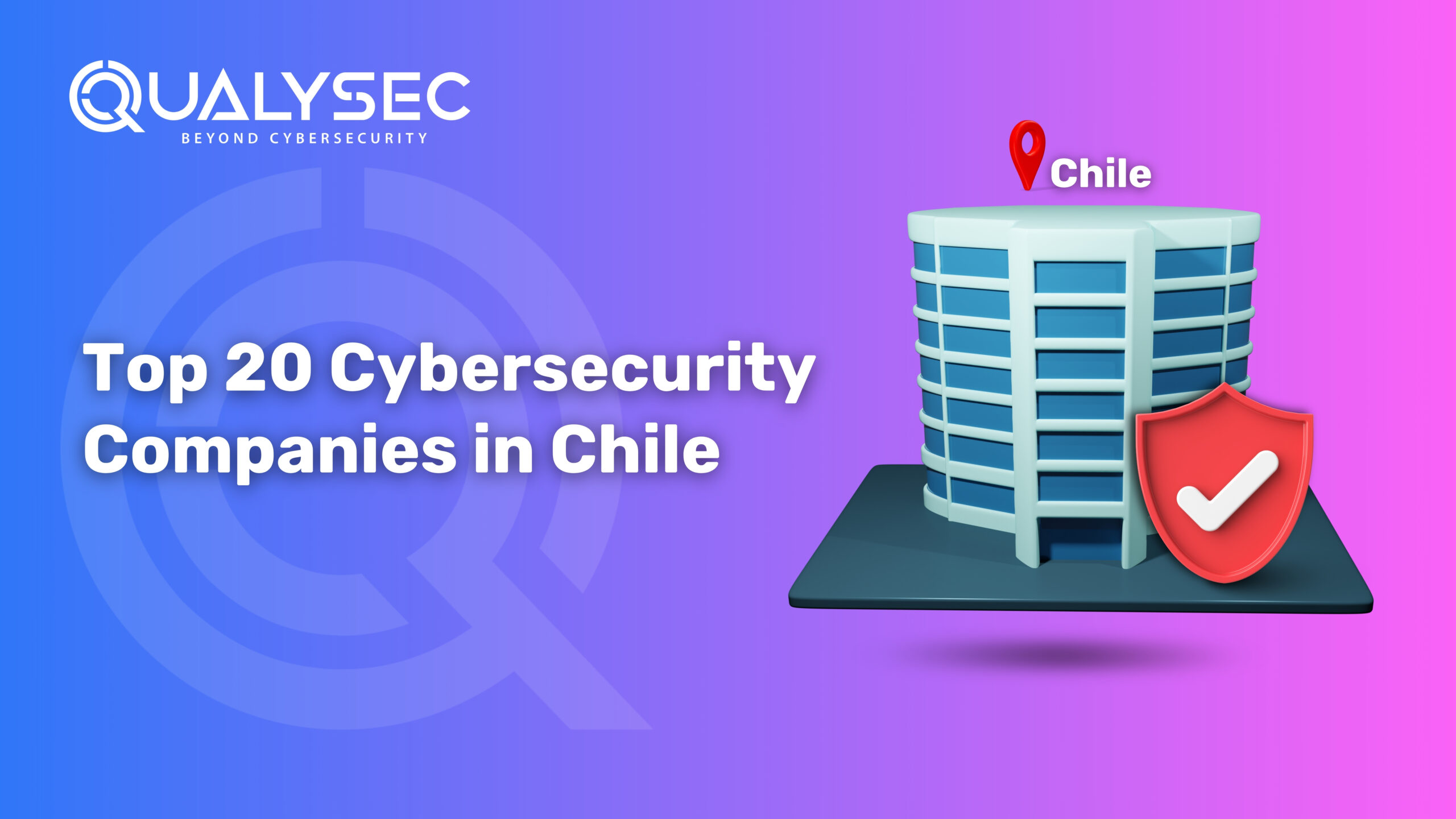
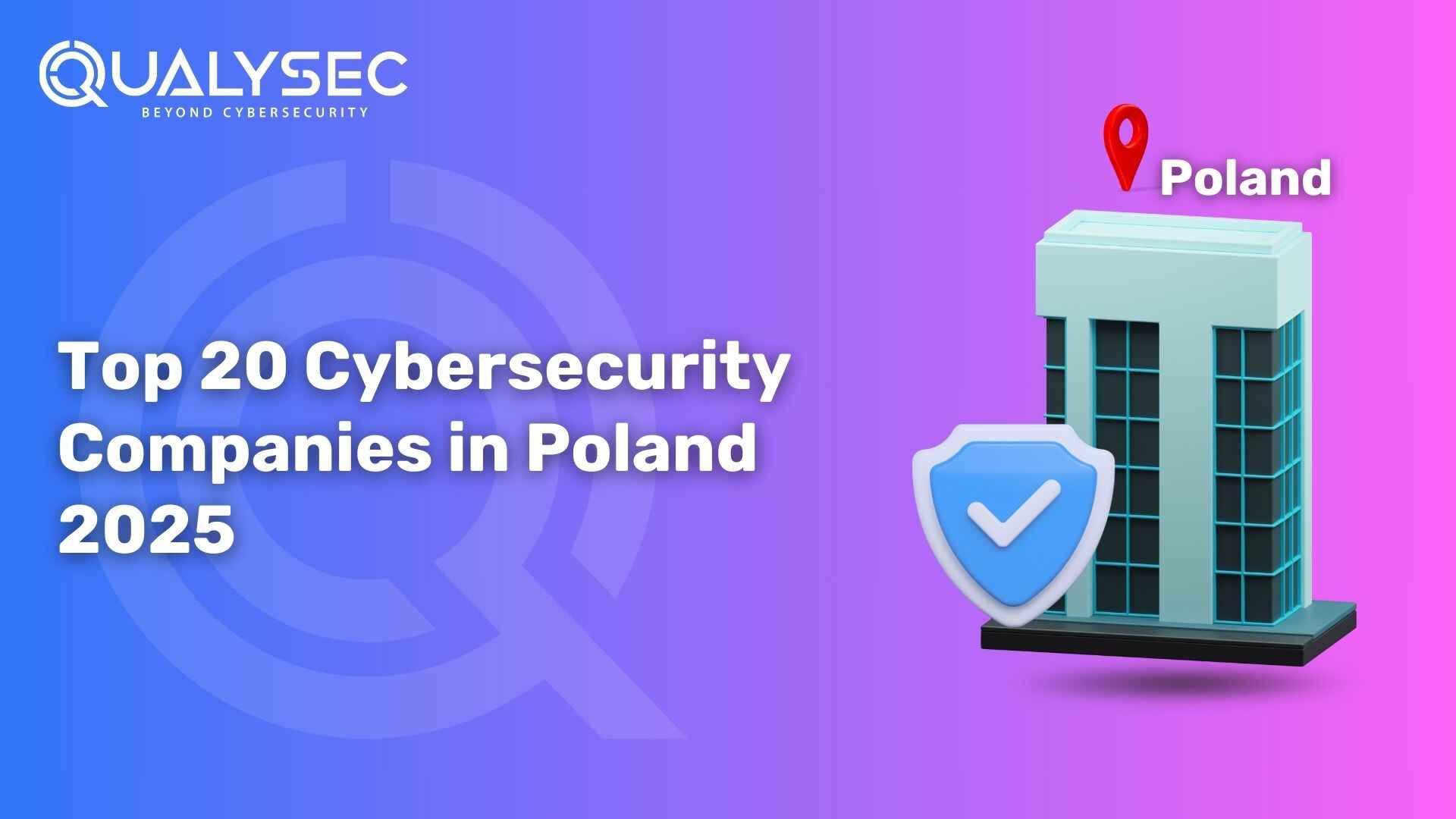

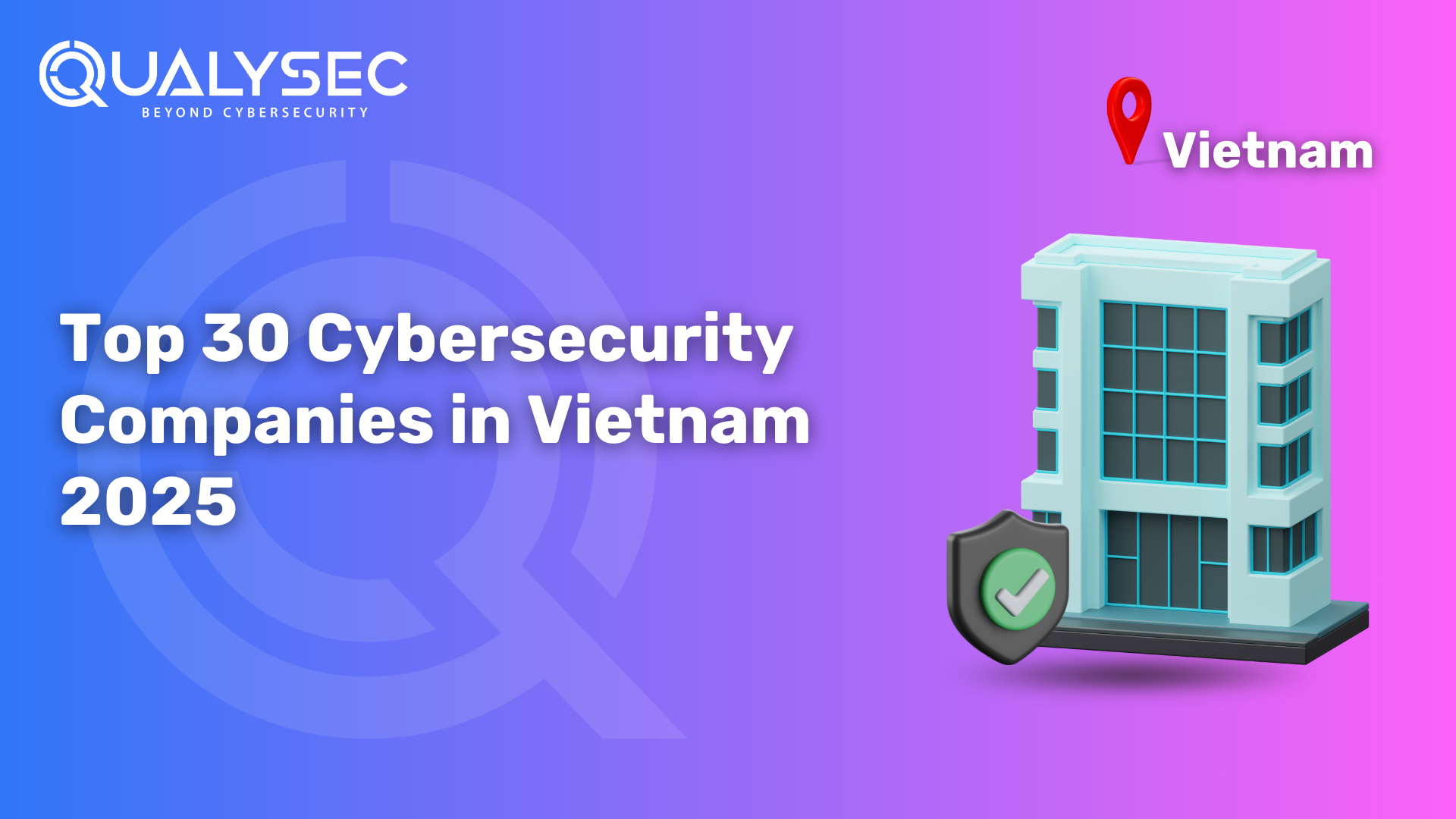
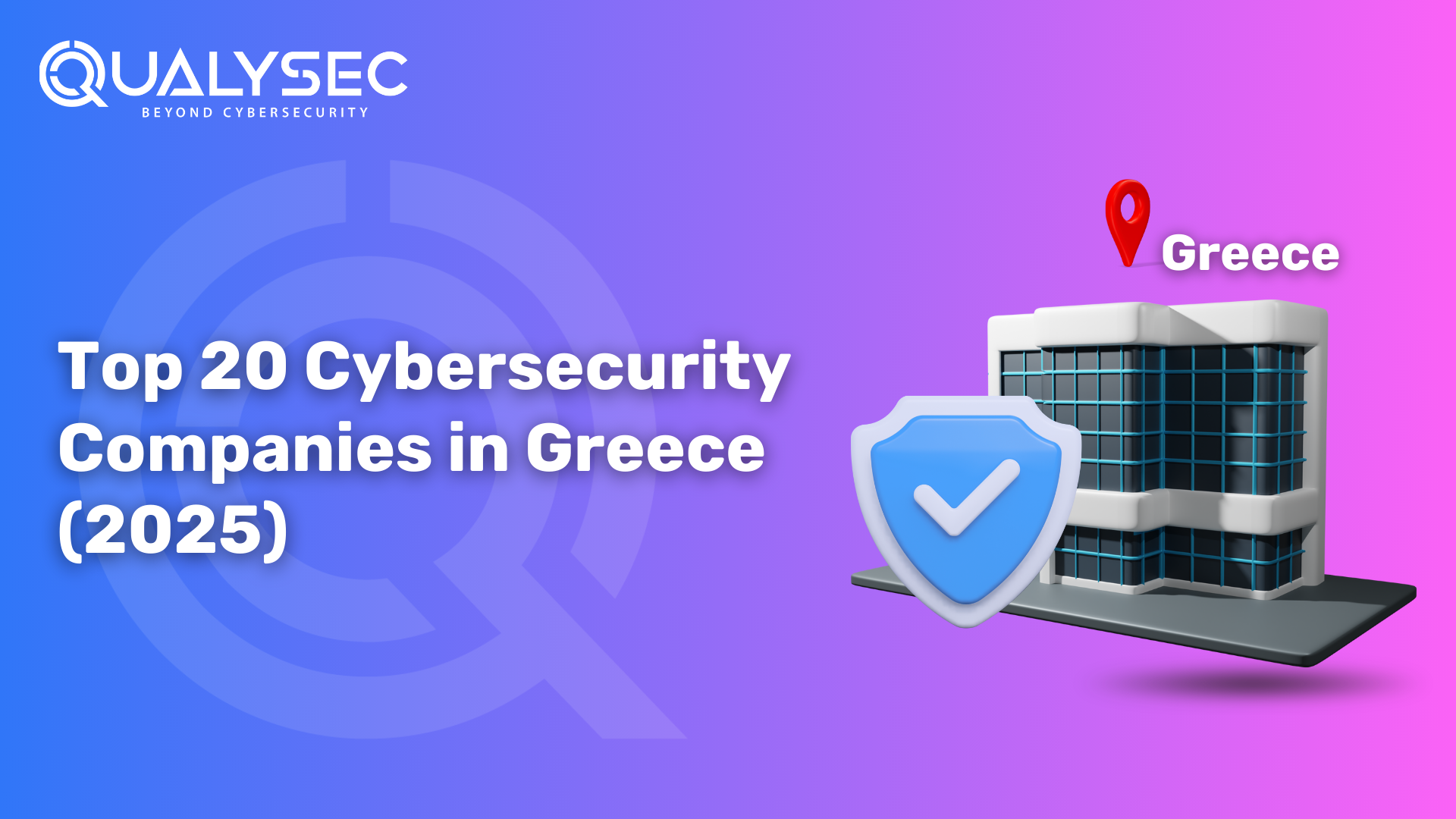
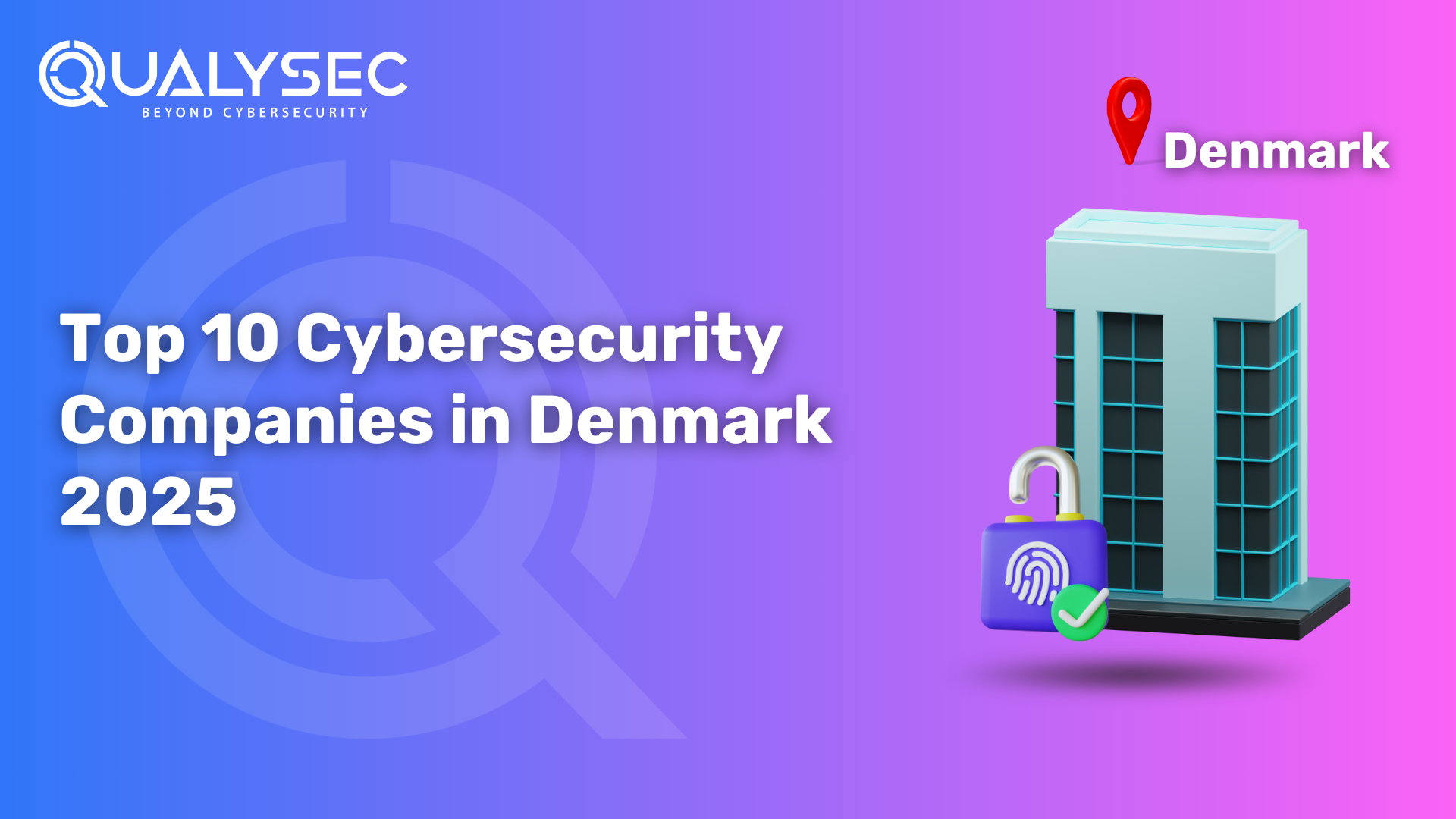
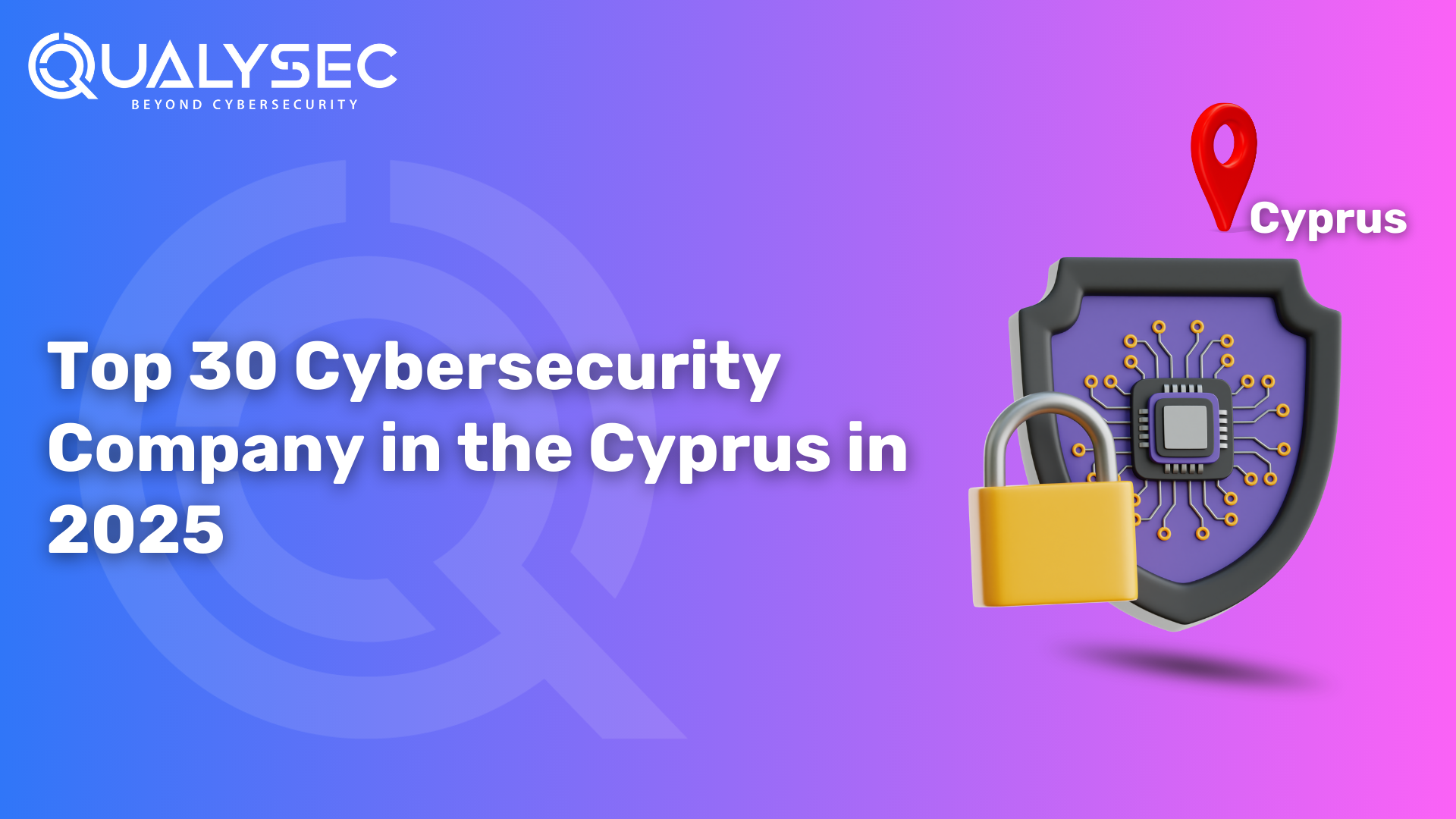
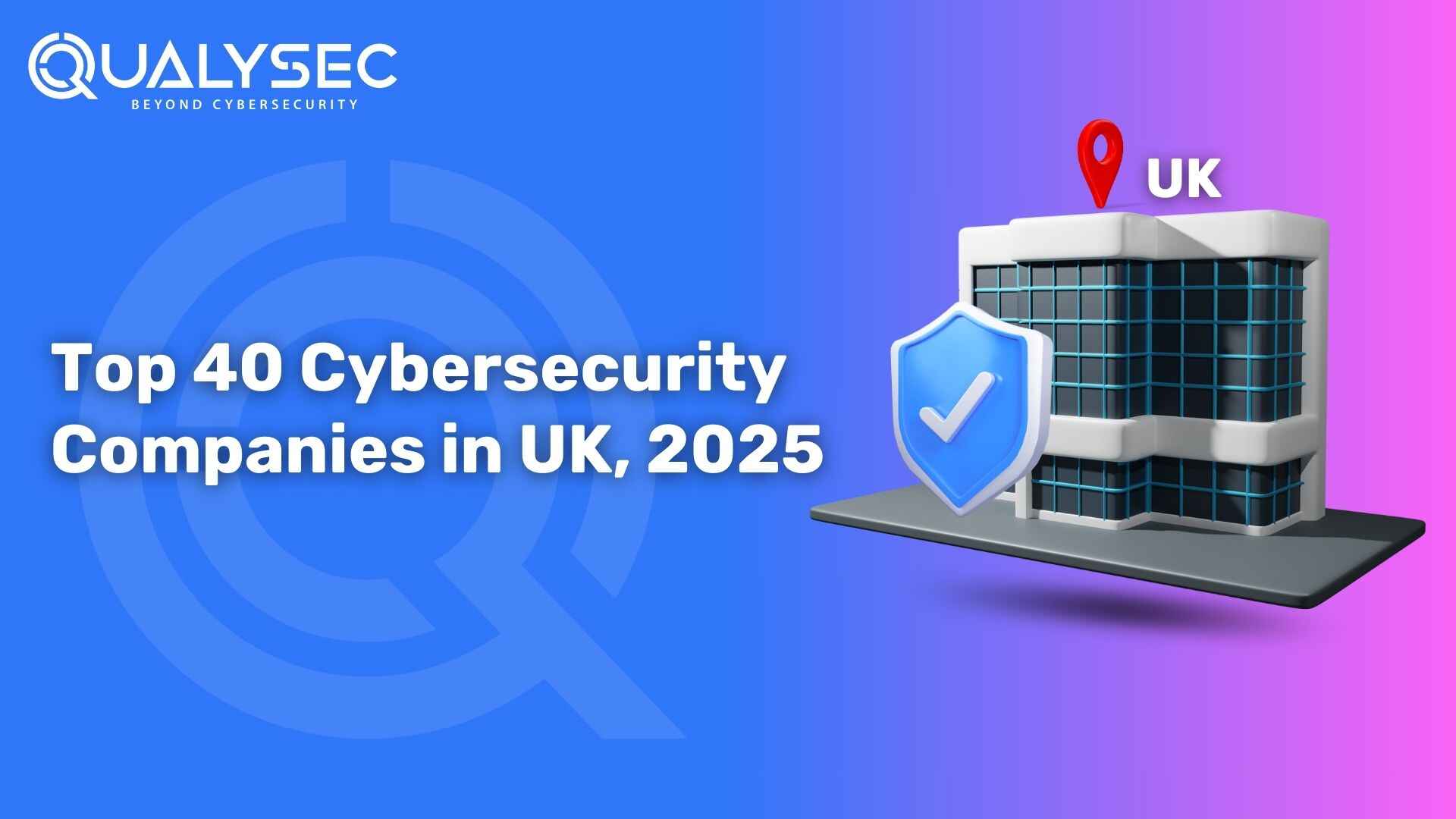
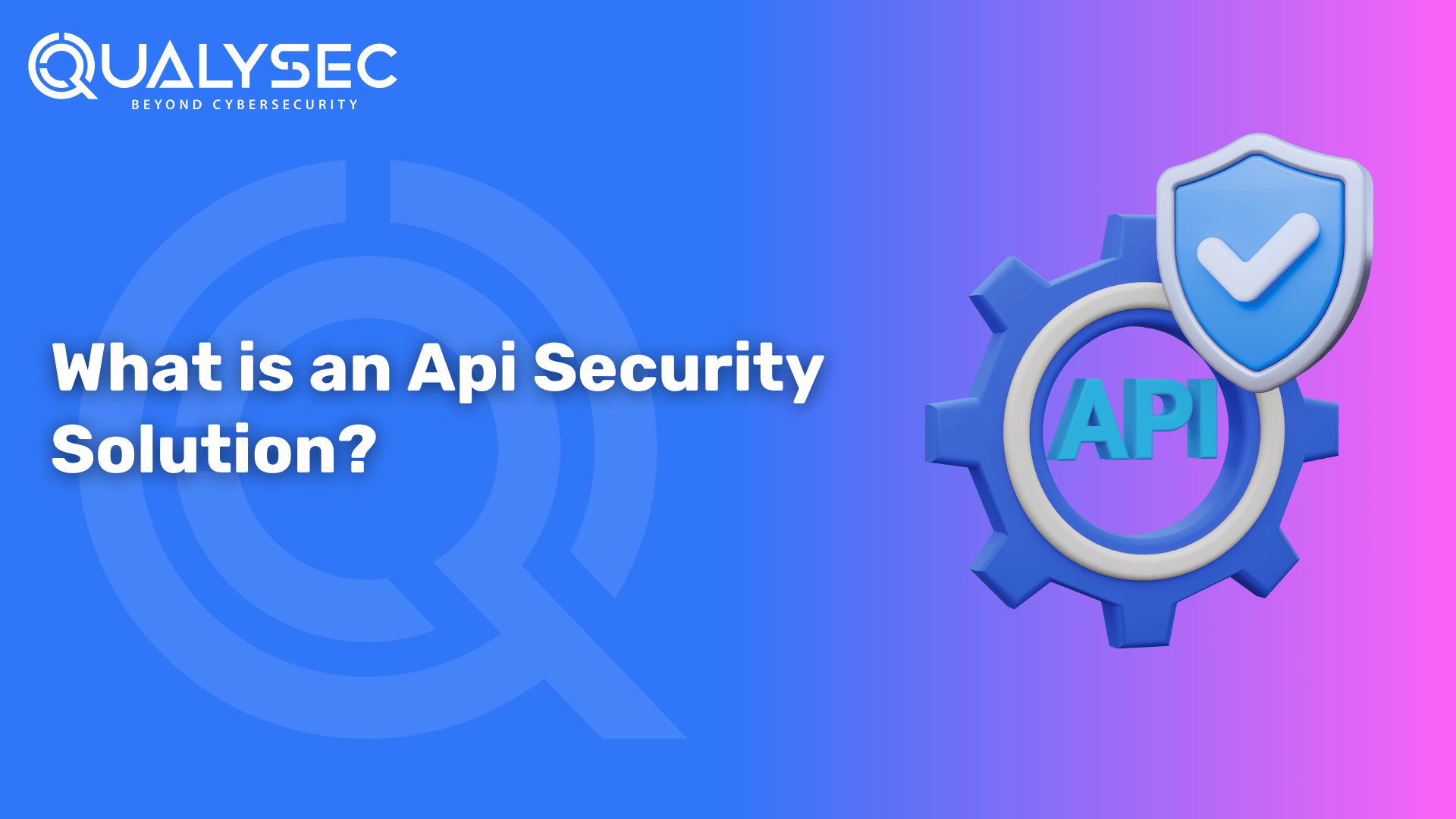
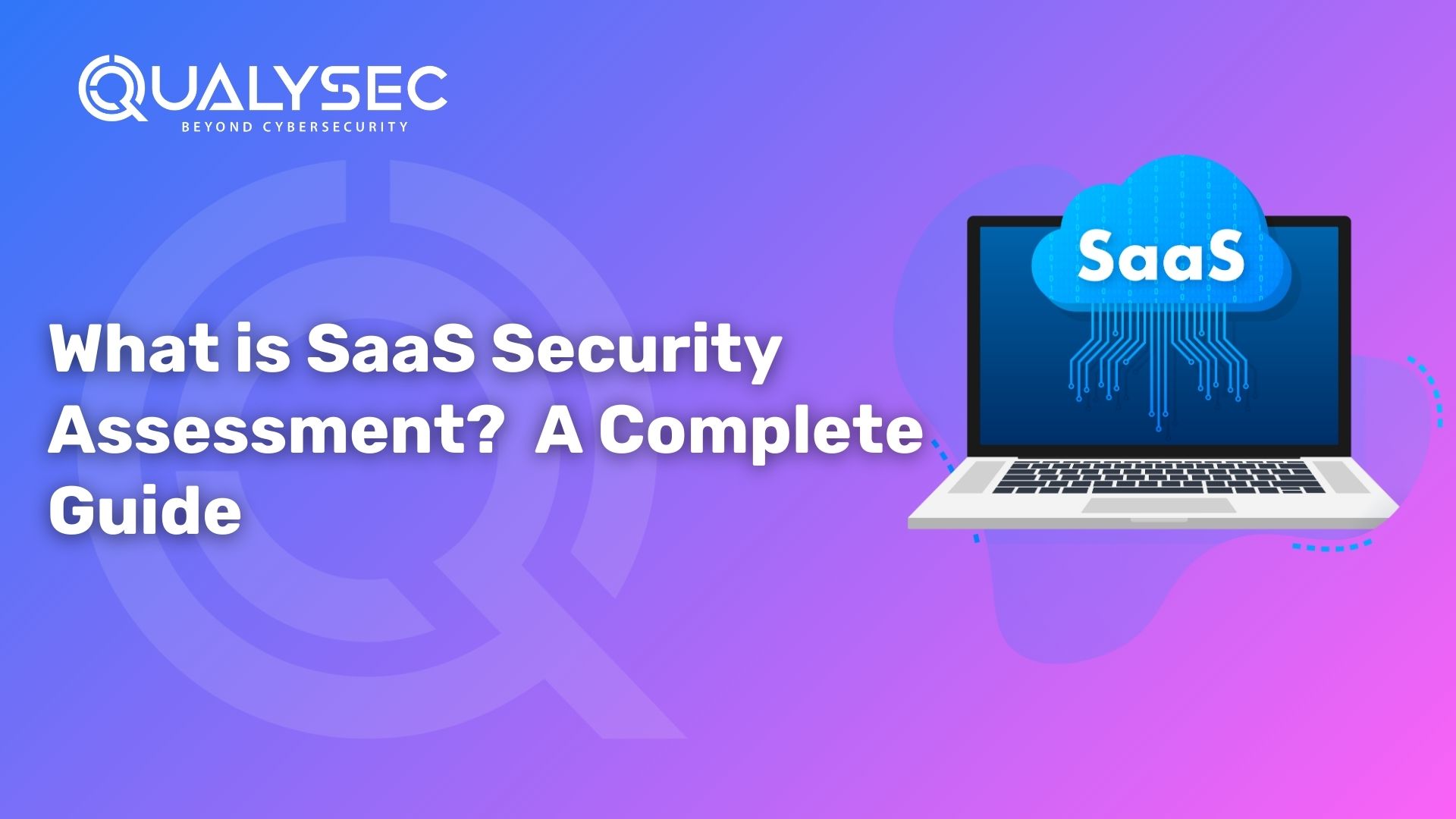
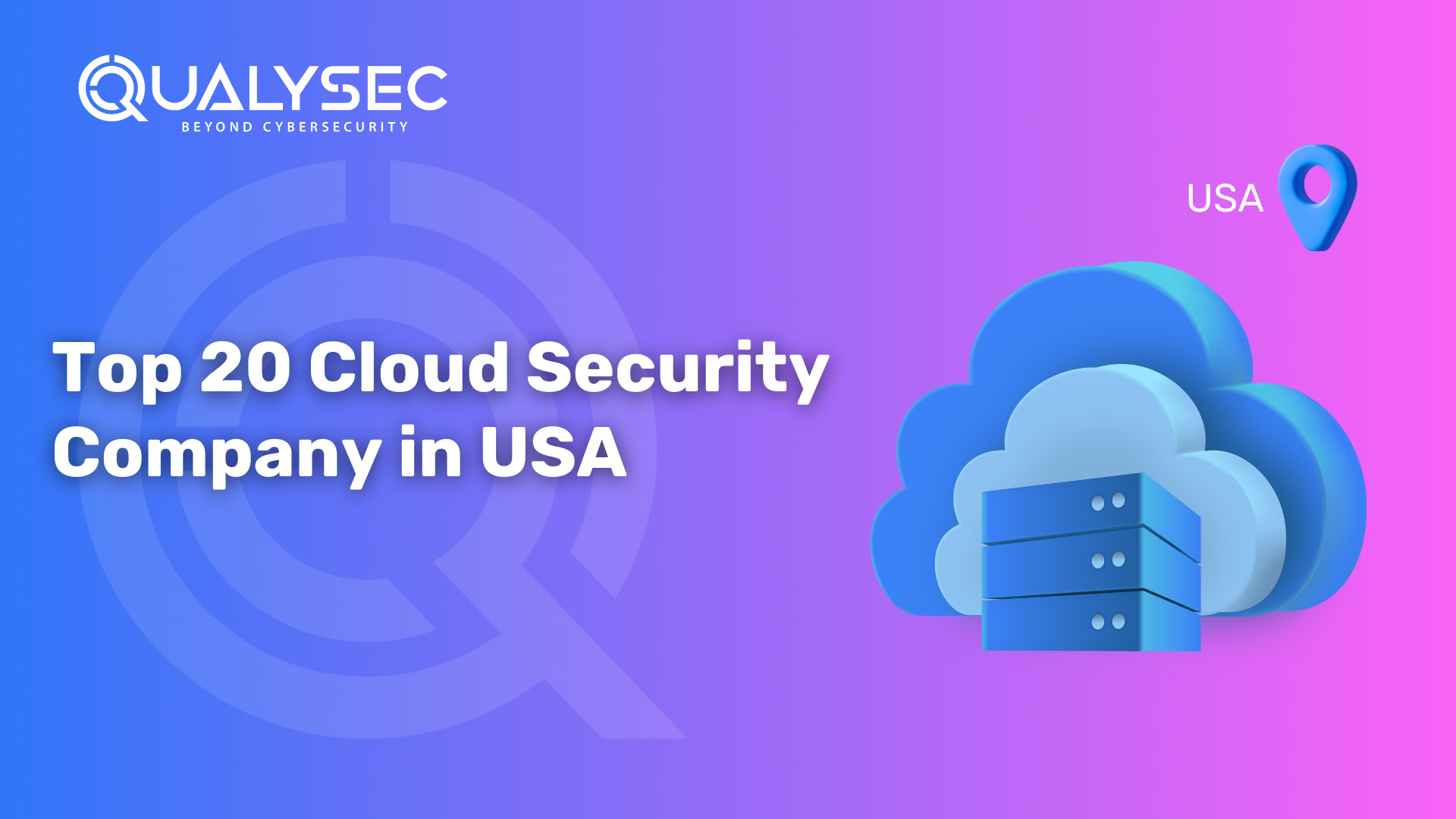
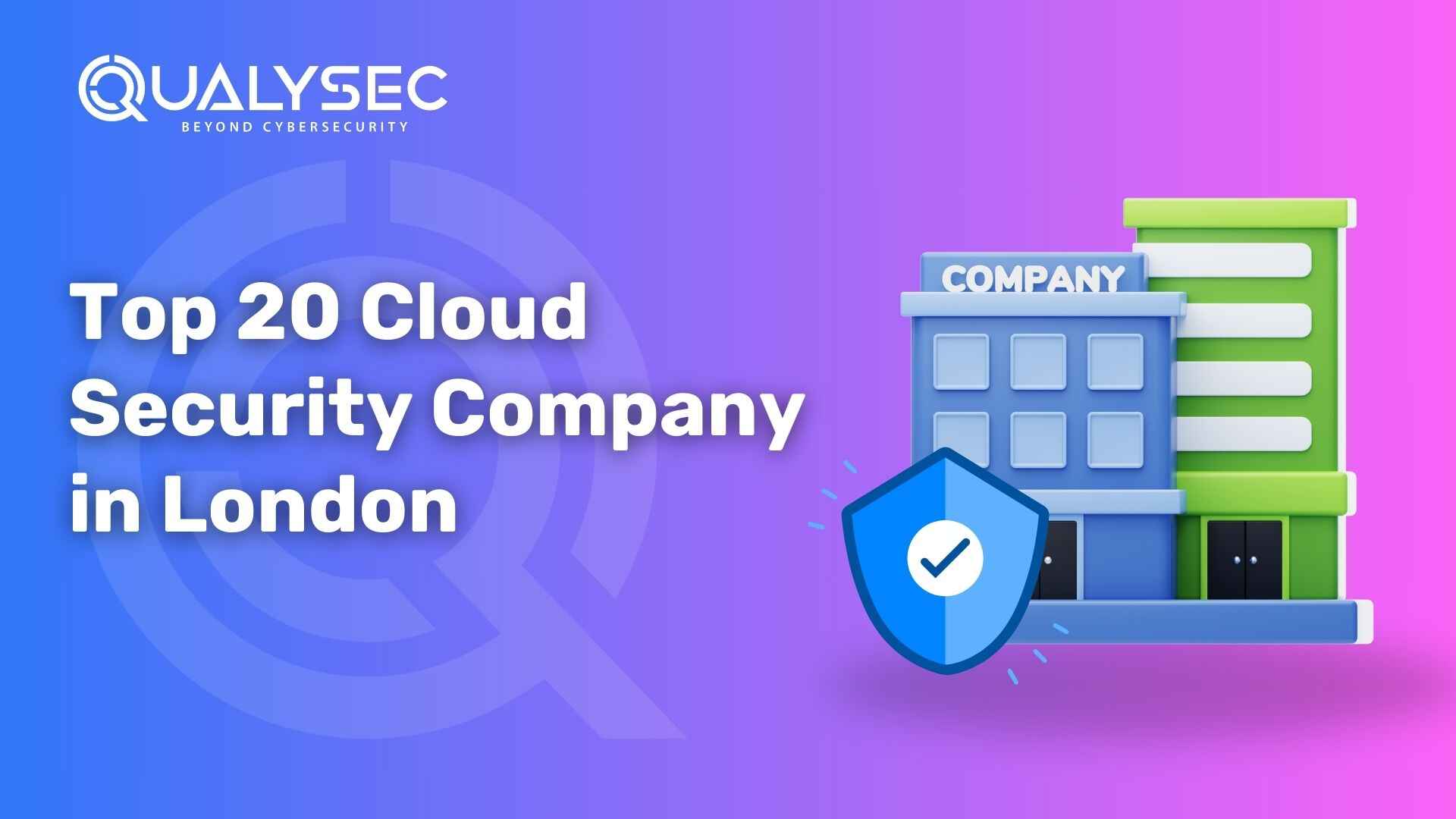
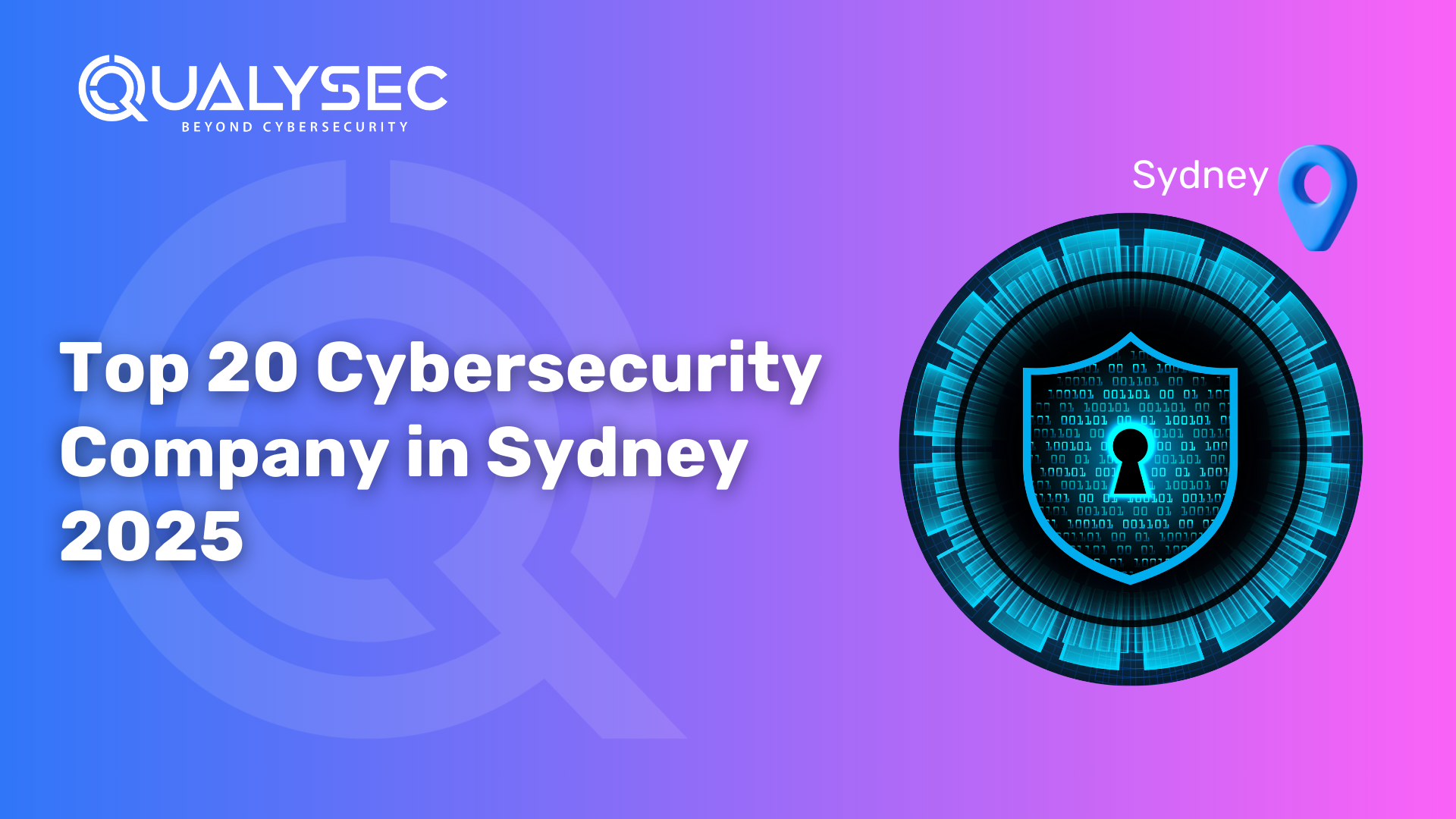
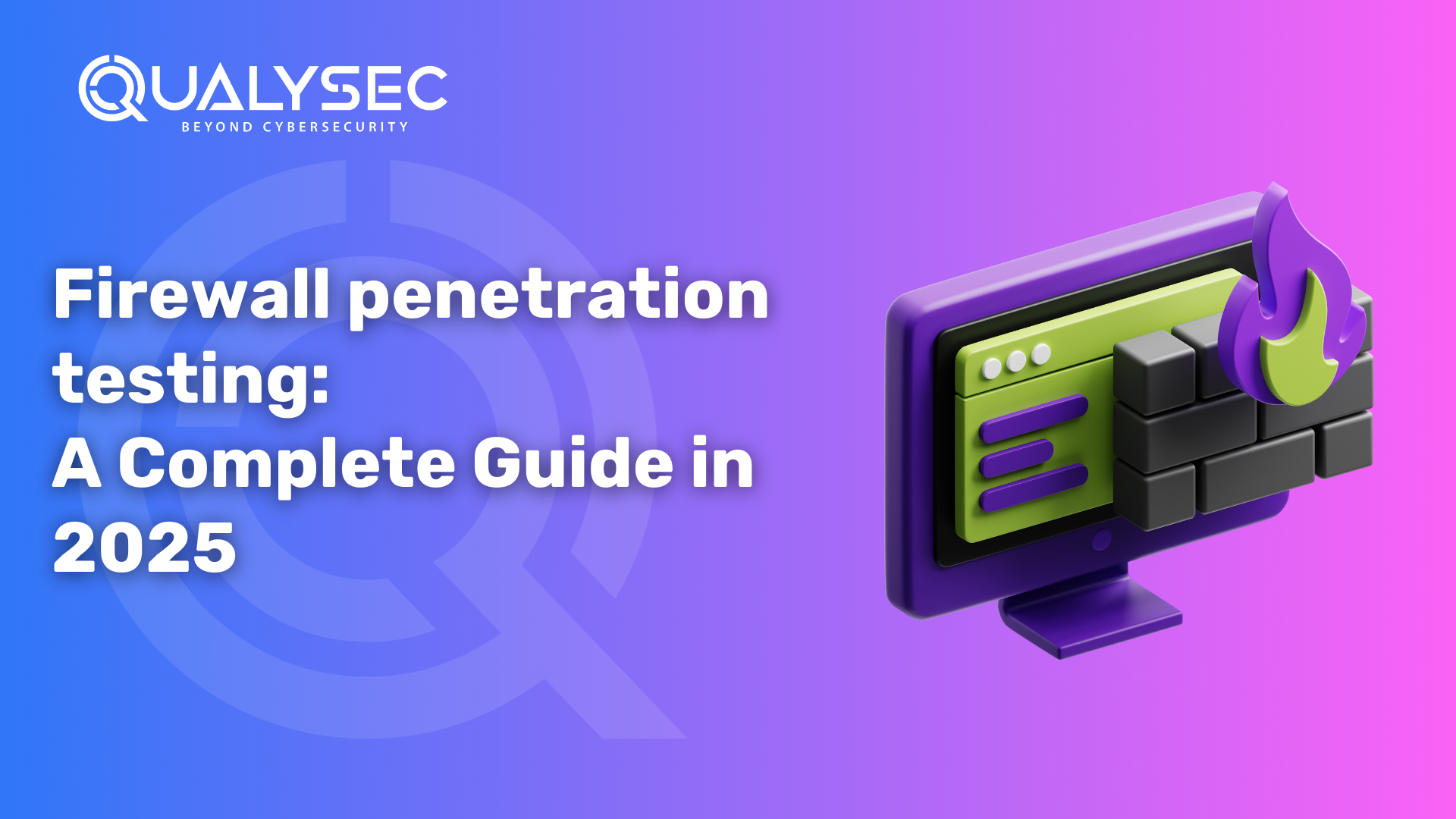
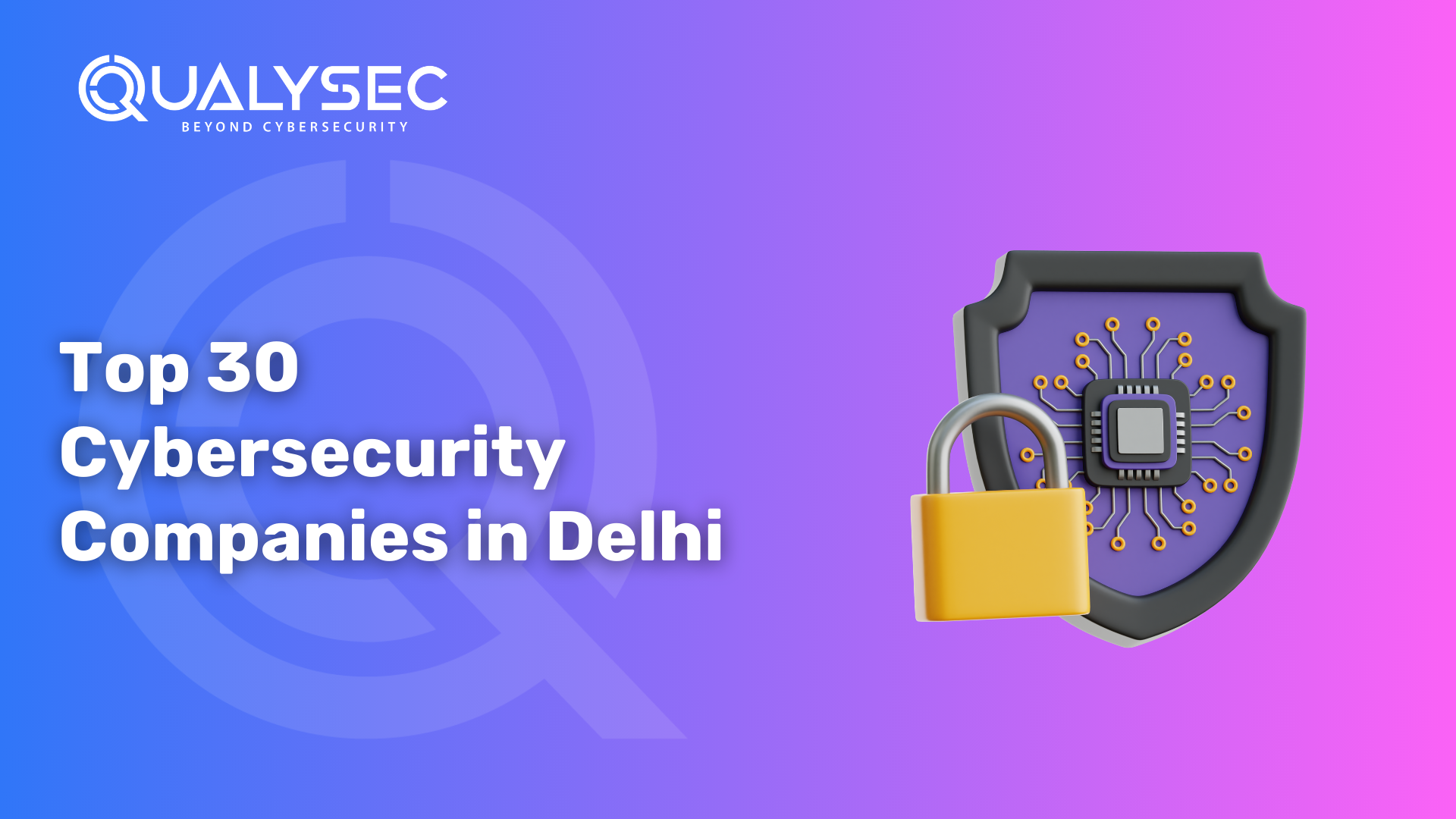
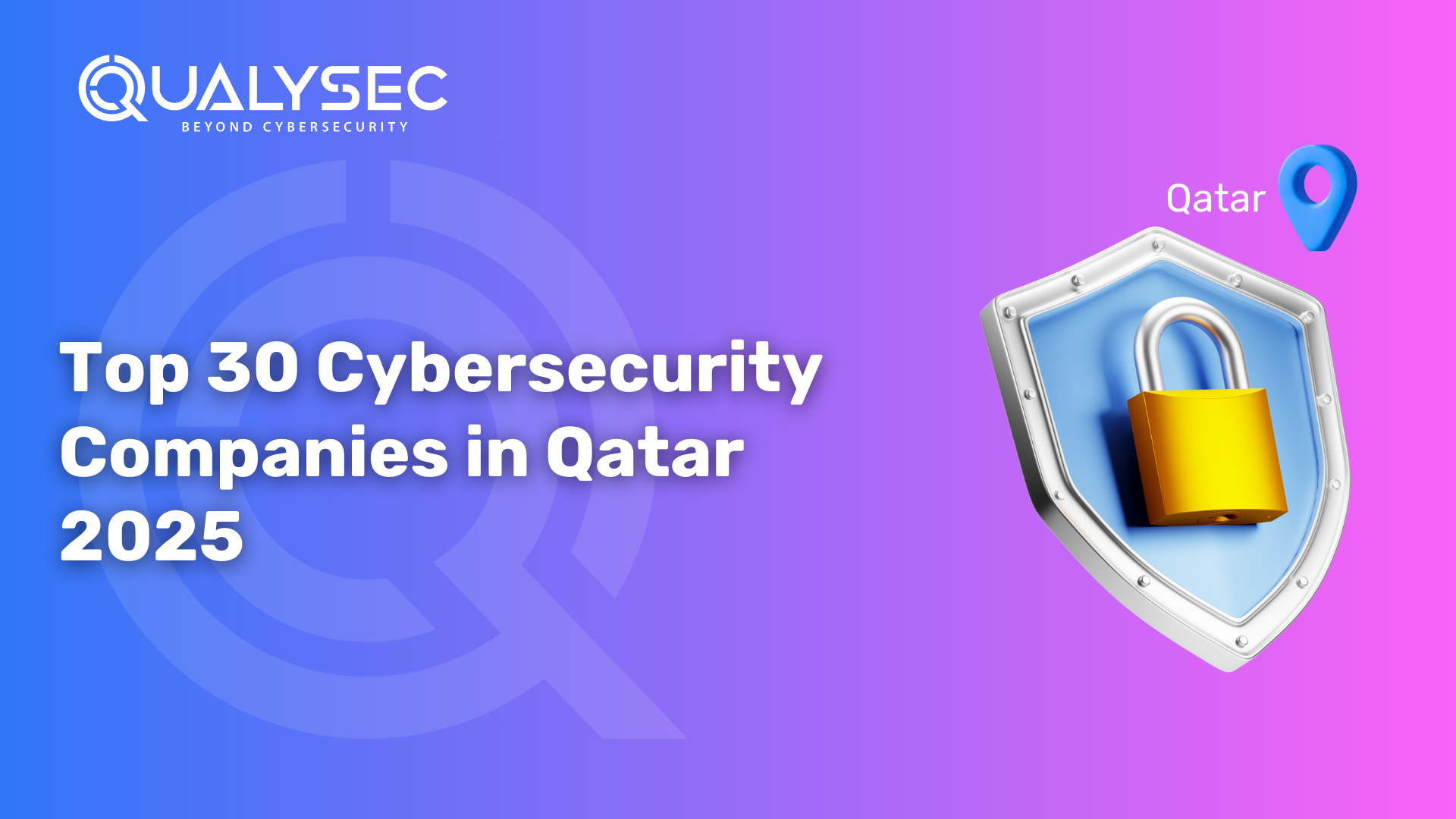
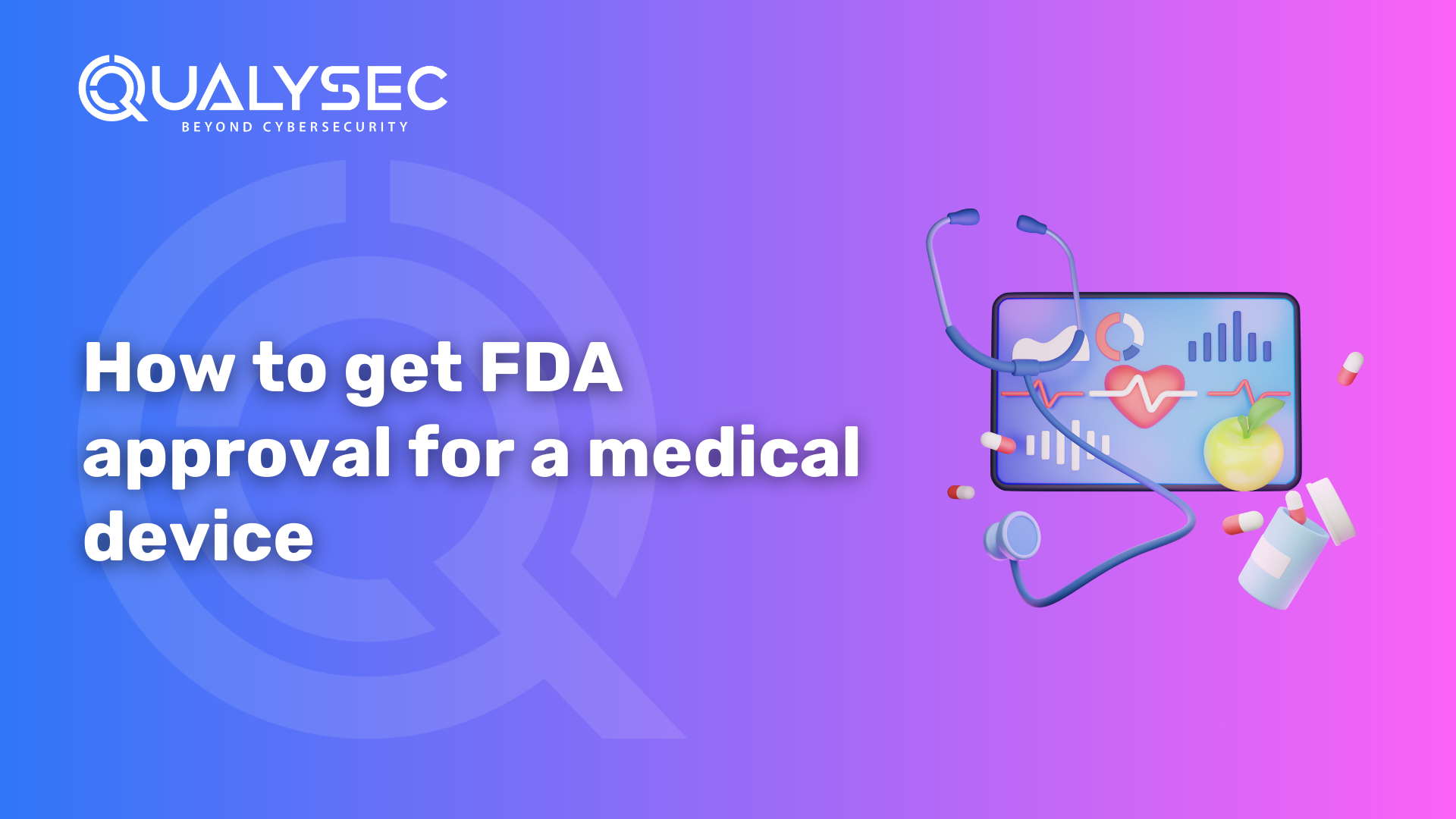
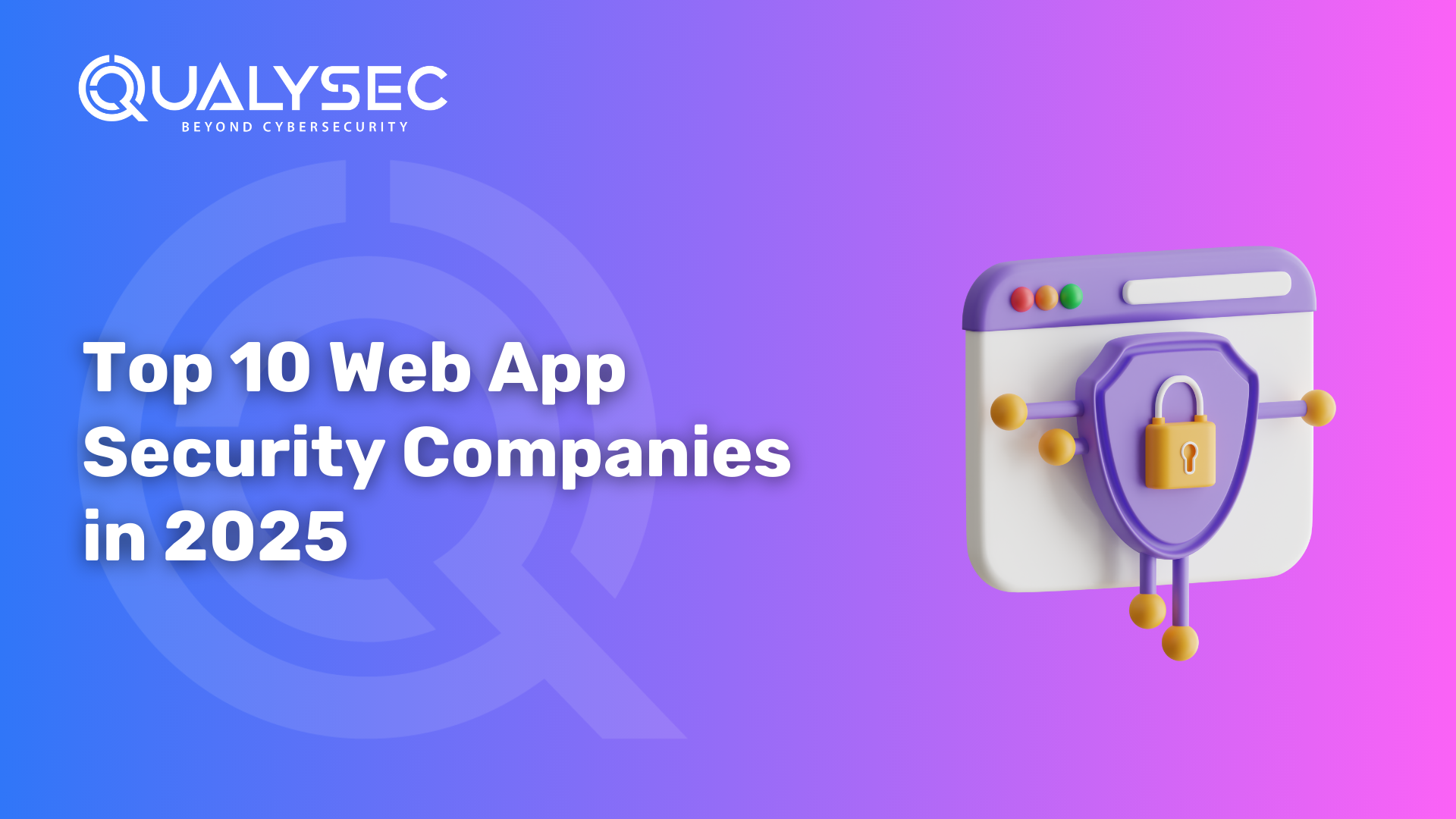
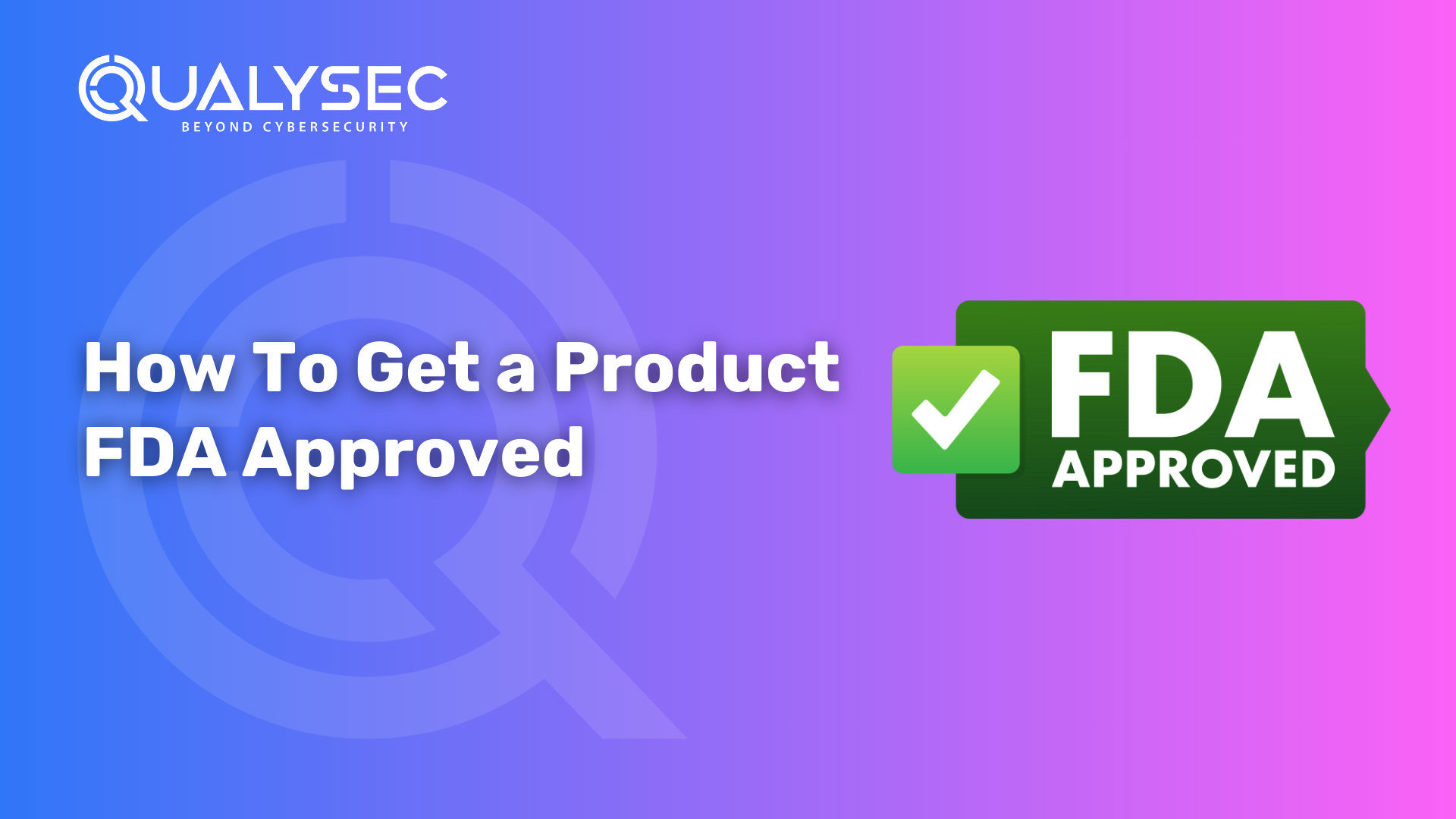
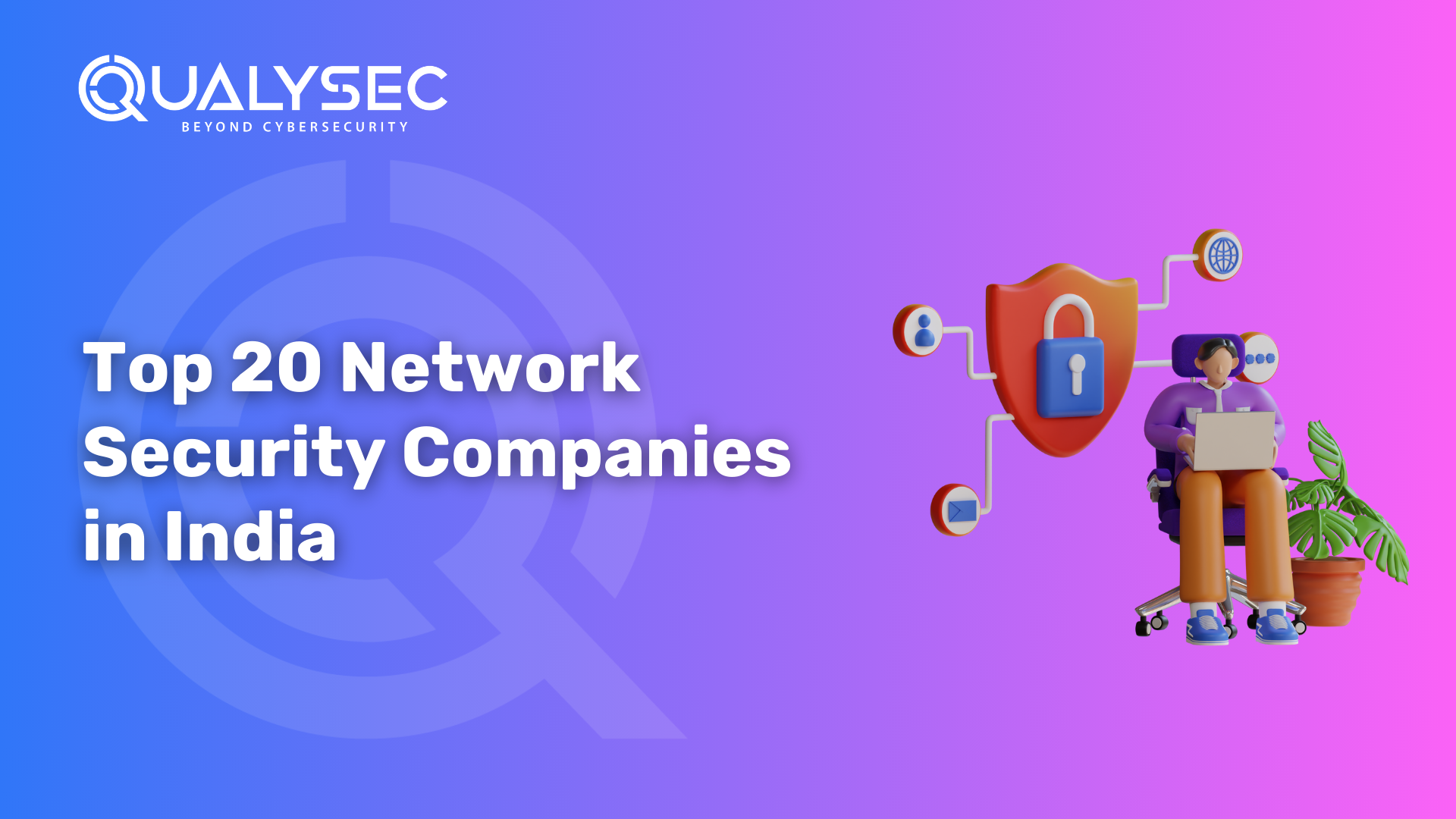
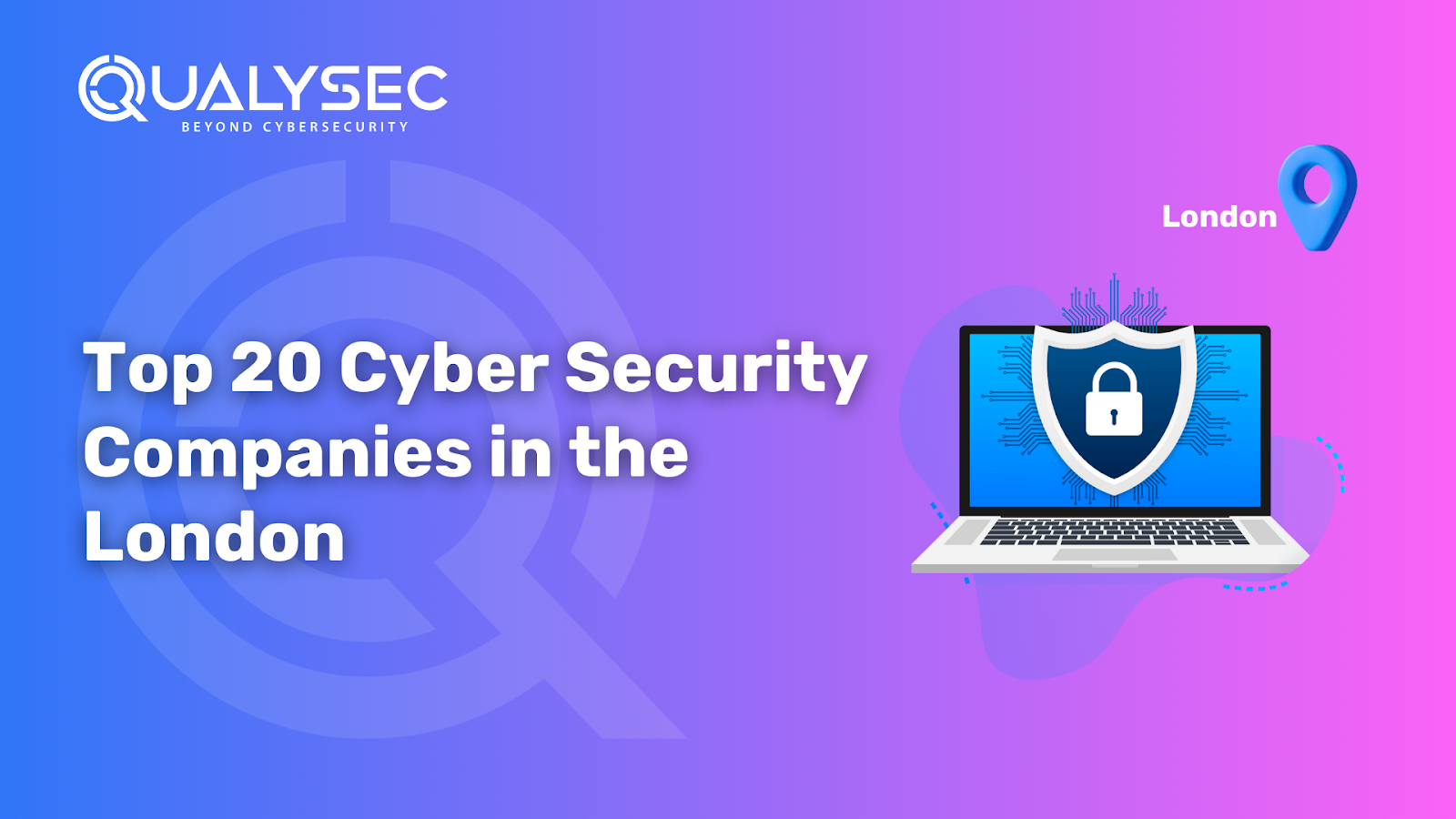
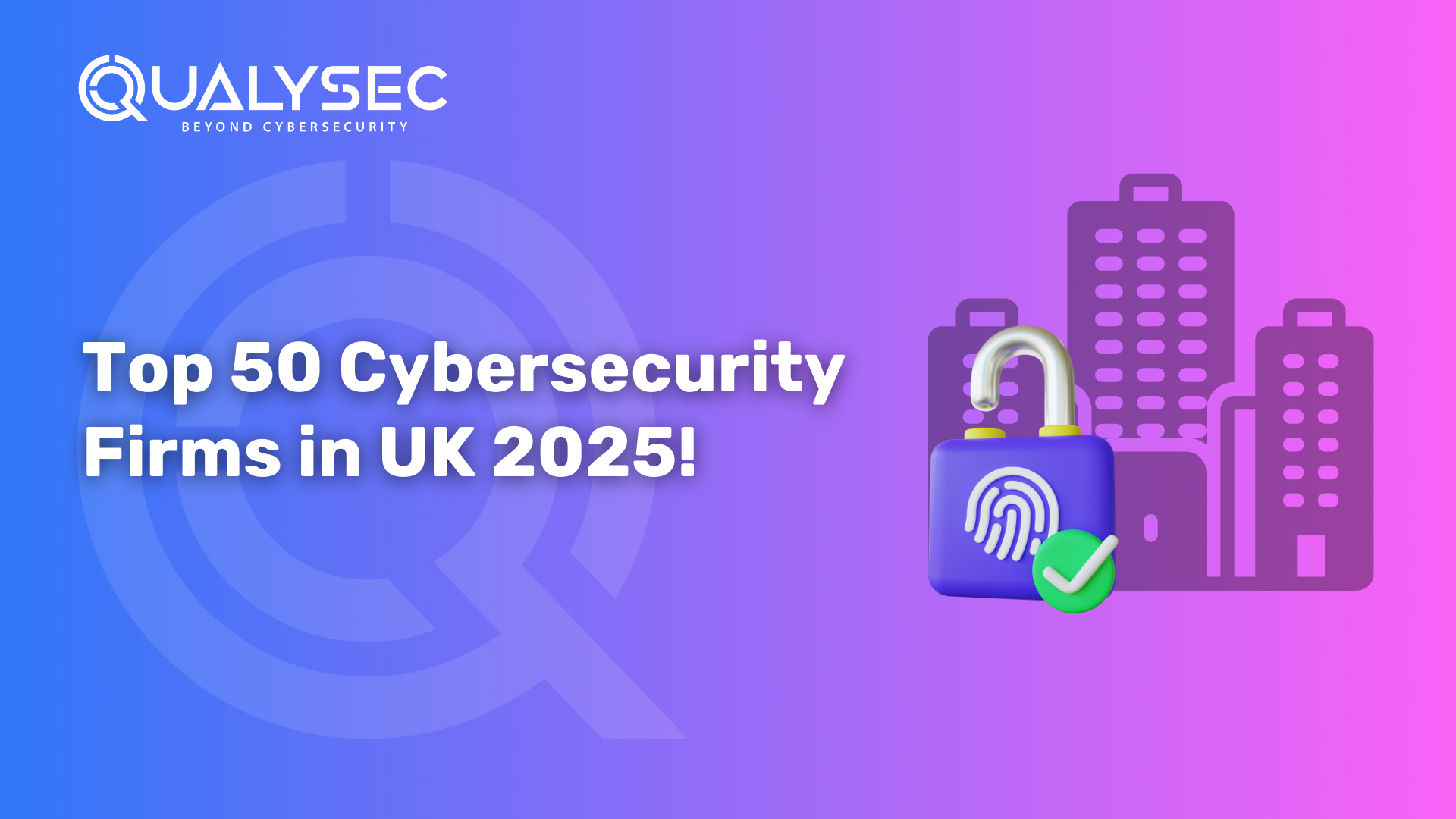
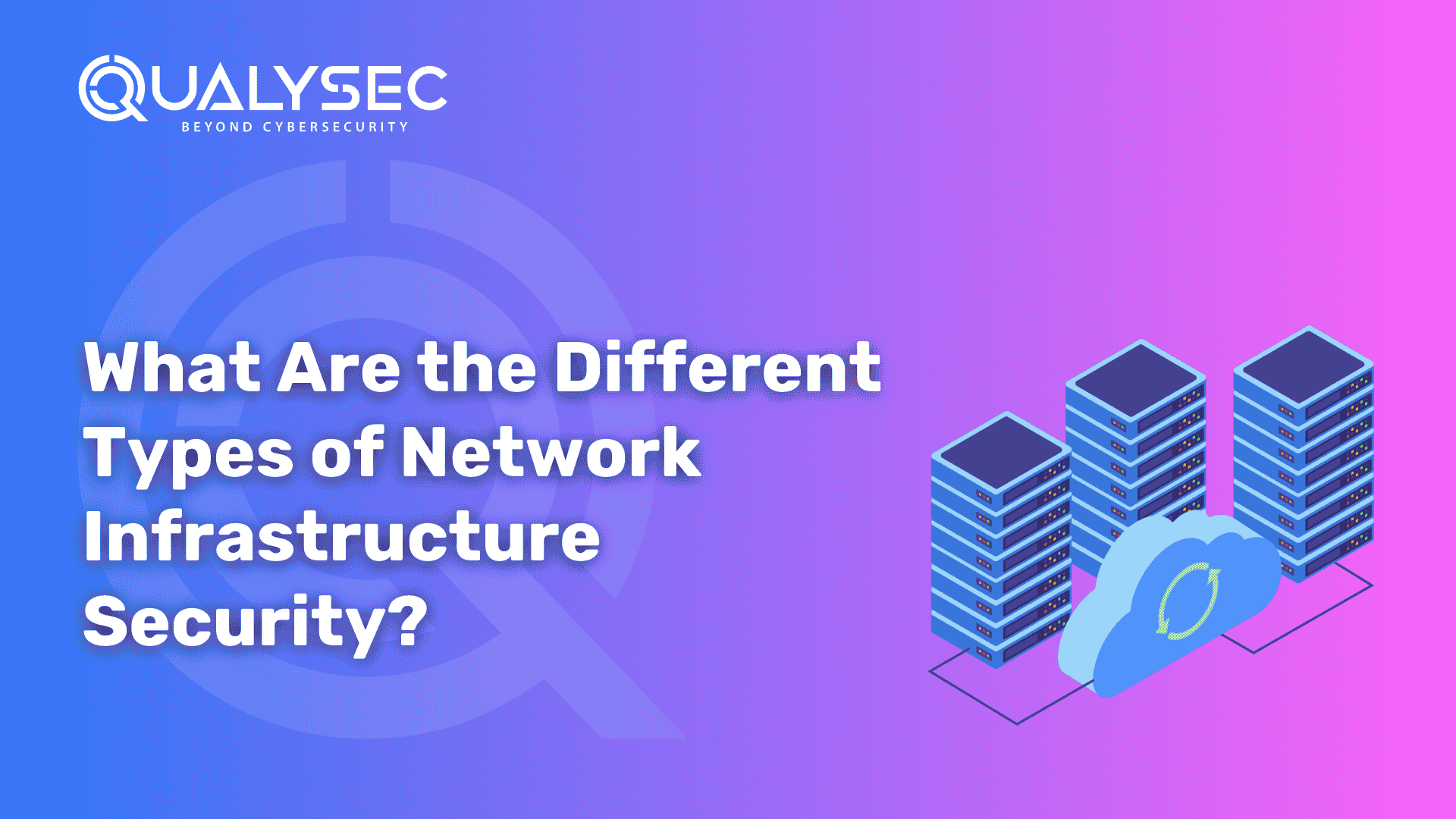
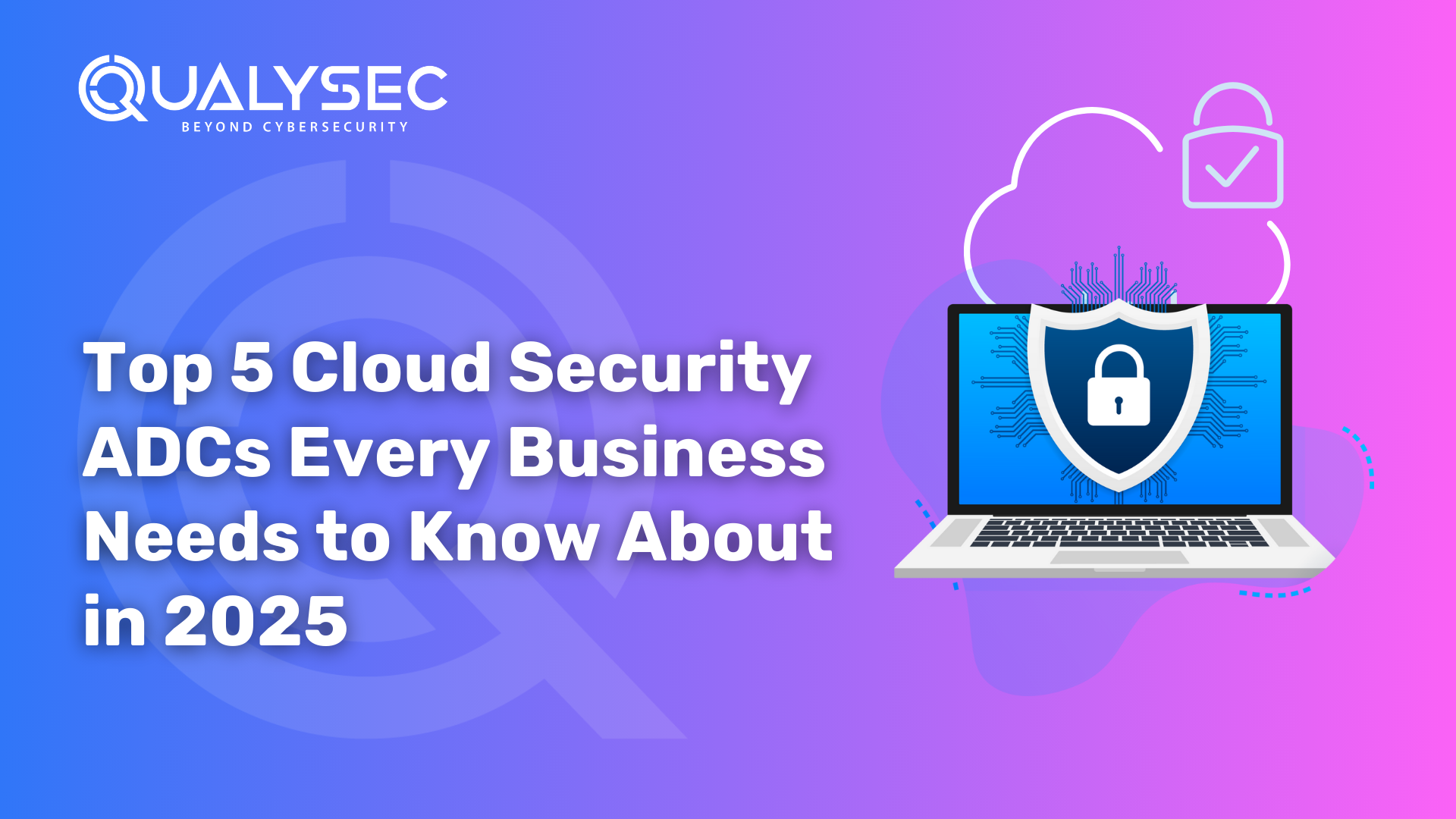
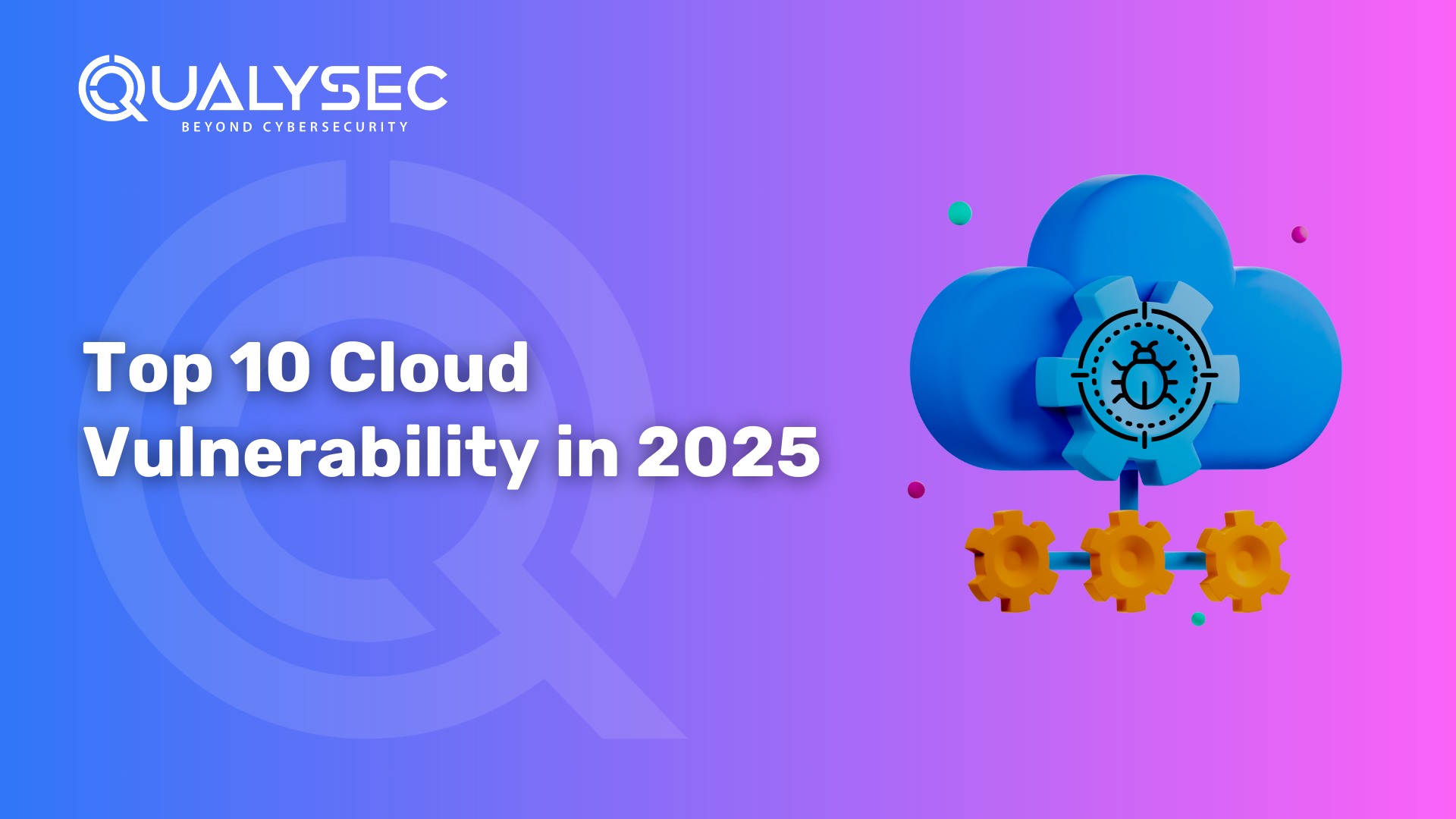
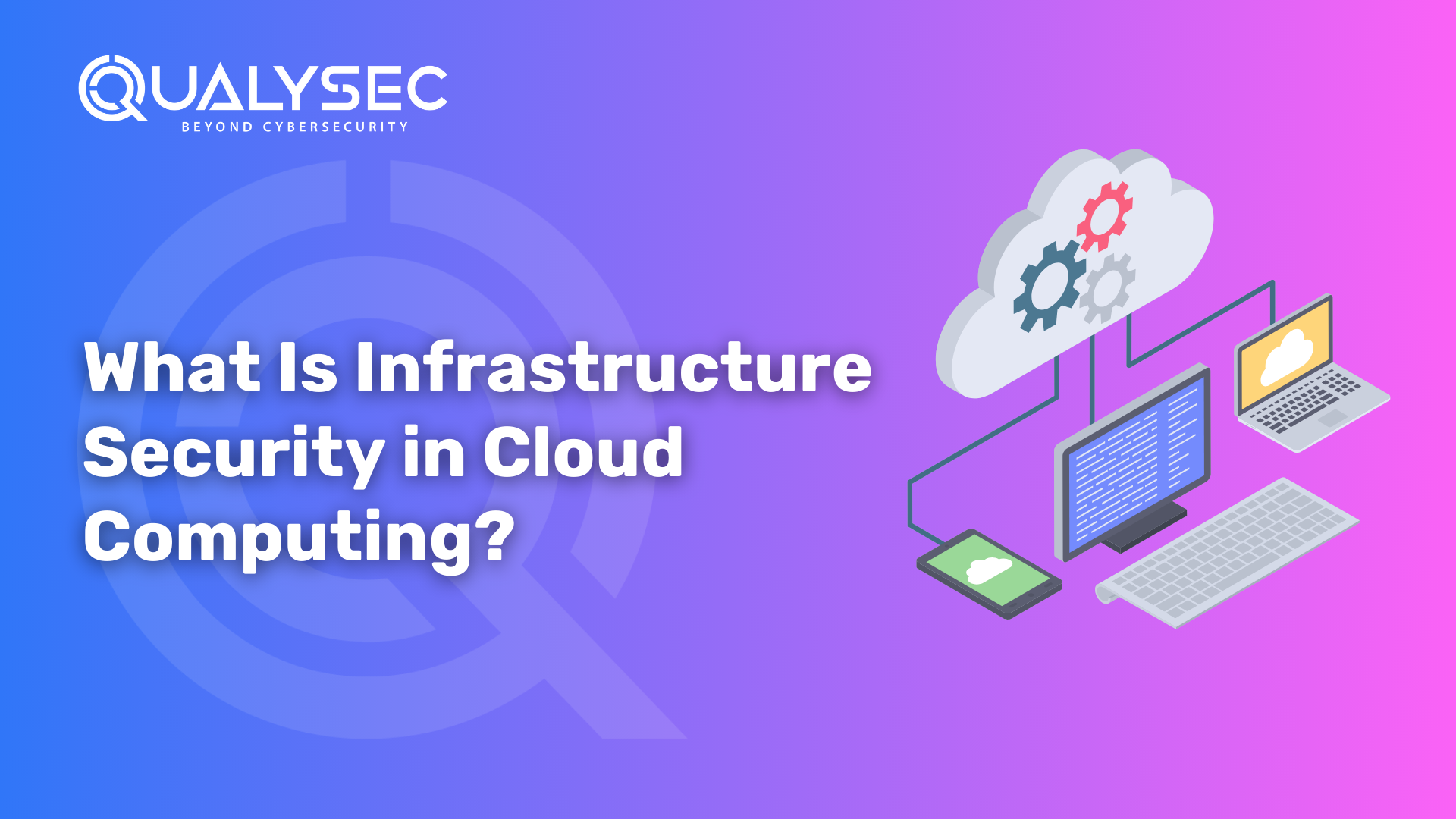
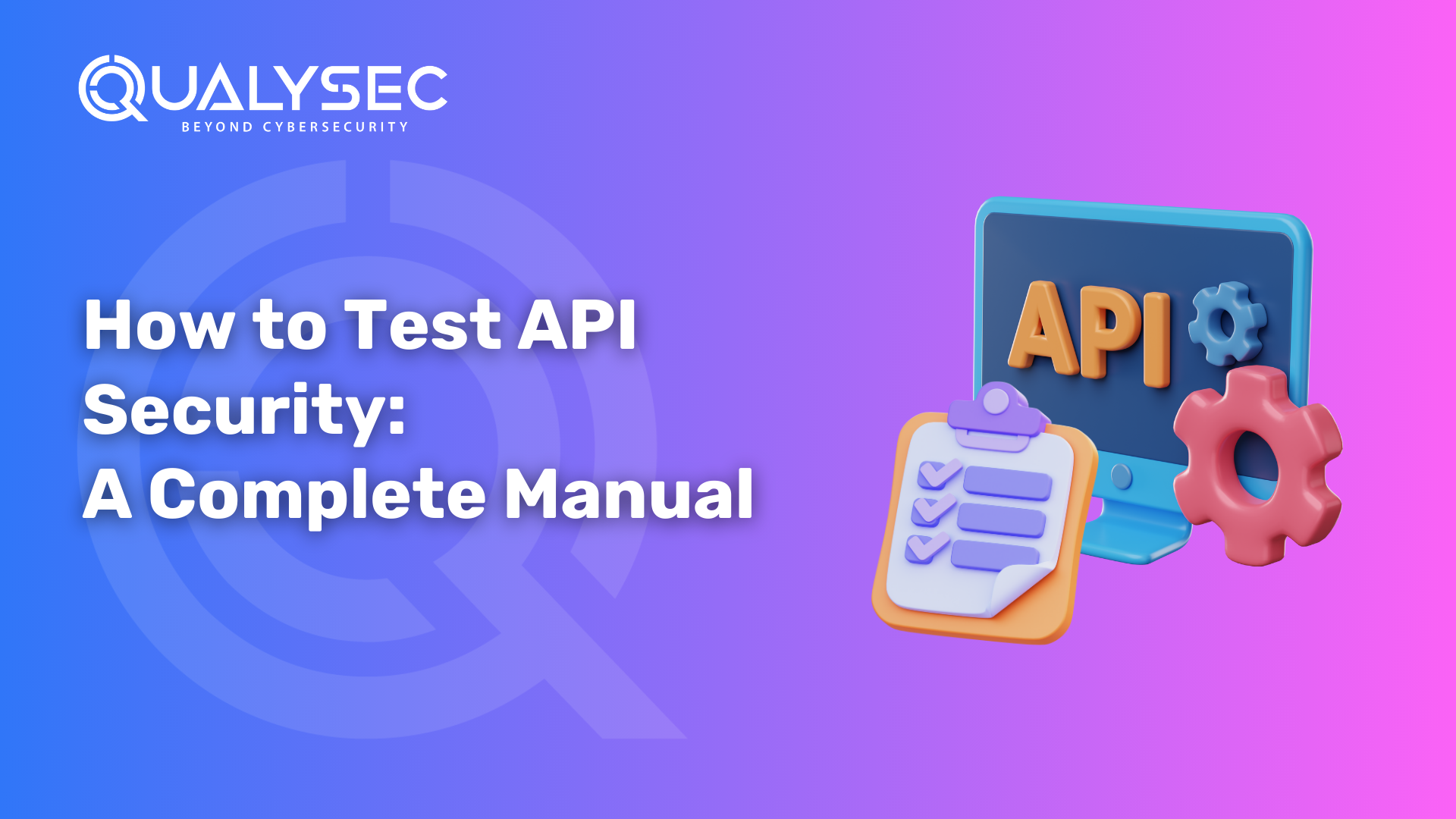
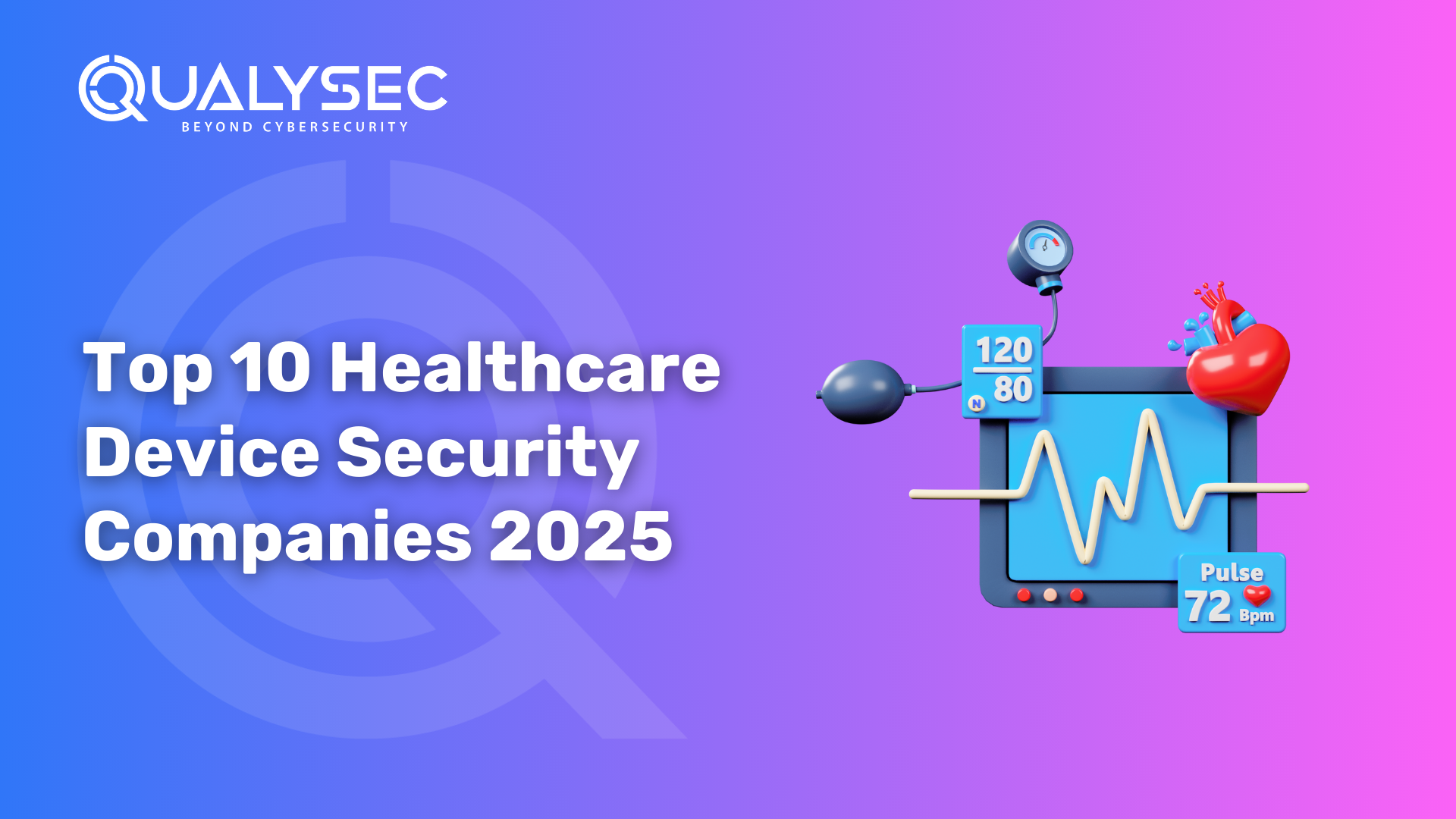
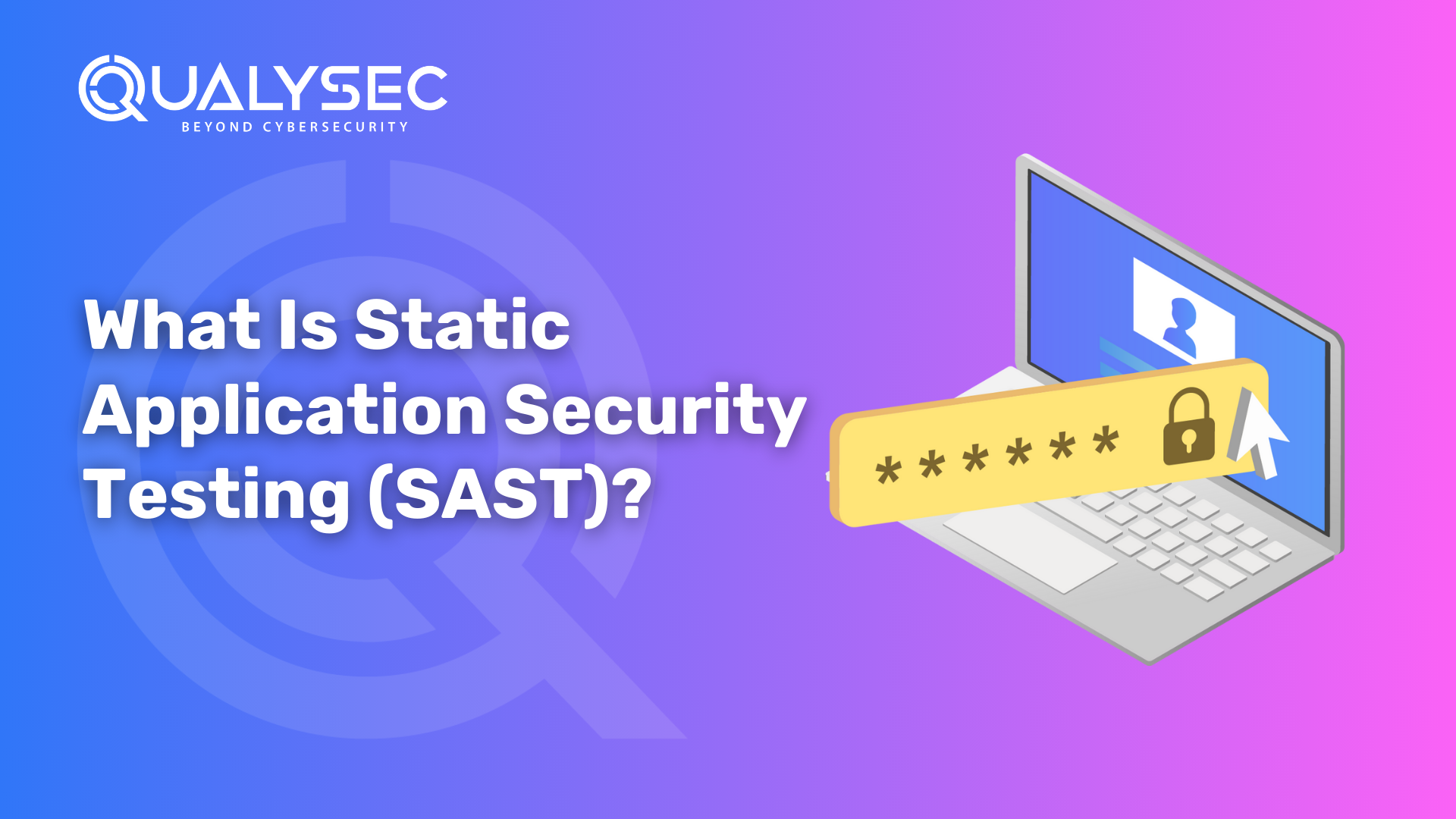
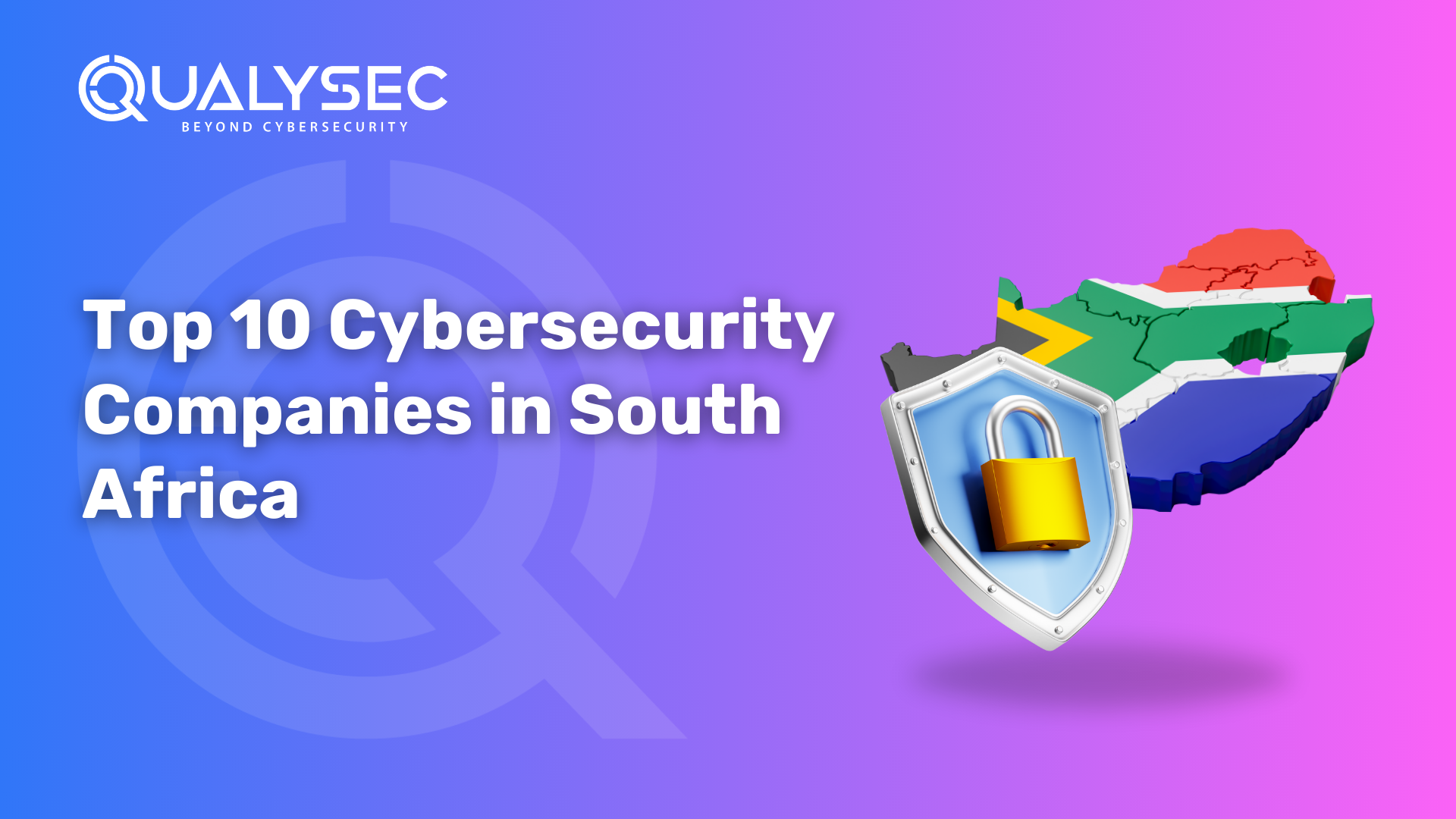
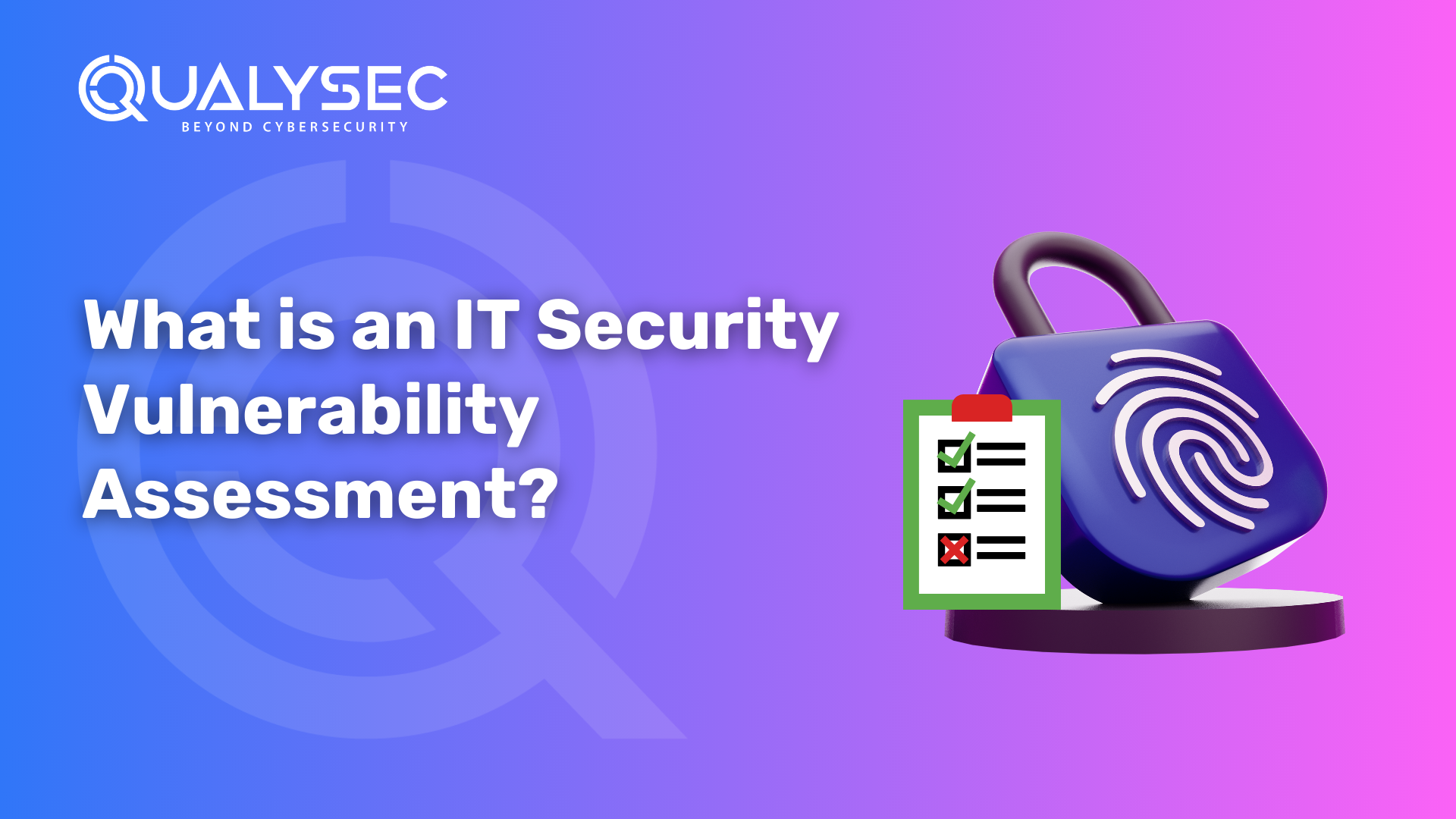
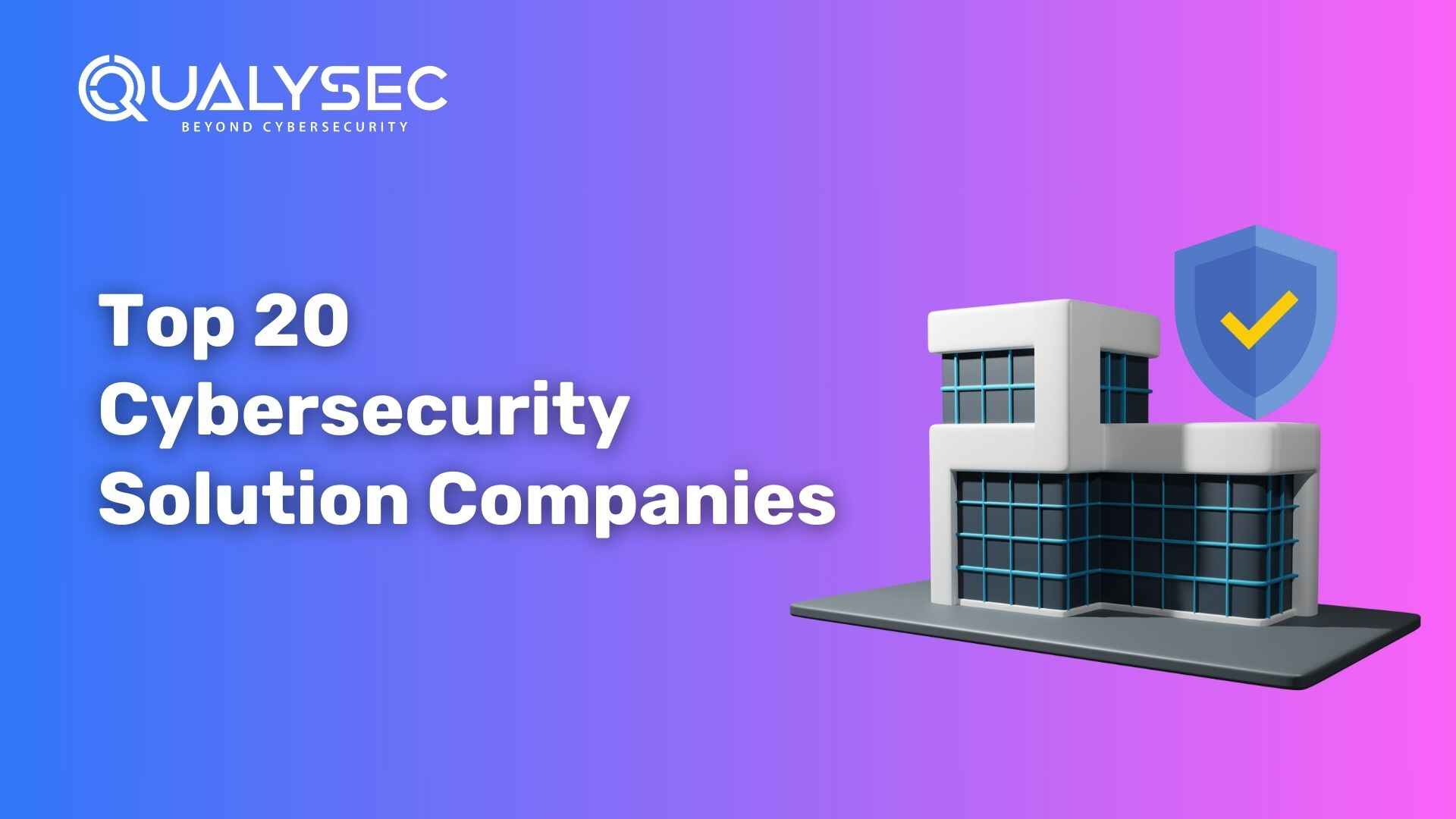

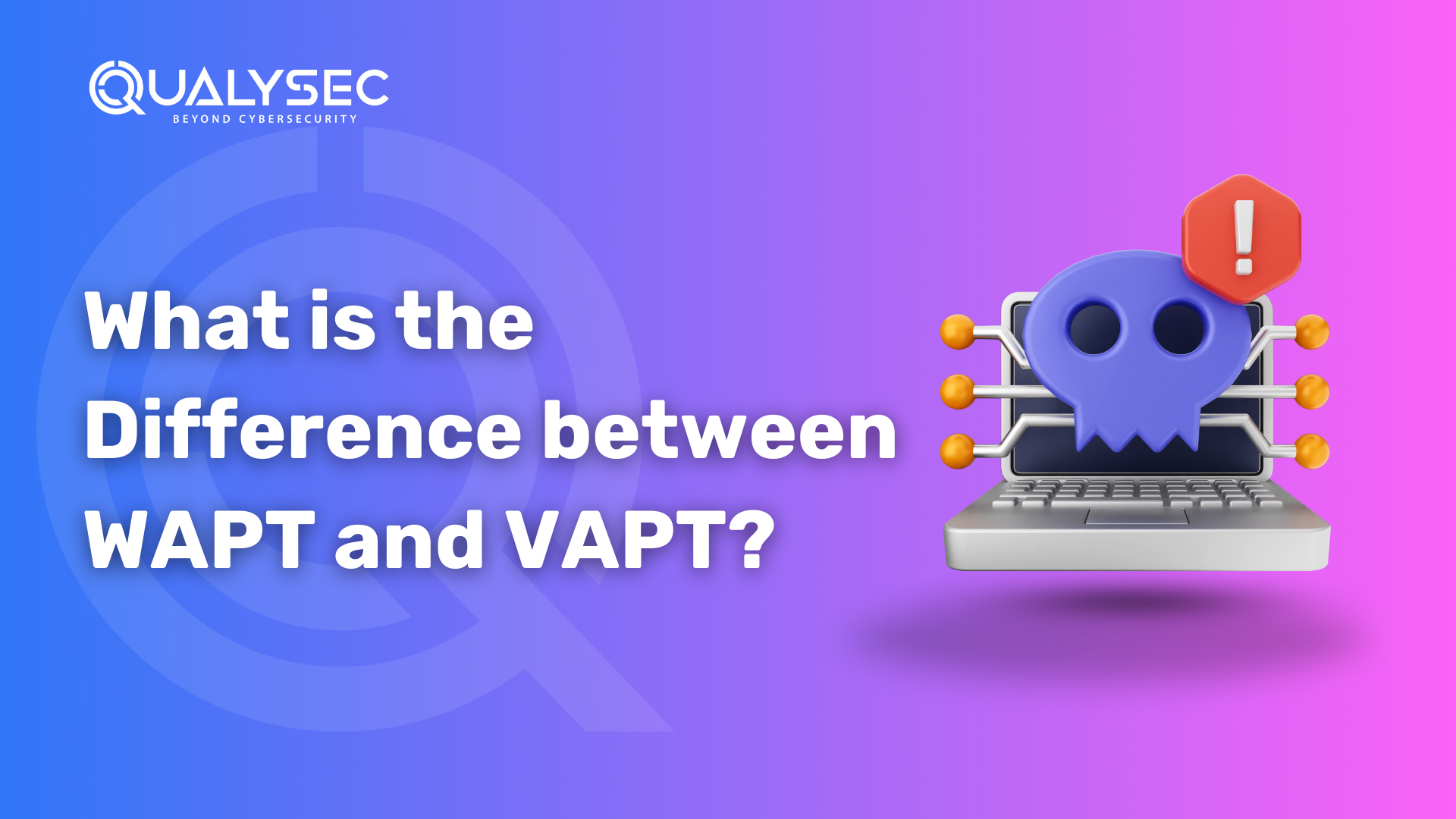
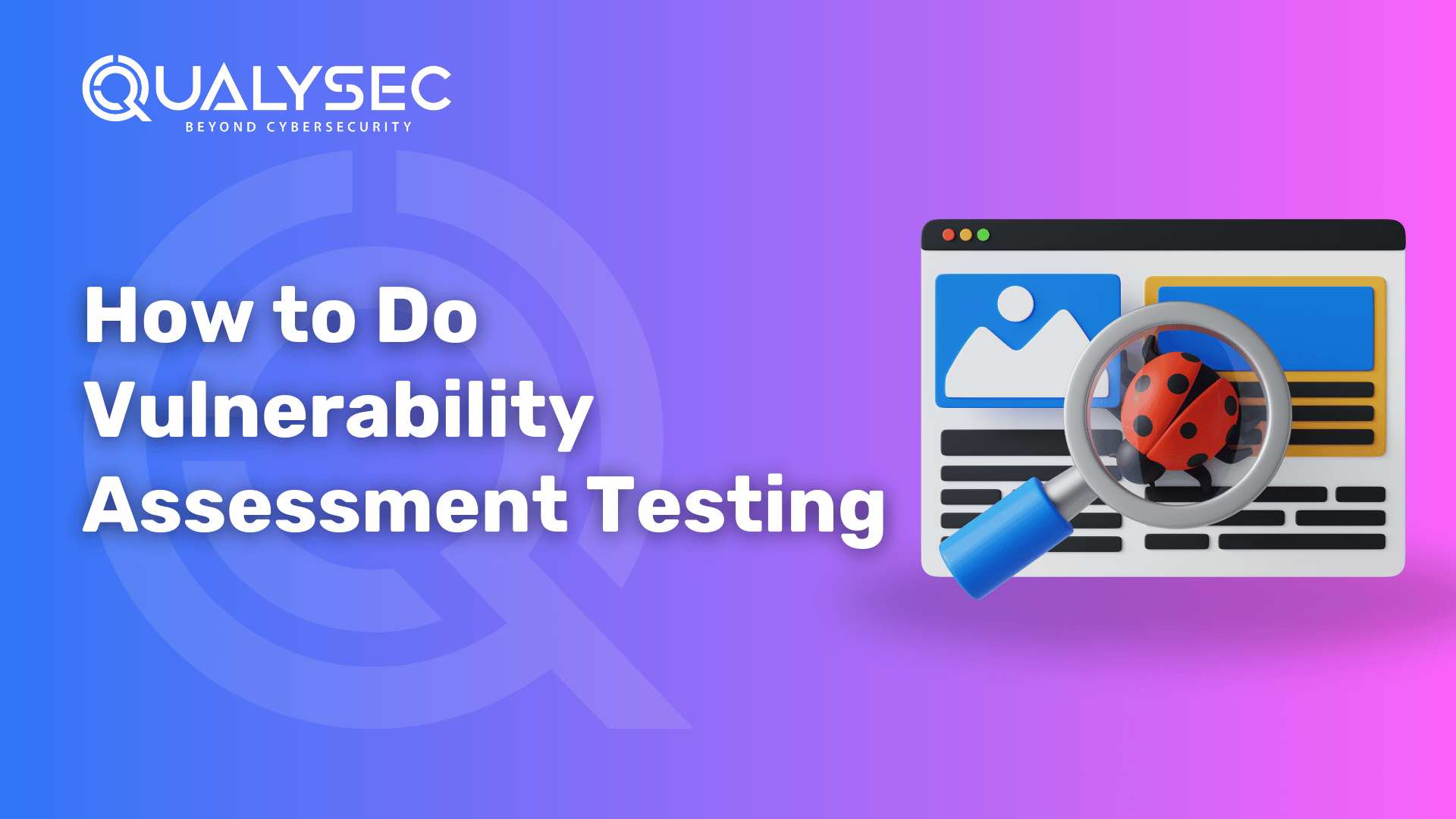
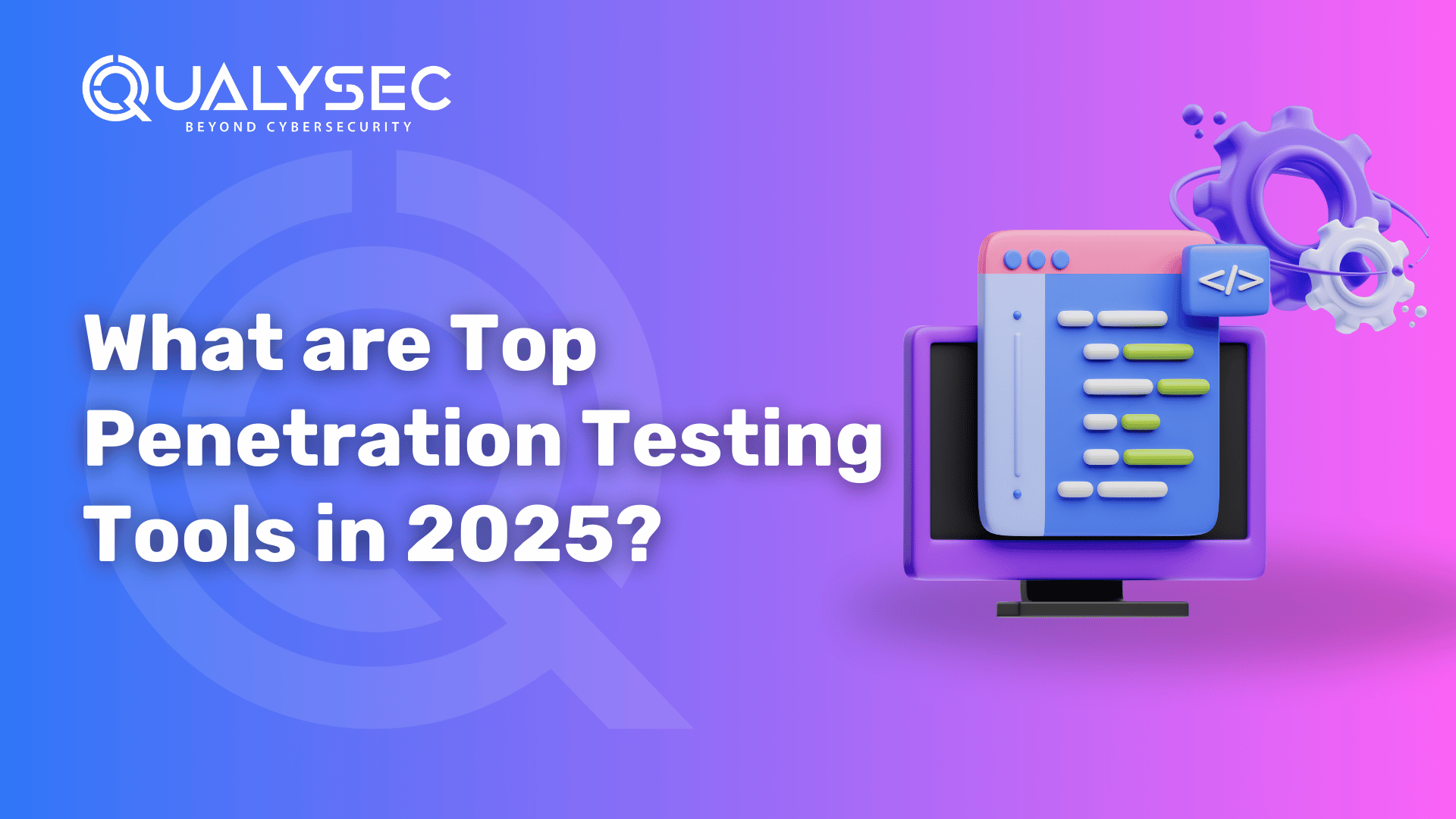
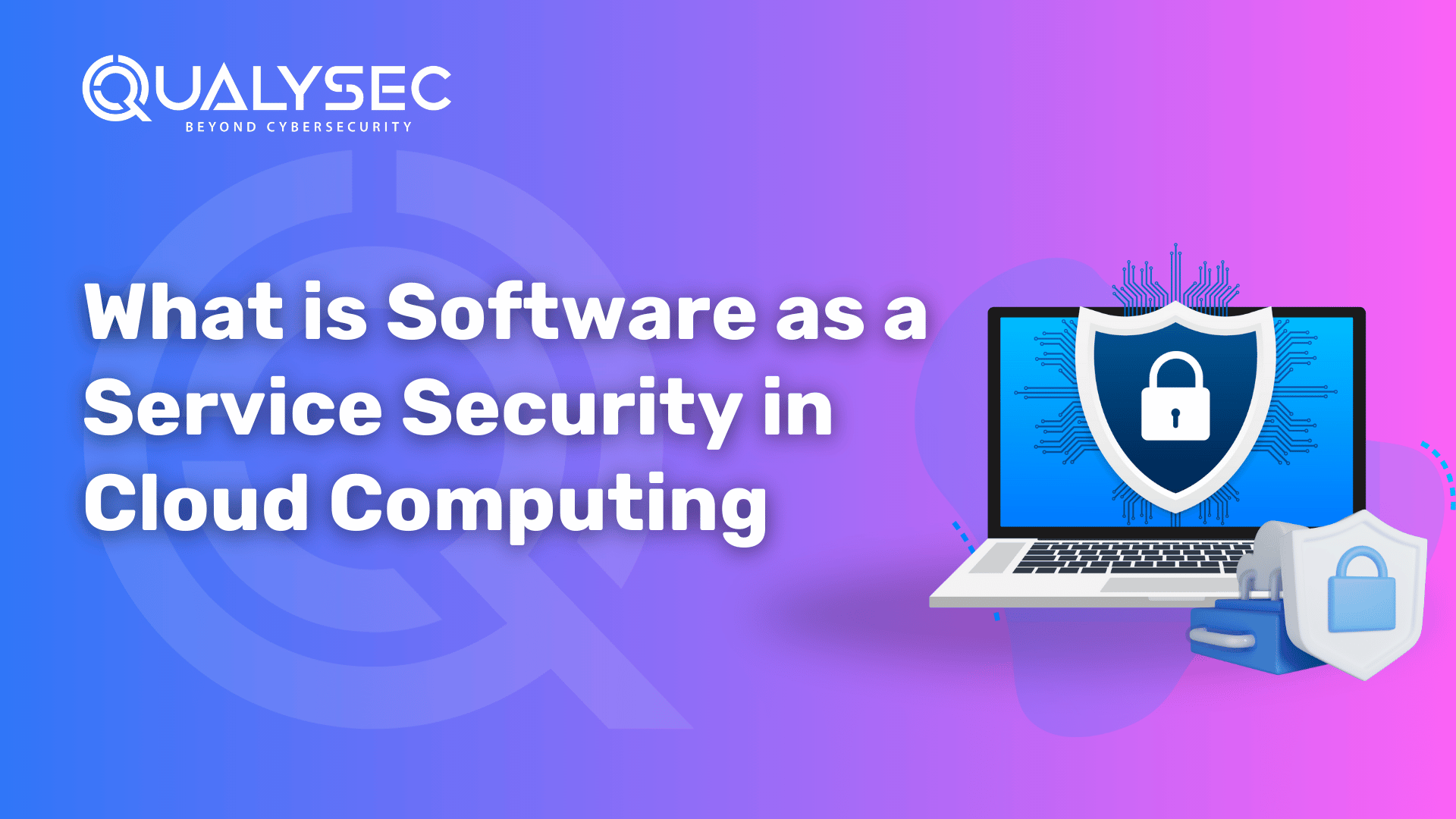
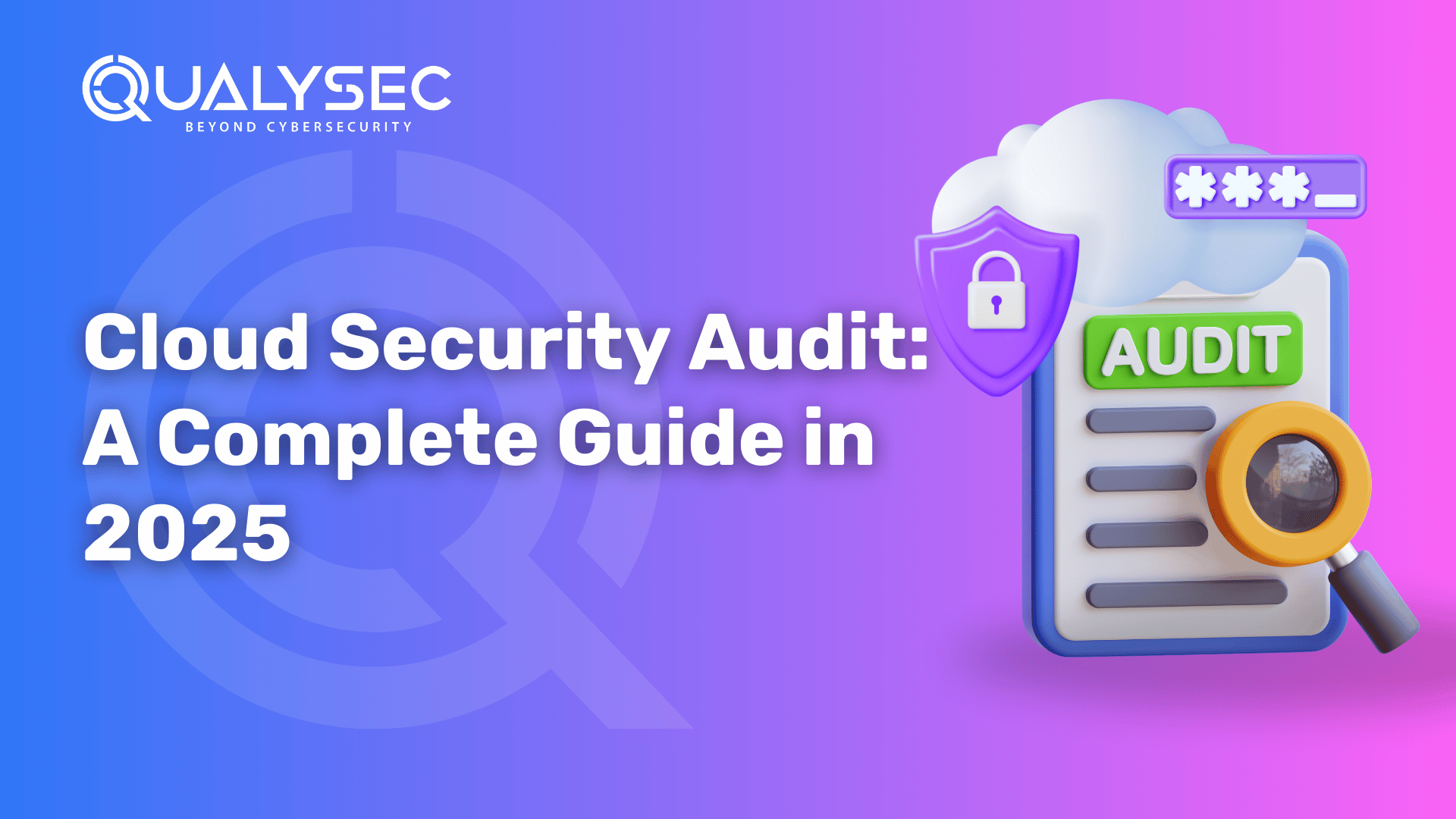
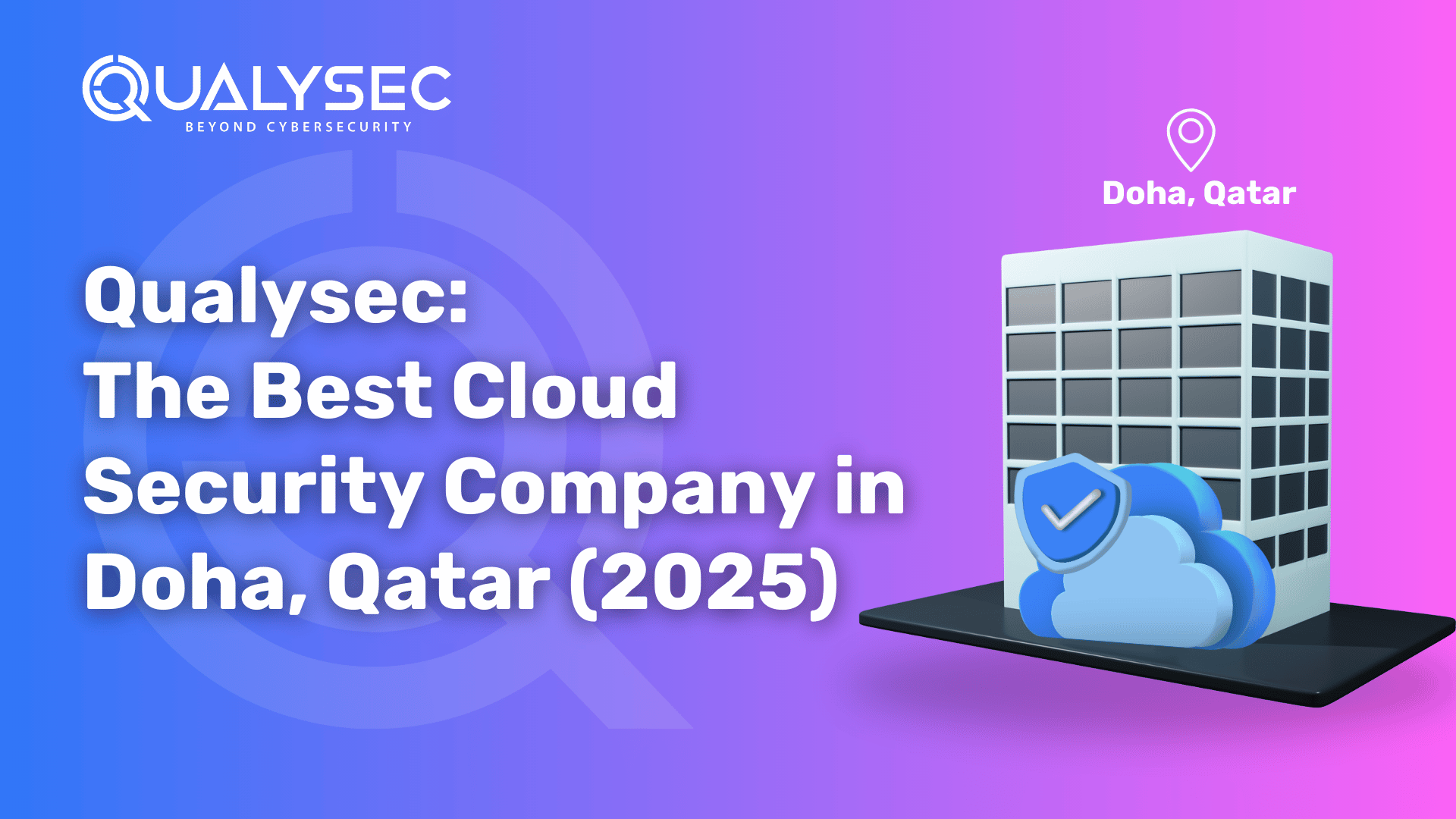
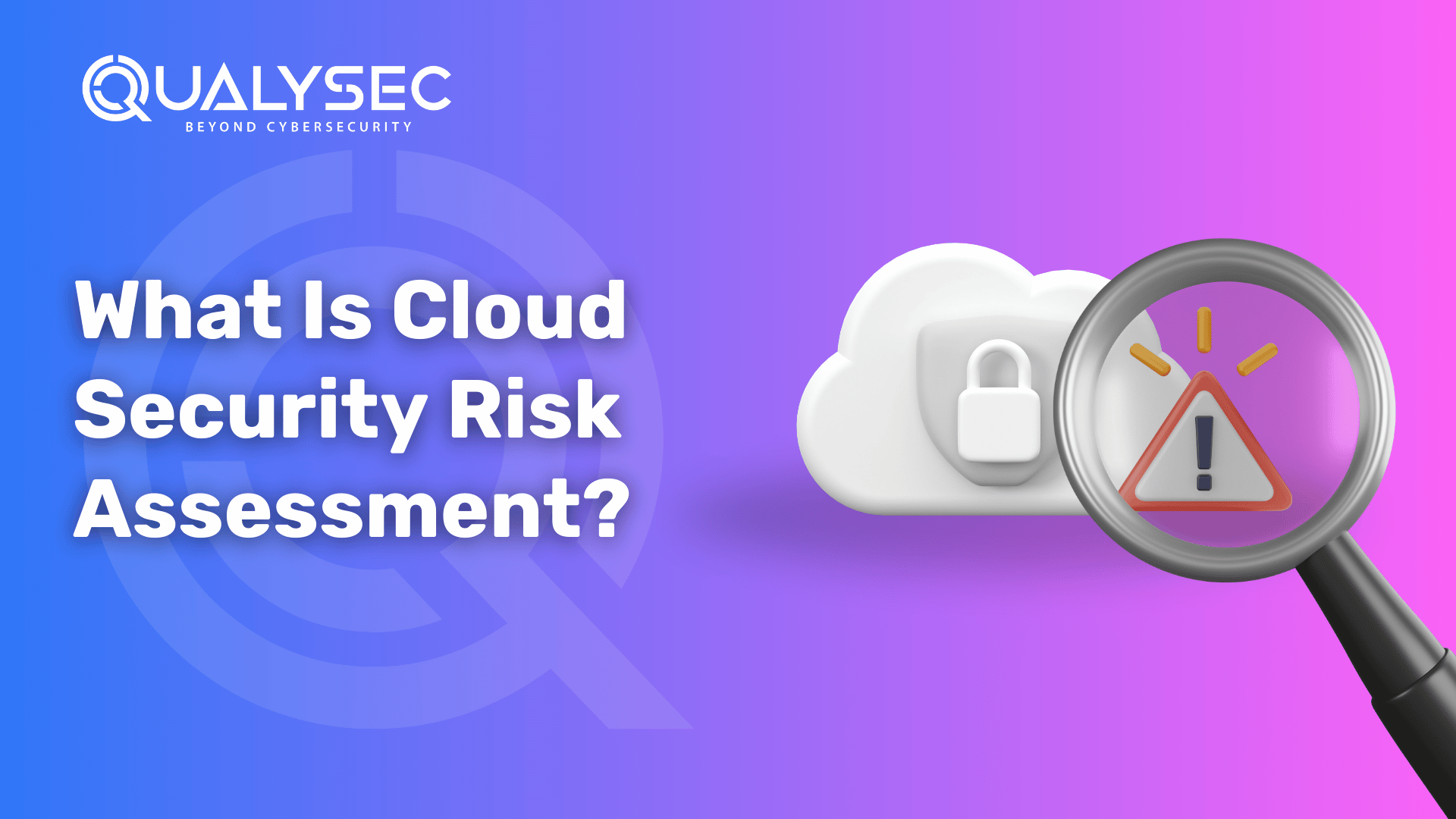
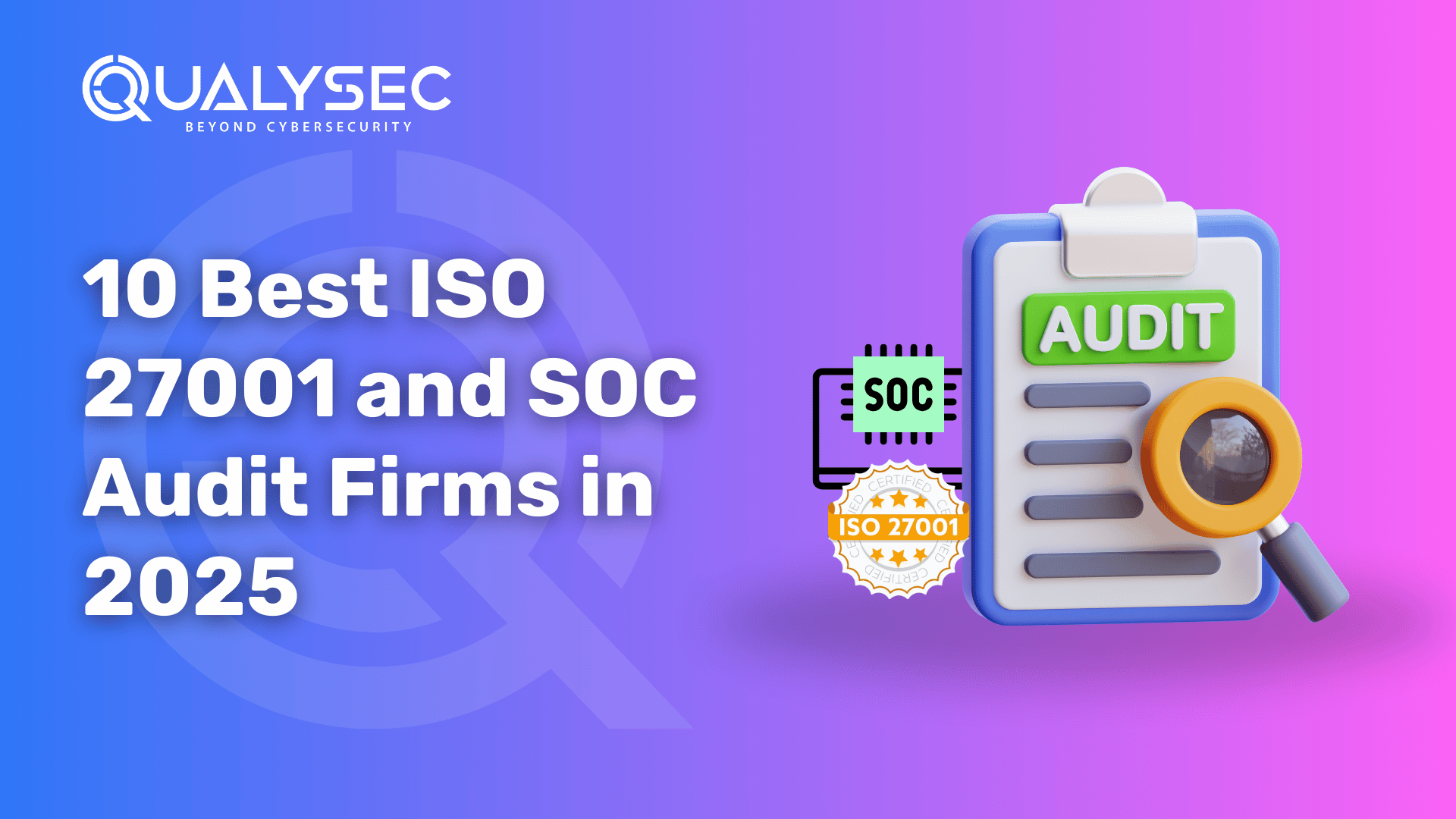
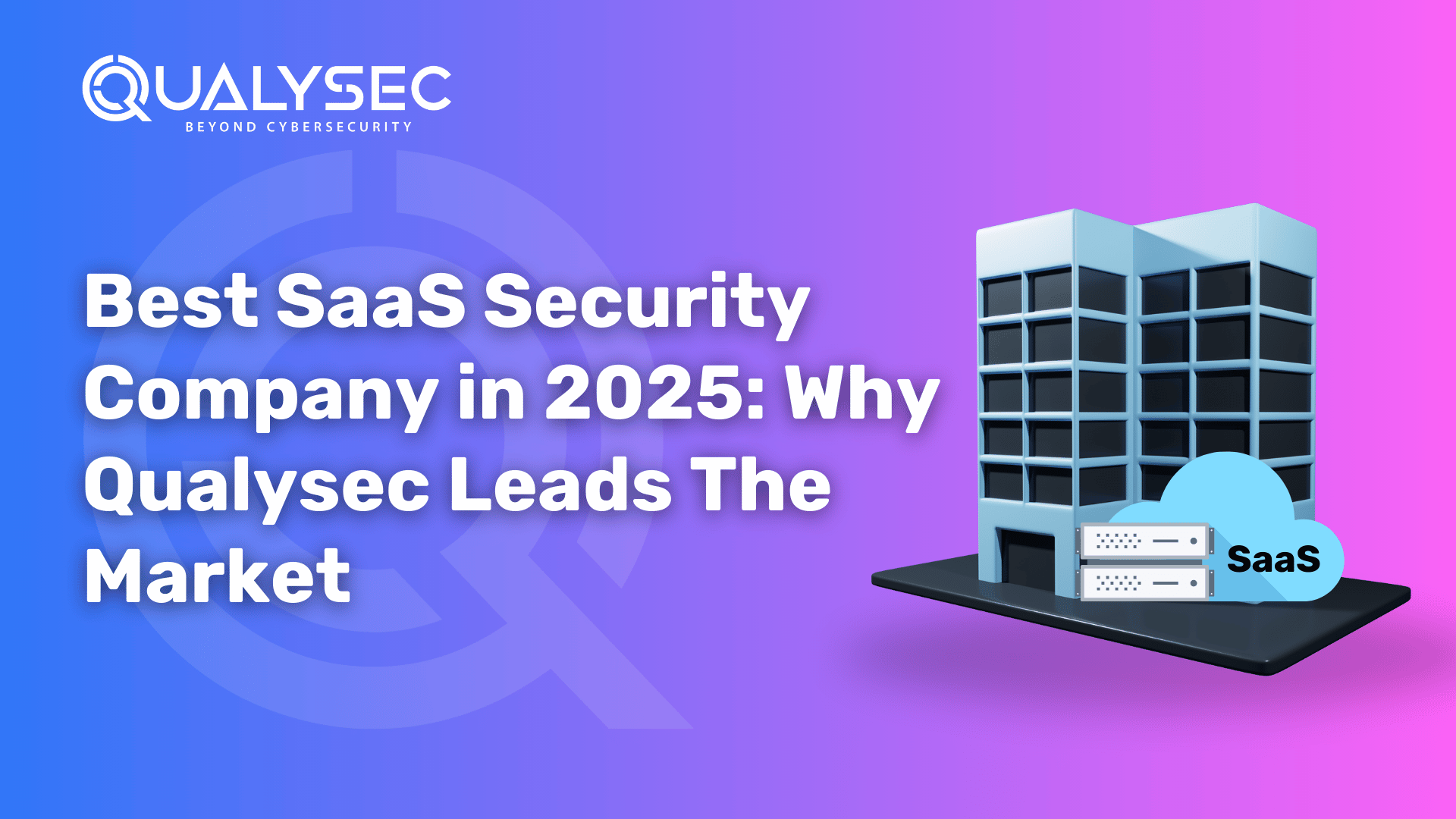
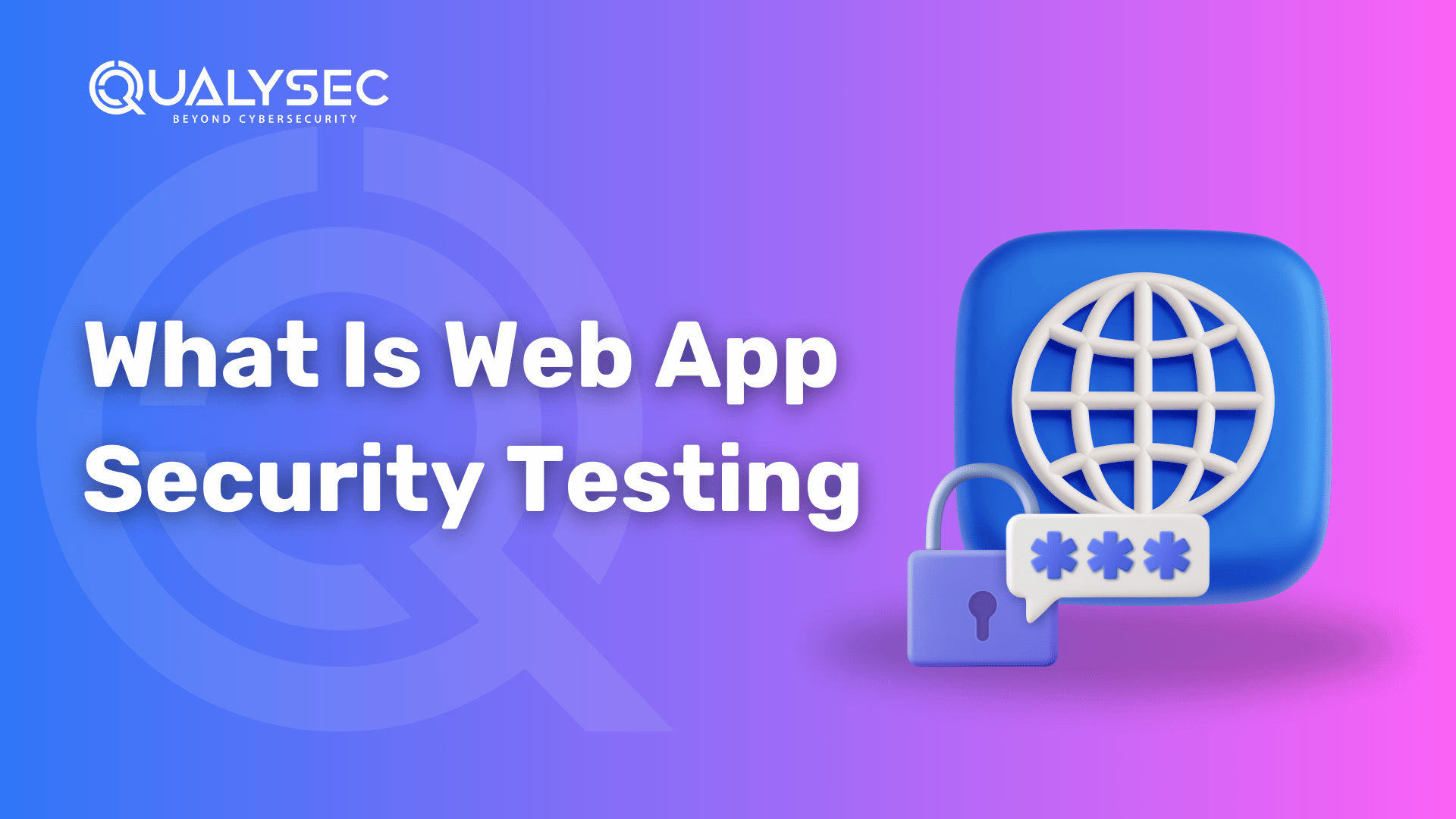
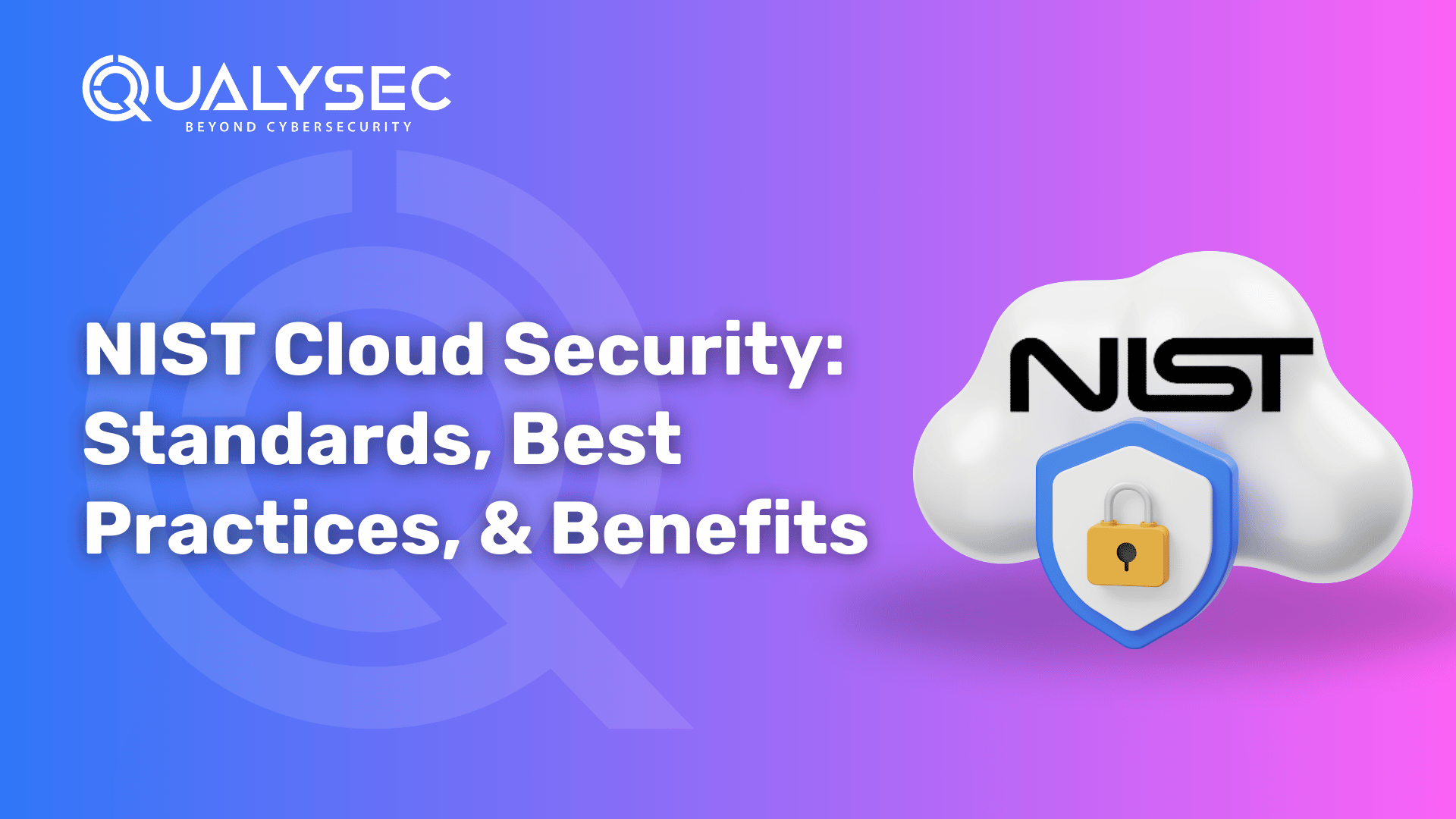
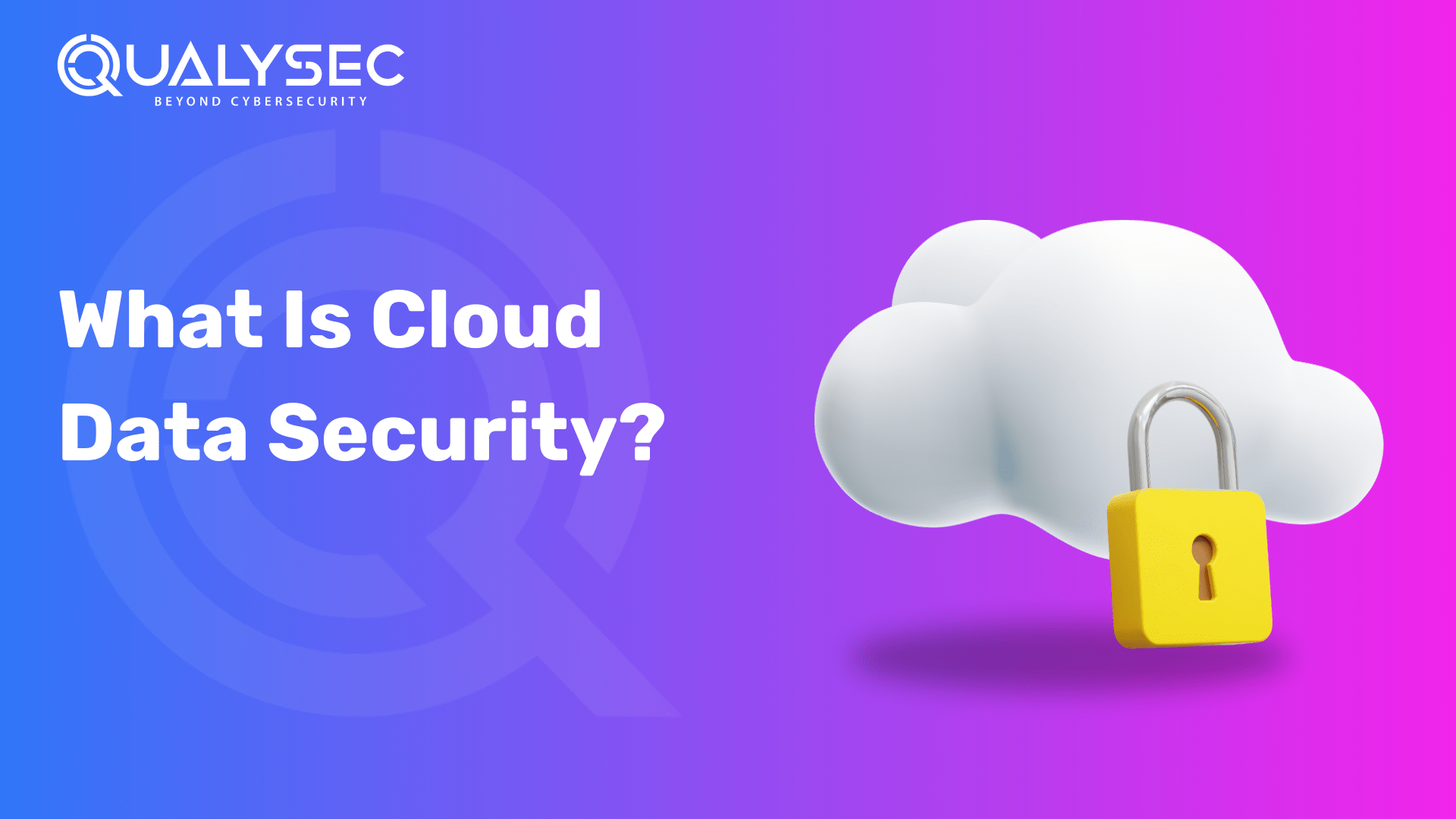
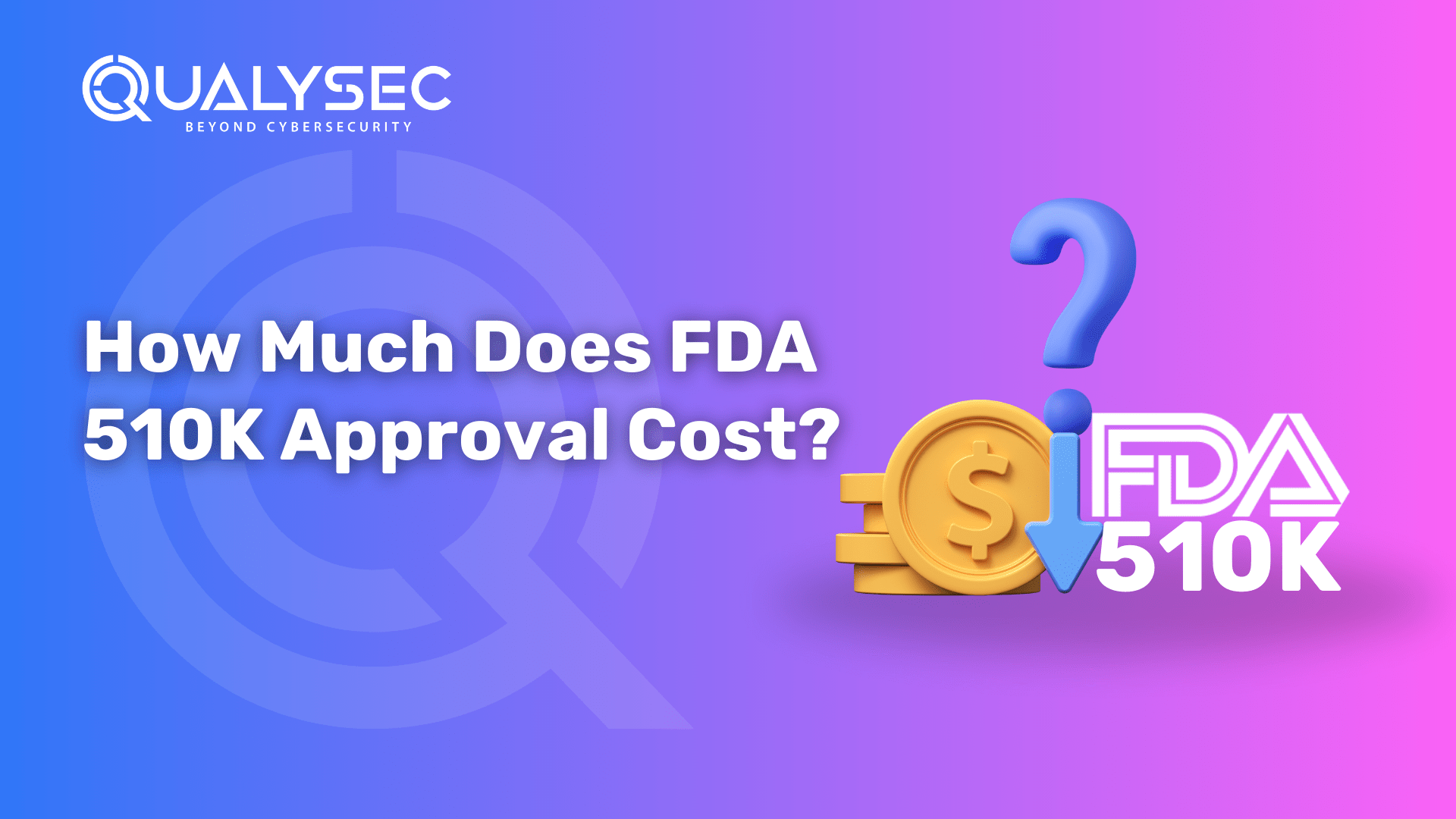
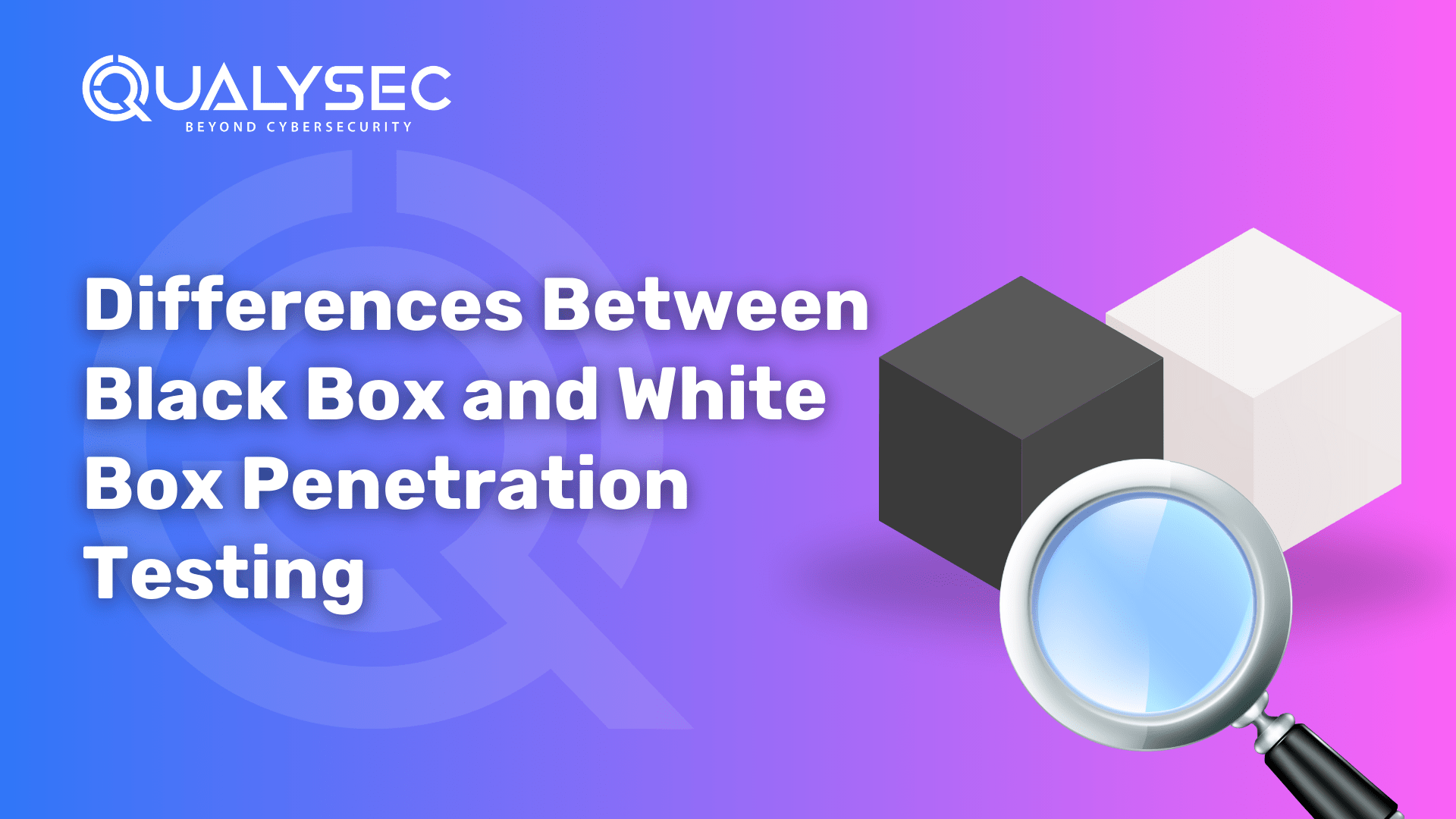
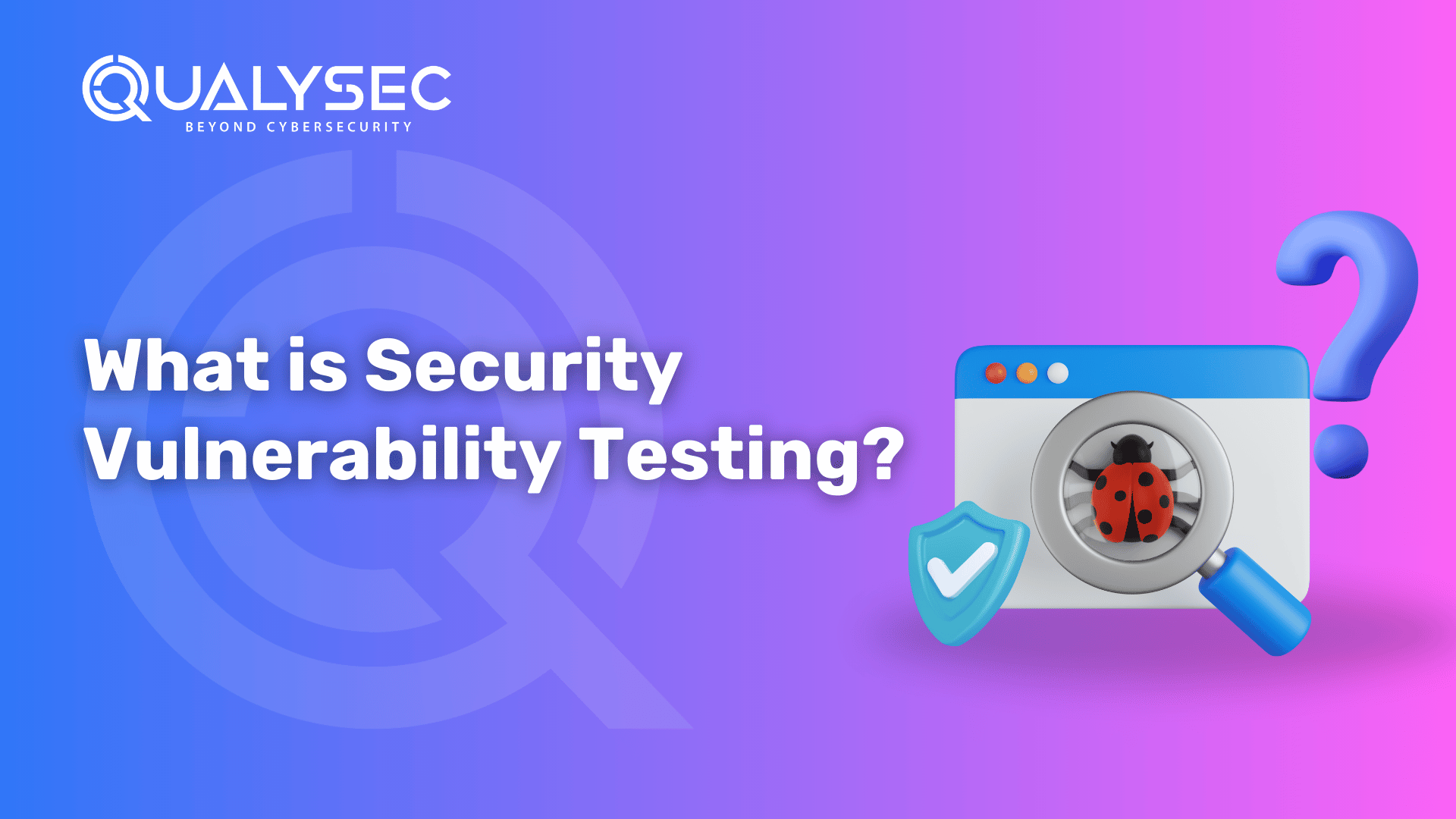
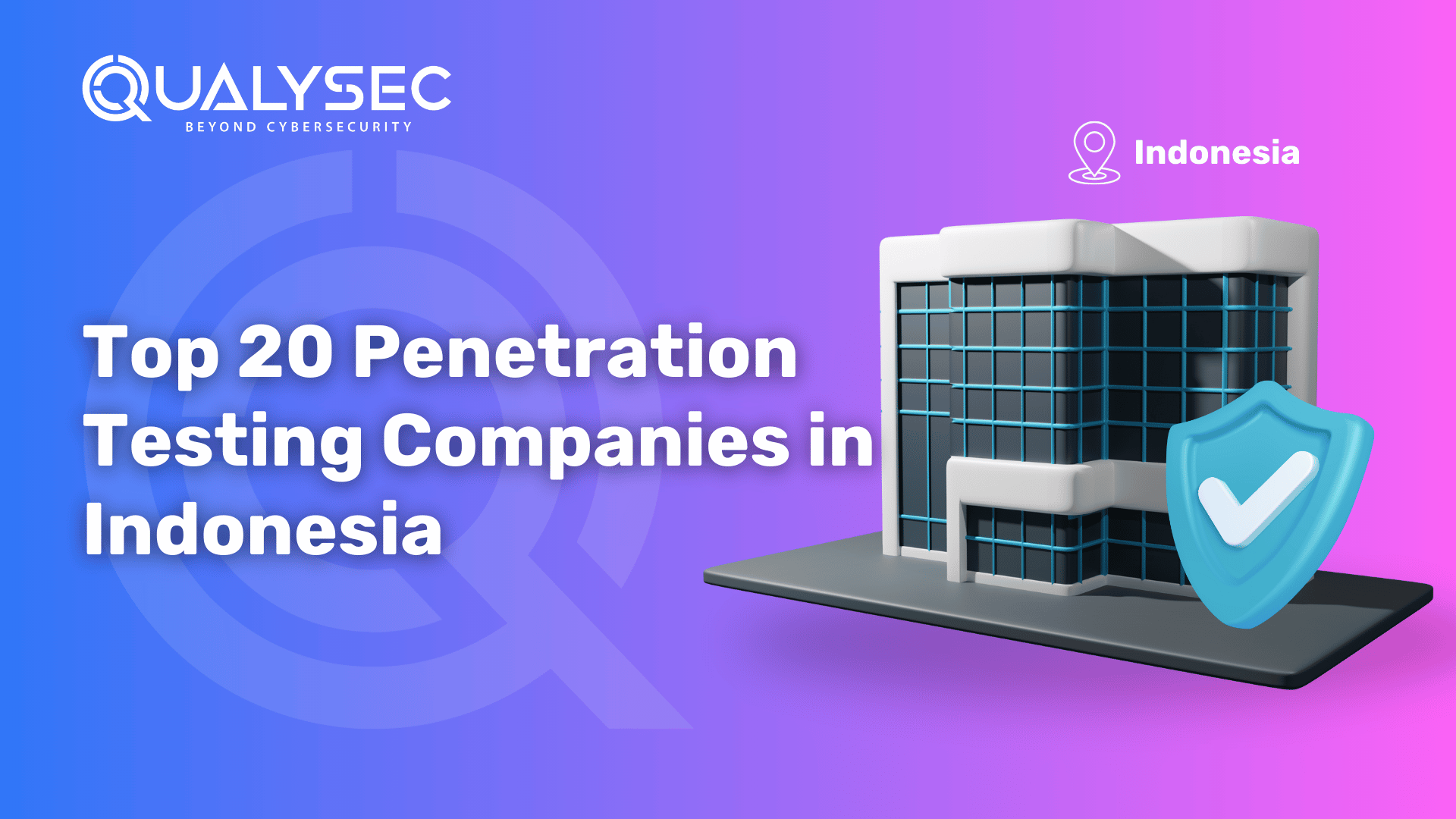
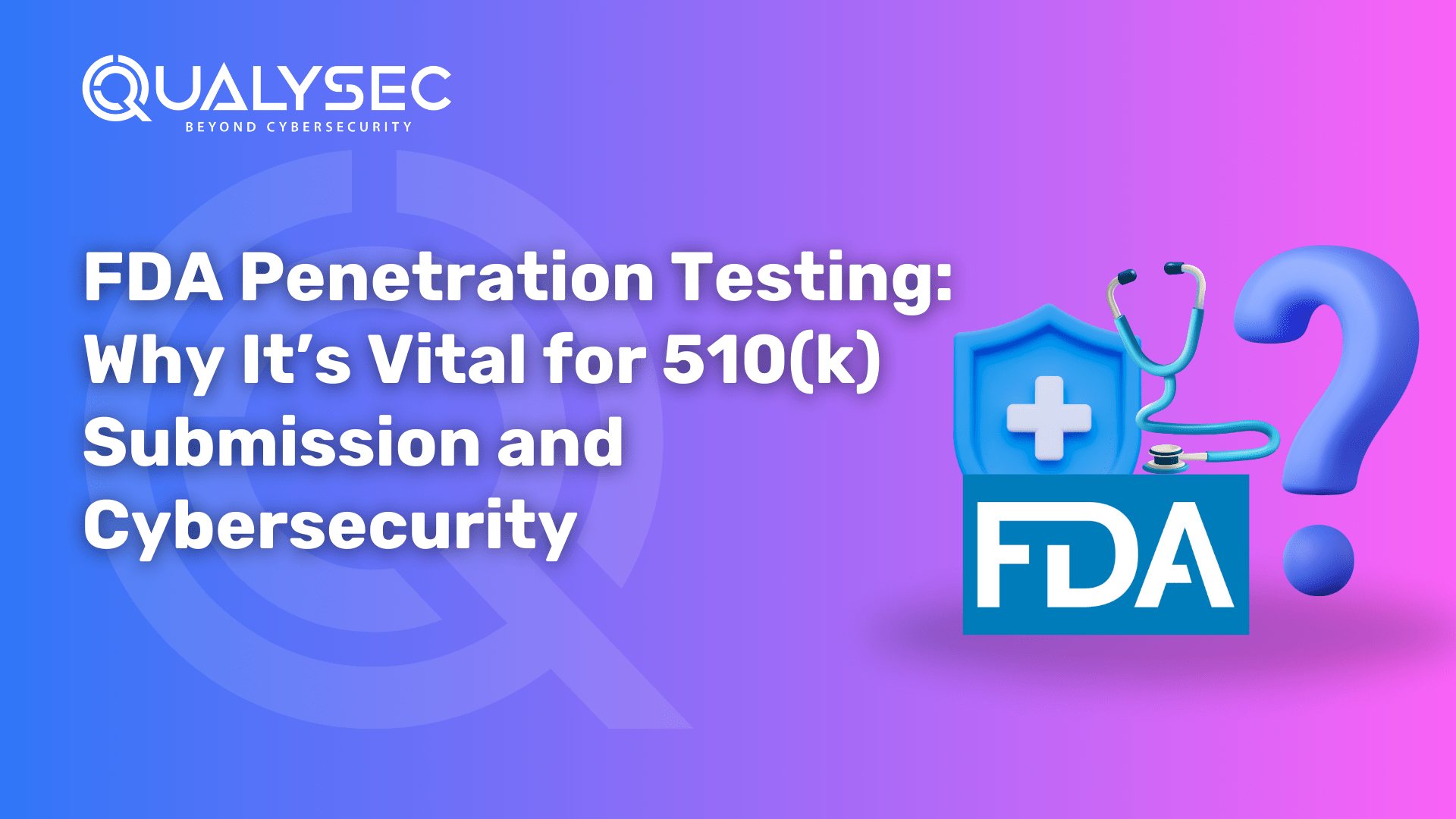
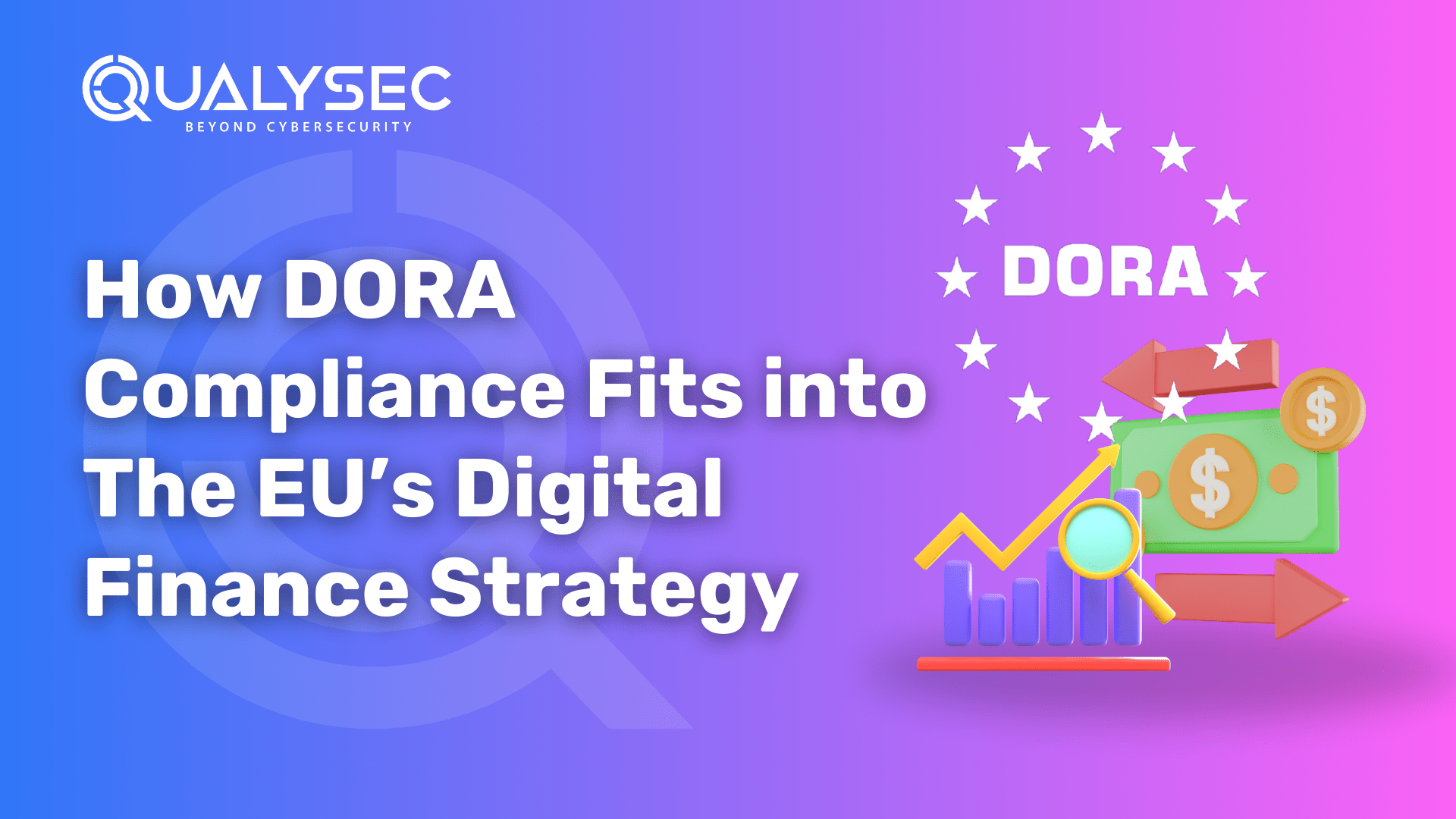
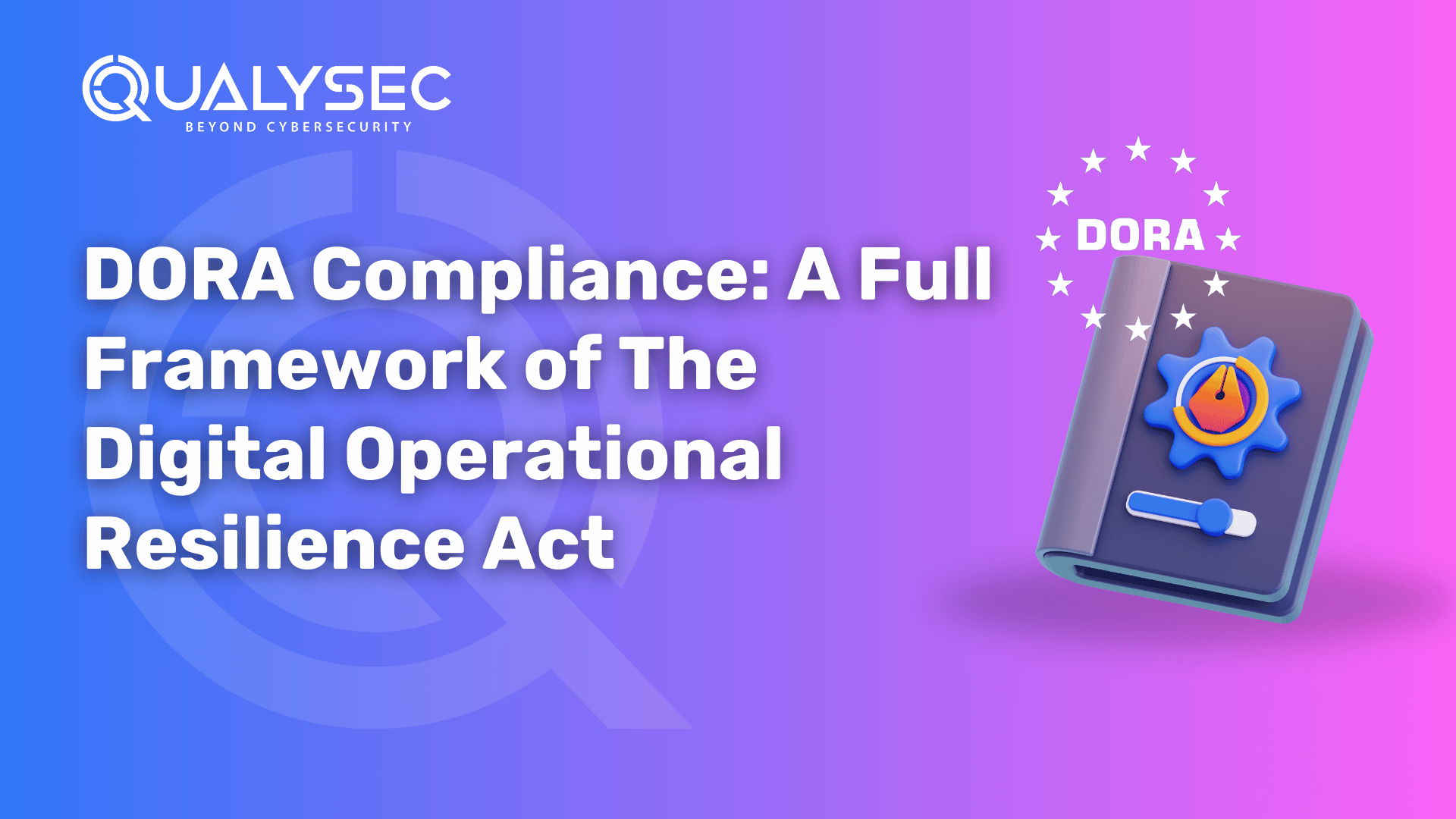
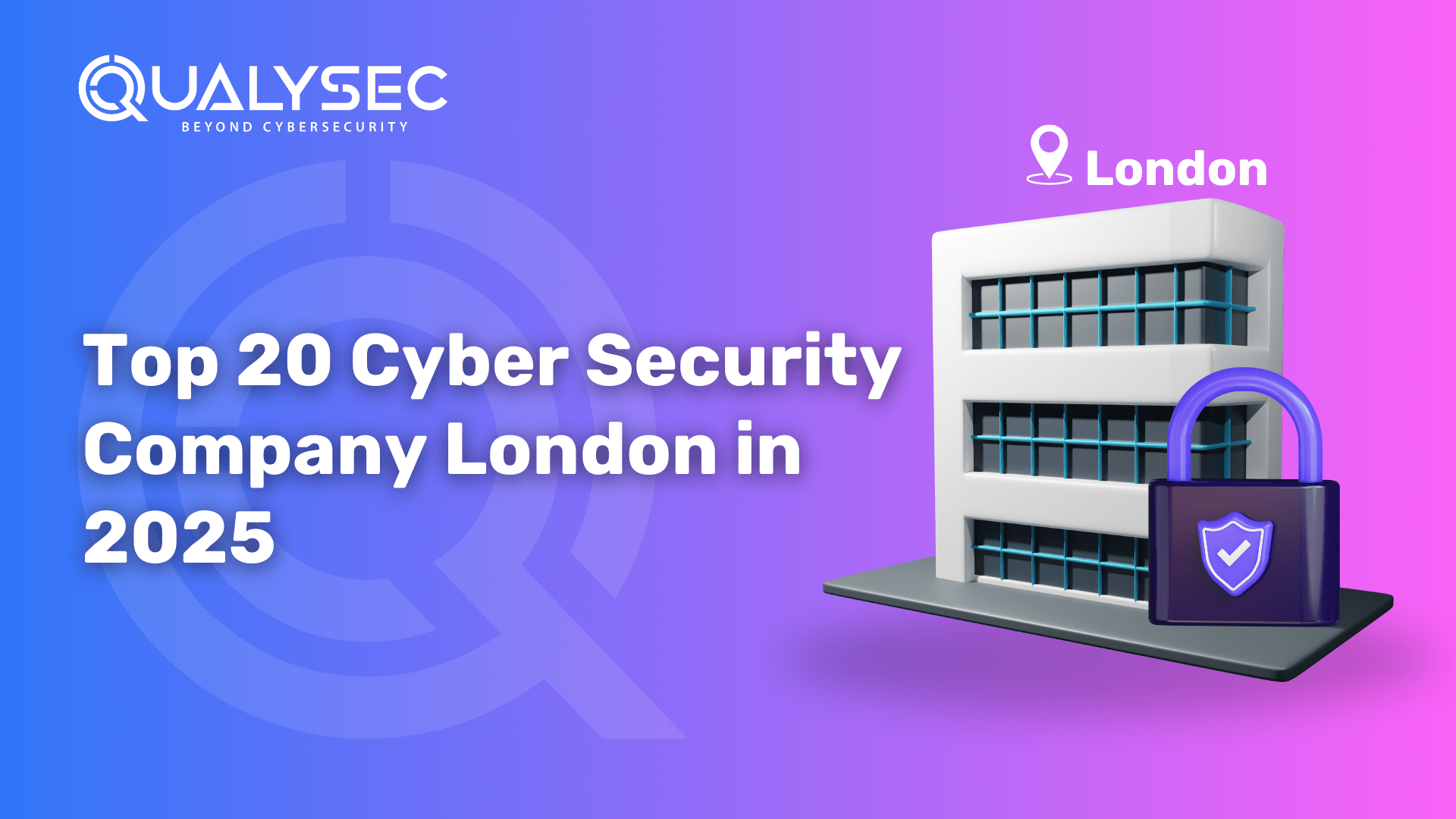
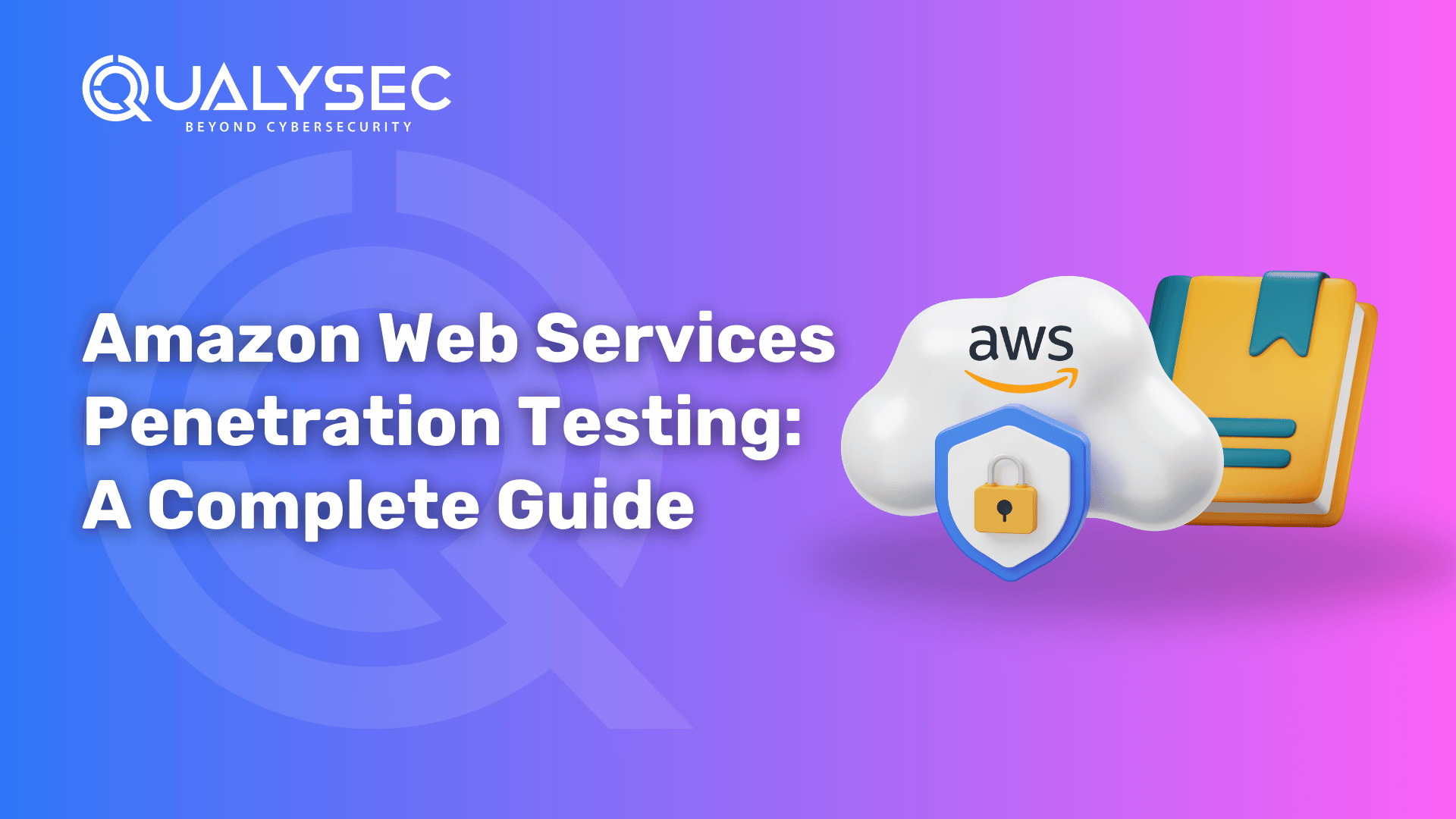
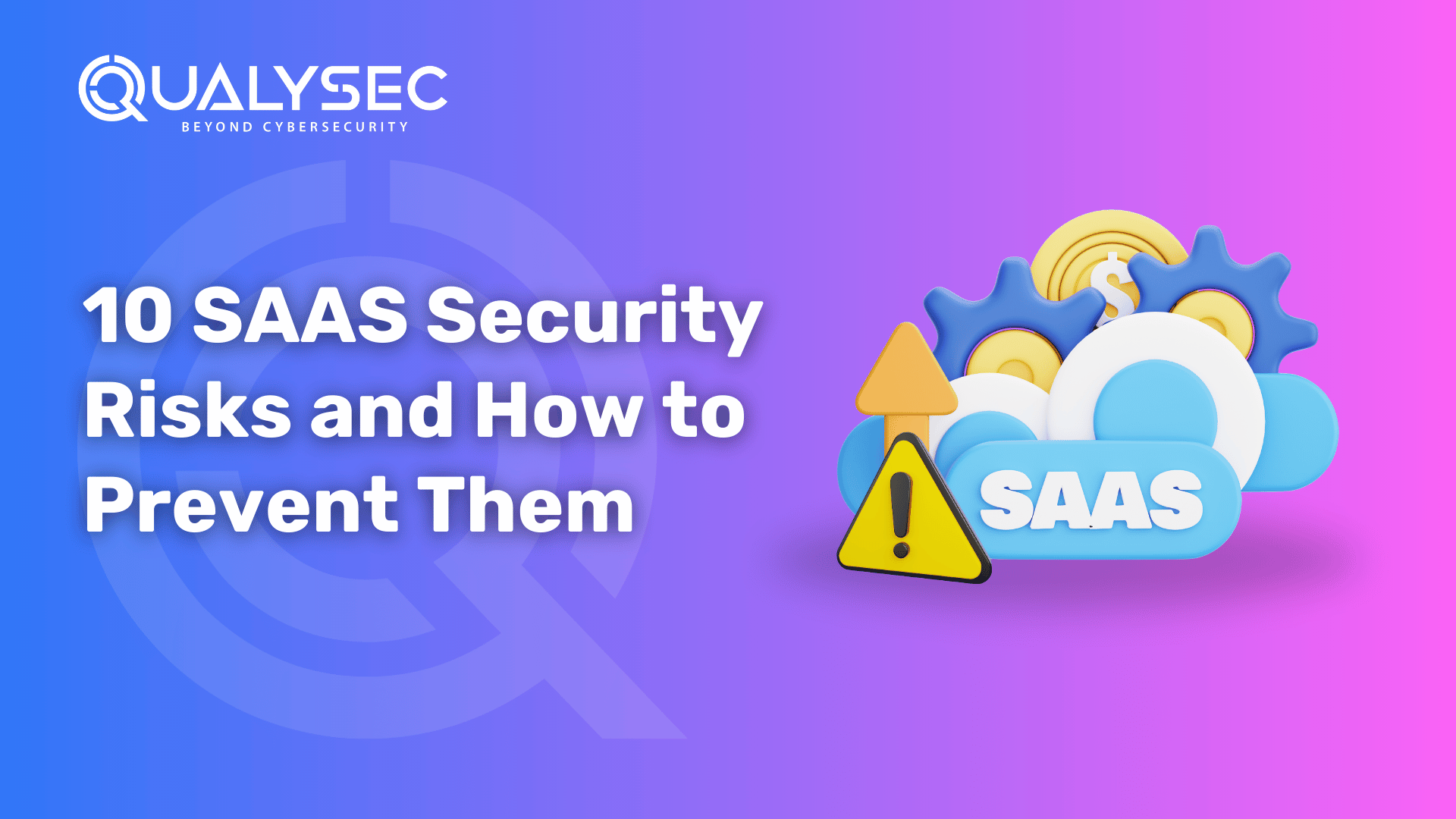
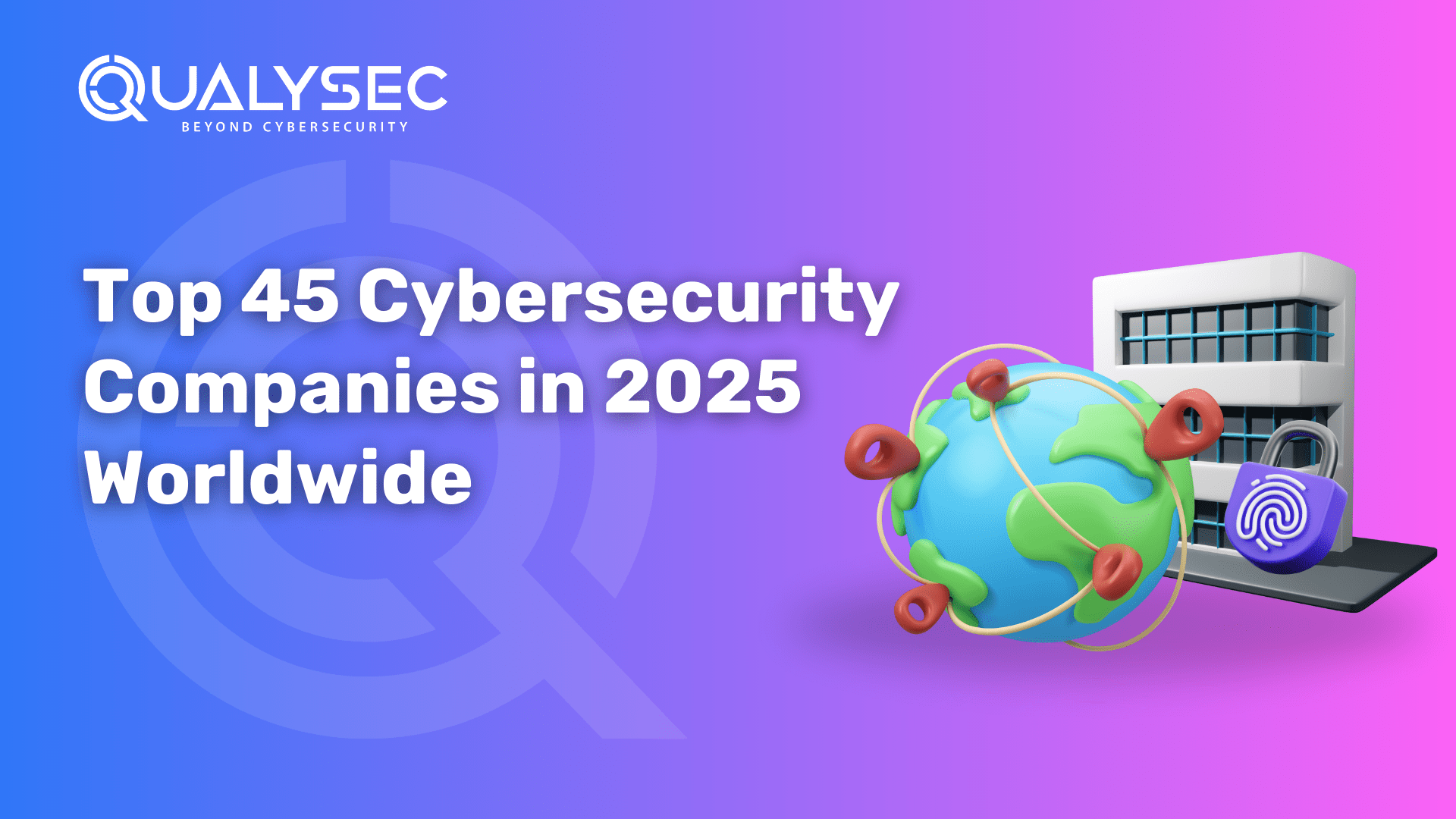
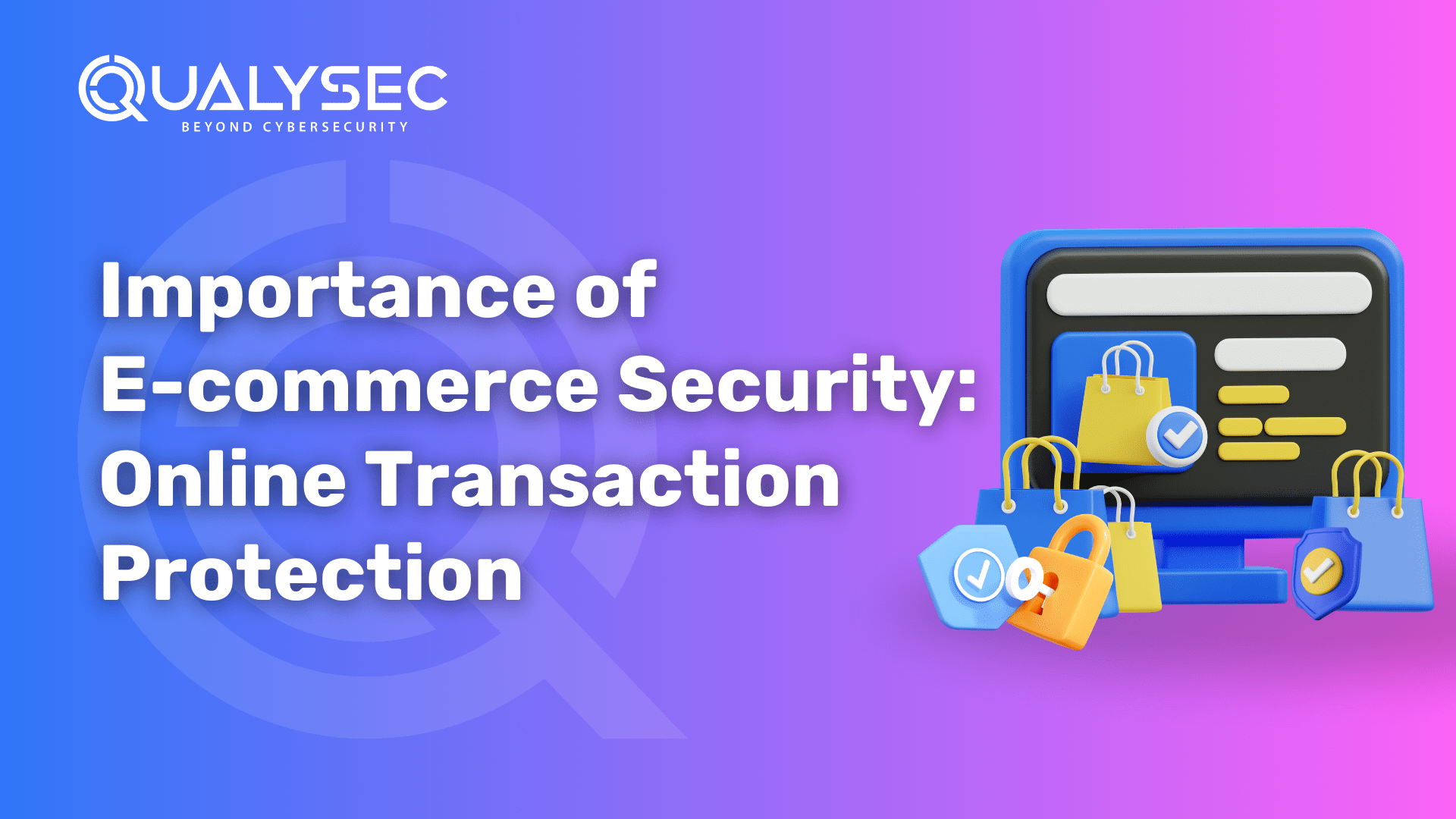
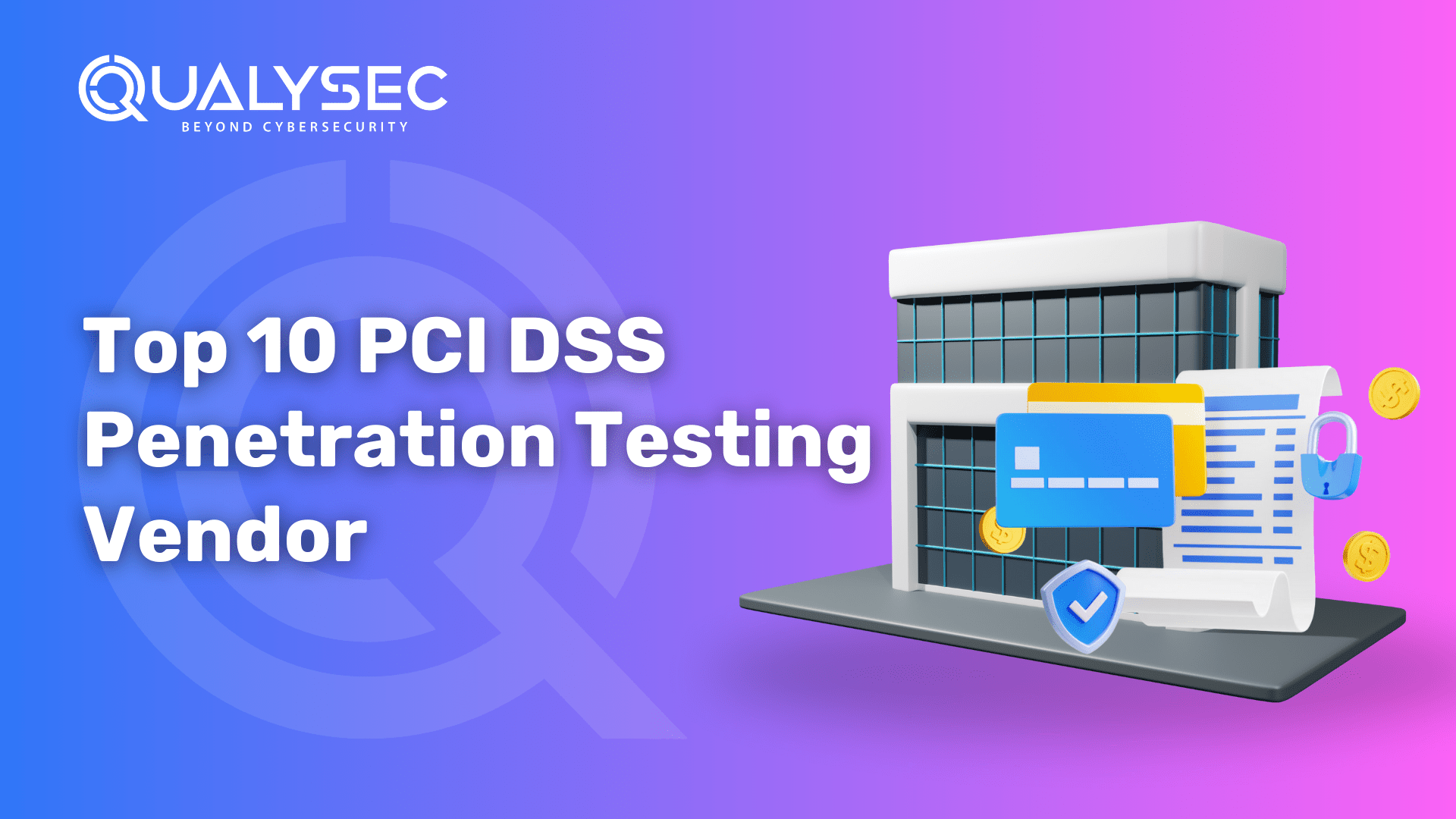
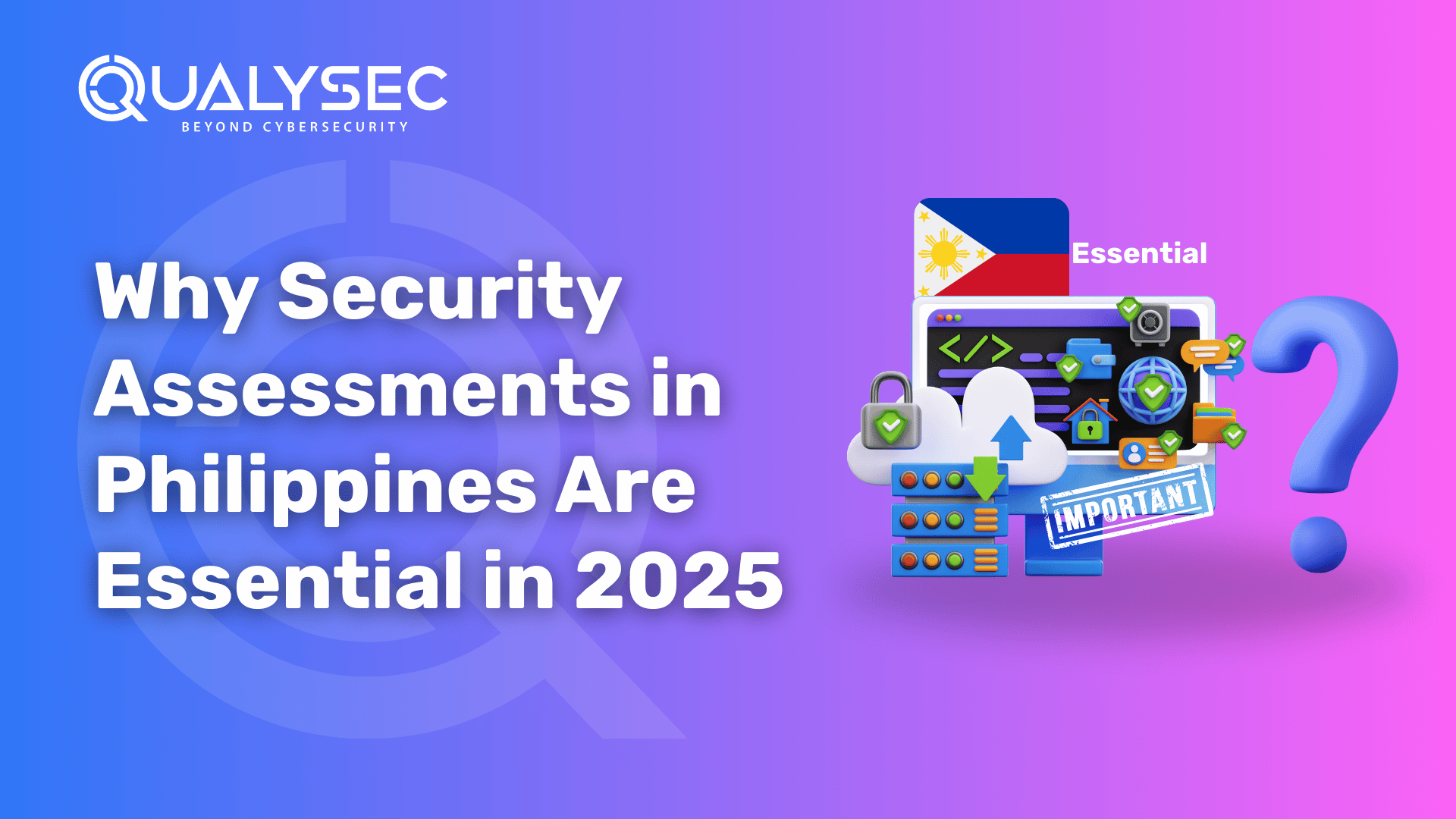
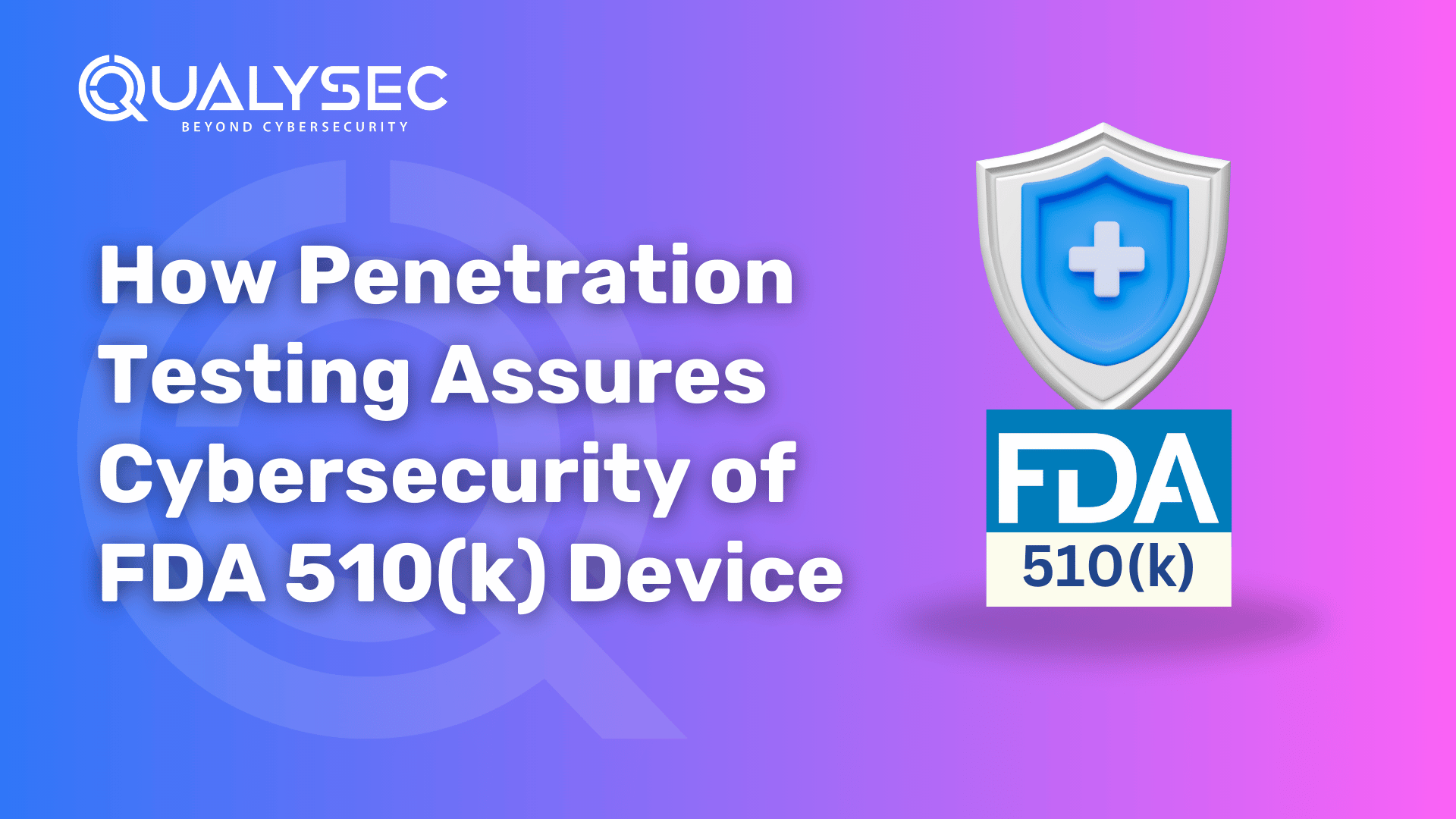
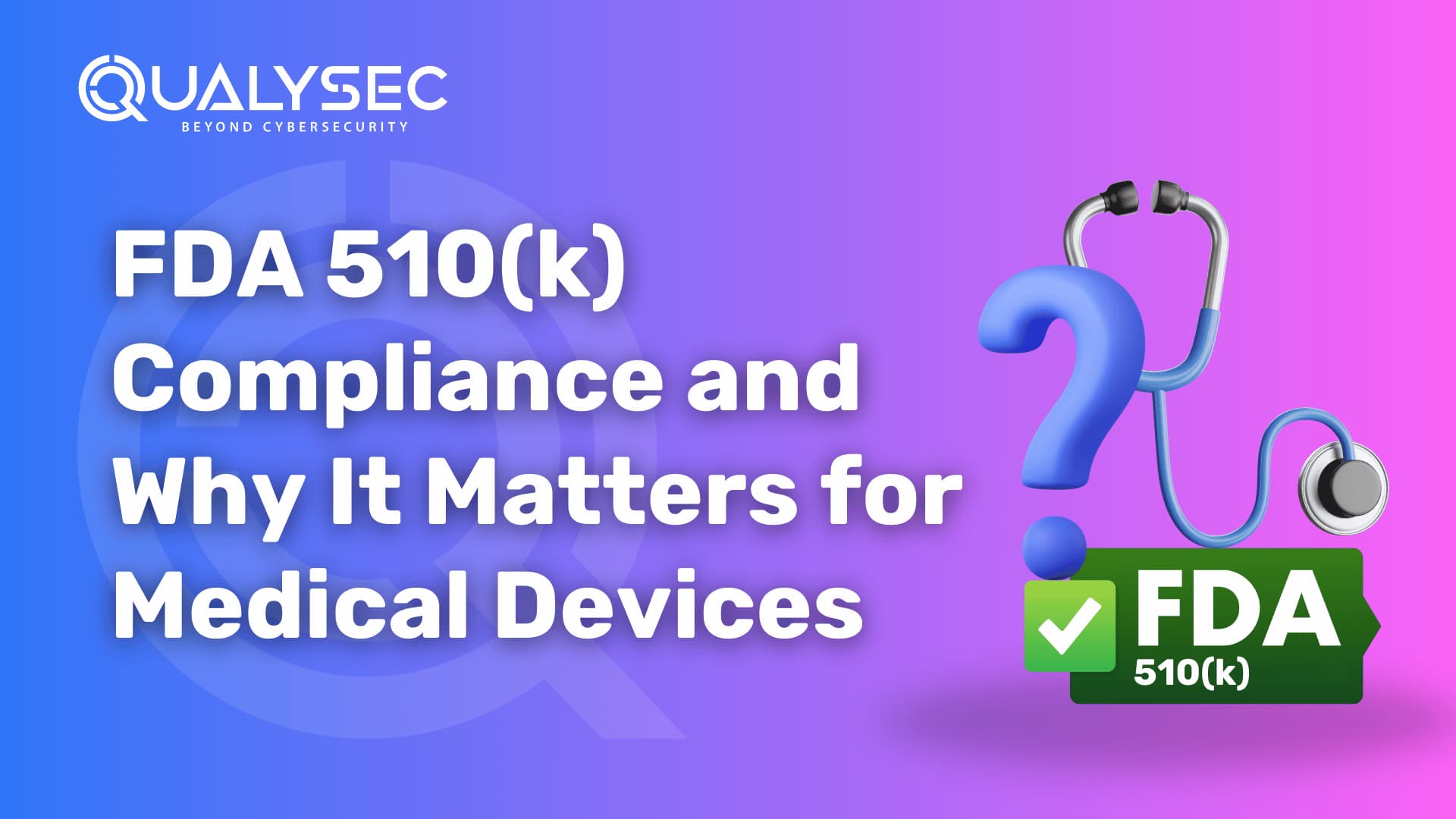
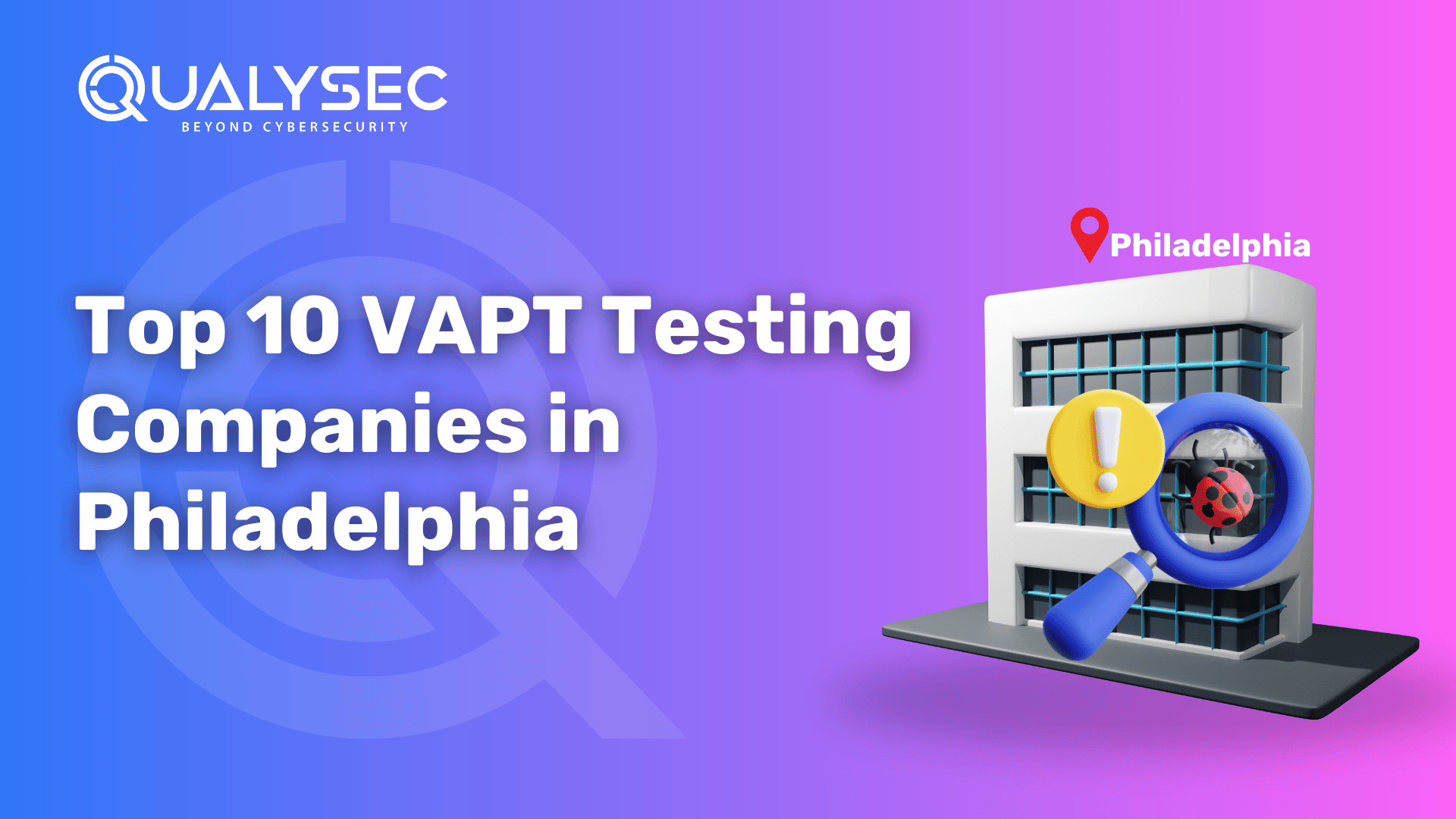
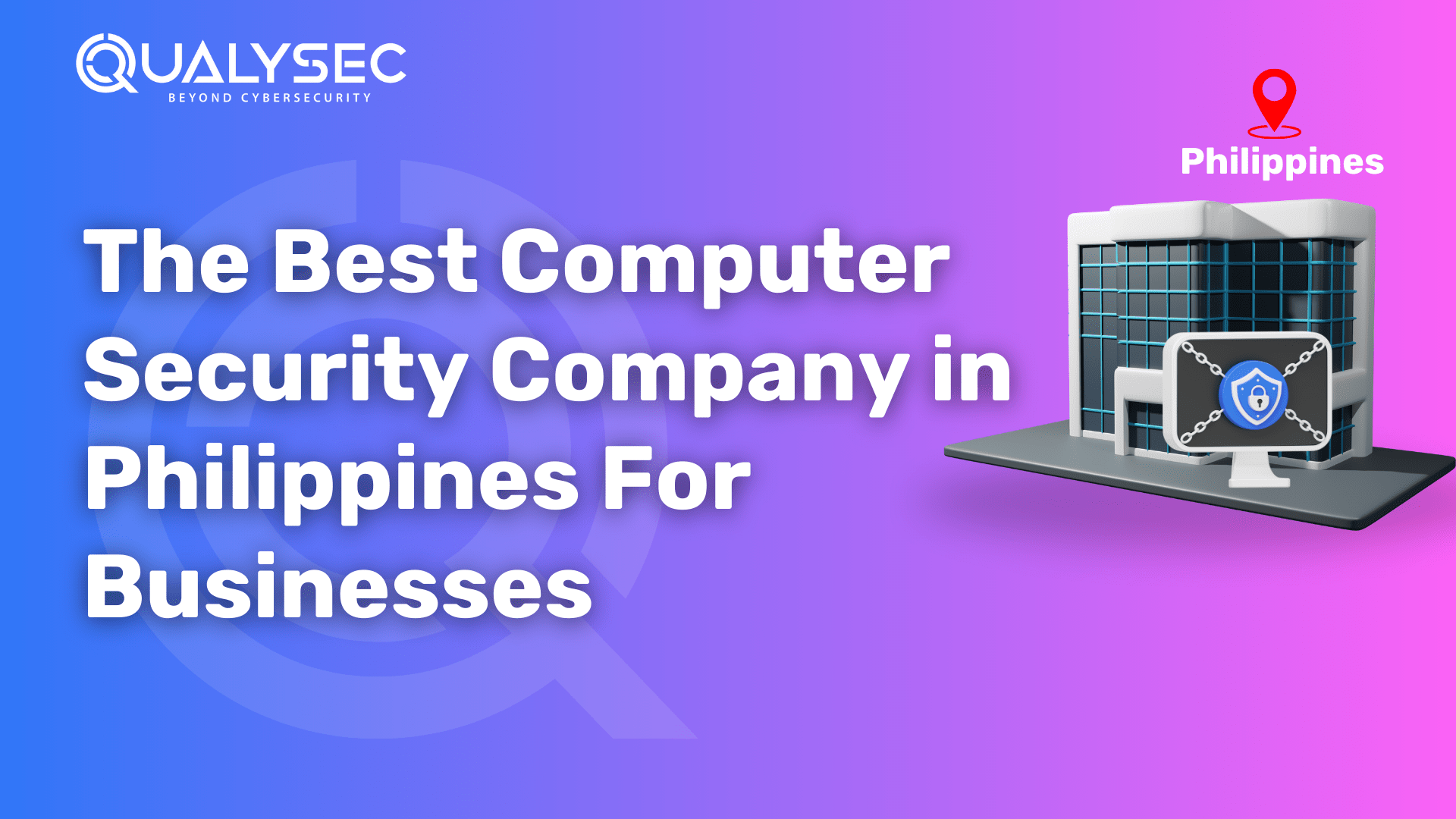
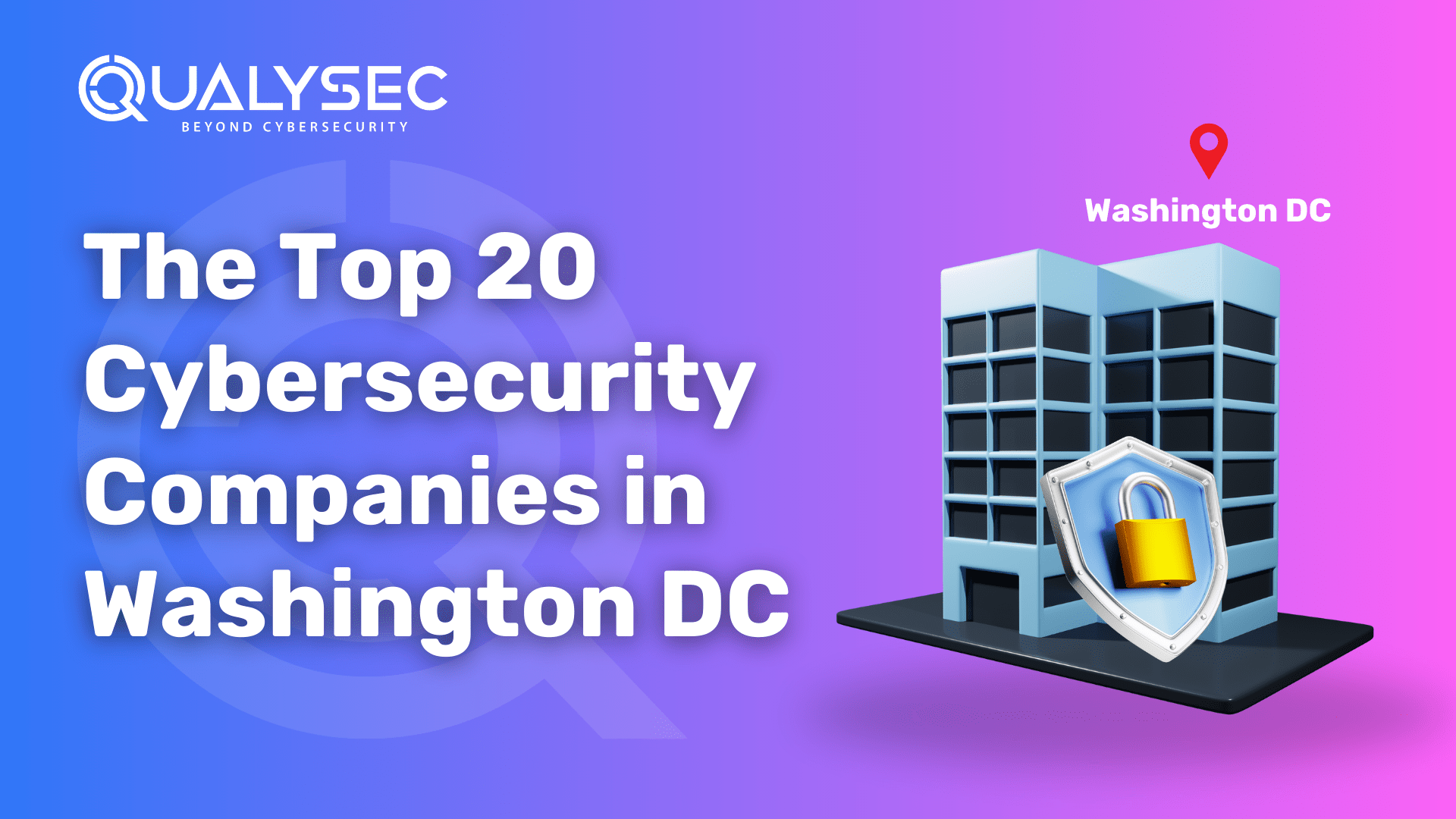
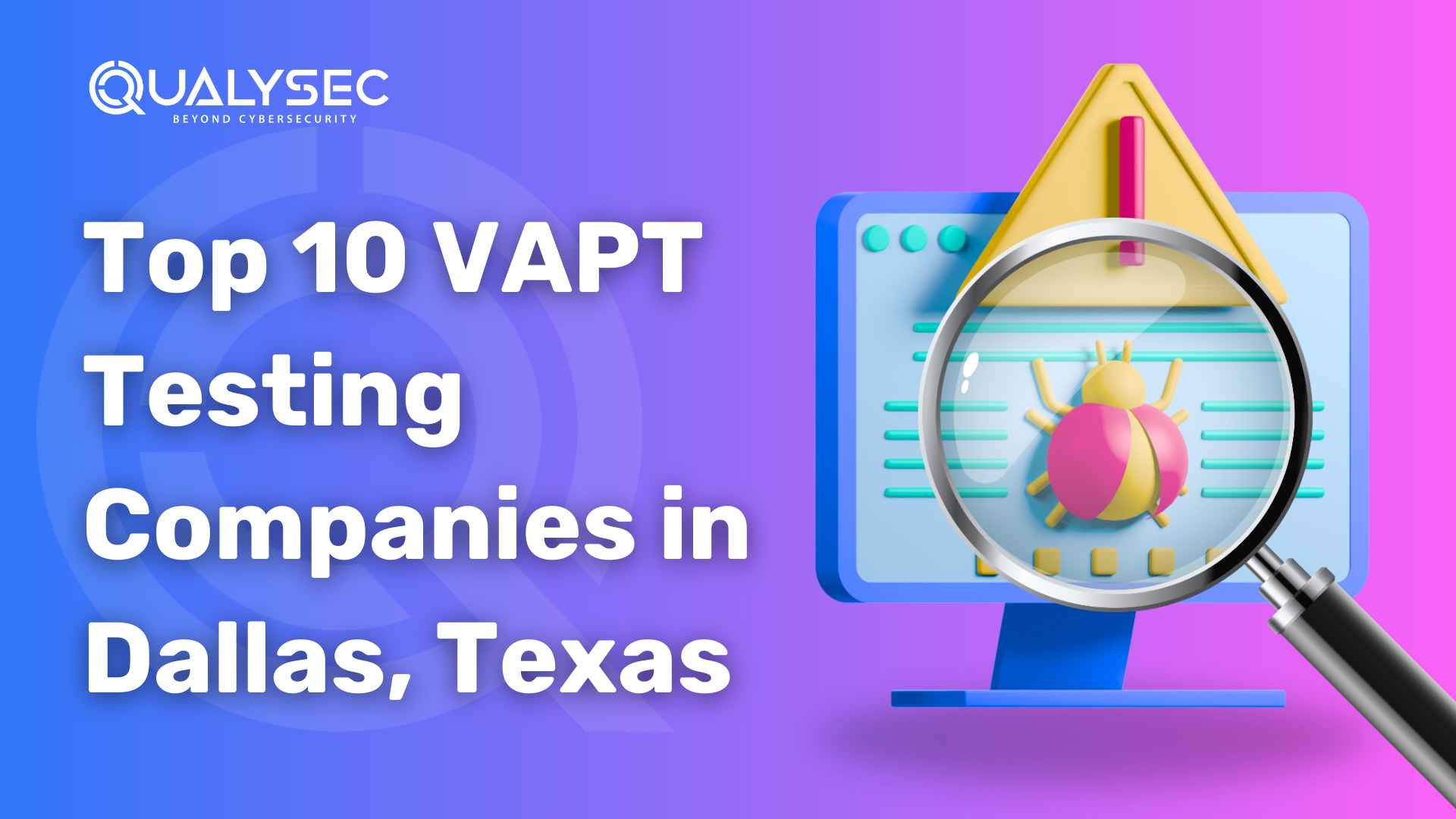
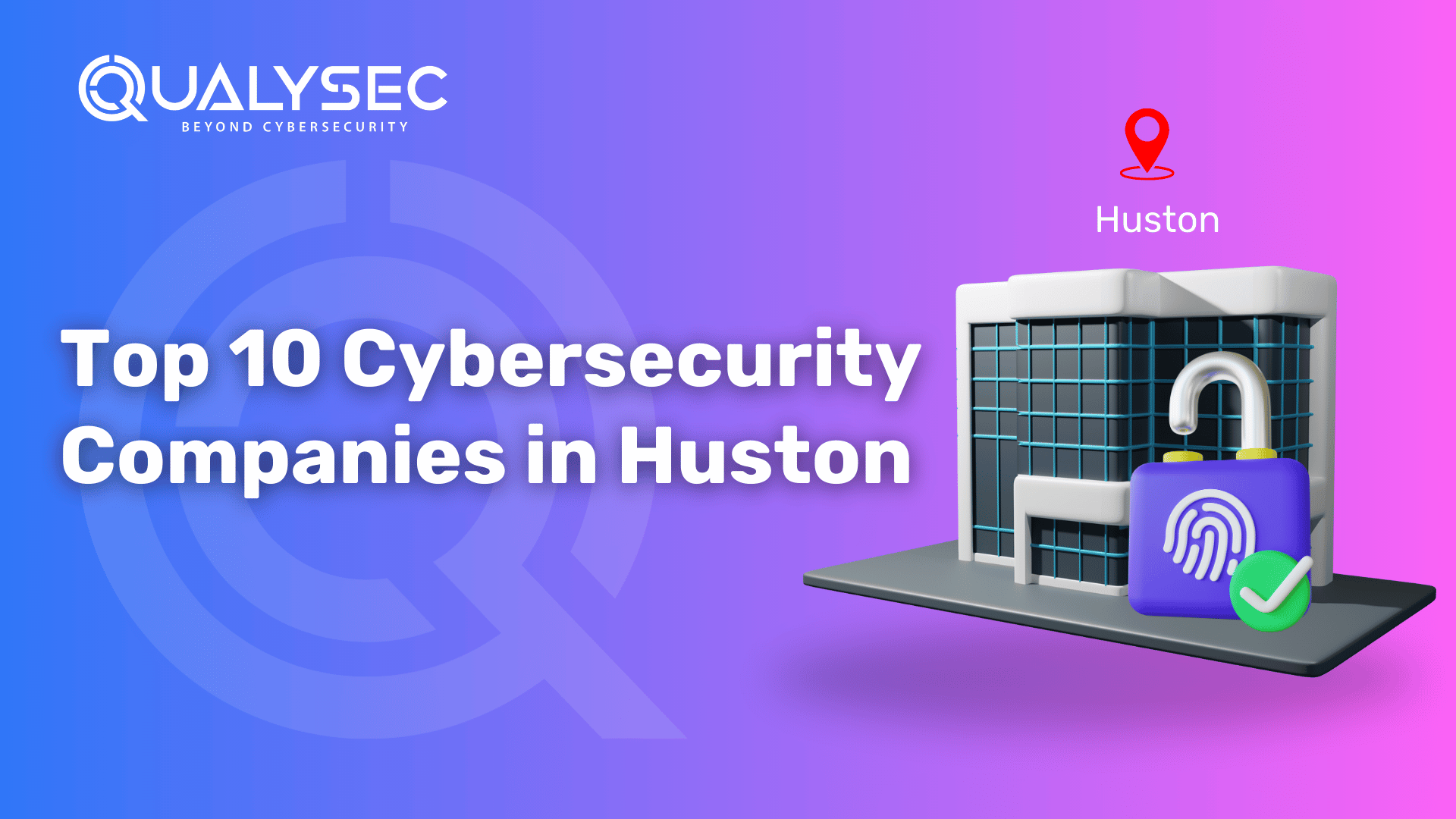
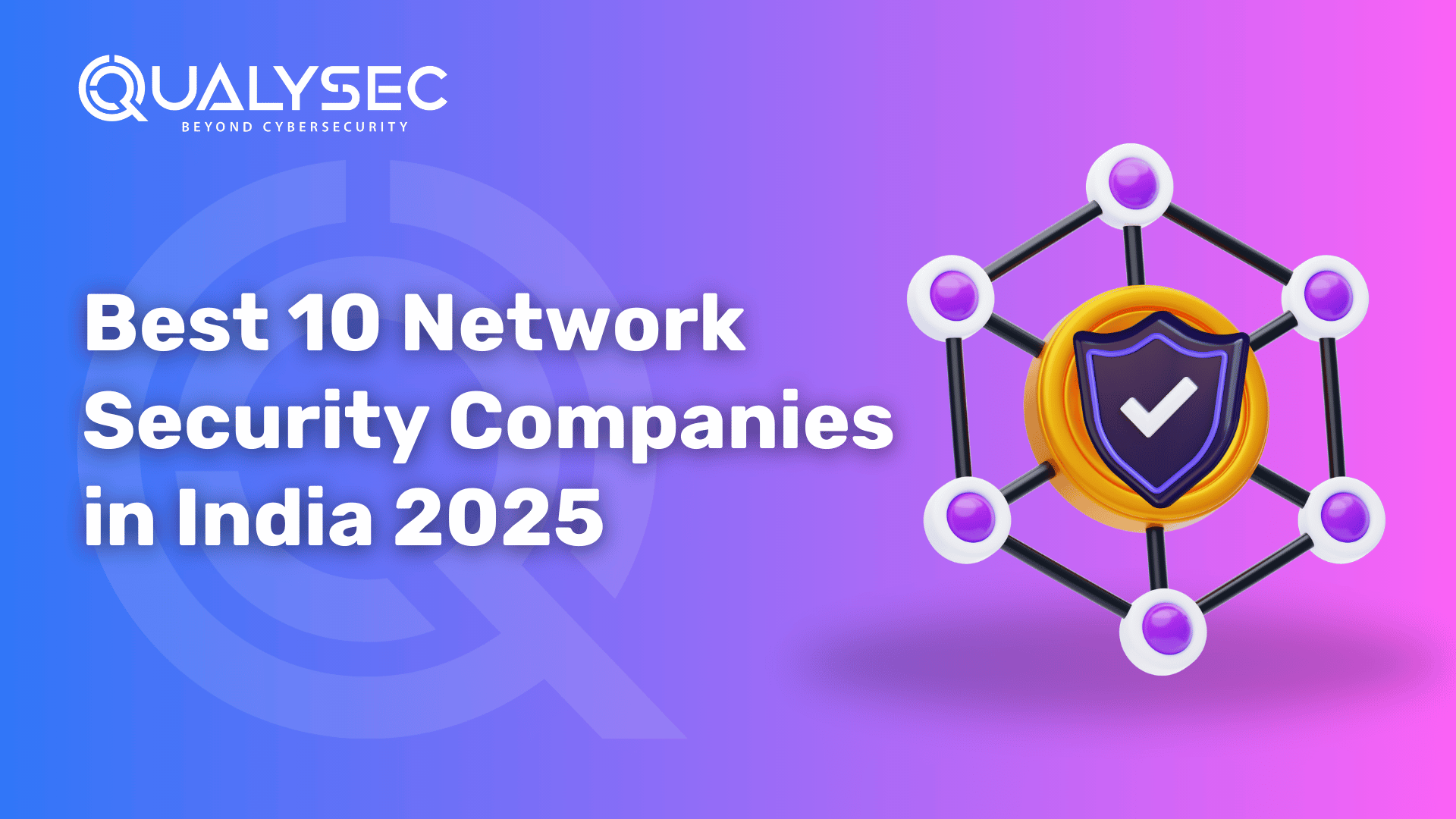
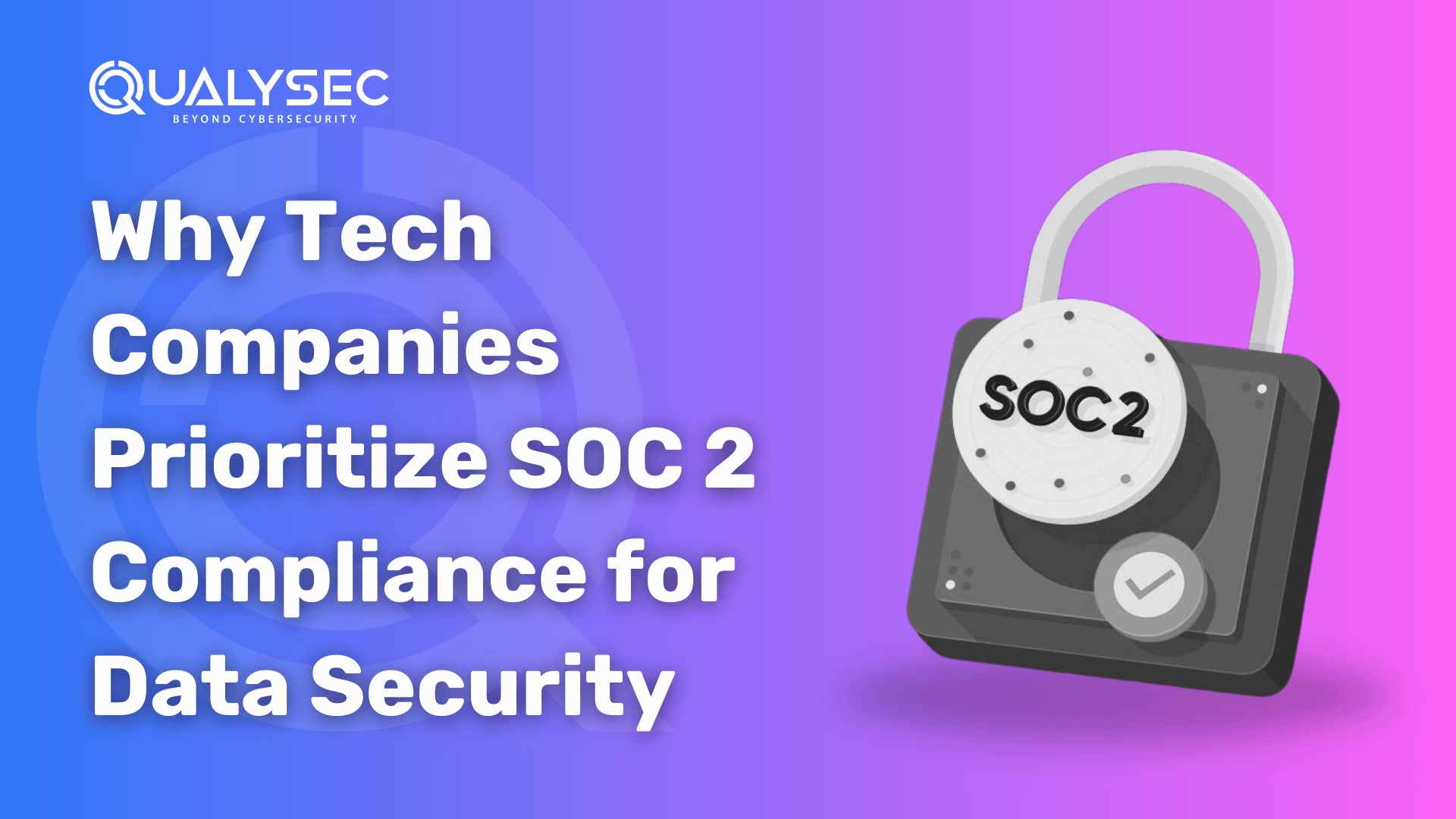
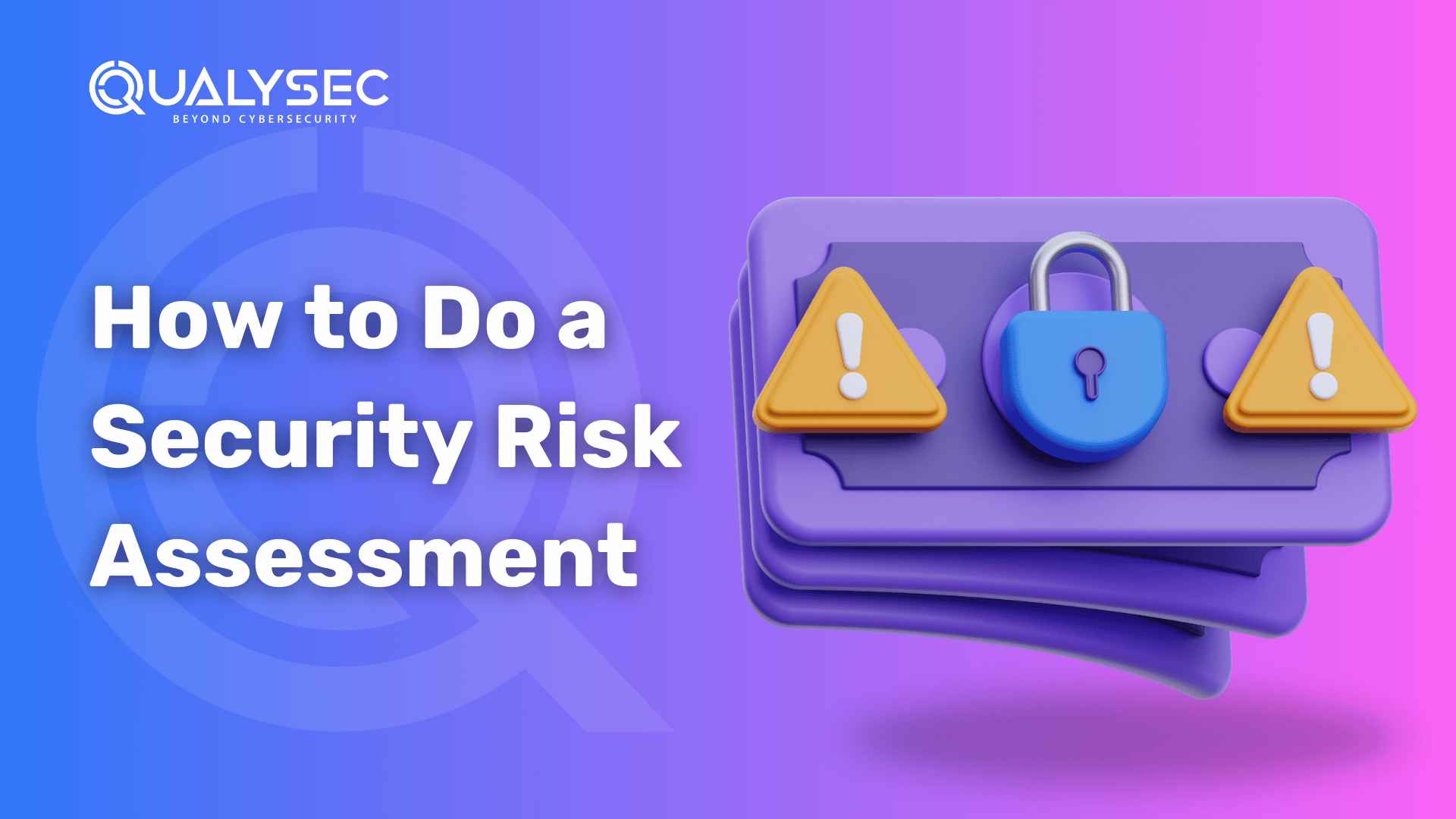
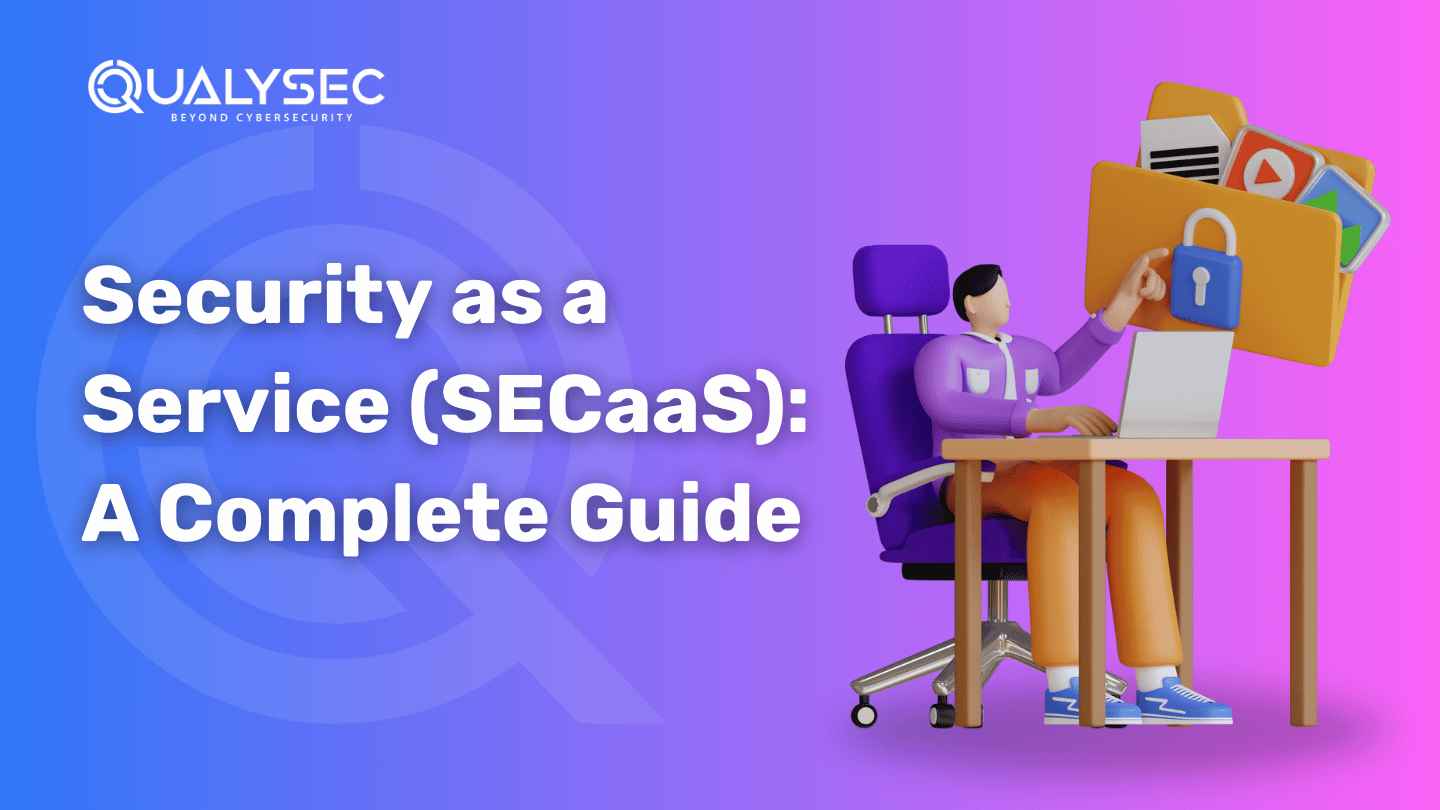
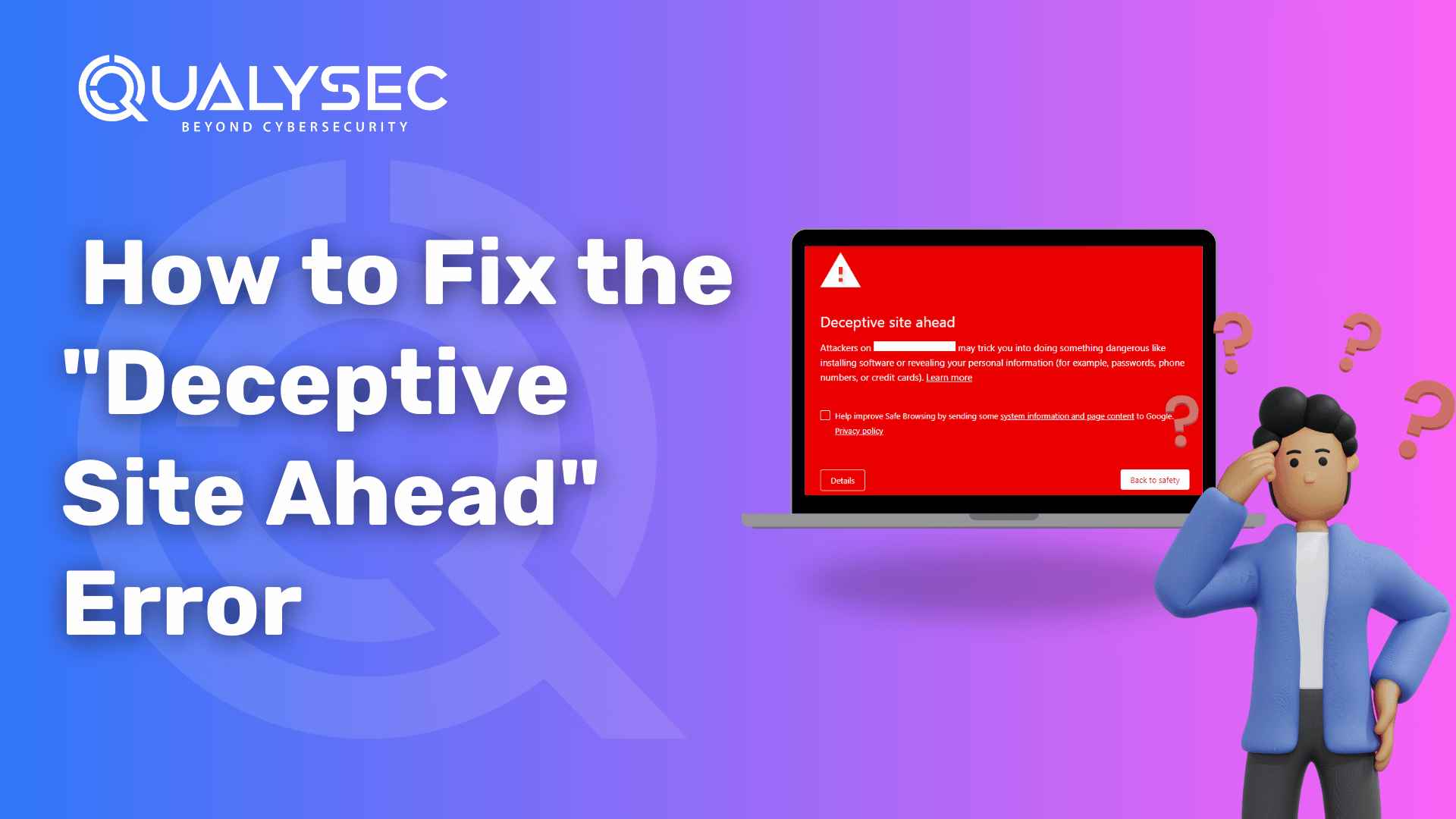
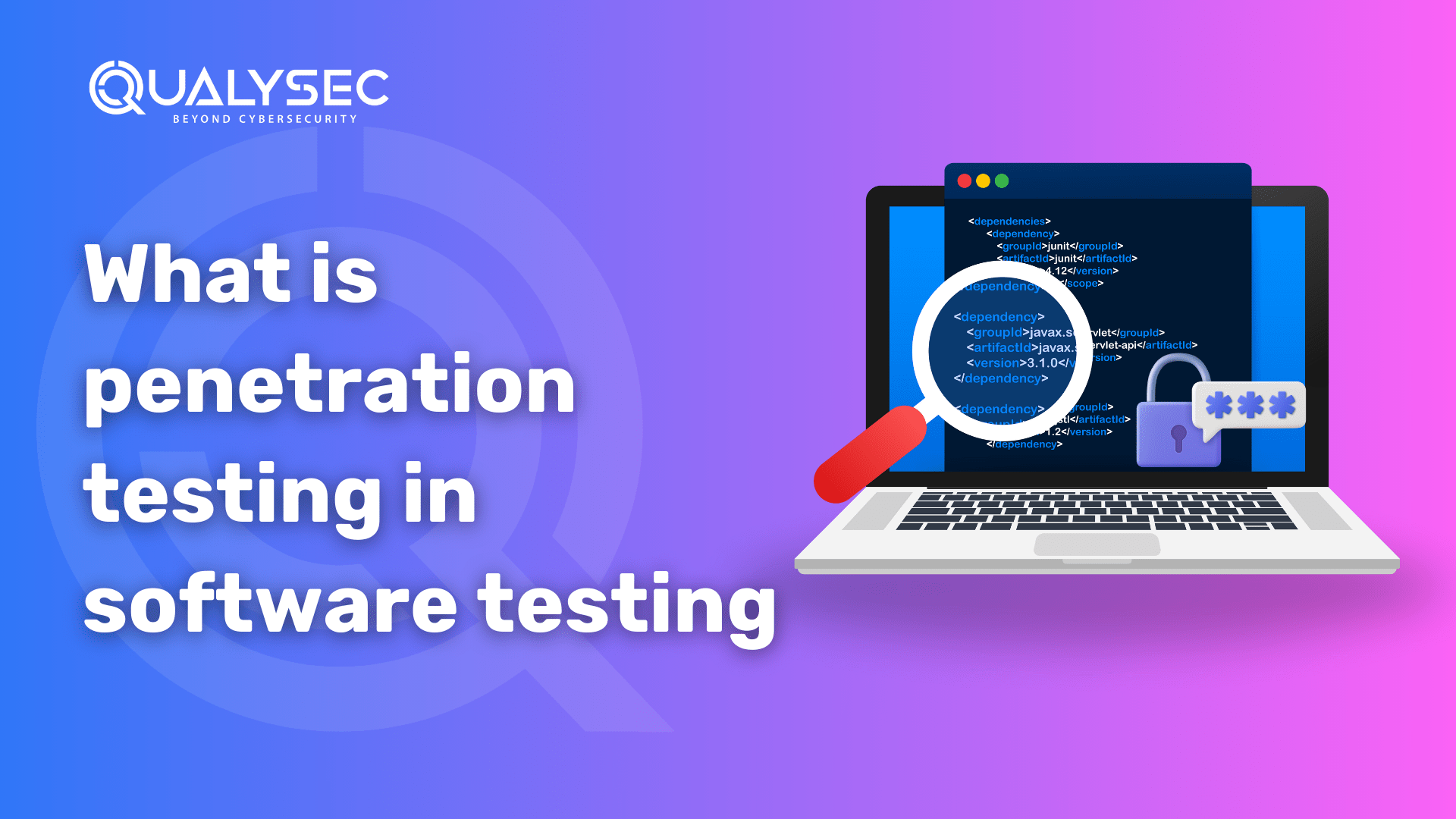
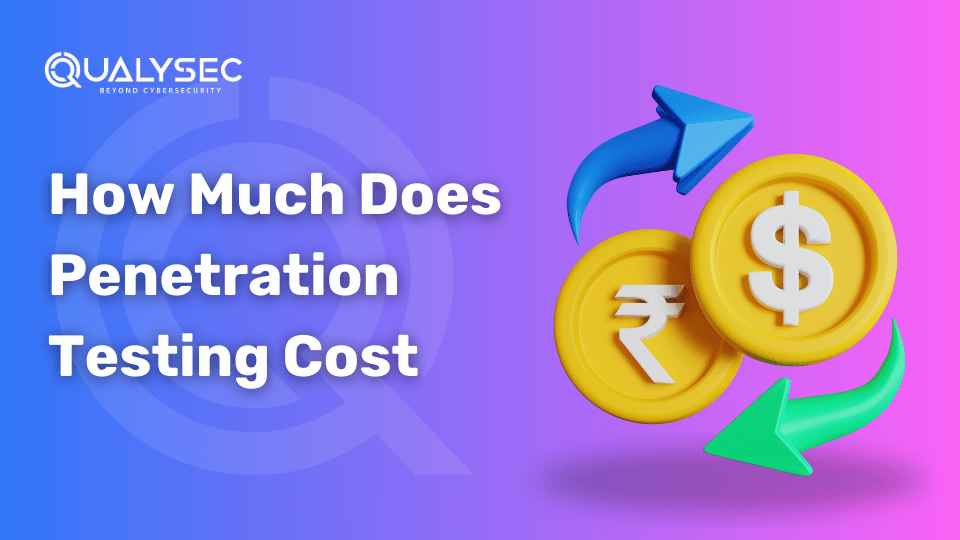
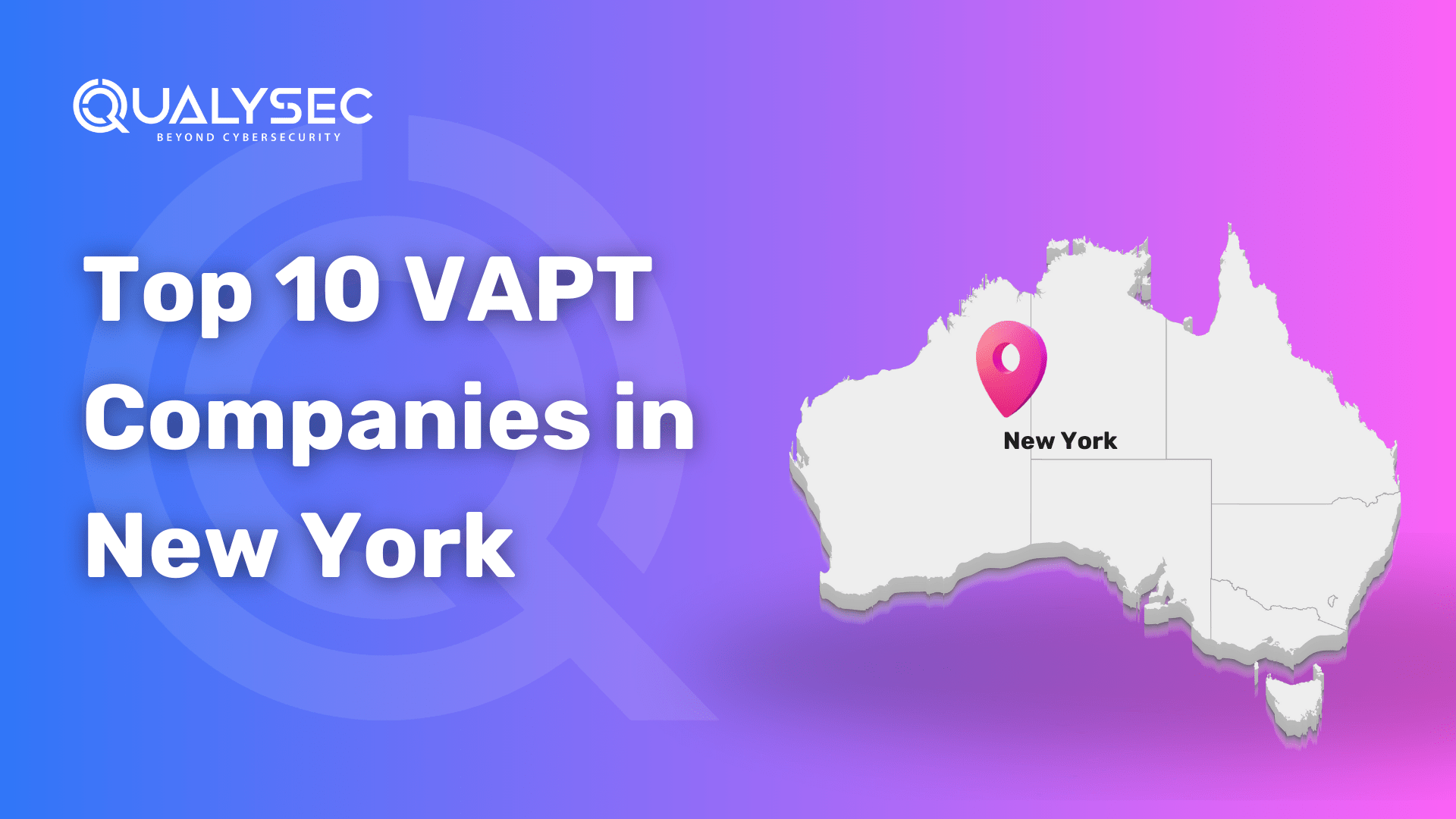
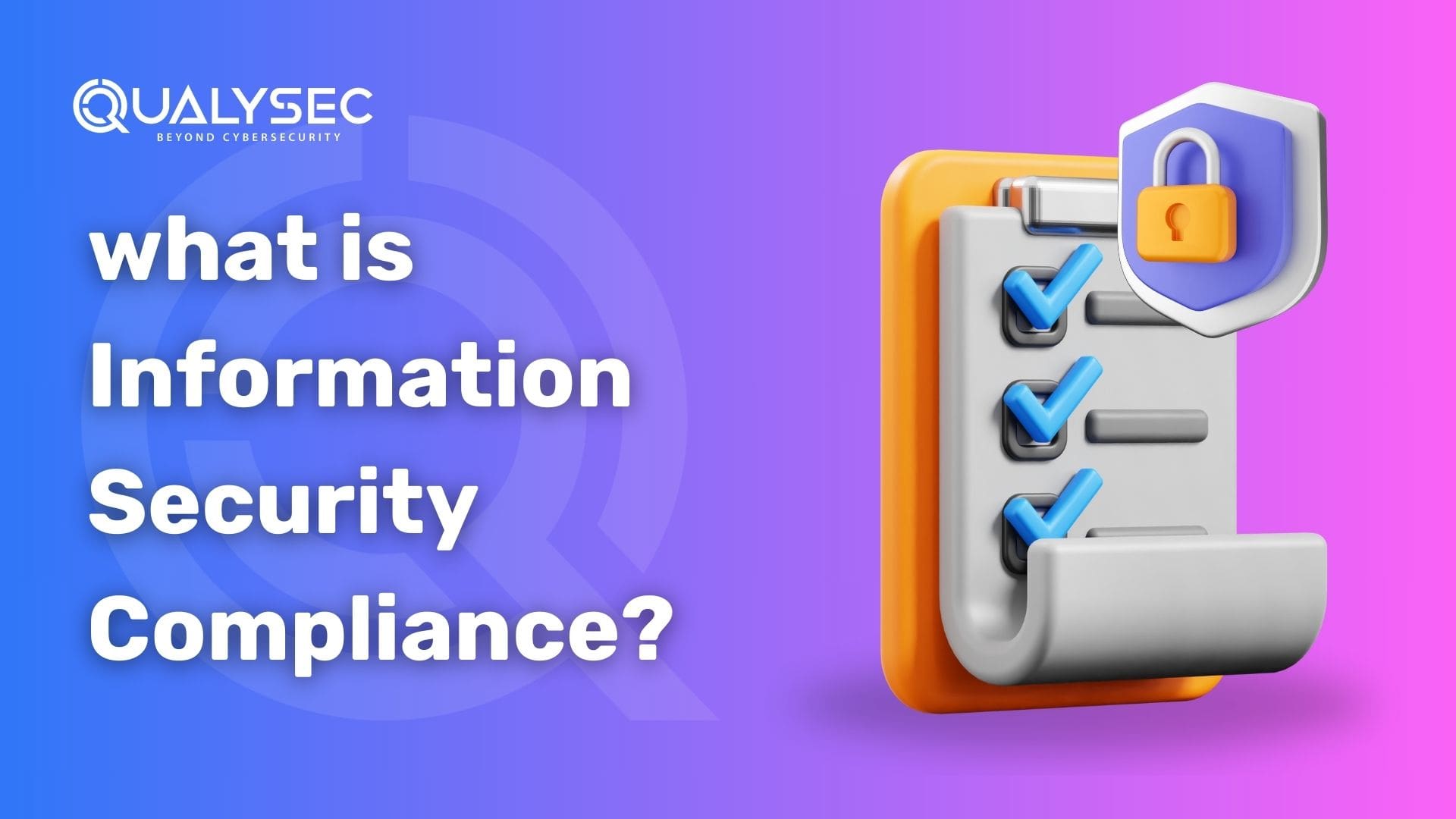
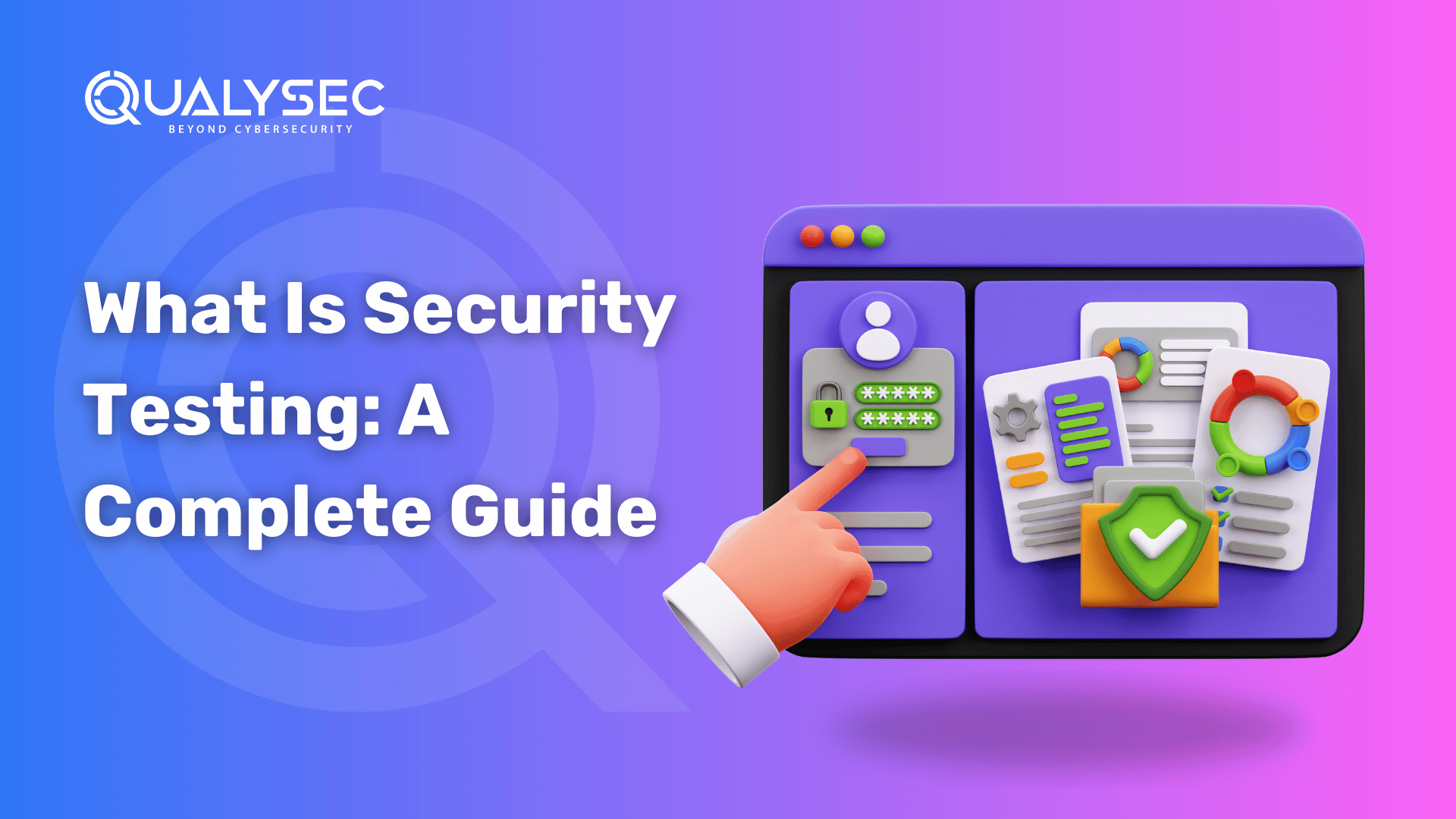
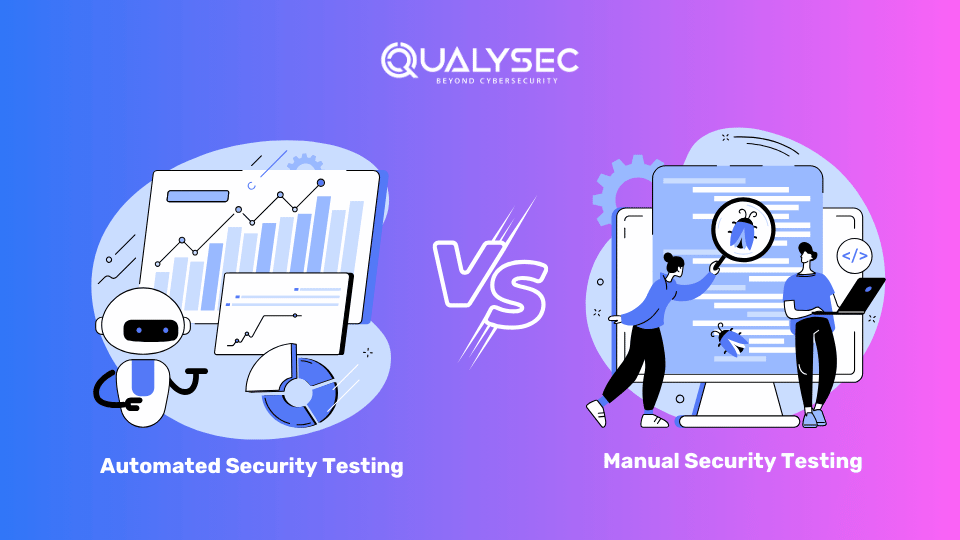
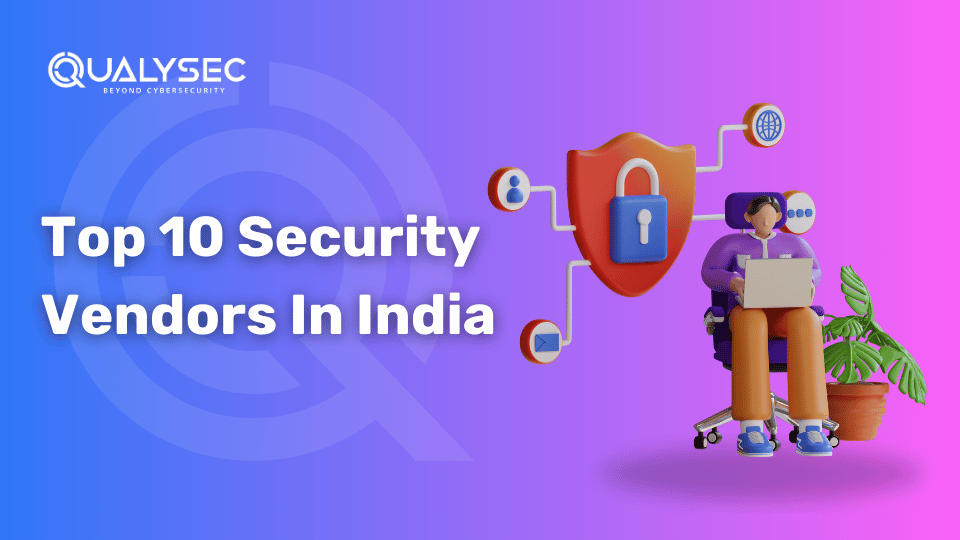
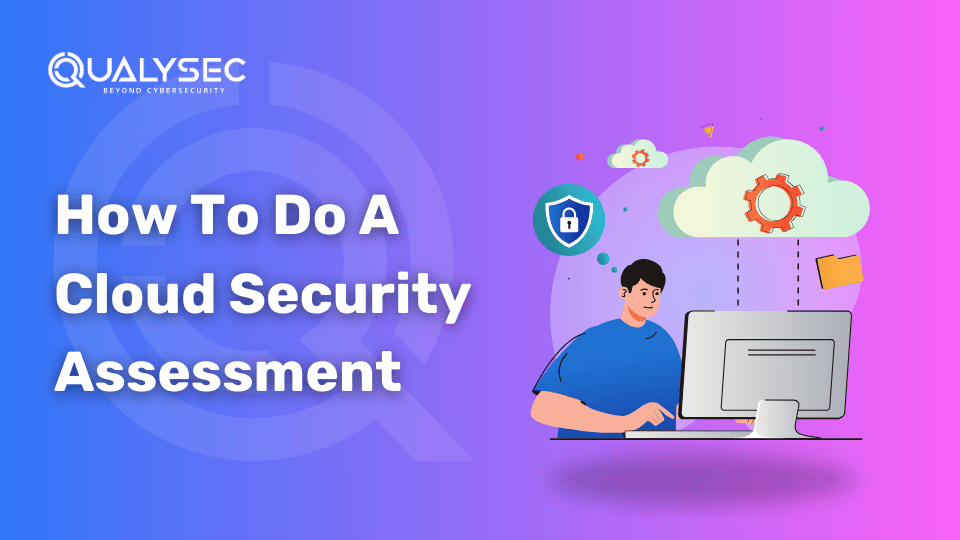
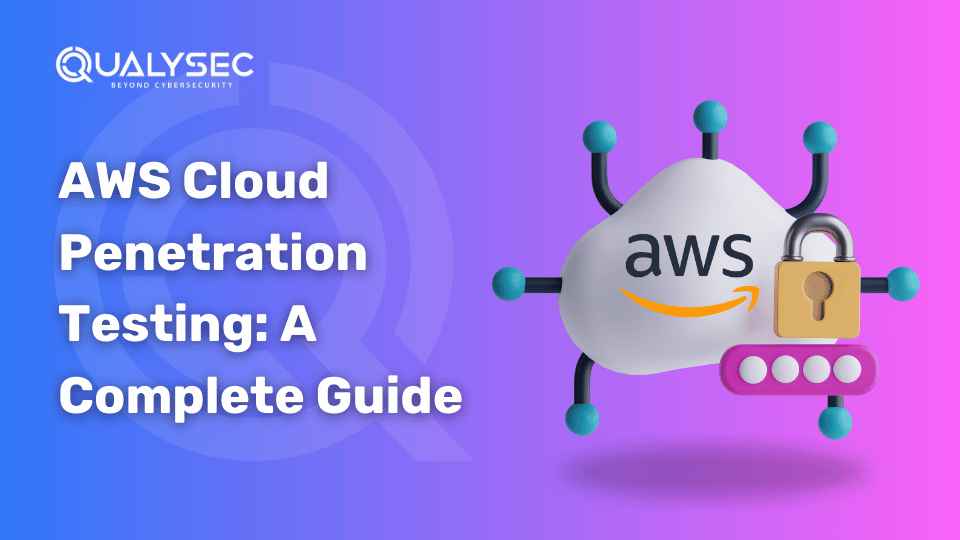

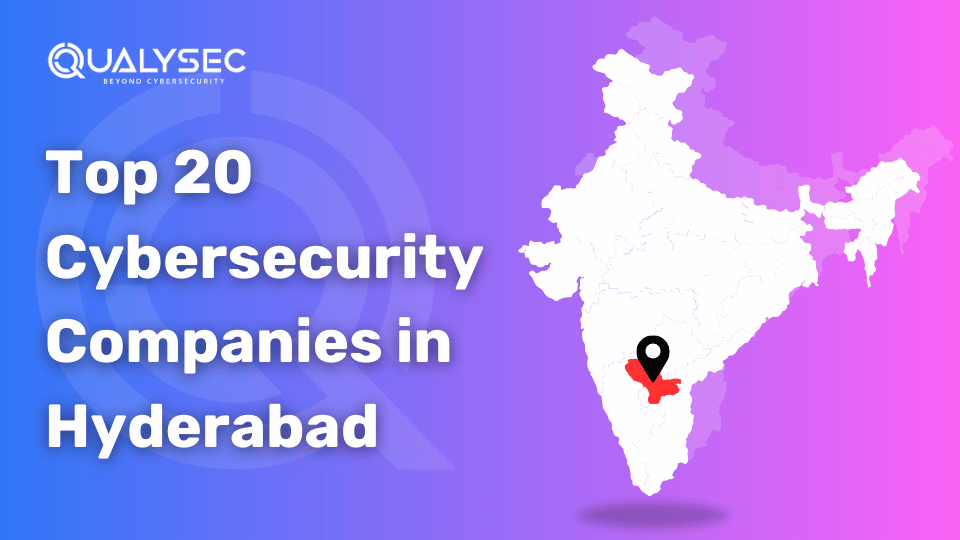


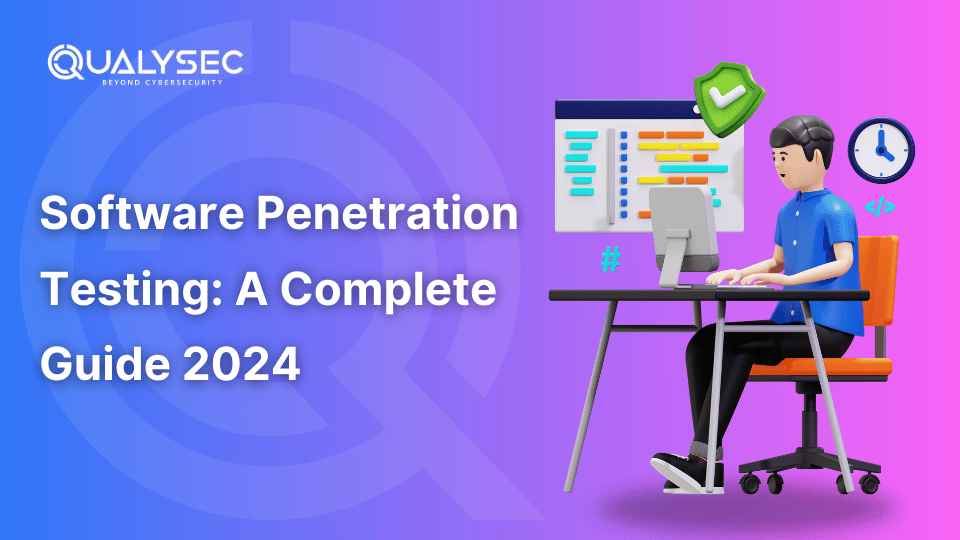

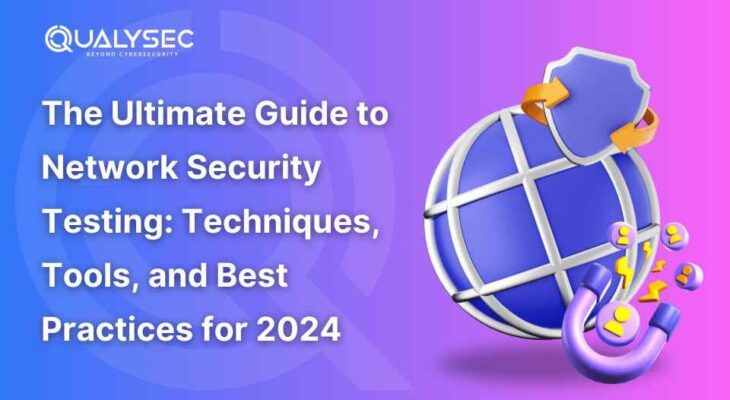
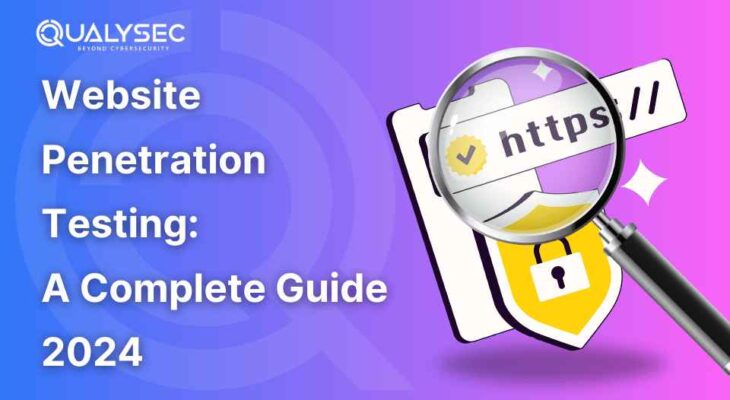

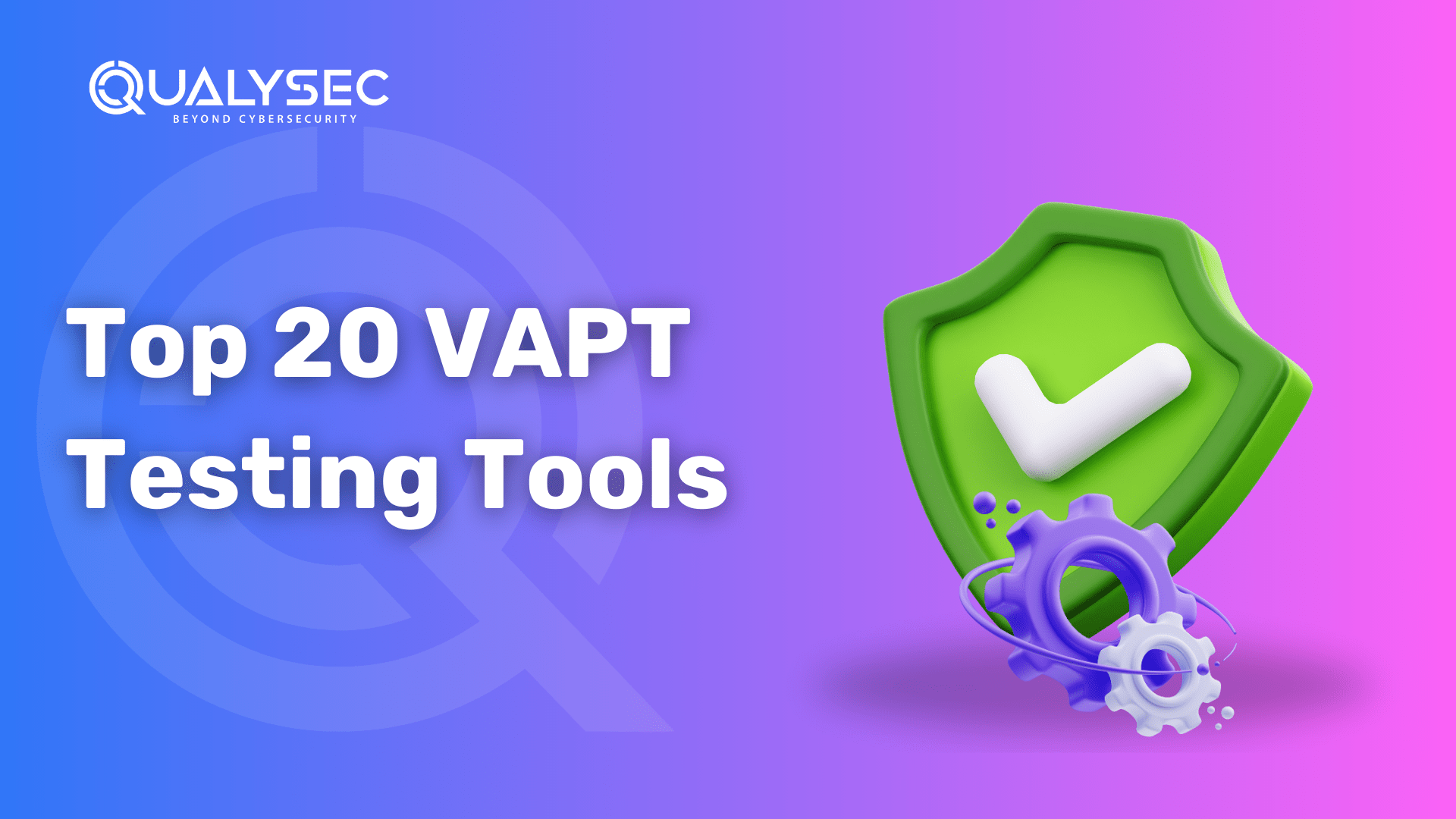
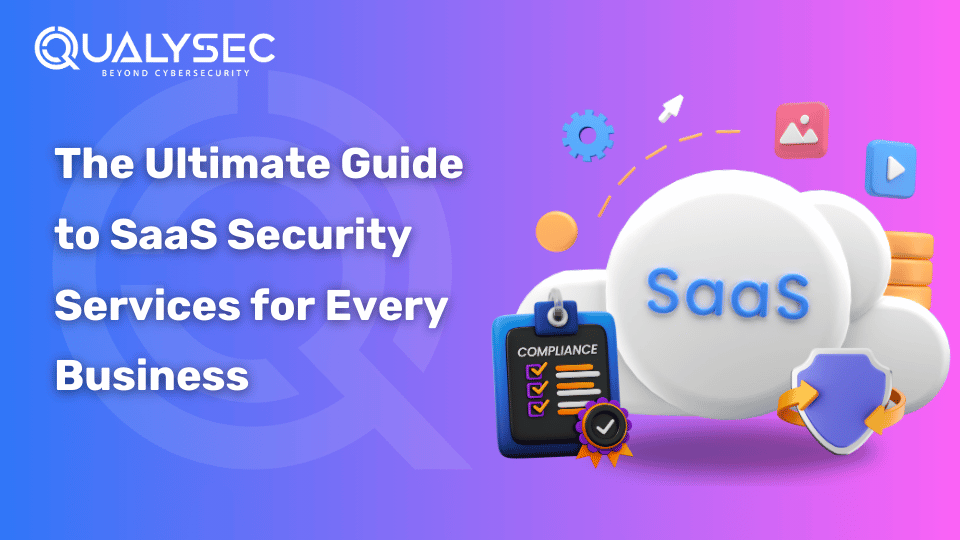
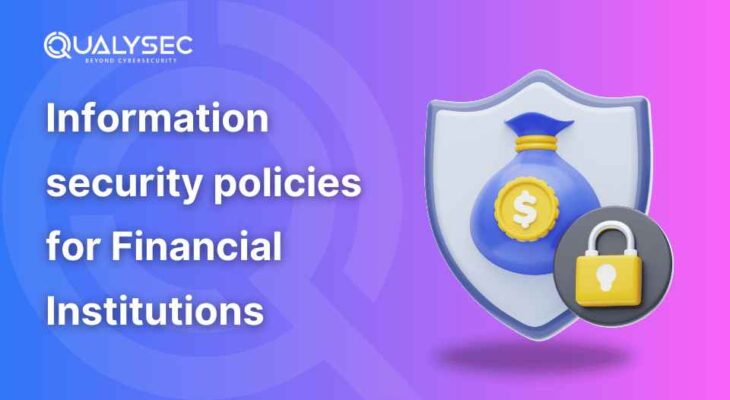
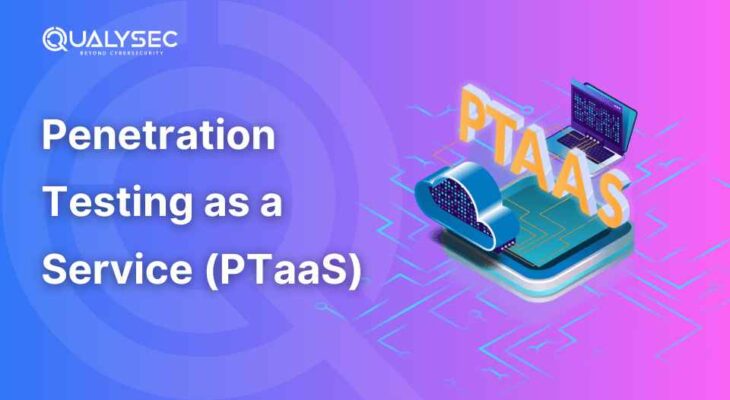
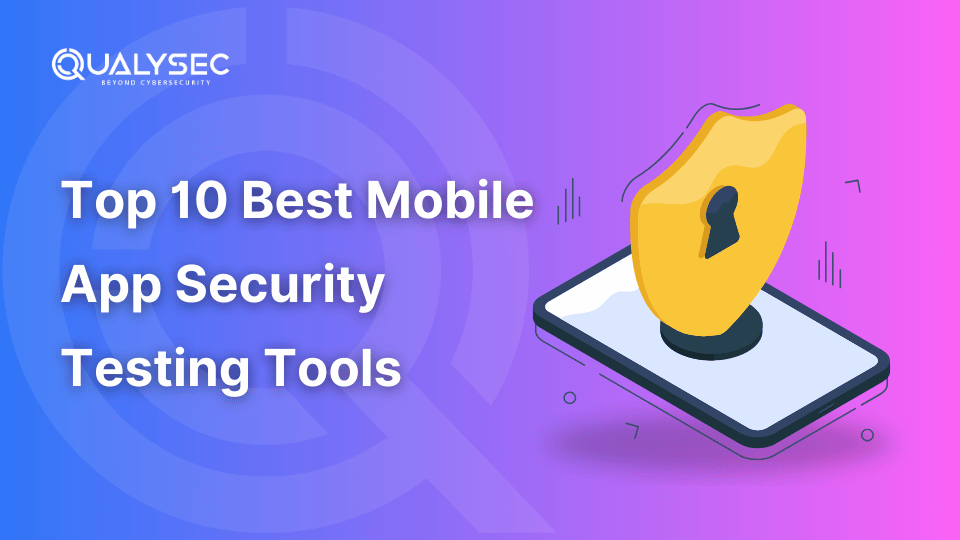
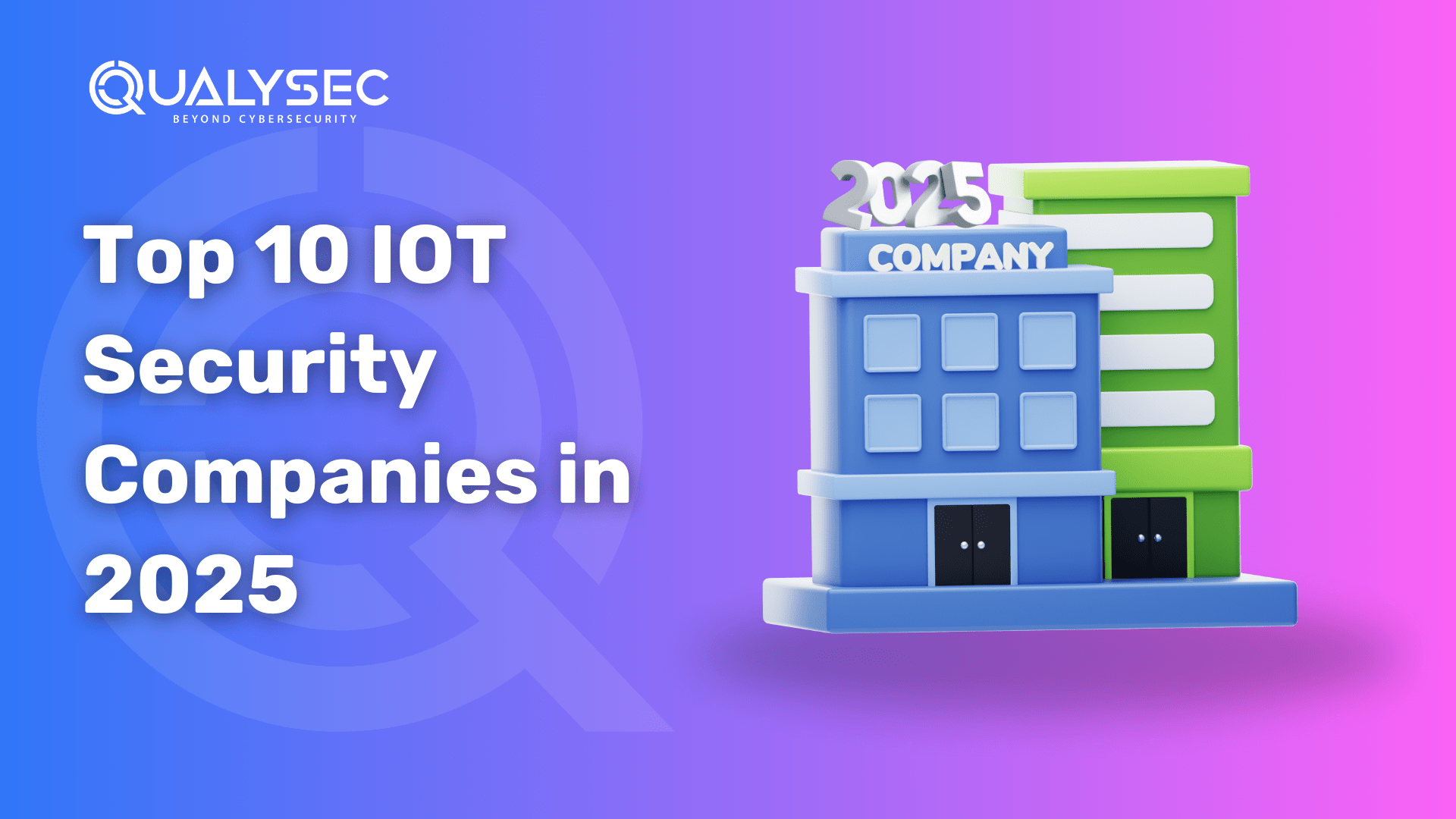
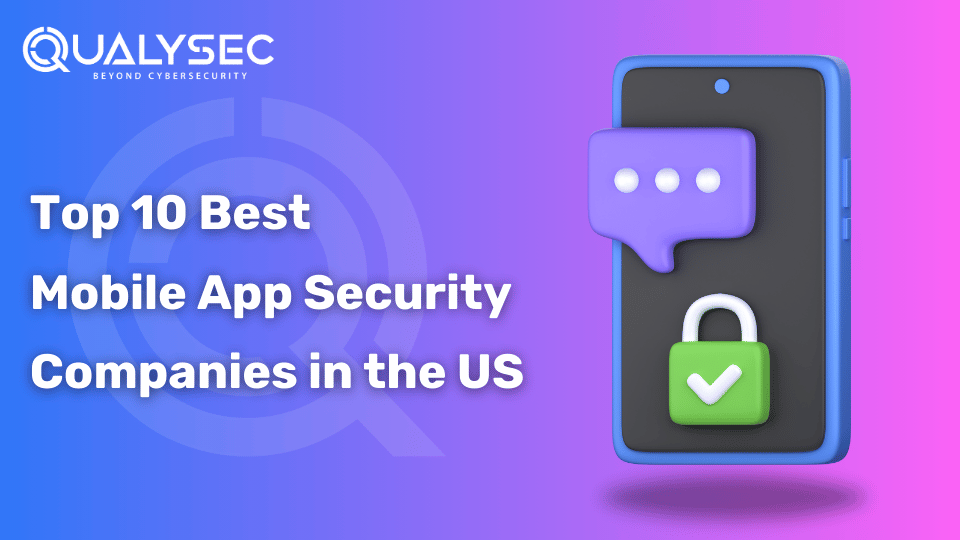
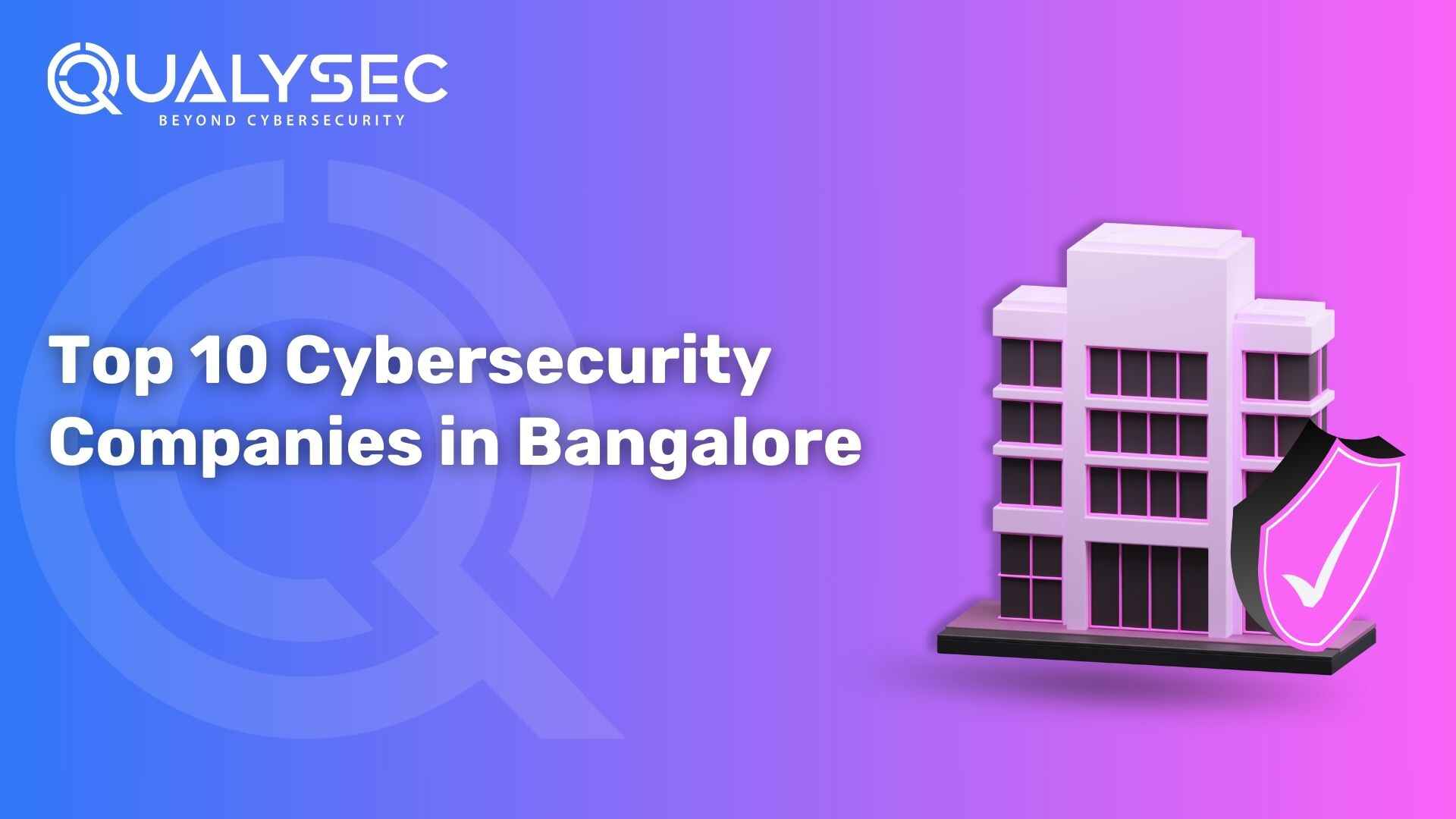
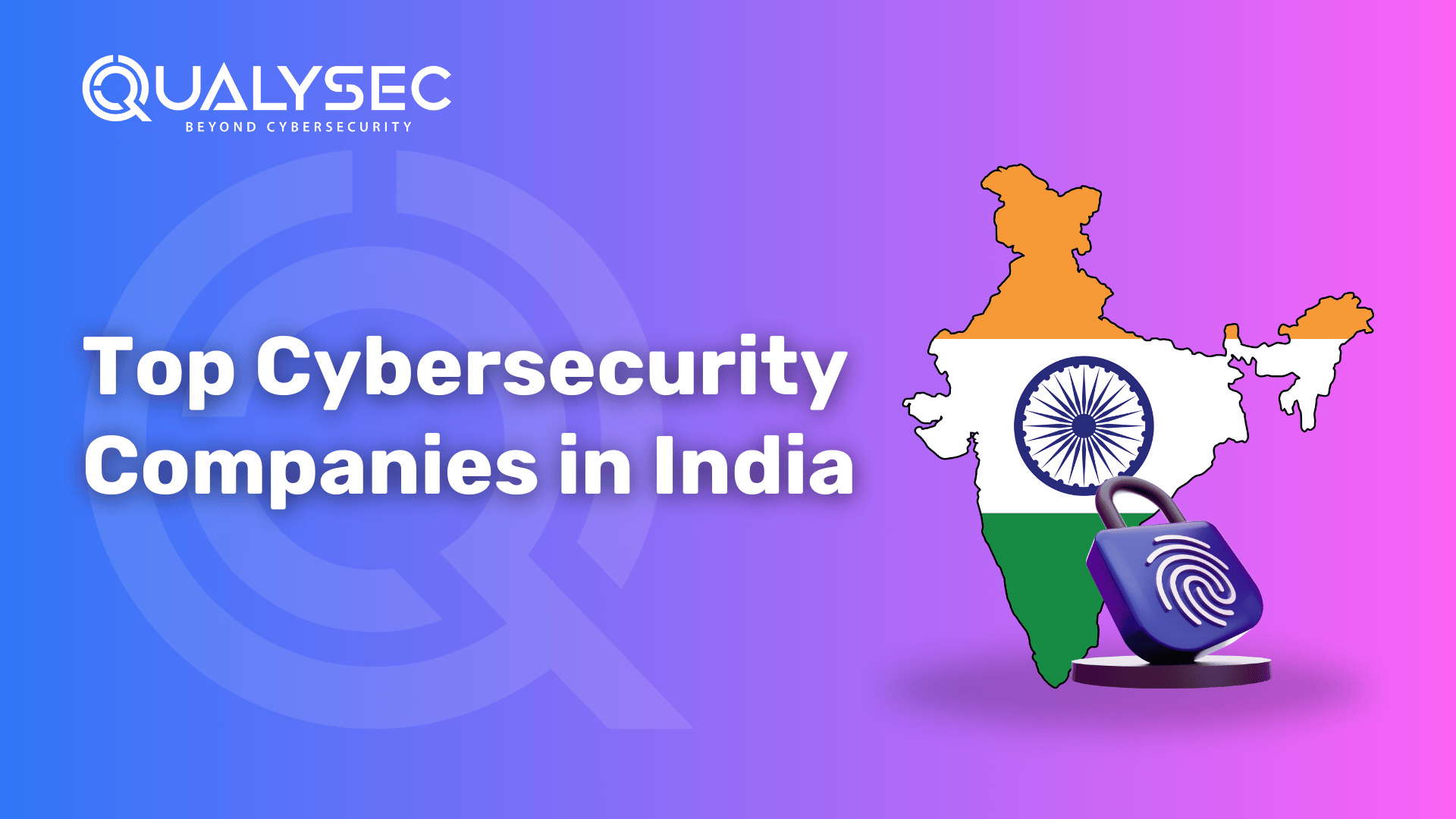
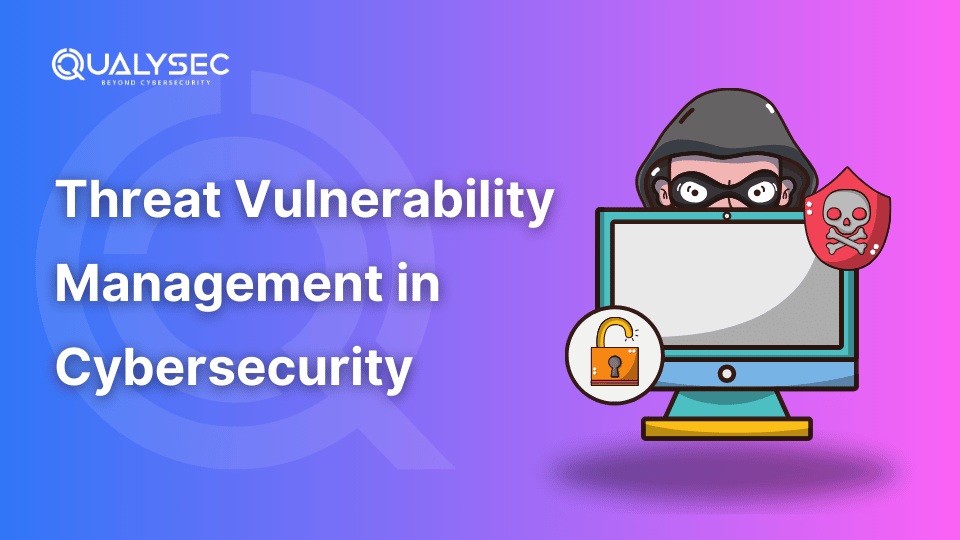
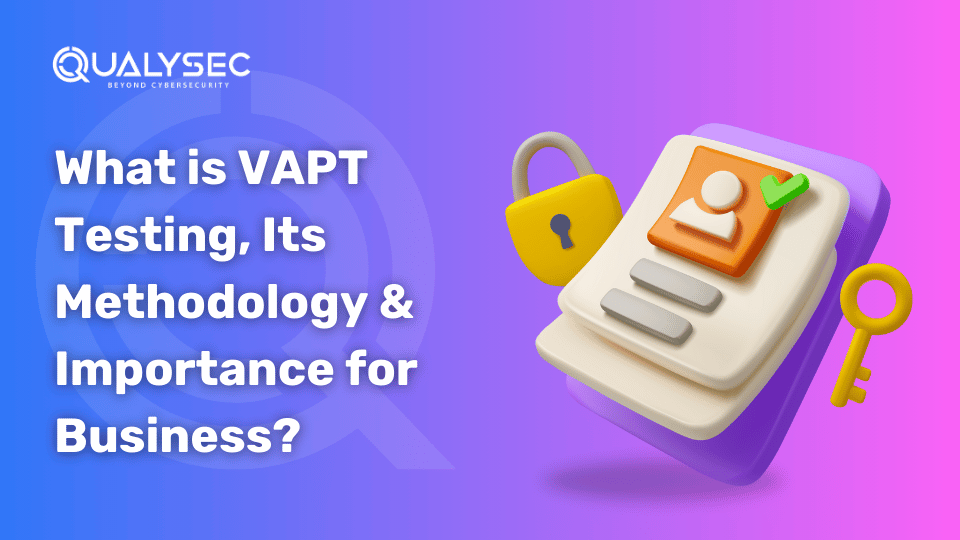
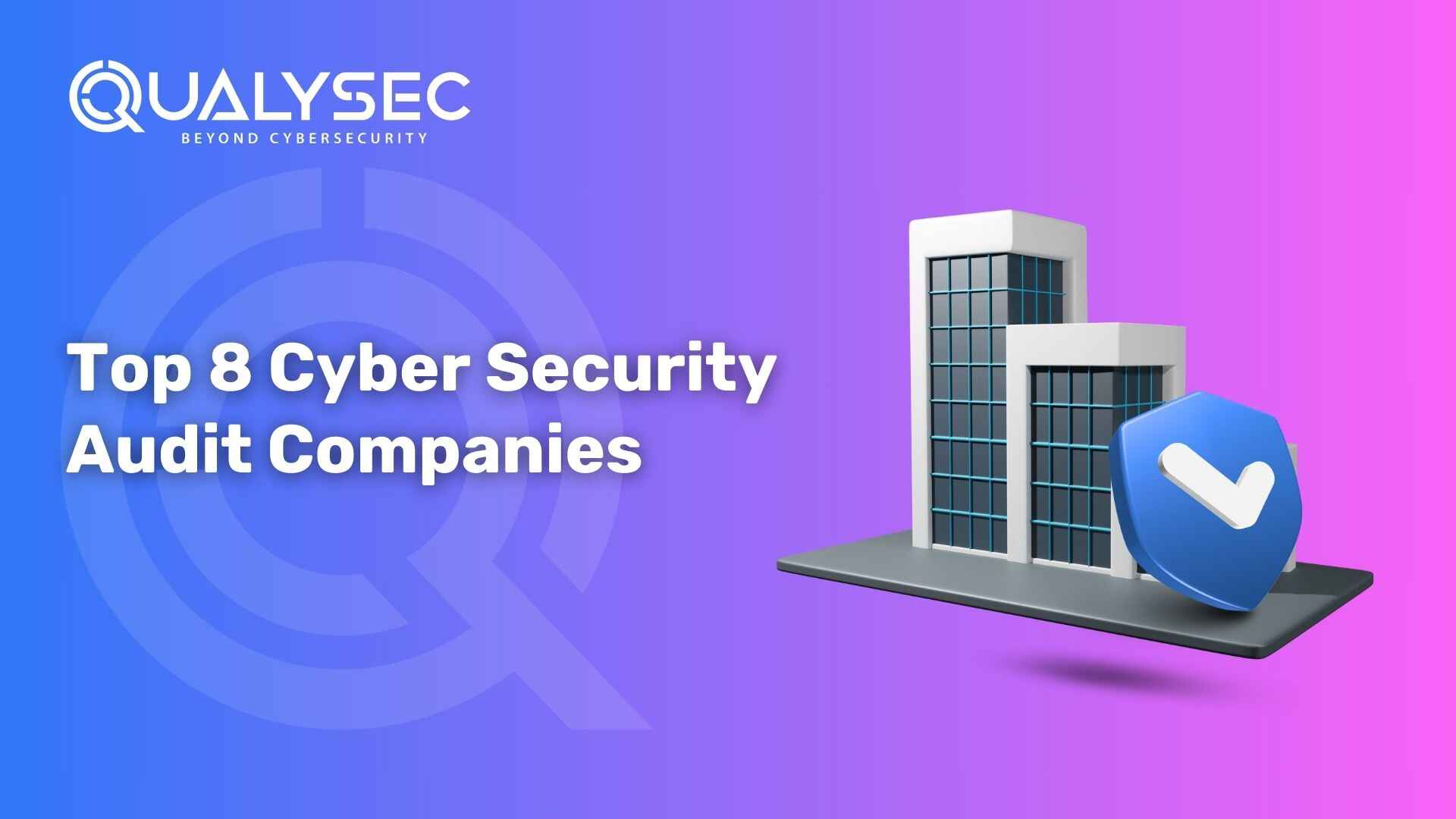
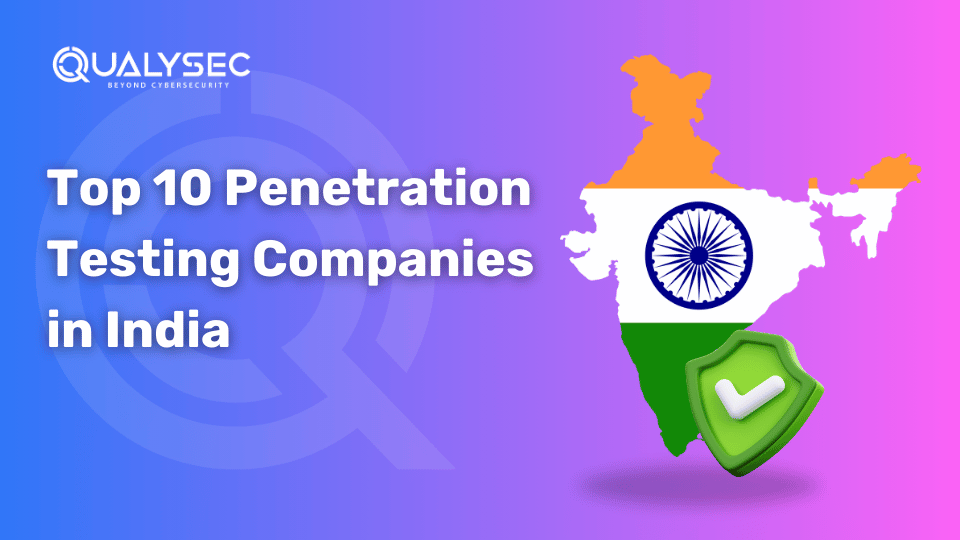
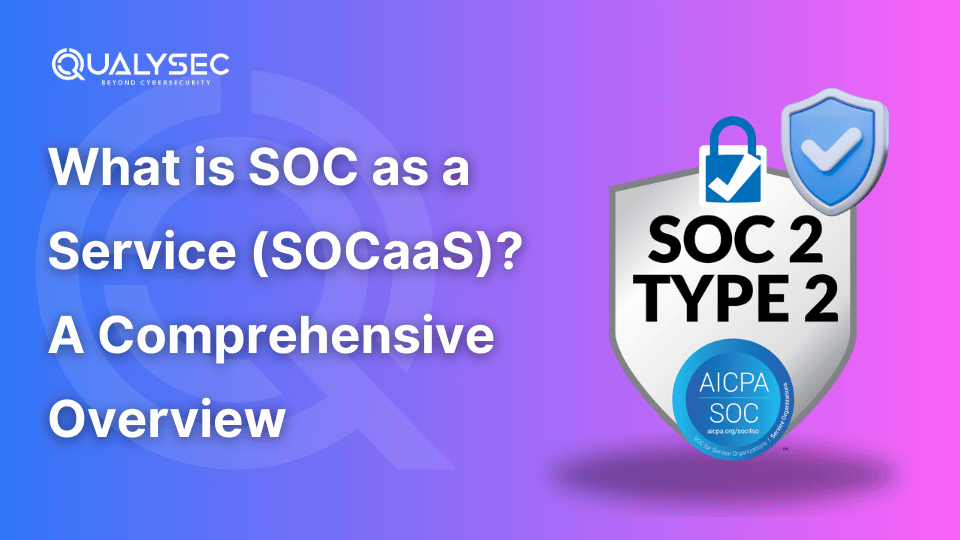
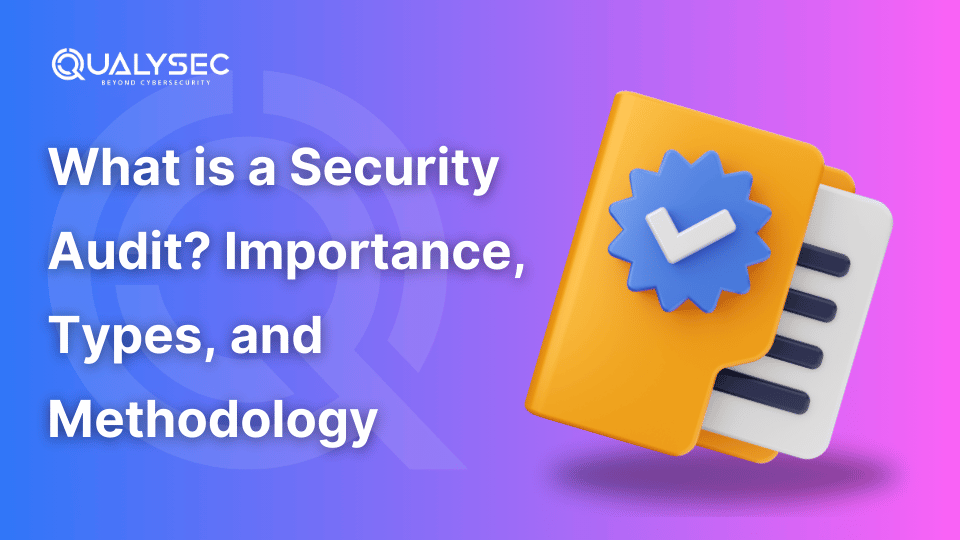
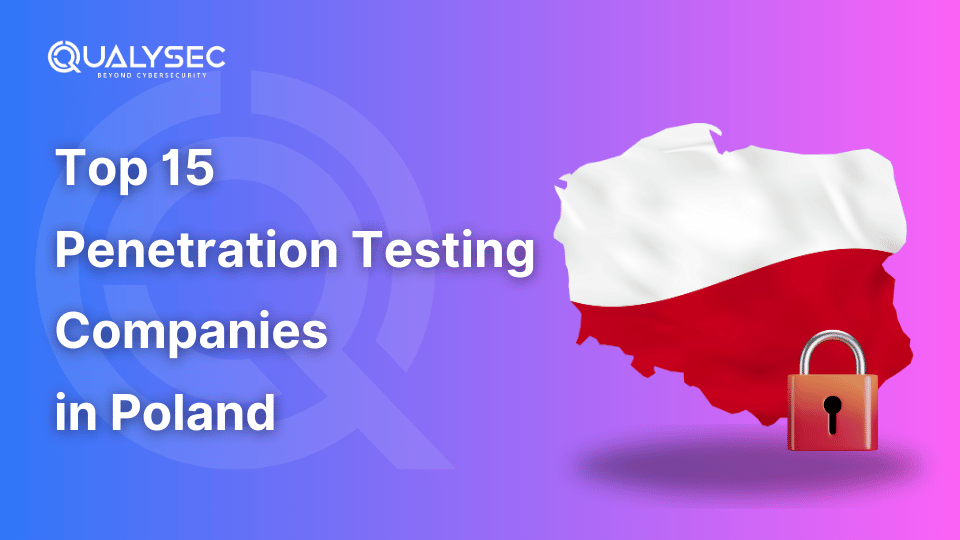
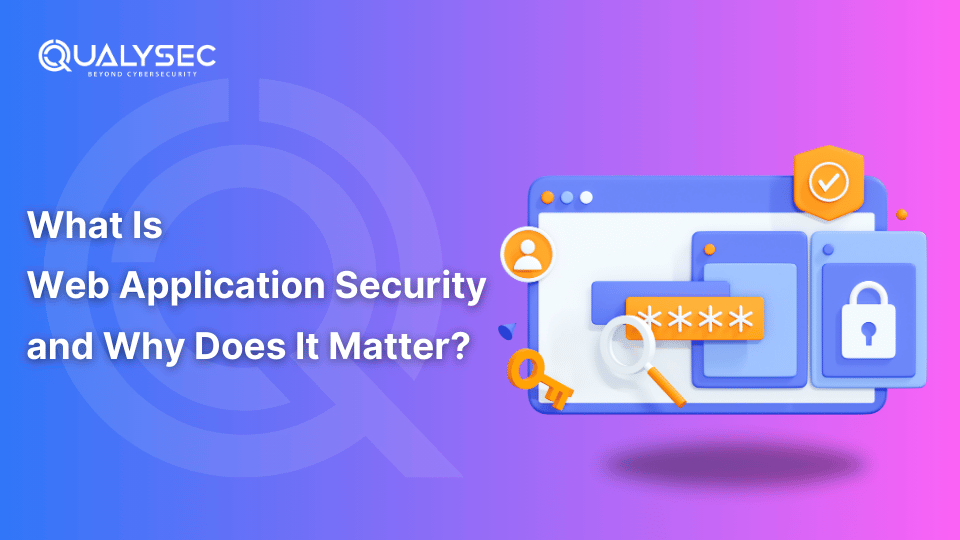
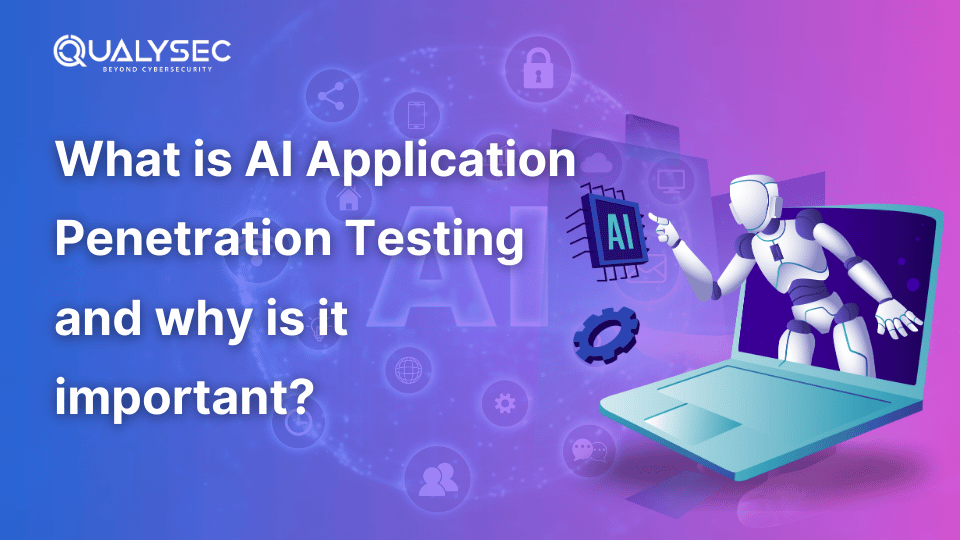
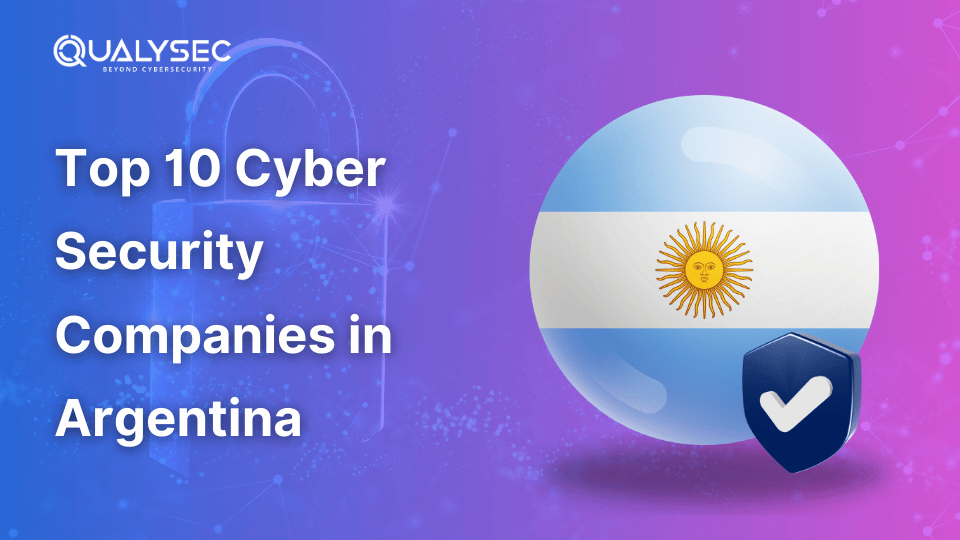
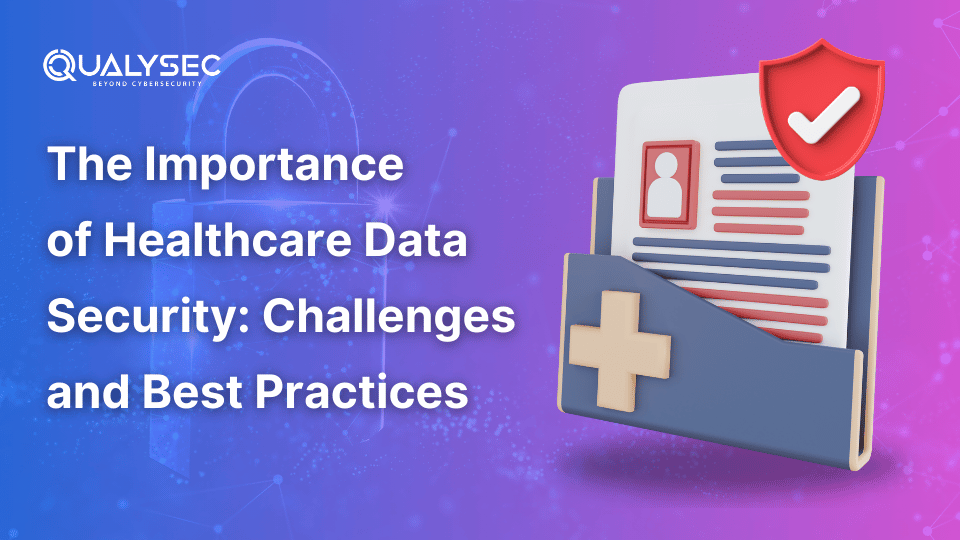
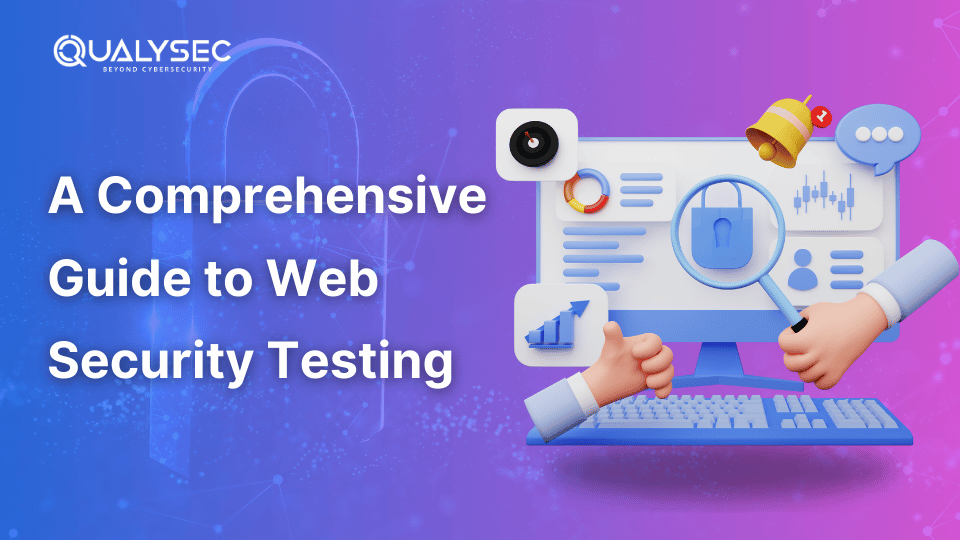
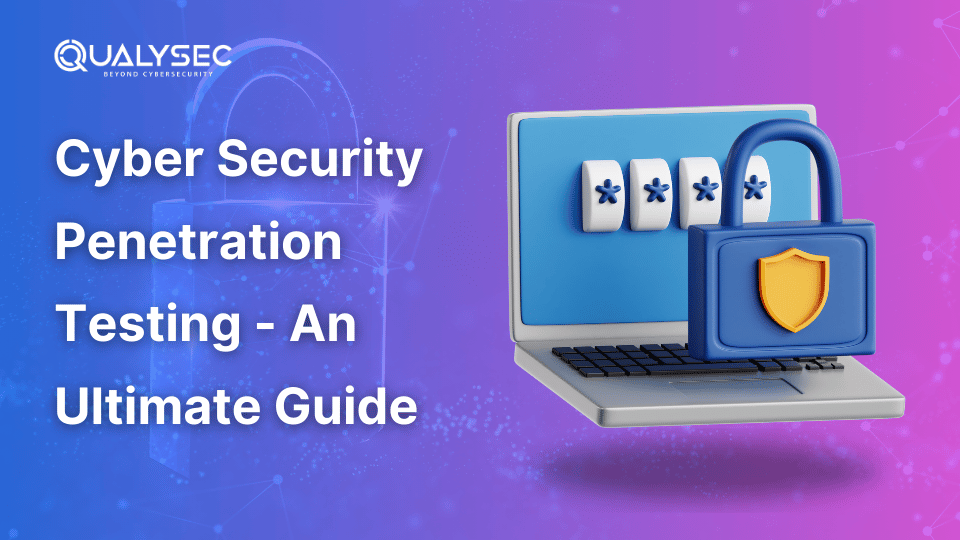
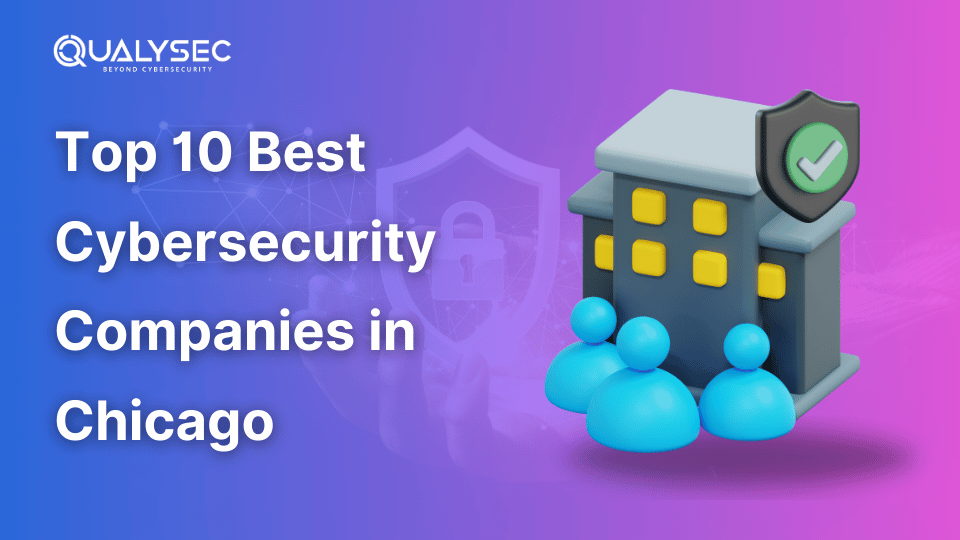
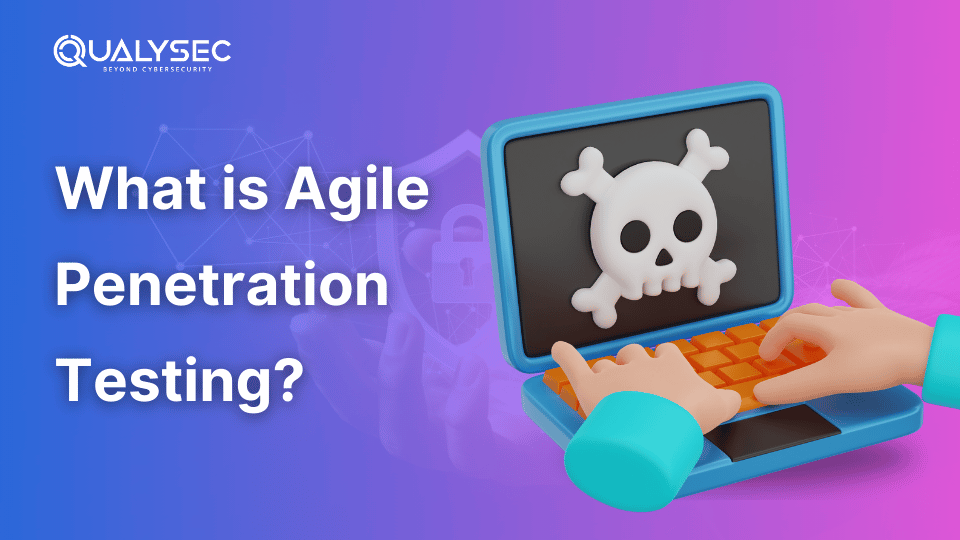
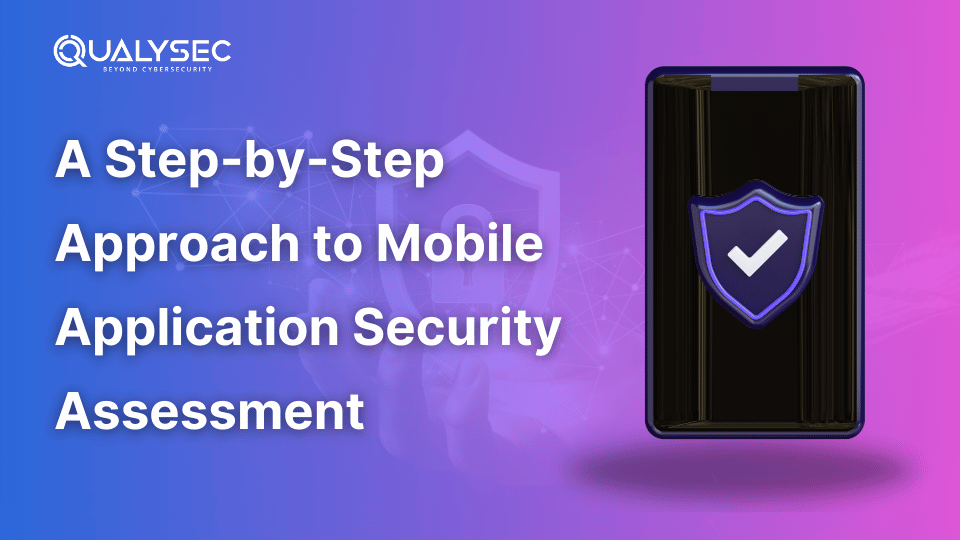
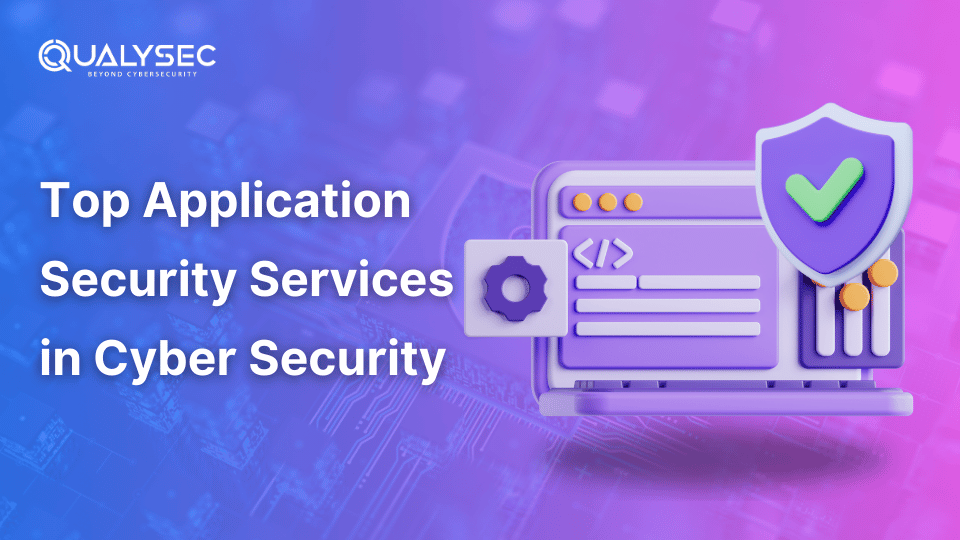
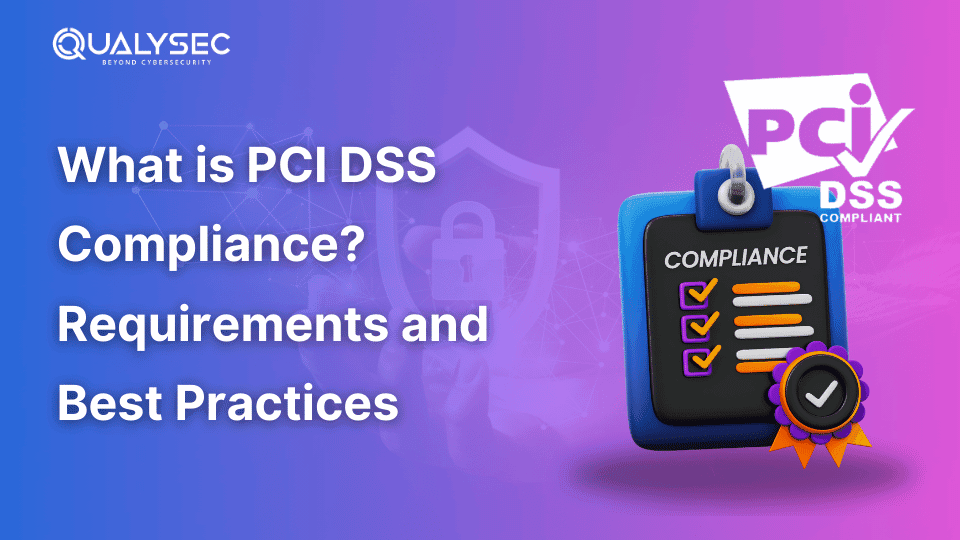
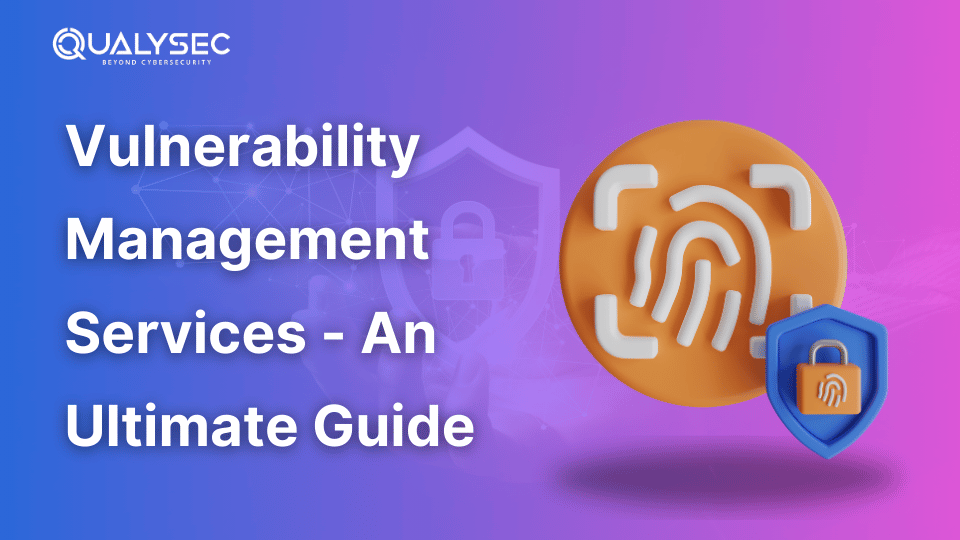
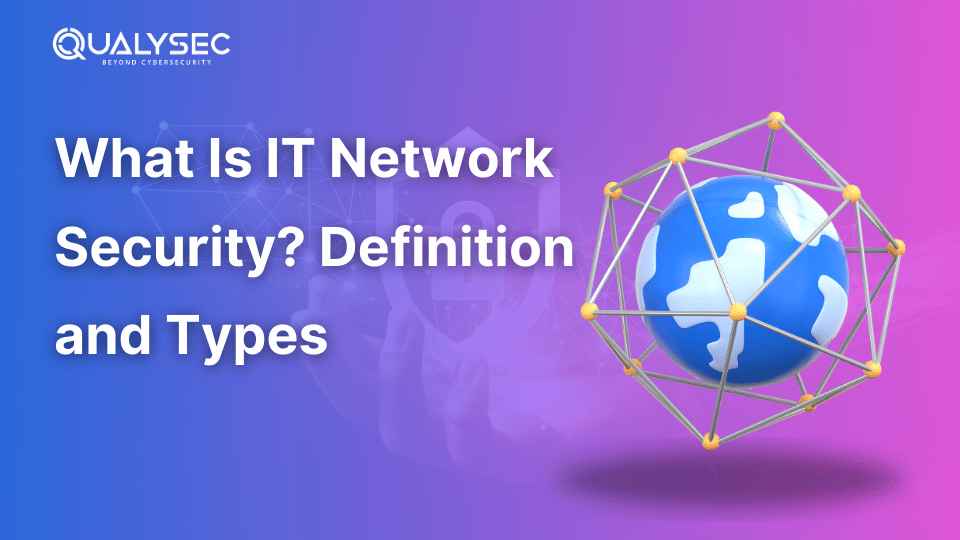
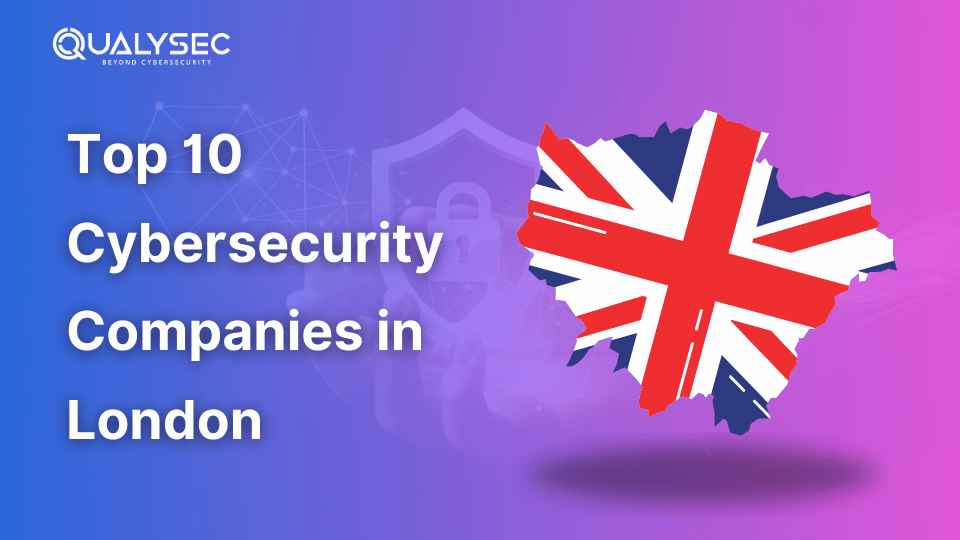
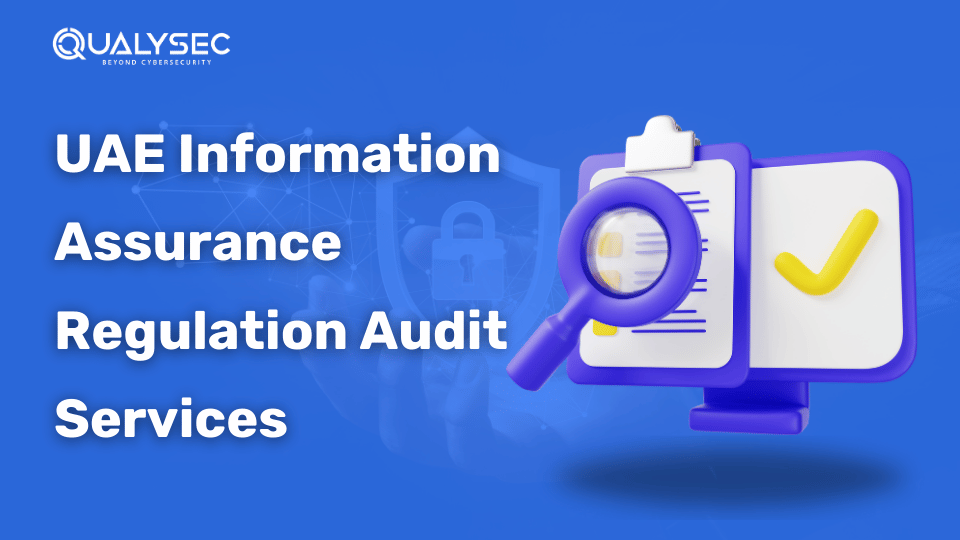
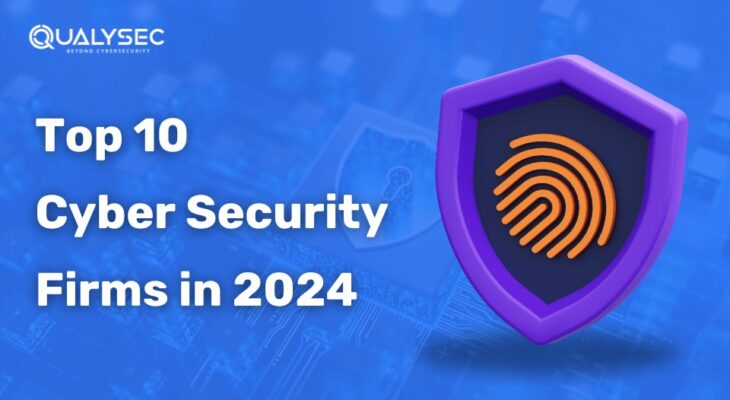
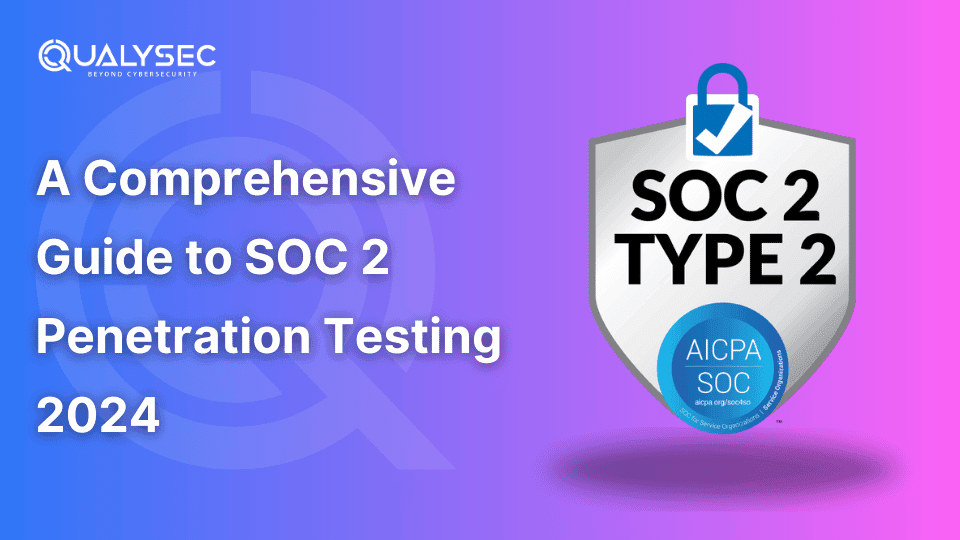
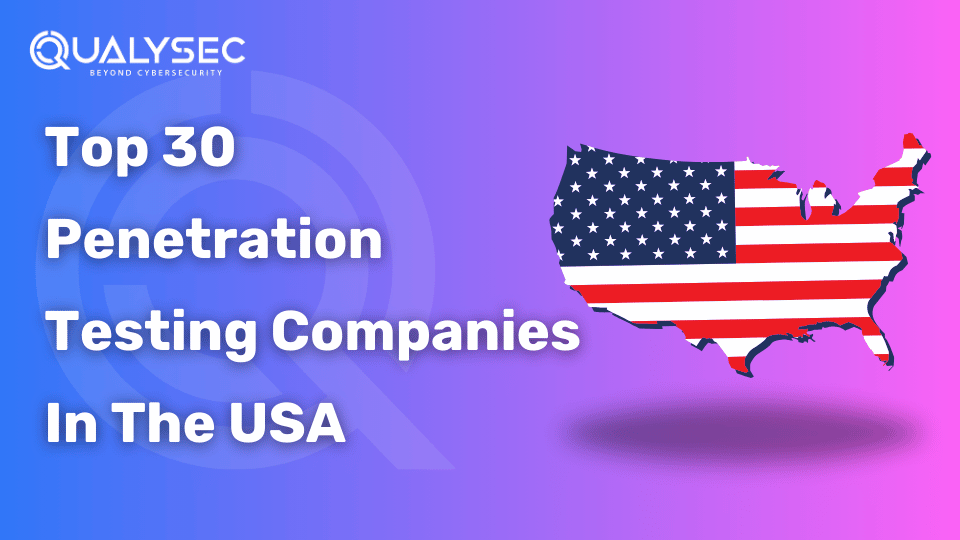
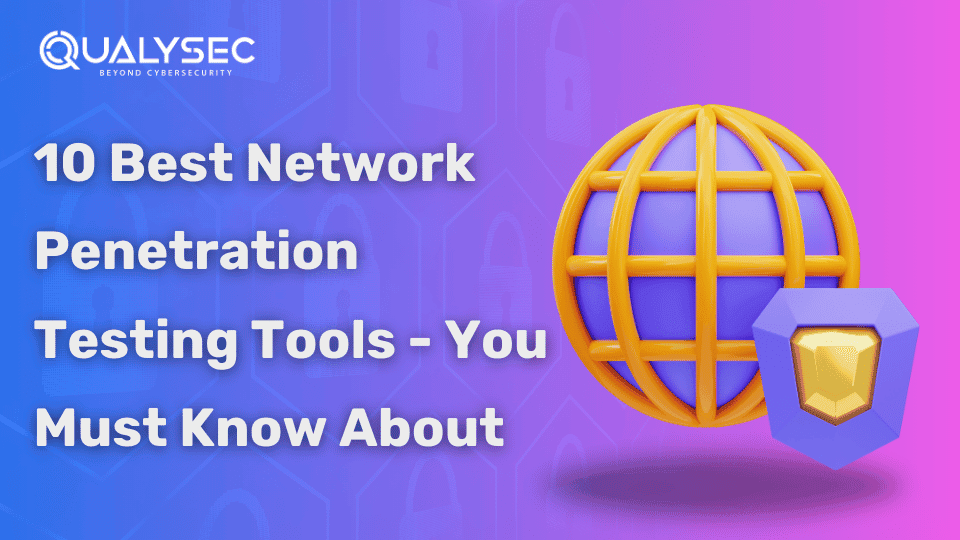
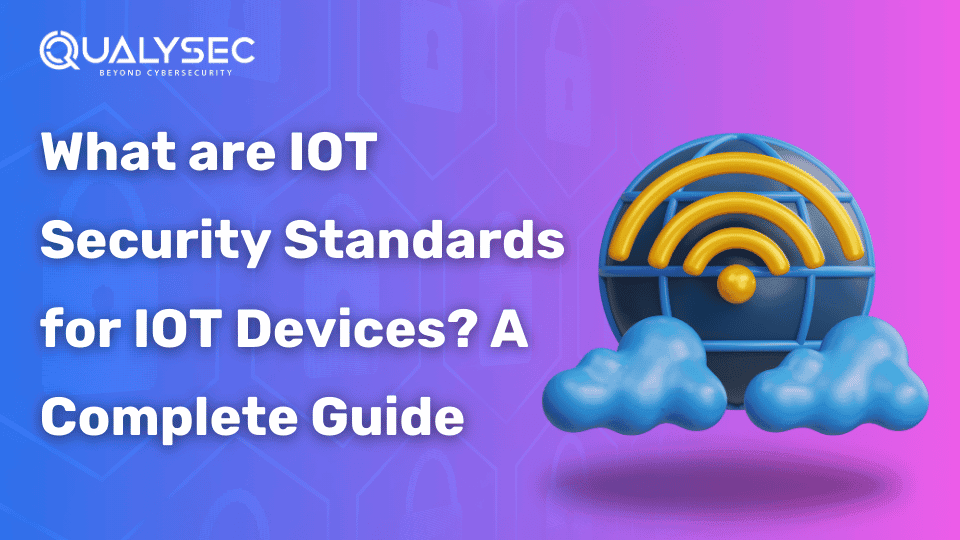
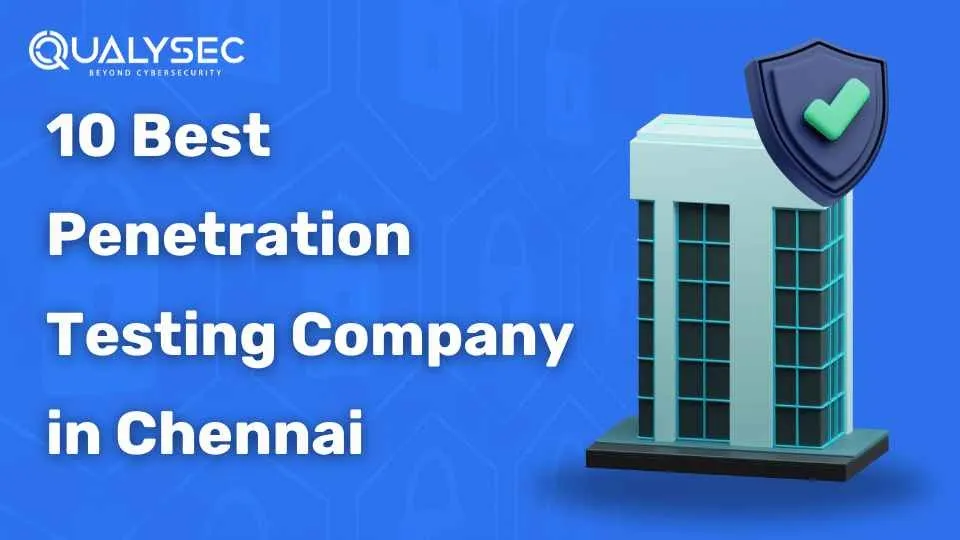
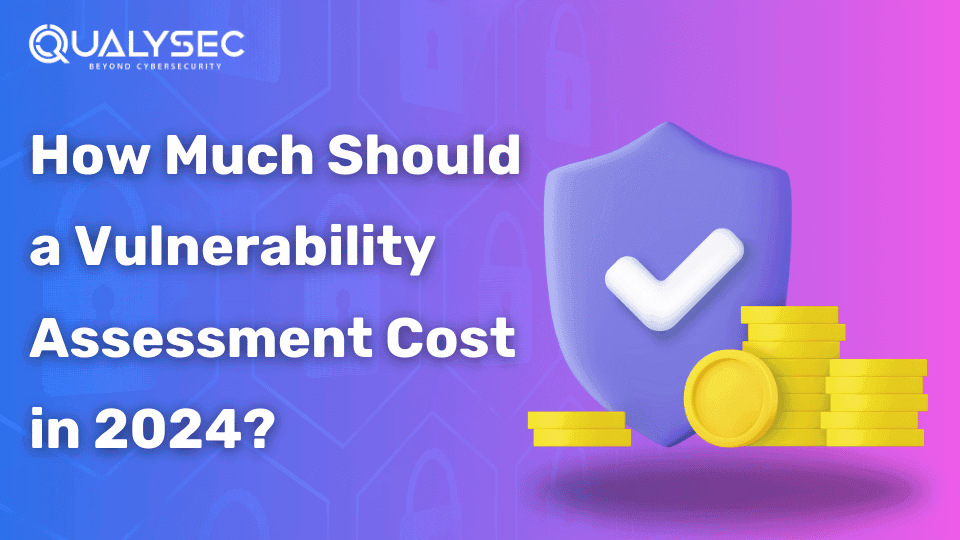
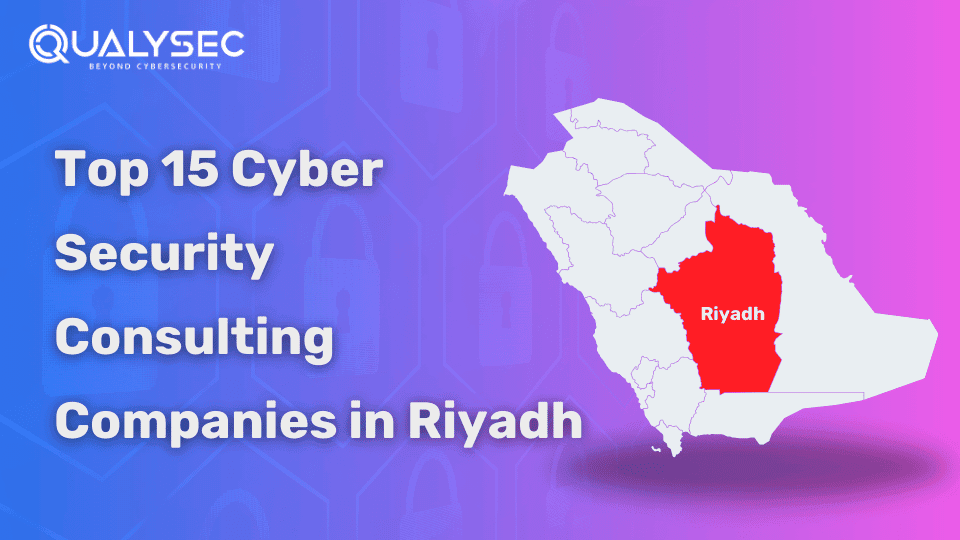
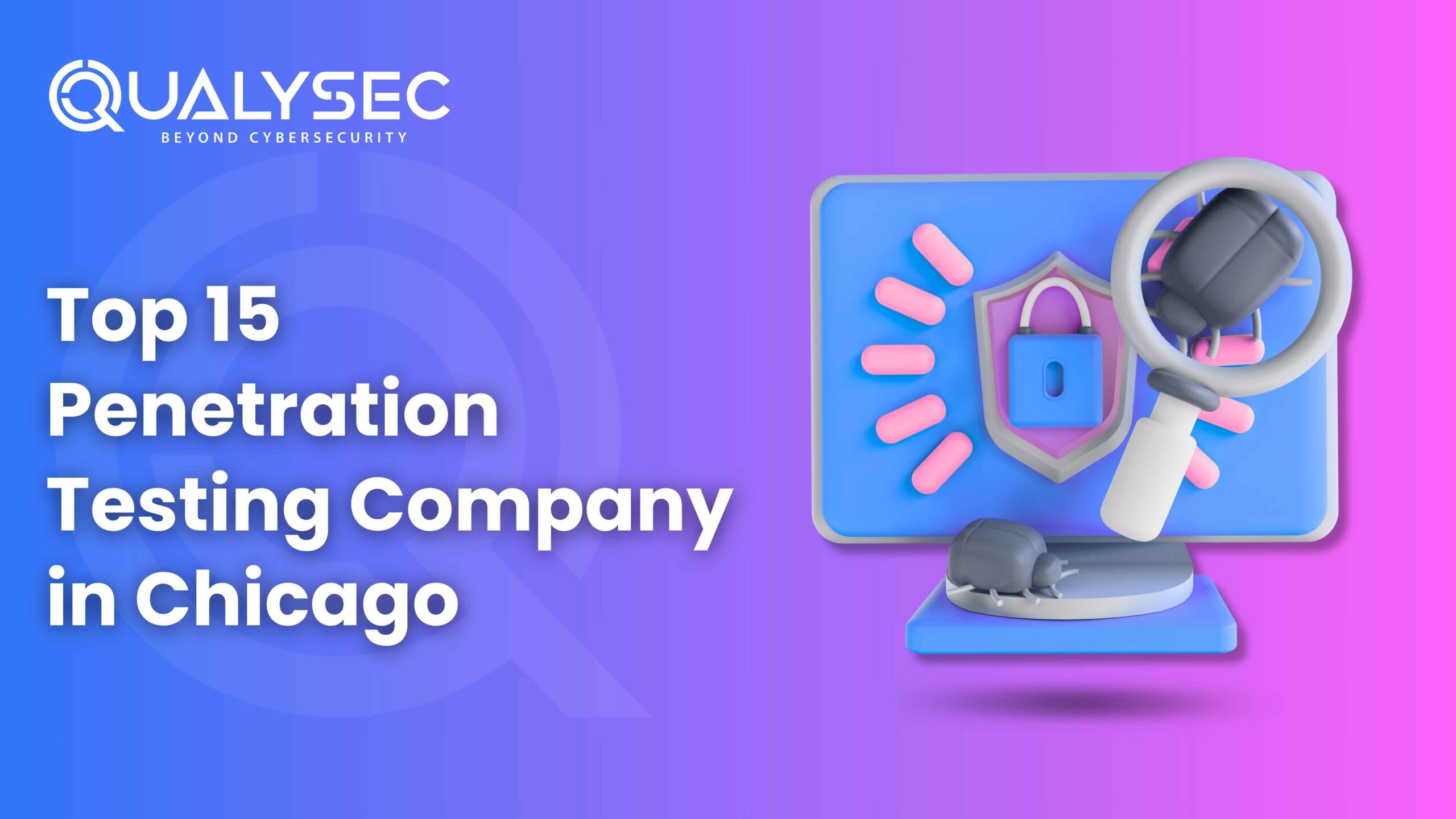
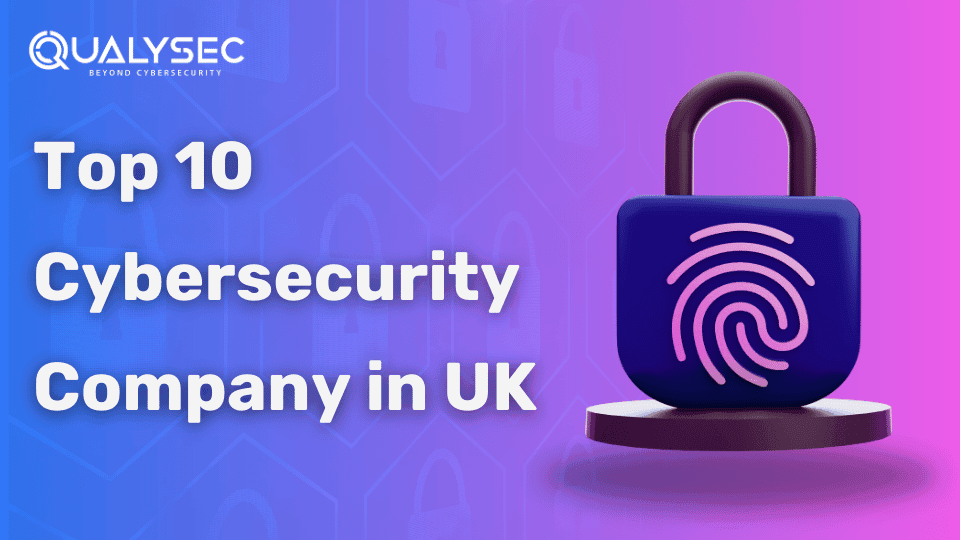
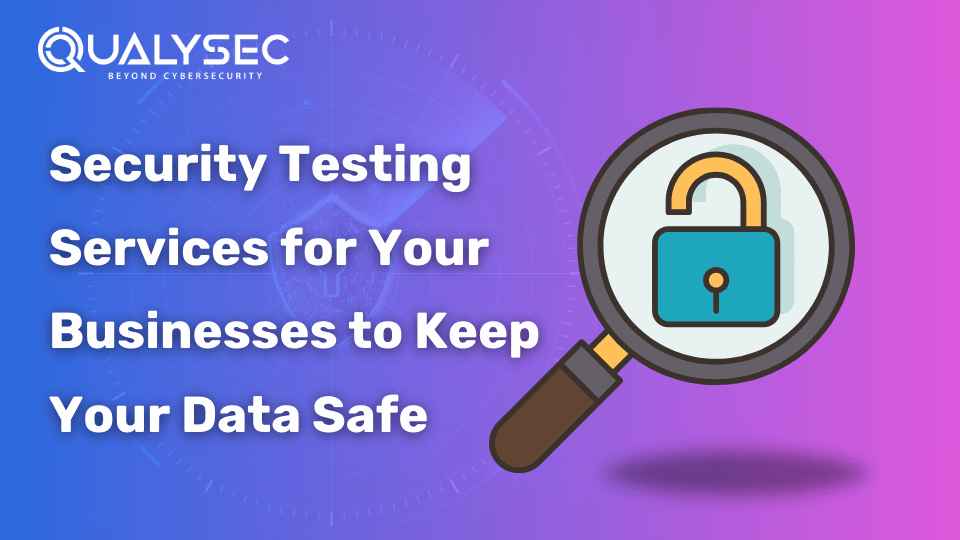
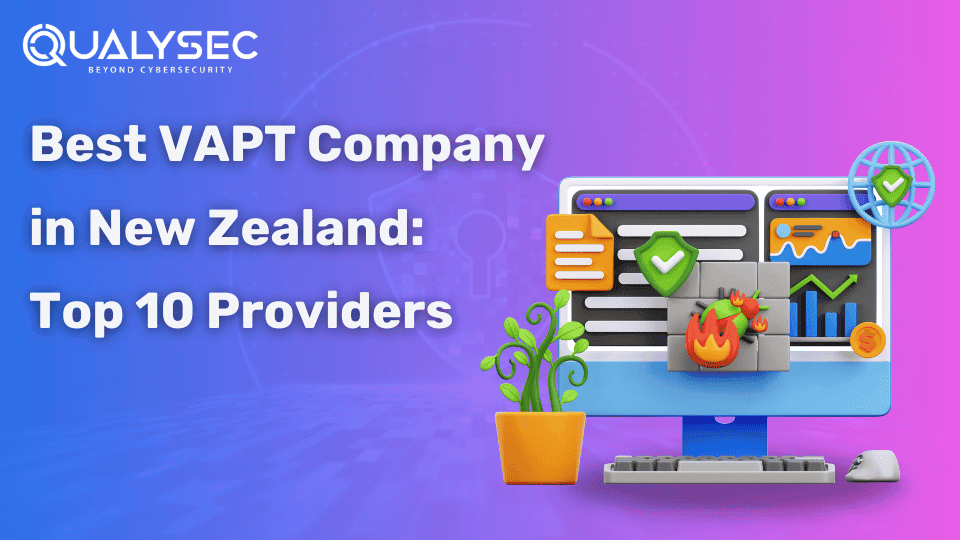
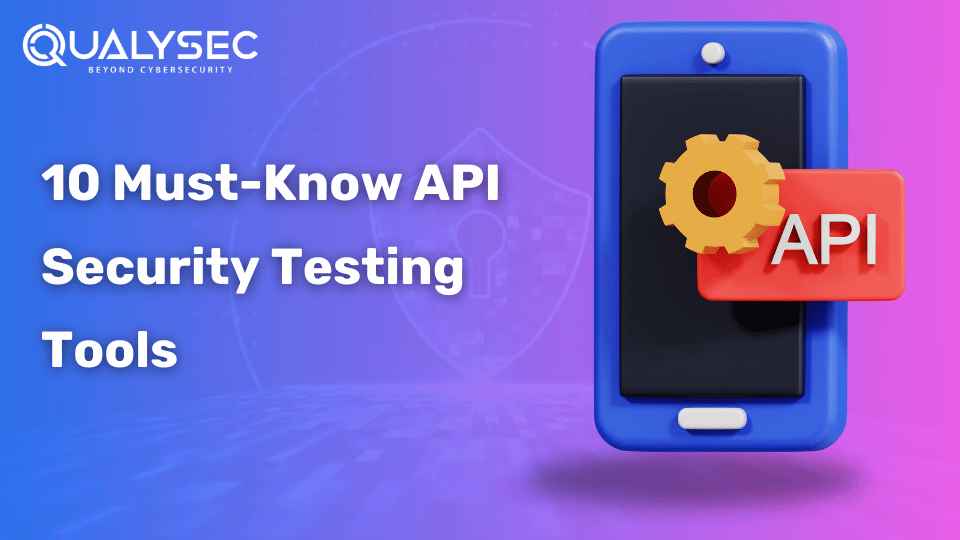
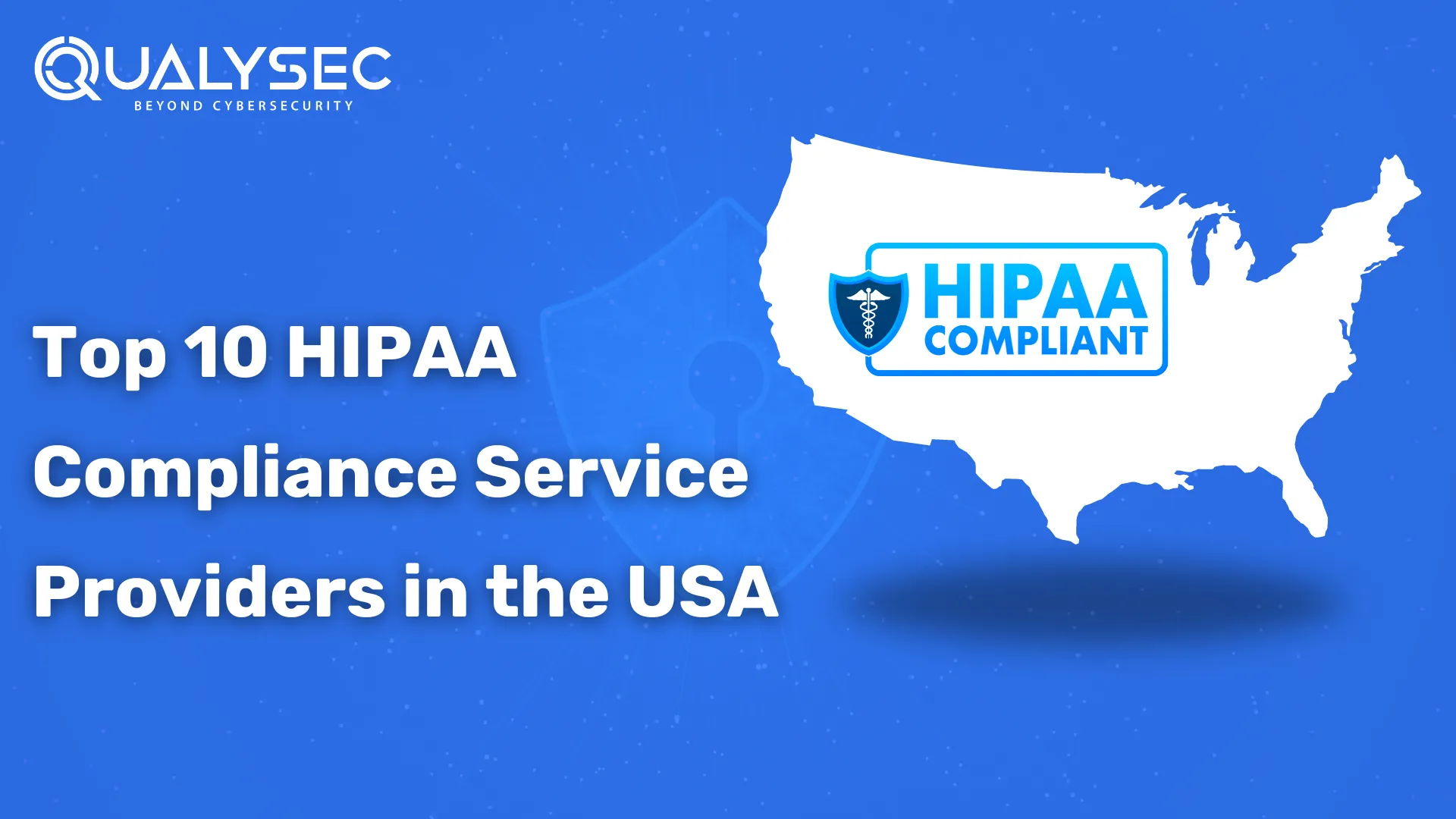
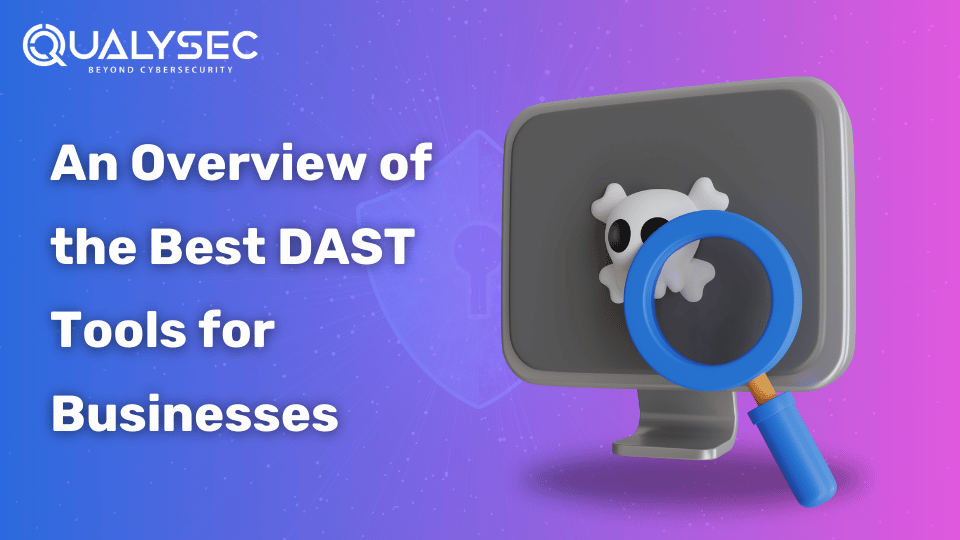
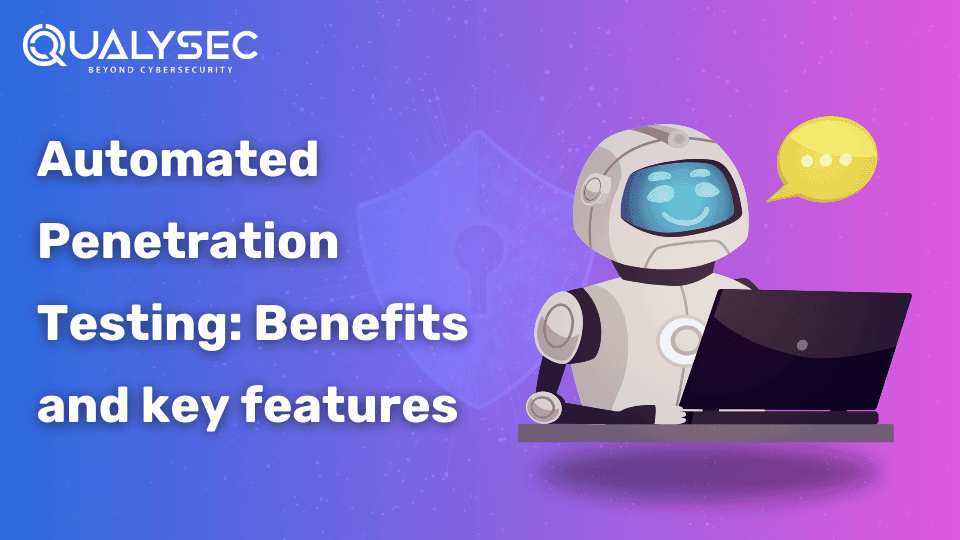
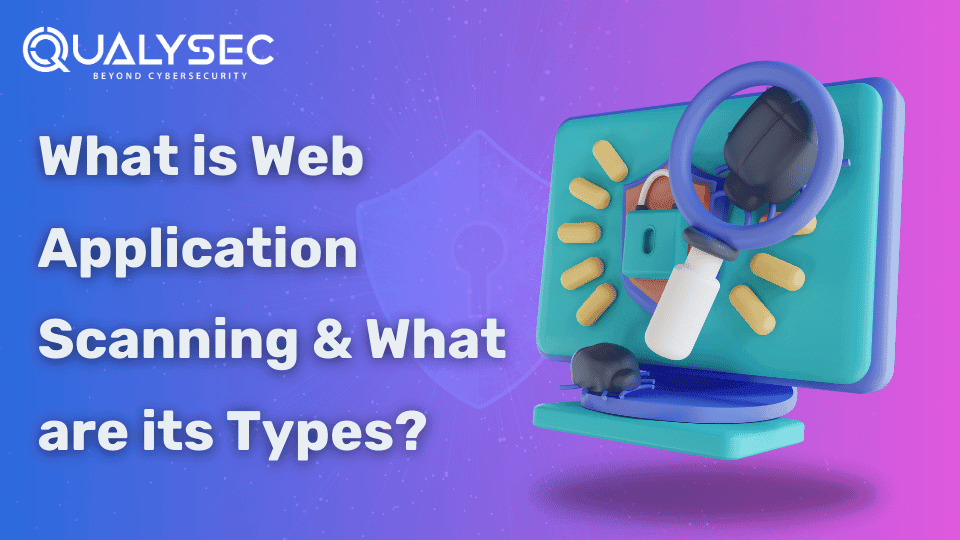
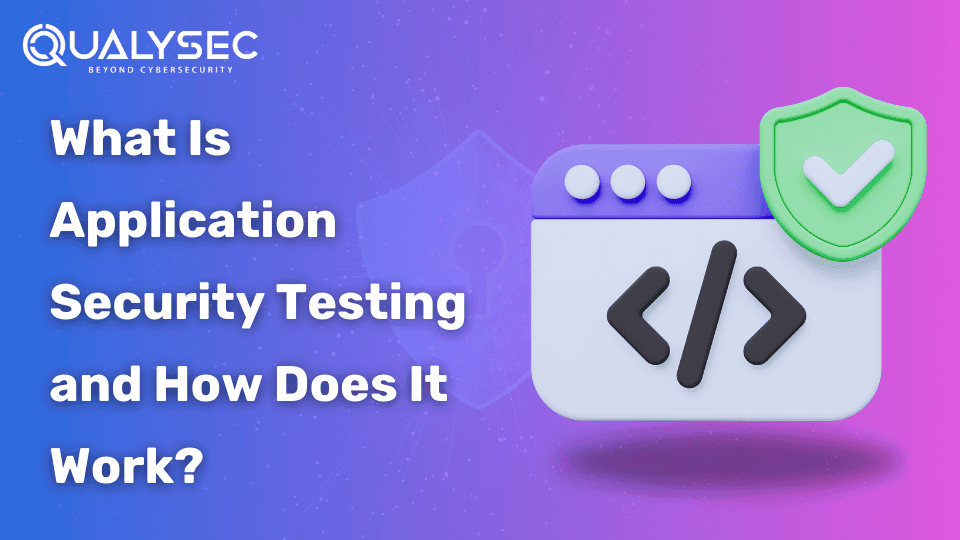
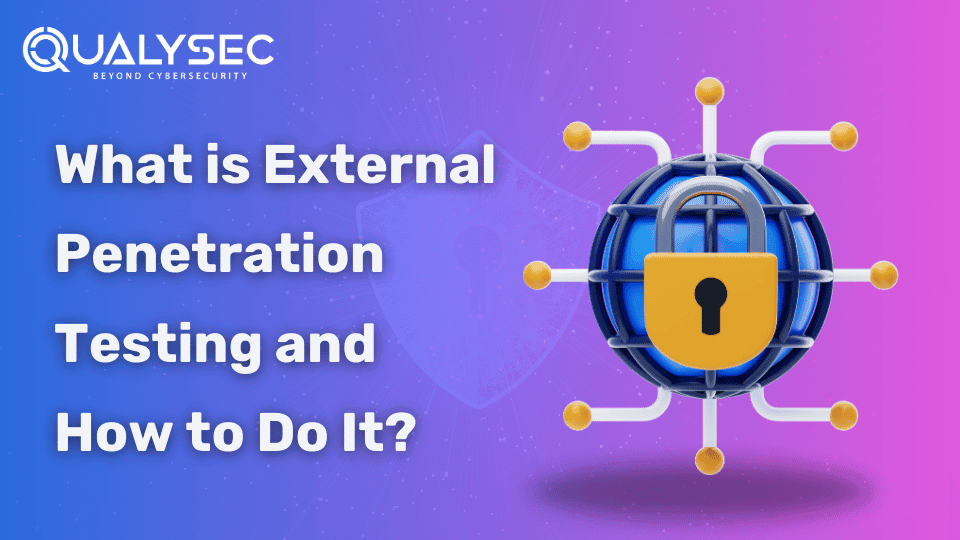
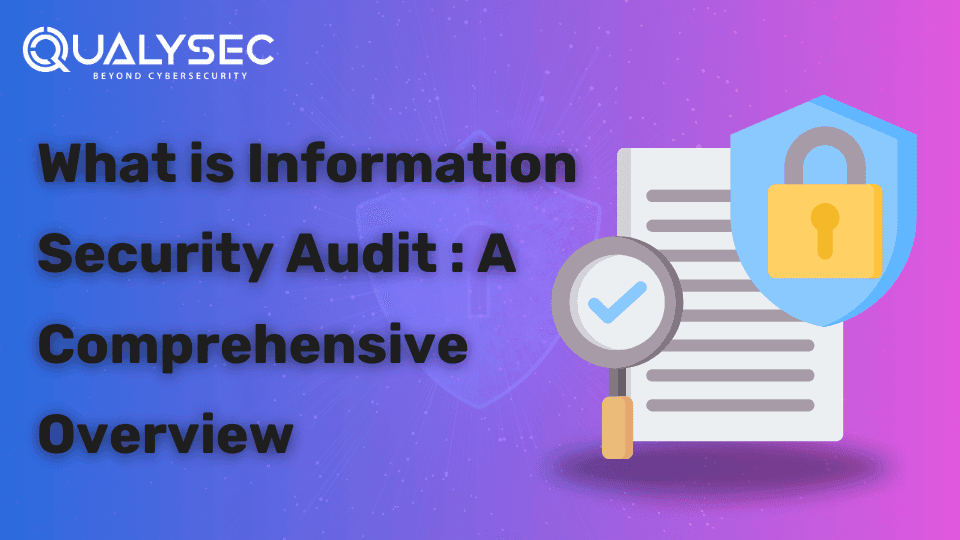
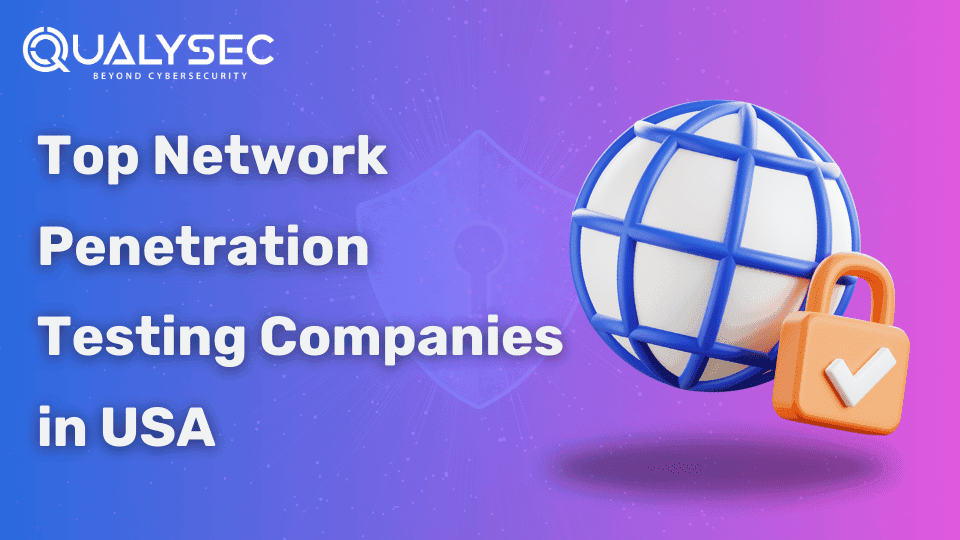
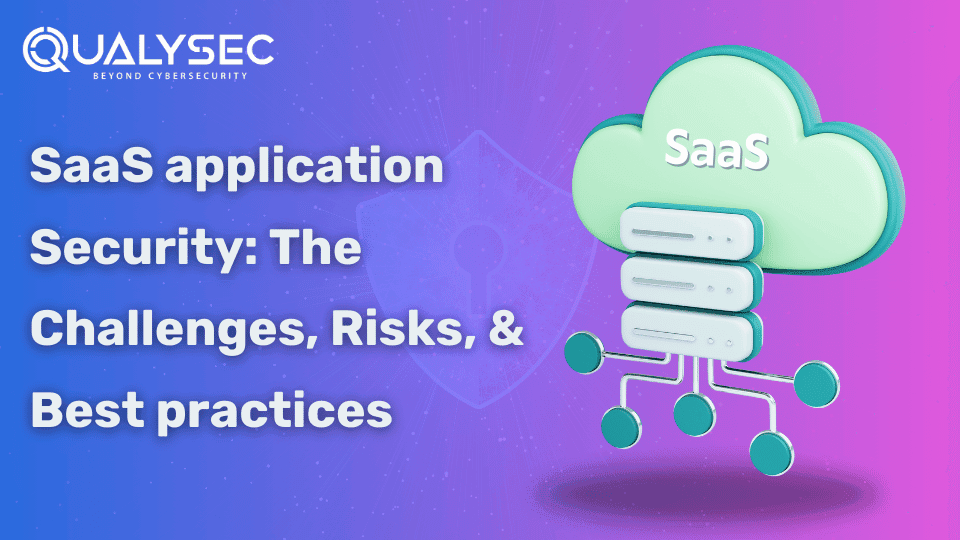
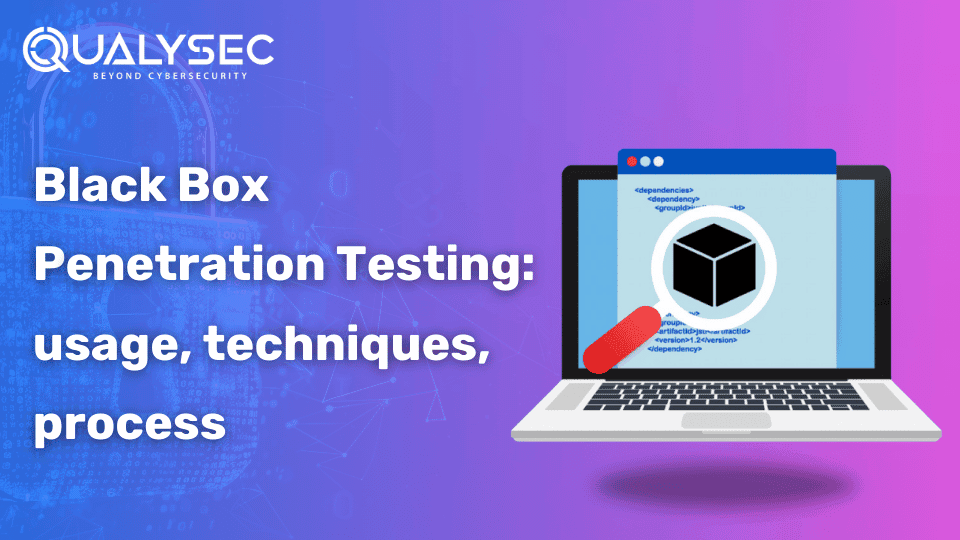
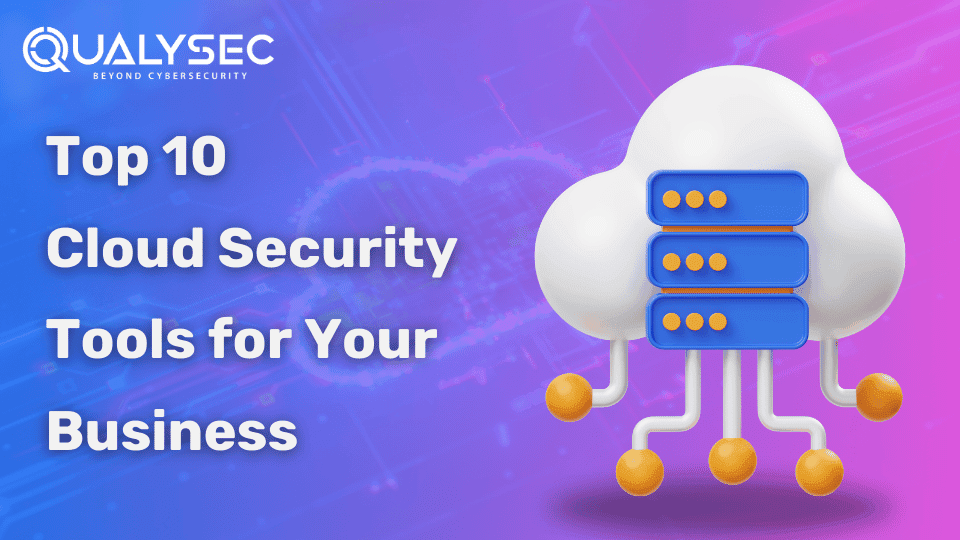

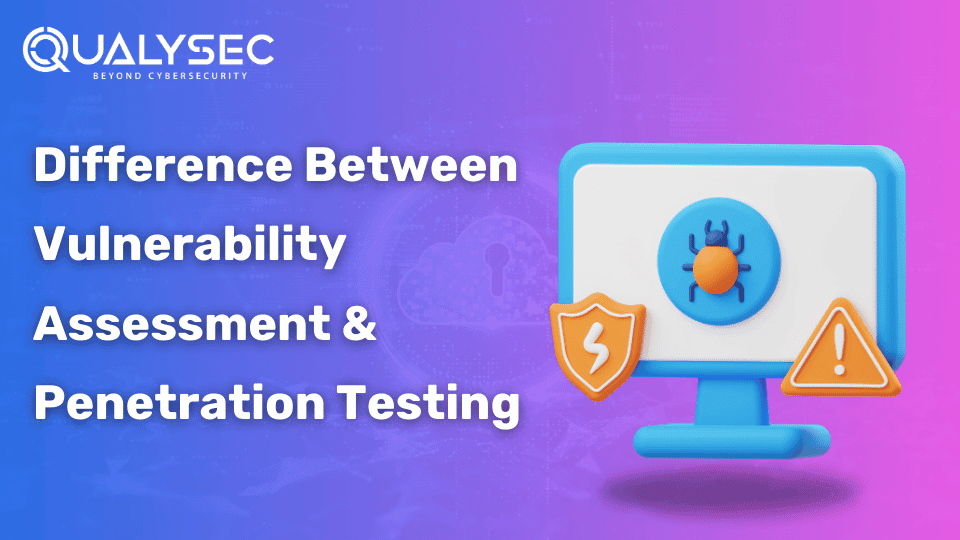
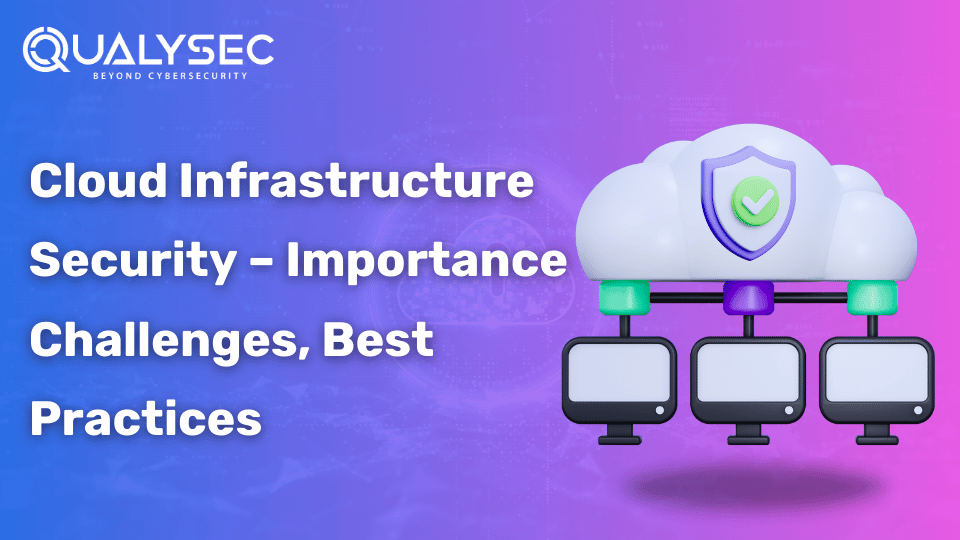
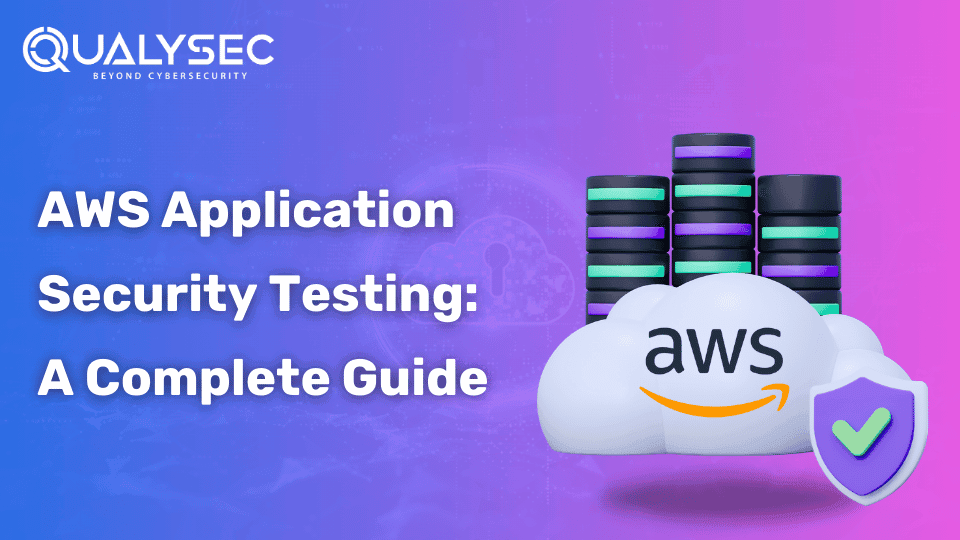
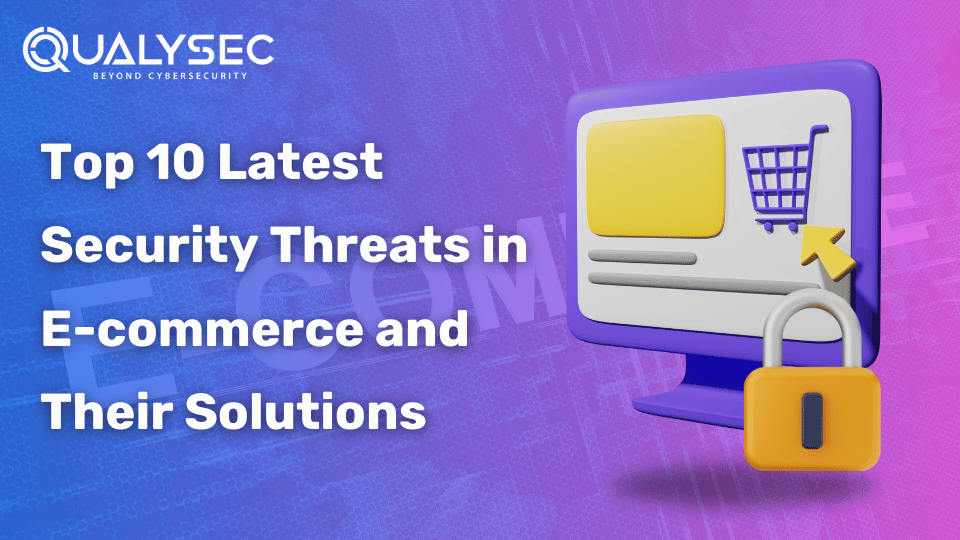
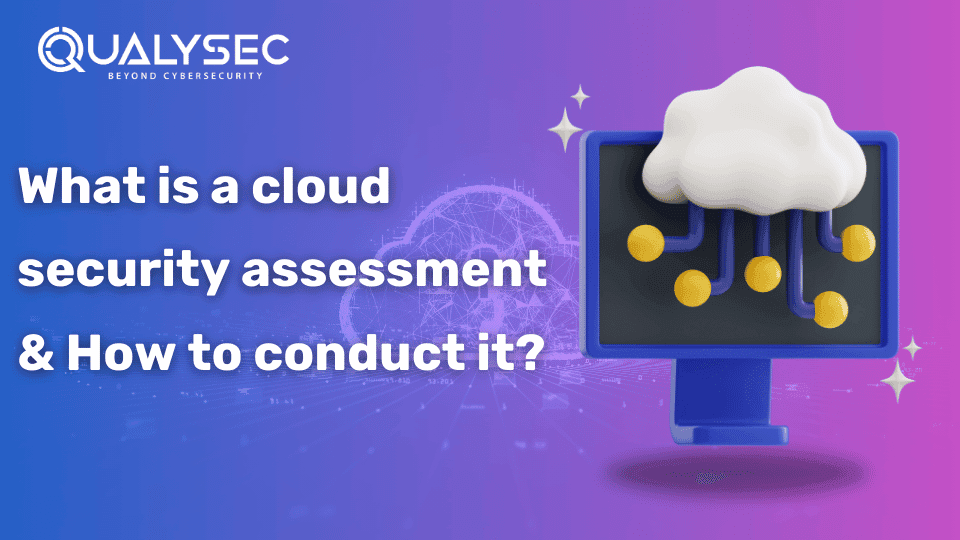
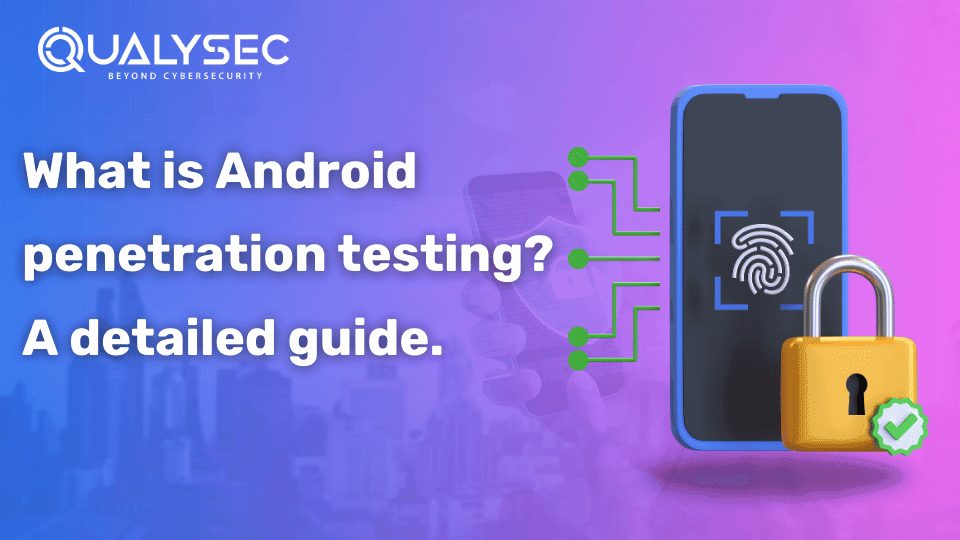
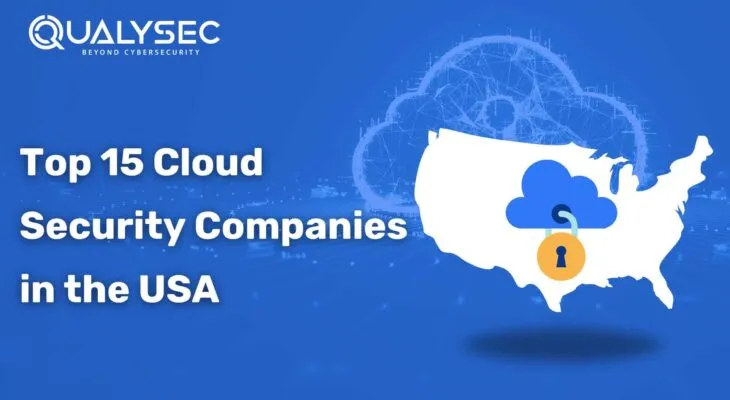
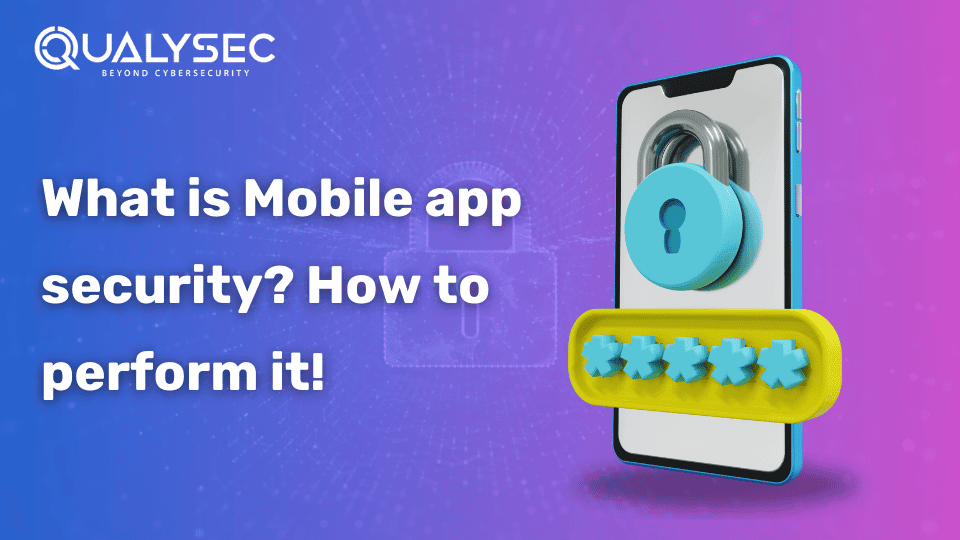
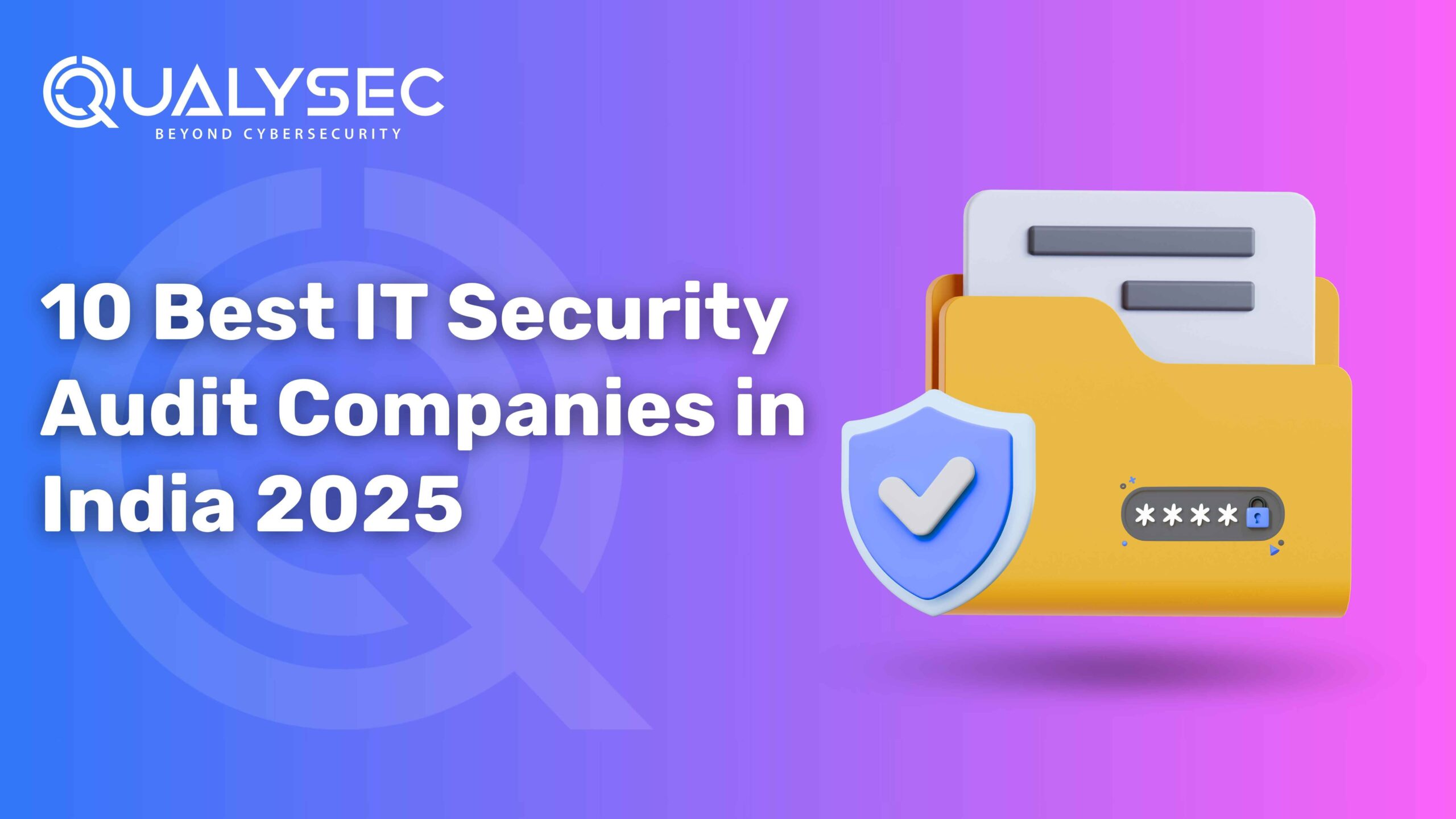
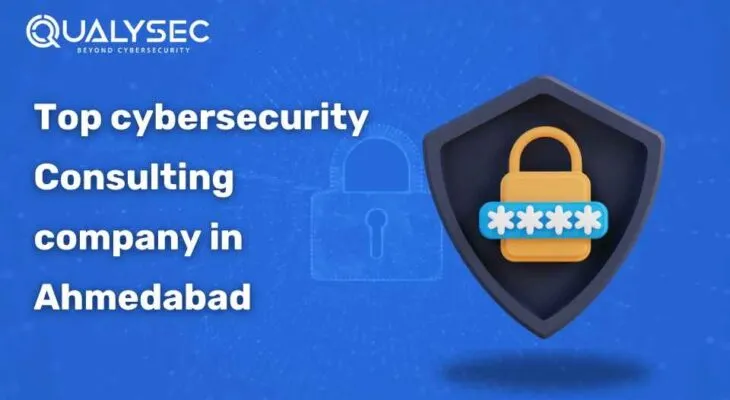
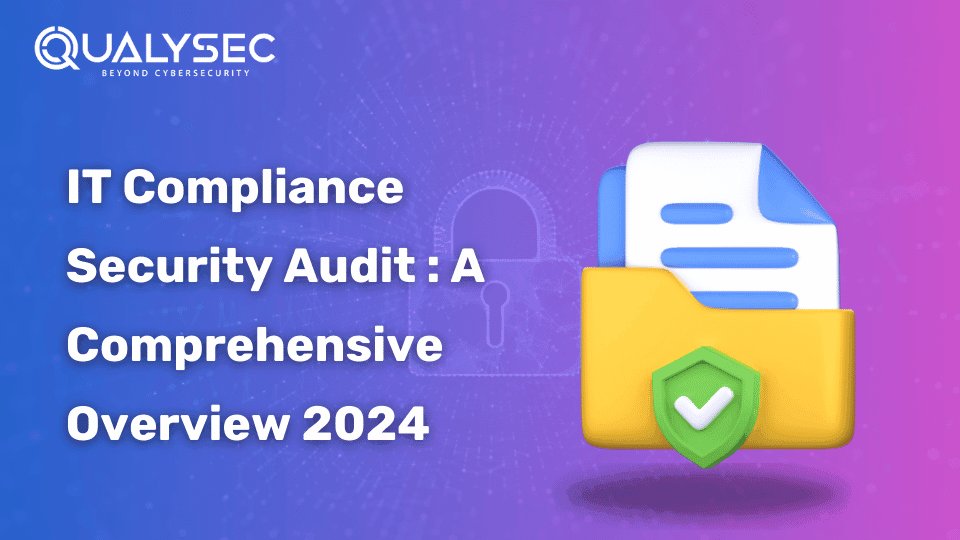

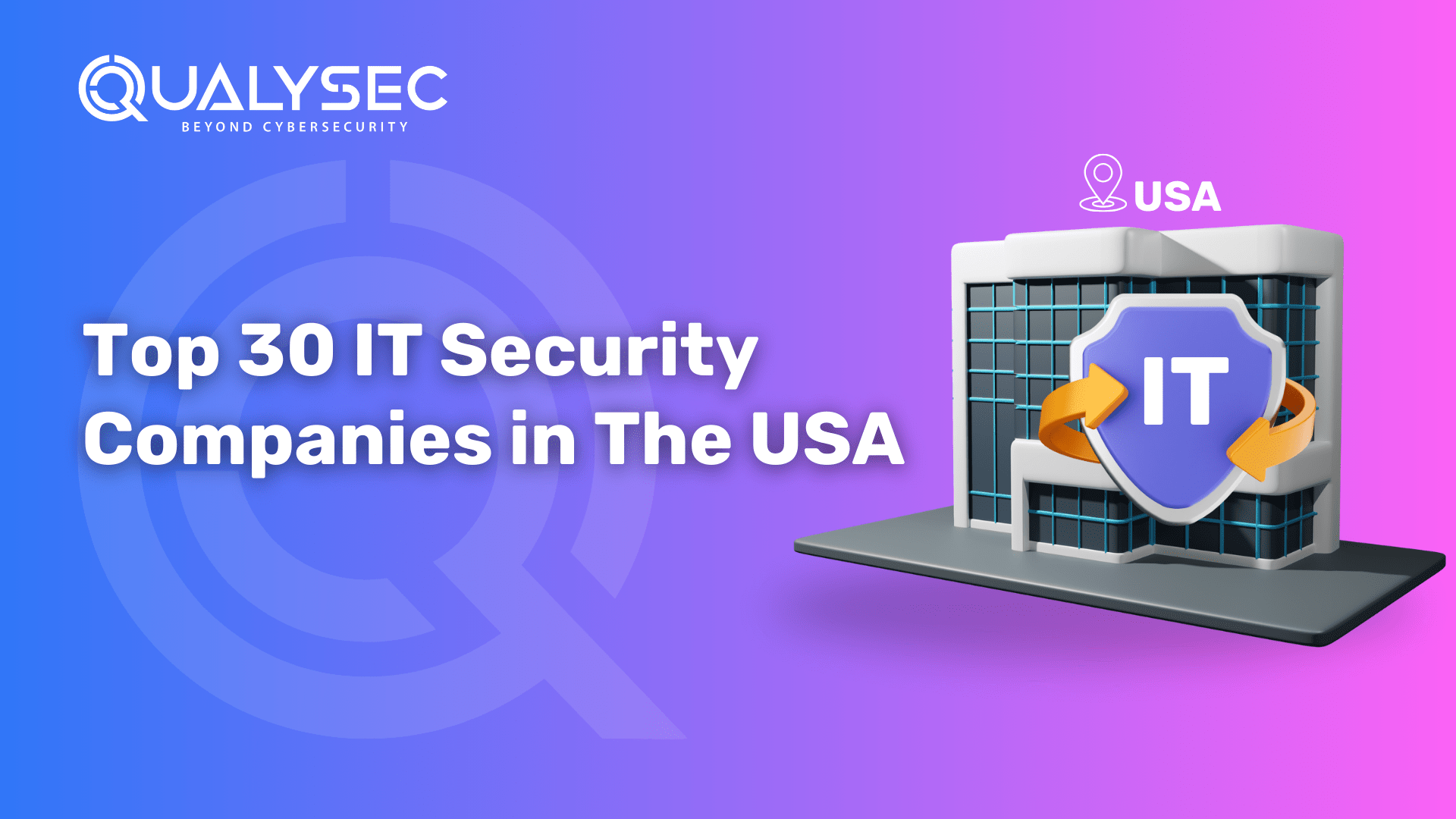
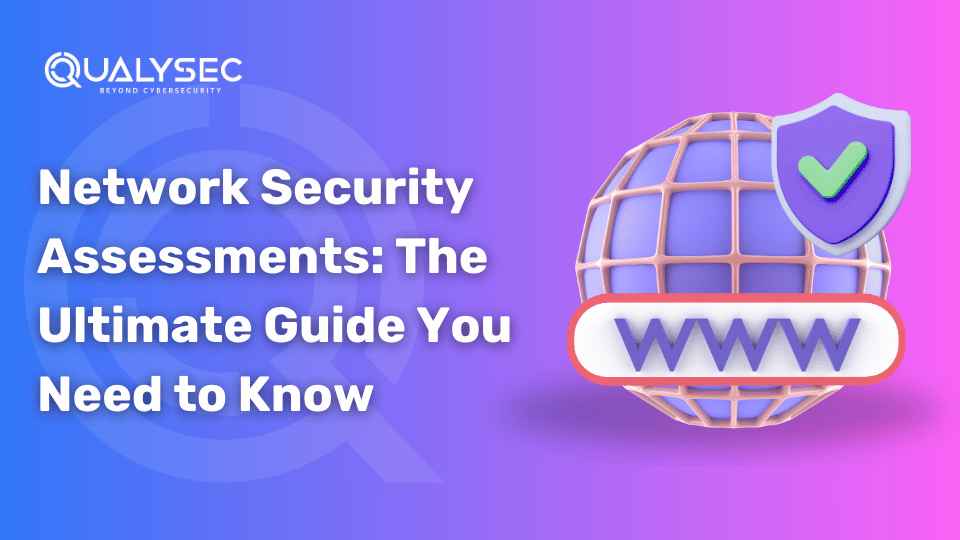
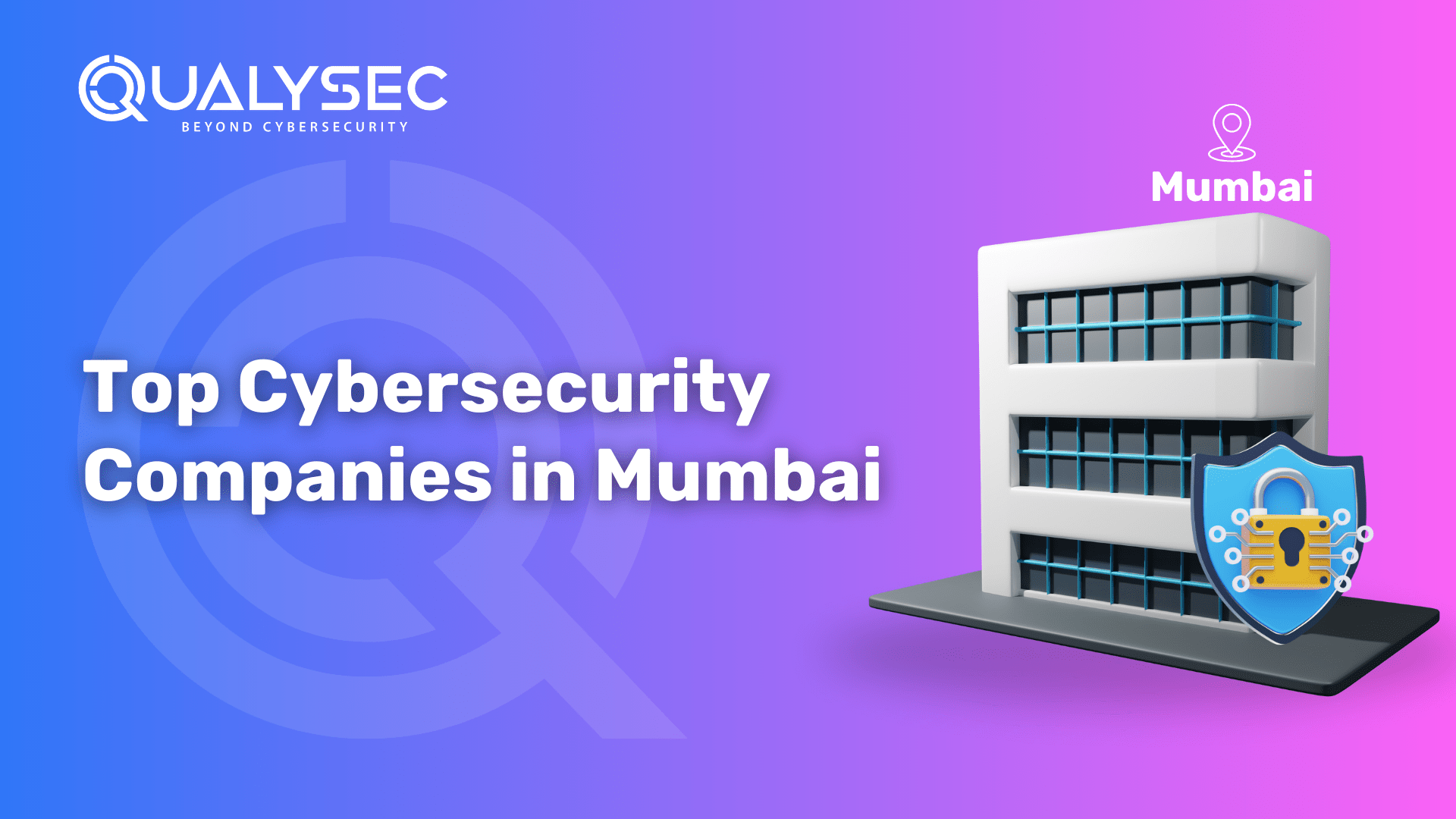
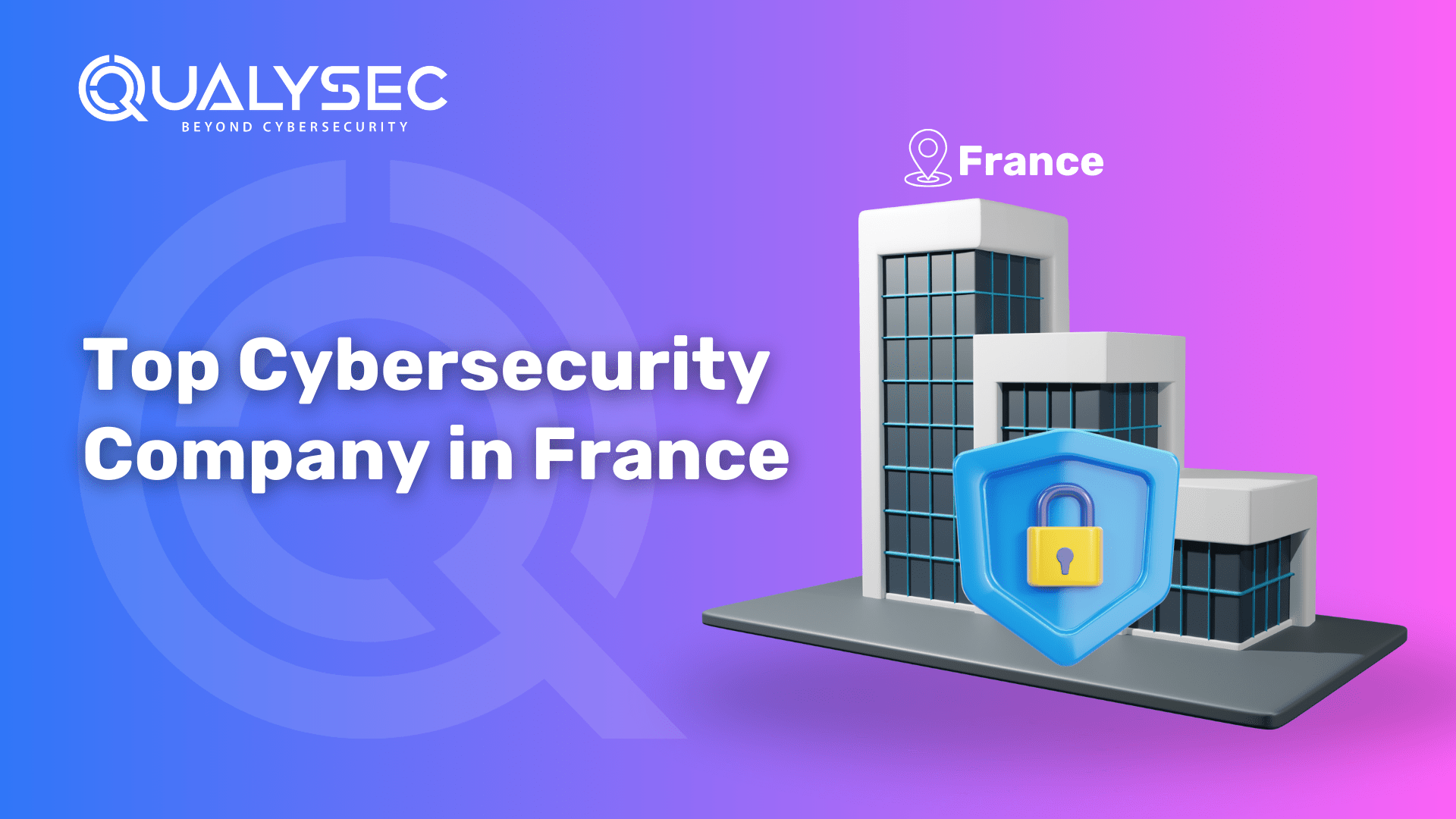
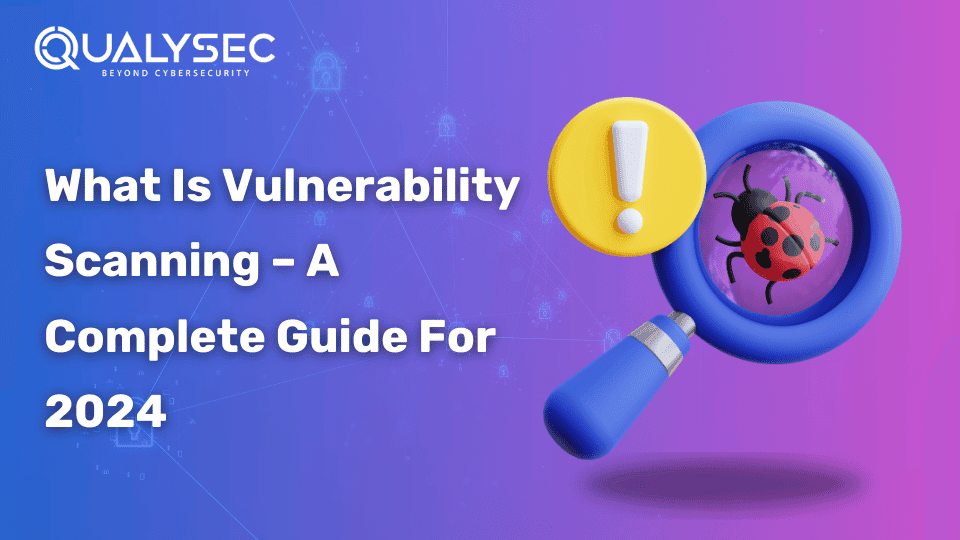
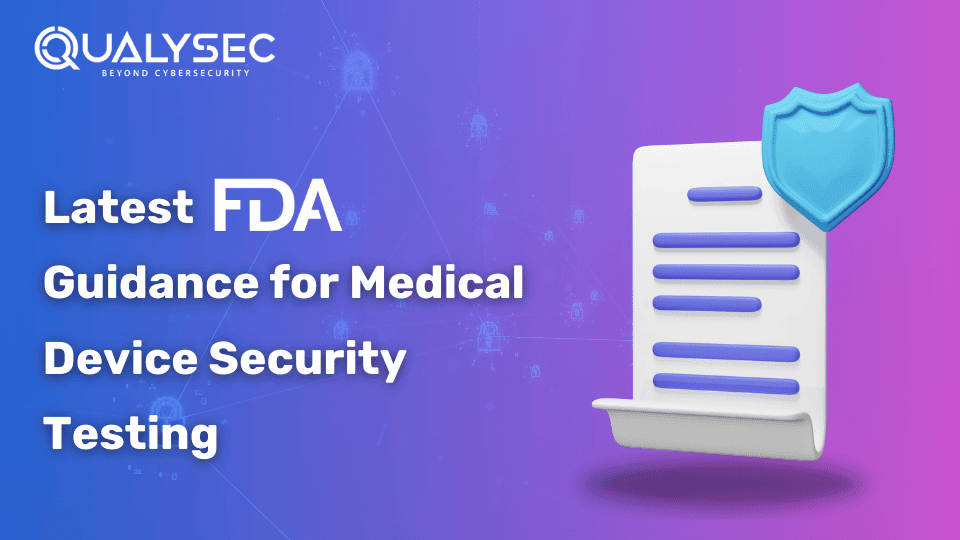
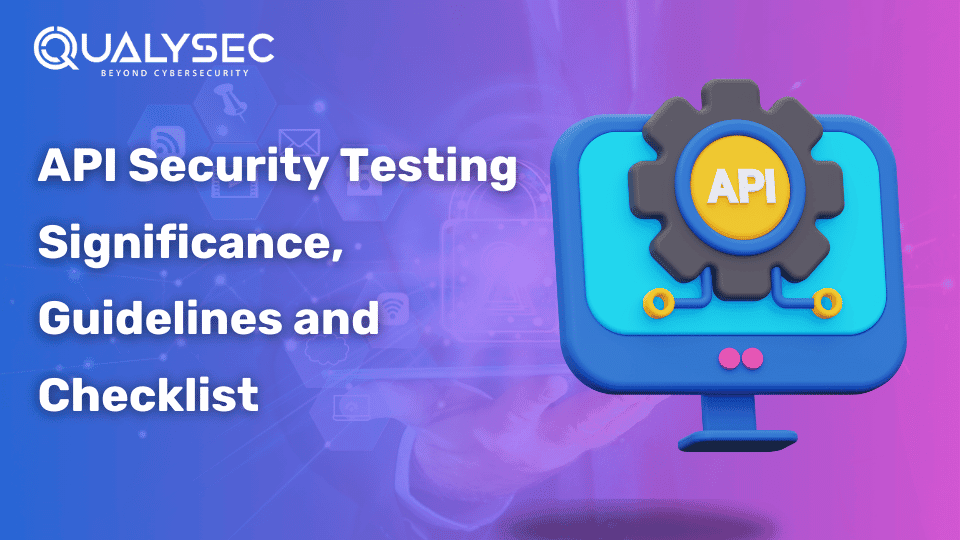
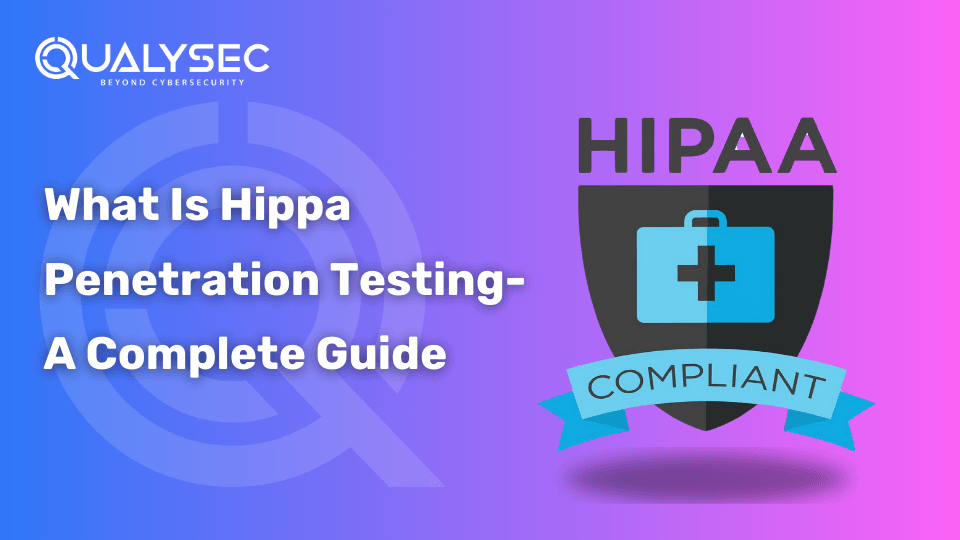
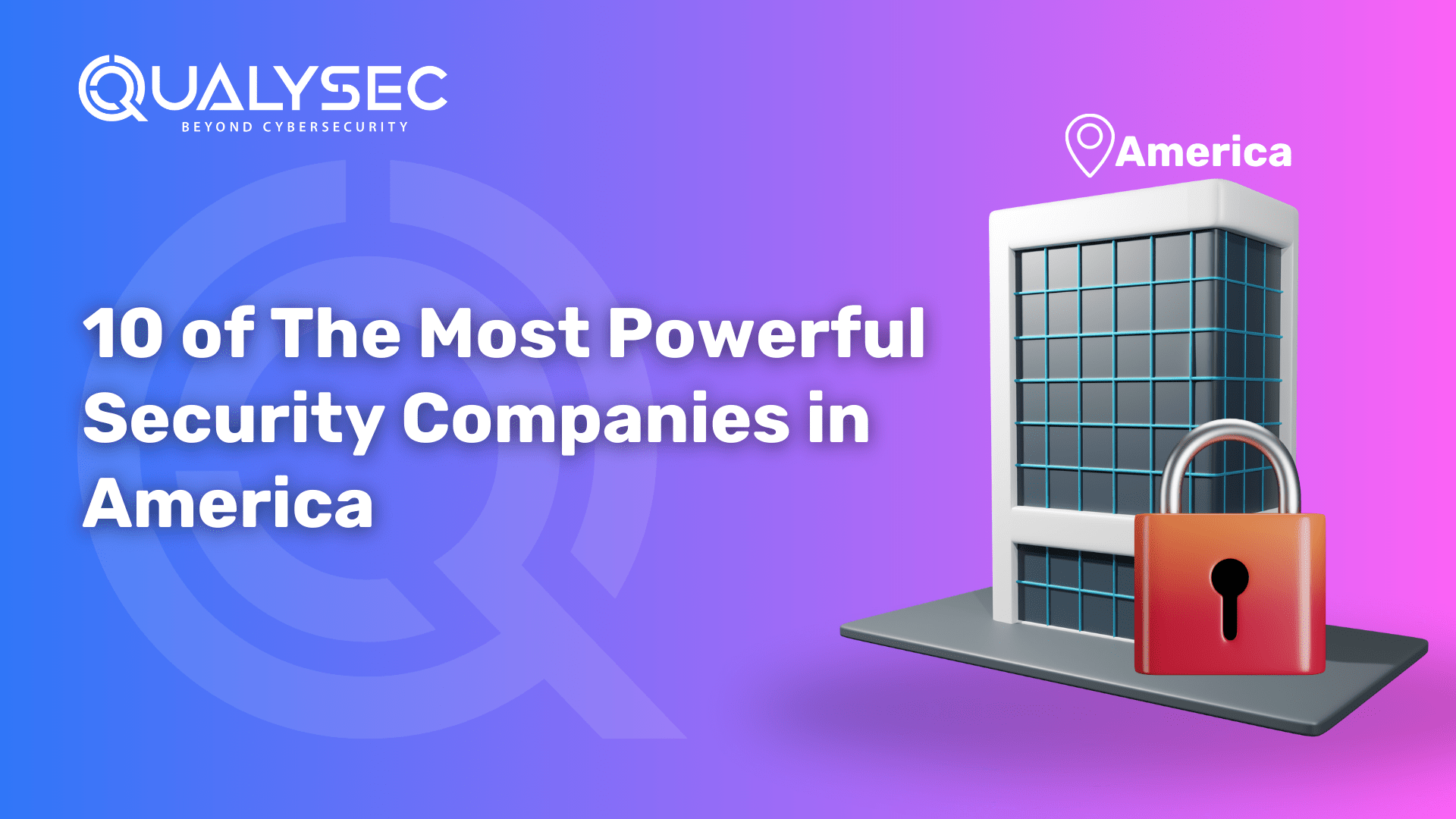

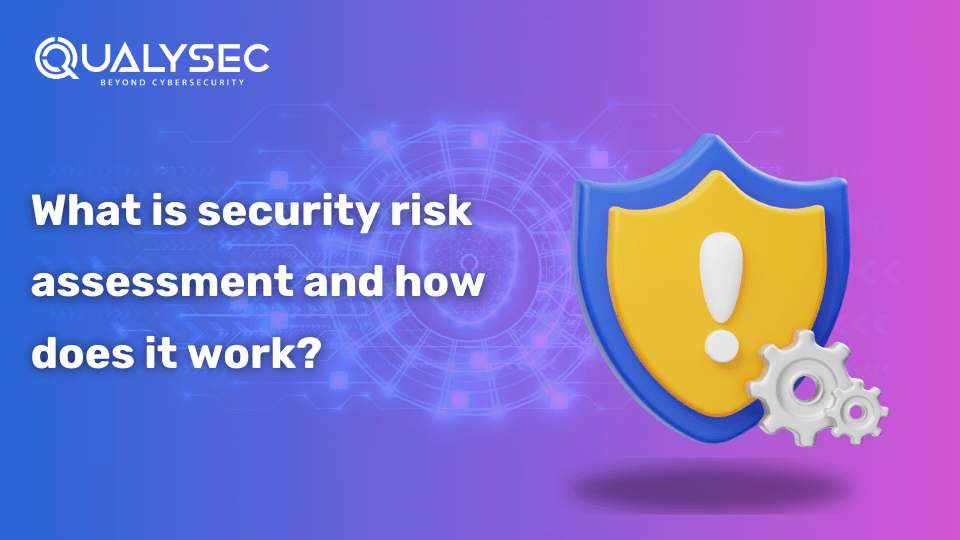
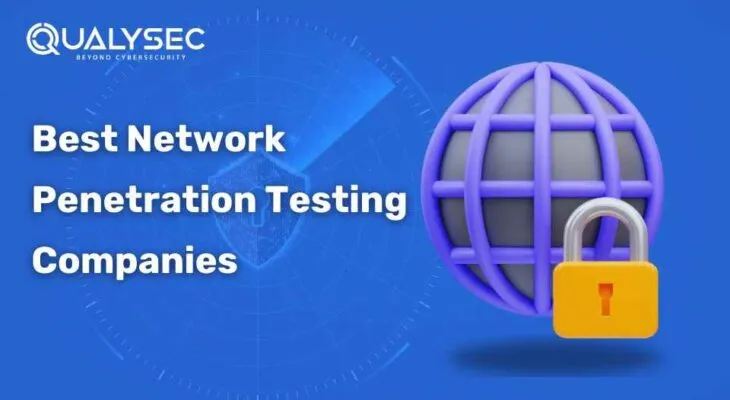
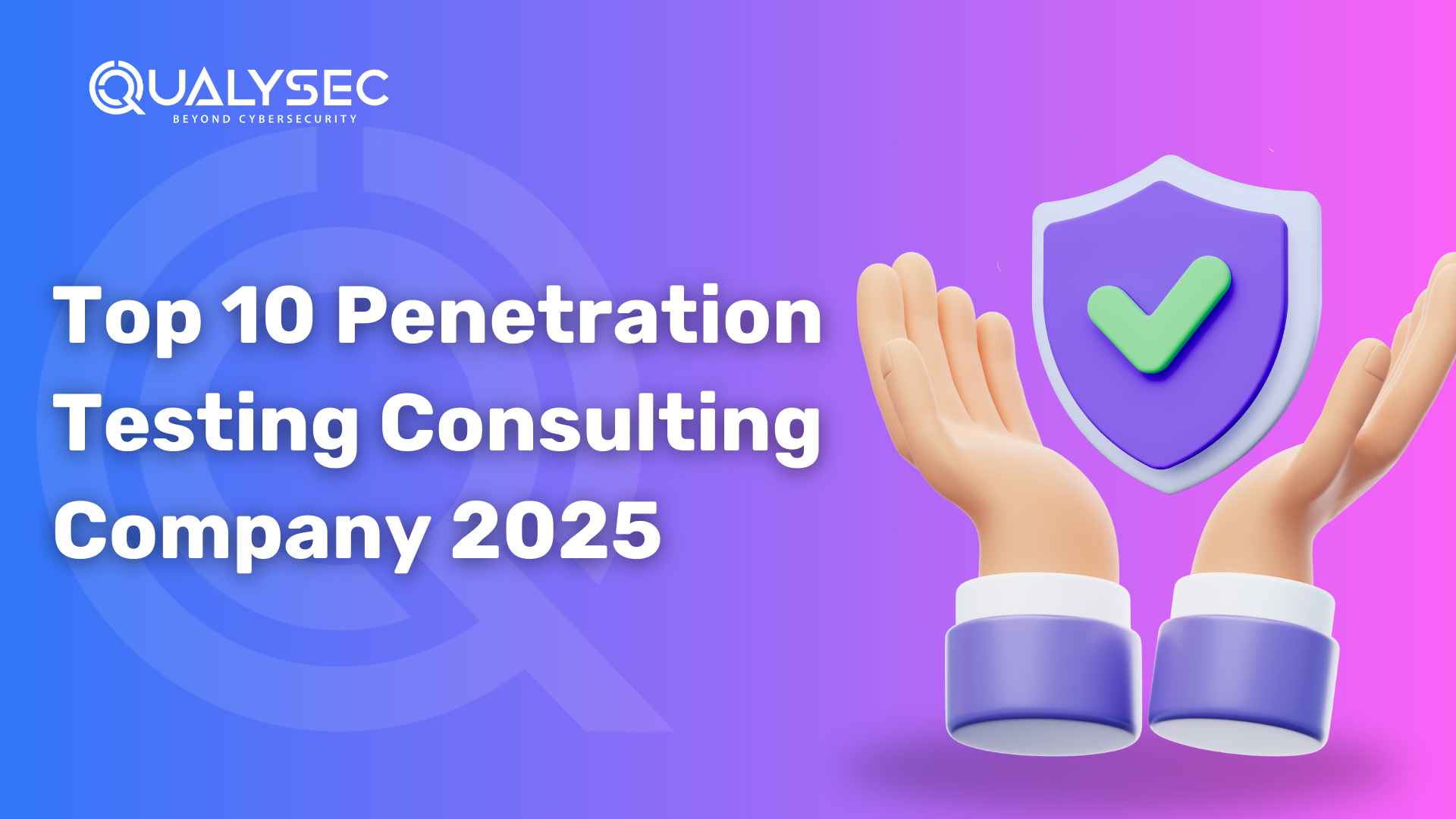
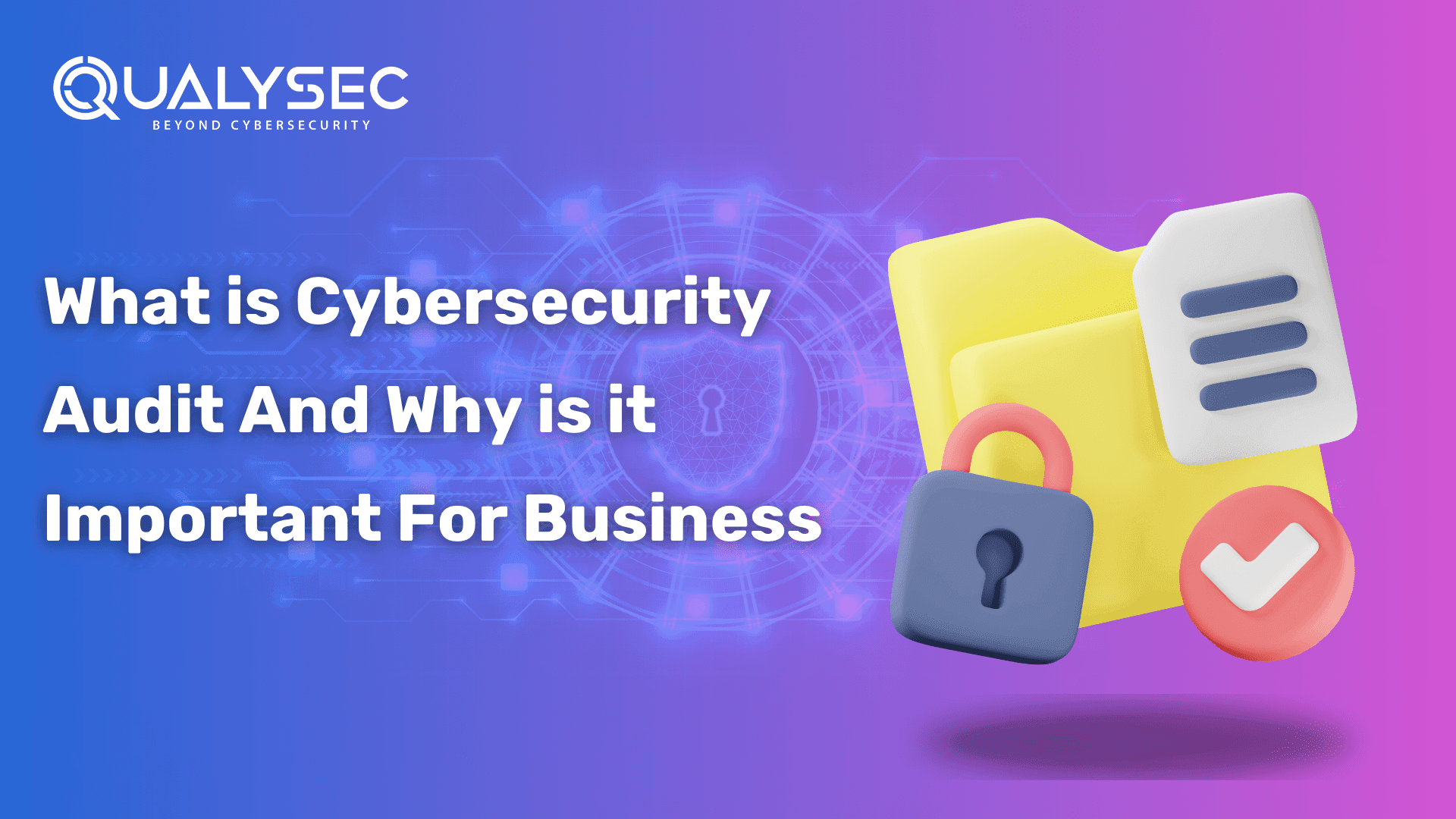
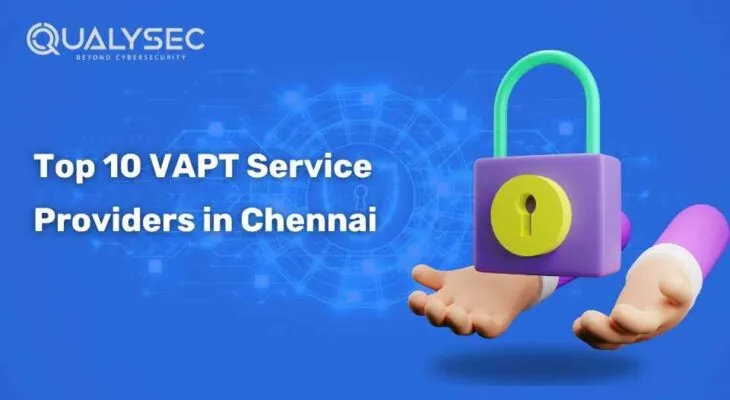
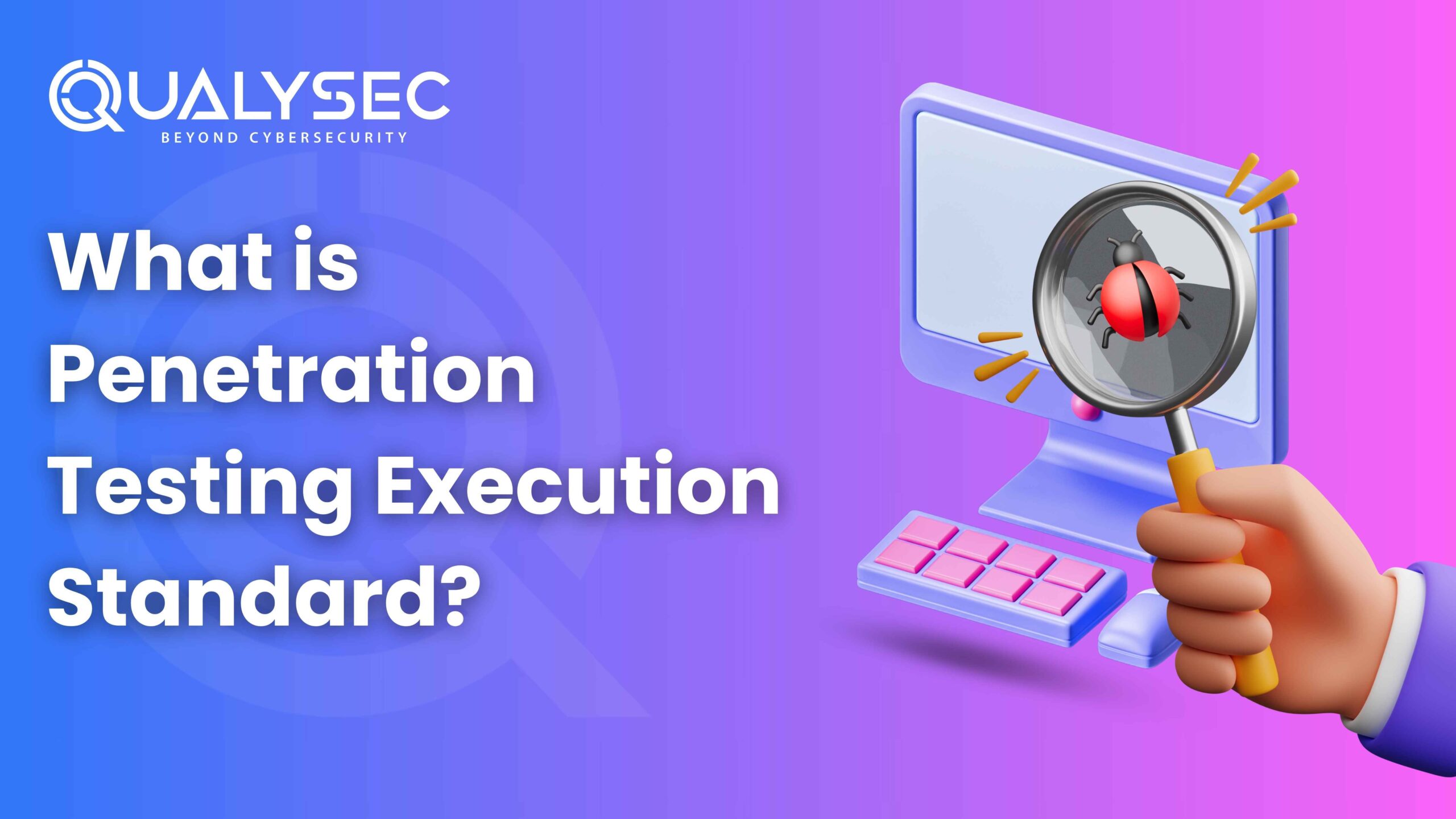
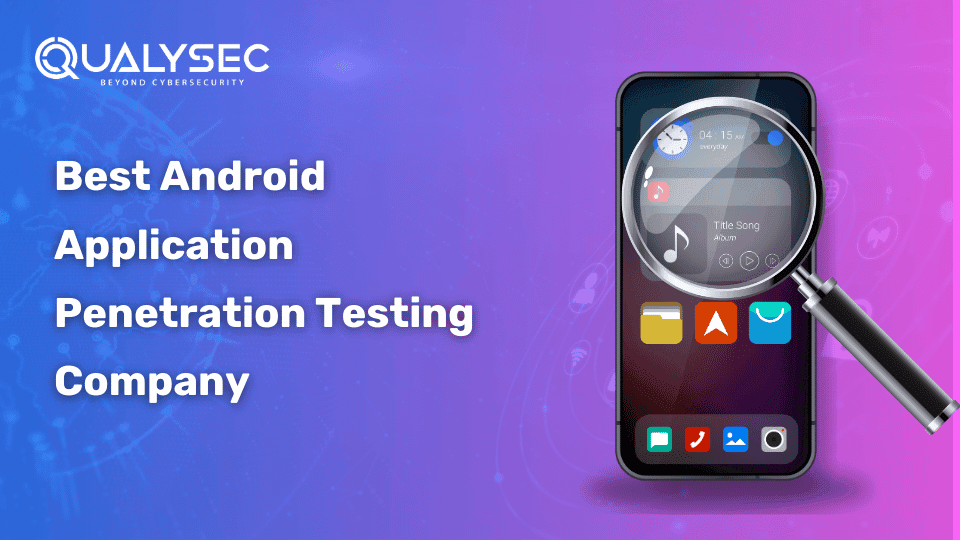
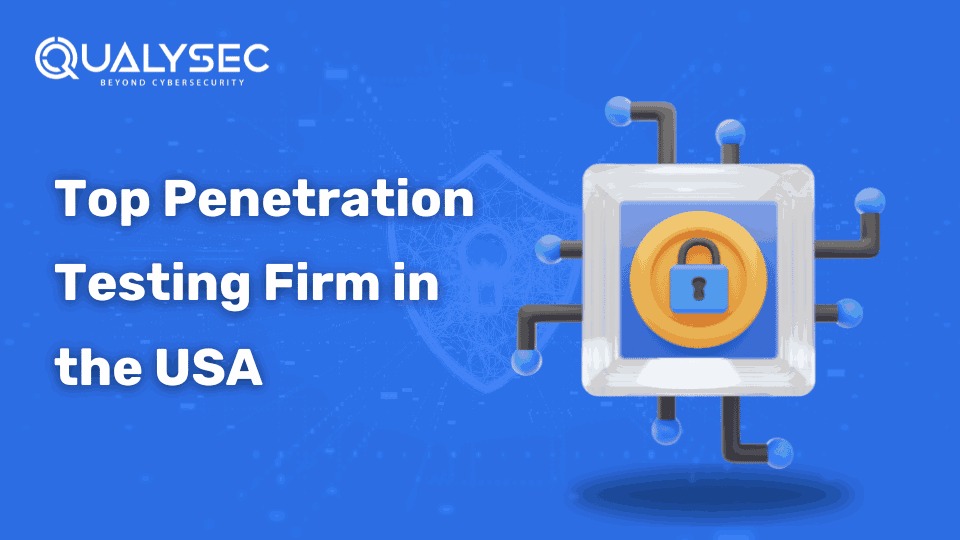

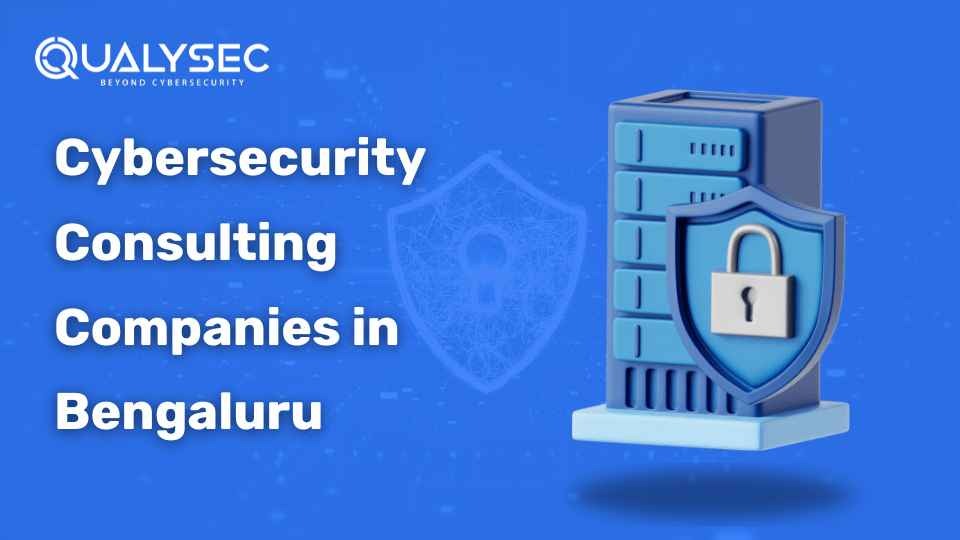


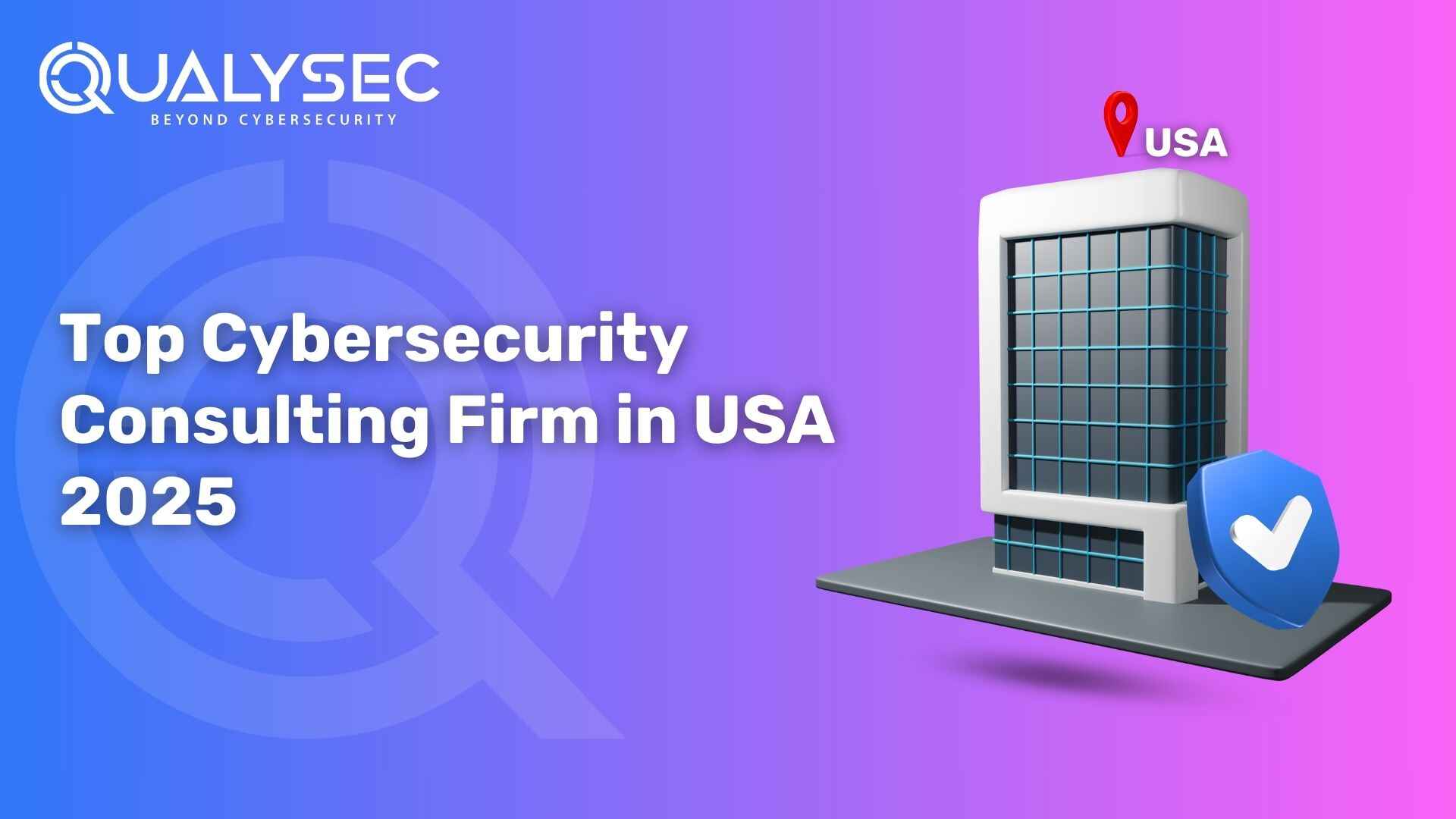
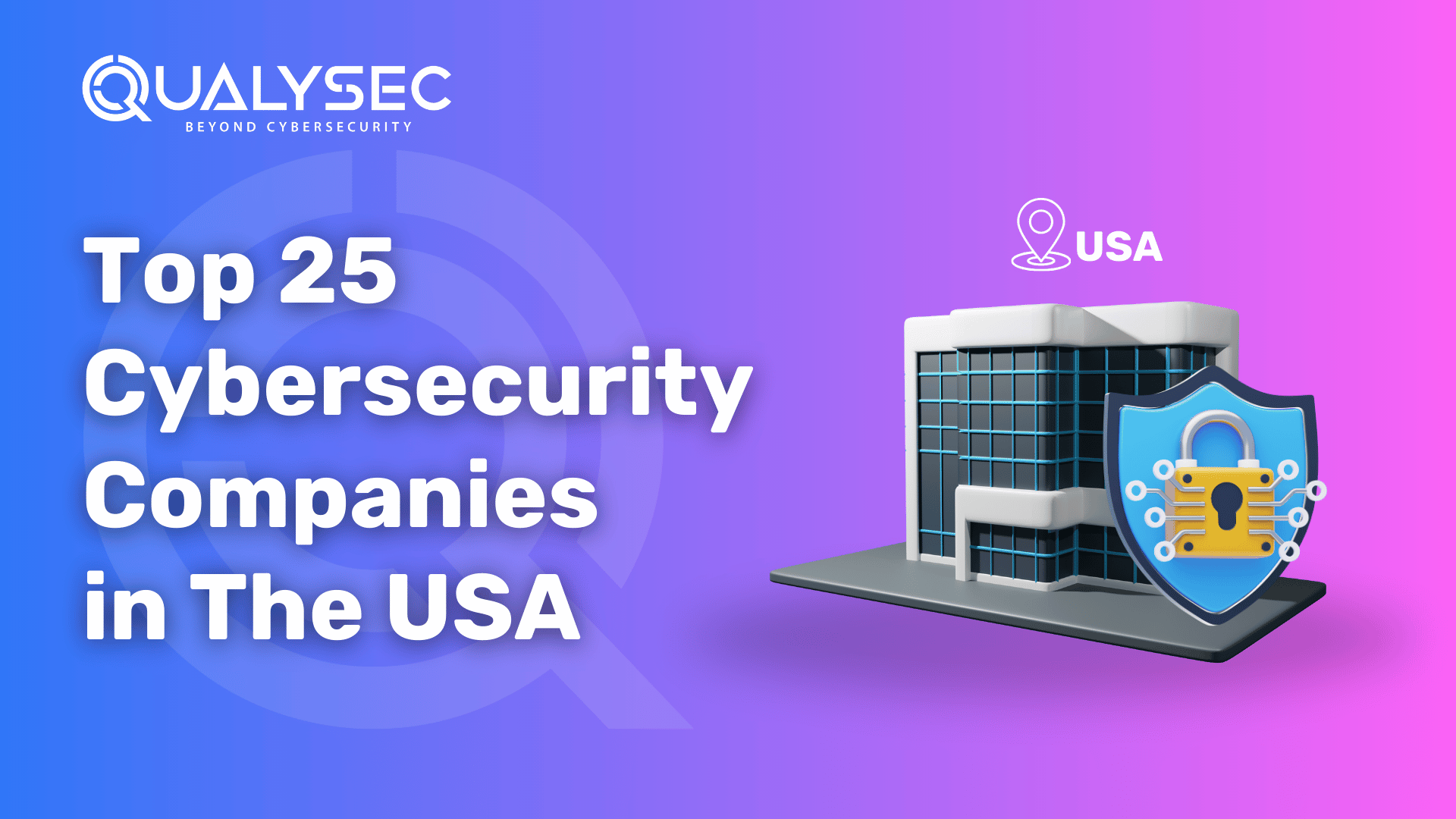
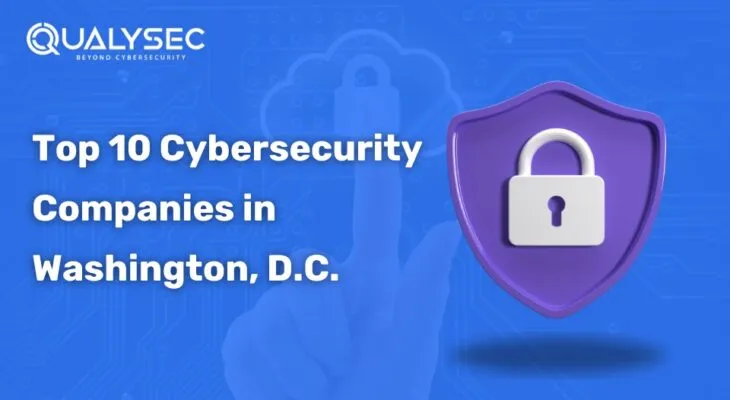
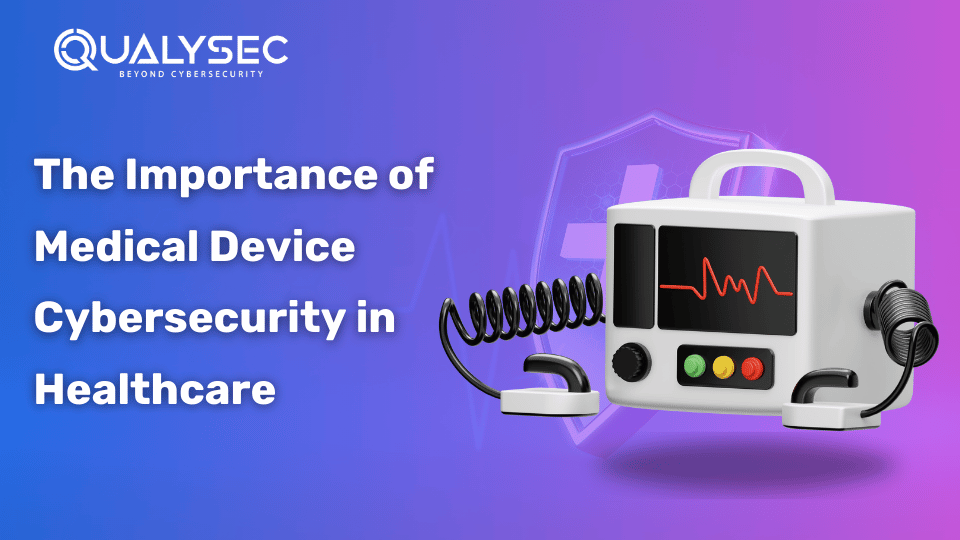

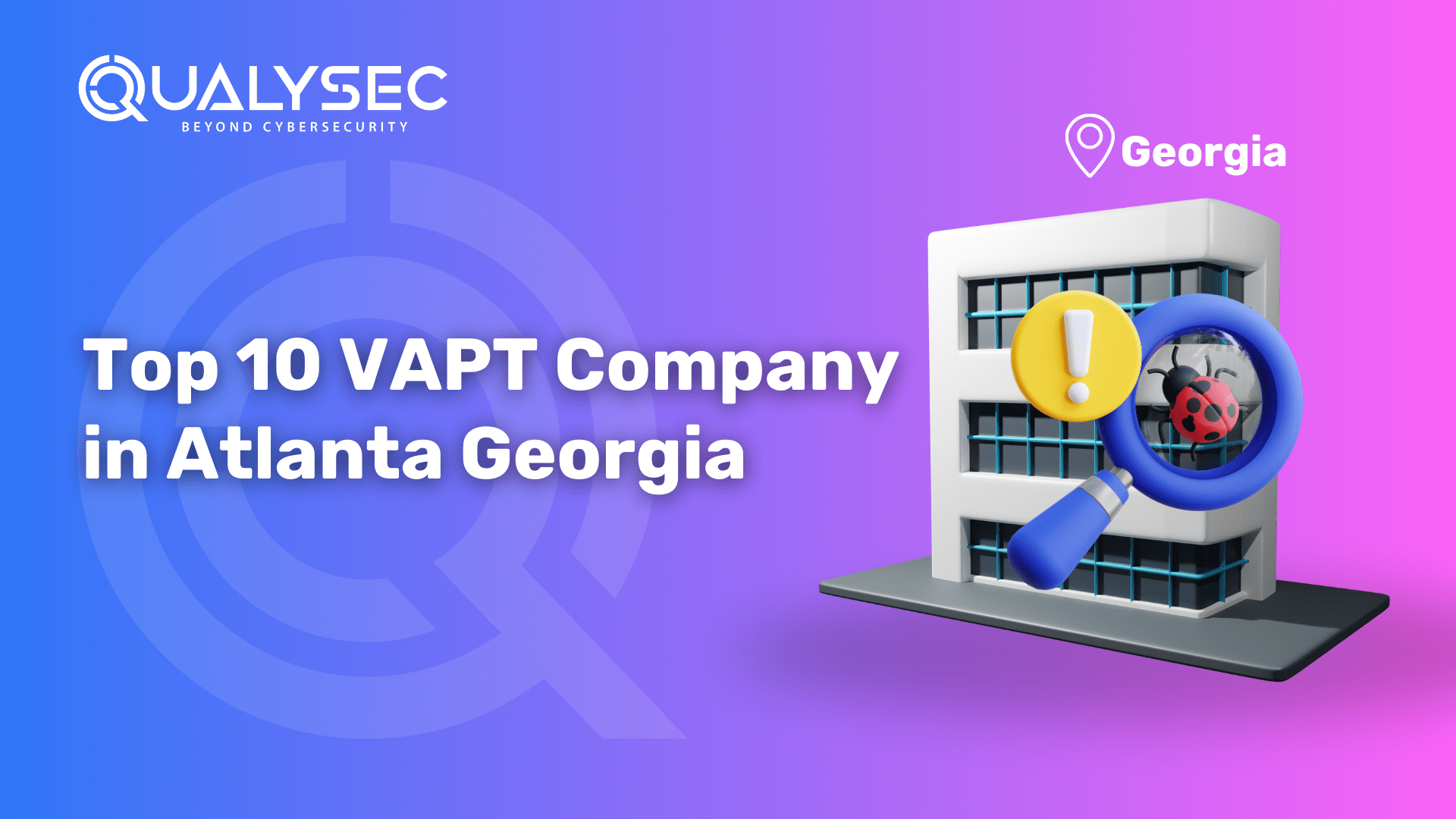
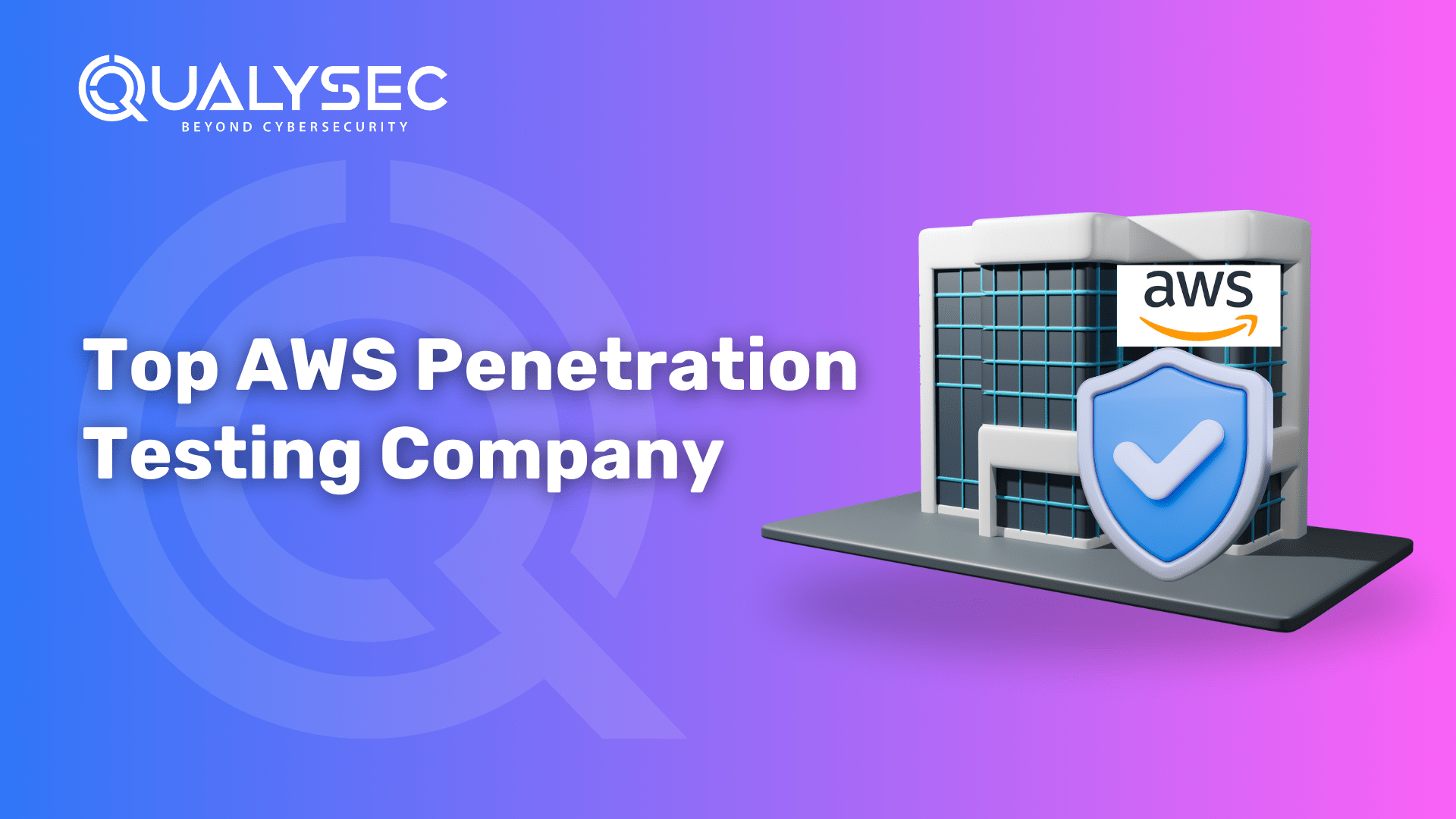
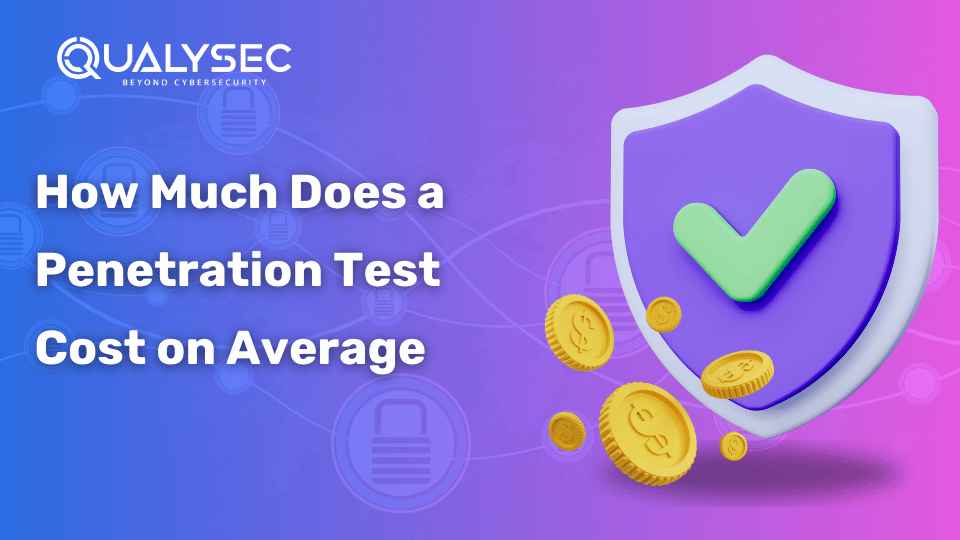
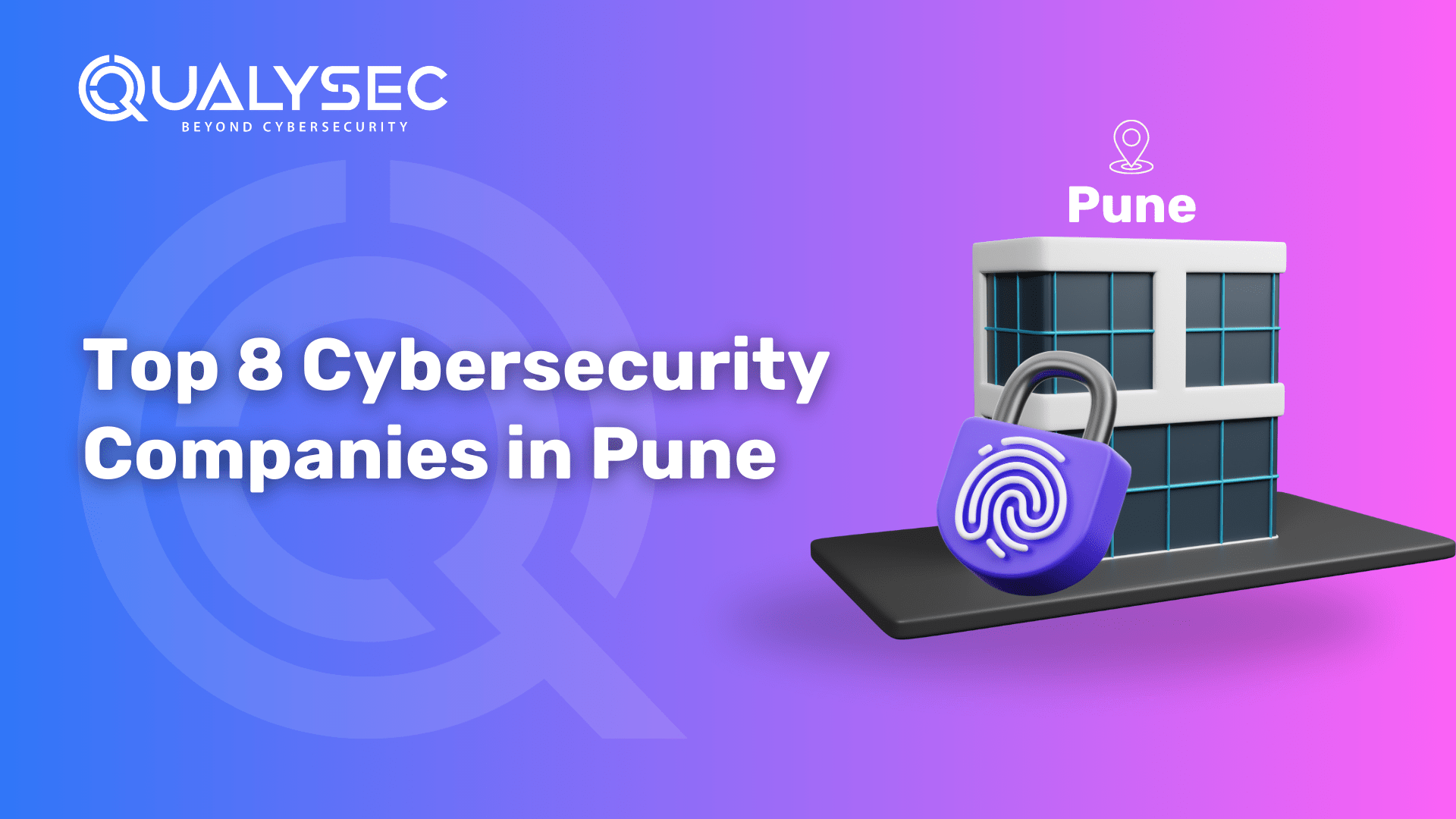
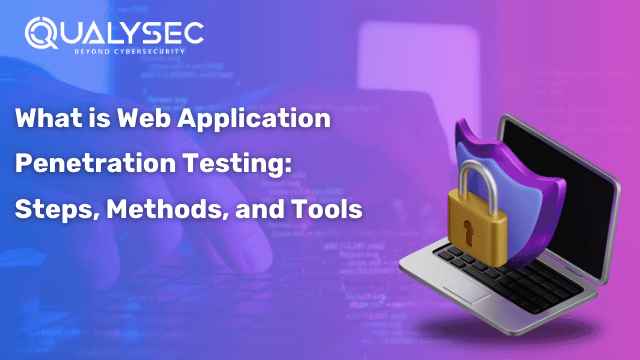
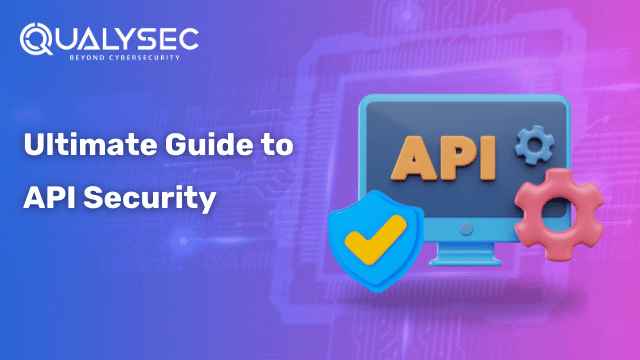
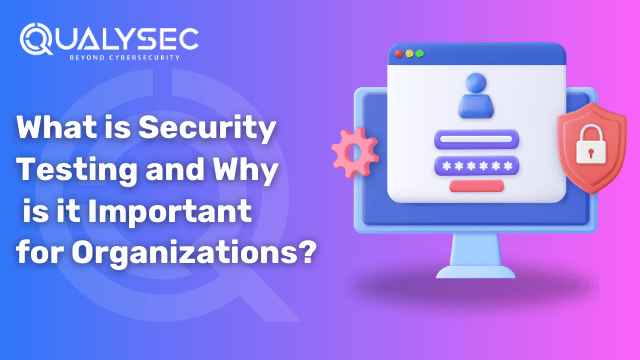
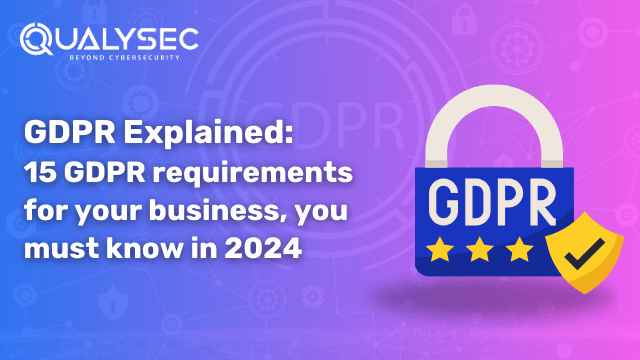
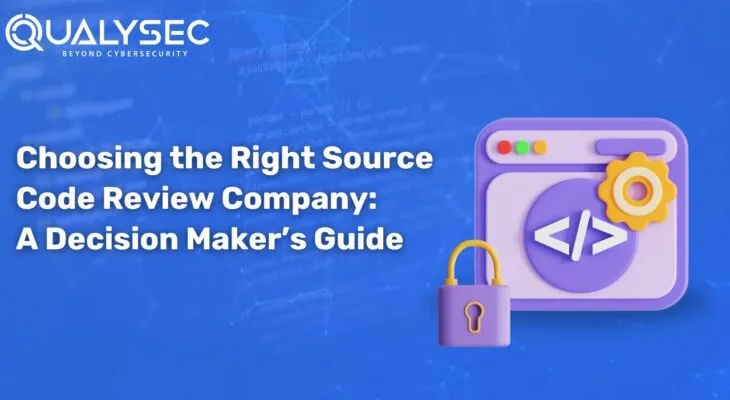
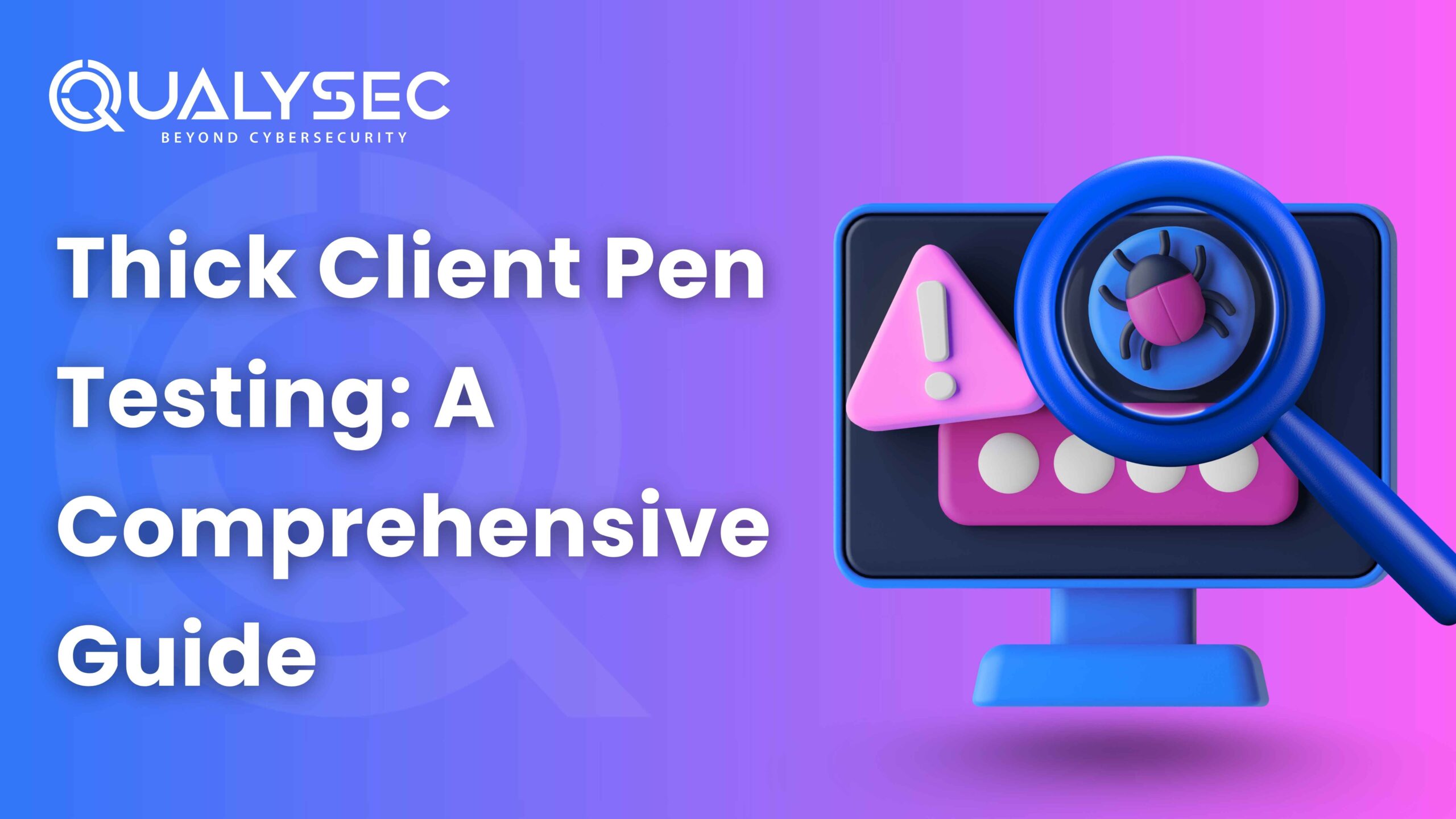
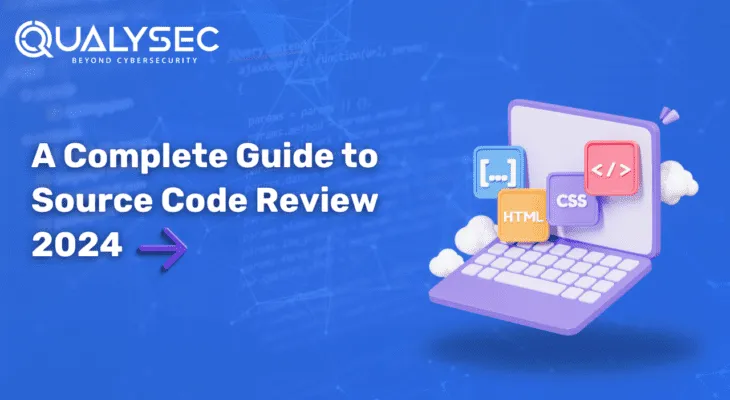
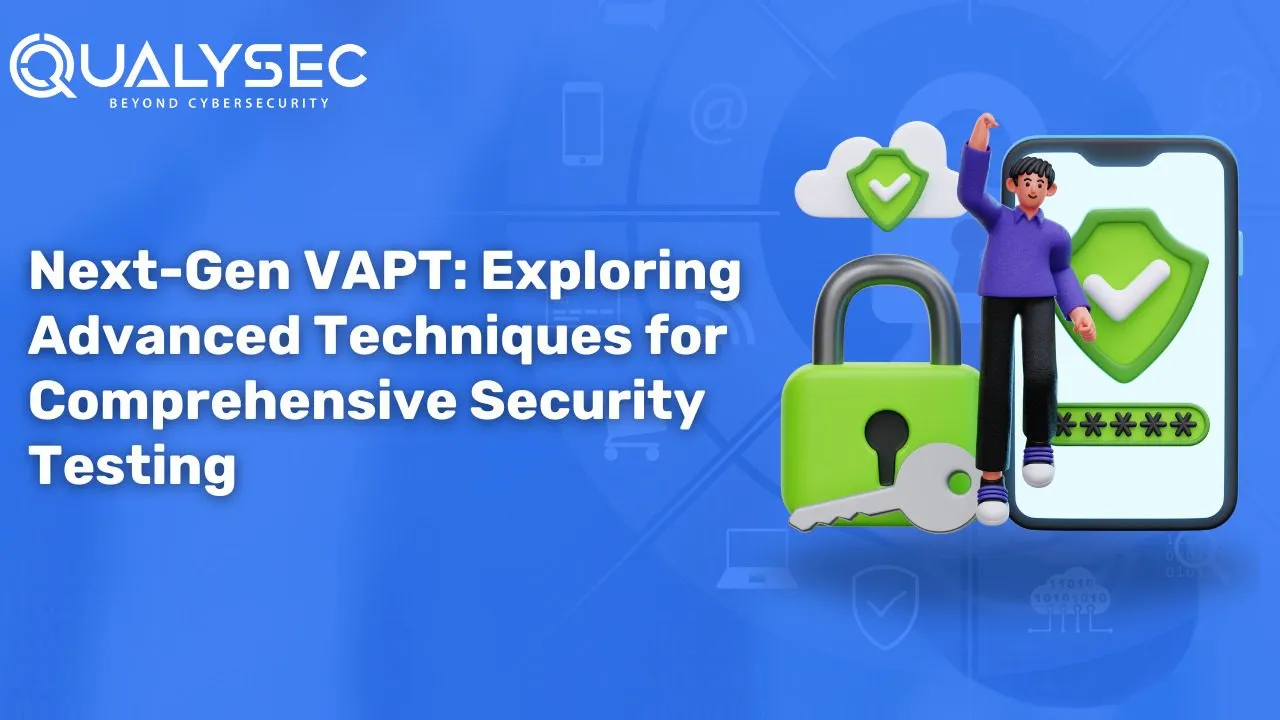
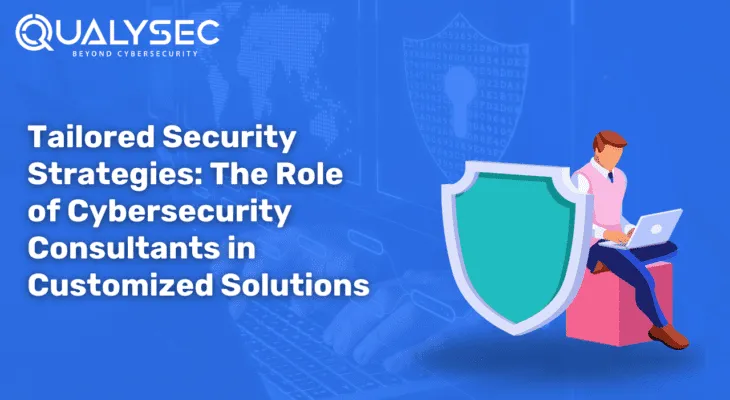
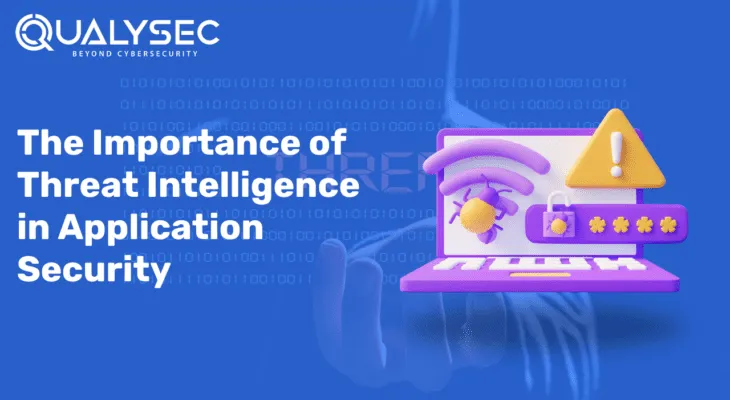
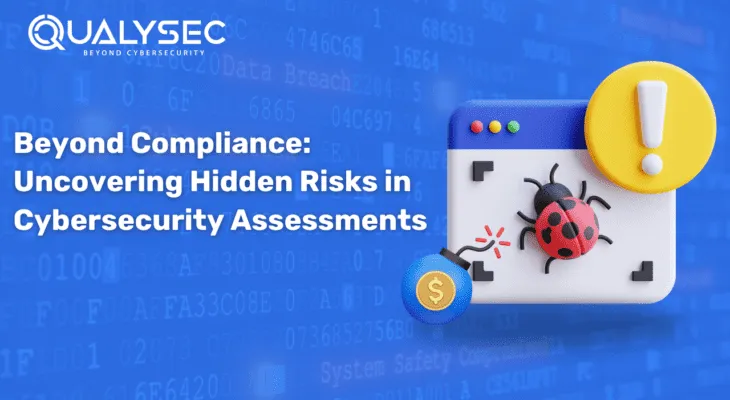
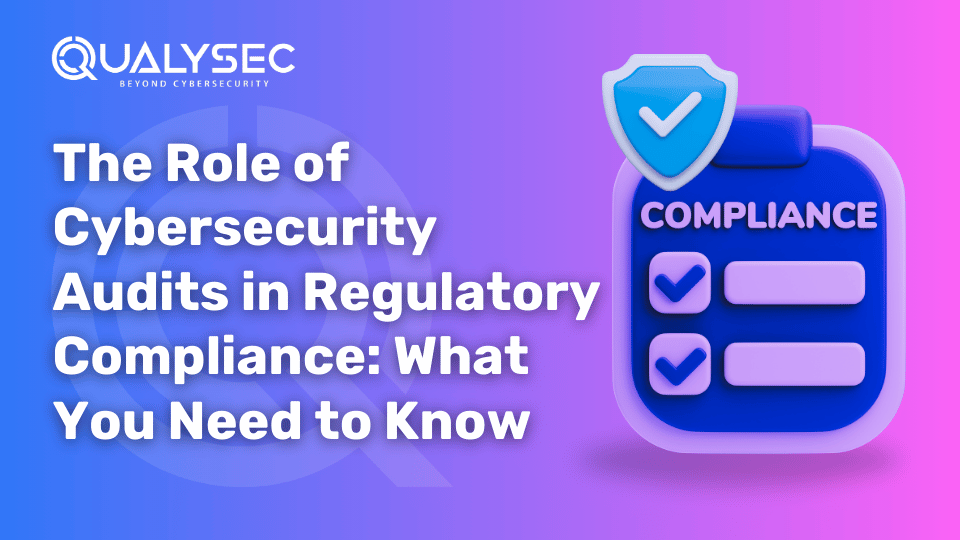
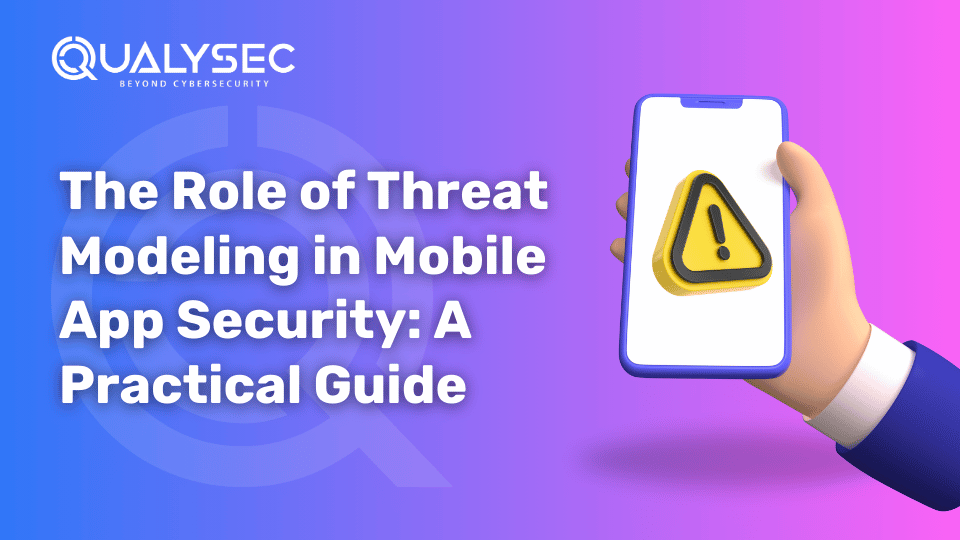
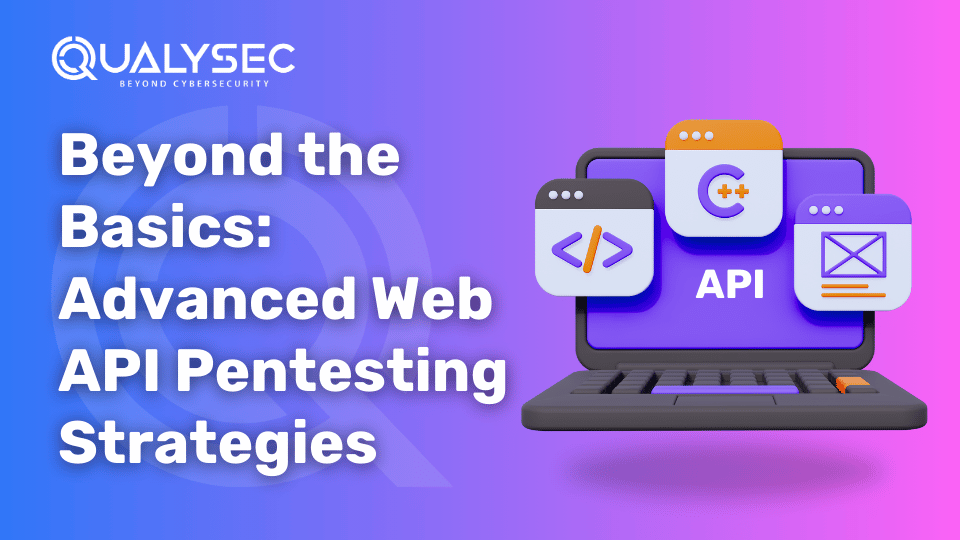
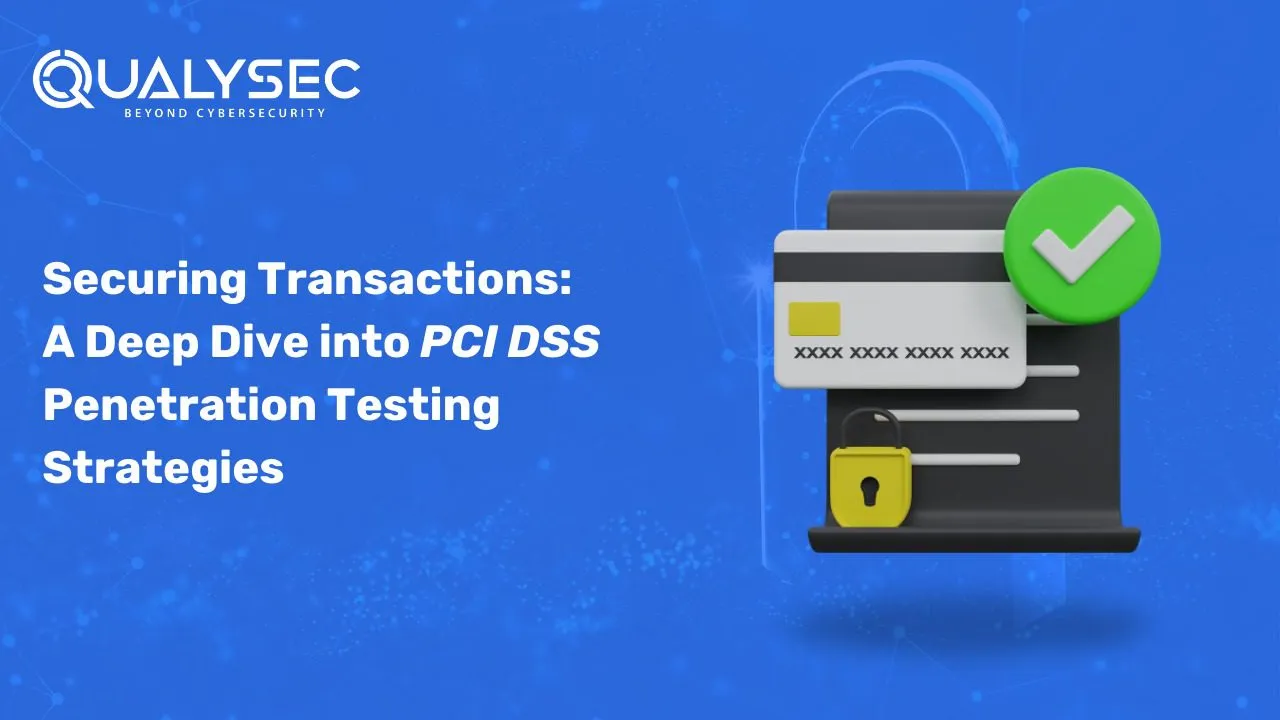
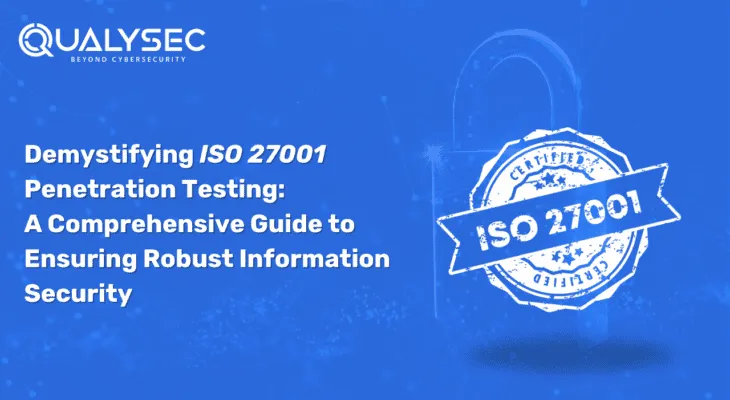
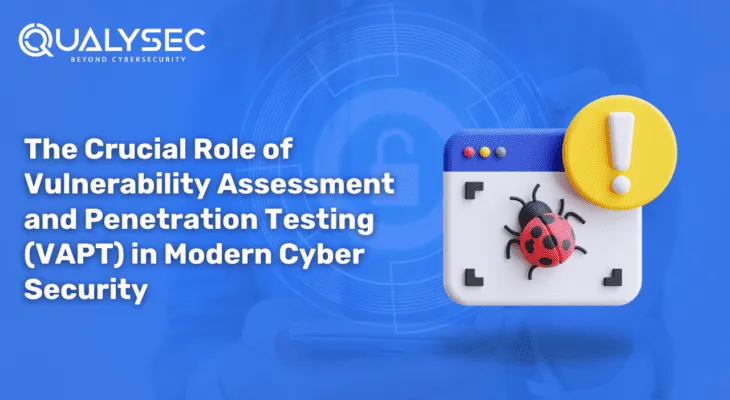
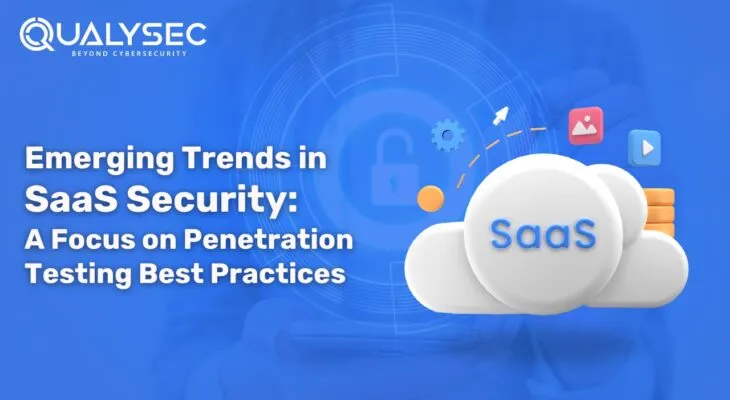
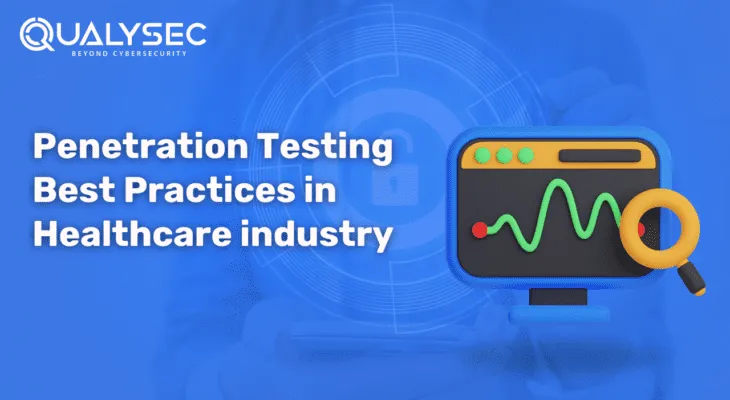
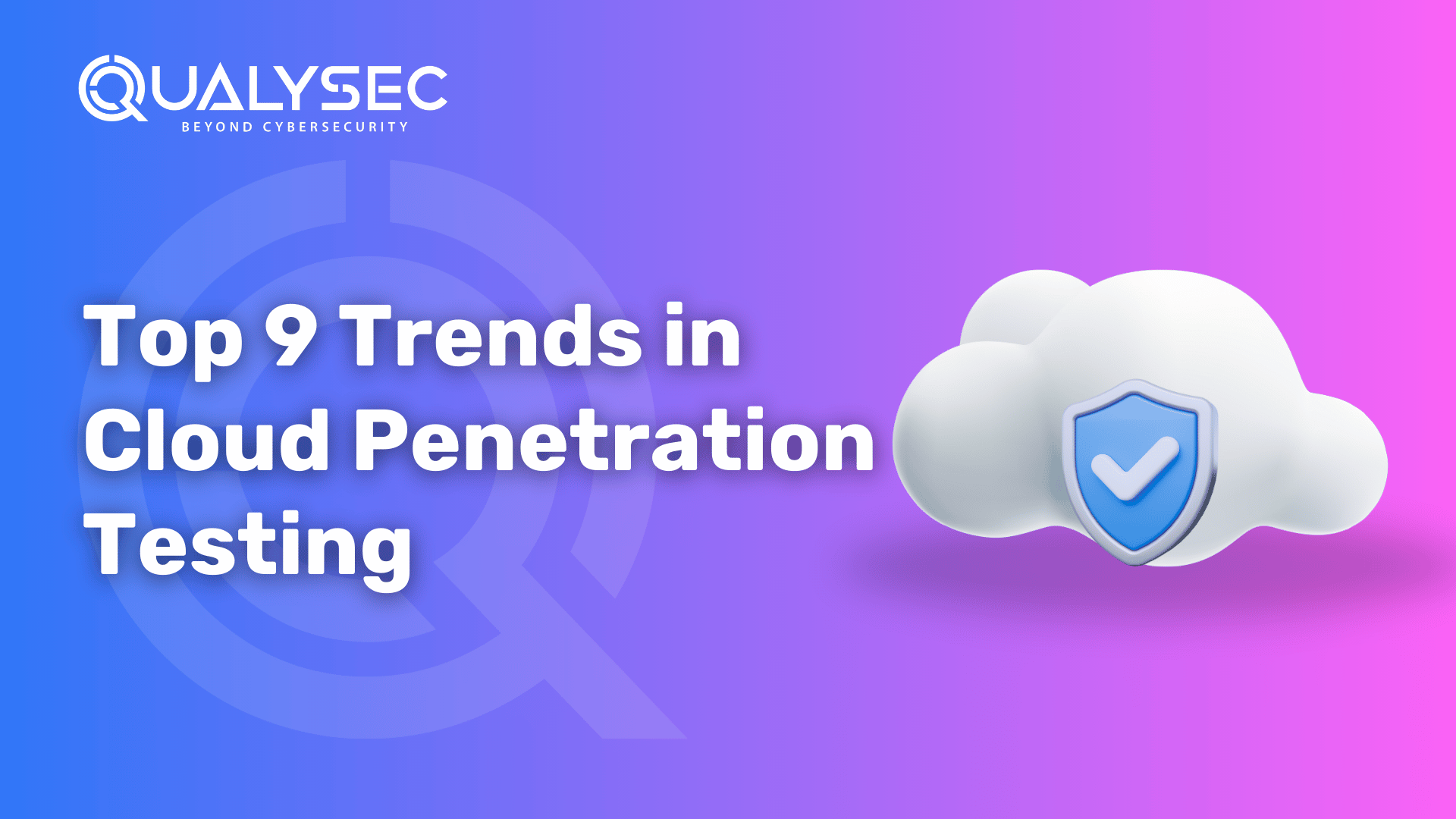
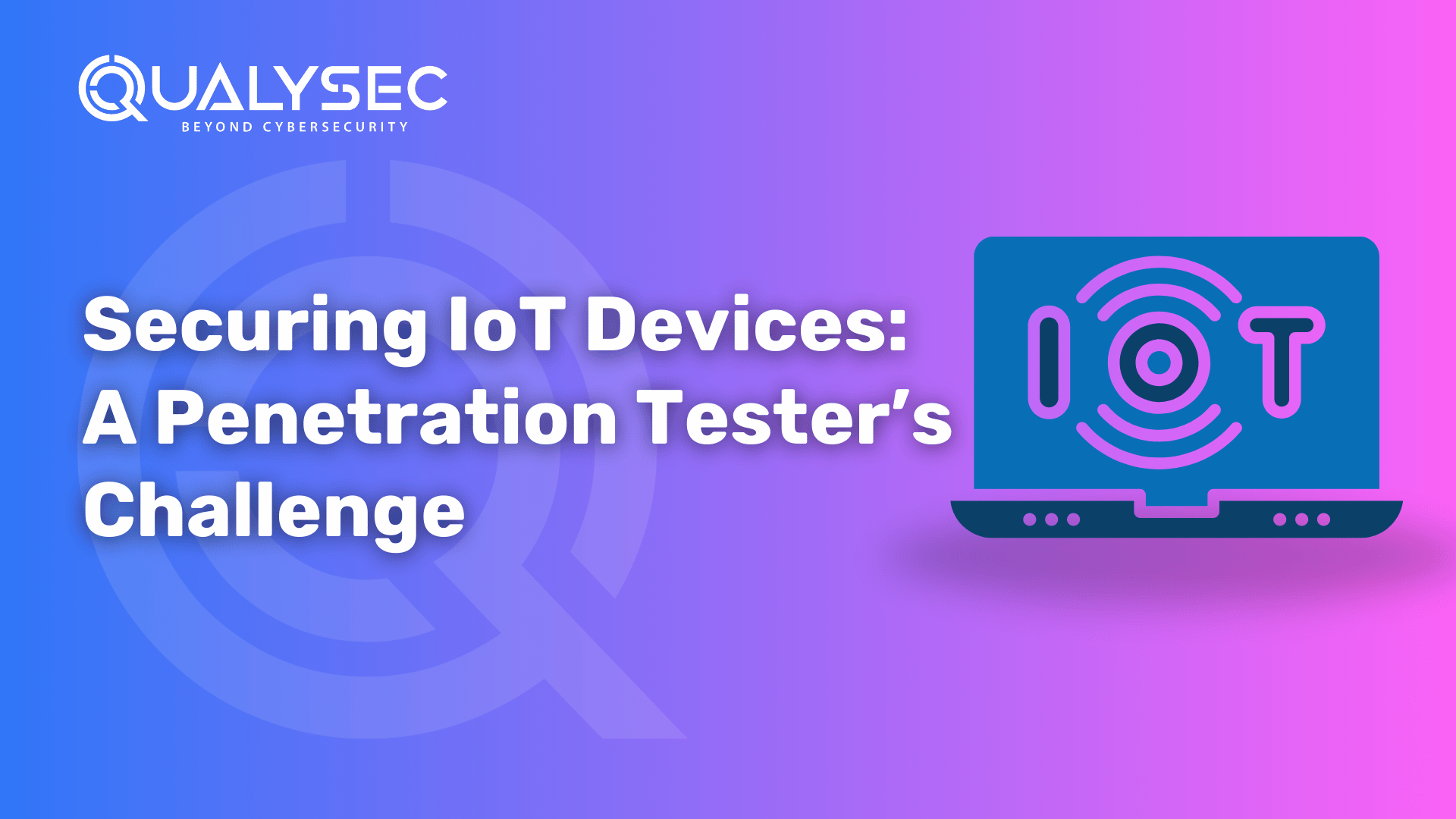
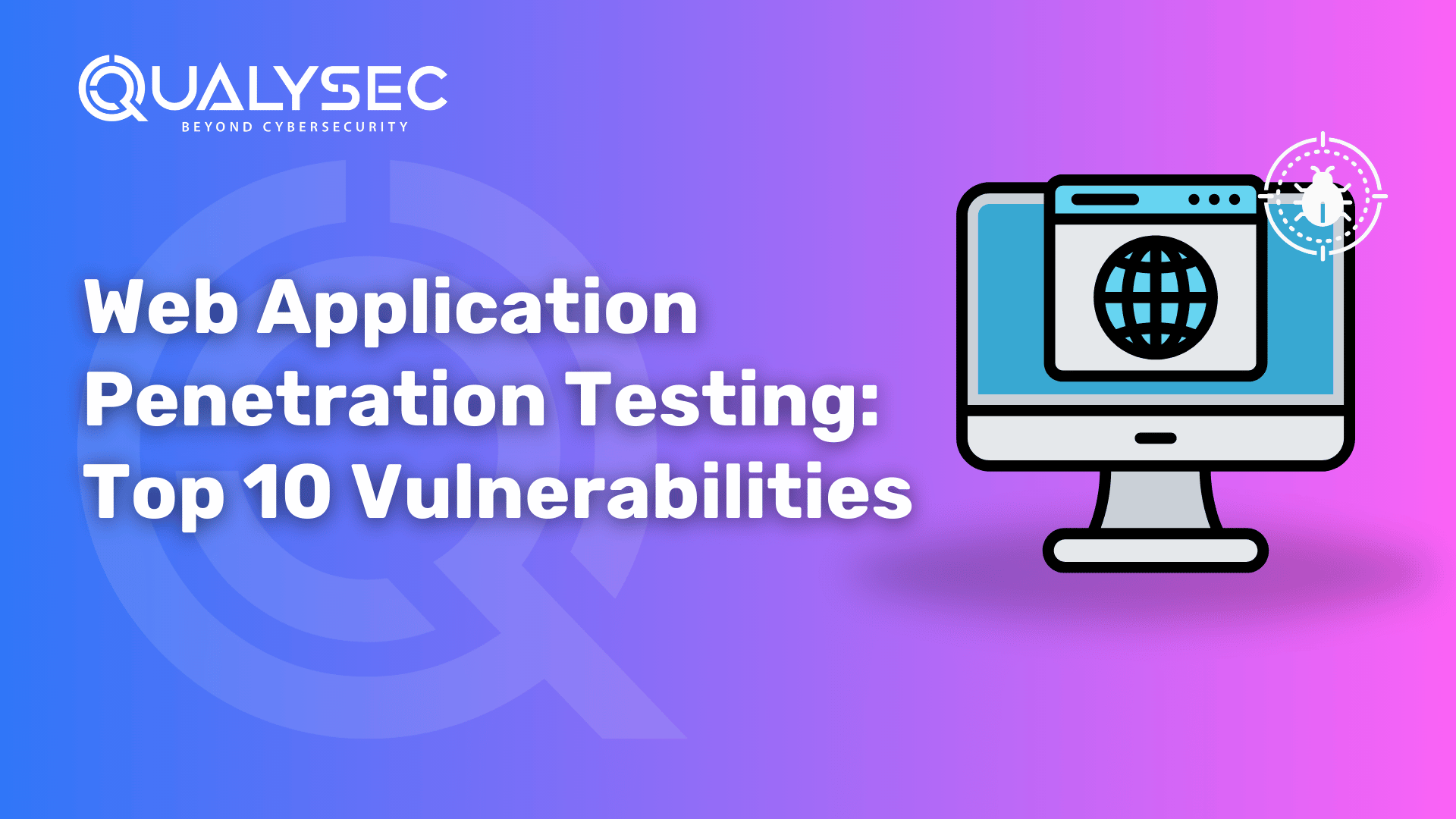
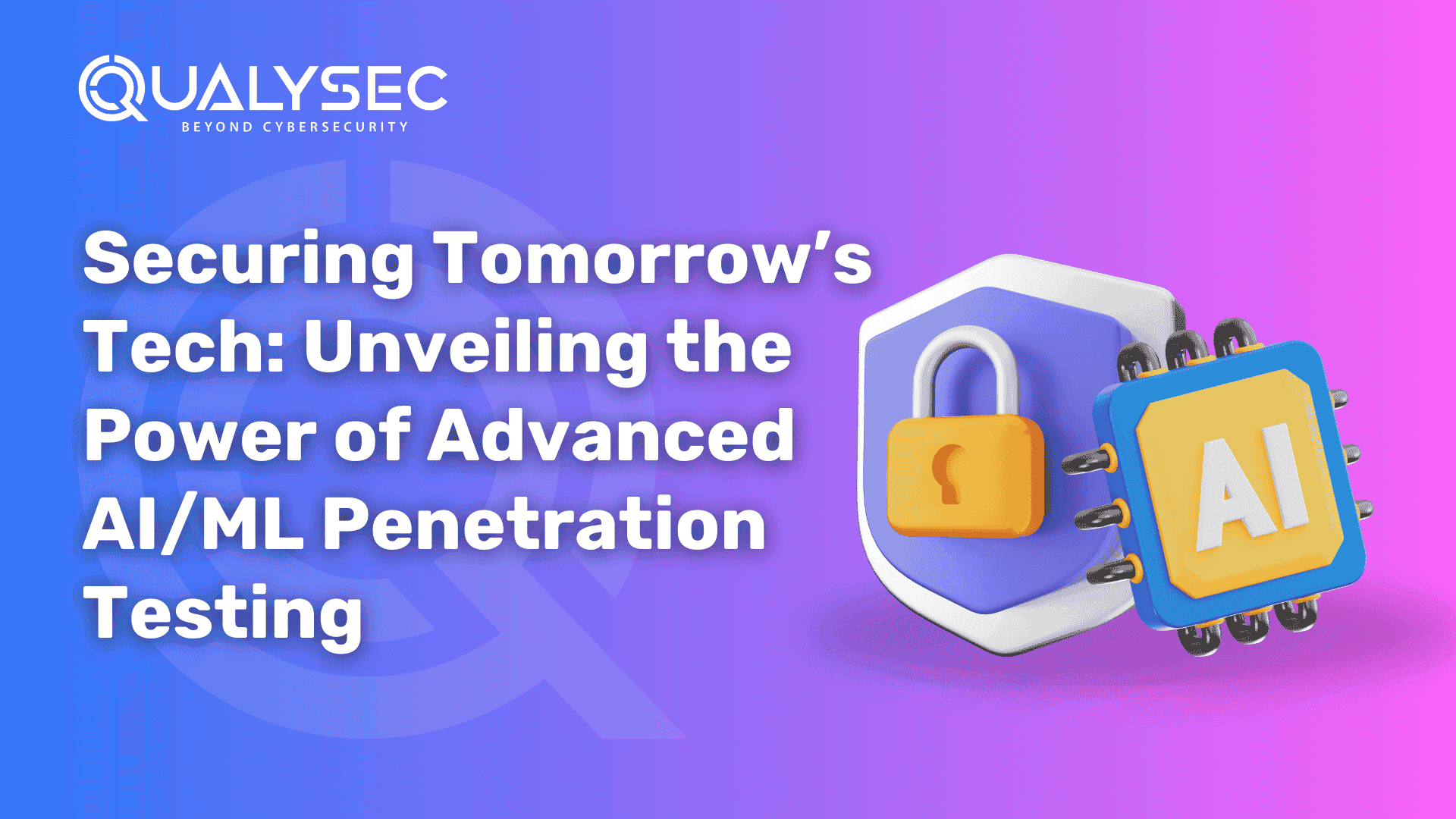
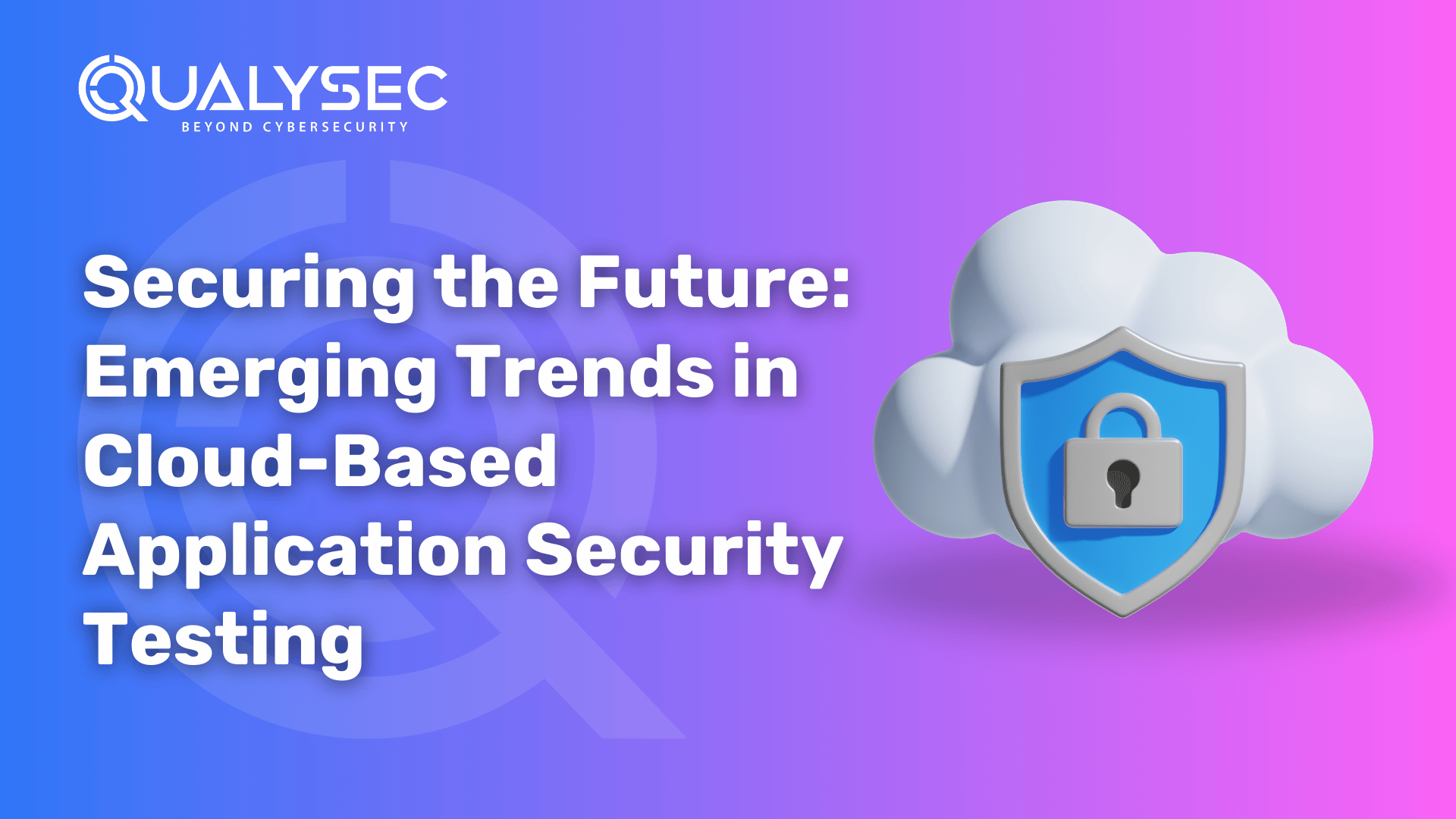
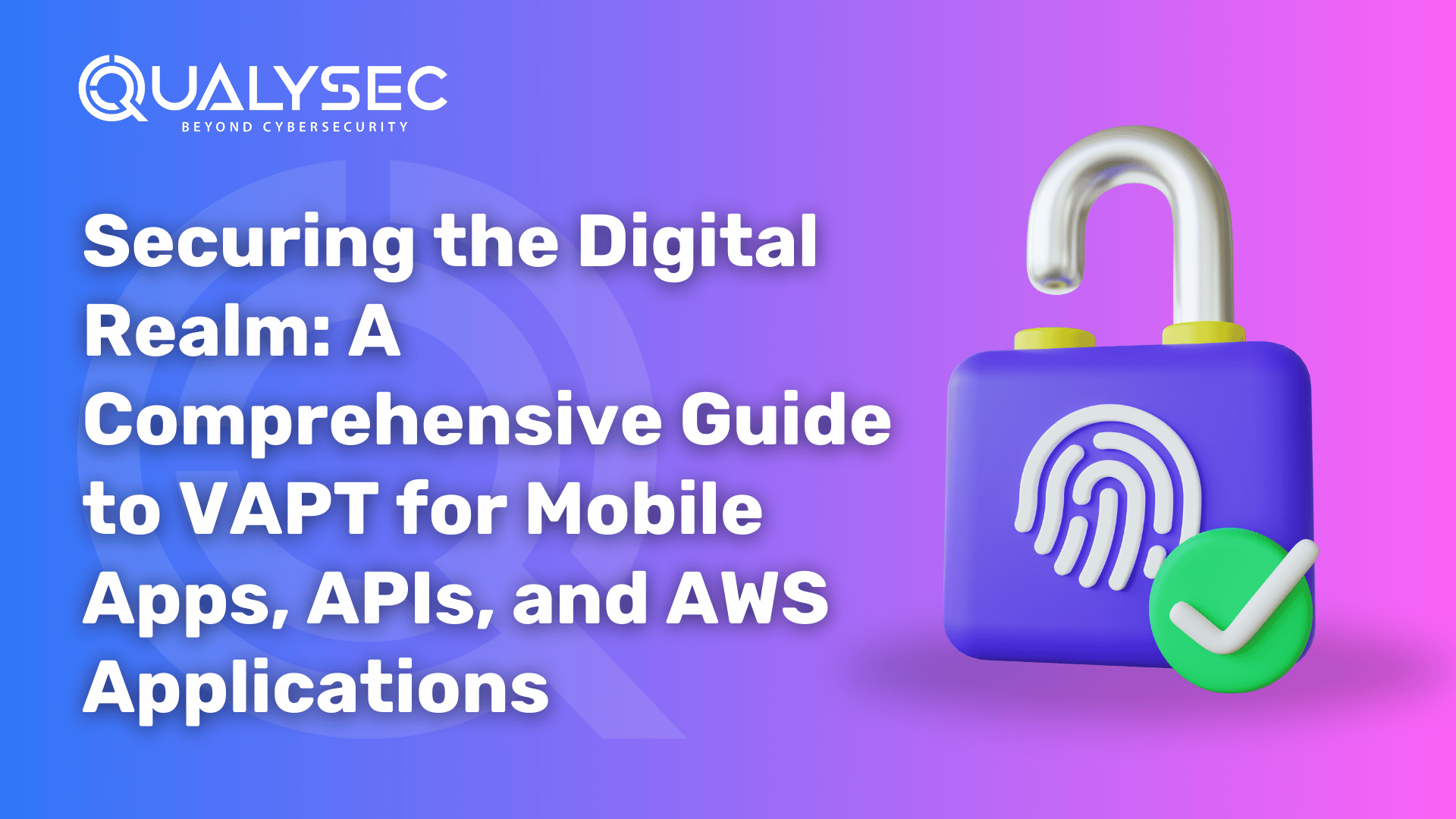
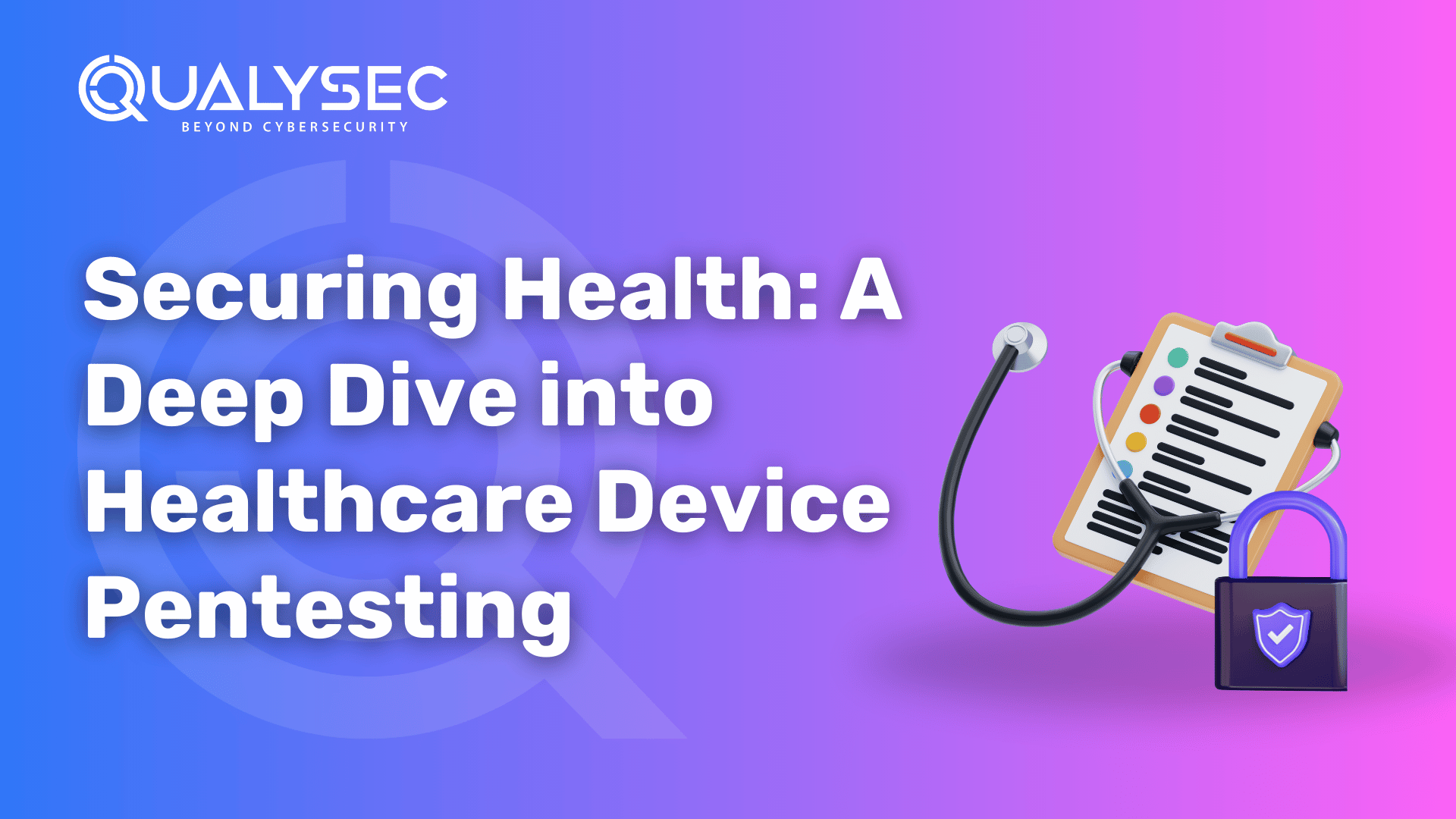
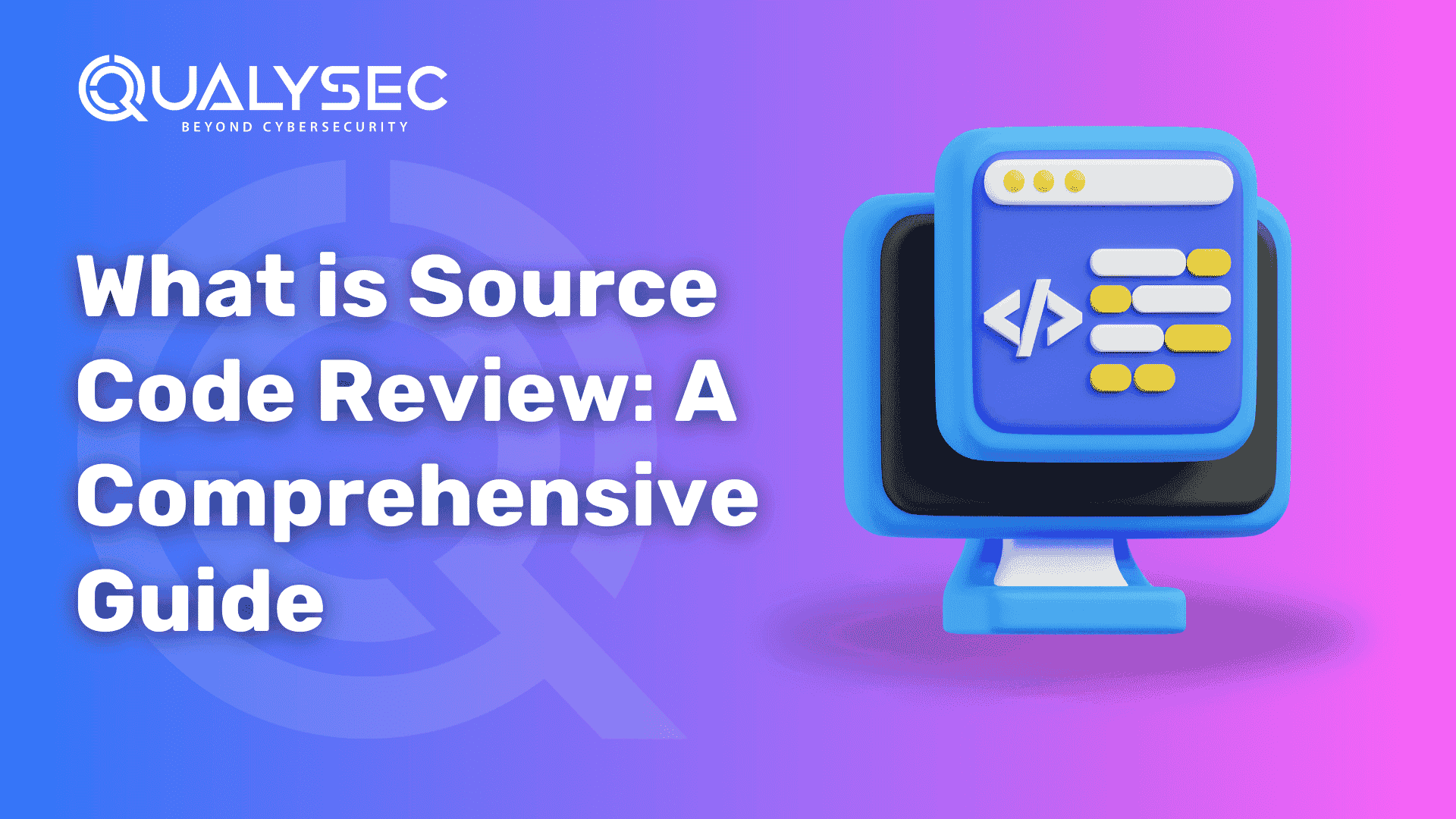
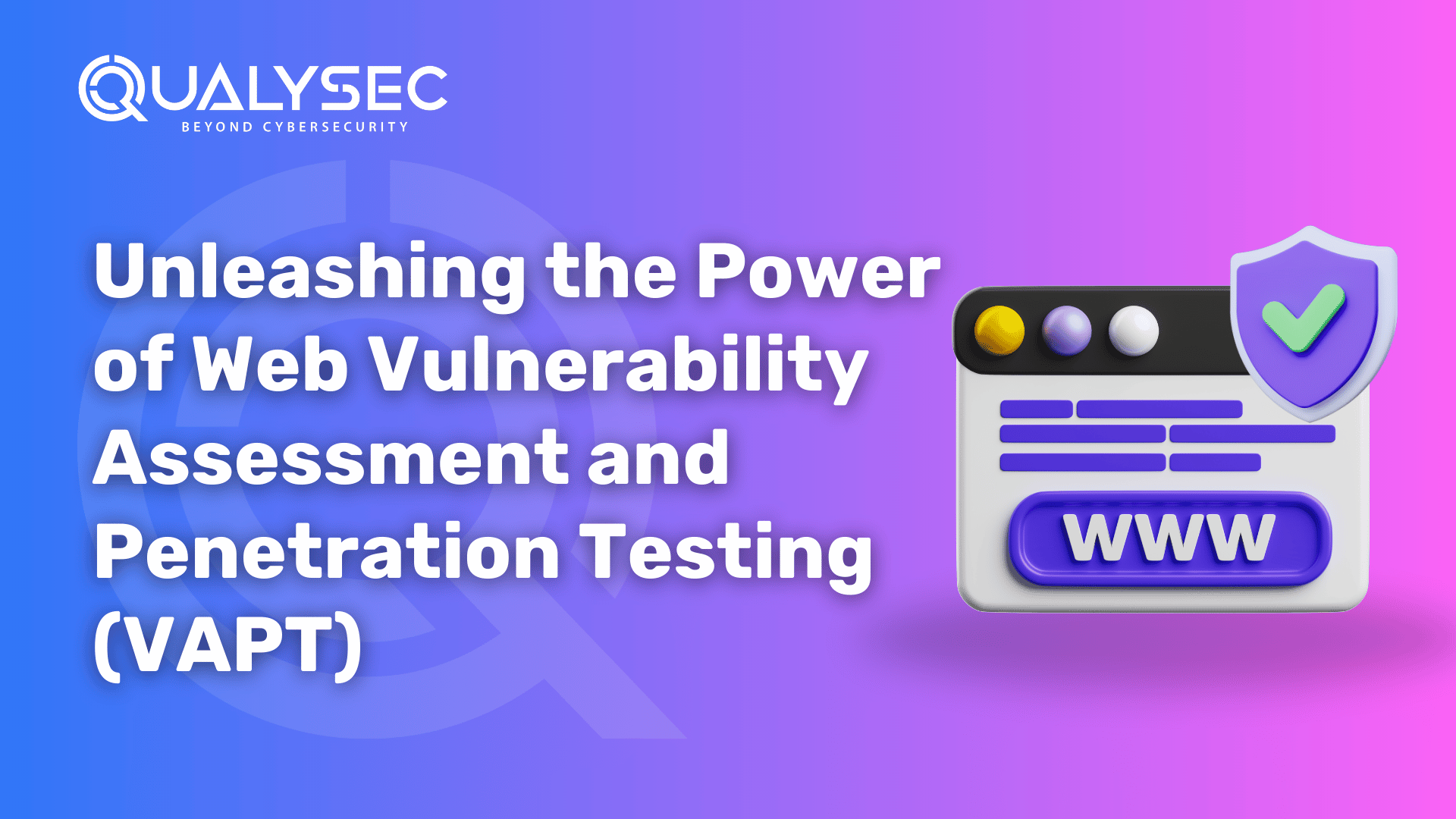
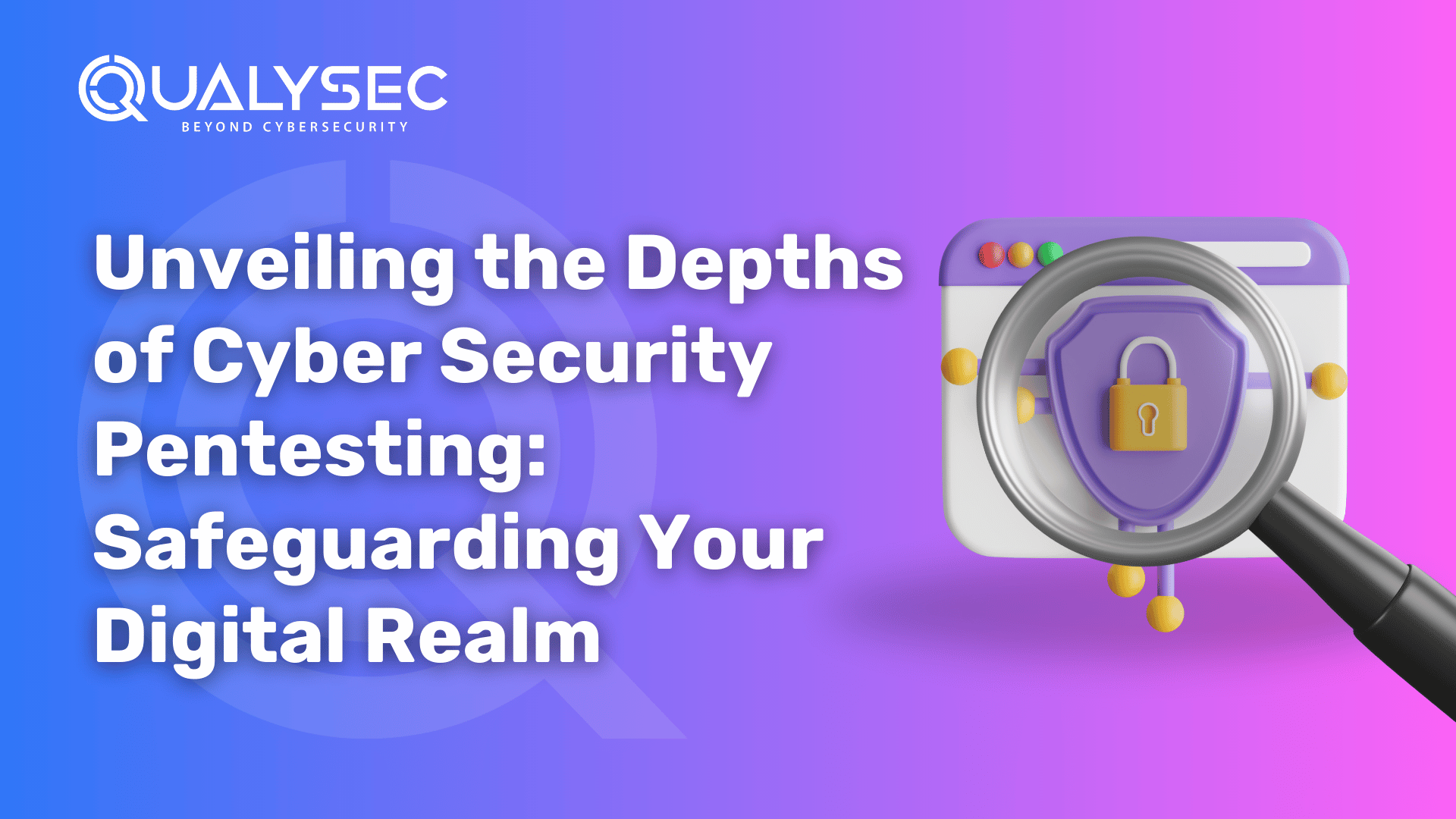
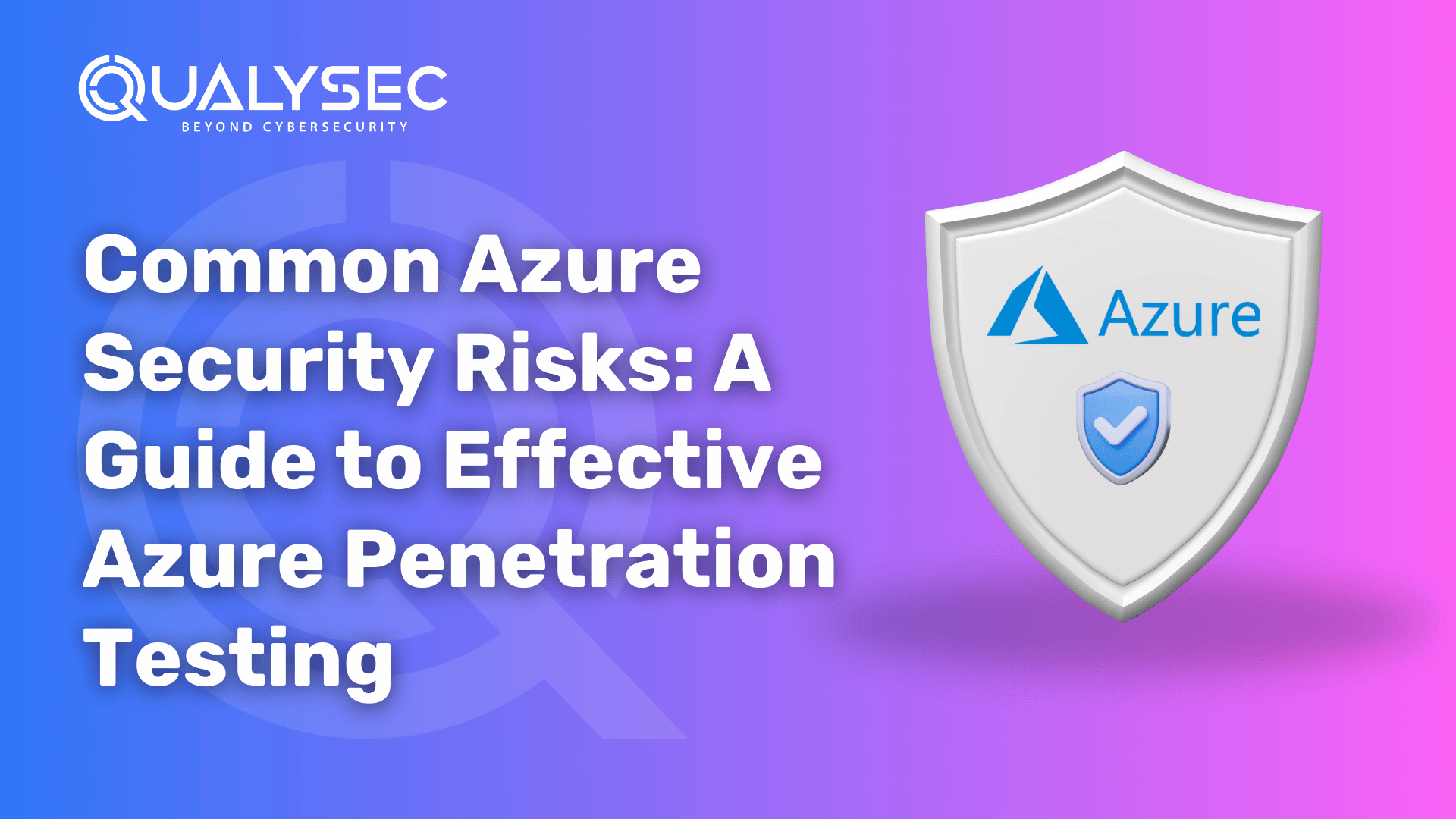
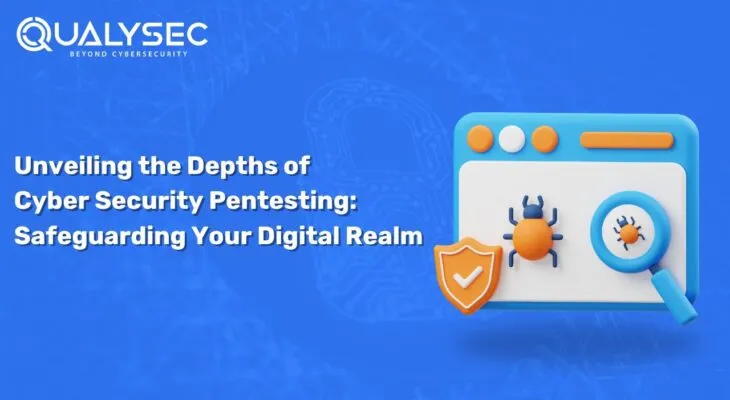
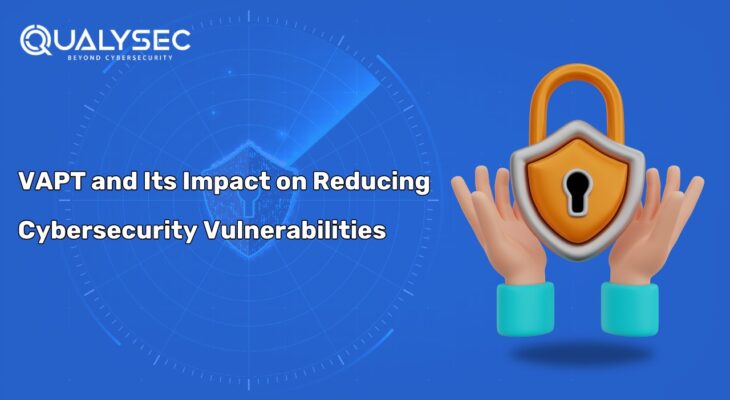
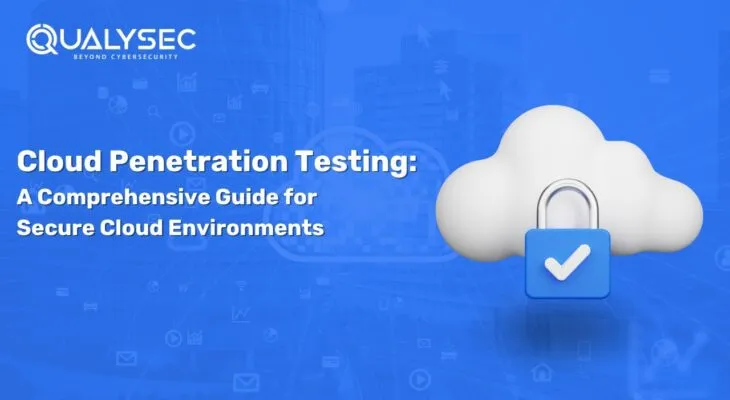
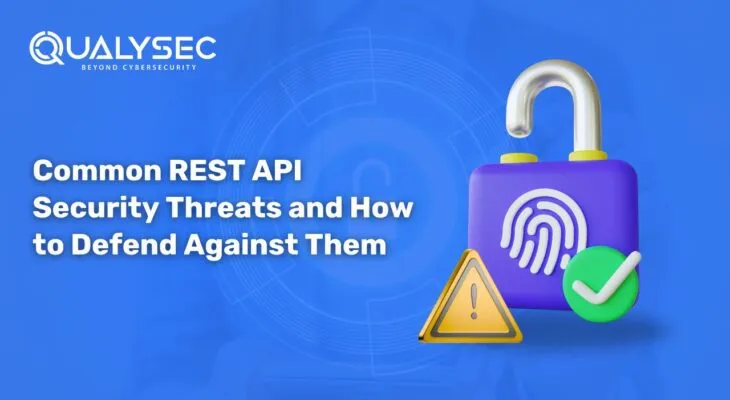
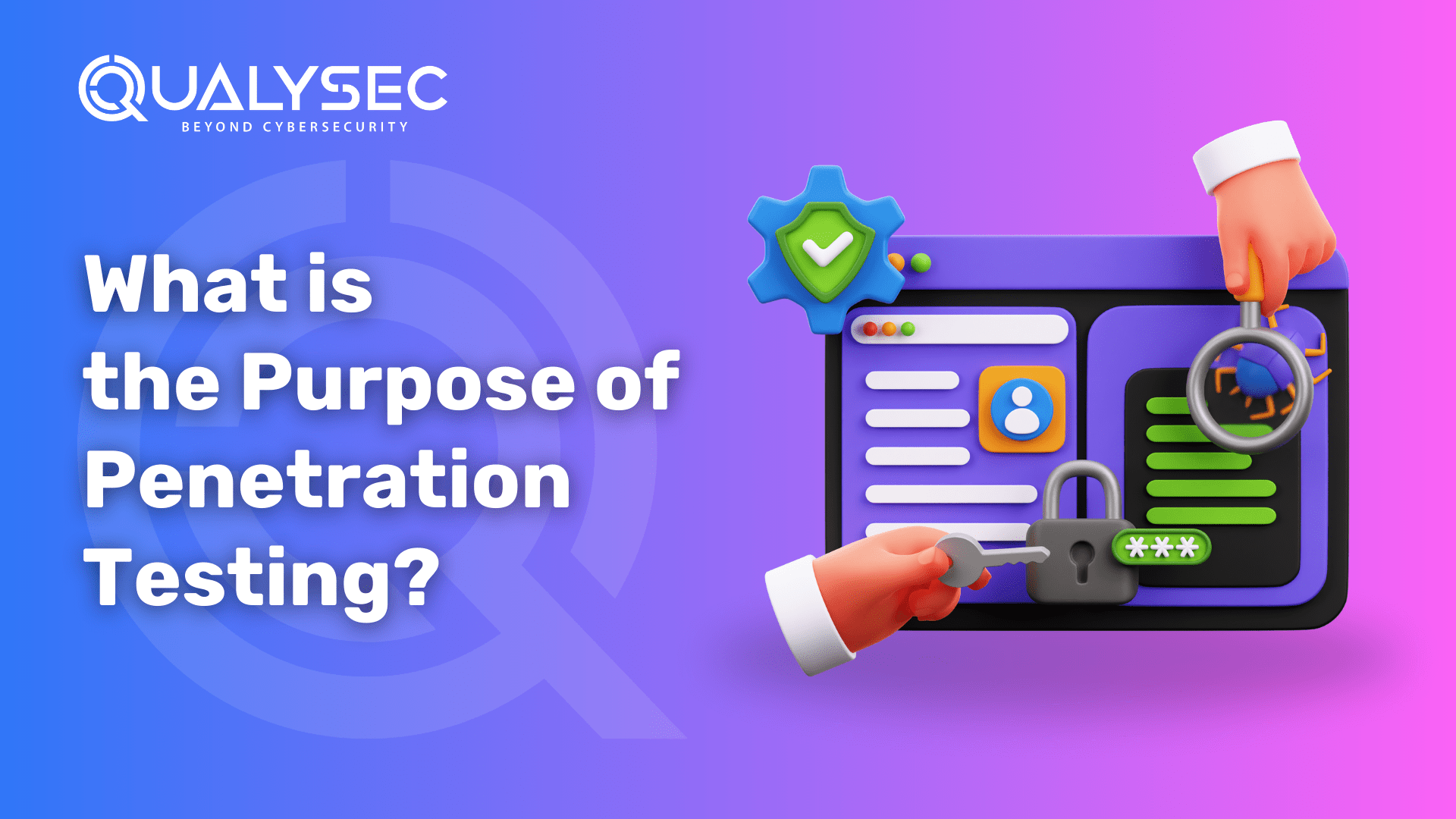
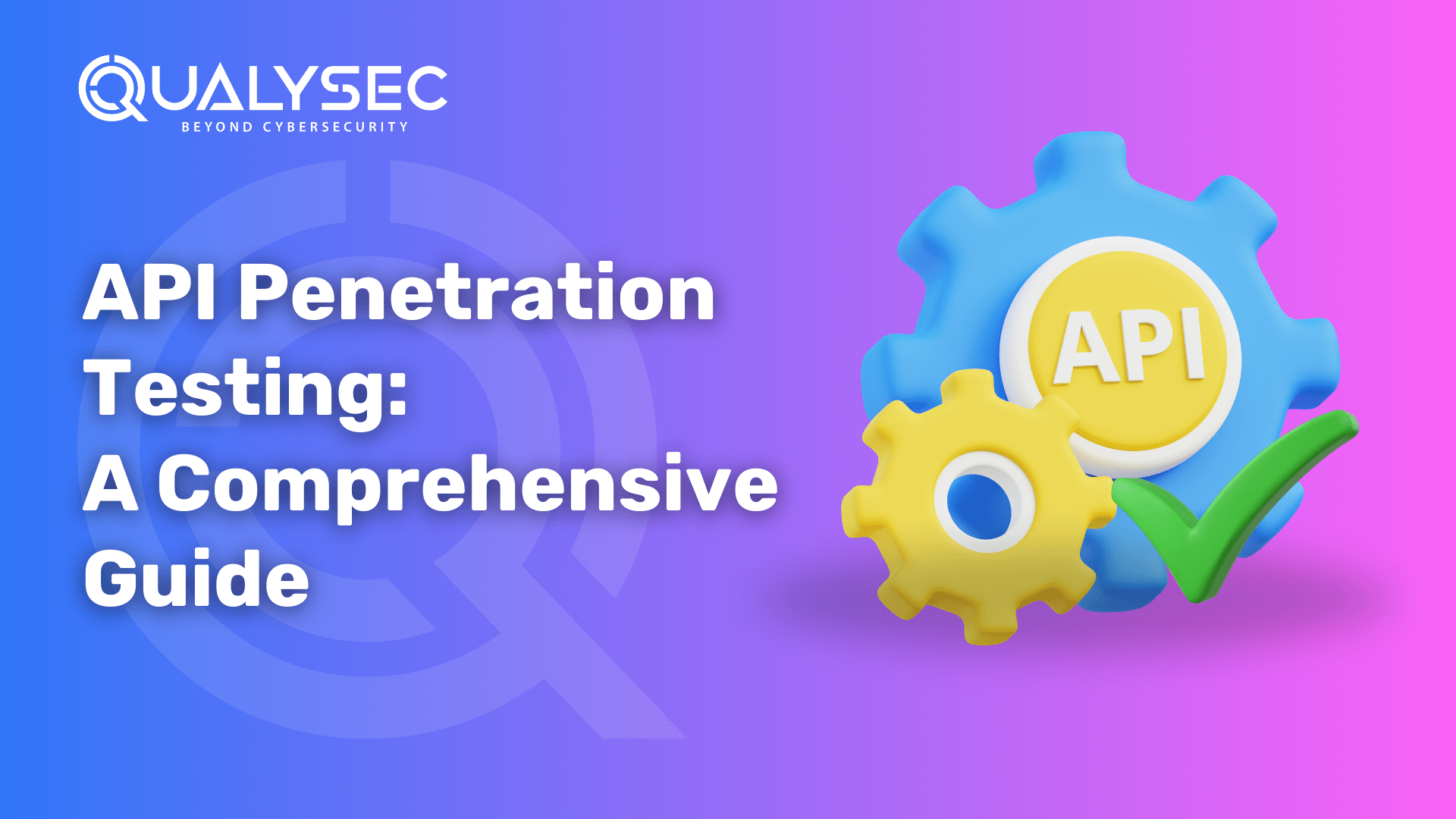
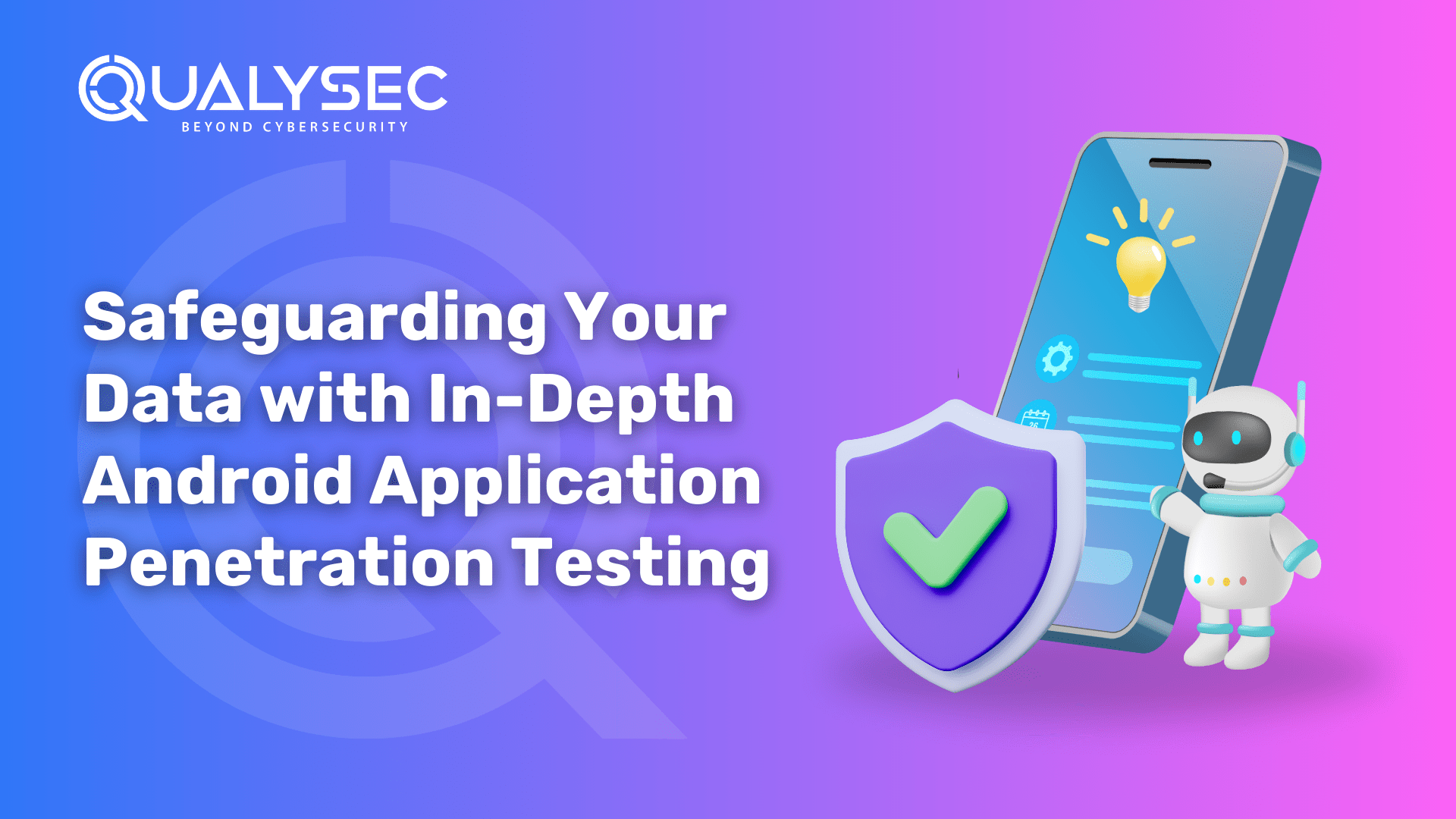

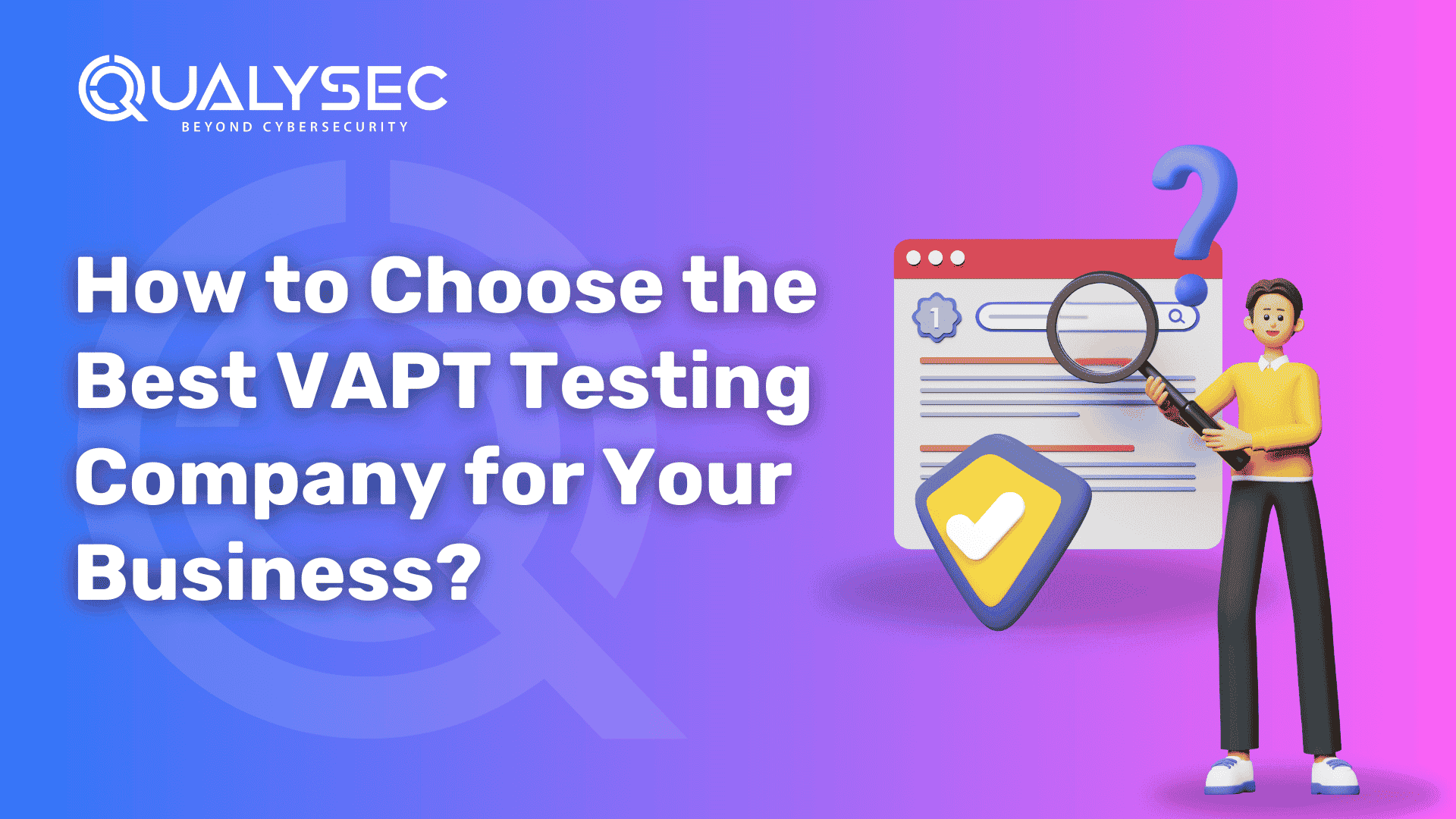
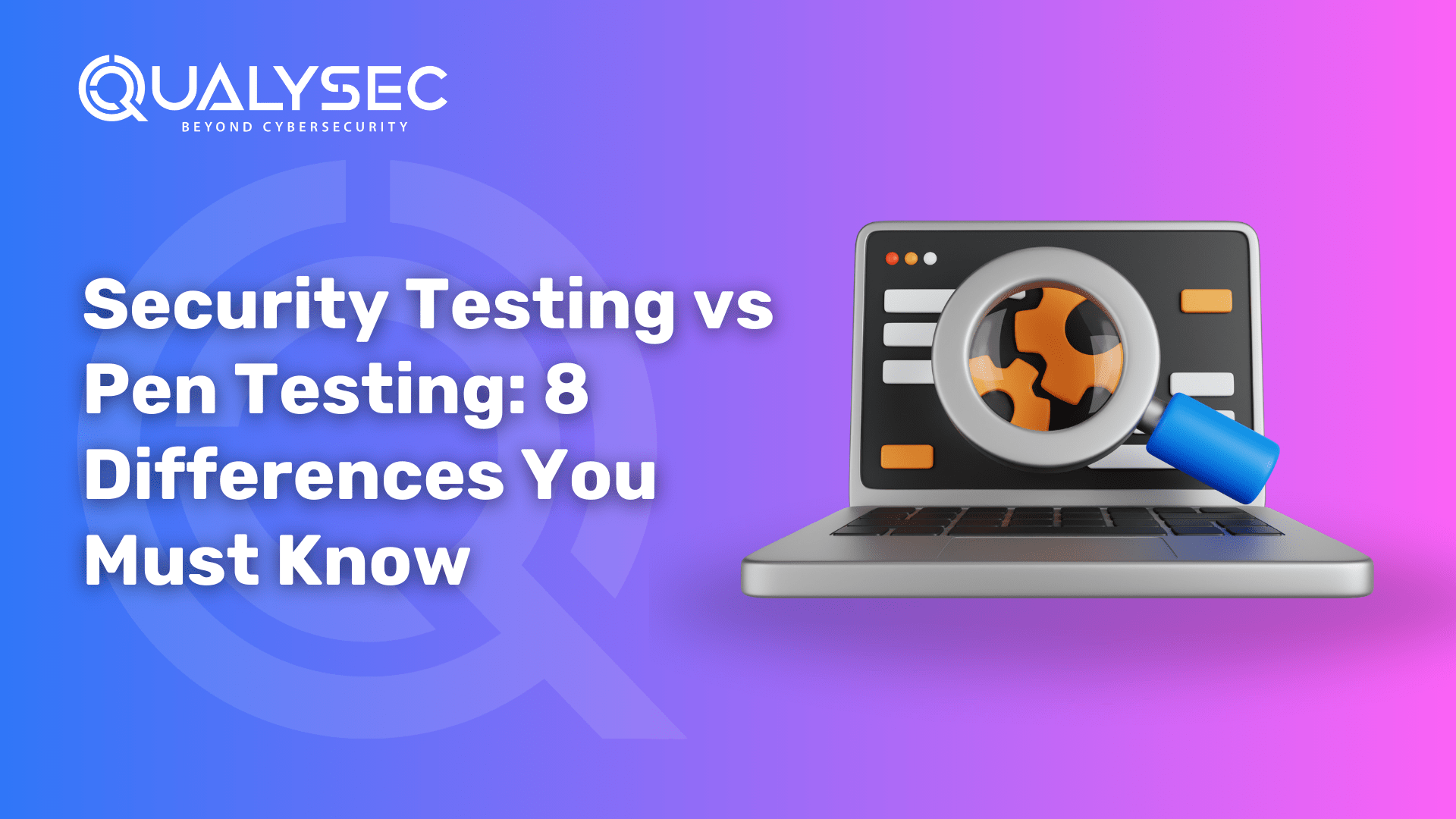
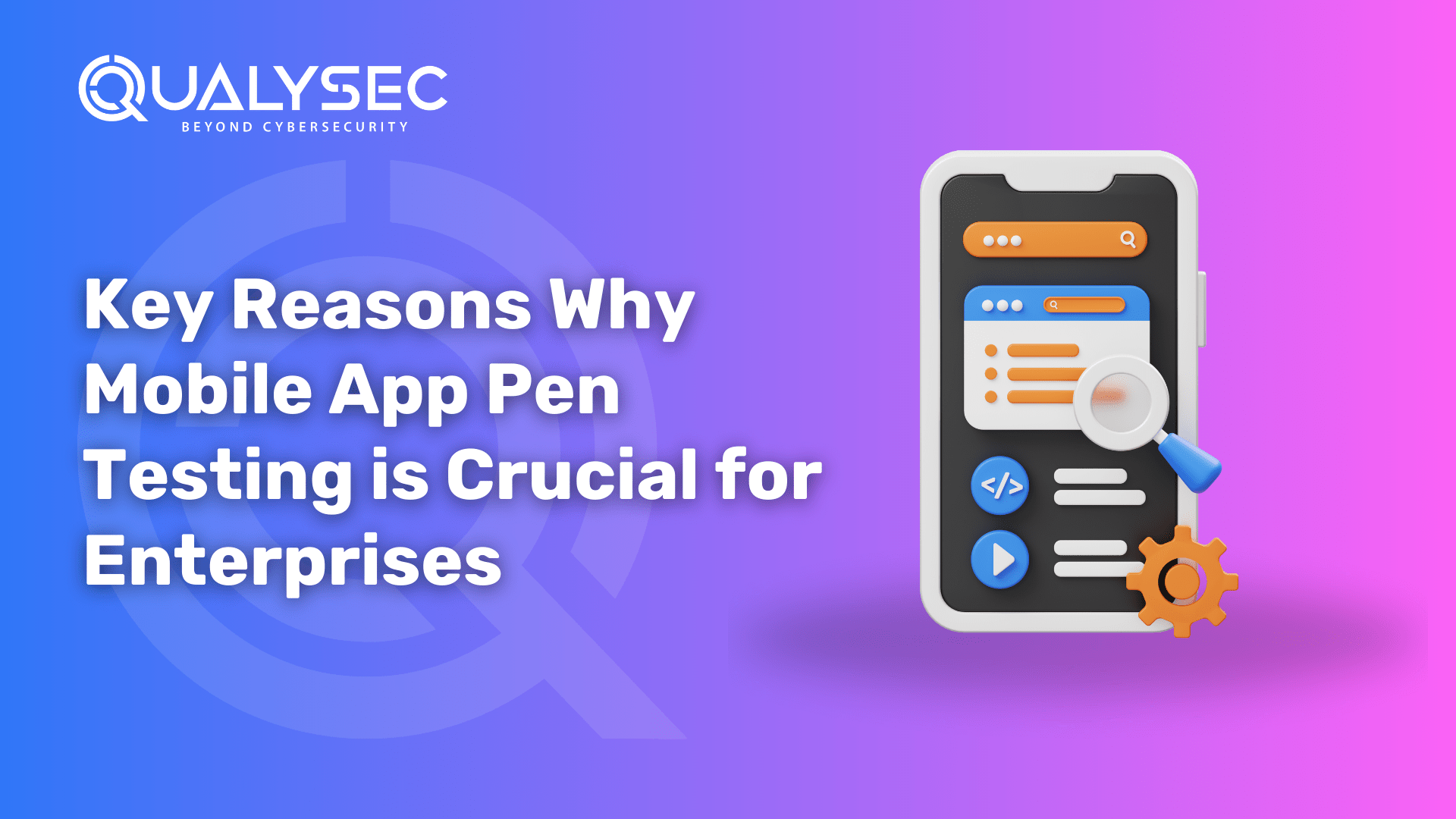
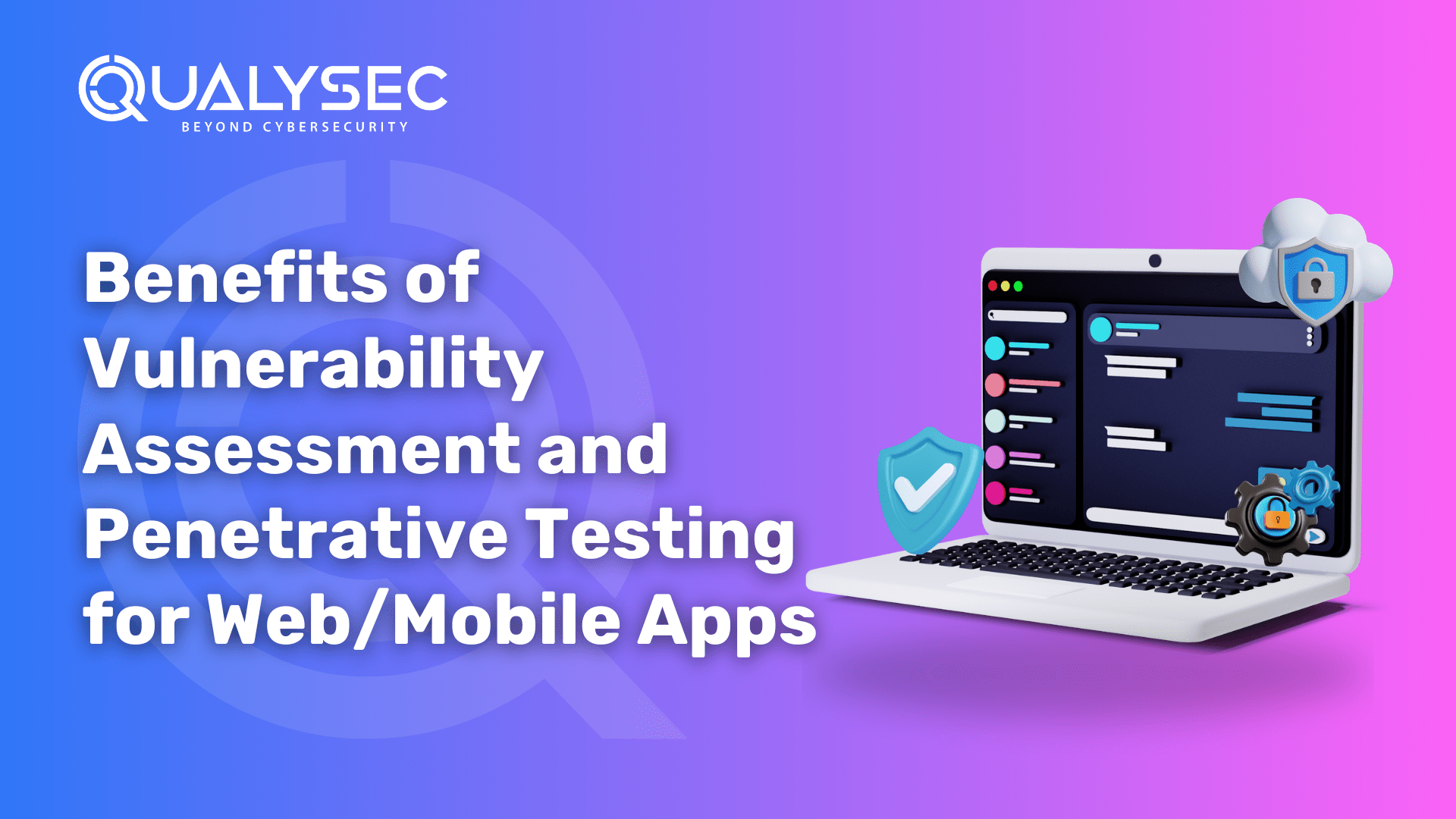
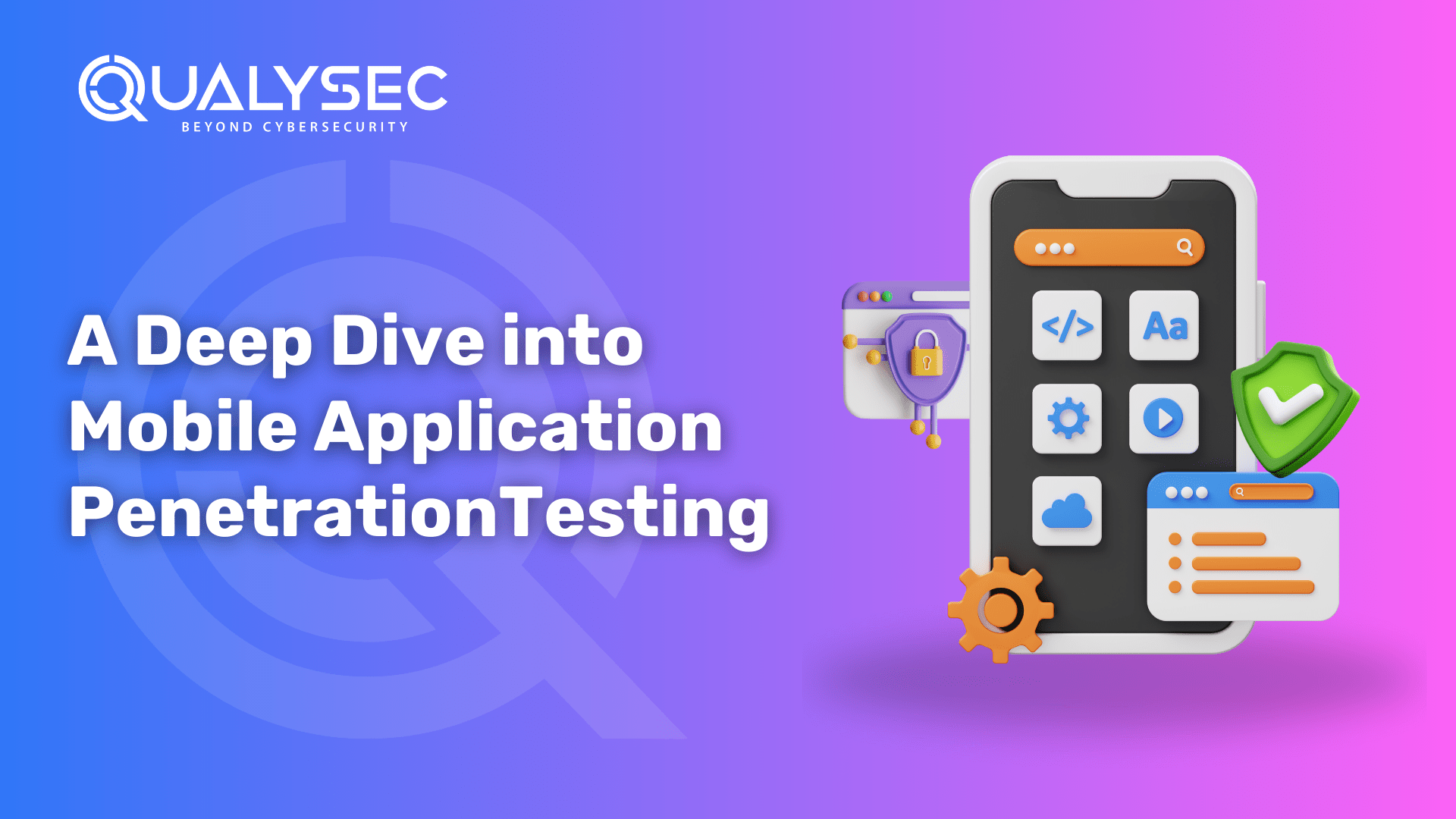

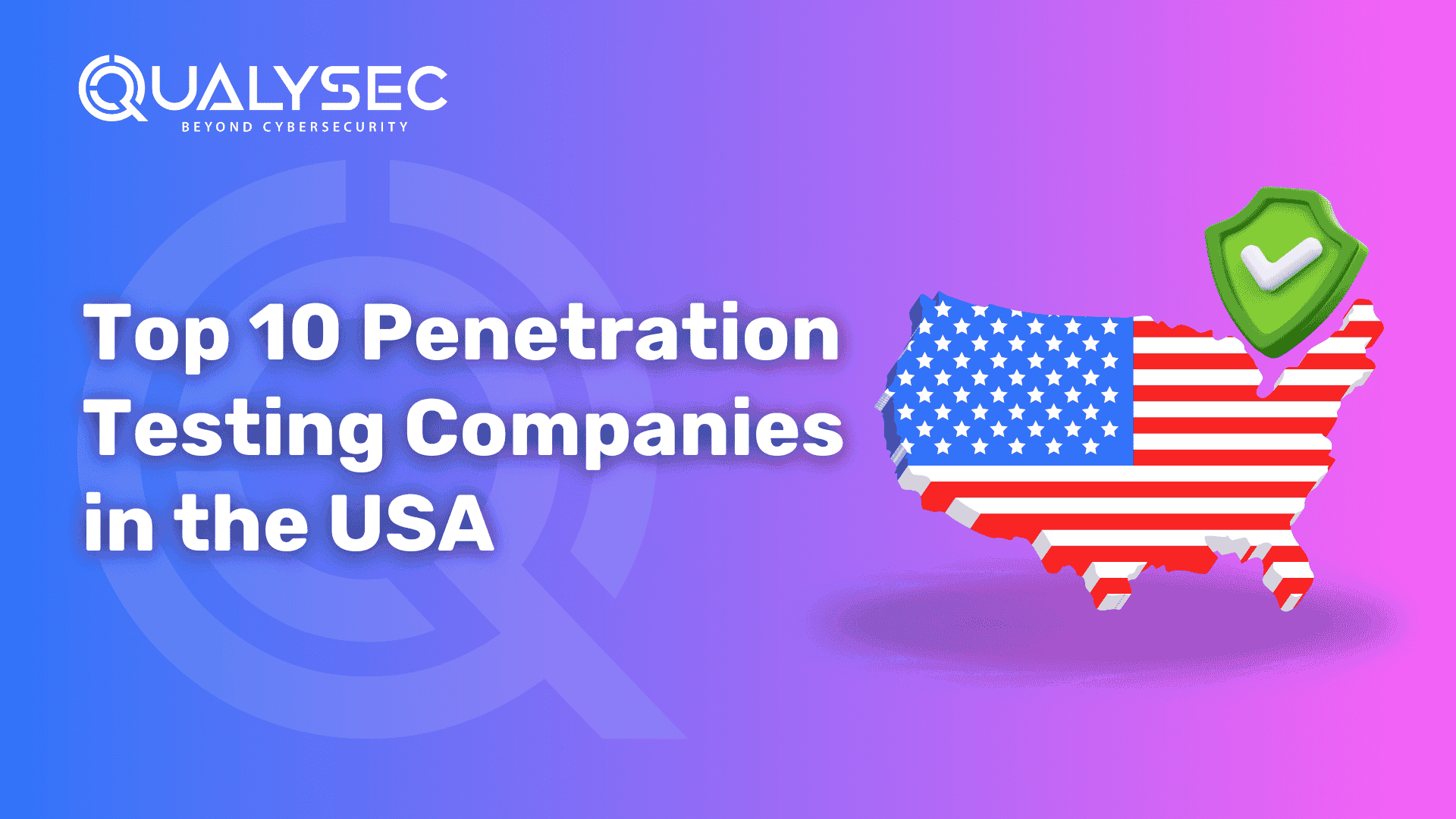
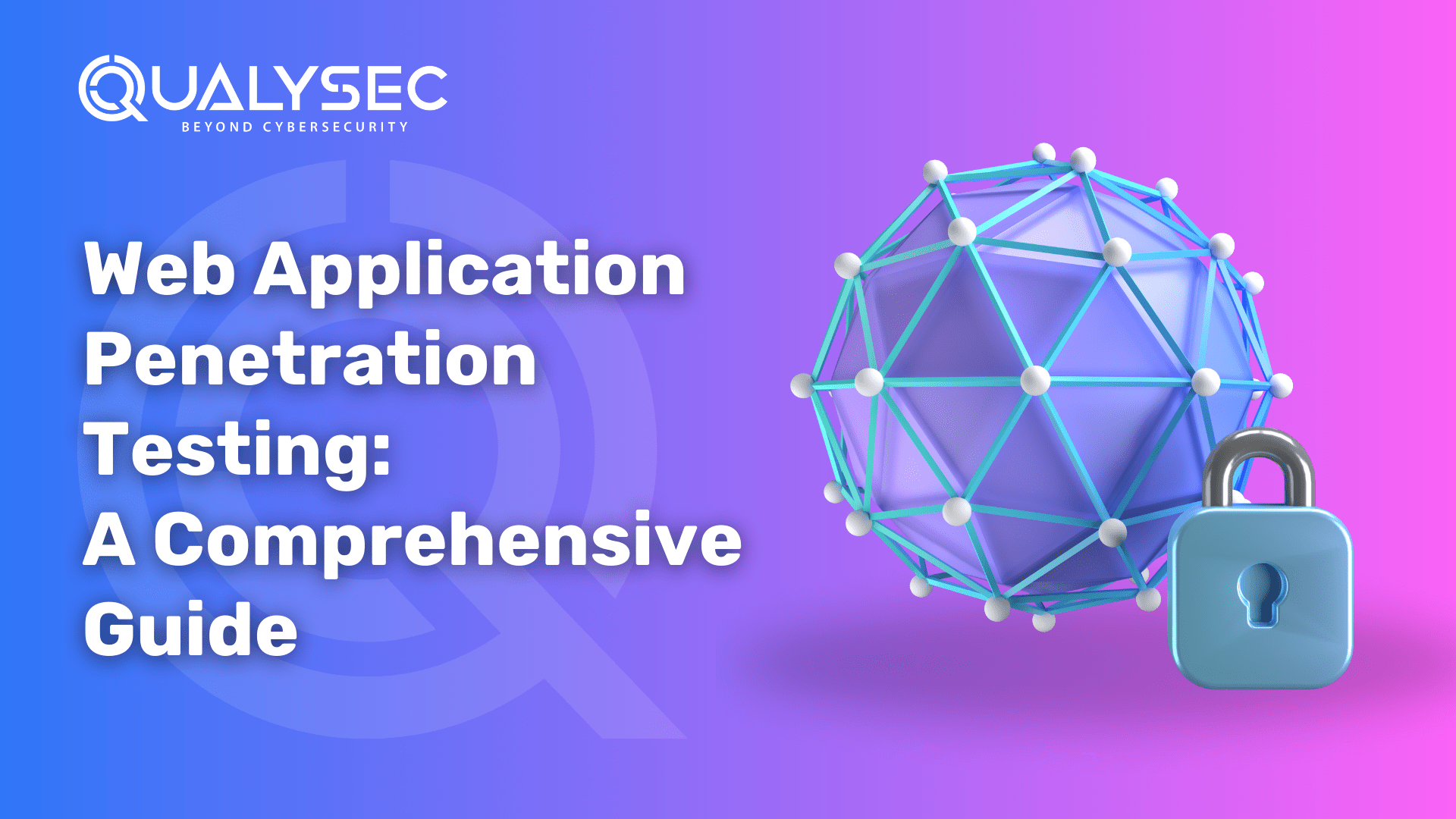
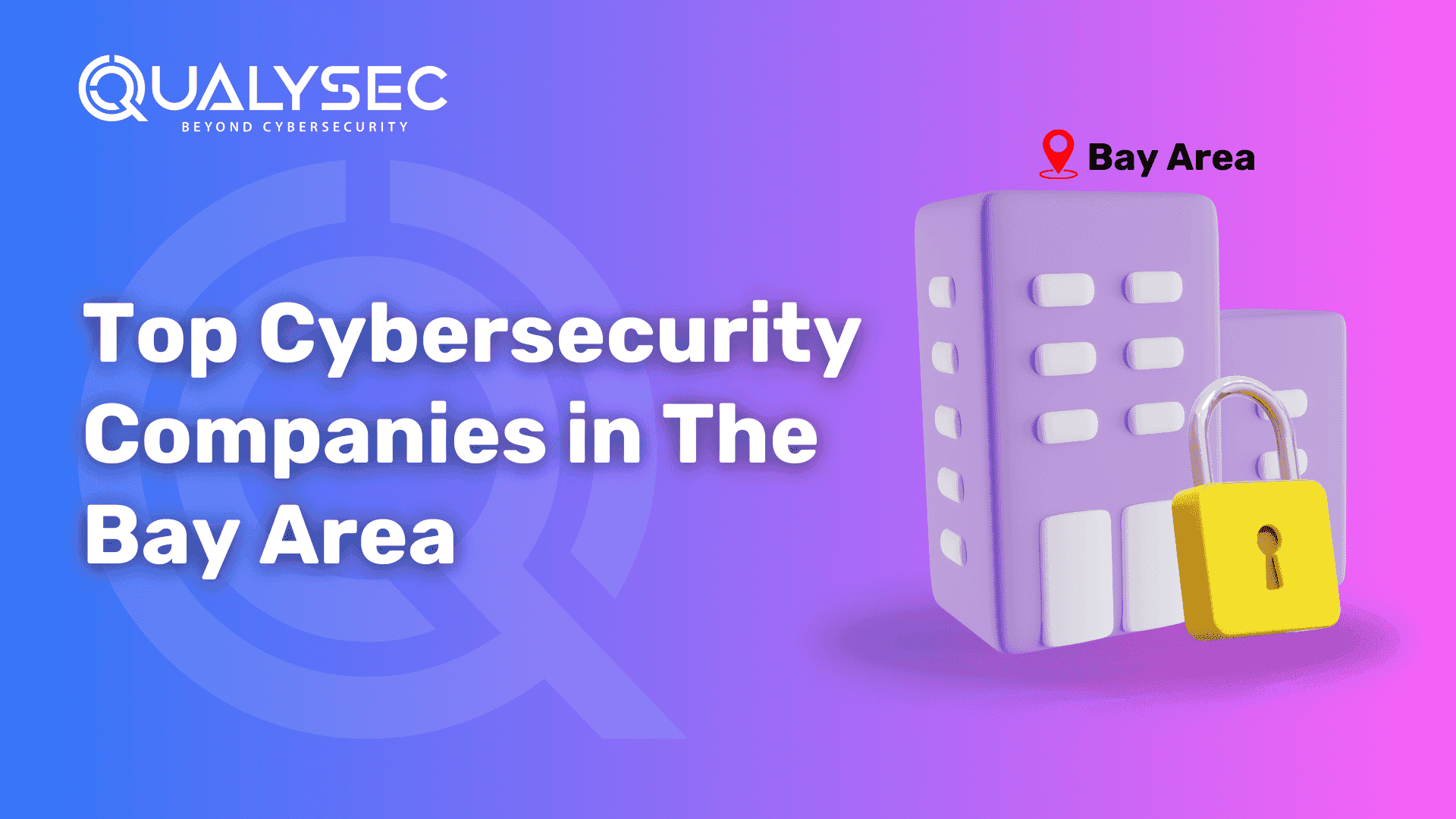
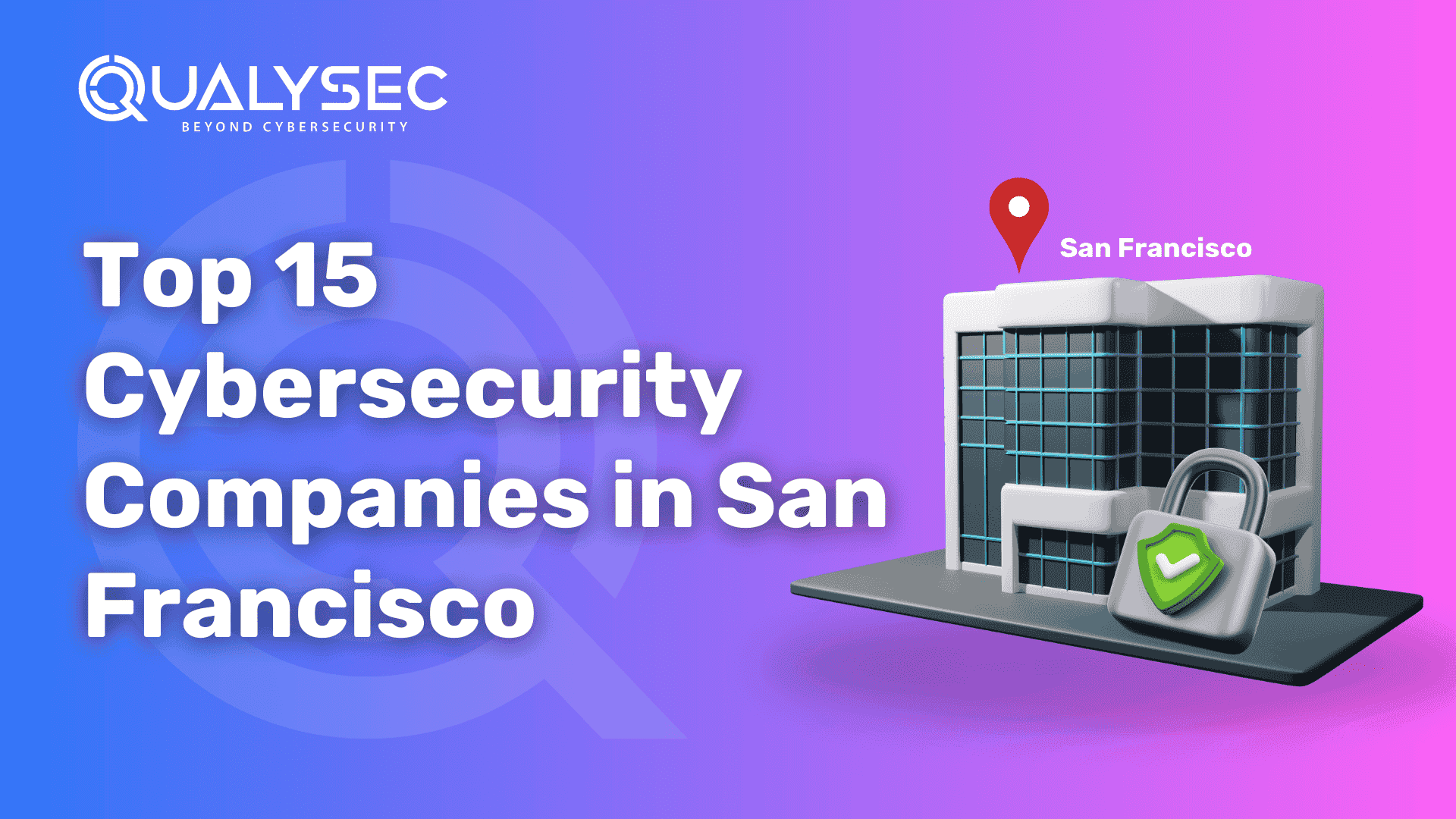
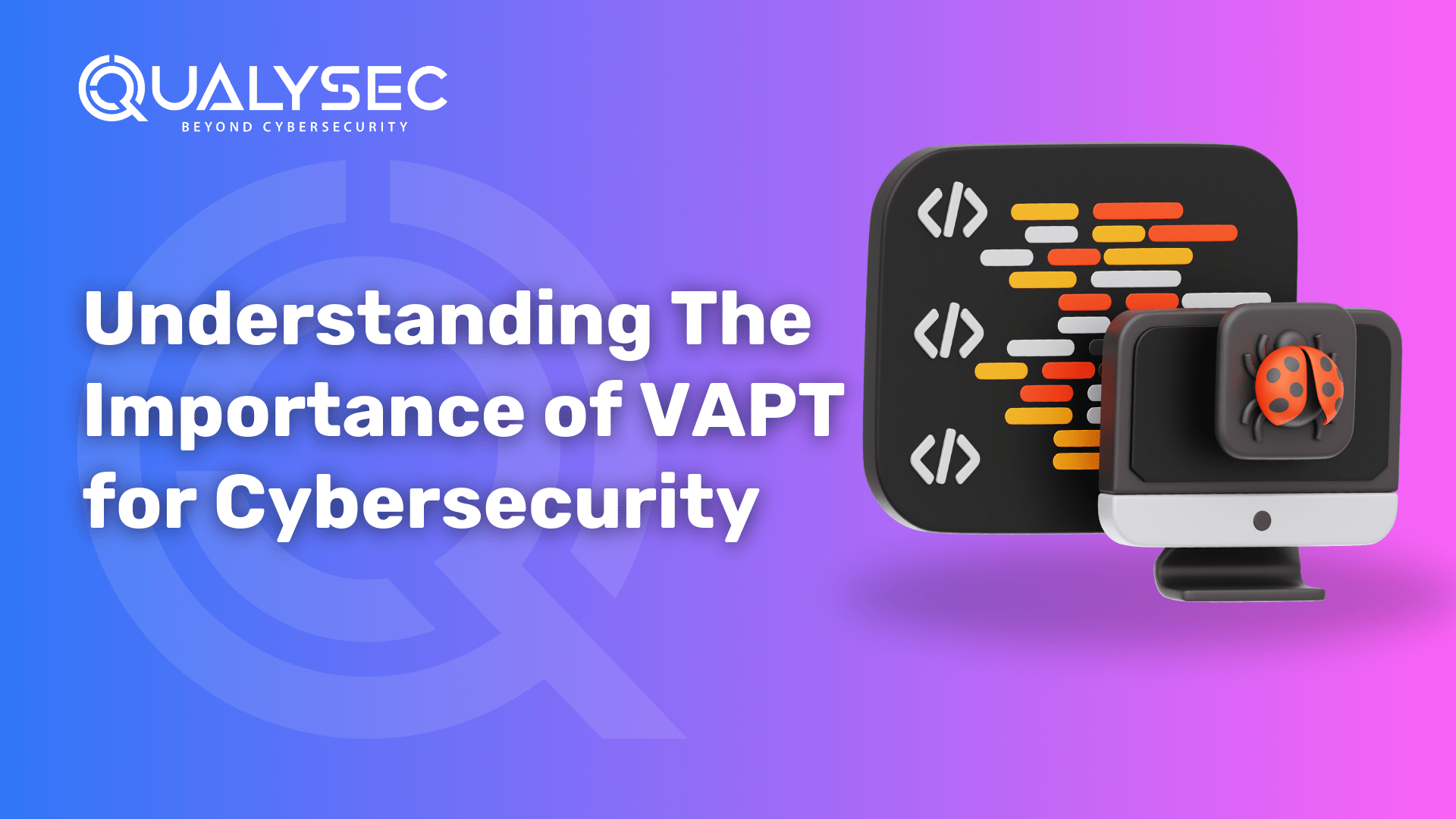
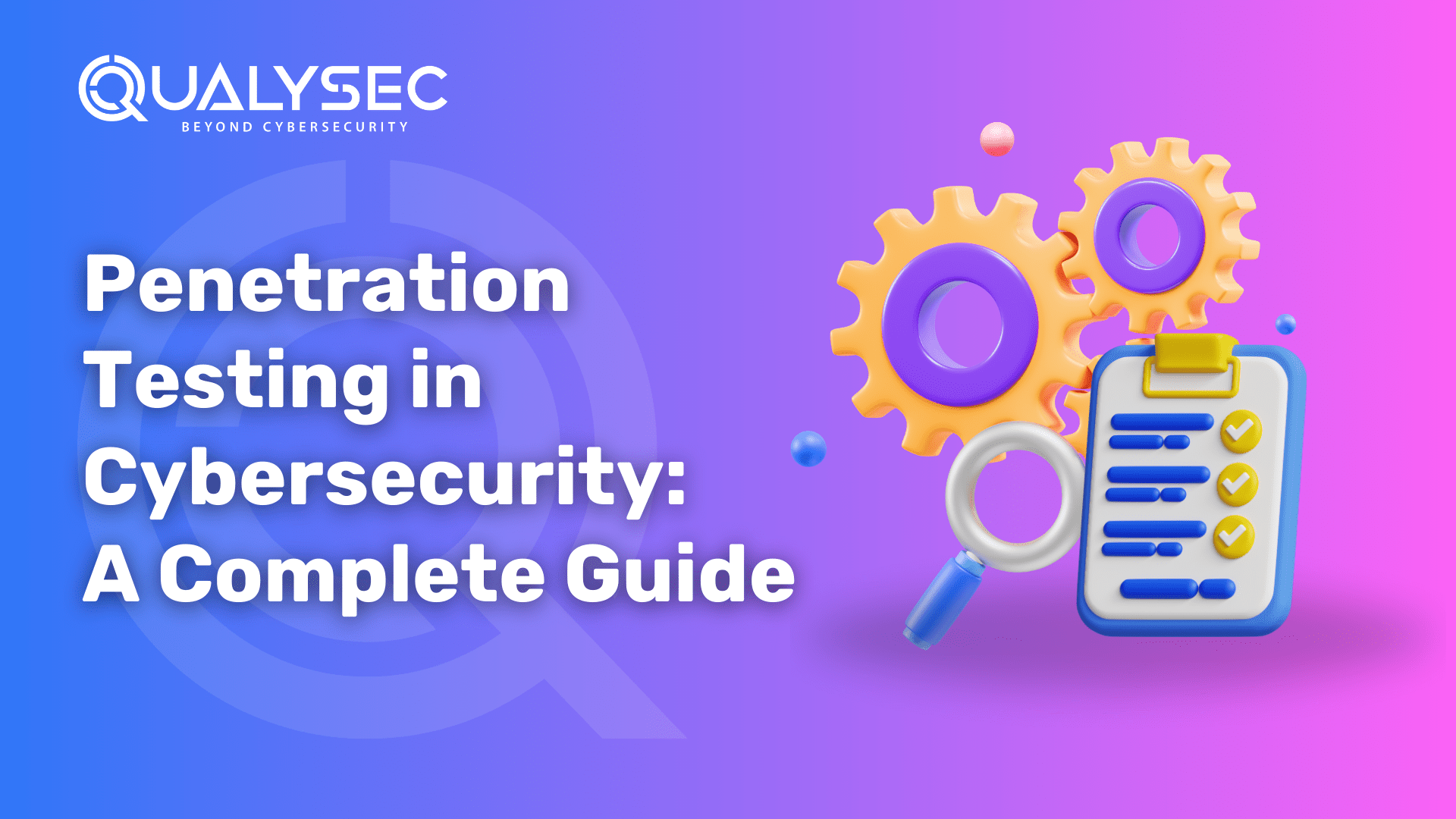
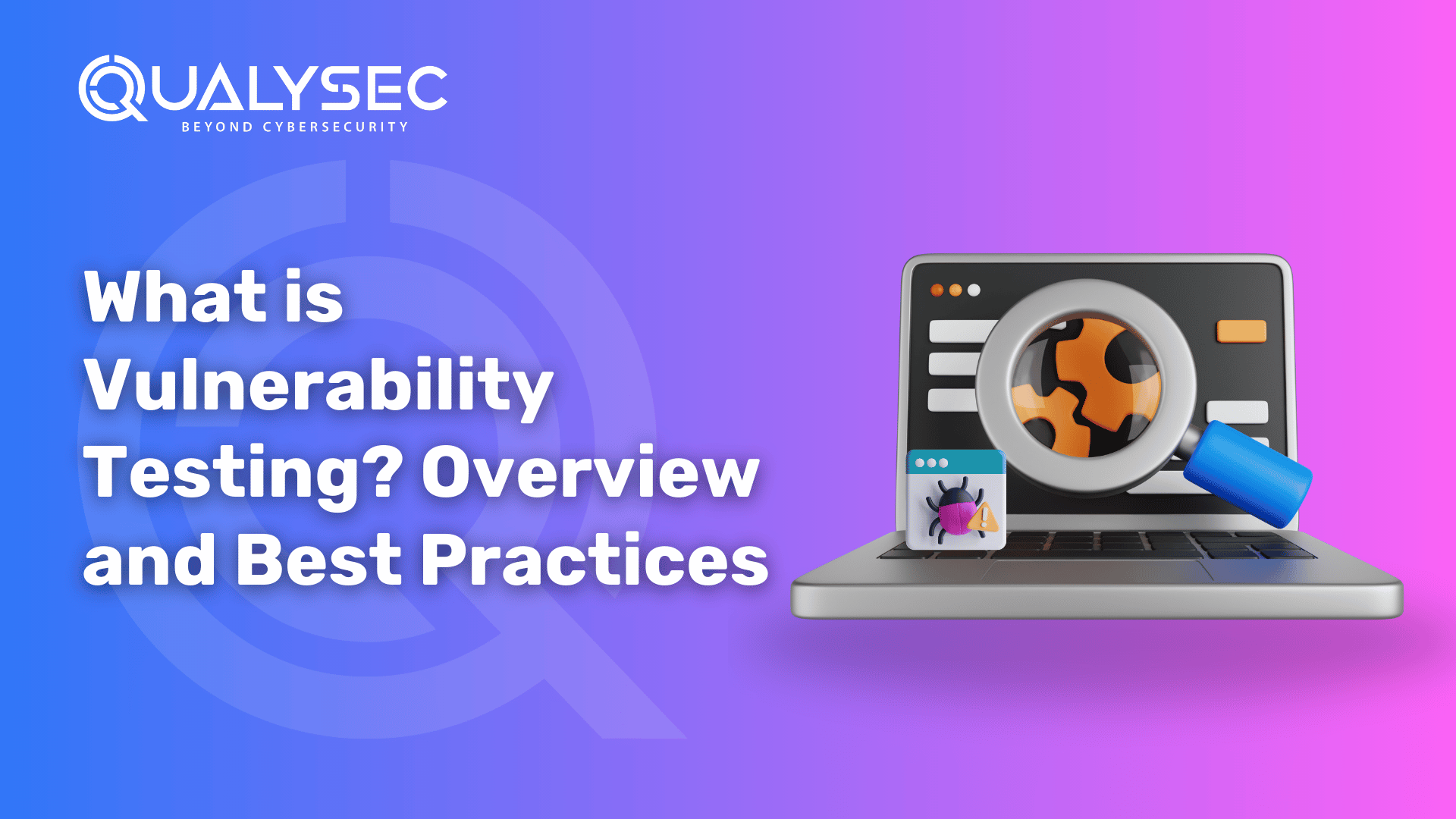

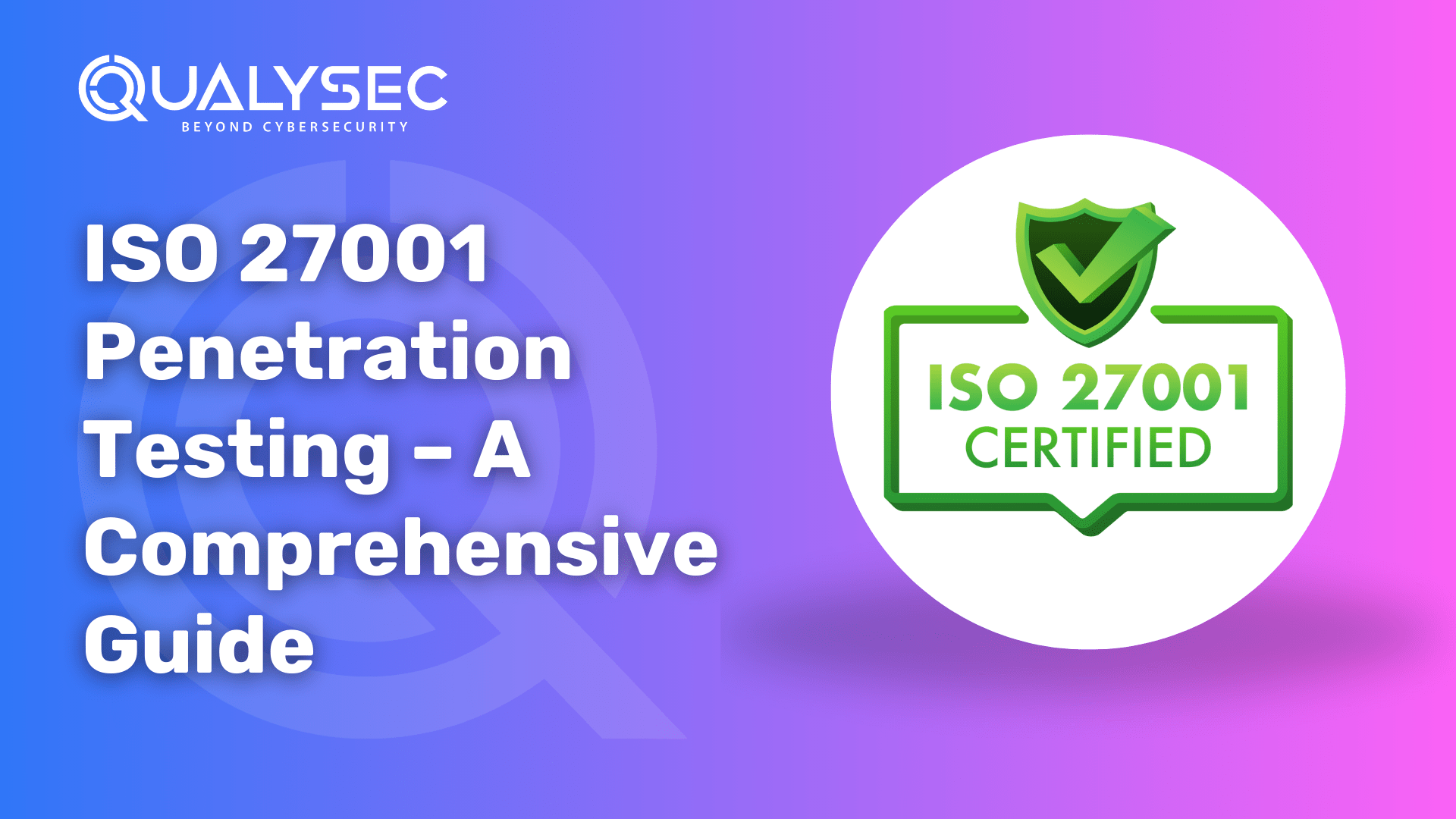
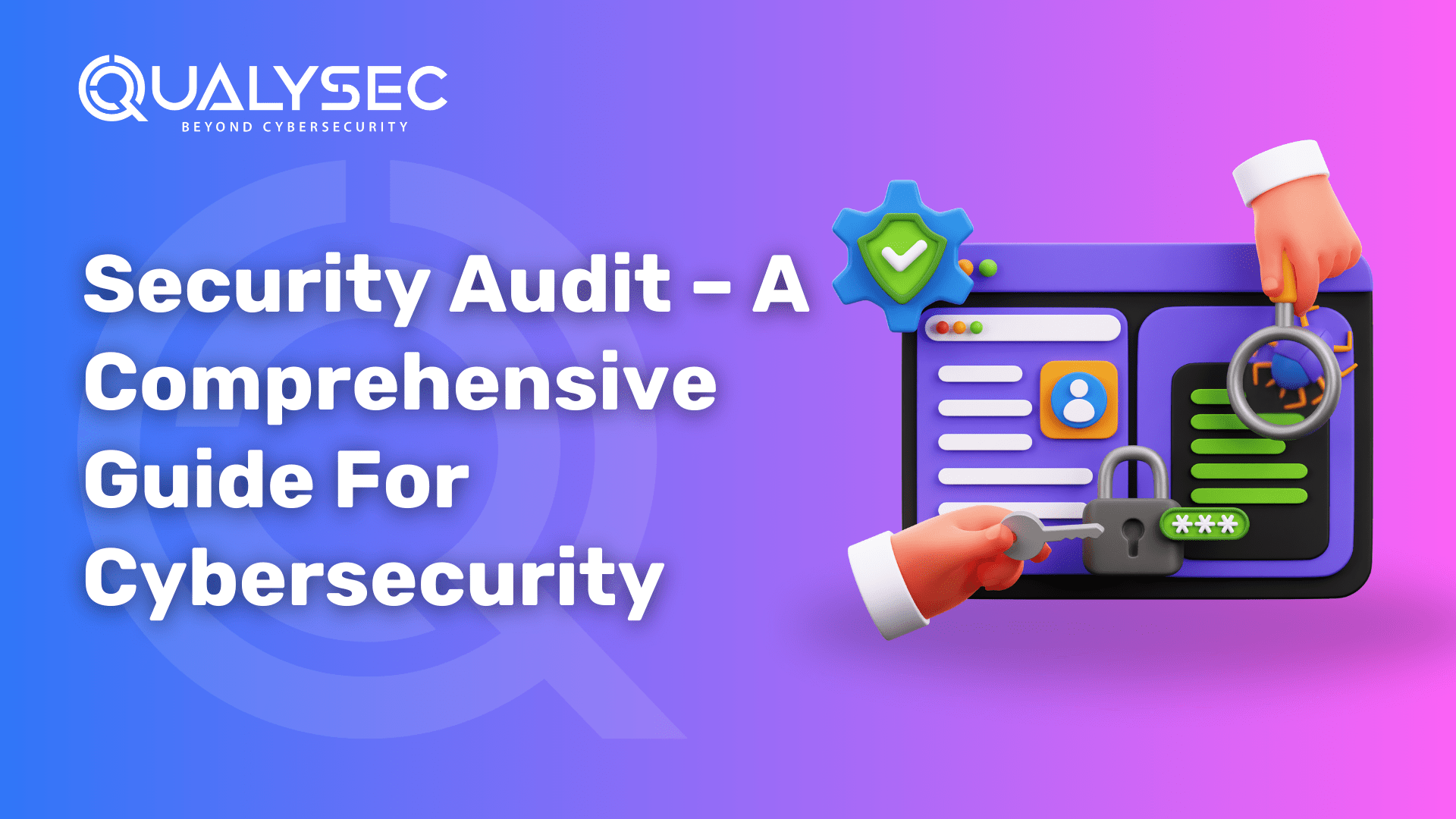
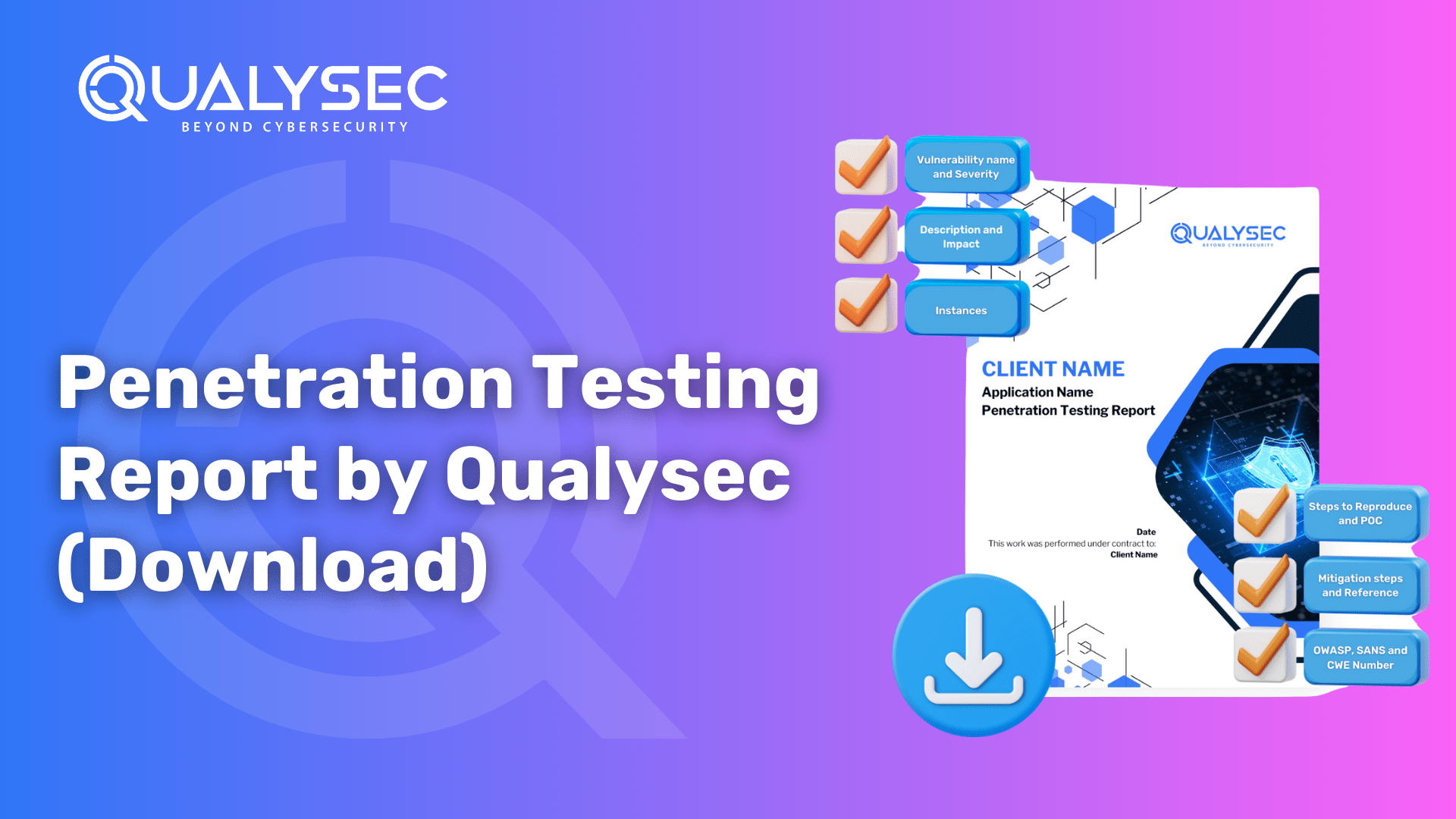
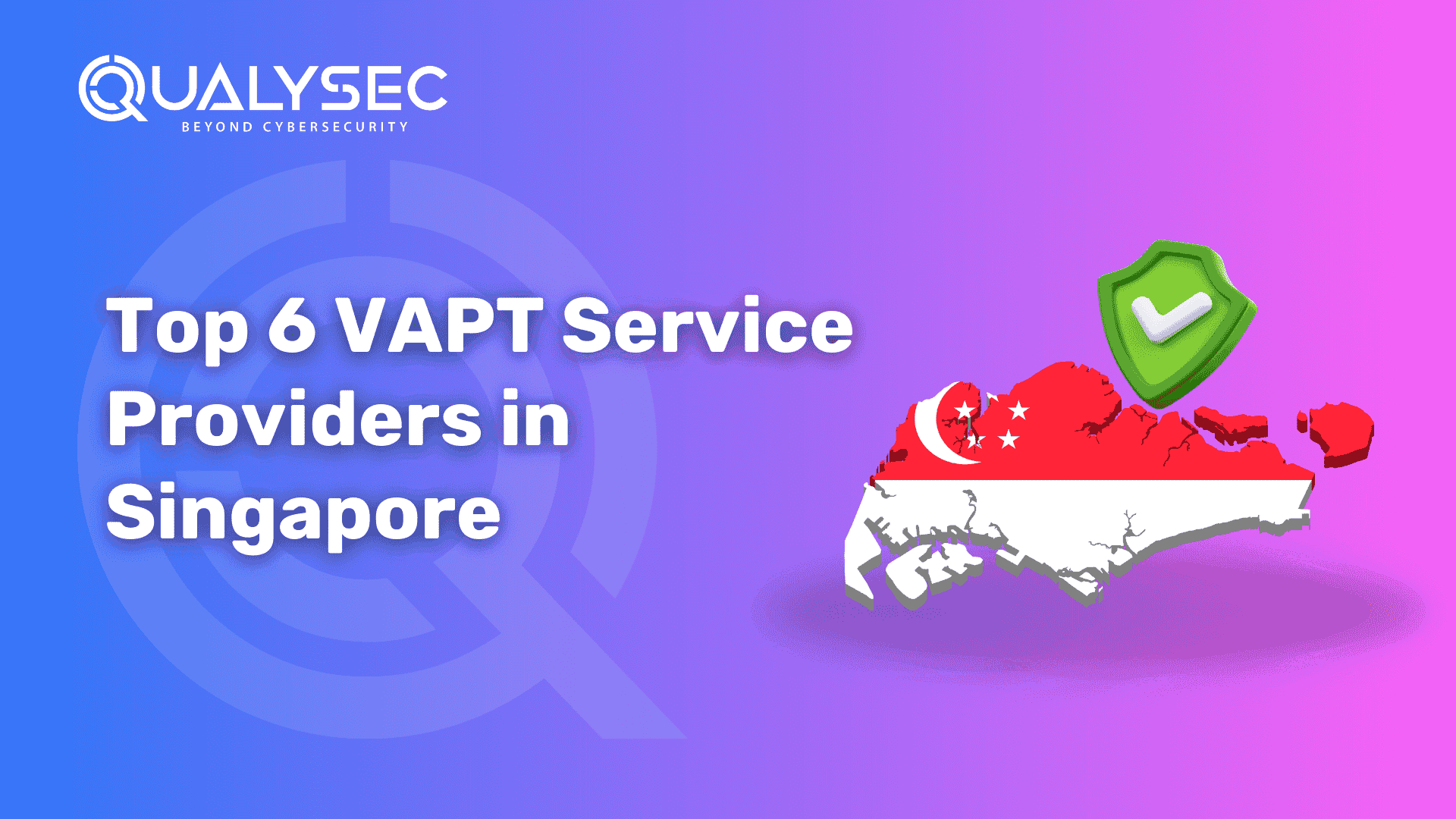
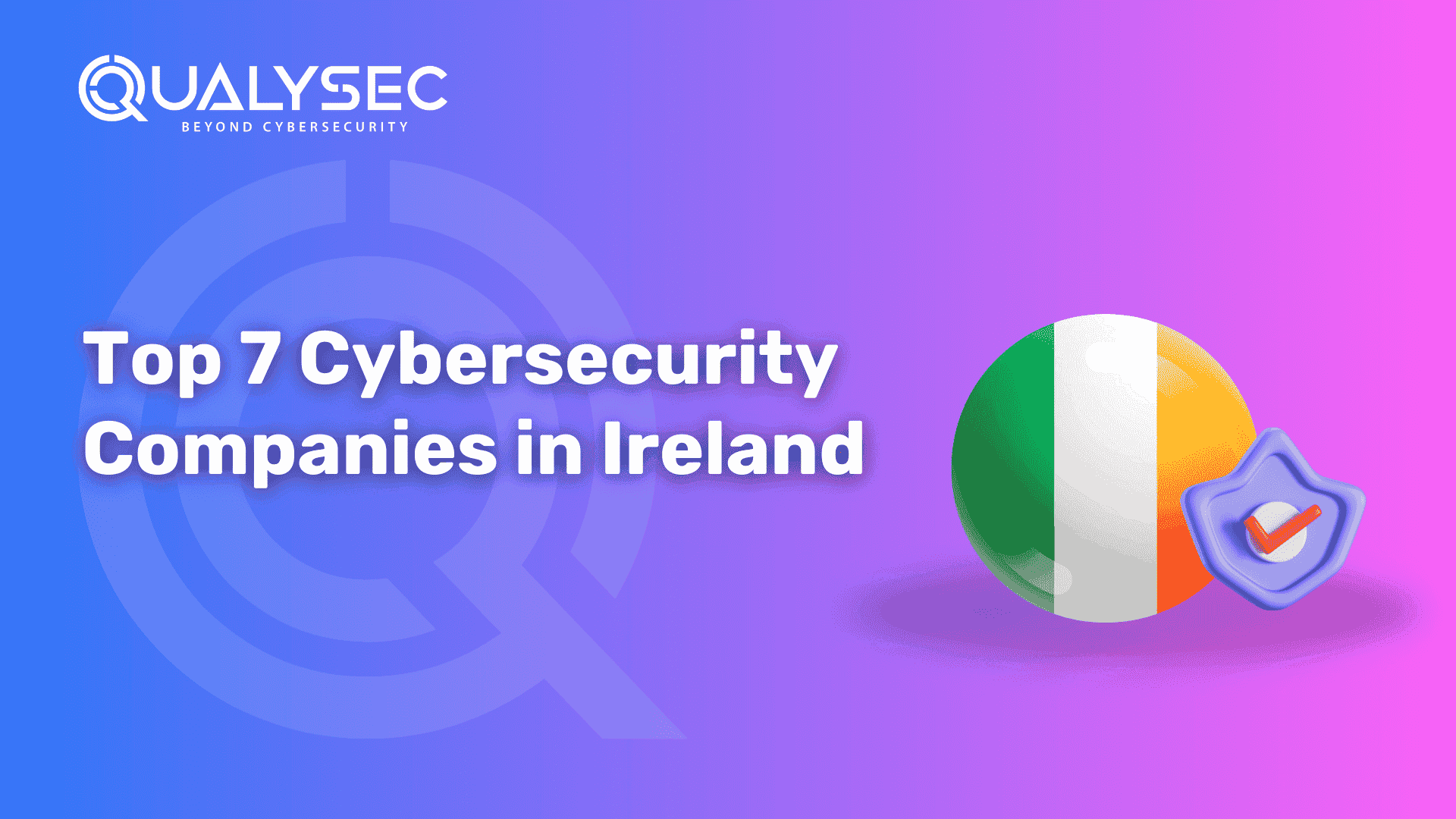
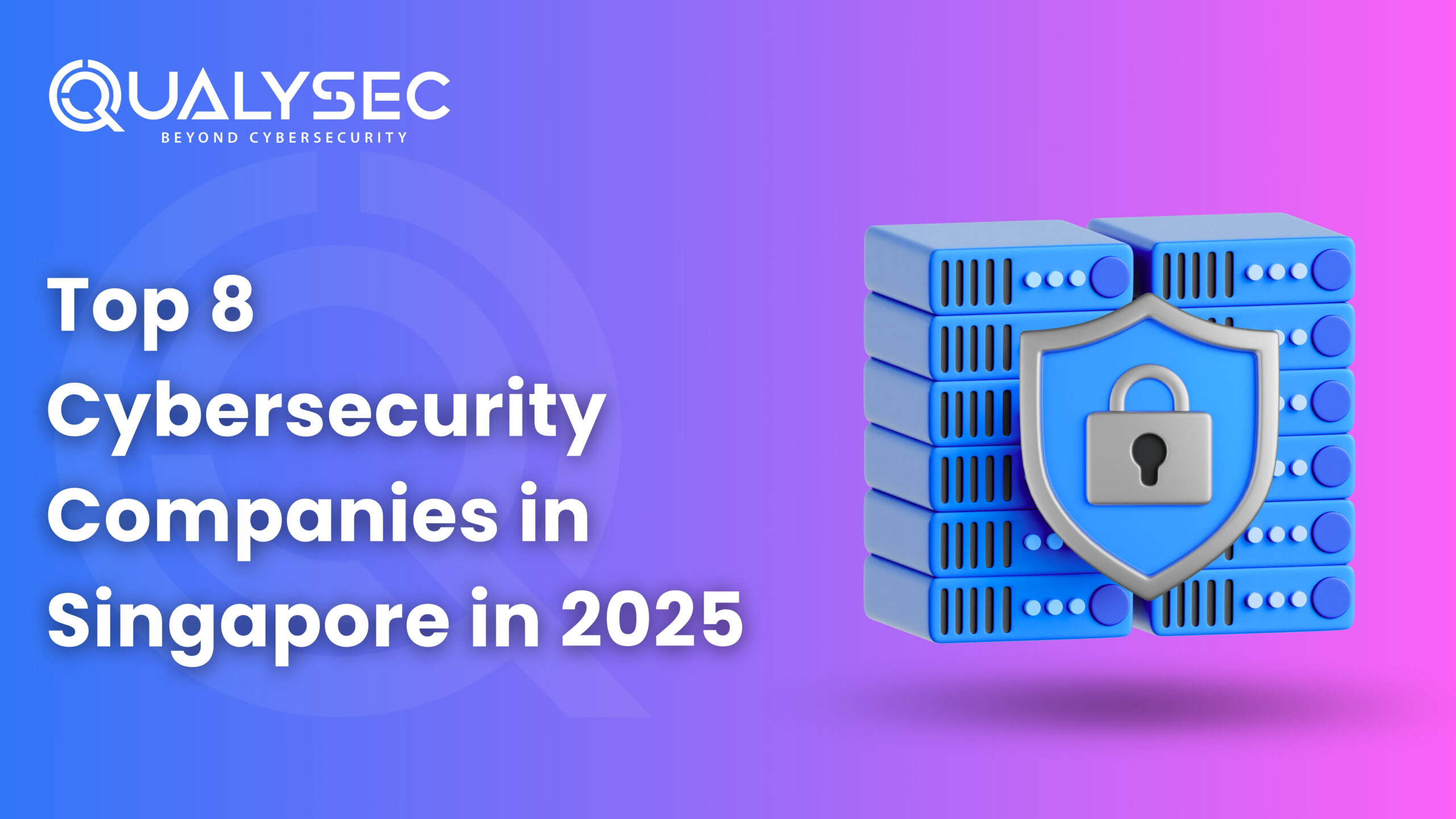
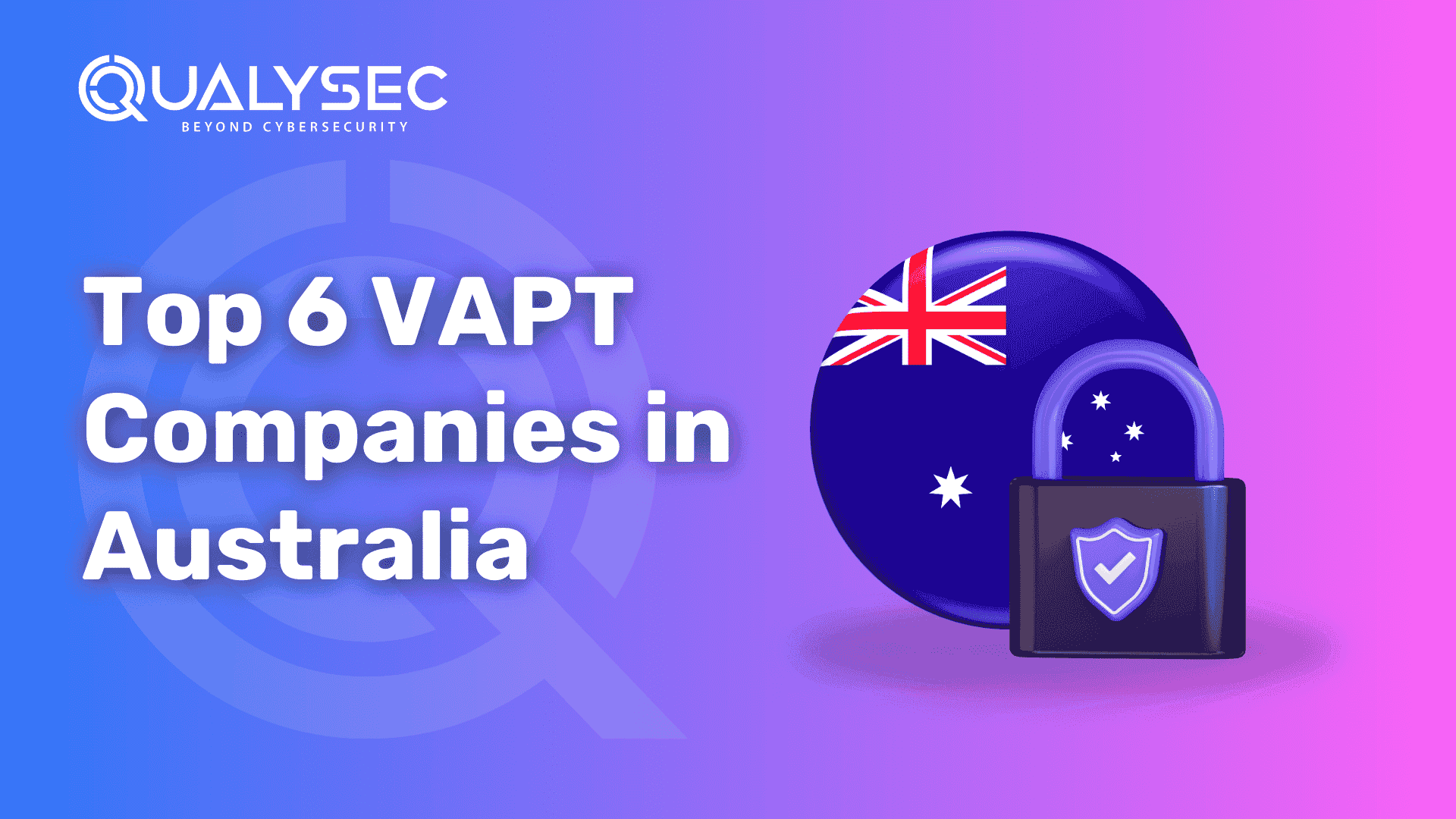
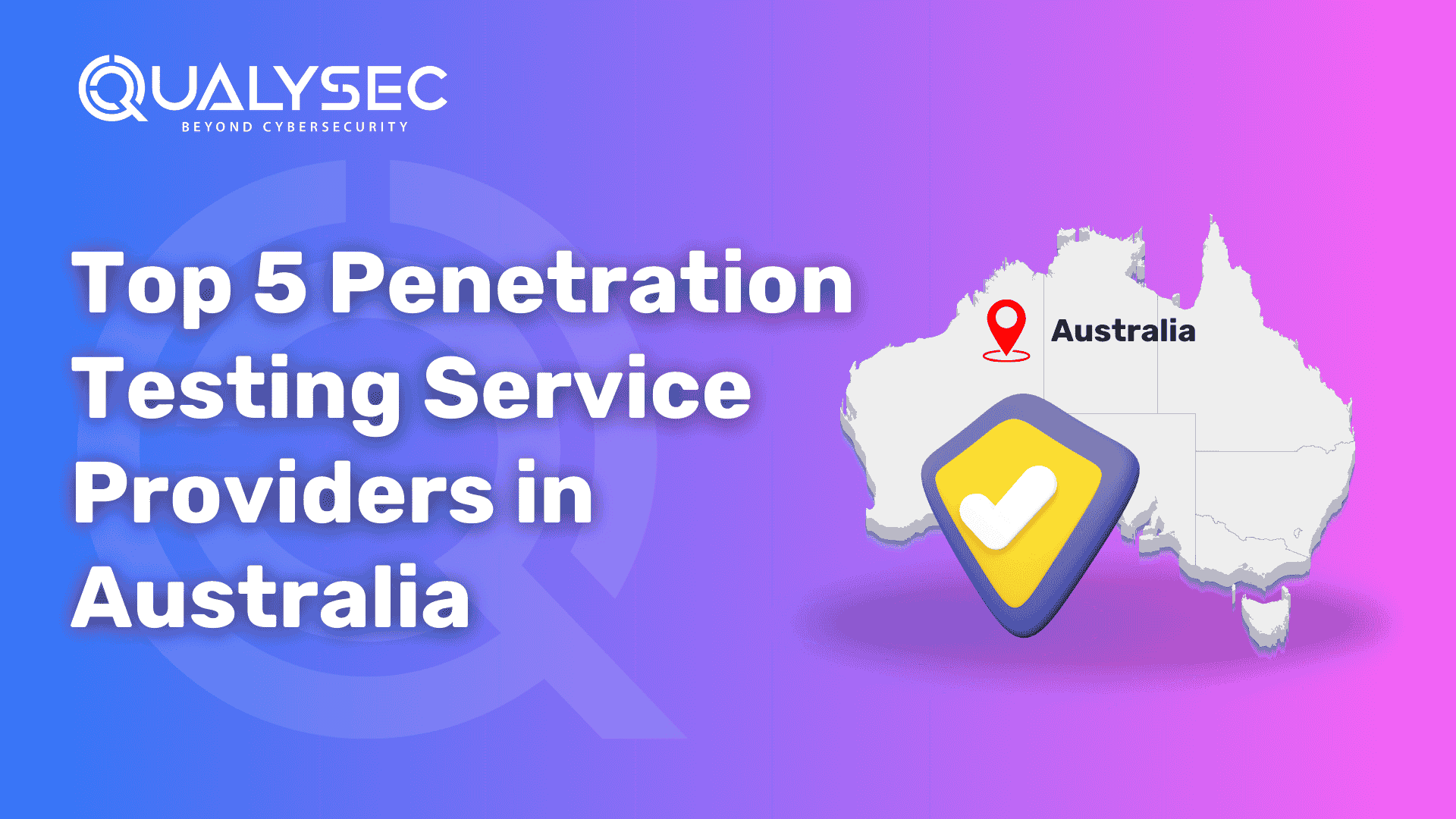
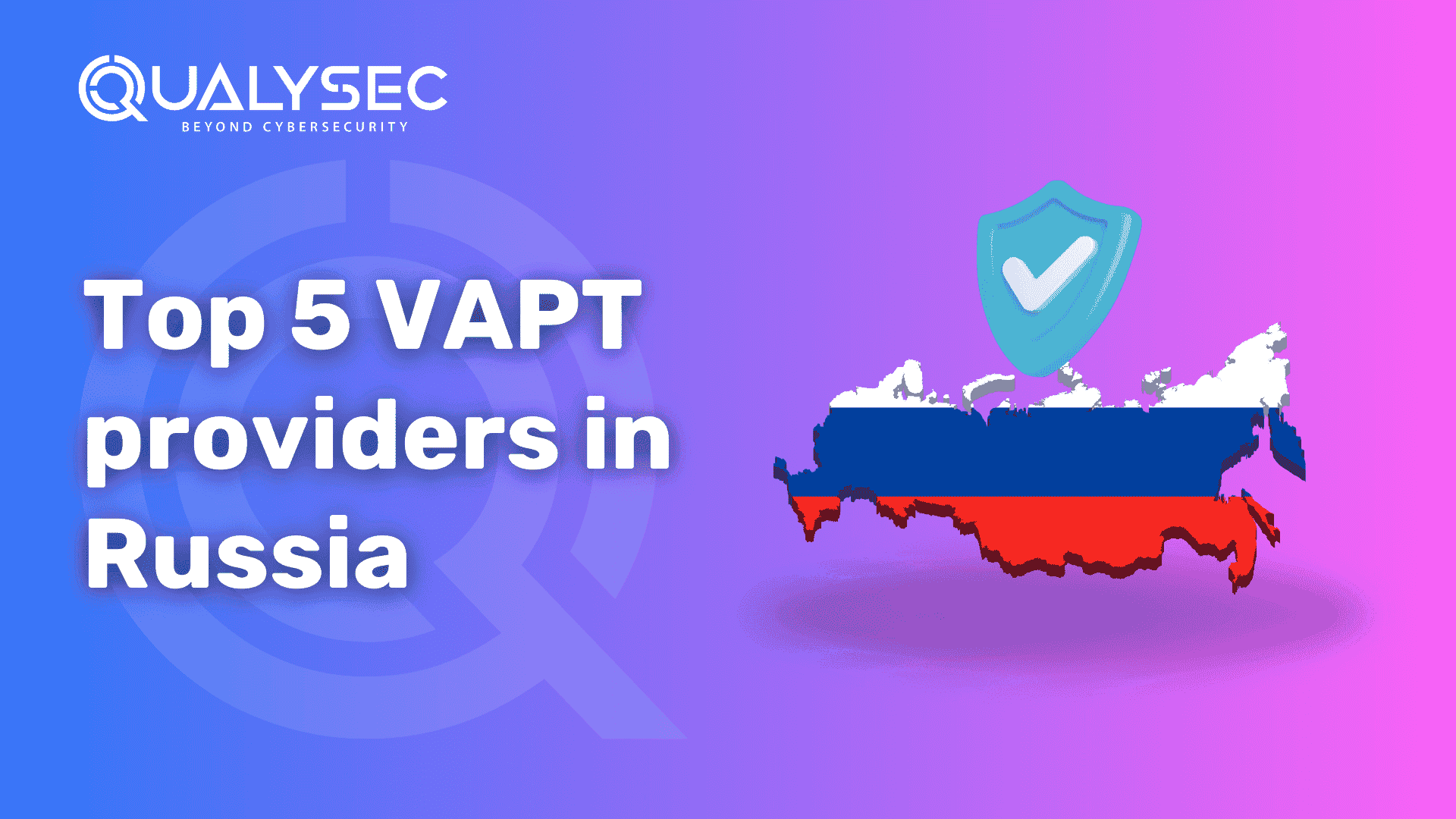
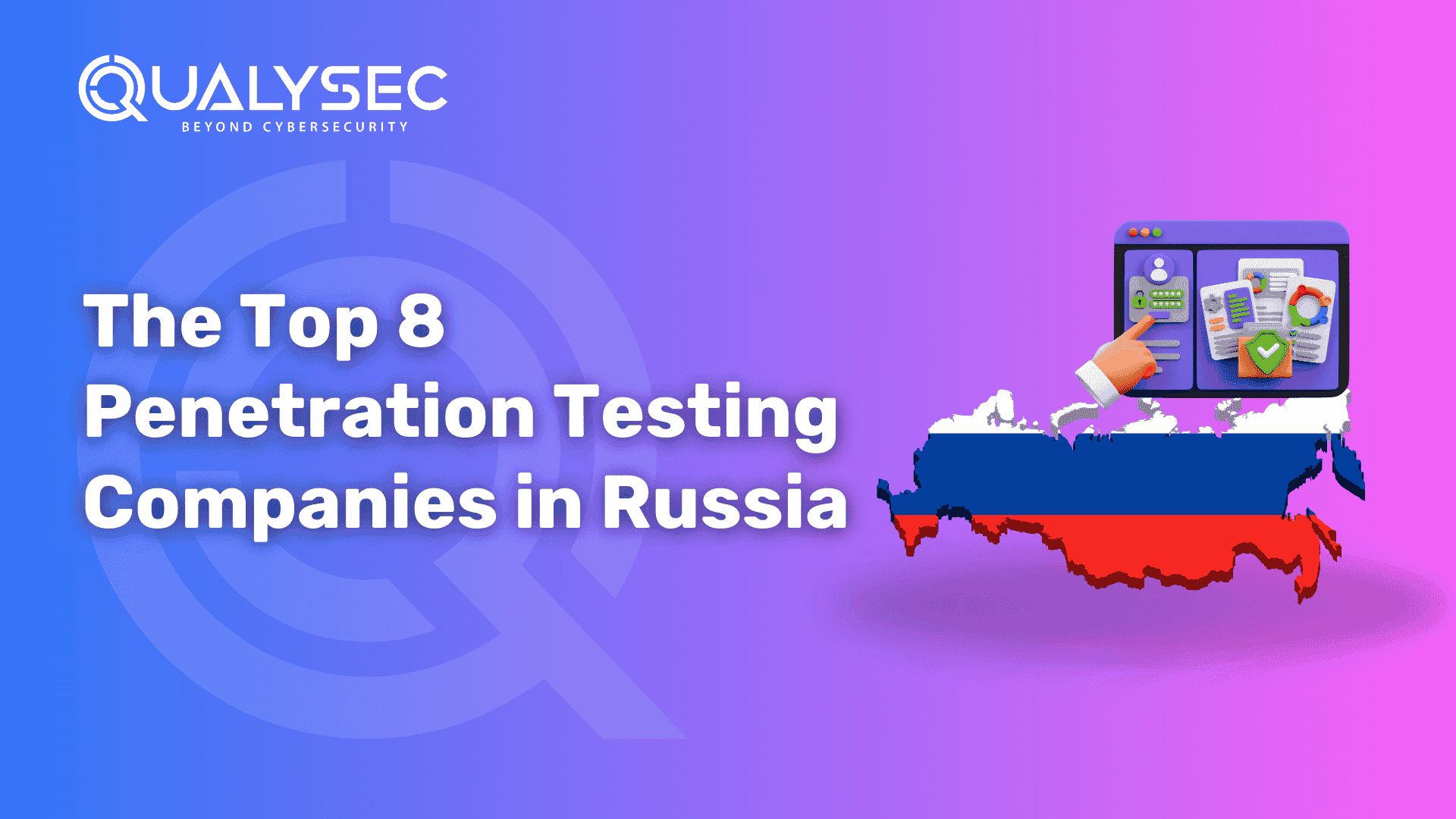
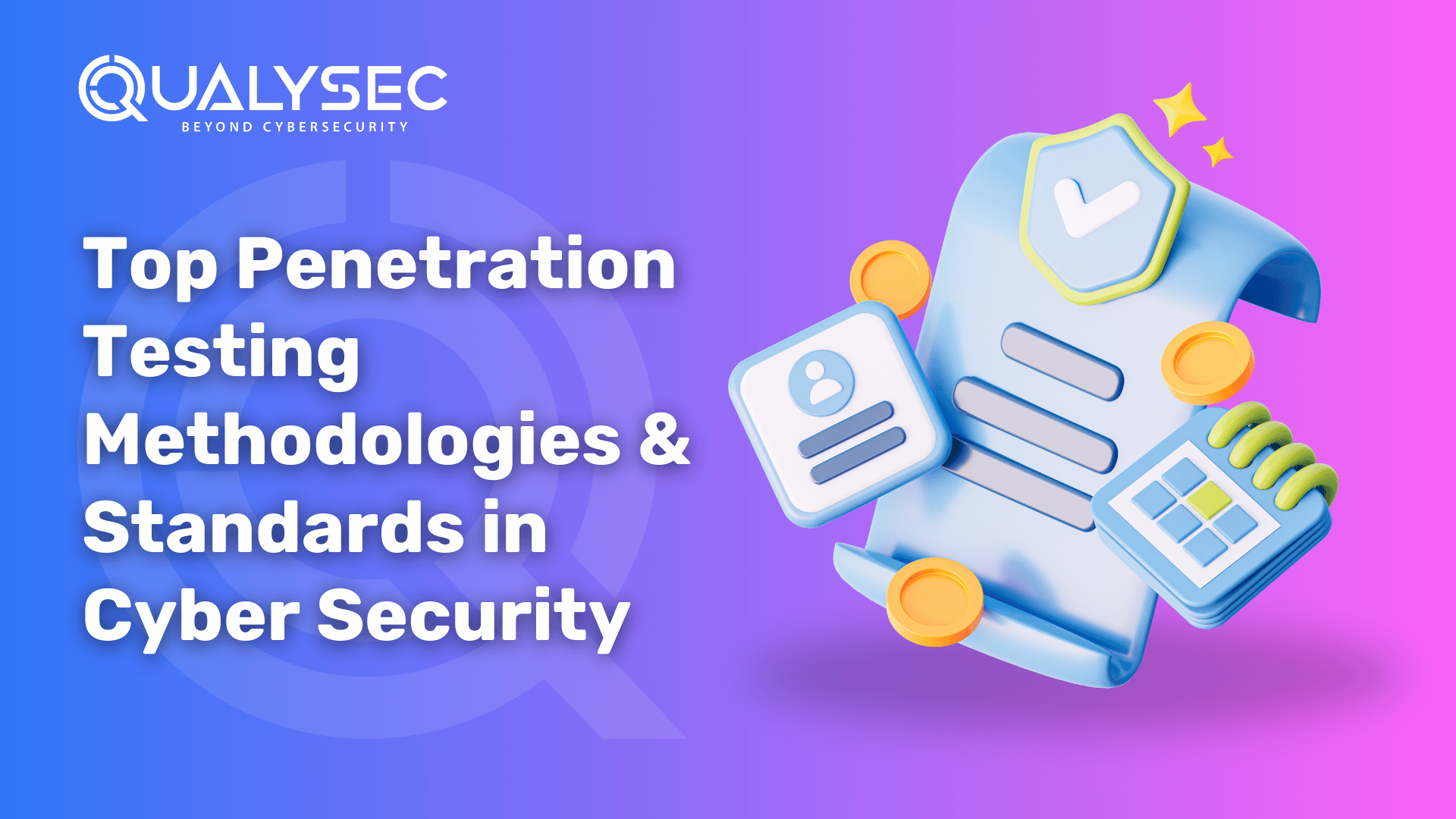
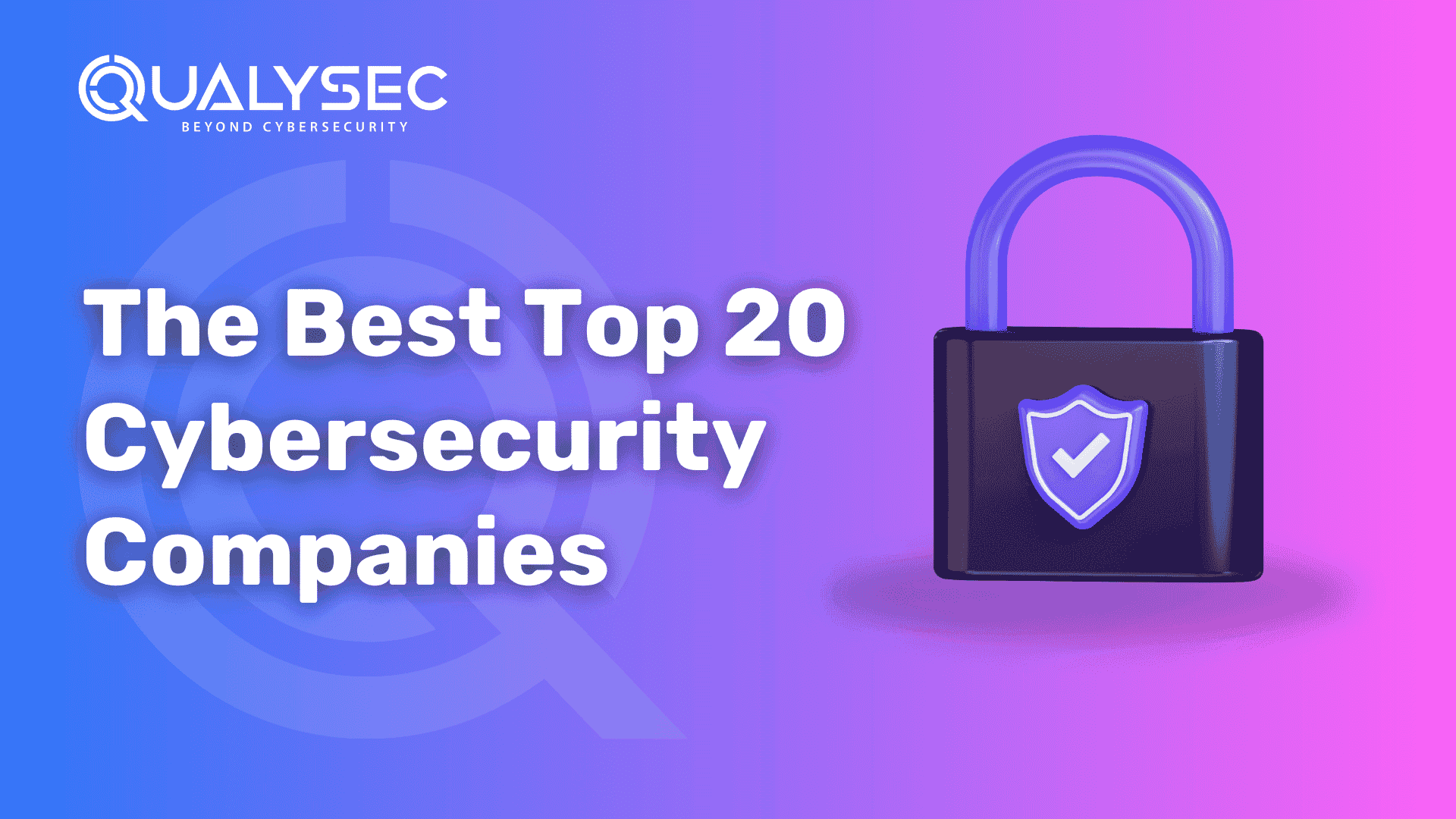
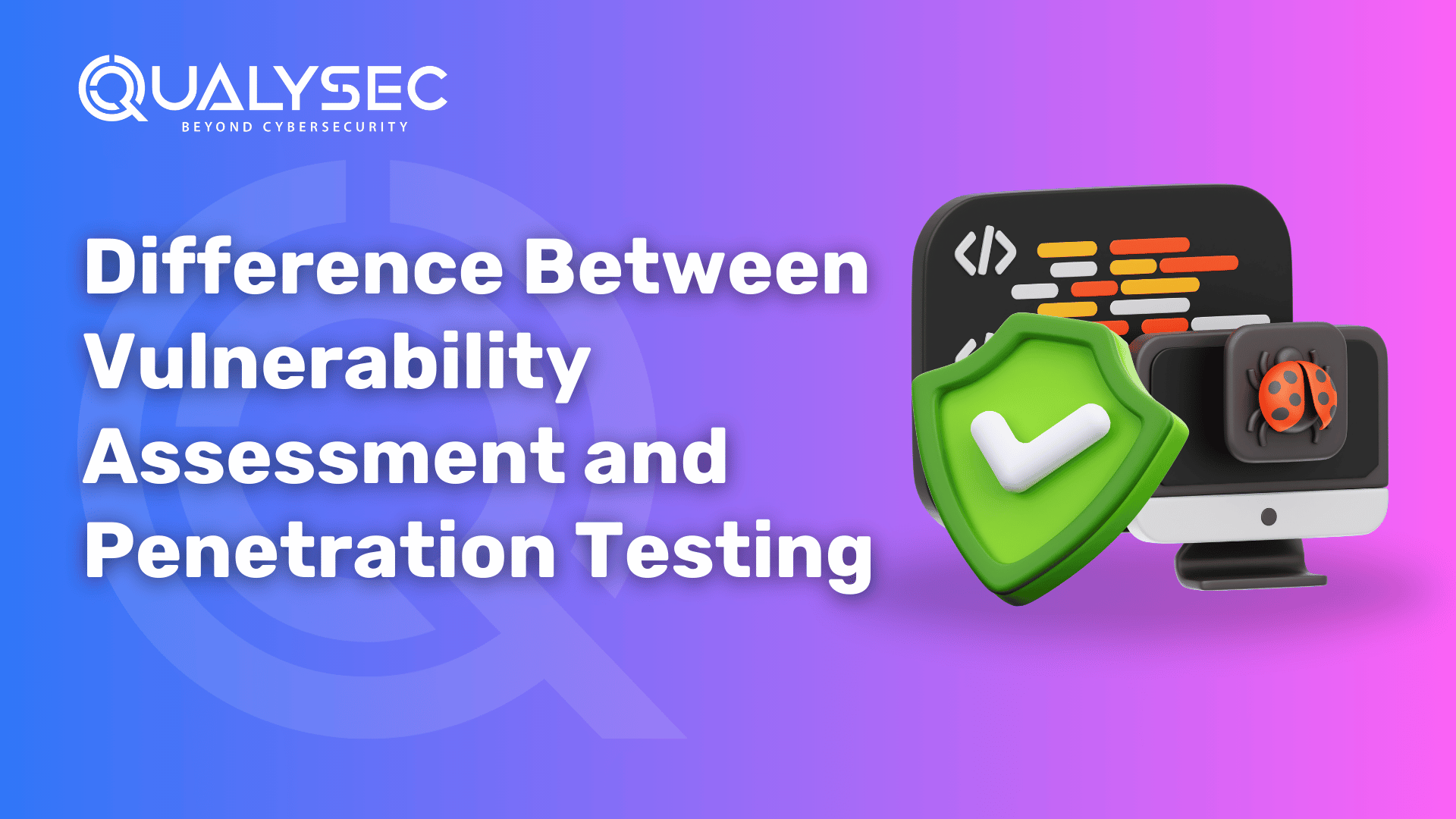
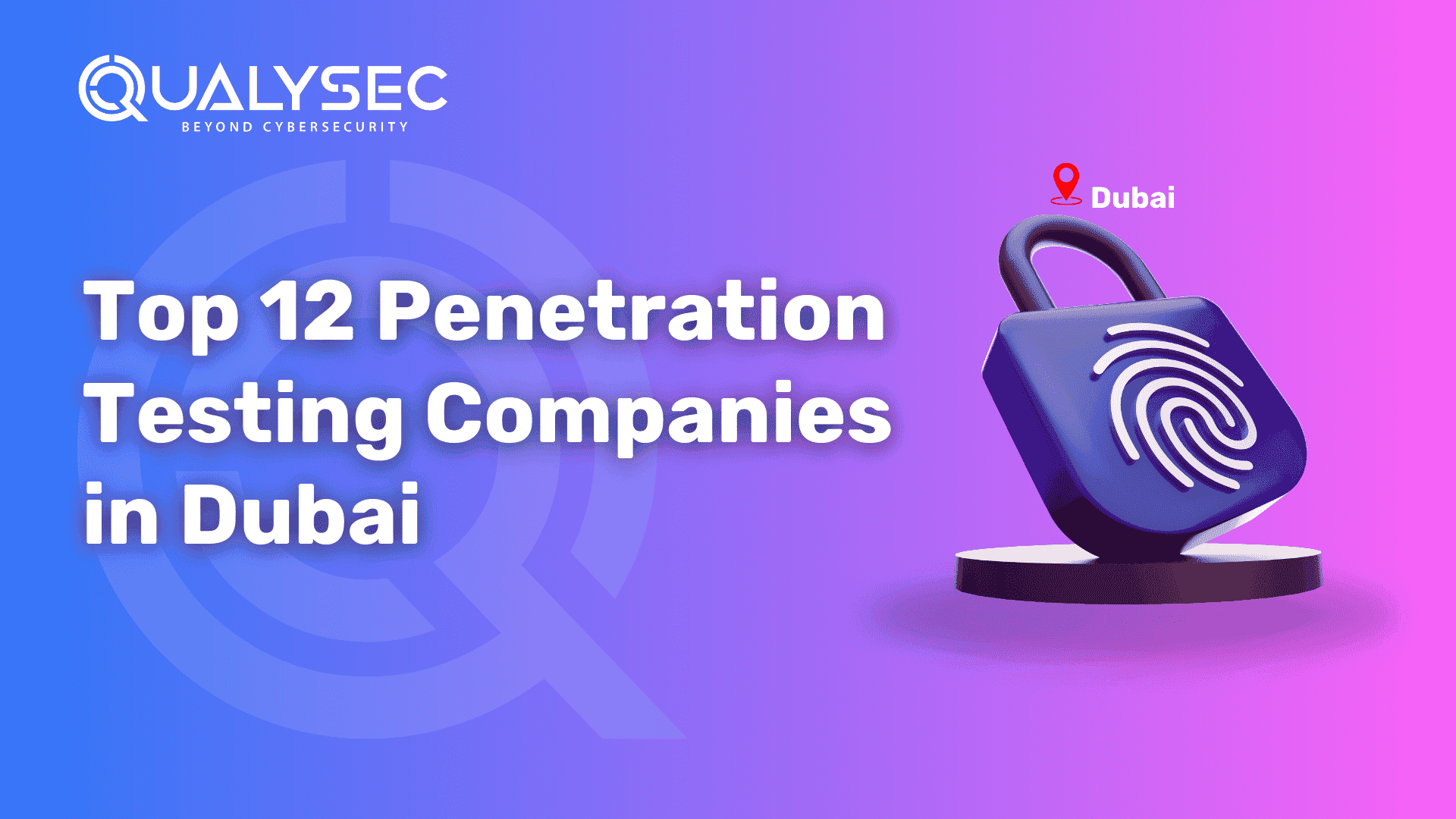
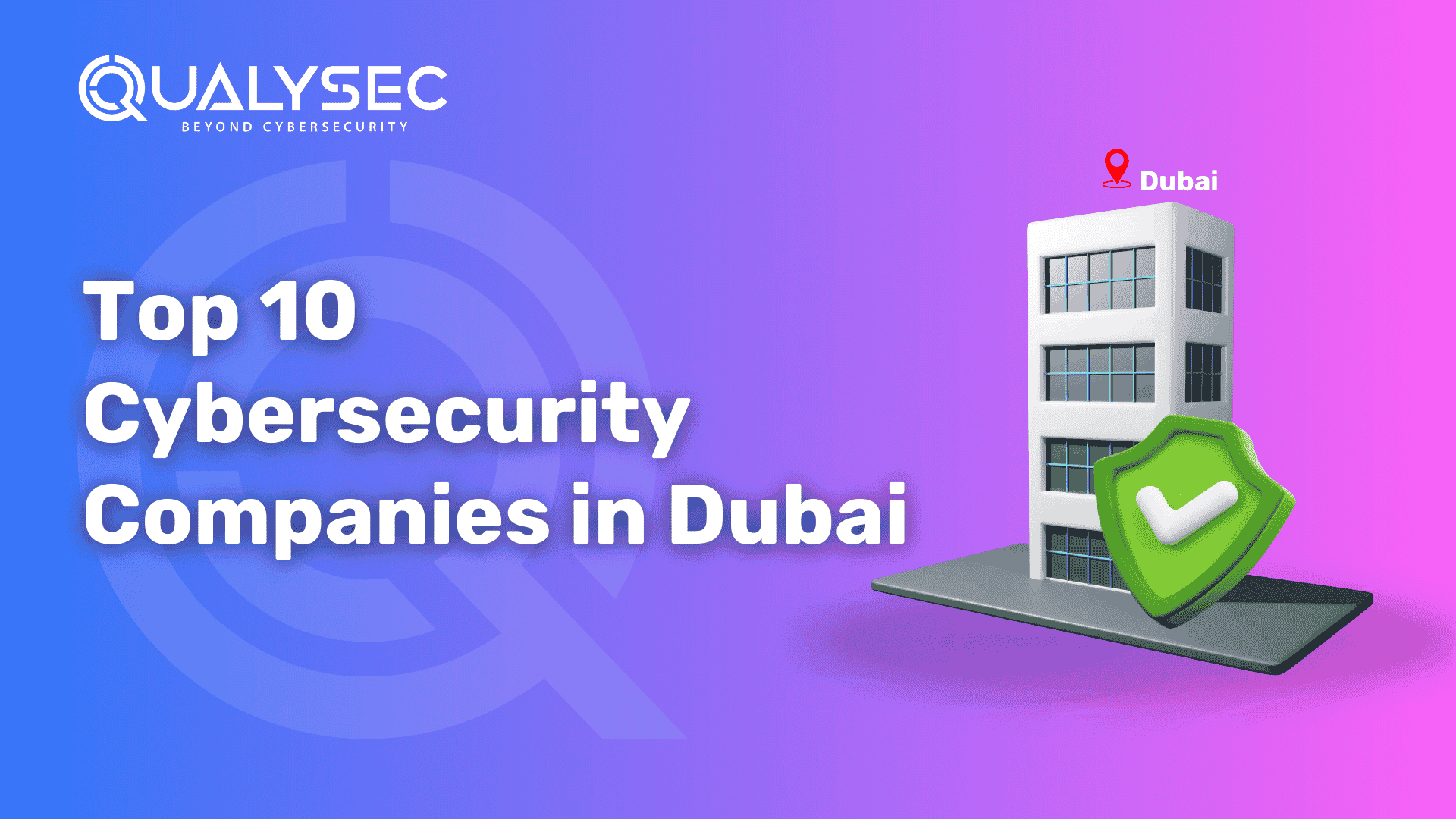
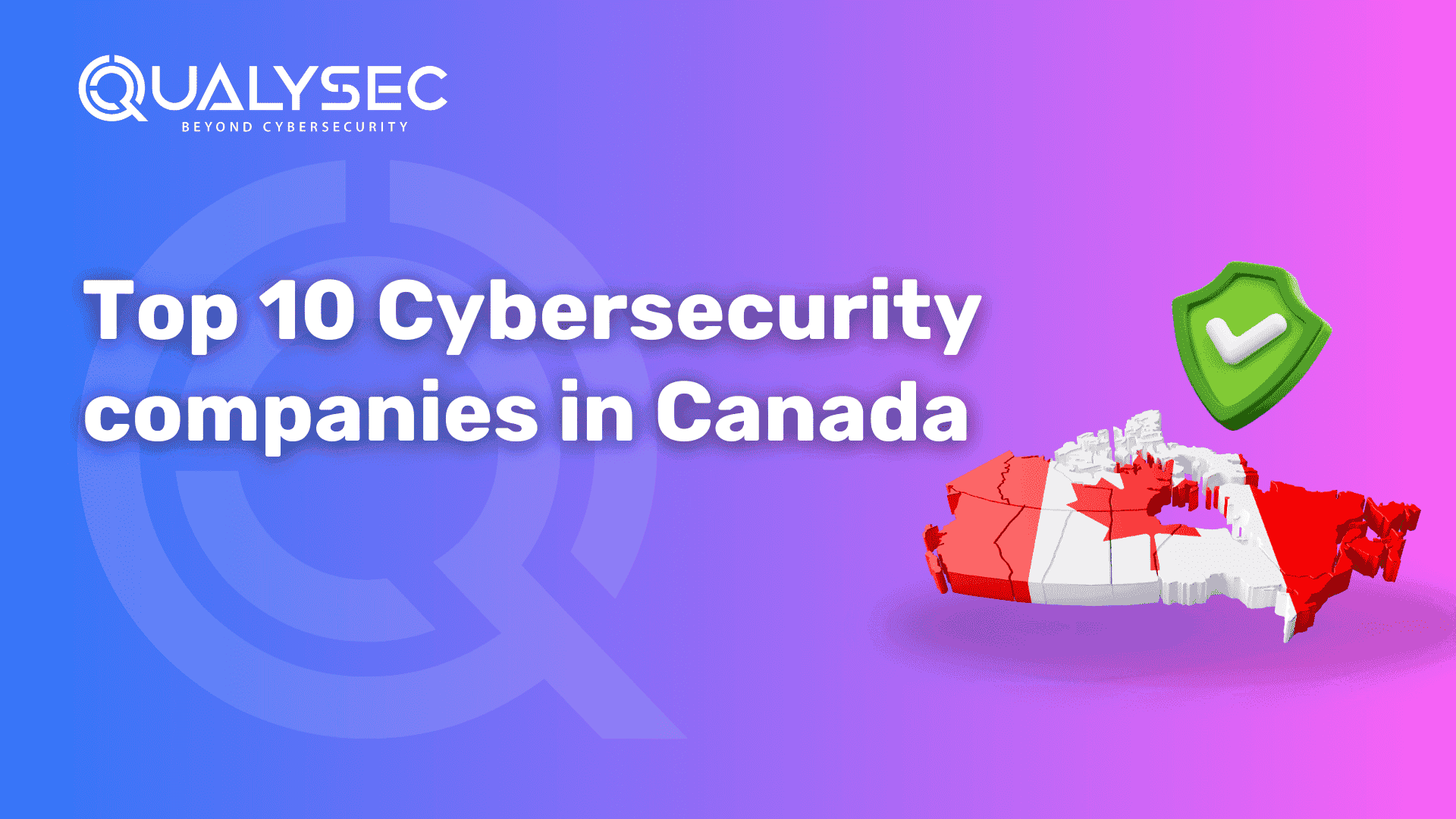
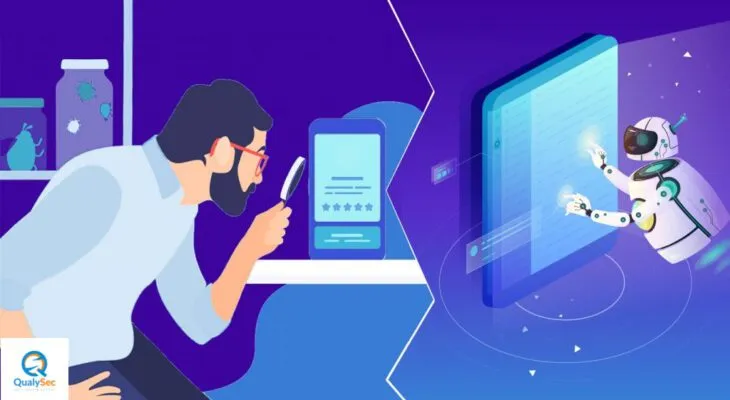



0 Comments